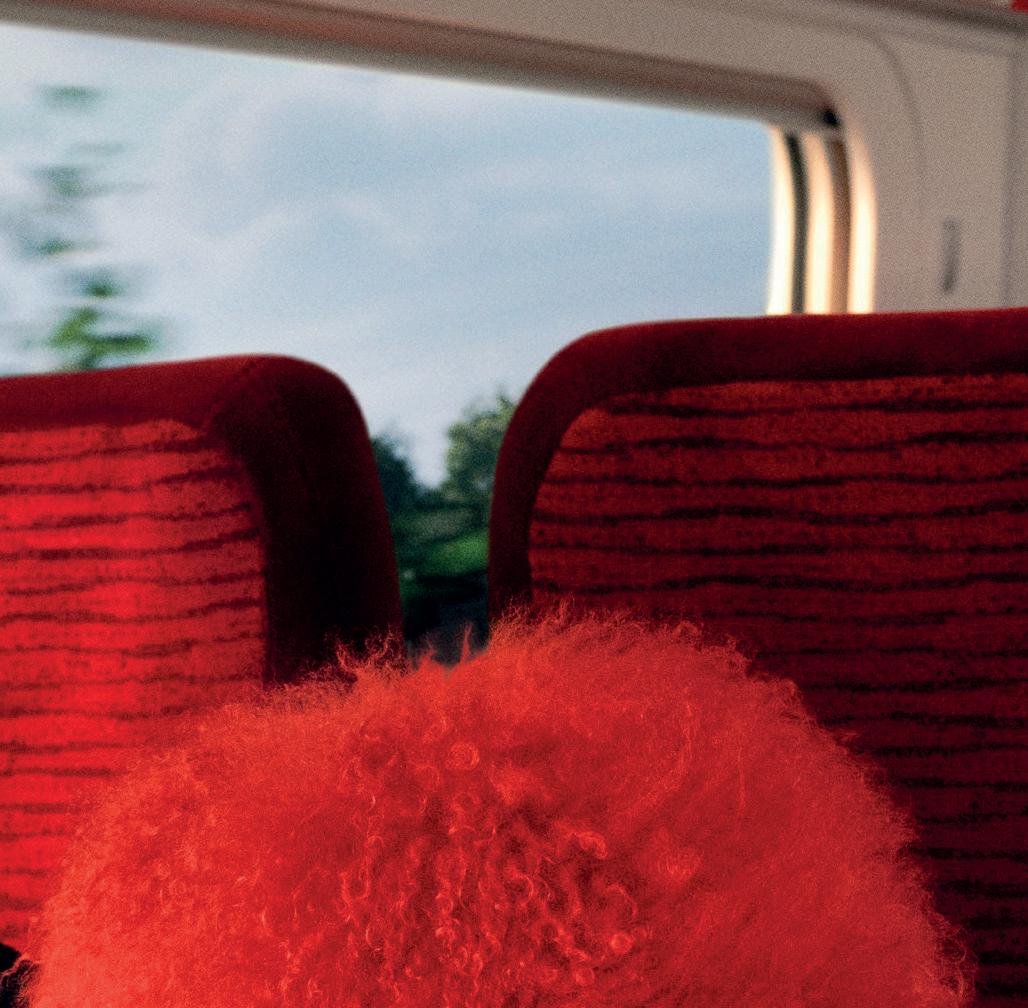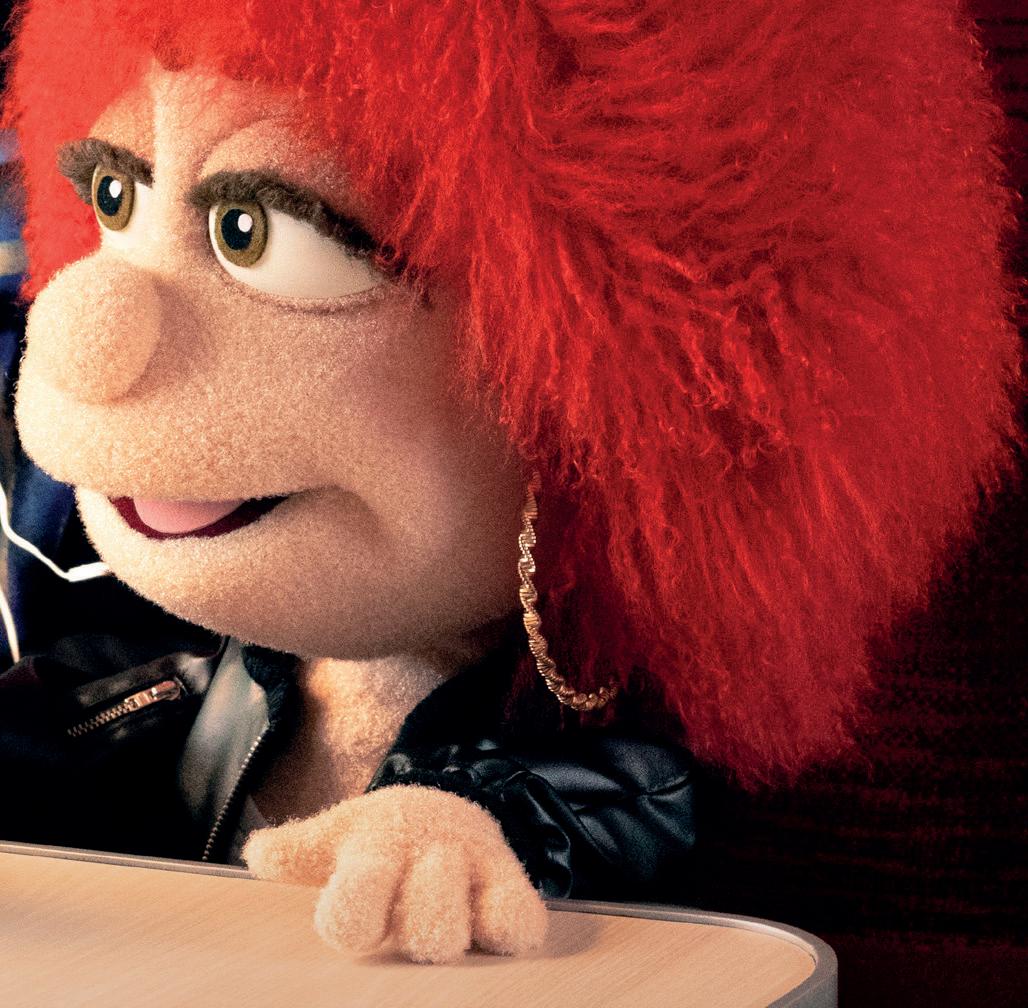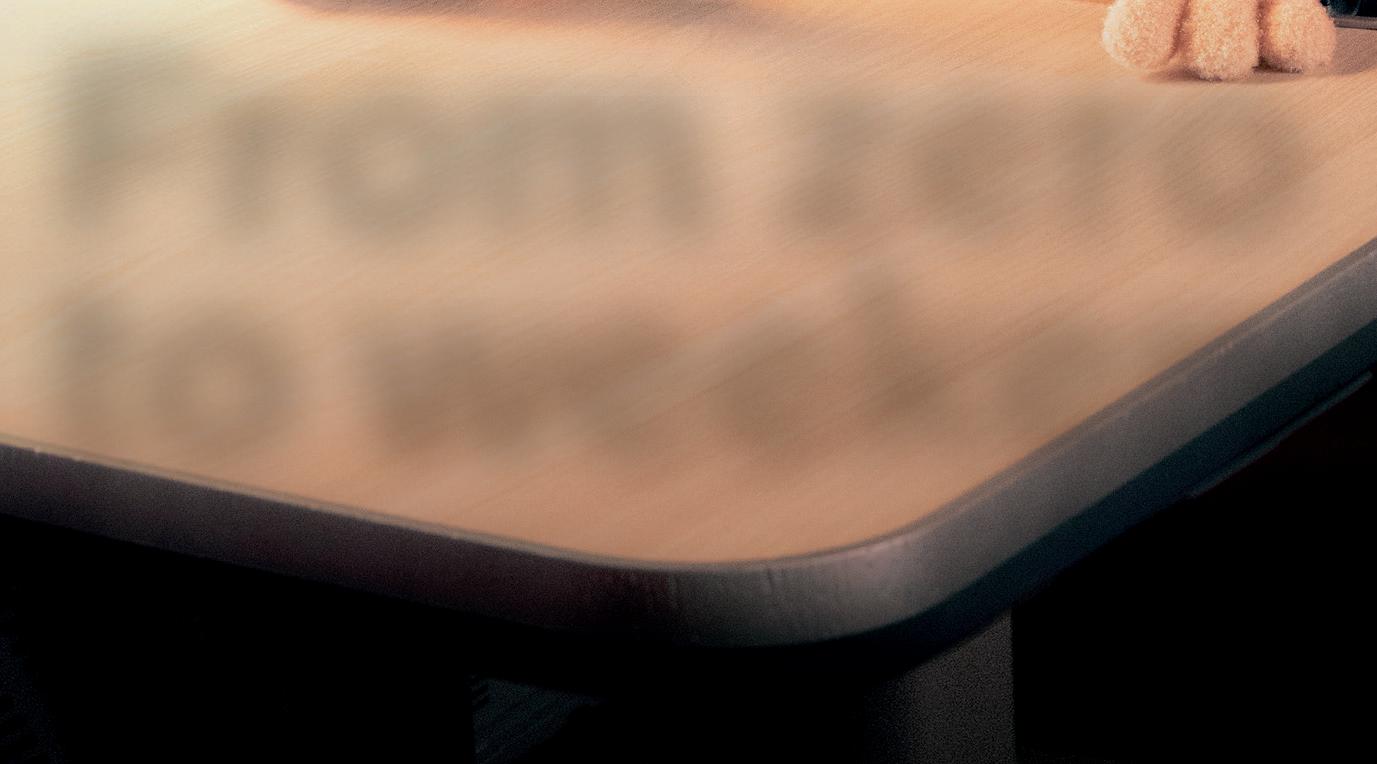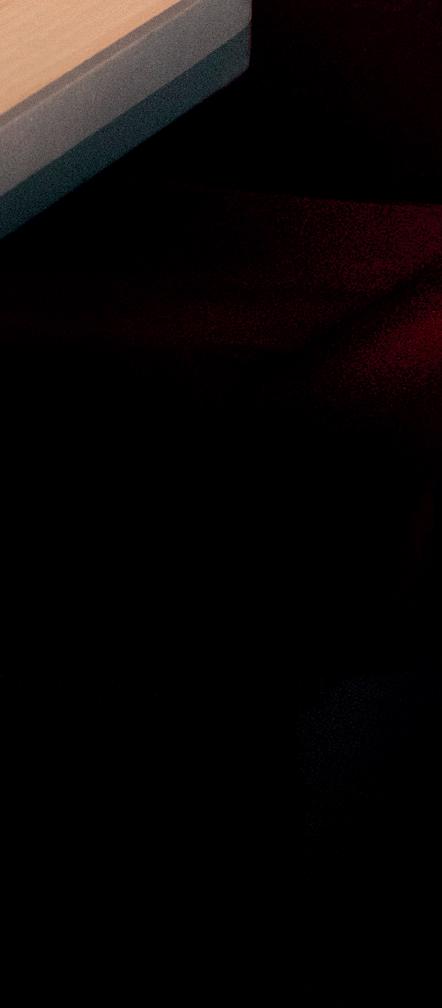
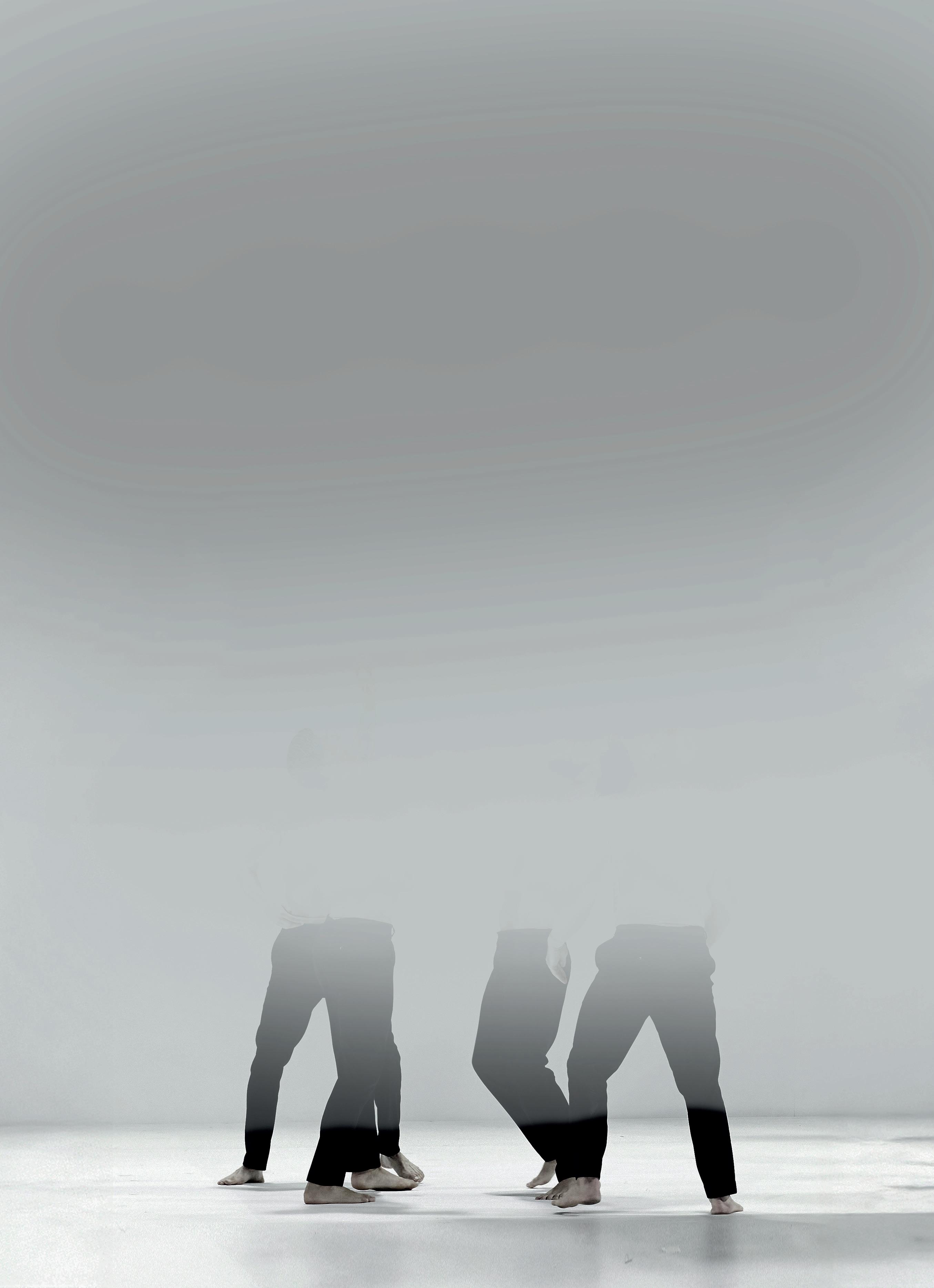
PUSSY RIOT



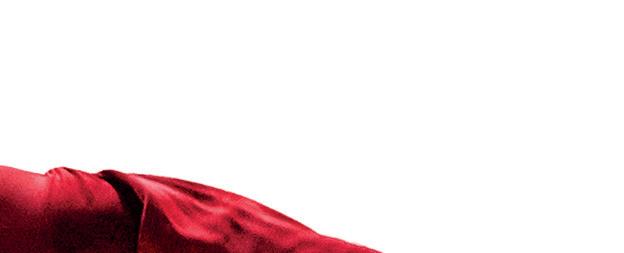
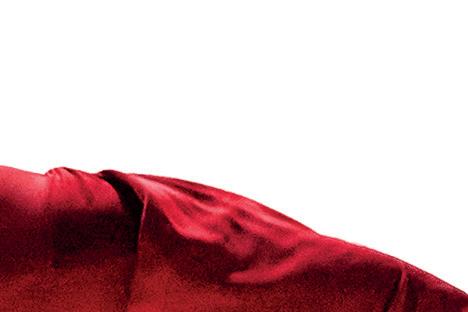






Orpheus & Eurydice
The circus-opera sensation that hits new heights
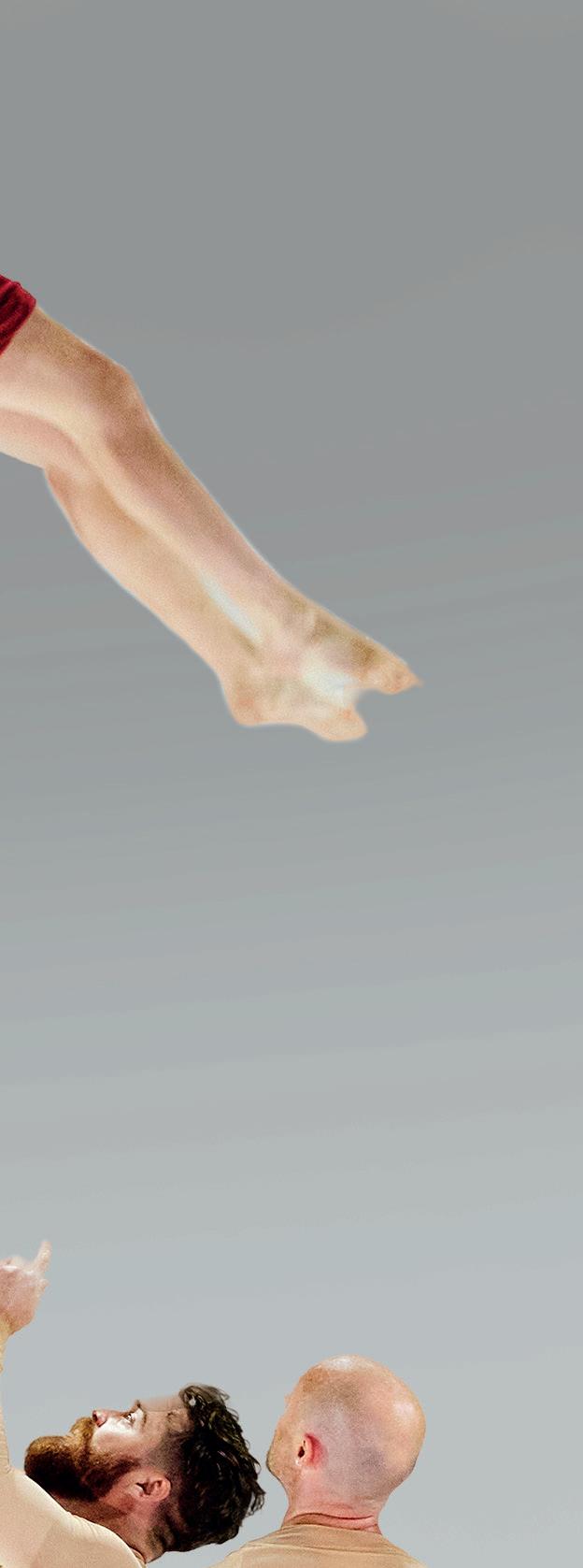

JESSICA FOSTEKEW
DANCE PEOPLE

PETER MACKAY

RAVEN CHACON

POPPY OKOTCHA

MAKE IT HAPPEN
SCORE

PETER DOHERTY

KARINE POLWART

FUNZ AND GAMEZ
THE GENESIS

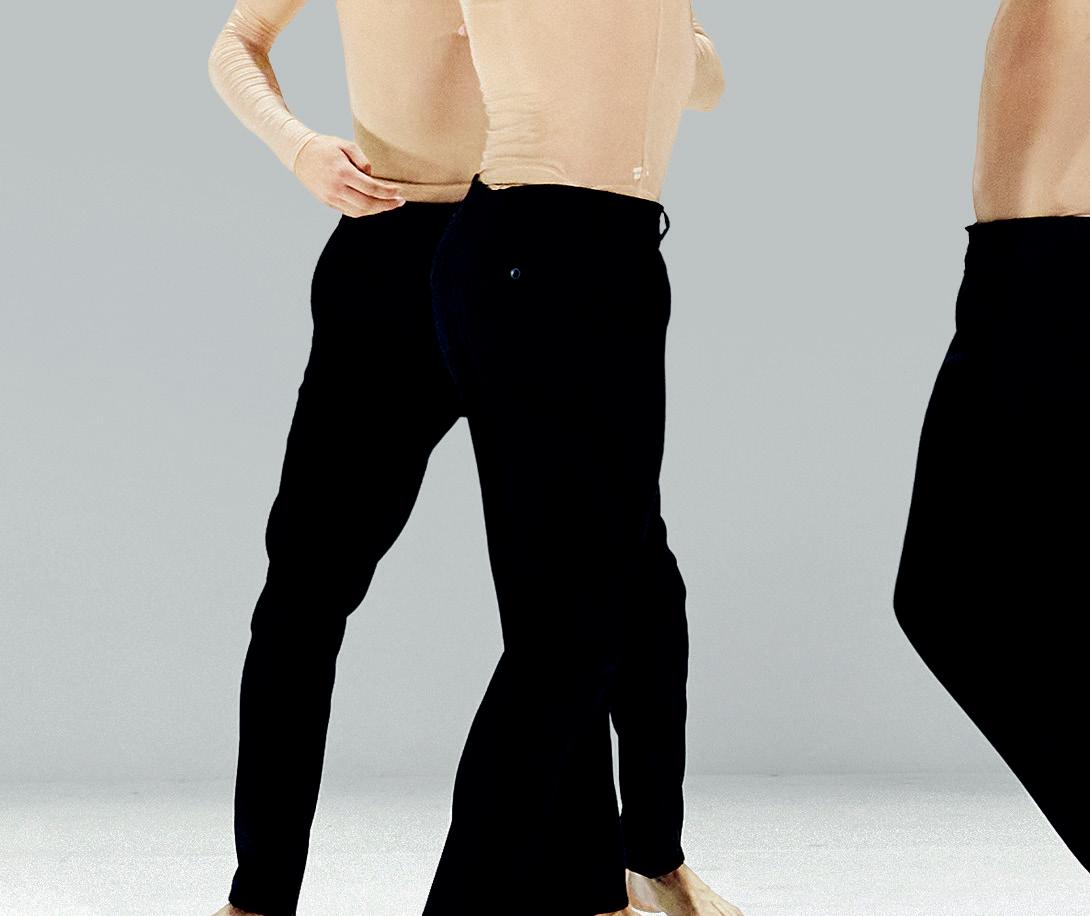

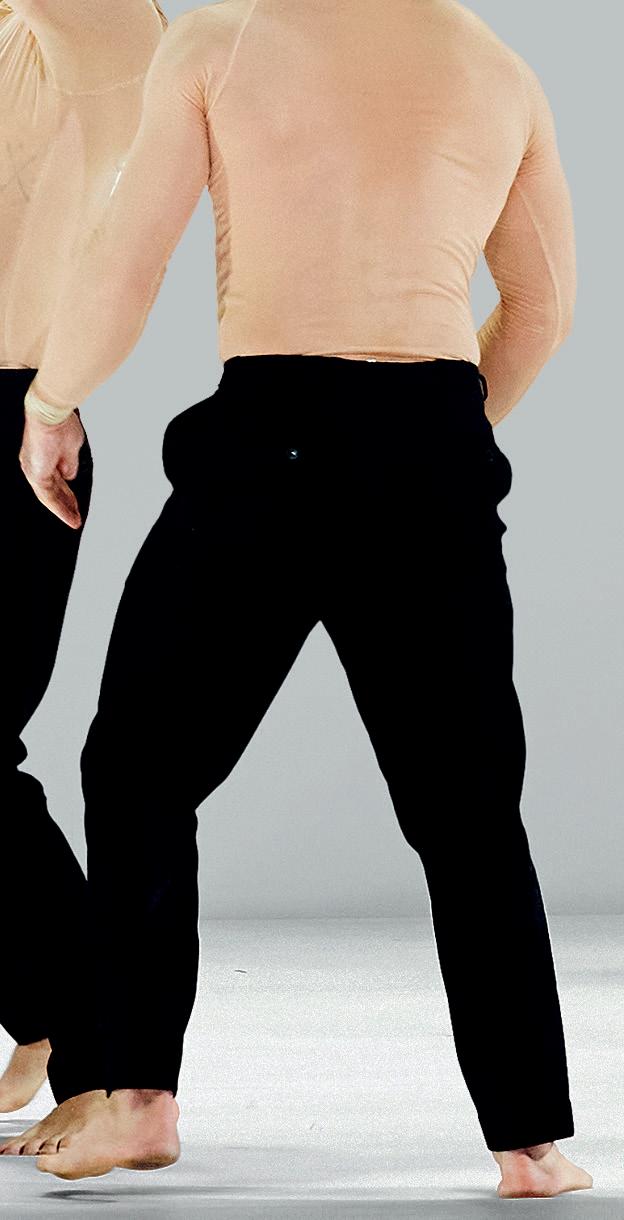
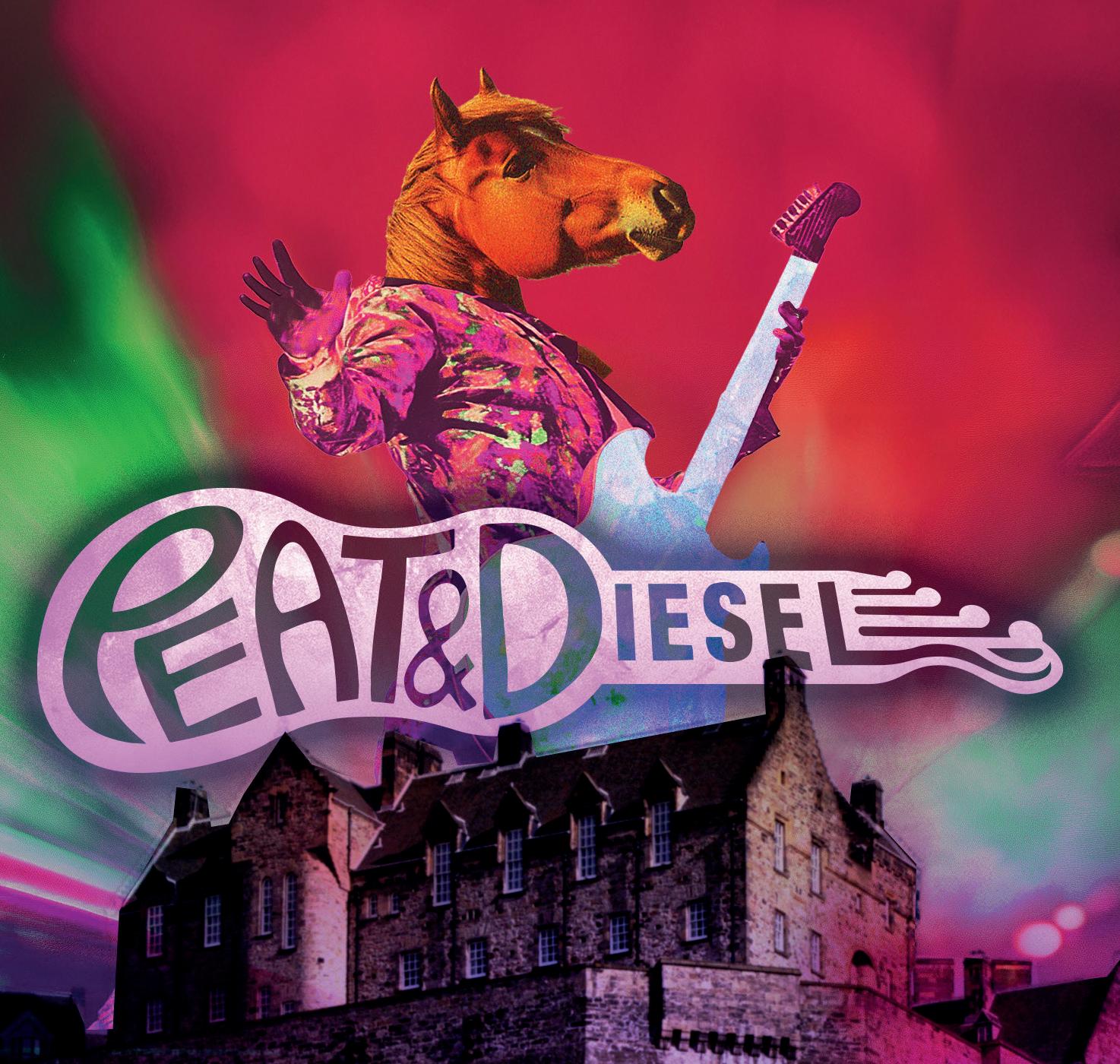





PUSSY RIOT













JESSICA FOSTEKEW
DANCE PEOPLE

PETER MACKAY

RAVEN CHACON

POPPY OKOTCHA

MAKE IT HAPPEN
SCORE

PETER DOHERTY

KARINE POLWART

FUNZ AND GAMEZ
THE GENESIS







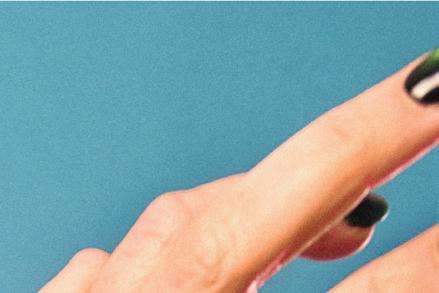


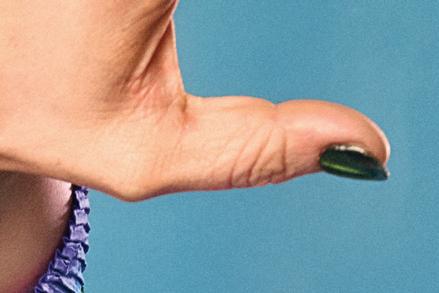
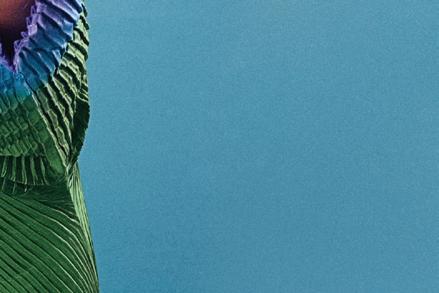
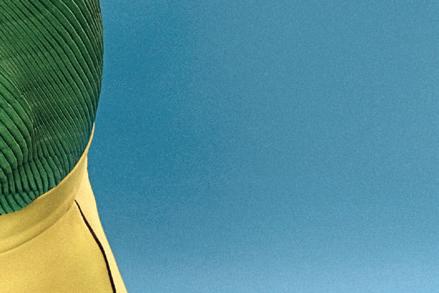
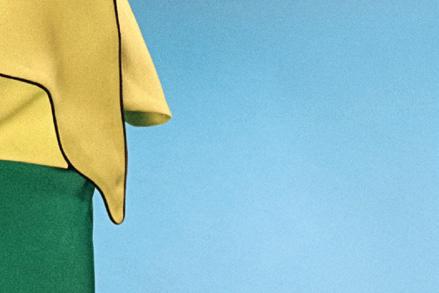
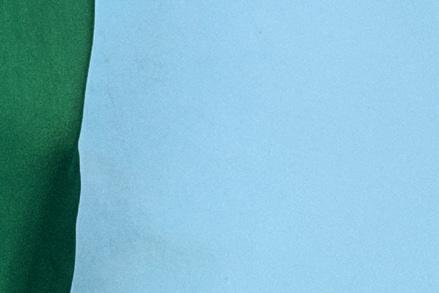
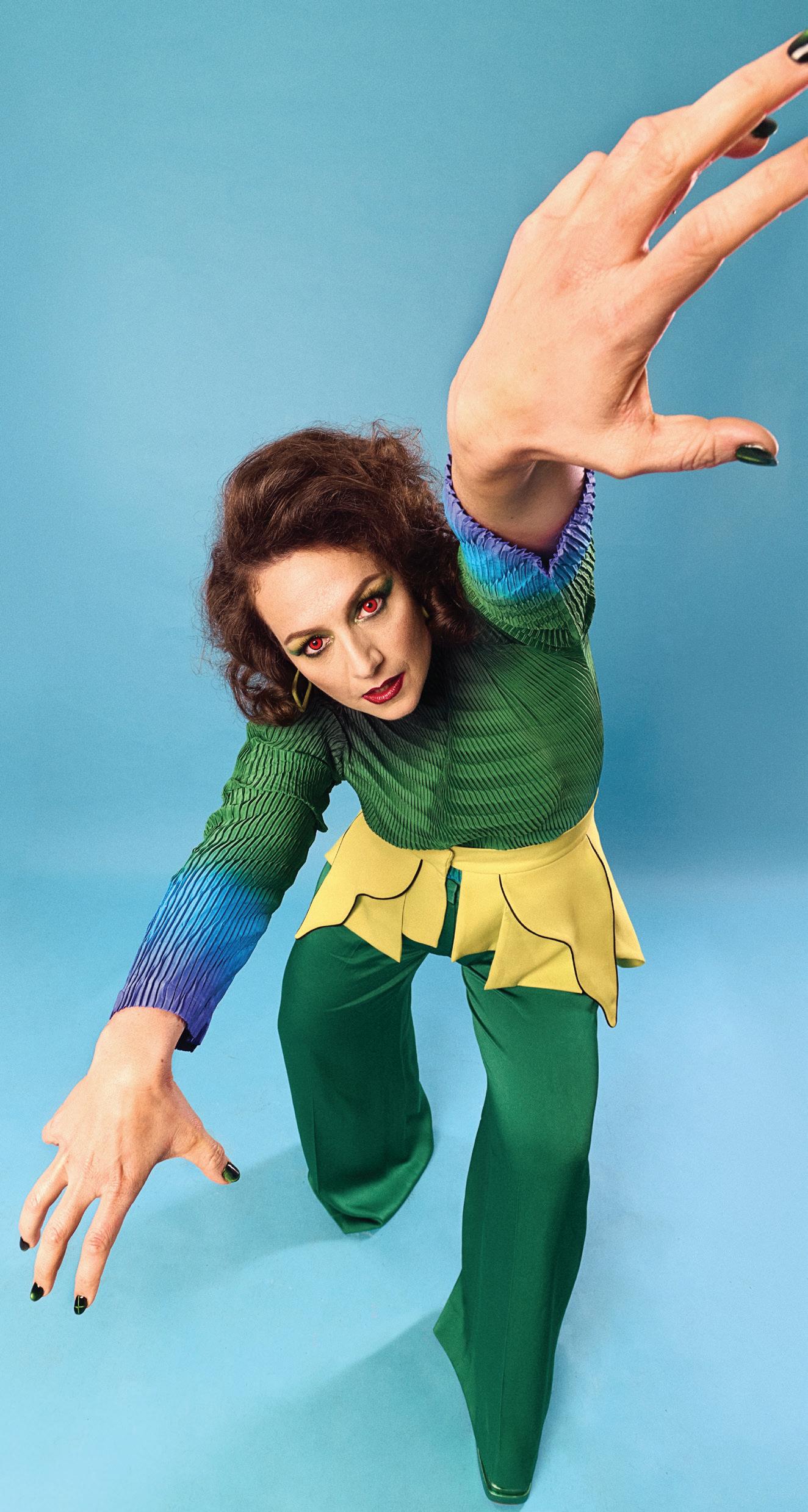

We’re approaching that spot during the Edinburgh Festival that no one has ever called the squeezed middle but it’s not necessarily a bad description of what’s coming next. The first flush and intense opening weekend of early Fringe shows is done, and acts are greedily spying that point in the run where they get a day off (unless they’re part of that special hardcore for whom a 24-hour period of not doing what they came up here to do is total and utter anathema).










While both the Fringe and International Festivals rage on (and we wonder out loud whose show will be the next one to get quite literally cancelled), the Book Festival comes into play and the Film Festival is just around the corner. We may have waved the Jazz Festival off last month but the echoing sounds of brass instruments can still faintly be heard in the Edinburgh haar. Anyway, what’s coming up in this issue? Well, those aforementioned early reviews have been rolling in and the five stars are being handed out to the fully deserving. No spoilers, but the worlds of dance and kids may be punching above their weight for full-marks shows while comedy critics are, as ever, terribly hard to please. Delighted to say the one-star slaughterings are nowhere to be seen on our pages . . . yet.
It isn’t all about the reviews though, as we have some excellent interviews also lined up. We speak to both the circus and music sides of the International Festival’s groundbreaking Orpheus & Eurydice, and hear perhaps a little too much detail about comic Jessica Fostekew’s home life. Fringe icon and Yorkshire organ-grinder John Shuttleworth reflects back on many Edinburgh Festivals and doesn’t quite seem to get it; but it’s ok, he’s just a made-up character. Punk collective Pussy Riot speak to us during a very busy Zoom encounter and we chat to our new Makar and history-maker Peter Mackay. We highlight two heavily innovative dance shows, Score and Dance People, have a very relaxed conversation with the former tortured troubadour Peter Doherty (you can tell he’s turned over a new leaf with the extra consonant in his forename) and Karine Polwart regales us with how a doomed plant brought her inspiration for a new theatre production. Fair to say, we have a varied selection of people and shows for you. Which feels like the dictionary definition of a festival.
Brian Donaldson EDITOR
Editorial Assistant Ione Gildroy
Writers
Radcliffe, Brian Donaldson, Carol Main, Claire Sawers, Dom Czapski, Dominic Corr, Eddie Harrison, Eve Connor, Fiona Shepherd, Gareth K Vile, Gary Sullivan, Greg Thomas, James Macfarlane, Jay Richardson, Jo Laidlaw, Kevin Fullerton, Lauren McKay, Lisa Simonis, Lucy Ribchester, Marissa Burgess, Megan Merino, Murray Robertson, Neil Cooper, Paul McLean, Rachel Morrell, Robyn Bell, Sean Greenhorn, Zara Janjua
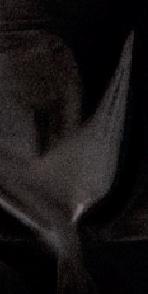








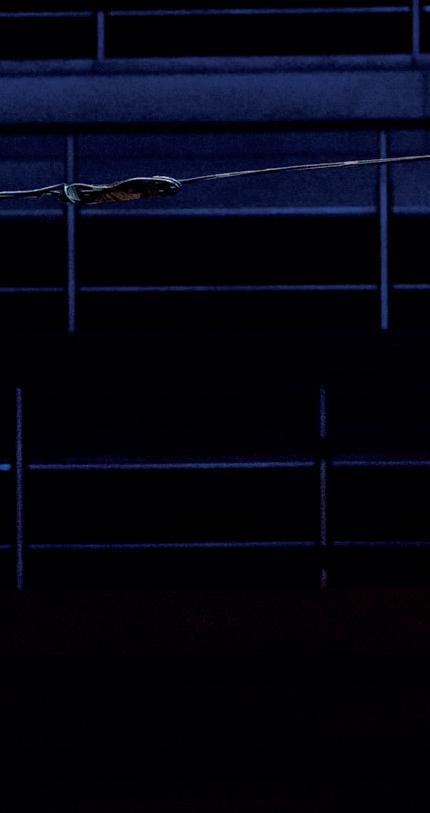
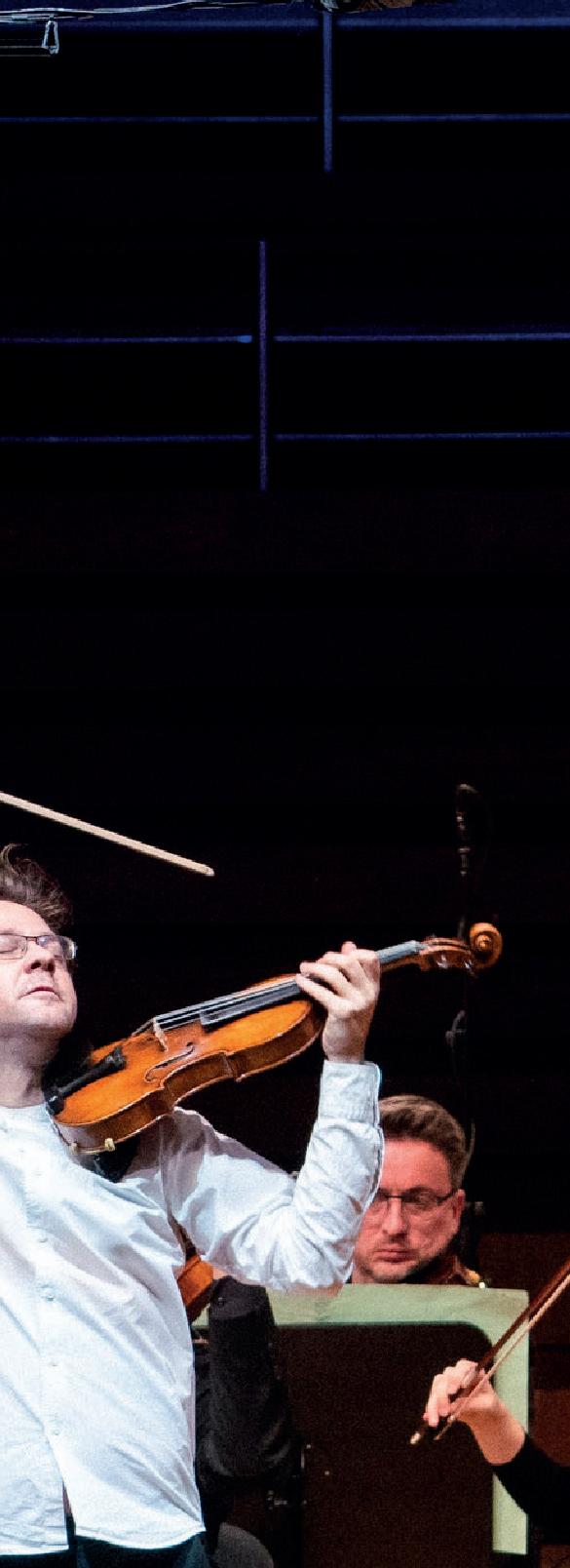



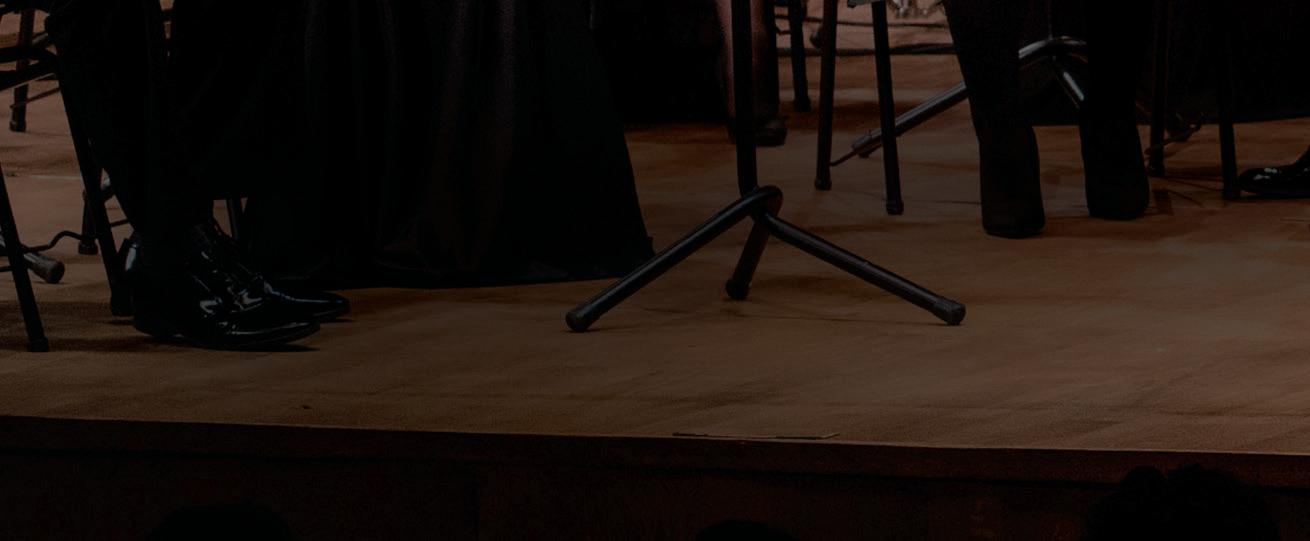
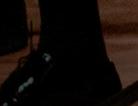
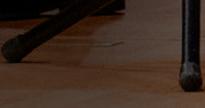
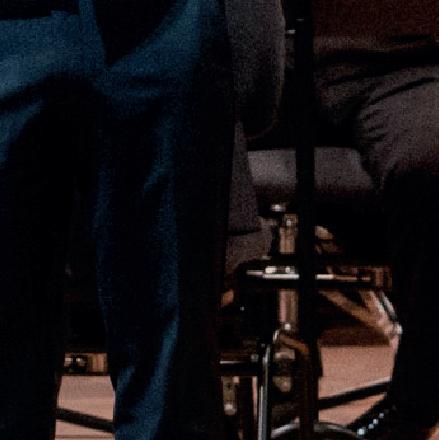
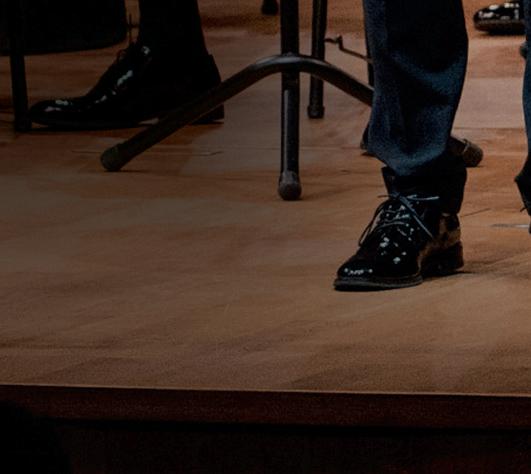
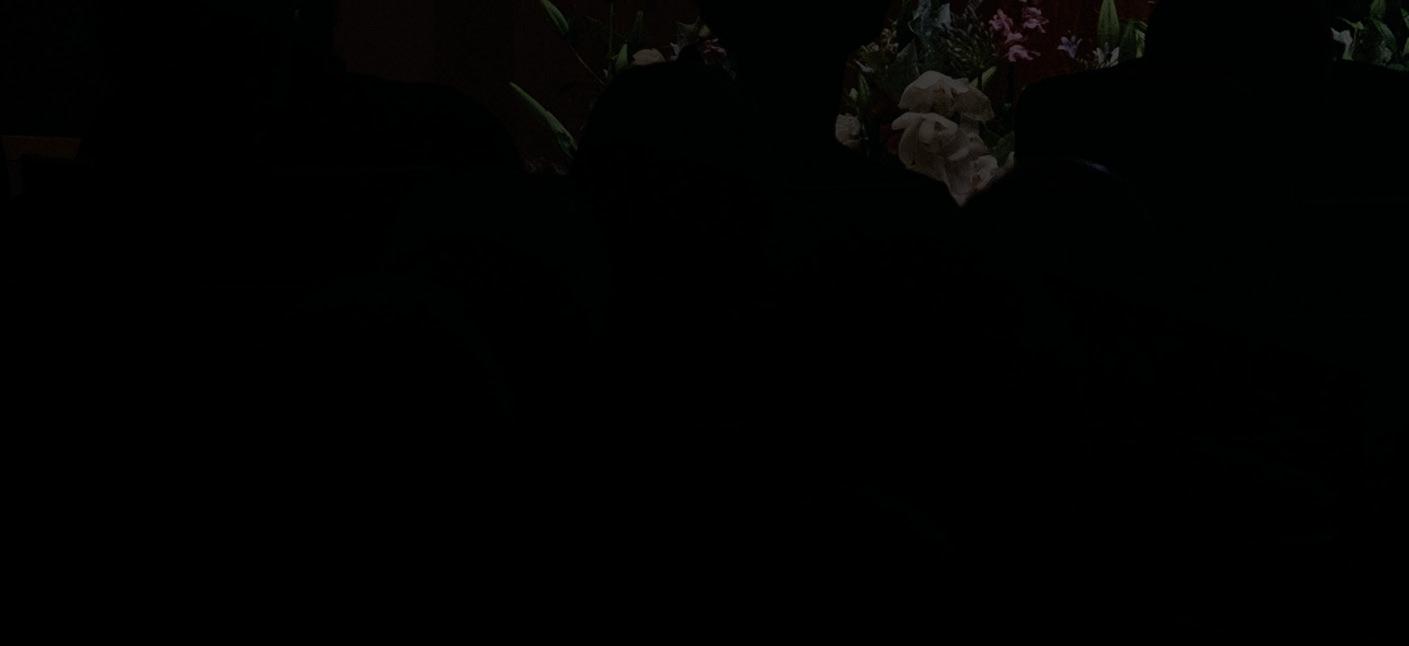
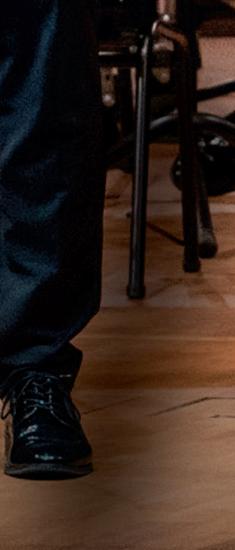

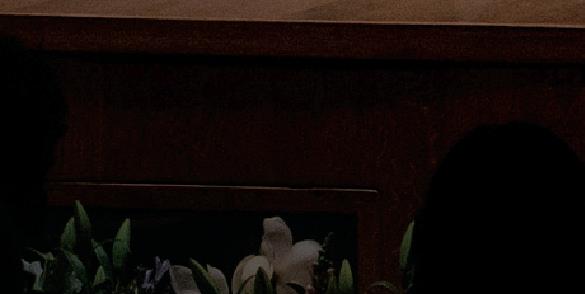










As his body sliced the air to the rhythms of ‘Abracadabra’ by Lady Gaga, a sudden grimace shot across LJ Marles’ face. This aerial acrobat had to descend from the sky as quickly as possible, unwinding the tension straps entwining him and landing on the round stage with an uncharacteristically graceless thud. It suddenly occurred to me why people thought Tommy Cooper was larking around when he literally died on stage; while Marles motioned to the sound desk to cut the music, the well-meaning crowd at La Clique whooped and cheered like this was part of the show. Only when he was carried off by his fellow performers did everyone realise this svelte acrobat’s leg was in tatters (he’s fine now, so the story has a happy ending).
Was this an omen of more injuries to come? A few days later, comedian Zara Gladman took to Instagram to share her anxieties about breaking her leg on a pavement and unwittingly sabotaging a debut run (although I’m pretty sure she could get decent mileage from the sight of her Glasgow West End mum character in a stookie).
Then, outside the Underbelly press launch, I spotted Summerhall Arts chief executive Sam Gough hobbling around in a leg brace. Grievous slips, trips and falls stalked me with the stubborn insistence of a PR on a vendetta. What if I witnessed something even more horrible onstage? Maybe I’d even see a death. How would I review a fresh corpse? Five stars out of sympathy for the bereaved or one for the pathetic failure to finish their hour?
Made me cry: I hope you mean with laughter. I don’t think they do sad at the Edinburgh Fringe, do they? Well, to be honest nothing has made me cry with laughter as this ‘alternative’ humour isn’t really my sort of thing. I prefer Les Dennis, Tom O’Connor, or Scotland’s finest export, The Krankies. So you won’t get any tears from me in Edinburgh. Oh, I’ve just remembered that Greyfriars Bobby story about the dog who waited faithfully for his master, even though he’d died (so it was rather foolish of the dog to do that, although in fairness he perhaps didn’t know the protocol). But that was a very sad story and hearing about it made me quite tearful.
Our intrepid diarist Kevin Fullerton gads about town to see what’s occurring in Fringeland. A lot of body bits, as it turns out. Meanwhile, never mind the savage reviews, most agony is piling on performers from unexpected directions
So far, I’ve been safe. What I have witnessed in abundance is cocks; an absolute forest of flaccid man muscle. This first week has been less WIP and more WOP (Wealth Of Penises). From, again, La Clique, in which a performer dipped his shrunken schlong into one lucky audience member’s pint, to Garry Starr’s phenomenal Classic Penguins, in which the award-winning clown wears flippers, a smoking jacket and nothing else. I’ve also spied a plethora of boobs, fannies and, in a particularly confronting experience, a gaping asshole less than one metre from my face (Editor note: are you referring to me?).
Over at Summerhall, I hear that both performers’ genitalia made prolonged cameos during Creepy Boys’ show Slugs. Nudity is a given round these parts (a fact that isn’t celebrated enough by critics who believe they’re too mature for a round of crotch examination), but never have I witnessed it in such incredible quantities, averaging at least one glimpse every three hours. Speaking of volume, I’ve recently taken to listening to Fringe shows through a concrete wall. The List office is located in the basement of Assembly Roxy, which means we share a partition with a performance space. As such, I’ve been able to review several shows based on their decibel-level alone, an experiment I’d recommend to anyone who wants to emulate the experience of being locked in a shed next to a building site. Kit Loyd: Frenzy describes itself as a ‘frenetic’ hour of physical comedy and thus sounds like a dead body crumpling to the ground every five minutes. Maybe that’s exactly what’s happening, and finally my chance to review a corpse is within my grasp.

In this weekly series, we ask Edinburgh Festival veterans which shows or performers have touched their hearts or pushed their buttons. This time around, Sheffield sensation and Bontempi barnstormer John Shuttleworth tells us which things . . . an Shuttleworth
to understand it because it was too ‘alternative’ for me, but now I get it, and I’d say at its best it rivals Noel’s House Party. Well, it’s not quite as funny, obviously, but it’s heading that way.
Made me angry: Most of the shows on the Fringe make me angry, because they’re far too whacky for a normal family man like myself. And my wife Mary wouldn’t be happy having to negotiate all those cobbles; if she ever came up which, no offence, she wouldn’t. She might, I suppose, if there was an adaptation of Call The Midwife or Doc Martin, instead of all this weird stuff they put on. Let’s have some traditional ‘end of the pier’ innuendo, interspersed perhaps with impressions of Frank Spencer or former chancellor Denis Healey. Or, for that contemporary edge, Arnie in The Terminator
Made me laugh: I once saw a young man dressed as a Victorian chimney sweep slip on the cobbles and drop all his show flyers. As he tried to pick them up, a big gust of wind blew them all away and he began dashing about frantically trying to retrieve them. Well, I found it hilarious; it was like watching a task off Taskmaster, which is such a zany show, don’t you think? I didn’t used



Made me think: I once planned to walk up Arthur’s Seat but then thought better of it as my show was starting in half an hour at the Pleasance. So I just thought about Arthur’s Seat, and my main conclusion was he must’ve had an enormous bottom. And then after I thought some more, I decided Arthur was a bit silly making a seat at the top of the mountain because although I’m sure there’s a splendid view from there, there’s nothing to do really. He could’ve made a nicer more practical seat down in the city near the shops and cafés, and close to all the Fringe venues. What a plonker Arthur clearly was!


Made me think twice: The price of accommodation in Edinburgh now during the Fringe has made me think twice. It’s so expensive that this year I’ve decided to stay in a Travelodge in Kinross and travel by train each day to Edinburgh to do my show before returning to Kinross. The good news is there’s a garden centre next to the Travelodge so I can go there for me tea, and possibly my breakfast before I set off. I presume there’s a café there? I don’t know about you, but it amazes me that garden centres are still selling plants. Don’t they realise that people just want the café? Come on garden centres: wake up and smell the leek and potato soup!
John Shuttleworth: Raise The Oof, Pleasance Courtyard, 11 August, 5.40pm; 12–15 August, 4pm.


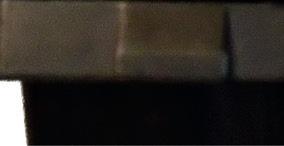
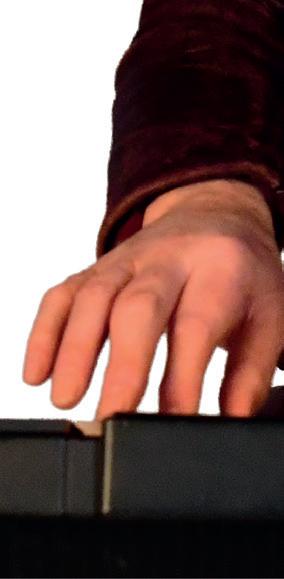
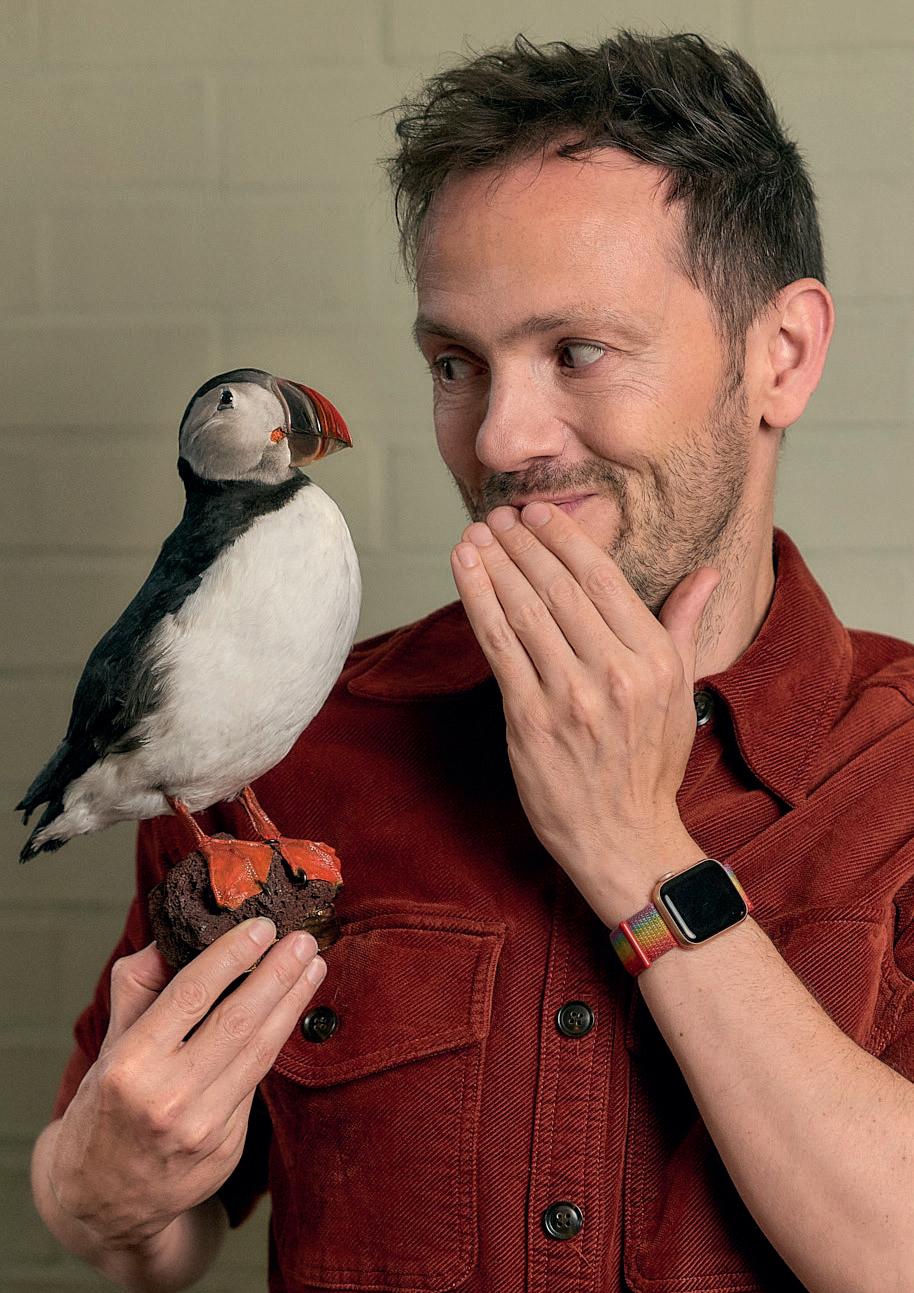
When Björk first spoke about chowing down on roasted puffin, opinion was somewhat divided. There is very little (we’d say no) chance of Stuart Laws getting his gnashers into the cute little guy he’s pictured with here. To reward him for such noble restraint, you can go and see several Laws endeavours this month including the beer mat-flipping championships, two comedy sets, and a filmed work-in-progress crowdwork show, while he’s also formed a new double act called Preppers with one Matt Sandstorm. Who’s a pretty boy, then? No, wait, wrong P bird . . . Go to our website (or his) for details on all of Stu’s shows.

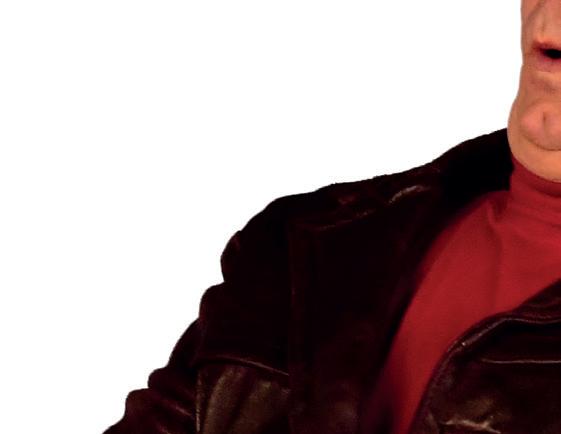

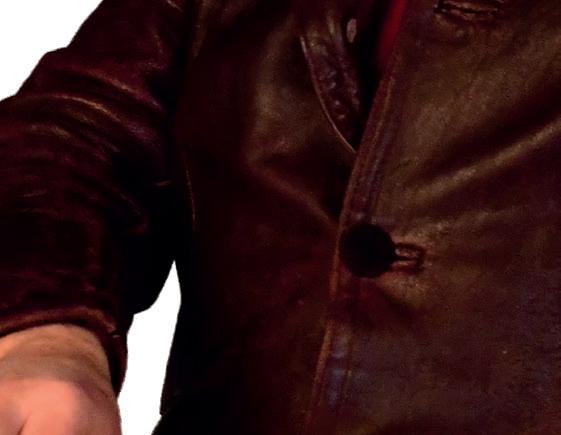
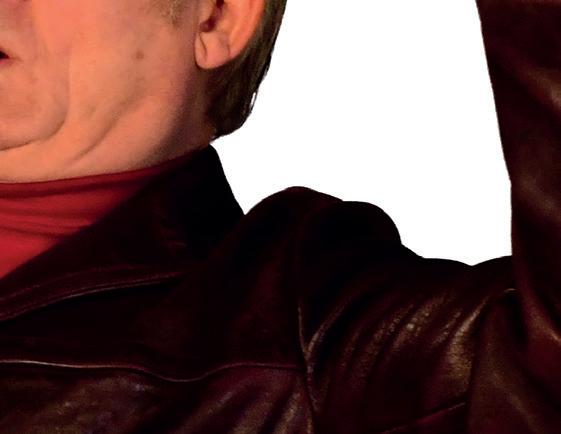
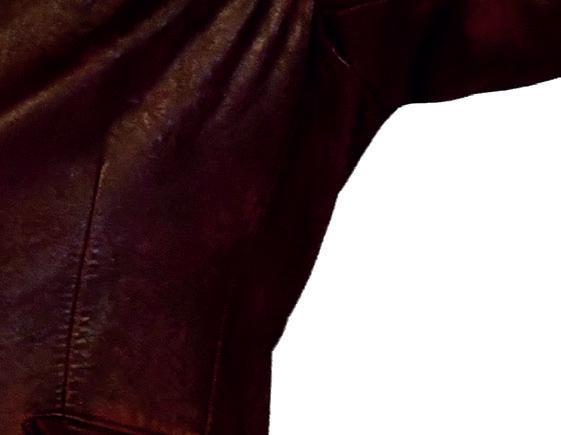

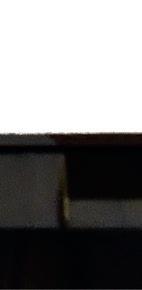
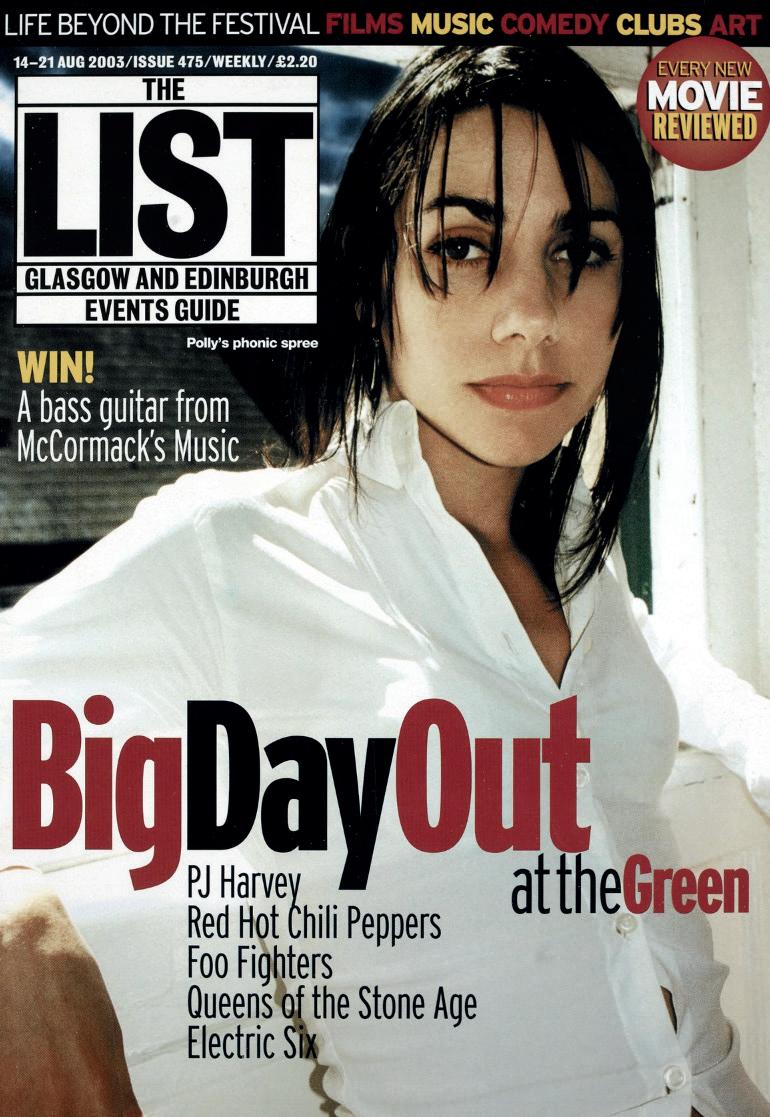
We look into The List’s 39-year back catalogue to see what was making headlines this week in decades gone by
This week we travel back to 2003 when a jam-packed one-day festival on Glasgow Green was upon the horizon, featuring a performance from cover star PJ Harvey. Meanwhile, over in the capital, Festival happenings were in full swing (our supplement starring Billy Boyd on that cover had it all covered) with leading literati launching a bid to make Edinburgh a UNESCO-recognised City Of Literature. Spoiler alert: they were successful . . . Head to archive.list.co.uk to read our past issues.
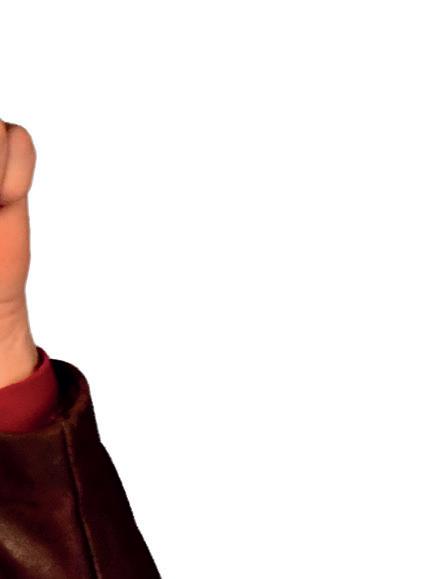
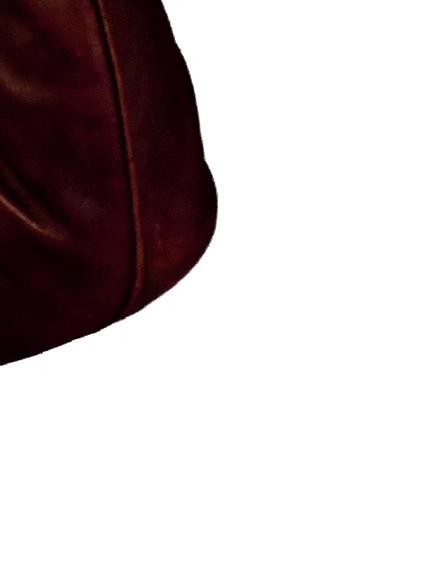
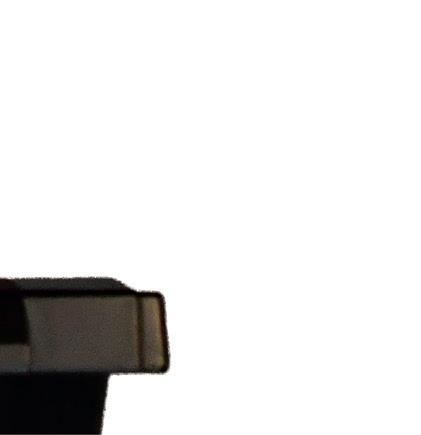
We're in the thick of August madness so if you’re still teetering on the edge, let this soundtrack immerse you fully in what Edinburgh has to offer. Wrap your ears around music by the likes of Pussy Riot, Muse, Kate Bush, Karine Polwart, Bon Iver, Remi Wolf, Charlie Parker, Chopin and Genesis. In this PlayList, you’ll either find artists who are specifically featured within the issue or song titles which are little tangential easter eggs: in between seeing shows, you can have fun working them all out
Scan and listen as you read:

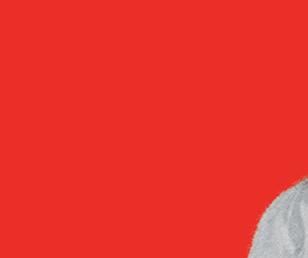
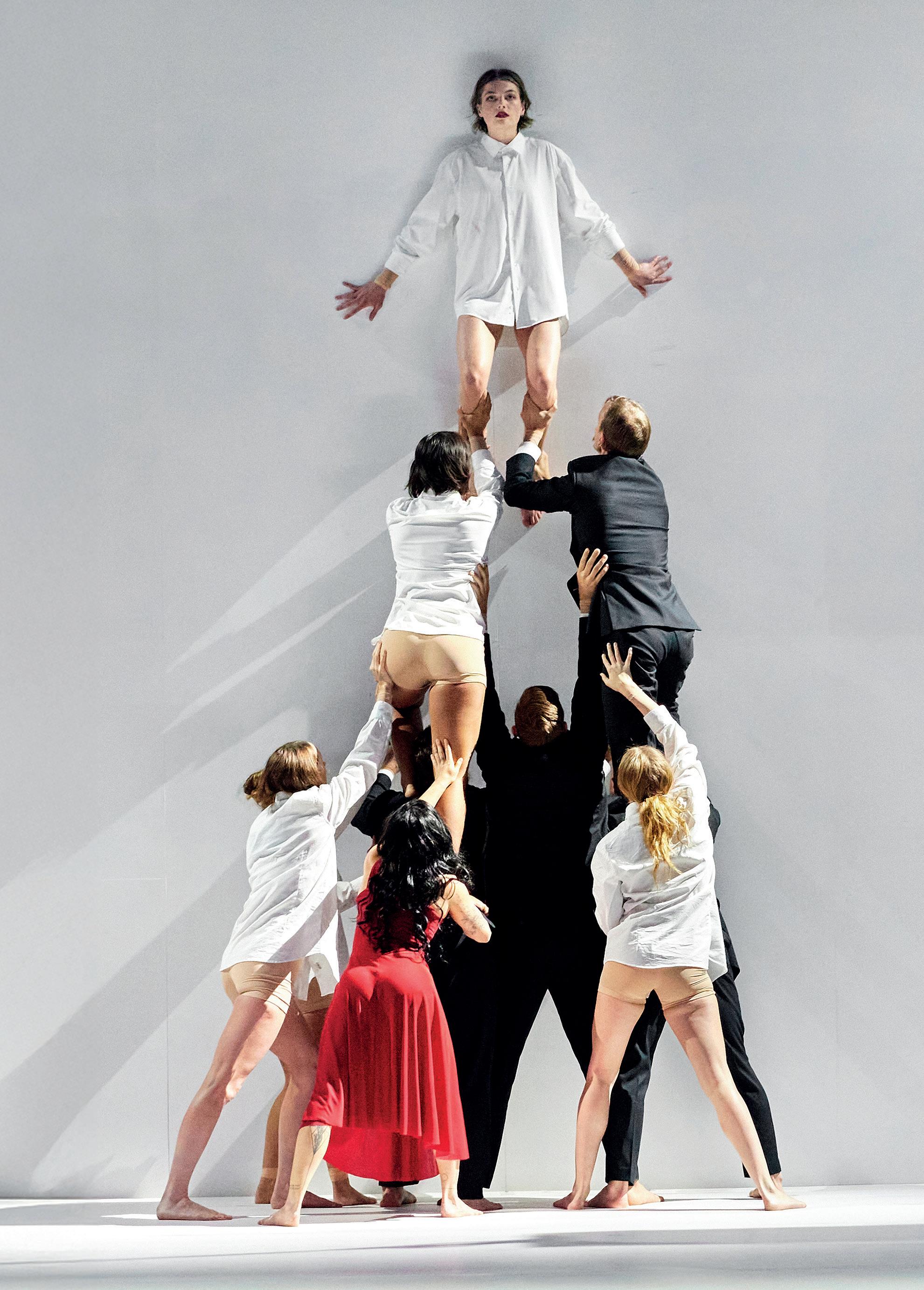
Australian circus trailblazers Circa have been reinventing the acrobatic form since 2004. Now they have teamed up with Opera Queensland for Gluck’s 18th-century Orpheus & Eurydice, setting it in a psychiatric ward. Lucy Ribchester talks to Circa’s Yaron Lifschitz about opera’s big emotions and the practicalities of onstage flying bodies
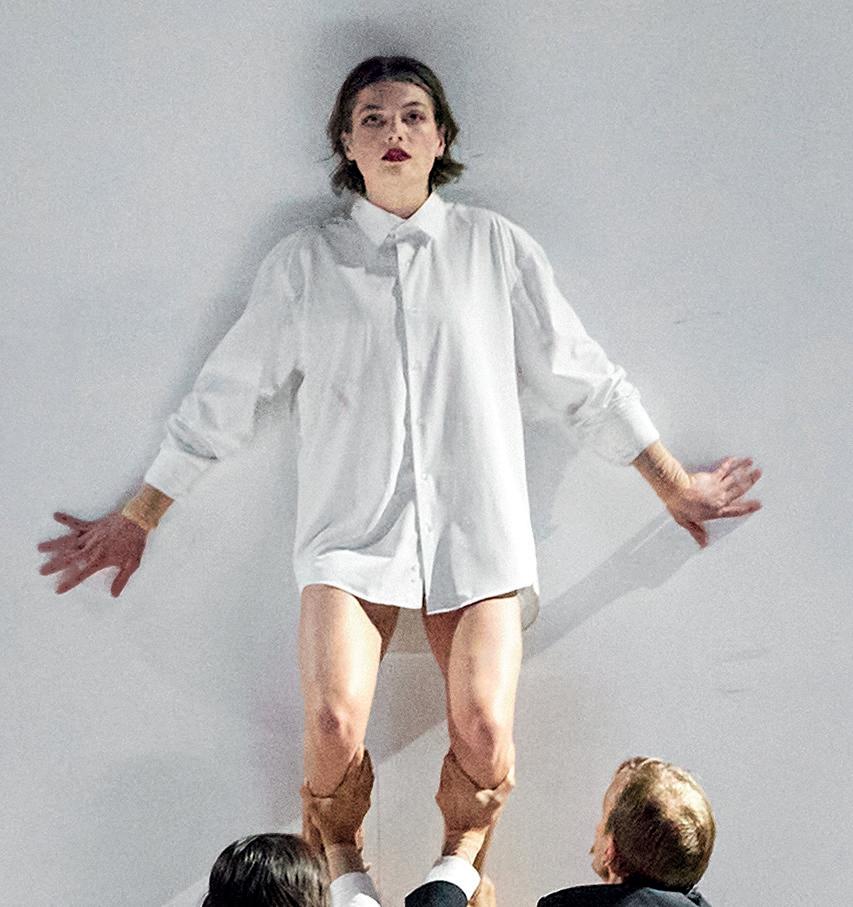
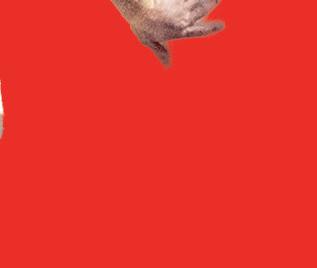
As is perhaps to be expected in a form which deals in incarnations of fantasy, the discipline of circus itself has undergone many shapeshifting transformations over the past few decades. At the vanguard of these evolutions you will very often find Australian circus company Circa, led by artistic director Yaron Lifschitz. There was 2010’s cabaret-style Wunderkammer, followed by surreal, gender-subversive Beyond in 2013, and more recently Circa’s pared-down, minimalist Humans 2.0, packed with choreography and feeling far closer to dance than acrobatics; albeit dance amped up to eyepopping feats of danger and wonder.
Now the company is pushing the medium even further through a collaboration with Opera Queensland, in a reinvention of Christoph Willibald Gluck’s opera Orpheus & Eurydice, receiving its European premiere at the International Festival. The production, which debuted in Australia in 2019, first came about through a conversation between Lifschitz and Opera Queensland’s artistic director, Patrick Nolan. Lifschitz had long admired Gluck’s work for its classical simplicity and universal themes, and realised it could be the perfect form in which to pair the physicality of circus with the power of vocals.
‘You know Balanchine famously said there are no mother-in-laws in dance,’ Lifschitz says over Zoom. ‘Well in circus there are barely any characters. It’s a very clunky medium for conveying complex historical relationships between people. So I wanted something that had to be narratively simple and yet resonant.’ The production updates Gluck’s straightforward retelling of the Orpheus myth (where the hero descends to the underworld in an attempt to free his wife Eurydice from Hades) to a secure psychiatric unit where Orpheus wakes up unsure whether he has killed Eurydice.
Around this central premise Lifschitz has woven a counterpoint of acrobatic movement, with the circus artists not so much telling the story as echoing and intensifying it. ‘They are moving in and out,’ says Lifschitz. ‘Sometimes they’re architecture, sometimes they’re emotions, sometimes they’re sort of mirroring the characters or amplifying a particular moment. They’re kind of a shape-shifting force through the opera.’ In true ancient-Greek style, they take on various forms. ‘Sometimes they’re dressed as him, they’re dressed as her, they’re dressed as a mixture; and it kind of goes a bit potty, as you would expect, in the end.’
A long-time lover of opera, Lifschitz says its emotional intensity is the thing that has always appealed to him most, something that pairs well with the physical awe of circus. ‘The end point is a kind of poetic experience you get out of extreme virtuosity, put into the service of powerful emotions and big thoughts.’
The physical realities of circus do however mean there are practicalities to be considered, with upwards of 35 bodies on stage, ten of which are flying and tumbling while others are singing. Were the singers ever afraid of collisions? ‘The singers have all been great,’ says Lifschitz. ‘Choruses can be slightly risk averse. But I have to say, everyone’s super-embraced it. I think once they see how authentic and hard-working the acrobats are, the respect between the musical staff and the singers and the acrobats for each other’s virtuosity, and the difference between those virtuosic forms, always creates a real wave of positivity. Part of what they do is they build this beautiful glowing heart.’
Lifschitz has witnessed first-hand the transformation in some of the musicians’ attitudes. ‘I’ve watched real, hard-baked orchestras that have been very nervous about having an acrobat near them hugging the acrobats as they walk off stage. They really do genuinely seem to bring out the very good side of everyone involved.’
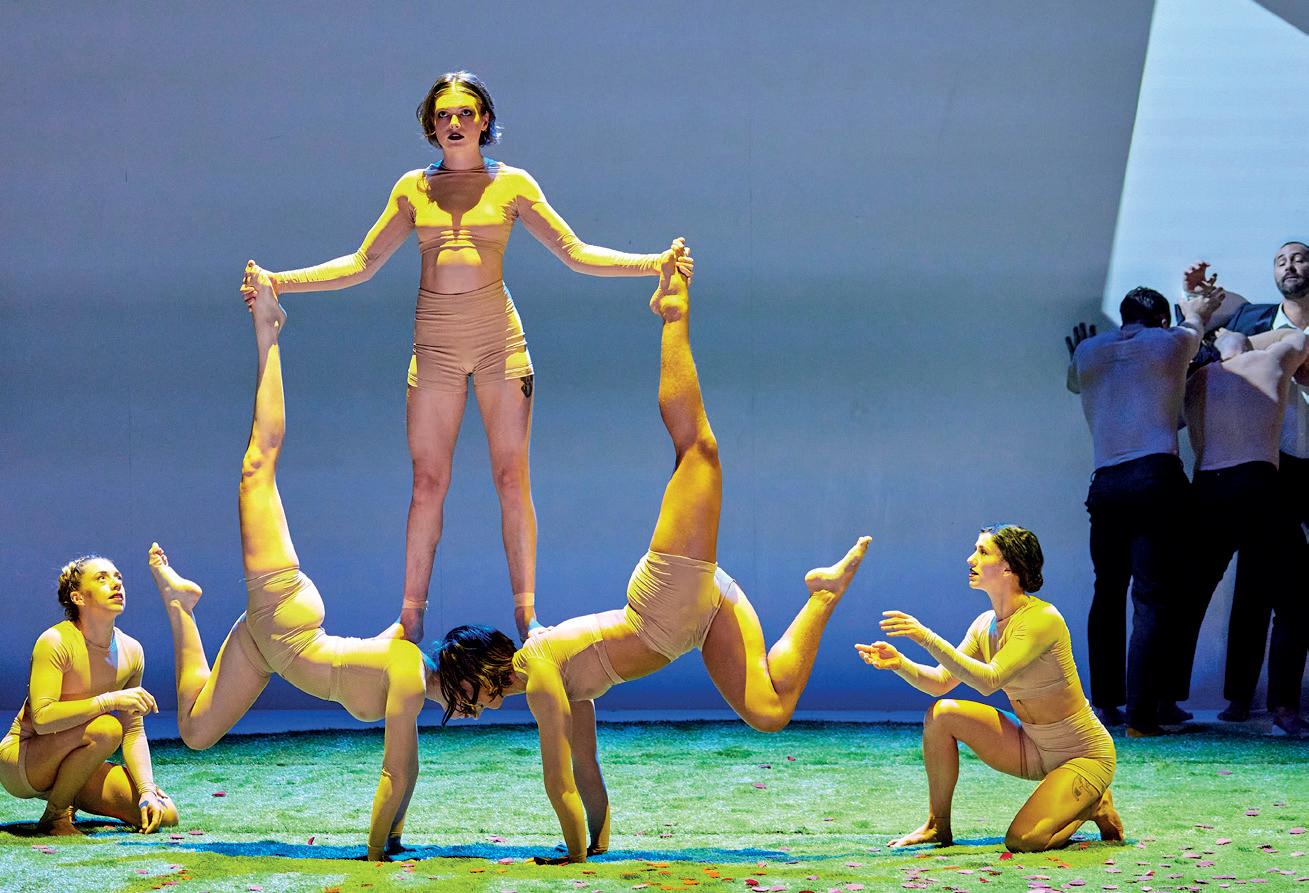
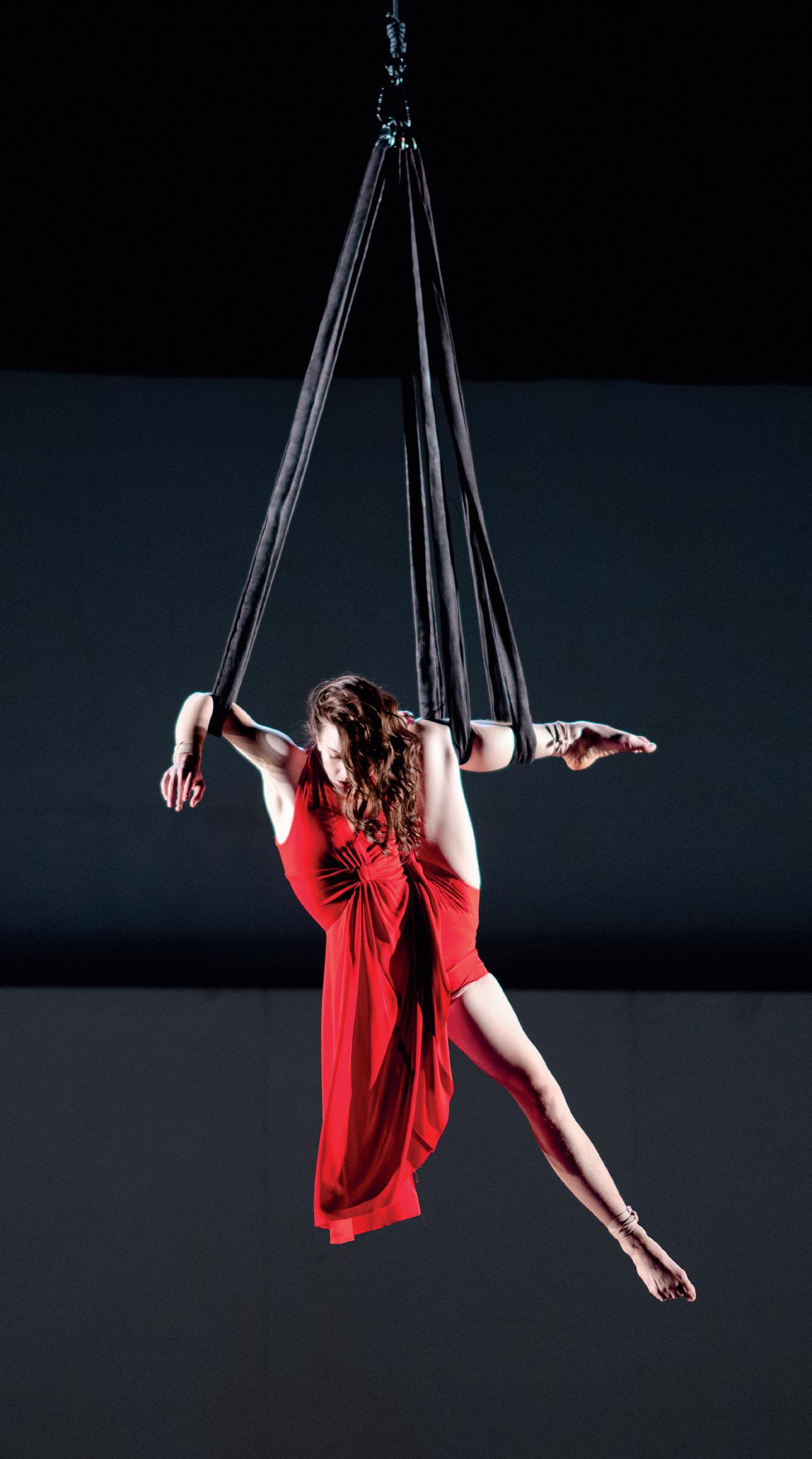
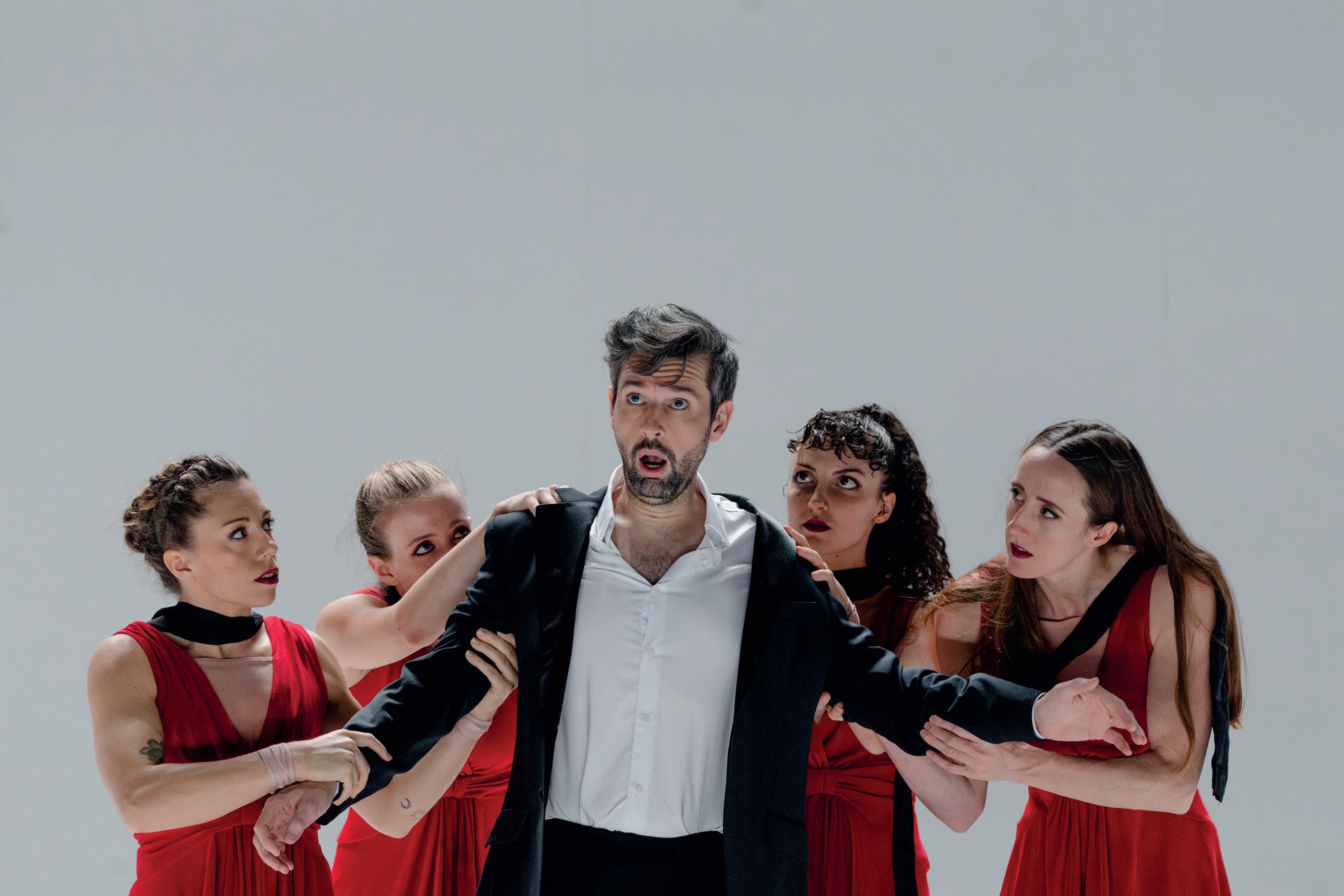
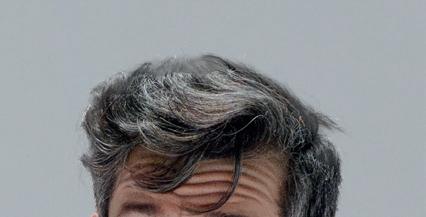

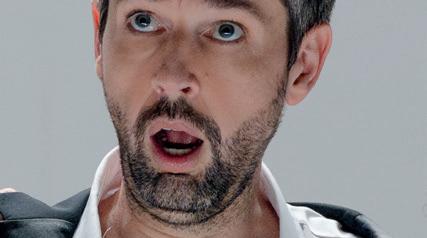

Renowned for musicianship that could charm birds and animals, and even have an effect on trees and rocks, the sweet-singing, lyre-playing Greek hero Orpheus summoned all of his musical talents and skills in pursuit of the ultimate audience impact. His beloved wife Eurydice had been poisoned to death by a snake: if only Orpheus’ music could release her from the underworld to be back at his side. It worked, of course, with Hades and Persephone charmed into letting her go, although the rest of the tale doesn’t go quite as planned.
In charge of bringing the sublimely beautiful music of Gluck’s Orpheus & Eurydice to Edinburgh is conductor Laurence Cummings. For a contemporary audience, its impact may not be about moving Greek gods to tears or mesmerising a three-headed guard dog; but, says Cummings, ‘it is music that draws people to listen, with a power that’s not so much about fast and furious, but more to do with atmosphere. It grabs you right from the start.’
A heart-wrenching mythological classic that also inspired Monteverdi’s similarly experimental opera L’Orfeo, the intensity of emotion in its vocal lines has an orchestral accompaniment to match. The deep love of Orpheus for Eurydice leads inevitably to downfall. ‘che farò senza Euridice?’ (’what will I do without Eurydice?’) has got to be one of opera’s most moving moments. ‘Everything comes from the music,’ says Cummings. ‘Most of us can’t sing like Orpheus, but we understand the storytelling and it resonates without
While the circus aspect of Orpheus & Eurydice may capture most of the attention, its music side is also sublime. Carol Main speaks with conductor Laurence Cummings about this epic work’s atmospheric power
us being able to do it ourselves. We can feel it. It’s from the heart; from the soul.’ In circus company Circa’s acrobatic staging, there are naturally challenges, albeit along with their associated rewards. ‘The production is very exciting, and it’s always really interesting to mix mediums,’ says Cummings. ‘There are logistical issues, as singers and players prepare very differently from circus artists. All the things you would normally take for granted, like timings and rehearsal facilities are, literally, up in the air. But everything is so wonderfully airborne, mirroring what’s happening in the music. It’s a symbiosis and very respectful.’
The performing space itself is also a challenge for such an intimate opera. With a third more capacity than even the Festival Theatre, the Playhouse is a large auditorium in which to stage this particular piece. ‘The thing that fascinates me about being in such a big space is that it might seem OTT in a smaller room,’ says Cummings. ‘Now it will feel proportionate. The word that keeps coming to mind is epic. And Orpheus & Eurydice is larger than life, otherwise we’d all be sitting at home watching TV. It’s superhuman and that’s the thing which will be amplified by the movement.’ First heard in Vienna in 1762, it wasn’t until a few years later, in the opera house in Parma, that Gluck’s music and the beauty of its simplicity began to gather momentum across Europe. Unlike Orpheus, it’s never looked back.
Orpheus & Eurydice, Edinburgh Playhouse, 13, 15 August, 8pm; 16 August, 3pm.
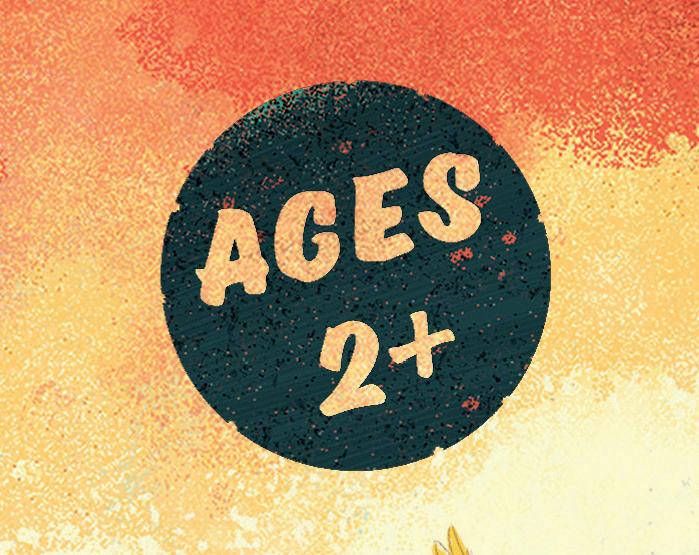

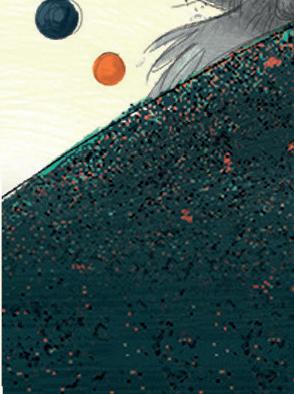
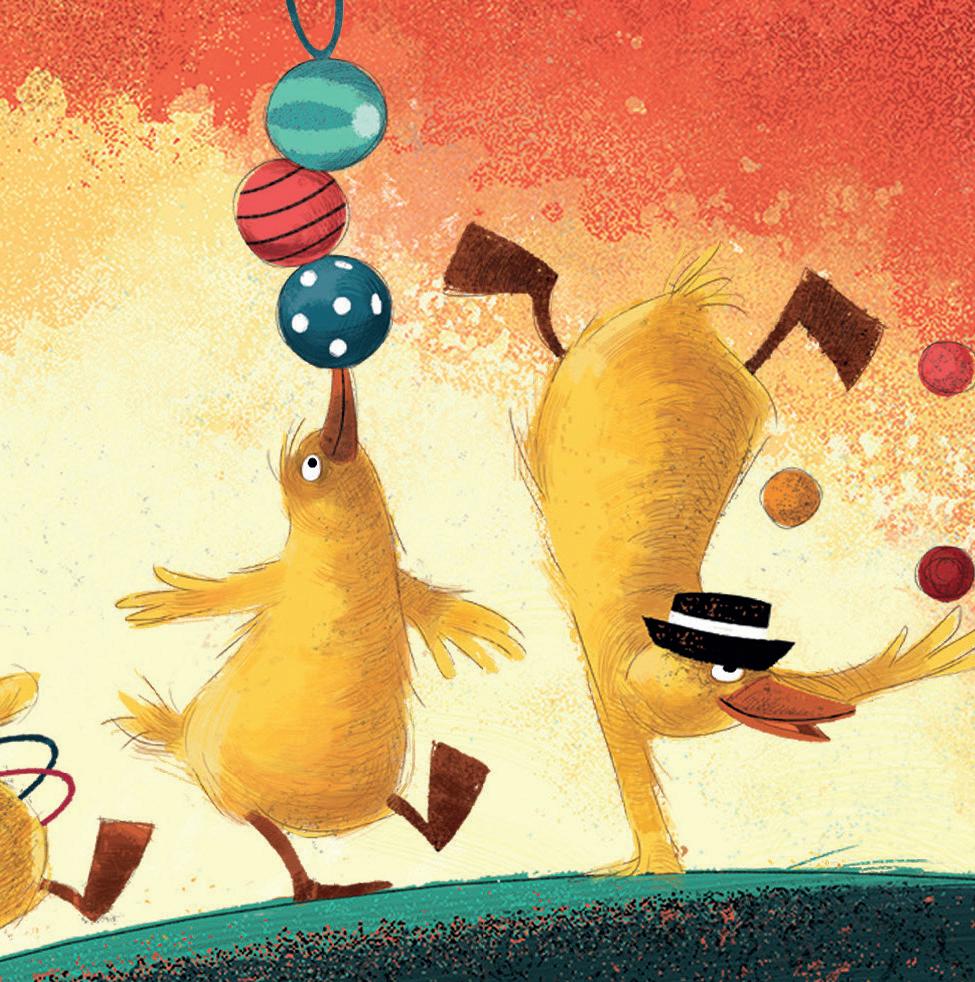

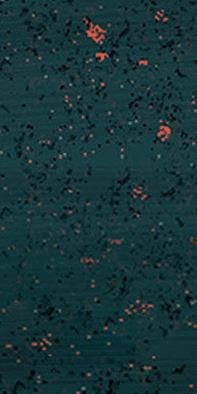

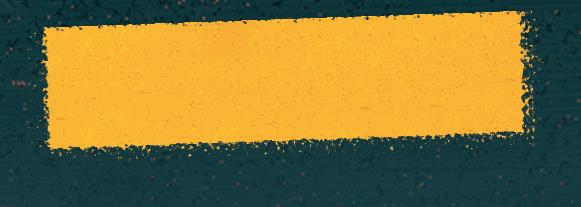


11:00am 2 - 23 AUG

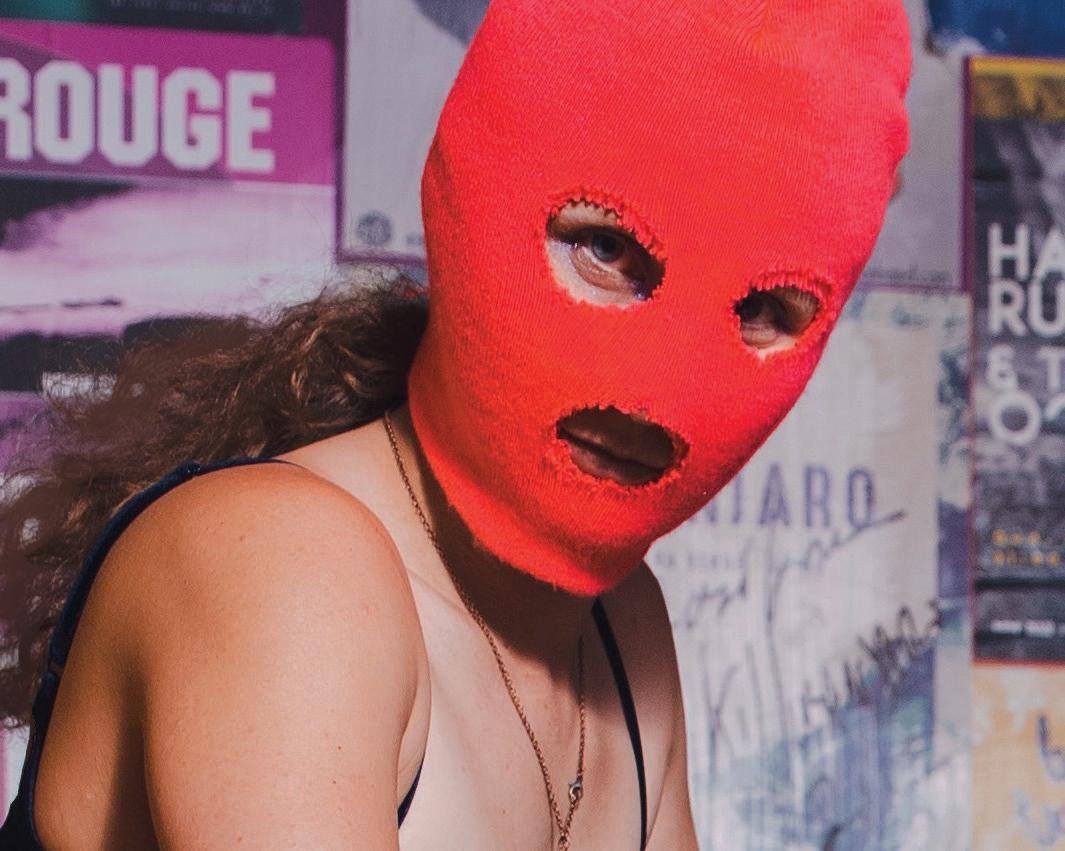

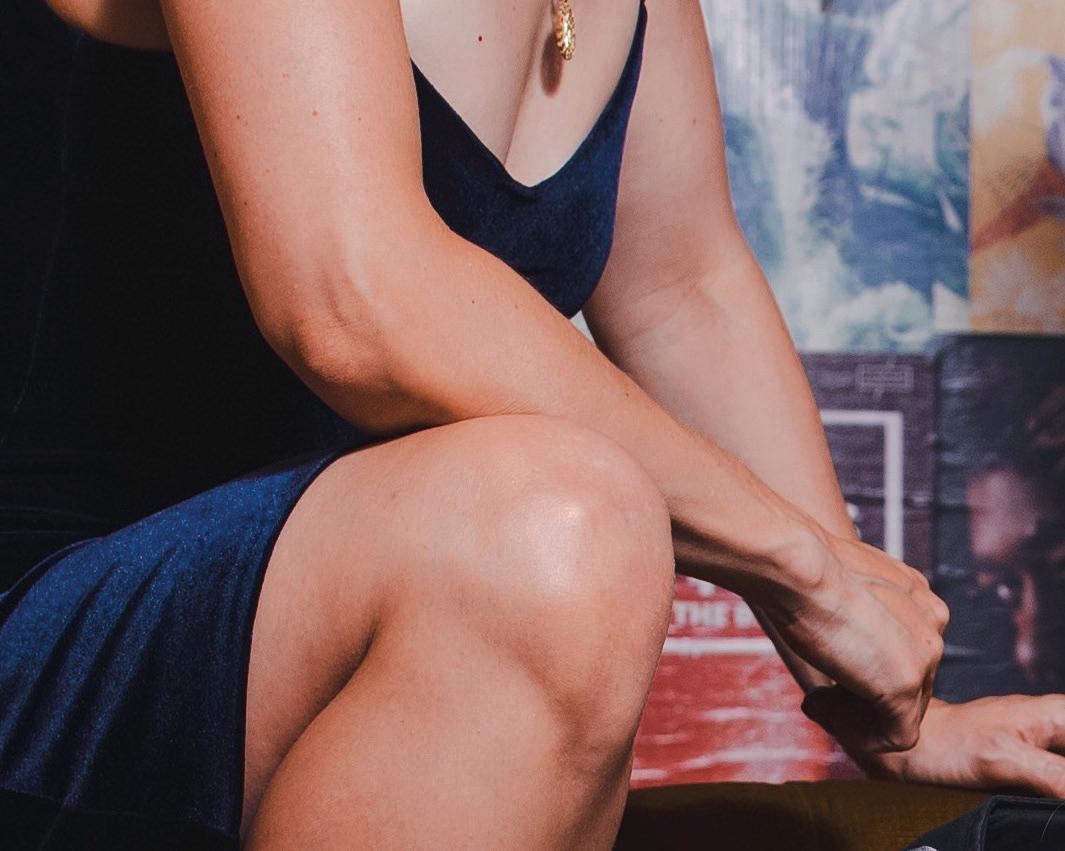
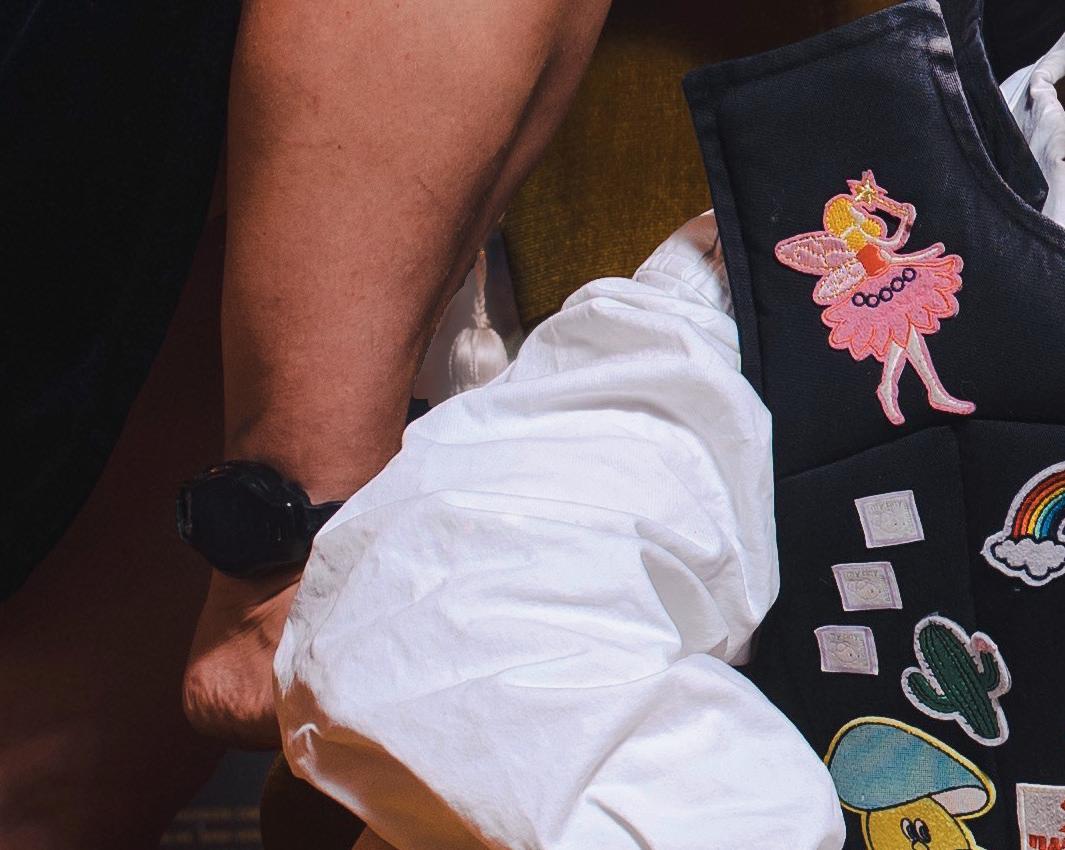
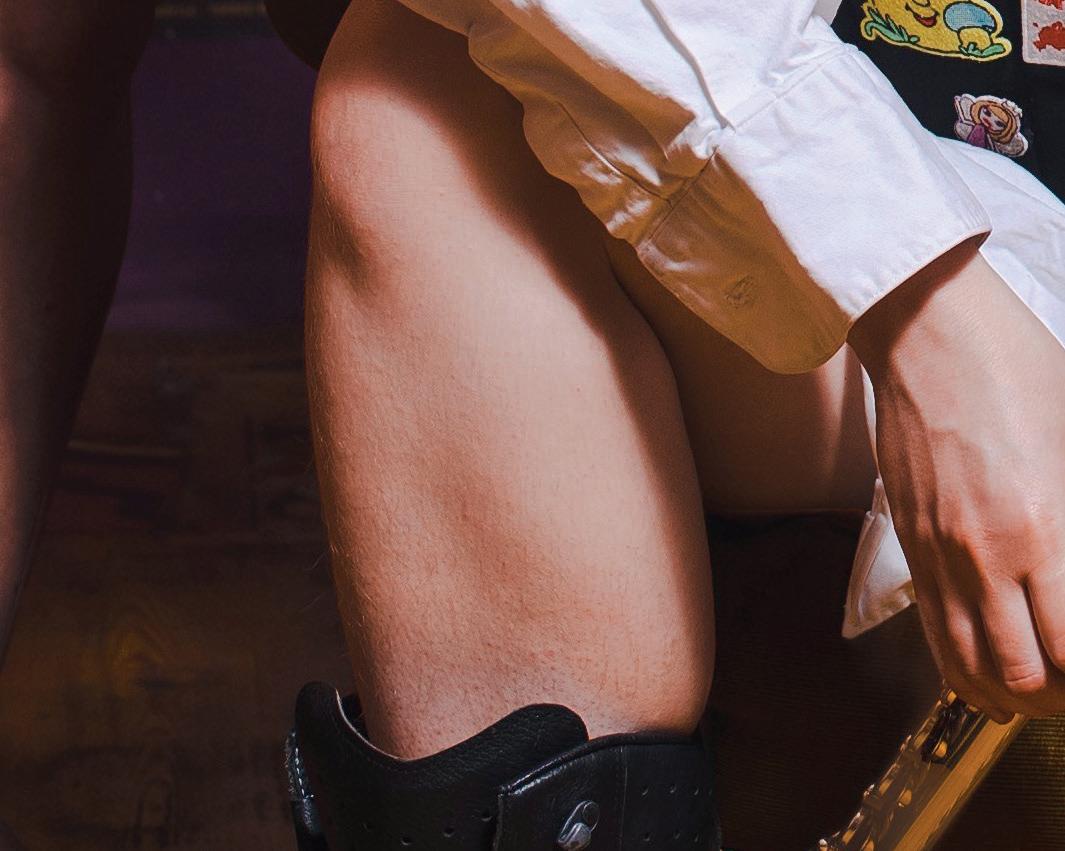
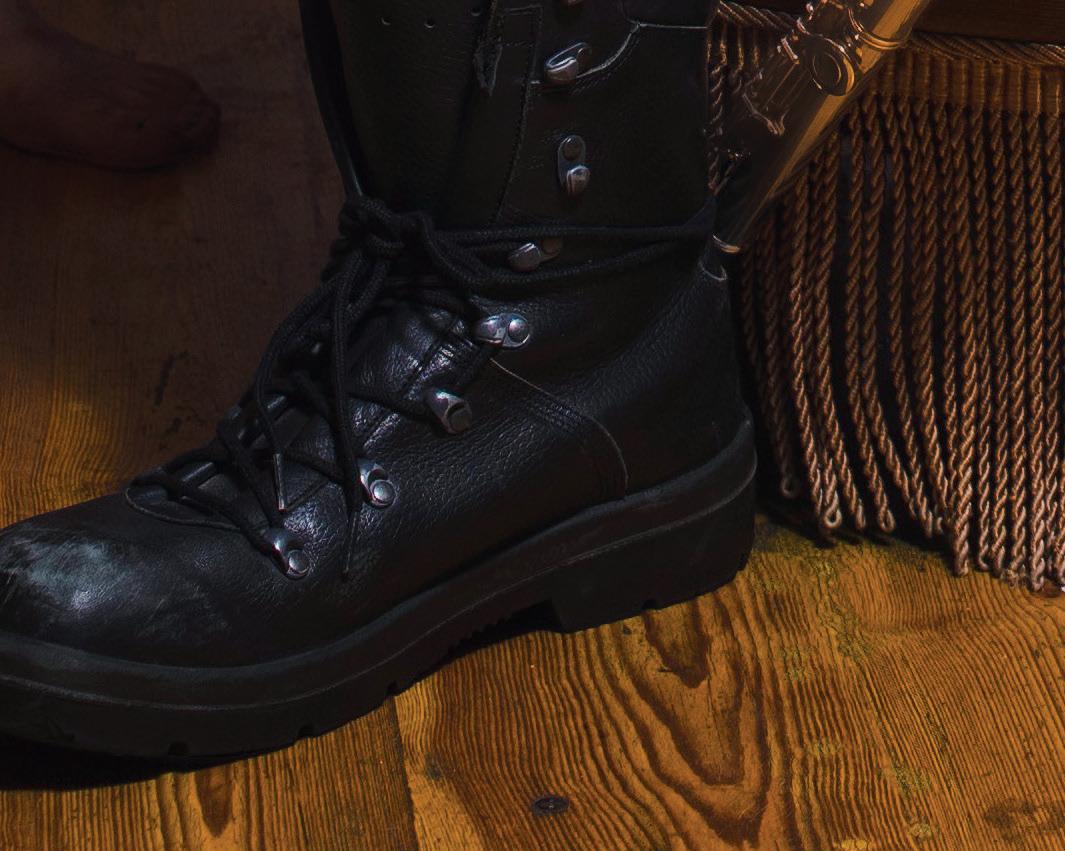

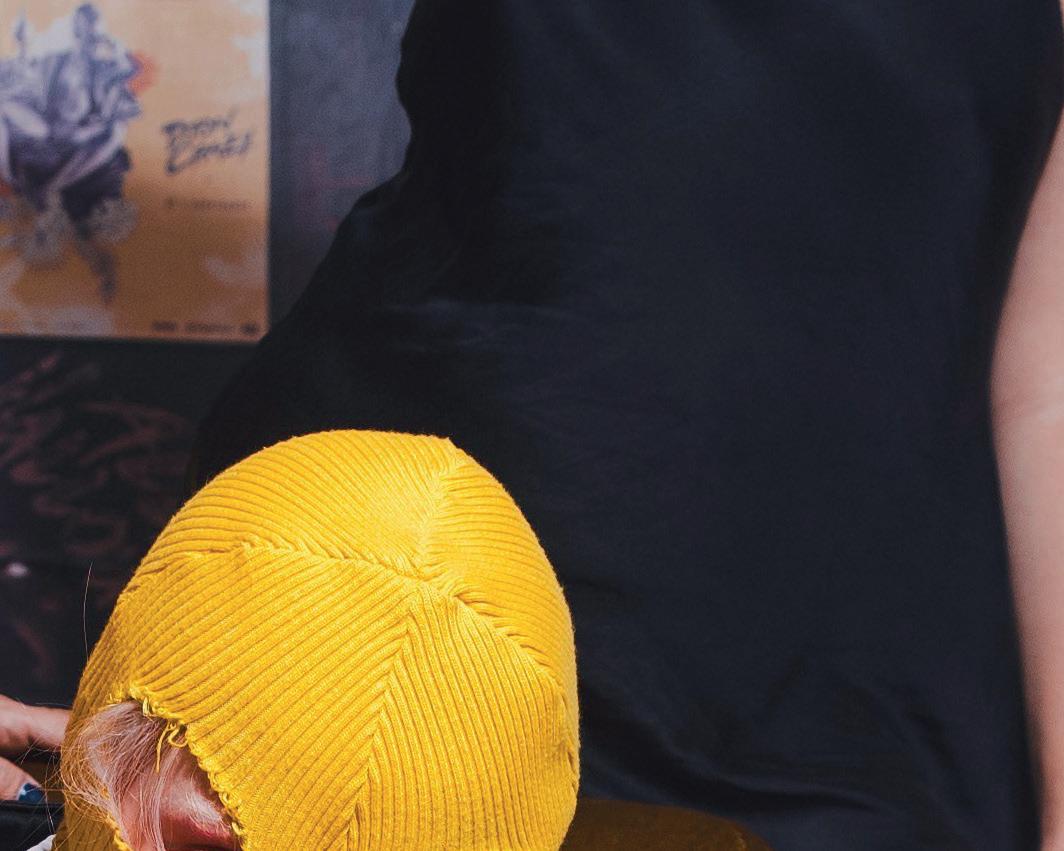
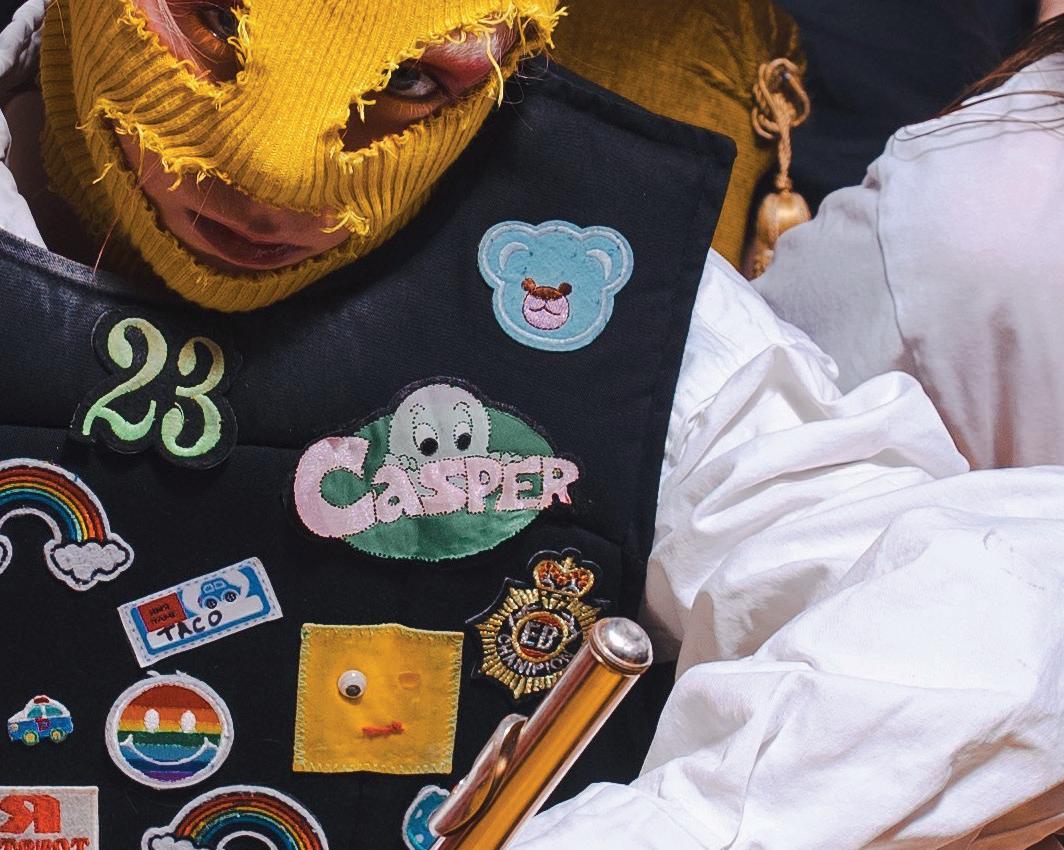
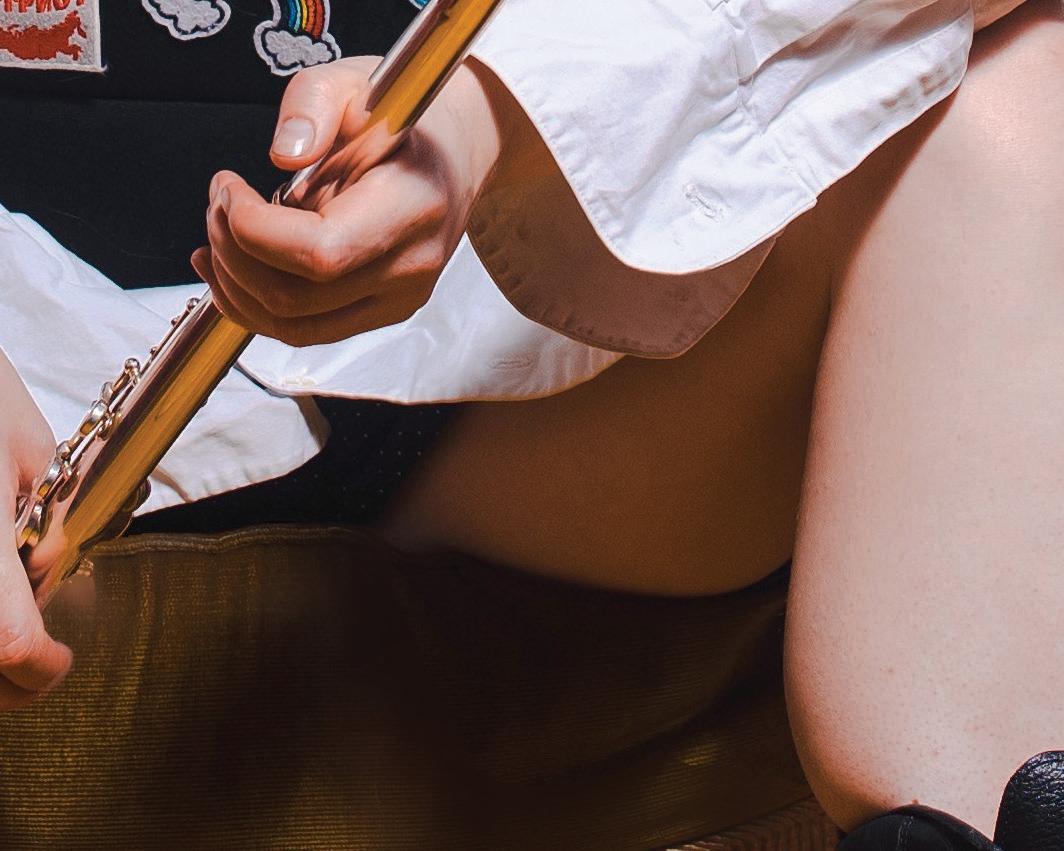
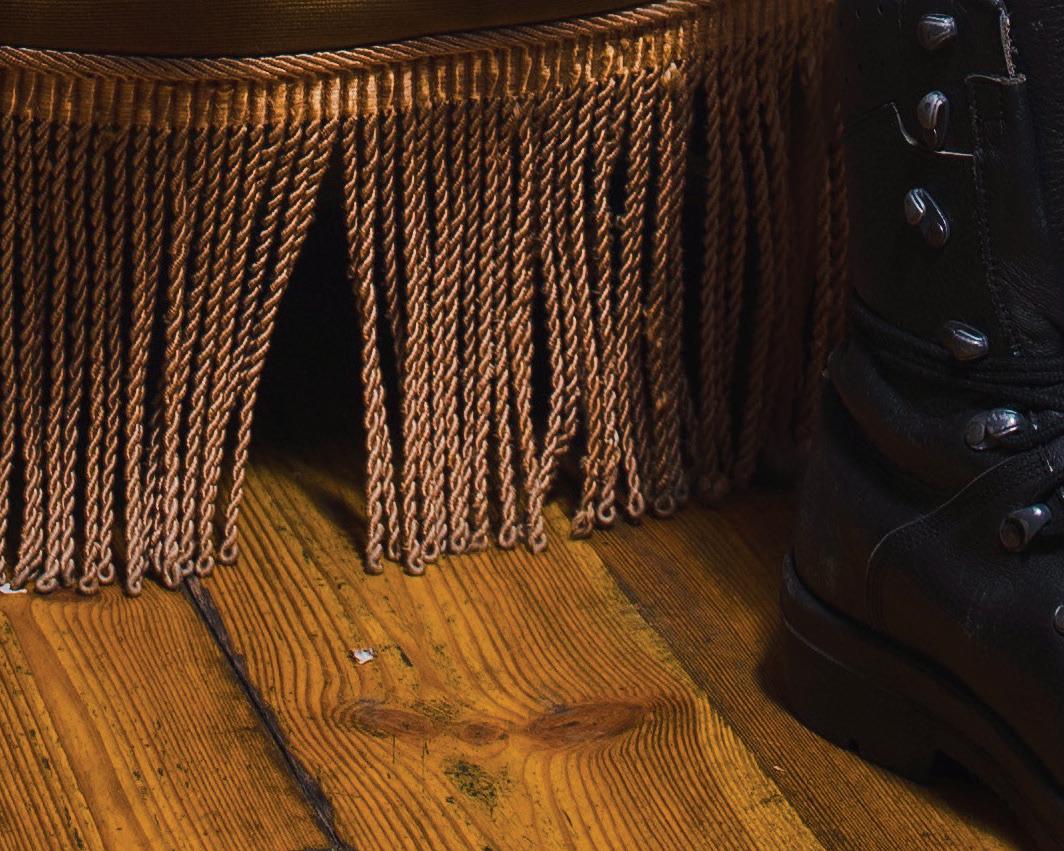

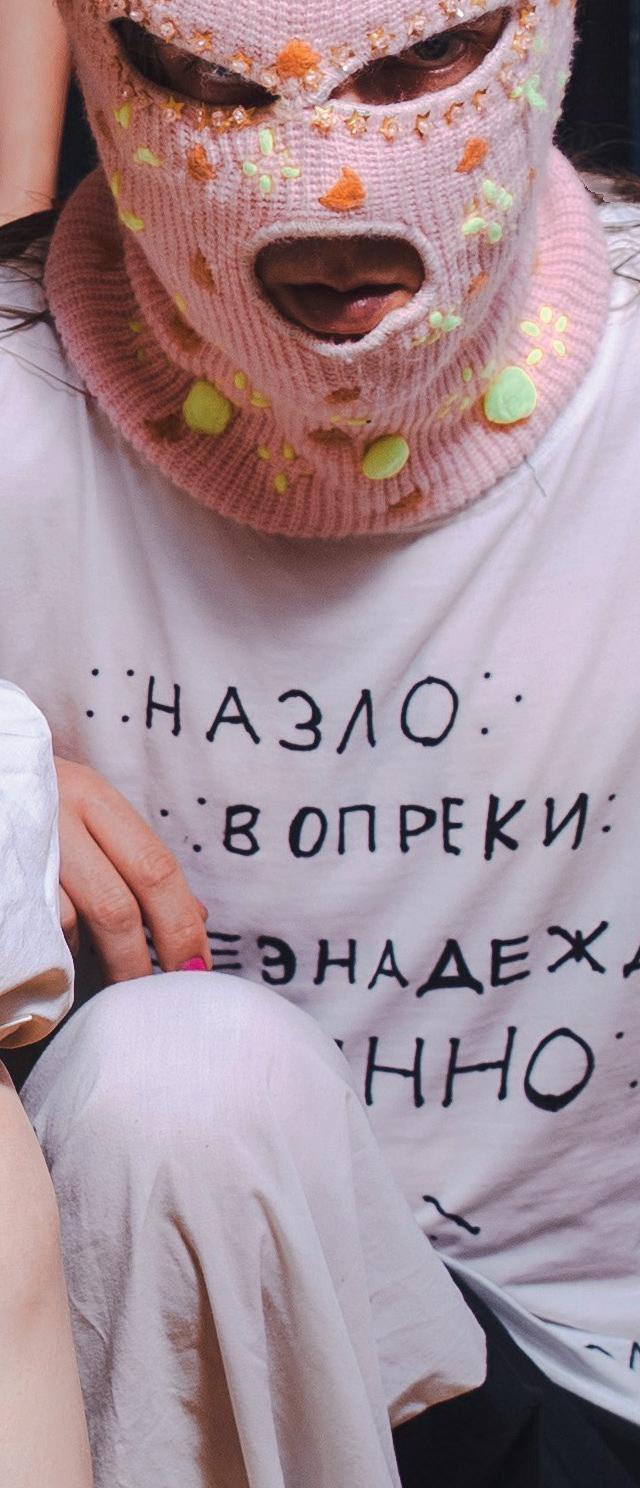
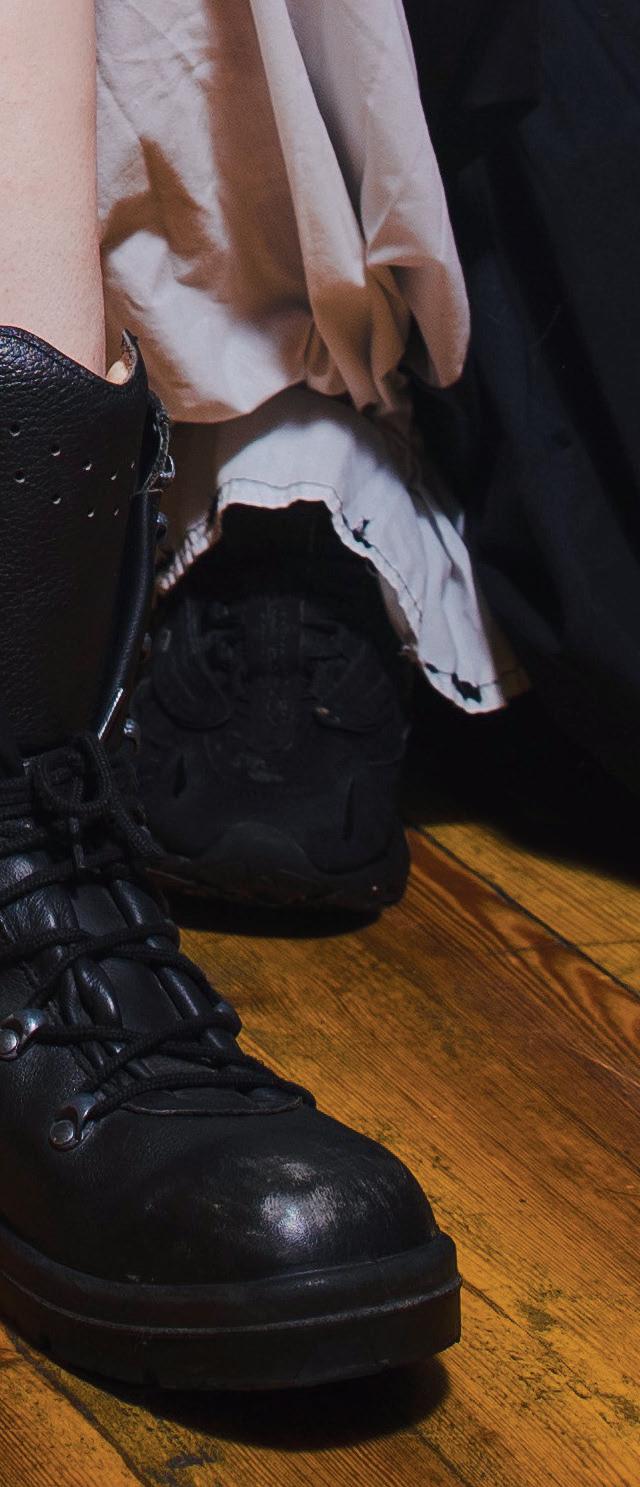
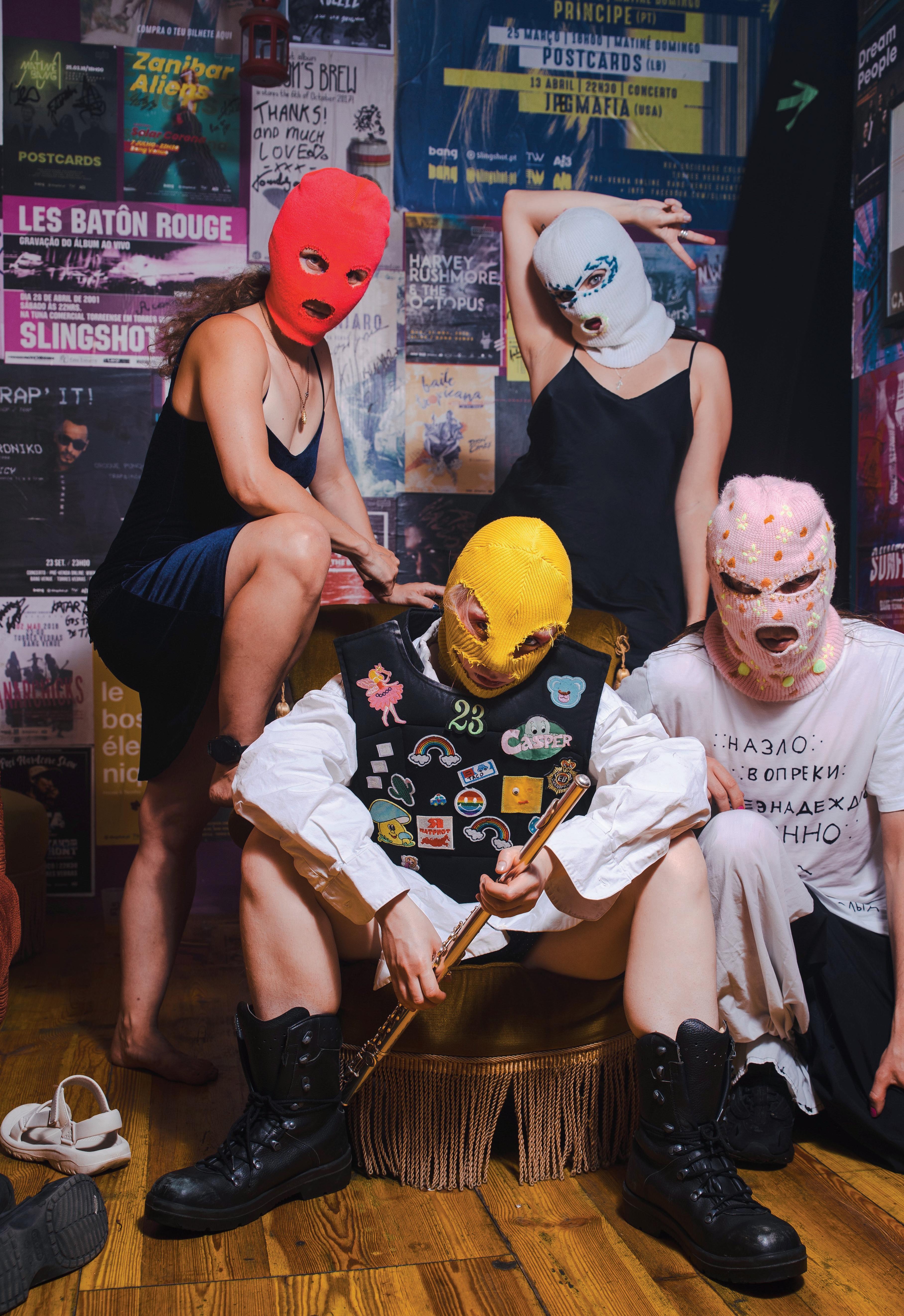


Pussy Riot stormed into the world’s consciousness with their colourful balaclavas and vivid anti-Putin protests. As the multimedia punk collective return to Summerhall, Megan Merino meets four of their members on Zoom as they continue to spread the word about violent oppression in Russia




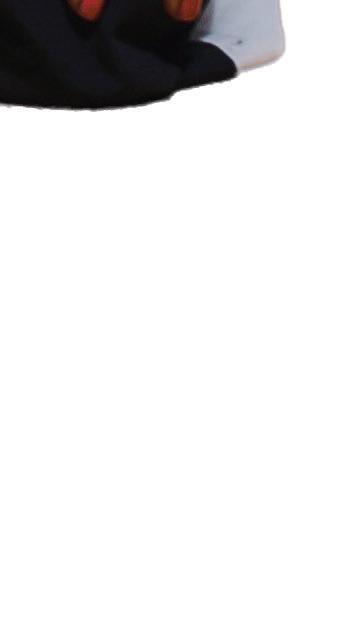
Since 2011, an increasing amount of global attention has been paid to political performance-art group Pussy Riot. During their viral 2012 action ‘Punk Prayer’, five members entered Moscow’s Cathedral Of Christ The Saviour, asking the Virgin Mary to ‘oust Putin’ and ‘become a feminist’, as a means of calling out the Russian Orthodox Church’s oppressive conservative values. This protest led to the imprisonment of three Pussy Riot members: Nadya Tolokonnikova, Kat Samutsevich and Maria ‘Masha’ Alyokhina. Tolokonnikova and Alyokhina served two years in Russian labour camps, sparking solidarity protests around the world.
Alyokhina documented the inhumane conditions she suffered during her time in penal colonies in both a book titled Riot Days and a stage show of the same name. That show has been performed around the world, including at the 2018 Edinburgh Fringe, and this year Alyokhina returns with a new version which will be followed up by her second book Political Girl due to be released this November.
Creative producer Alexander Cheparukhin has been working on the show since its inception and is the first to join our Zoom call. ‘I was visiting Masha in her prison colony (I was then a director of big Russian festivals) and I was shocked by what had happened,’ he says, recalling their first meeting. ‘I decided to help and convinced many famous people like Paul McCartney, Peter Gabriel and Patti Smith to support them. I was collecting their videos and their statements and convinced them to do shows dedicated to Pussy Riot.’
From its inception, the amorphous group has insisted ‘anybody can be Pussy Riot’ by putting on a mask and staging a protest against injustice. In this vein, the current cast of Riot Days formed and rehearsed a new version of the show in Barcelona thanks to the Artists At Risk organisation, which gave the 15 participants free accommodation and studio access. The show is a multi-disciplinary performance utilising music, theatre, documentary film and spoken word. Musical components were refined by composer Alina Petrova and Canadian drummer Eric Breitenbach, and will be brought to life with the help of Taso Pletner (vocals, flute) and Olga Borisova (vocals). ‘Every beat reflects what is happening emotionally and politically,’ Breitenbach explains in a later correspondence. ‘The music gives the words weight. It is not just a backdrop. It carries tension, resistance and release.’
When the rest of the cast finally join the Zoom, they pop up in four separate boxes. I try to say hello but I’m drowned out by the group chatting to each other in Russian. Eventually I am able to ask a question. Cheparukhin mutes himself and Alyokhina stares intensely down the camera before beginning to speak. ‘We tell it through not only my story, but also through the stories of people fighting for another Russia; like Alexei Navalny, the Russian opposition leader who was poisoned by security services, imprisoned and tortured for three years, one year in solitary confinement, and finally killed last year,’ she says, taking a brief beat. ‘Our goal is to show our country has been changing during all these years, and the whole world is witnessing what is happening. Navalny wasn’t the only person
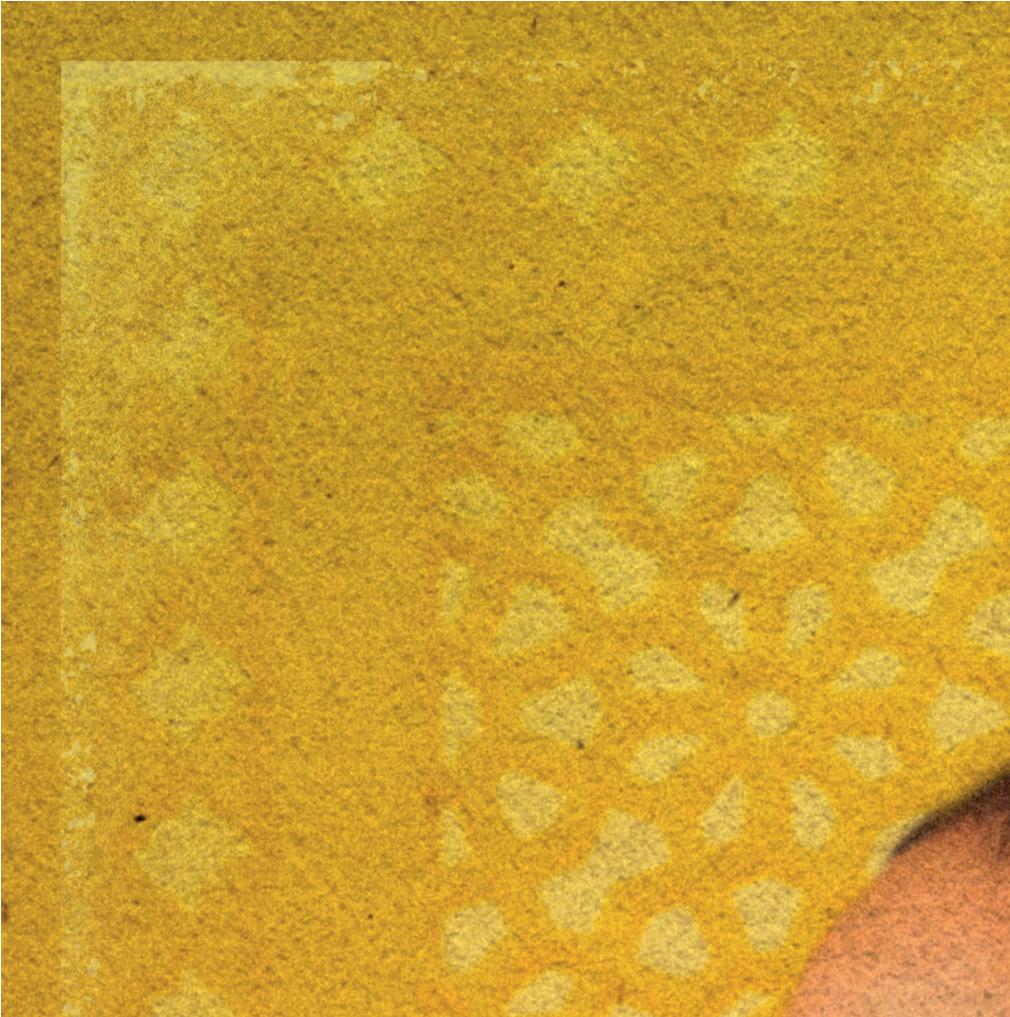
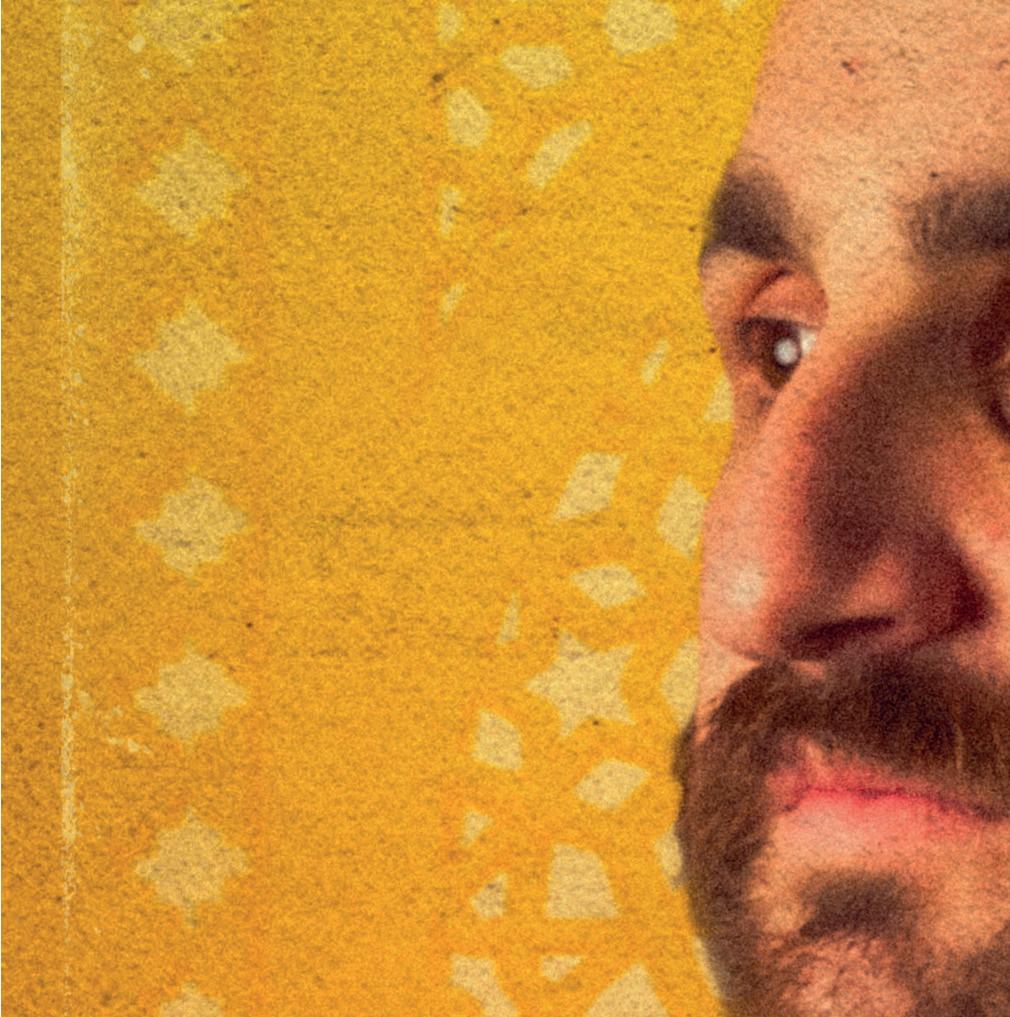
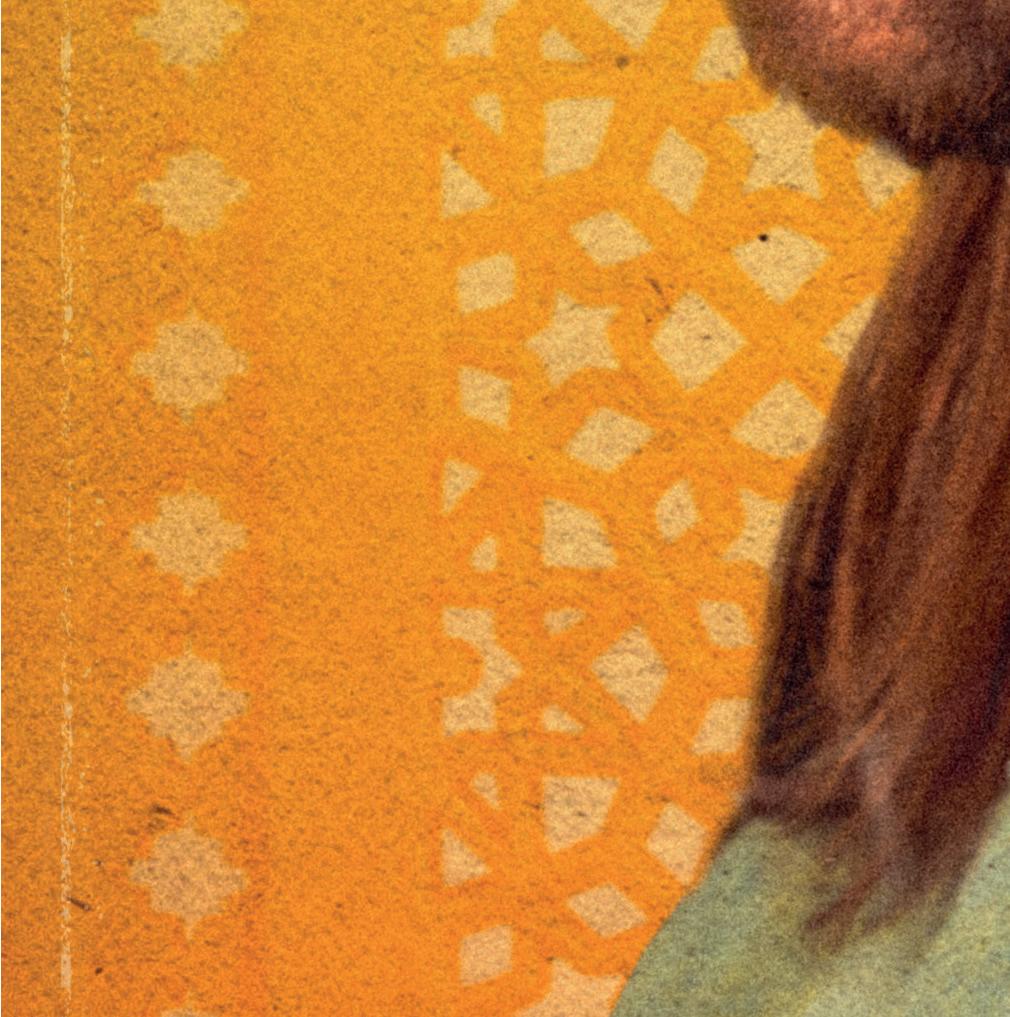
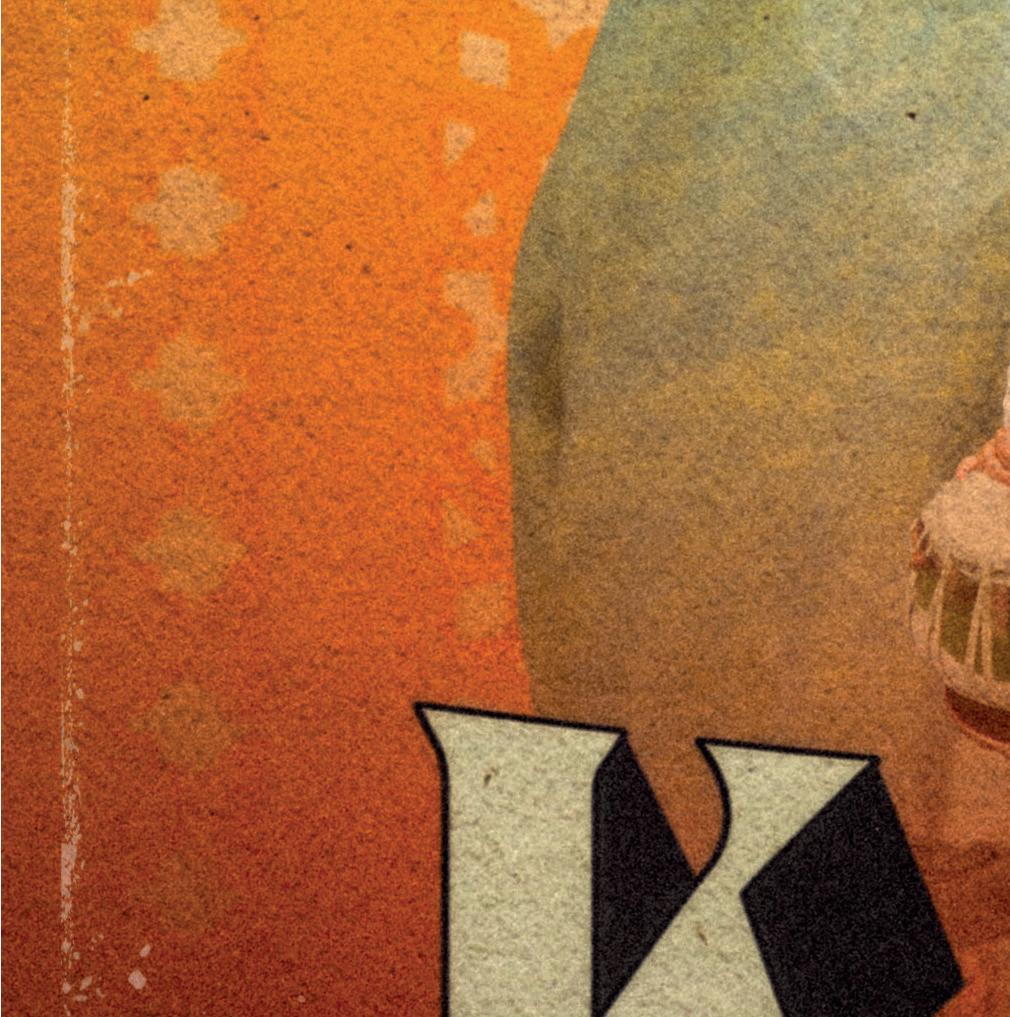
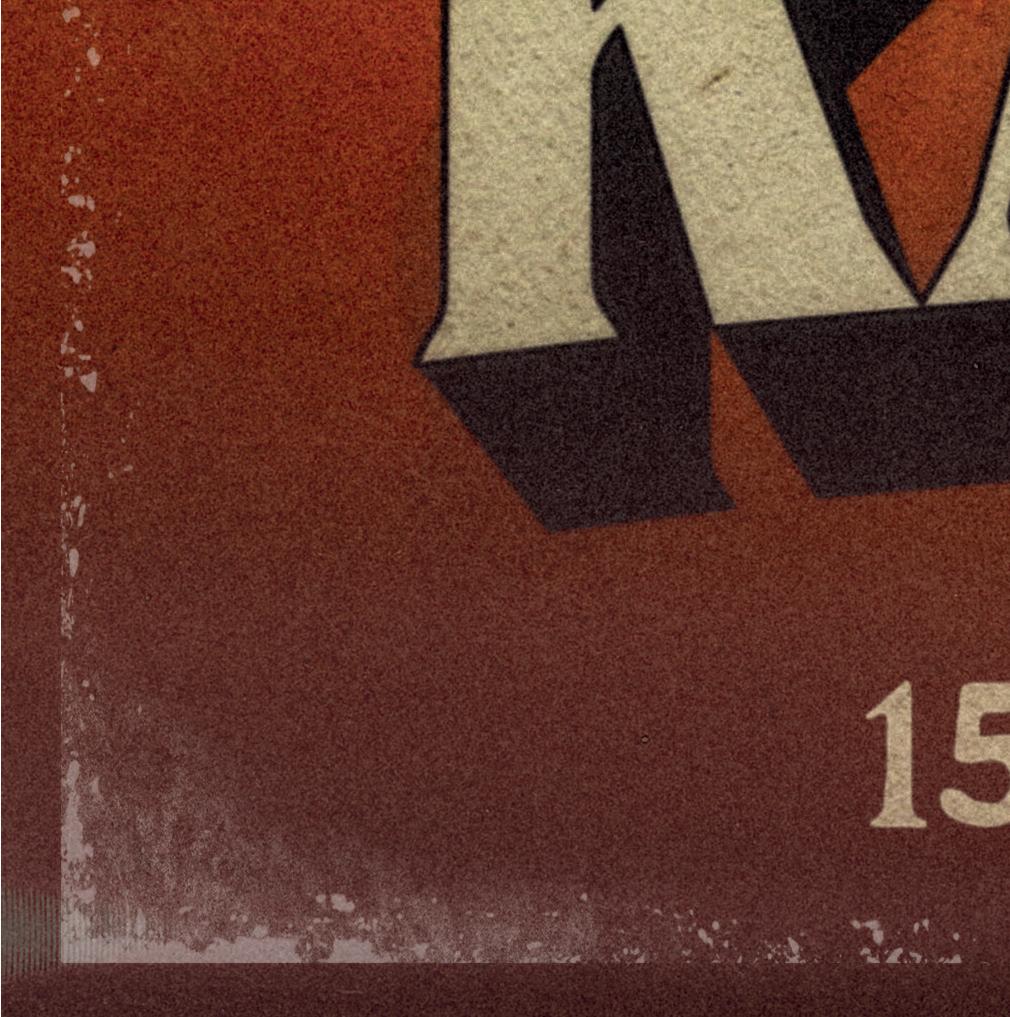
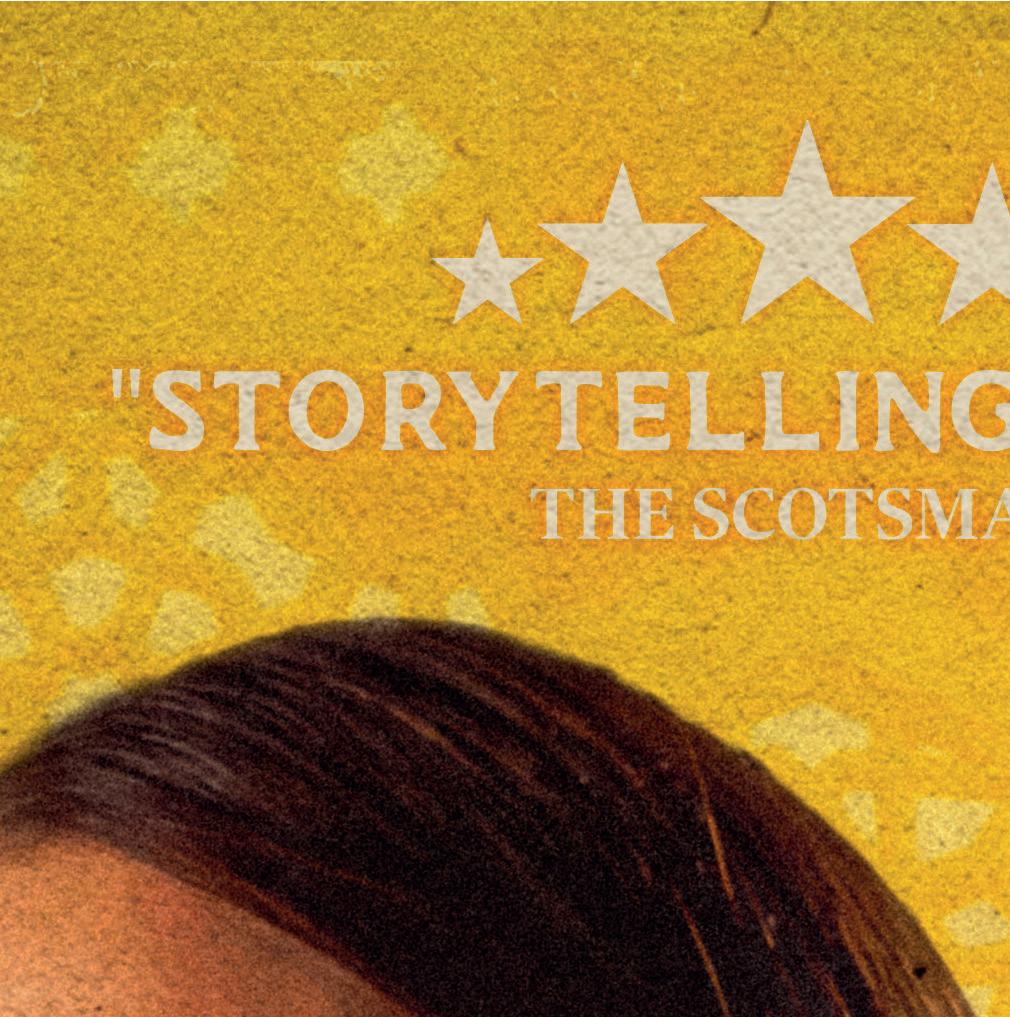
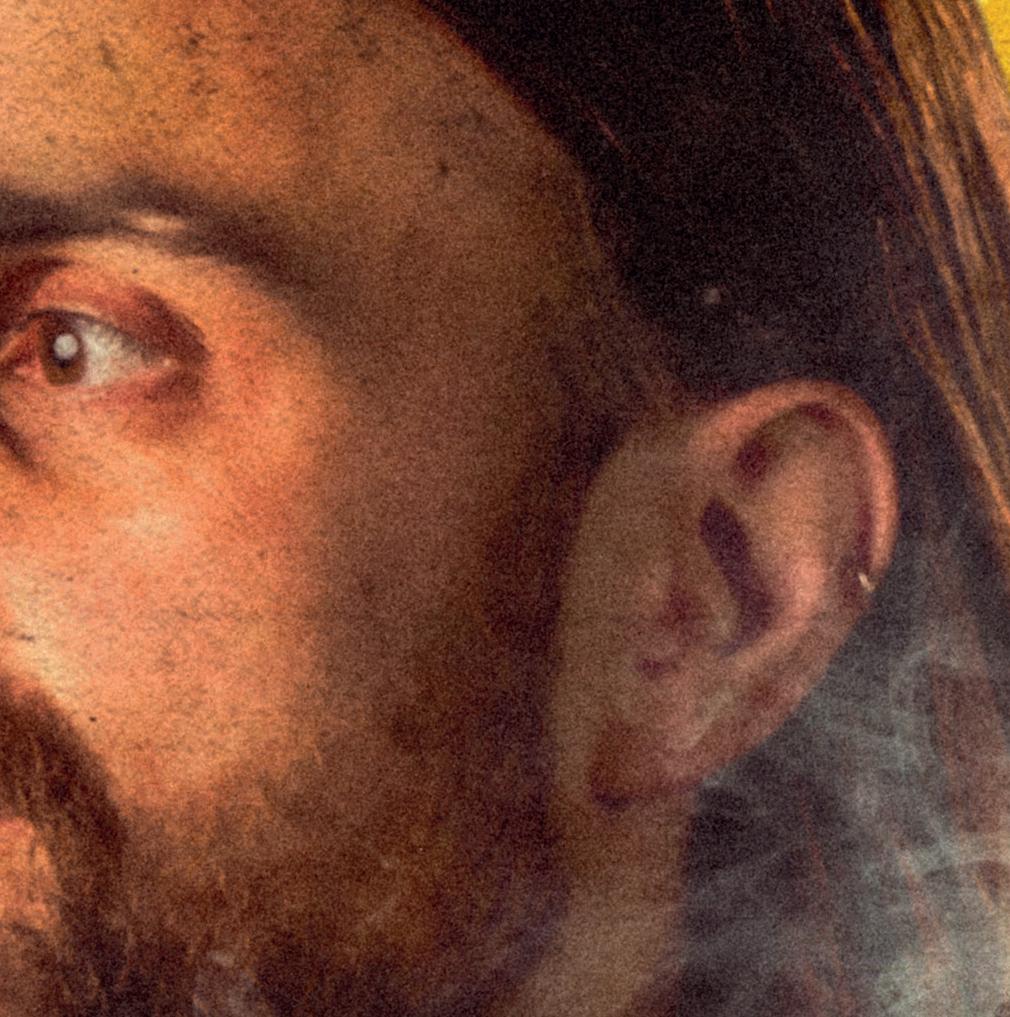
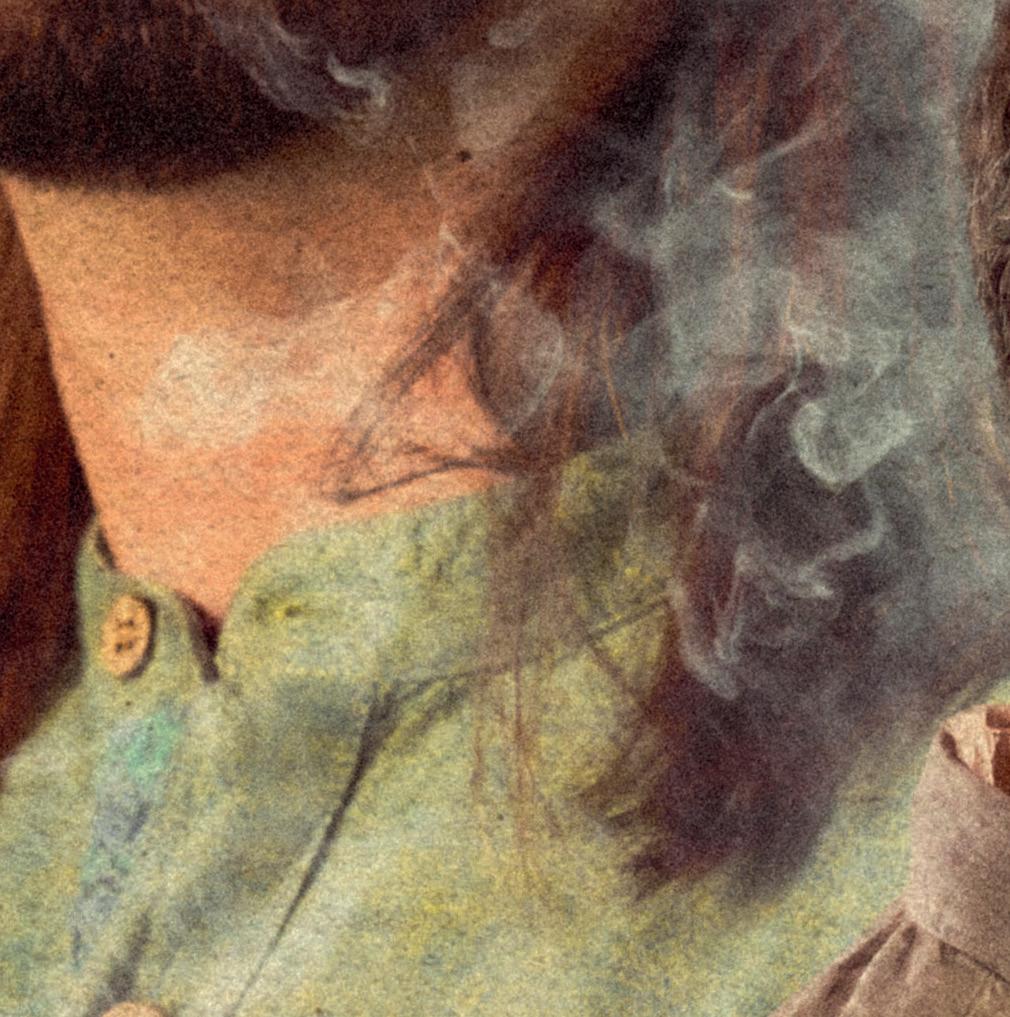
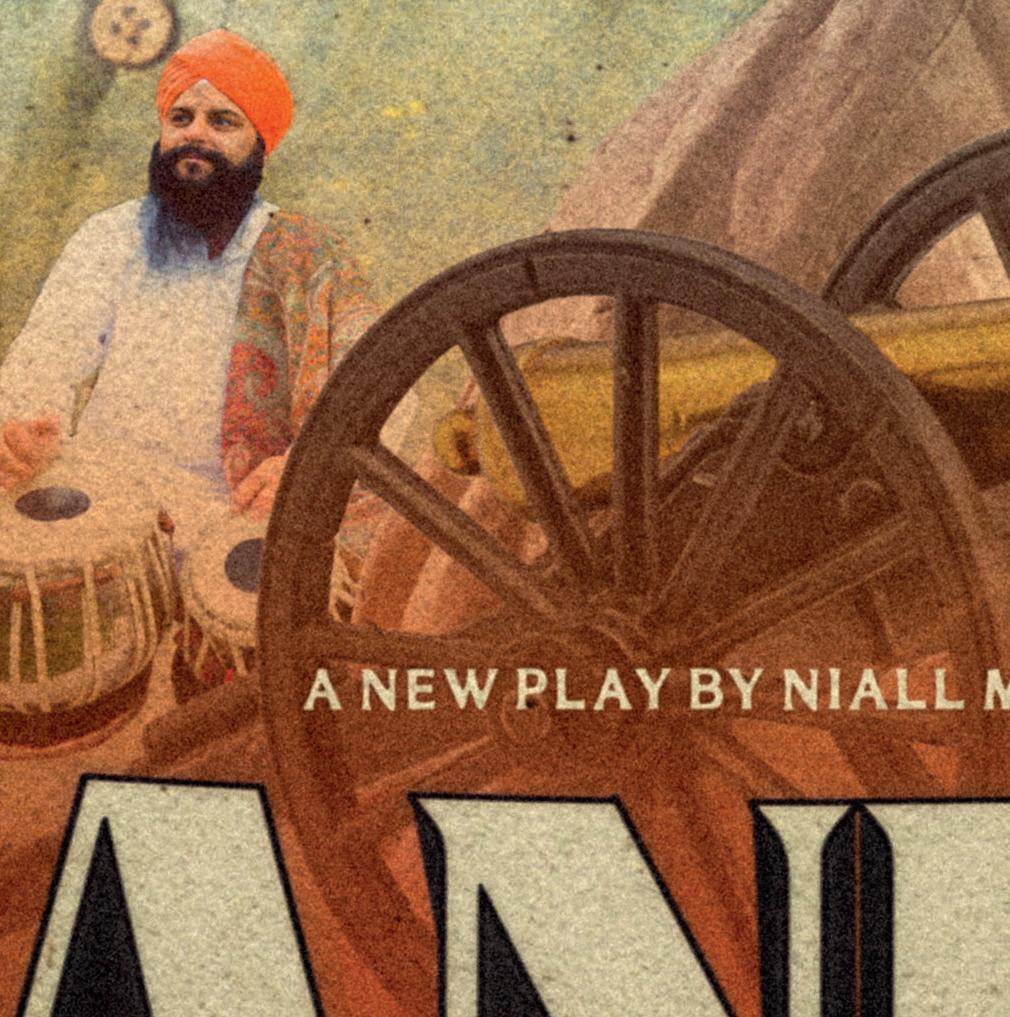
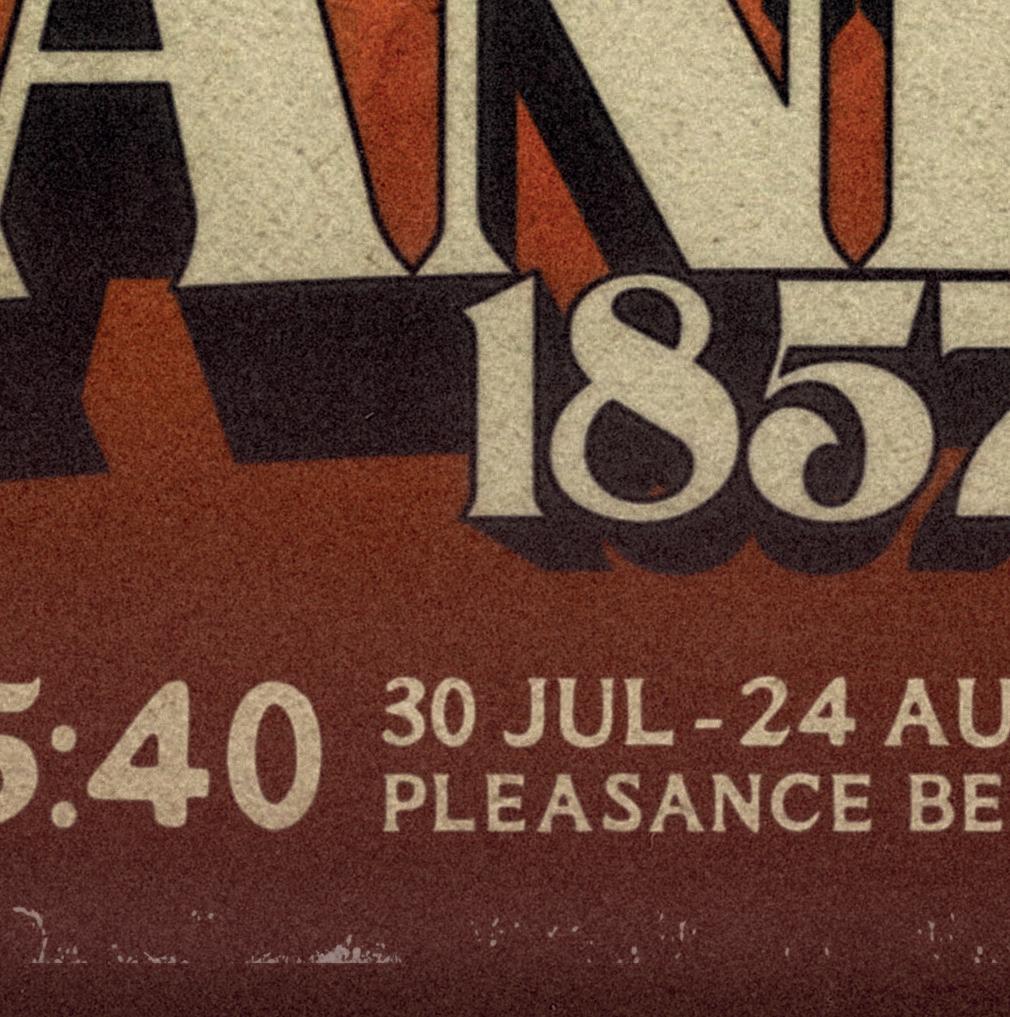
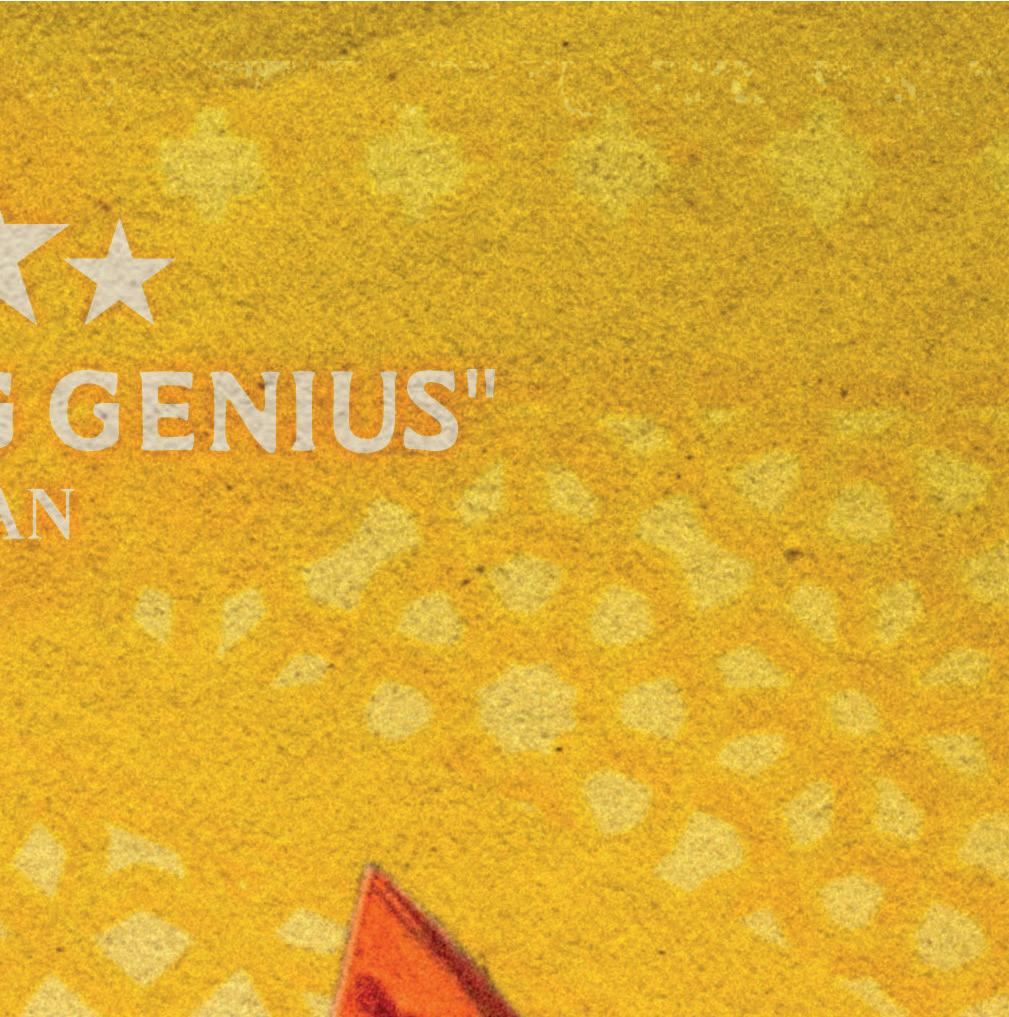
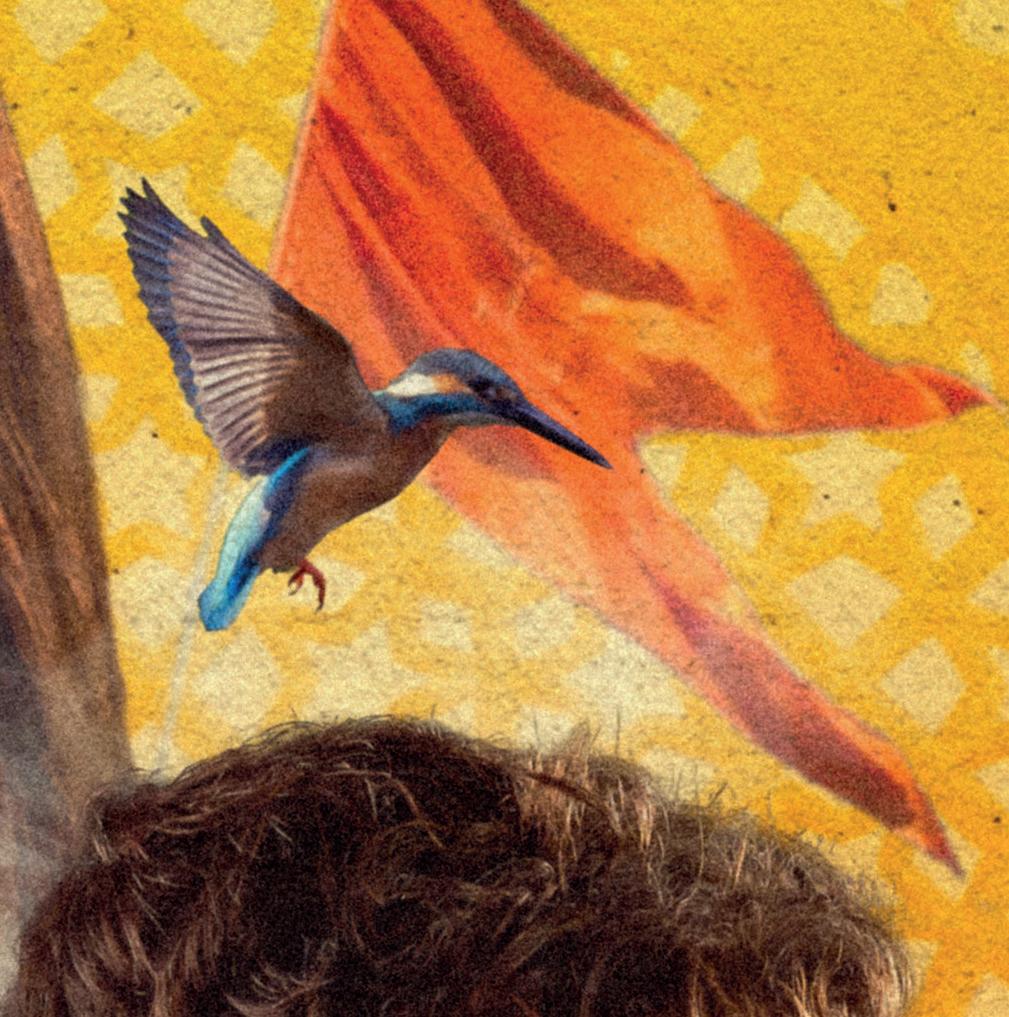
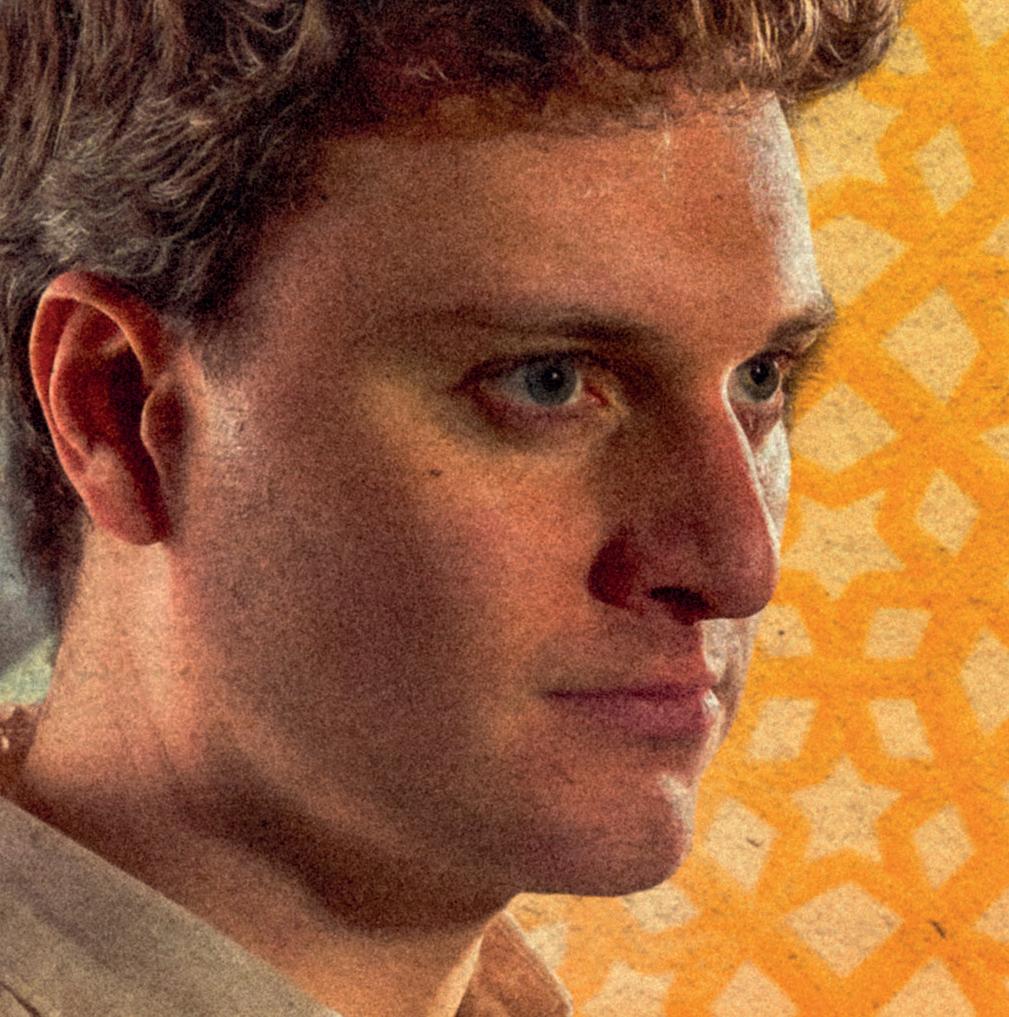
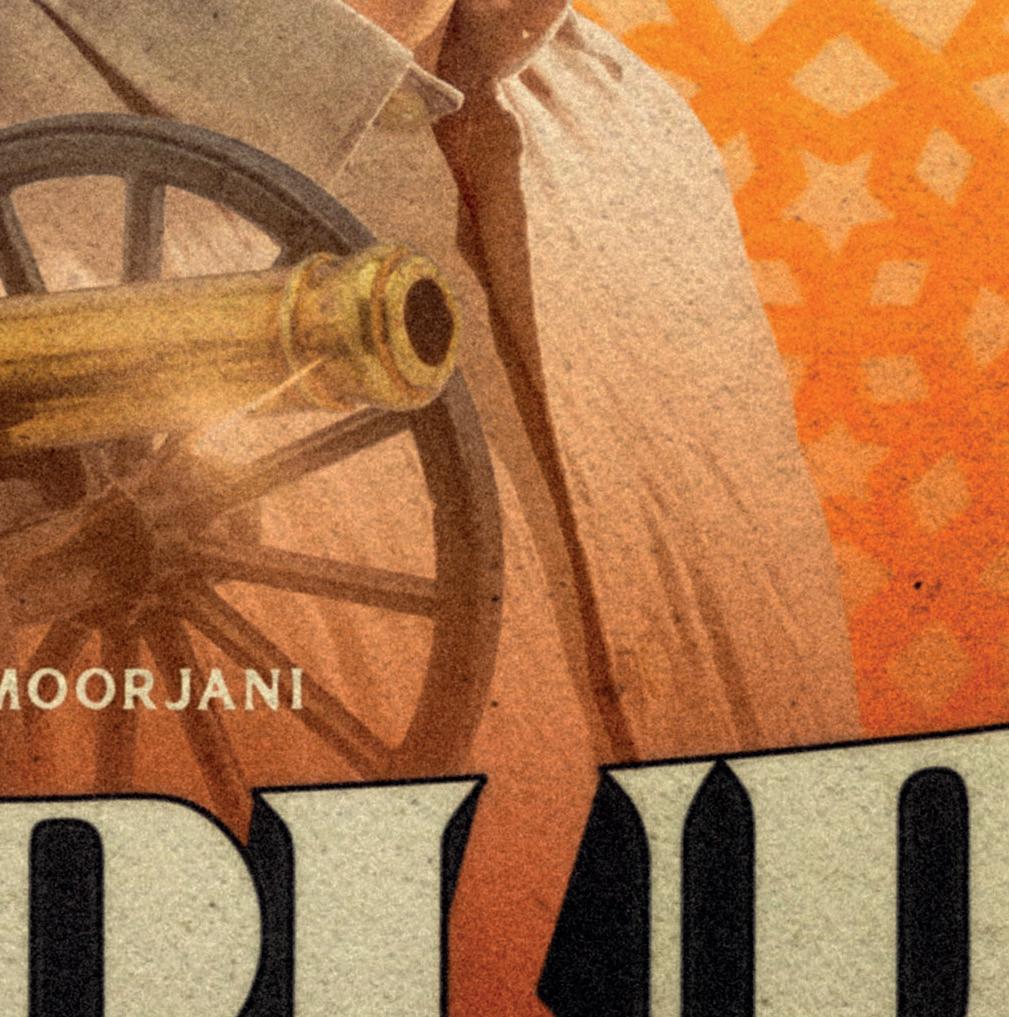
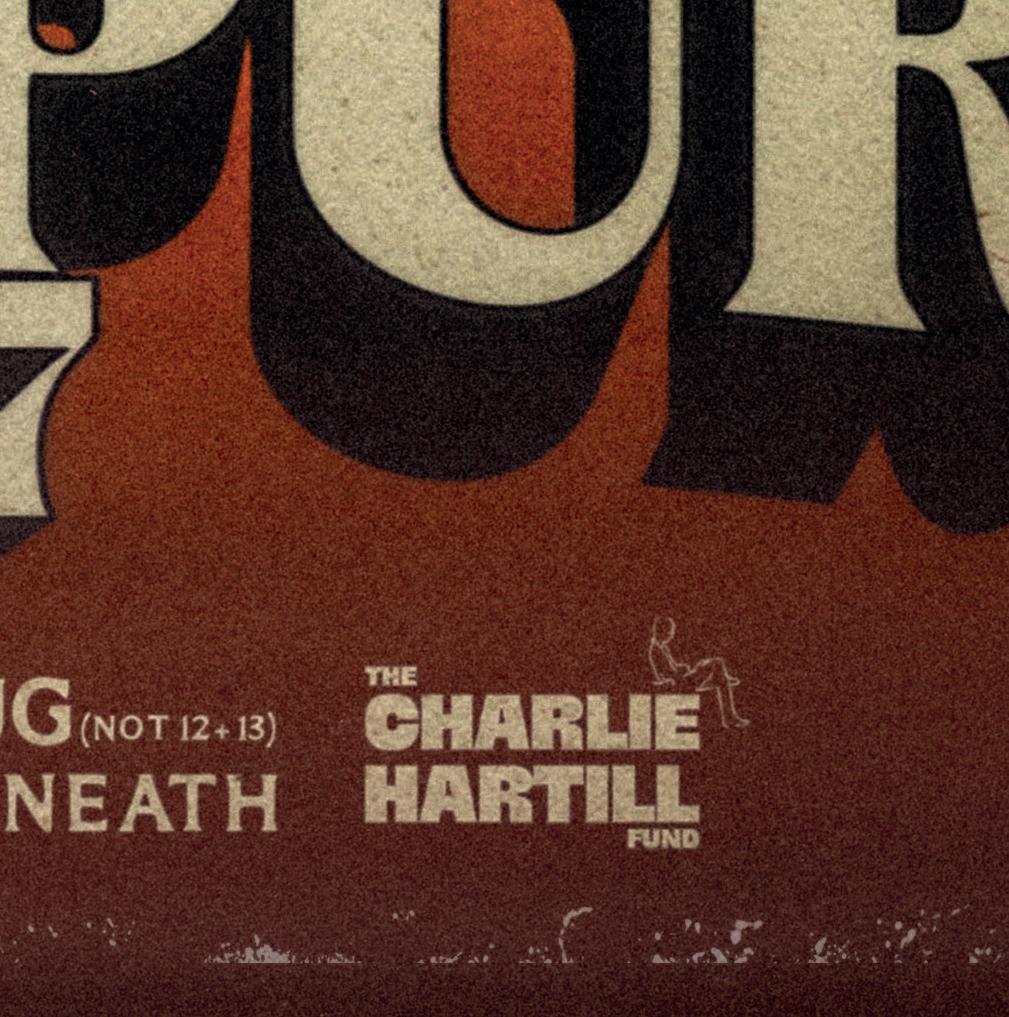
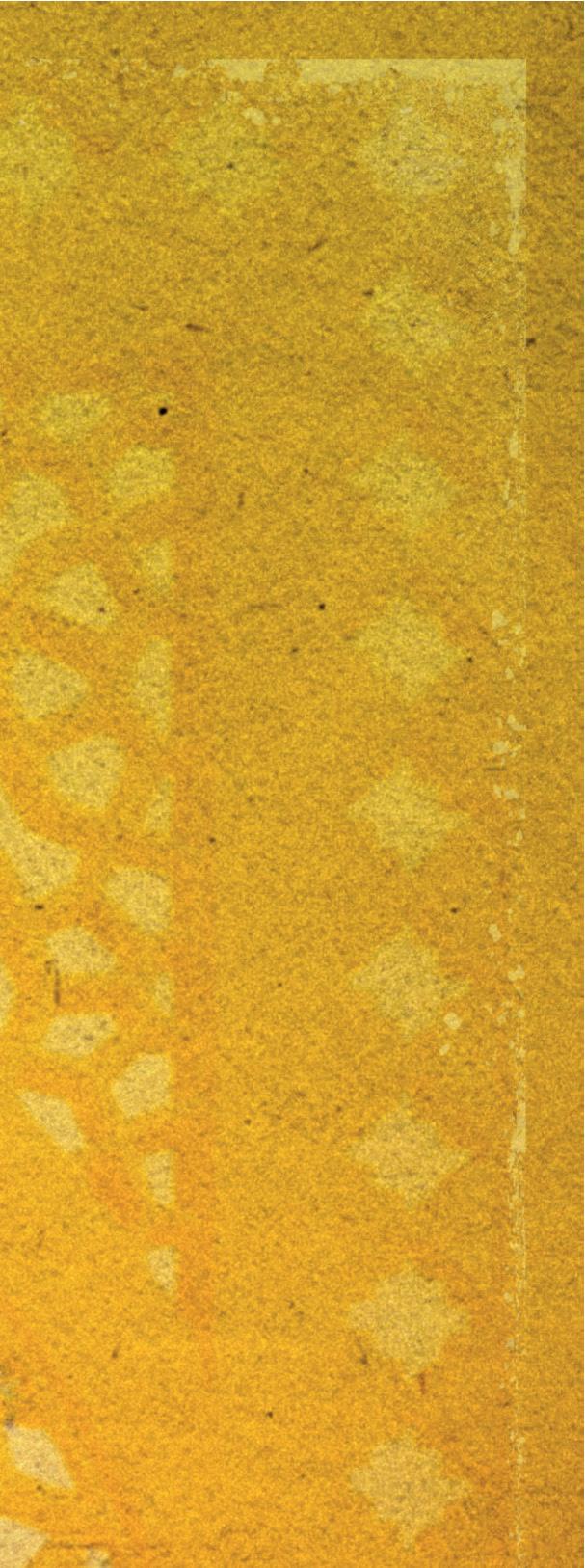
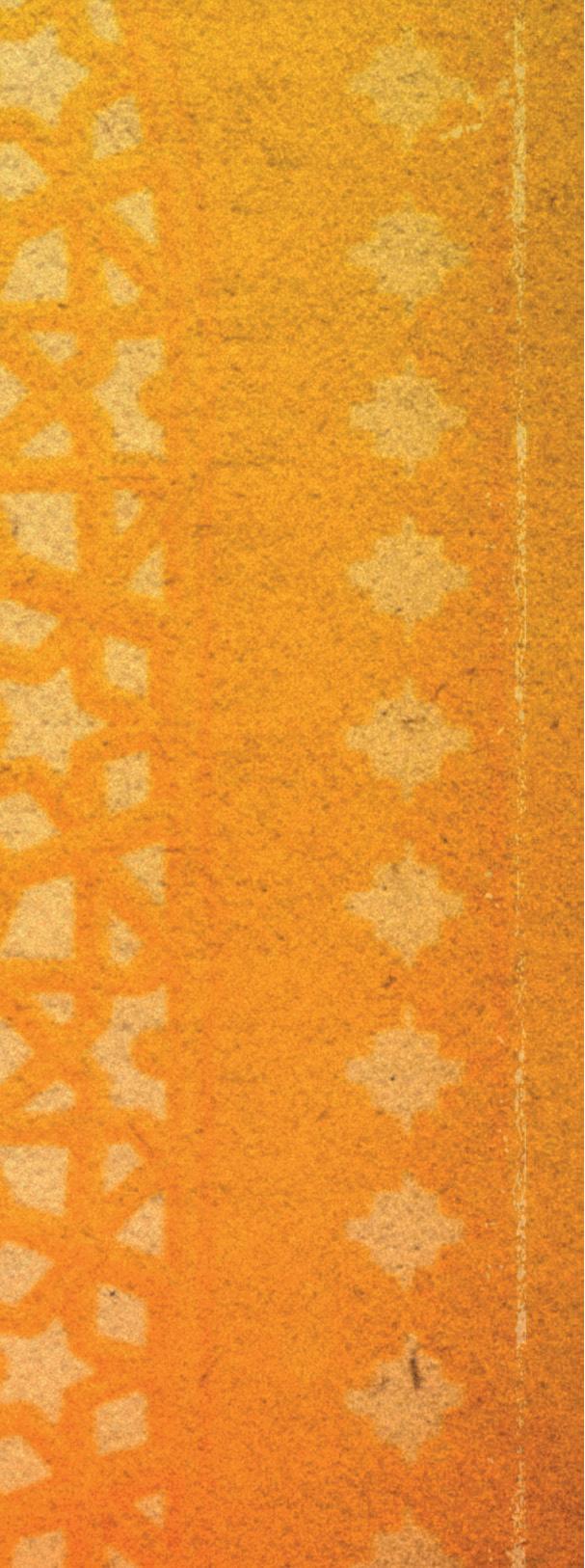
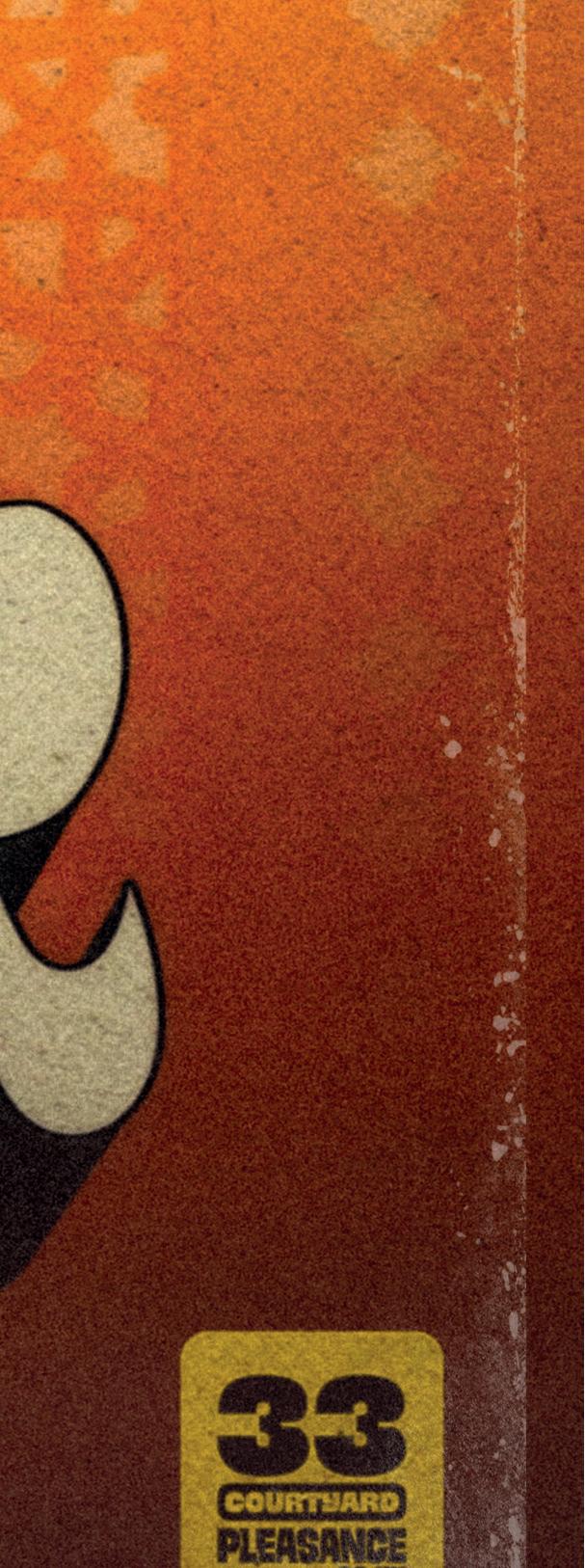
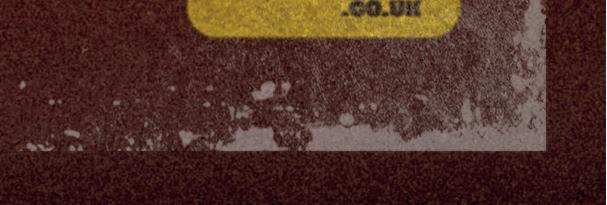
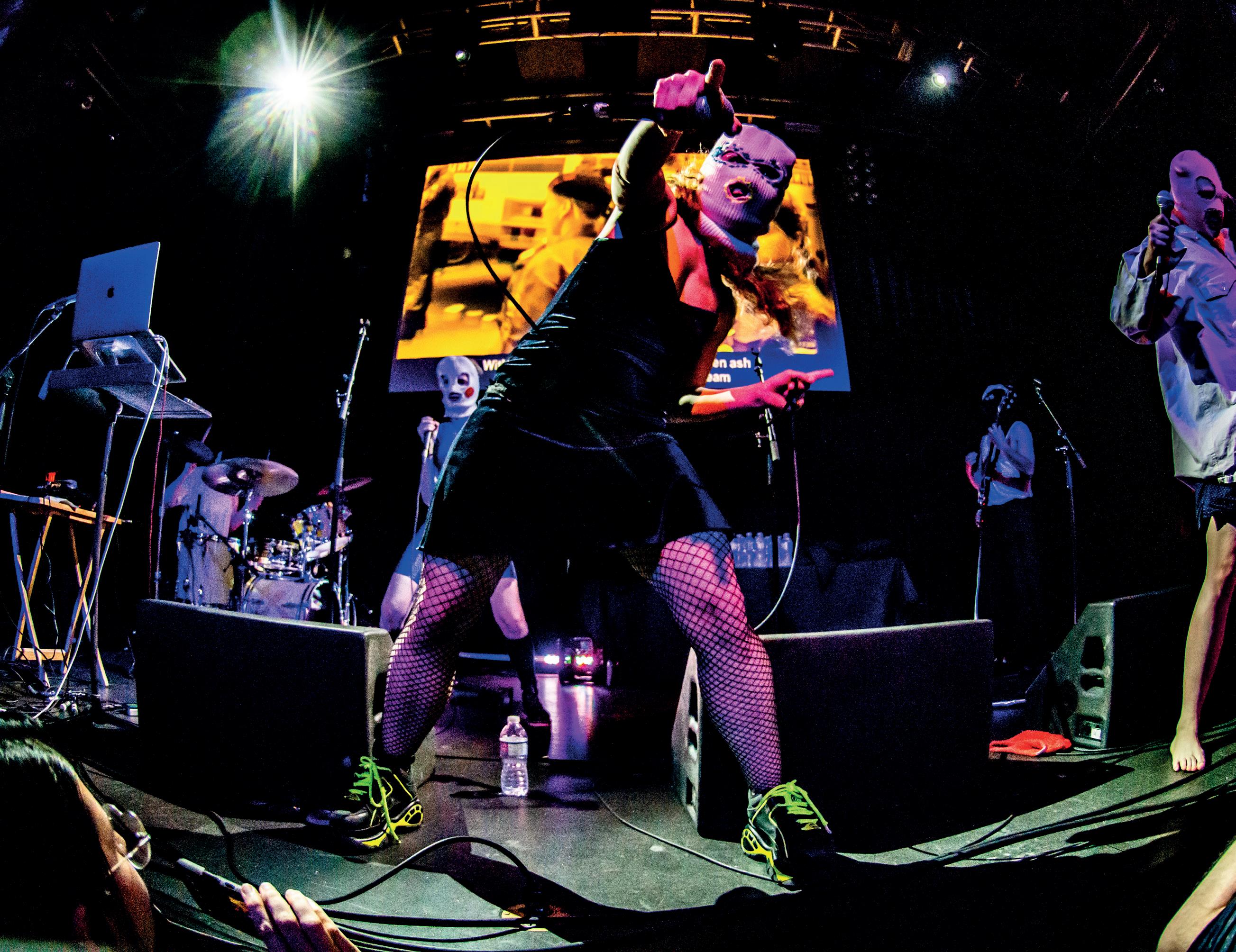
poisoned; our member Peter Verzilov, for example, was also poisoned by a military agent.’ Verzilov took part in Pussy Riot’s 2018 World Cup Final protest in Moscow, running onto the field as Putin watched from the stands.
In addition to these political developments, the war in Ukraine and rise of the far right loom equally large in Riot Days 2.0. ‘After we were released from prison, we started to be attacked physically by the new Nazi groups, which were sponsored by the state,’ continues Alyokhina. ‘That’s something we didn’t have before. But it’s not only about Russia because the world looks different. We see ultra-right politicians having more votes around the world; Trump is just one example. All of this we are bringing to the stage.’
While performing this show continues to be a clear form of resistance, the protest doesn’t end when the curtain closes. ‘All our Russian members have criminal cases against them because of our anti-war activity,’ Alyokhina says. ‘It’s illegal now to criticise the war; even calling it “the war” is criminal, and you can receive up to eight years in prison. That’s what we all got. One of the songs we perform on stage, “Mama, Don’t Watch TV”, became a basis for this criminal case.’
This has led to the group’s families being repeatedly interrogated and makes their crossing of borders a constant anxiety. ‘My flat was stormed with cops and my mum was very scared. They were looking for things that might be physical evidence of our crime,’ says Borisova, who is currently based in the UK.
‘I can’t see my parents,’ adds Pletner. ‘It’s extremely difficult right now to get visas and if you want to travel to countries which don’t have visa requirements, you need to think twice.’
Alyokhina adds: ‘I never thought that I would witness my father’s funeral online without the possibility of even taking the flight and saying goodbye. It’s beyond all words.’
For its cast, telling their story is simultaneously a prison sentence and a vital lifeline. ‘When we all left Russia to go on our first antiwar tour, we had nothing but this show. It’s what we needed to stay sane,’ says Borisova.
‘We have a story to tell and that’s all we have,’ Pletner concludes. ‘We can show what has happened in our country and hopefully this will inspire you to do something in yours.’
Pussy Riot: Riot Days, Summerhall, 12–23 August, 9.30pm.
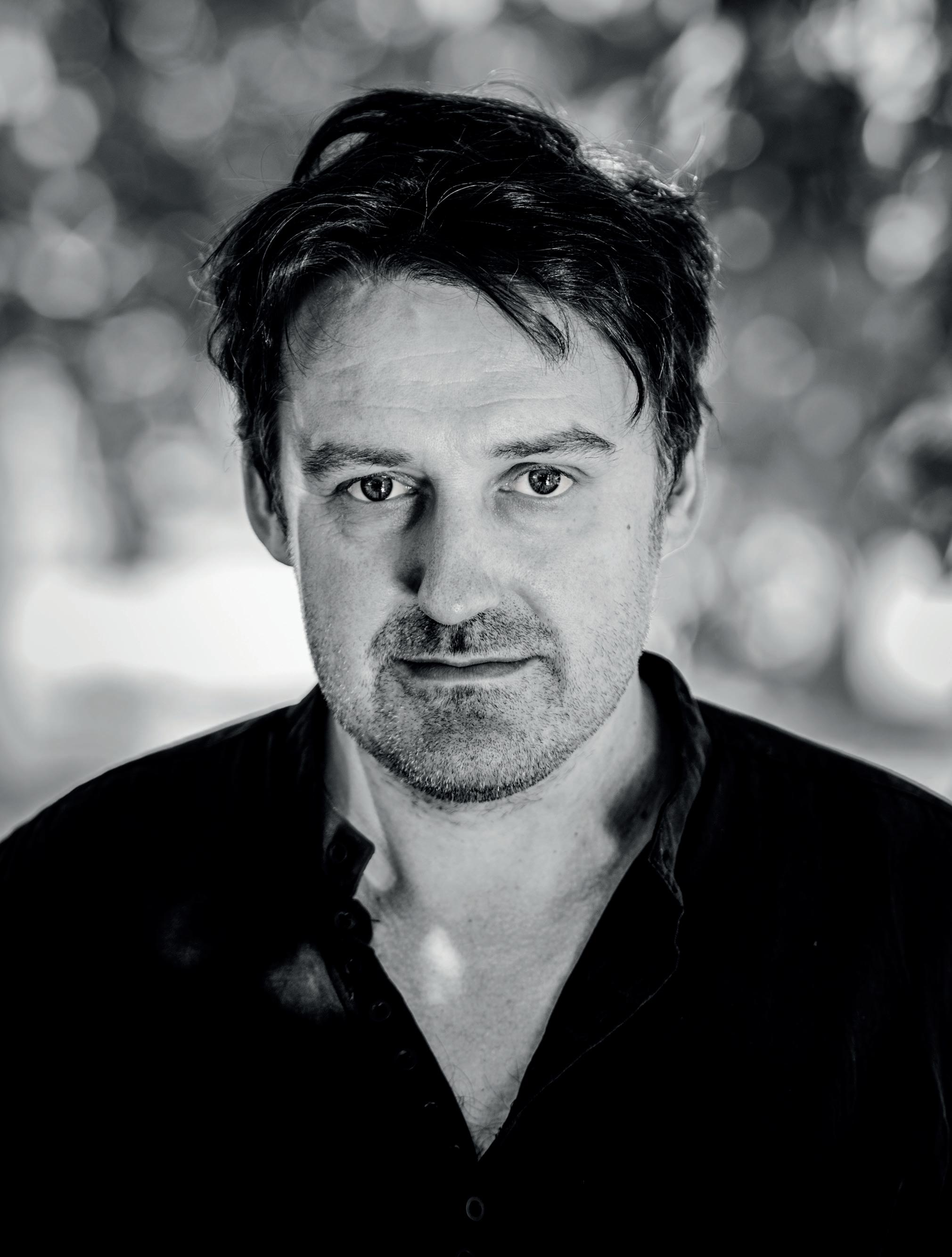
A poet has to tell different truths “
As the first Gaelic writer to become Scotland’s National Poet, Peter Mackay is acutely aware of the responsibility he has taken on. Ahead of his three Book Festival events, our new Makar tells Allan Radcliffe that he’s also keen to simply have fun with words
With his appointment as Makar last December, Peter Mackay added the feather of National Poet to an already richly festooned cap. His poetry collections, Gu Leòr (Galore) and Nádar De (Some Kind Of) were shortlisted for the Saltire Society’s Poetry Book Of The Year in 2015 and 2020 respectively. Alongside his day job as senior lecturer in literature at St Andrews University, Mackay, originally from the Isle Of Lewis, has edited anthologies and critical works, and is the author of a major biography of Sorley MacLean, his fellow Gaelic poet.
Prior to his appearance in not one but three events at this year’s Edinburgh International Book Festival, he’s been taking a well-deserved break in Spain. ‘I’m looking forward to having some time to myself to just muck around with words,’ he laughs. Following this two-week sojourn, Mackay’s trio of events will reflect different aspects of his career, and the particular stamp he’ll put on his tenure as Makar.
While the role requires him to work with schools and encourage engagement with poetry across the country, as the first Makar from a bilingual Gaelic-English background, his appointment opens the door to widening interest in Gaelic literature and language. ‘I do get to put my own shape on the Makar role to a large extent,’ he says, ‘and every event that I appear at there will be some Gaelic.’
As a writer who frequently translates his own work into English, Mackay has long been interested in translation, and in the array of languages that are spoken across Scotland. As he points out, all of his Makar predecessors (Edwin Morgan, Liz Lochhead, Jackie Kay and Kathleen Jamie) have written in Scots; indeed, Morgan is renowned for creating an entire alien language for his poem ‘The Loch Ness Monster’s Song’.
For one event, Mackay will lead a workshop on translation, exploring the kinds of challenges that can arise in terms of meaning and sound, allusion, ethics and perspective. A second event, Our Mother Tongues, curated by Mackay, features poets based in Scotland who write in a range of languages, including Polish, Spanish and Arabic as well as Gaelic and Scots. ‘I get a huge amount out of translating. Every poetry translation is different, and when I’m translating my own work, the two versions sometimes grow up alongside each other; and sometimes translating is like writing a

Arabic as well as Gaelic and Scots. ‘I get a huge amount out of translating. Every whole new poem.’

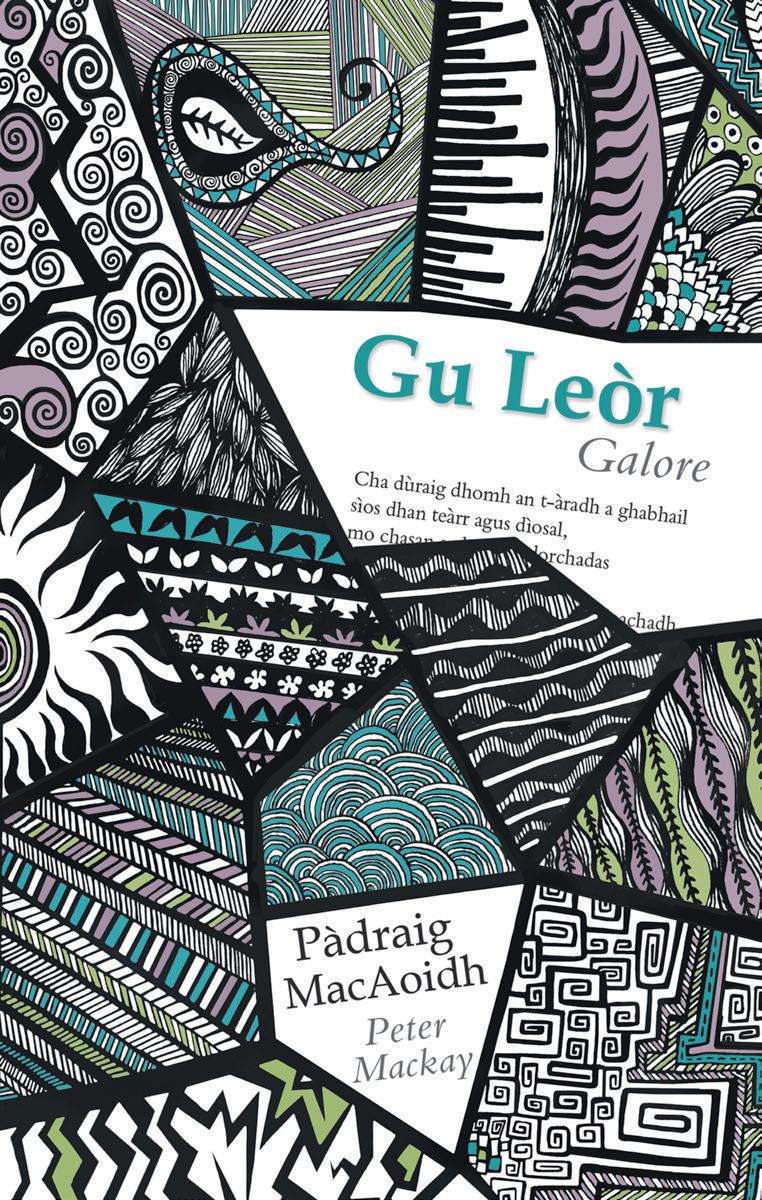

Mackay will have the stage to himself for his third Festival appearance, a wideranging event entitled Meeting One’s Makar. While the recent expansion of his profile and newfound public role appears to run counter to a line in his poem ‘Pluto’ (‘there are advantages in anonymity’), Mackay points to the balance that his four predecessors struck during their own spell in the role. ‘They were all comfortable public speakers, but they would squirrel away time for their own writing.’
ranging event entitled Meeting One’s Makar. While the recent expansion of his profile



















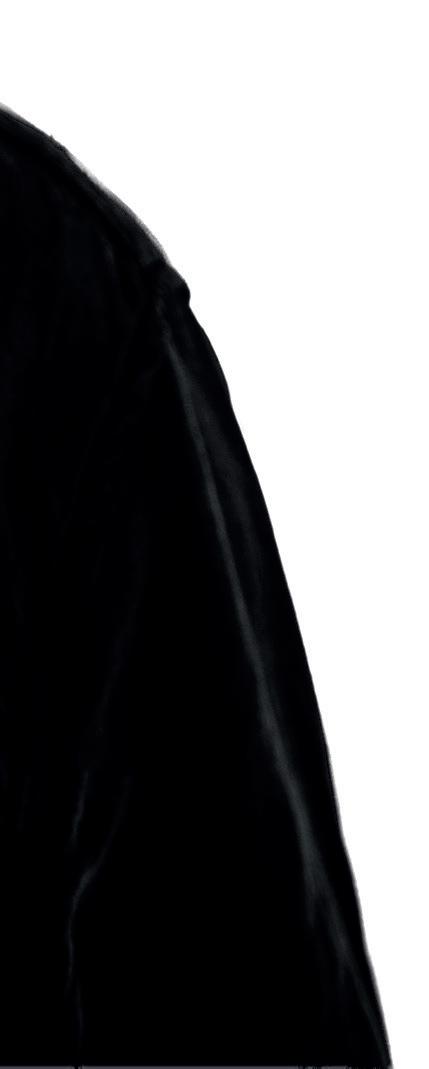
Mackay is at ease with the creative requirements of being Makar, including writing to commission and responding to public events. The subjects explored in his two collections and other published poems are diverse, with works ranging from playful vignettes, lyrical engagements with the natural world, and raw, hard-hitting looks at immigration and homelessness. He recognises the stereotypes associated with Gaelic culture but has always pushed back against expectation in his own writing.
‘I think I was about seven or eight when I became aware that Gaelic was a threatened language, and that there was a certain responsibility to writing about, and in, the language. But a poet has to tell different truths, otherwise you can risk falling into platitudes, which really would be the death of a language.’ As an aspiring young writer, Mackay was inspired by the work of Christopher Whyte, who wrote novels in English, including The Warlock Of Strathearn and The Gay Decameron, and poetry in Gaelic. As Mackay makes clear, no subject was off limits for the Glasgow-born author. ‘Whyte’s attitude was always “I’m going to write about what I’m going to write about”, and reading his poetry made me realise I could do the same. It was hugely liberating.’
struck during their own spell in the role. ‘They were all comfortable public speakers, with writing to commission and responding to public events. The subjects explored two natural and culture As by going to liberating.’


Our Mother Tongues, 11 August, 6pm; Translating Poetry, 12 August, 1.30pm; Meeting One’s Makar, 12 August, 6pm; all events at Edinburgh Futures Institute.
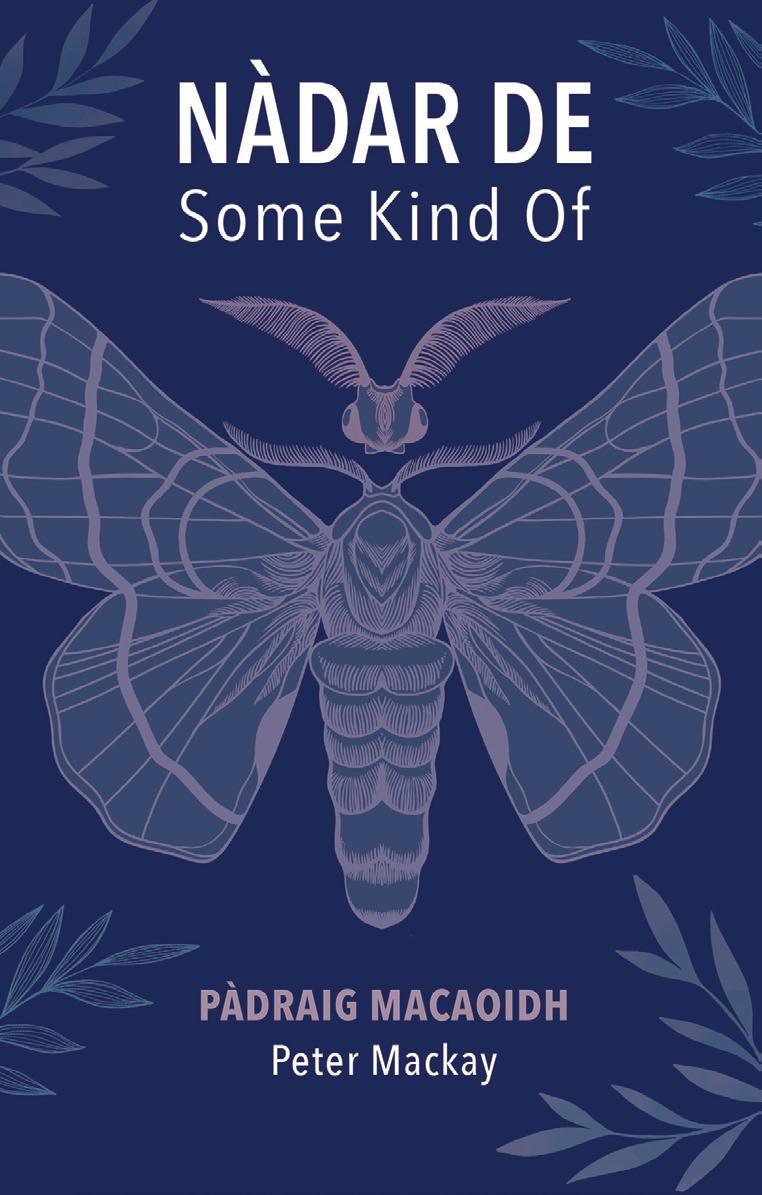
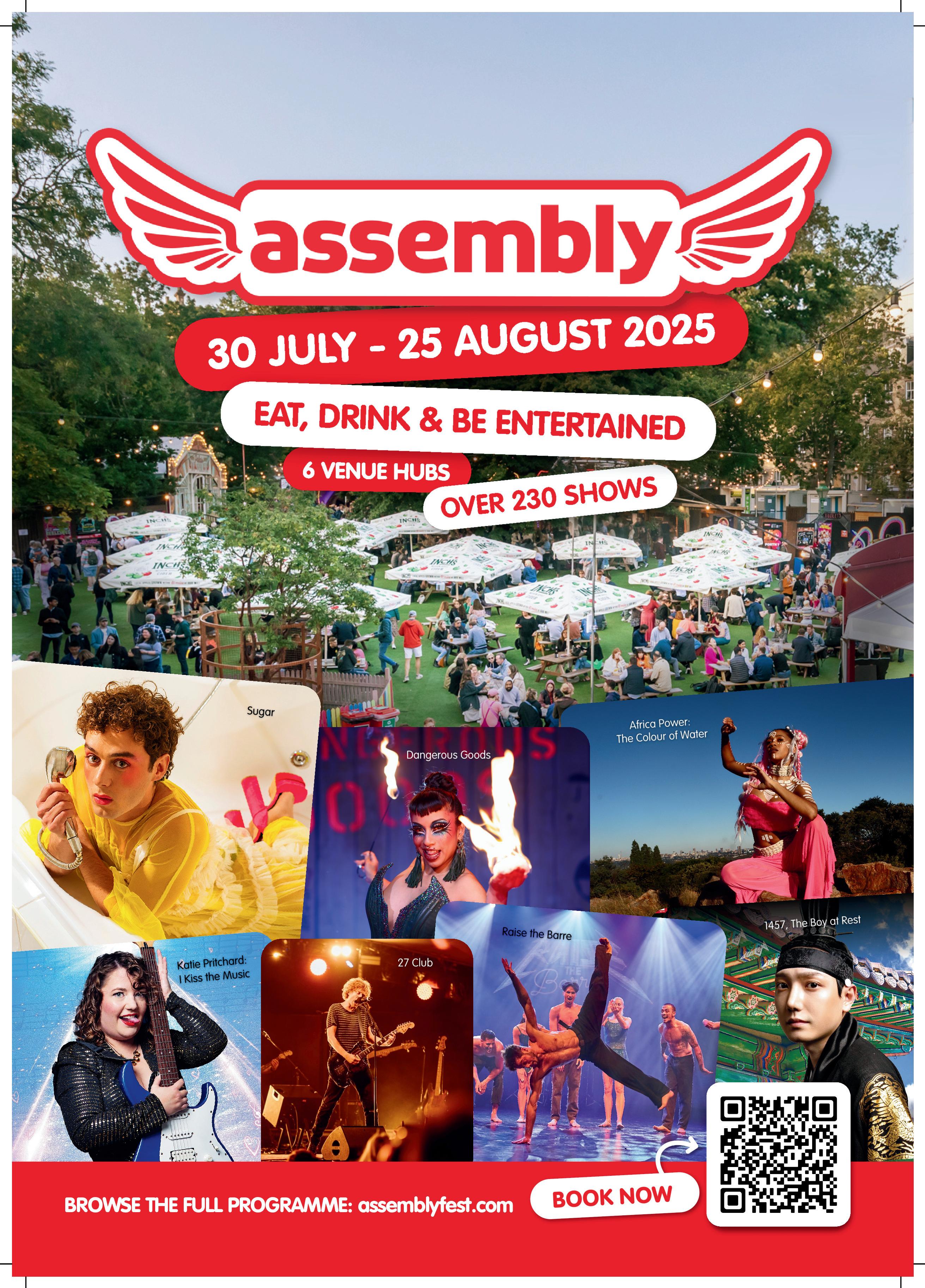
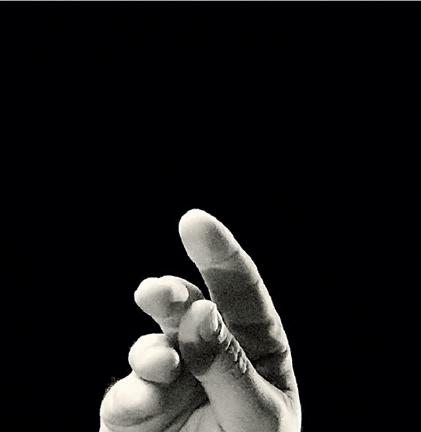
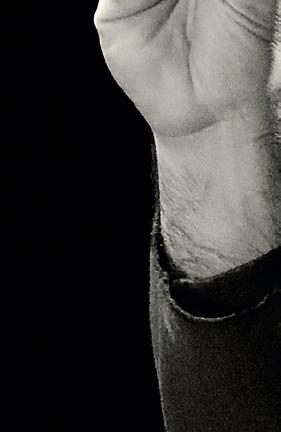
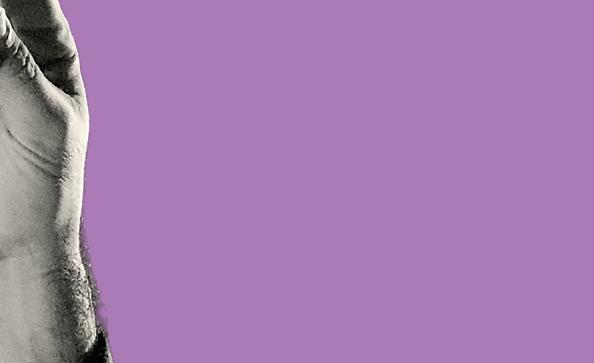



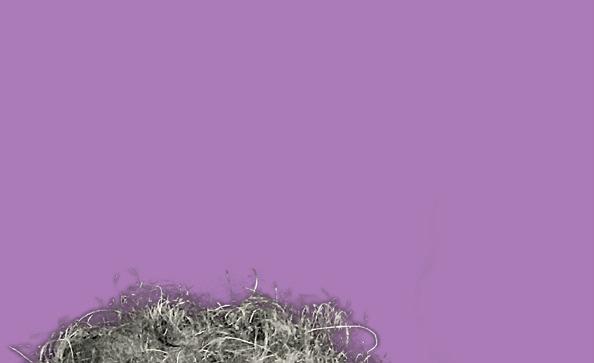
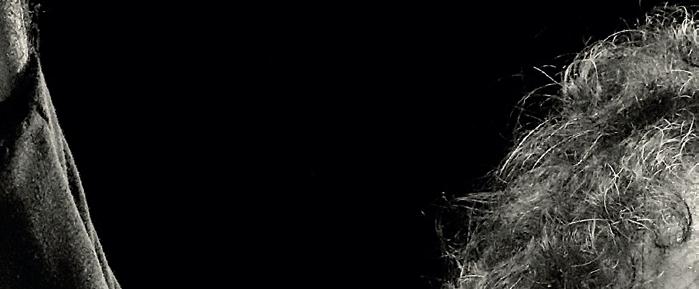
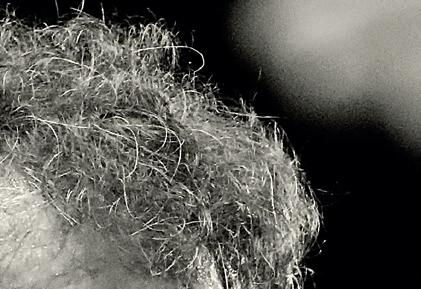
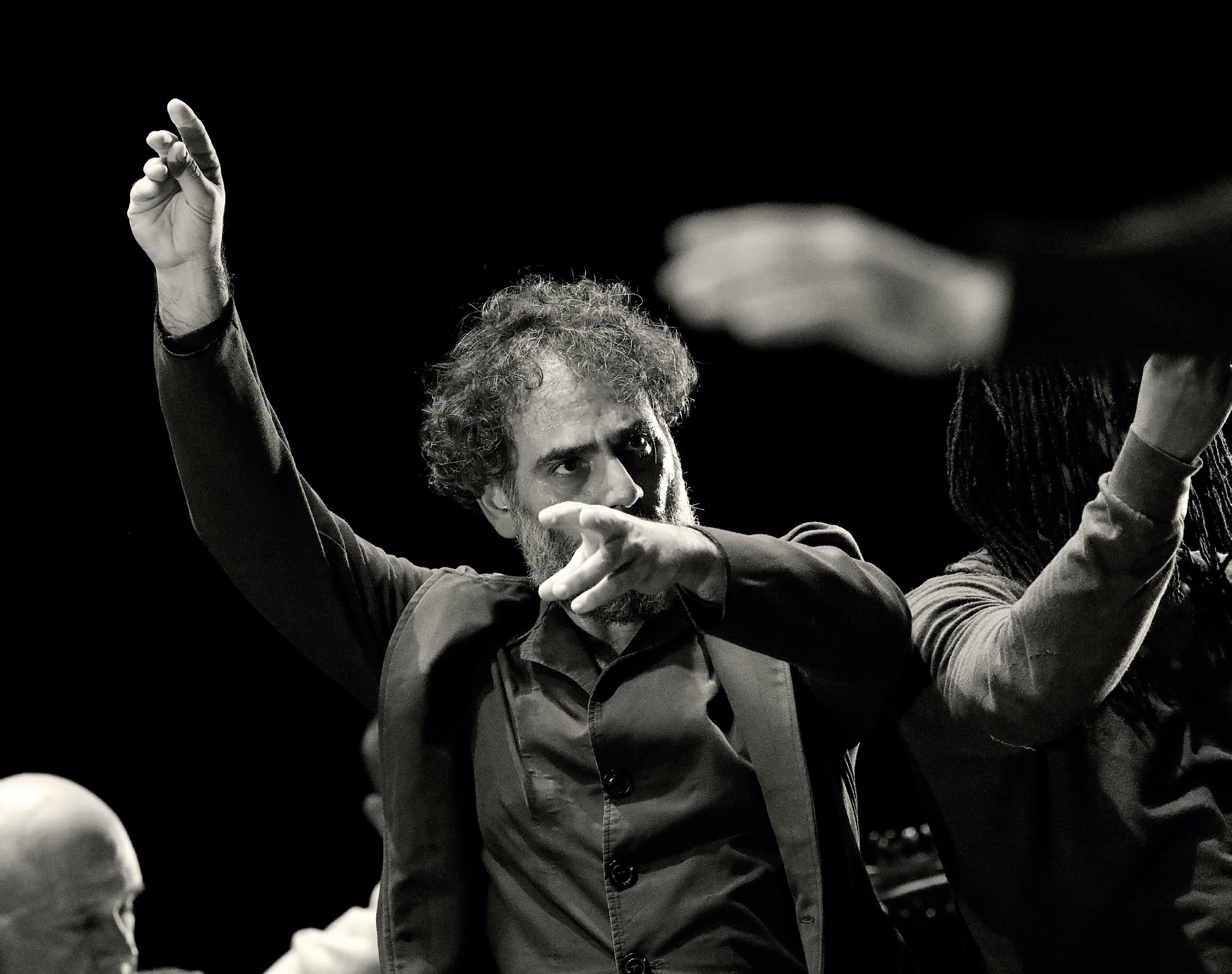
As a teenager, Omar Rajeh loved physics and mathematics. ‘I was obsessed . . . I feel this may be what drew me into dance. Today, I feel I’ve gone beyond just thinking about dance from a physics perspective, in terms of dynamics and kinetics.’ He tells me this over Zoom from a cavernous rehearsal studio in Liège, Belgium, where he and nine performers are refining his new show Dance People, which is about to have its world premiere at Edinburgh University’s Old College Quad as part of the International Festival.
Over the course of Rajeh’s early career, the path from science to choreographer zigzagged but his interest in dance never waned. Rajeh grew up in a village in the mountains of Chouf, south-east of Beirut, where he learned folk dance. Almost by accident, he found himself at the age of 16 choreographing a performance for 18 dancers. ‘We kind of organised ourselves: we had a company, nine boys, nine girls.’ He enrolled at the American University Of Beirut to study graphic design, switched to theatre at the Lebanese University (‘because there was no dance degree in Lebanon’) and later took a dance MA in Surrey, beginning a PhD he eventually abandoned. He founded his dance company Maqamat Dance Theatre in Beirut, in 2002. By then, he’d realised he wasn’t cut out for a life in academia. ‘I felt more “poetic”, in the sense that I like composition. Composition is just as important as play.’ Rajeh fits the label of political artist, although not by choice. His creative development was inseparable from Beirut’s turbulence. Choosing to dance in a country emerging from civil war ‘seemed the most revolutionary, provocative, and confrontational thing you could do’. Wars soak into daily life; no art practice can stand apart. ‘I like thinking of dance as a questioning of our daily life, a questioning of these infinite possibilities of presence, infinite possibilities of the body.’
Expect the line between audience and dancers to blur in Lebanese-French company Maqamat’s interactive outdoor performance, Dance People. Choreographer Omar Rajeh talks to Dom Czapski about being a creative in a conflict zone and why we all need to make a little room for each other in this world
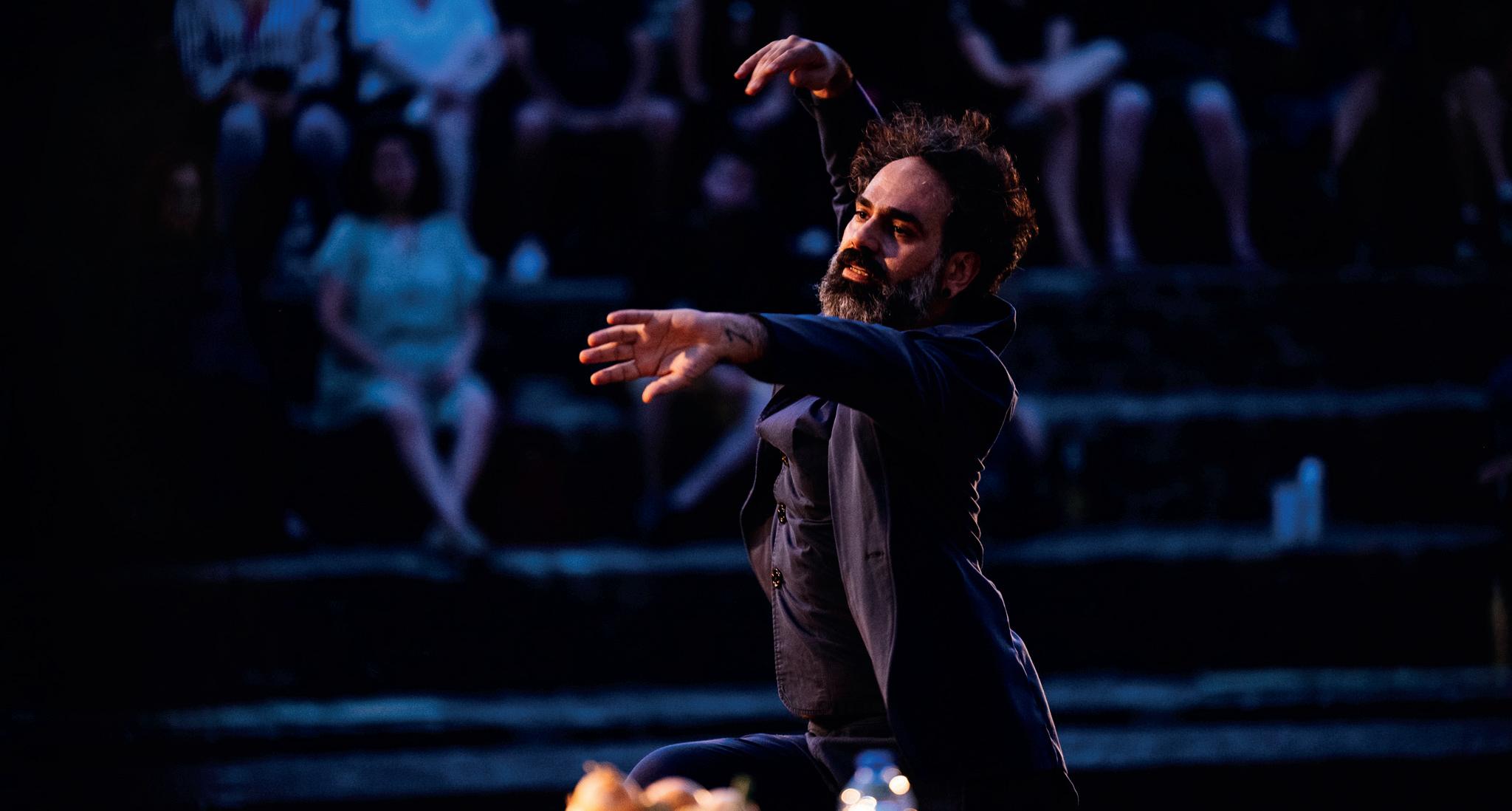
Conflict can often be crudely reduced to questions of space, and space is Rajeh’s raw material. ‘It’s very much about the distribution of space, how that defines our relationships. You find yourself in one set‑up and want to shift the dynamic into something else.’ In Beytna (2016), the audience shared a meal on stage. In Dance People, they will roam the university quad for 90 minutes surrounded by live dance, music and video graphics. The aim, he says, is a performance that is thought of as a meeting rather than a spectacle.
The DNA of his current work can be traced back to his early days as an artist in Beirut, when he returned from London to start his own dance company. He founded Bipod in 2004, a festival that grew into a major regional hub for dance, drawing international companies like Sasha Waltz, Wayne McGregor, Akram Khan and others. Out of that also came Citerne Beirut (a venue), Takween (a training lab) and recently citerne.live (a new digital platform), all evidence of a longer term philosophy: to keep dance porous, collaborative and future oriented even while Lebanon’s infrastructure collapsed.
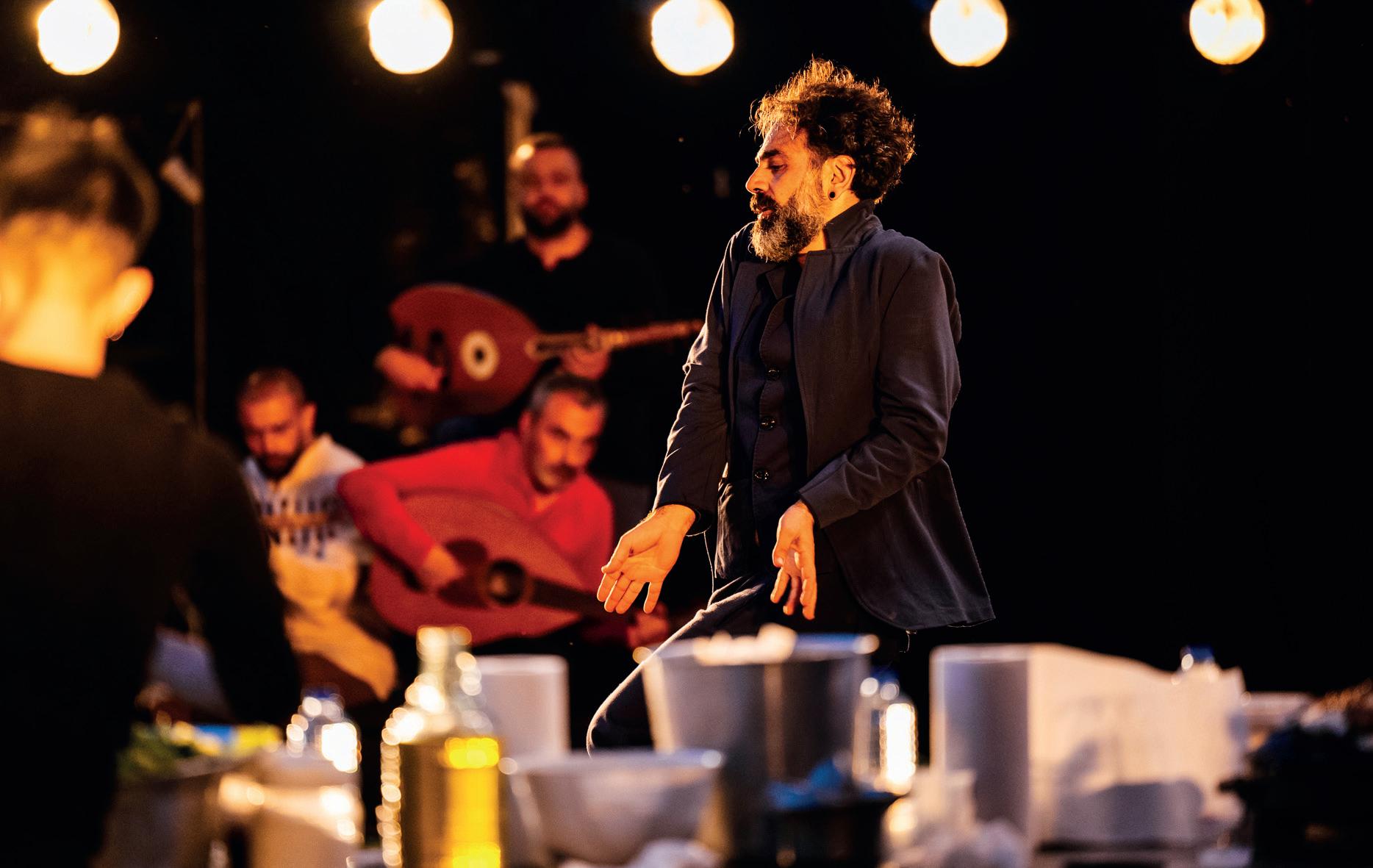
Dance People’s world premiere at Edinburgh is the latest experiment in that same ecosystem logic, cultivated now from his base in Lyon (he relocated his company there after being forced to shut down Citerne Beirut in 2019) but forever looping back to urgent questions that go beyond Lebanon. On the subject of Gaza, Rajeh says that what alarms him even more than the horror going on there is the normalisation of suffering to new generations. ‘That’s why Dance People is really about the question of gathering; about the question of respect, about the question of space. Because there is space for everyone. On a wider scale, for me it’s really a question of, “where are we going today? What kind of world do we want to live in? How can we protect spaces of tolerance?”’
This might all sound highly abstract, but Rajeh is adamant his works aren’t meant to be intellectual puzzles. To him, dance is simply a confirmation of presence, and audiences are partners in this act. In Old College Quad this summer, they’ll test this partnership. One courtyard, dozens and dozens of bodies, and, as ever with Rajeh, the hope that rearranging space might just rearrange our future.
Dance People, Old College Quad, 7–10 August, 8.30pm.
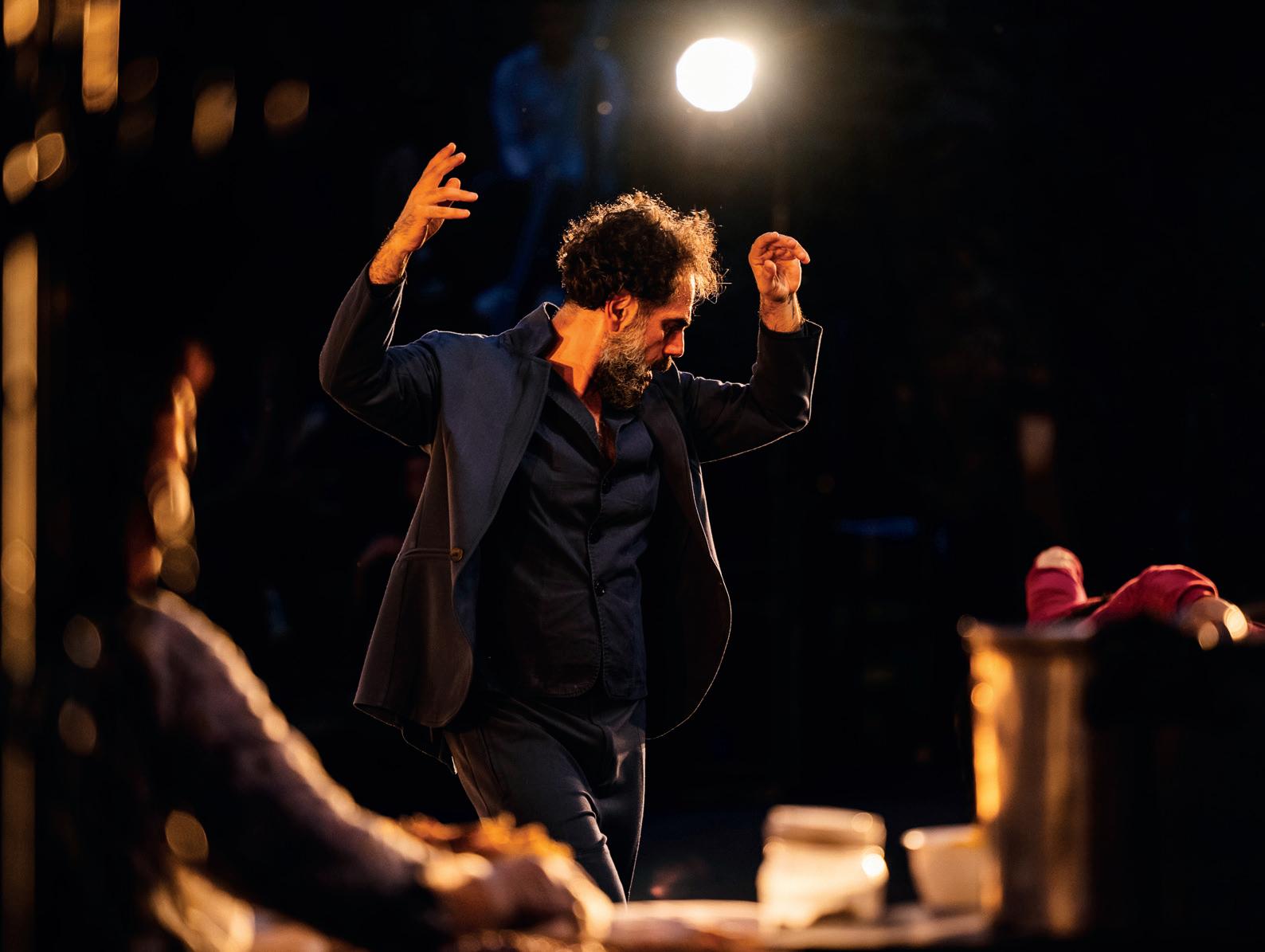












































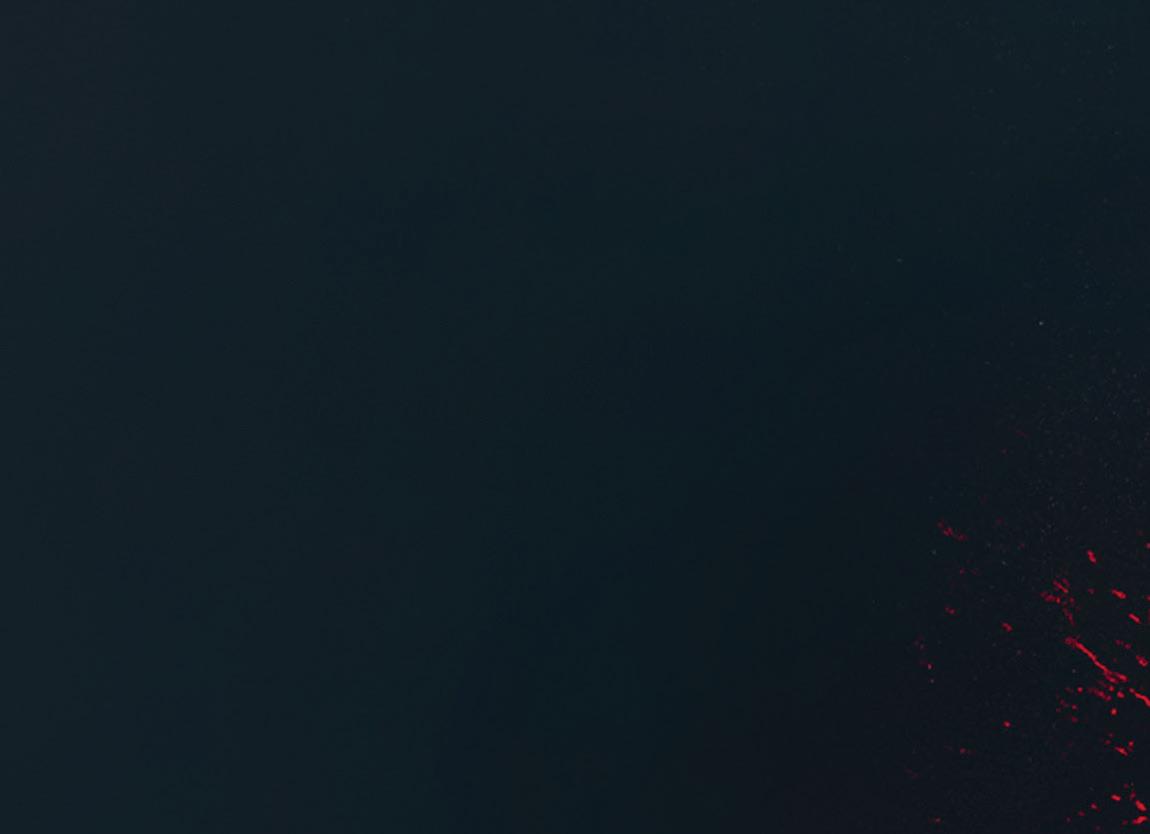


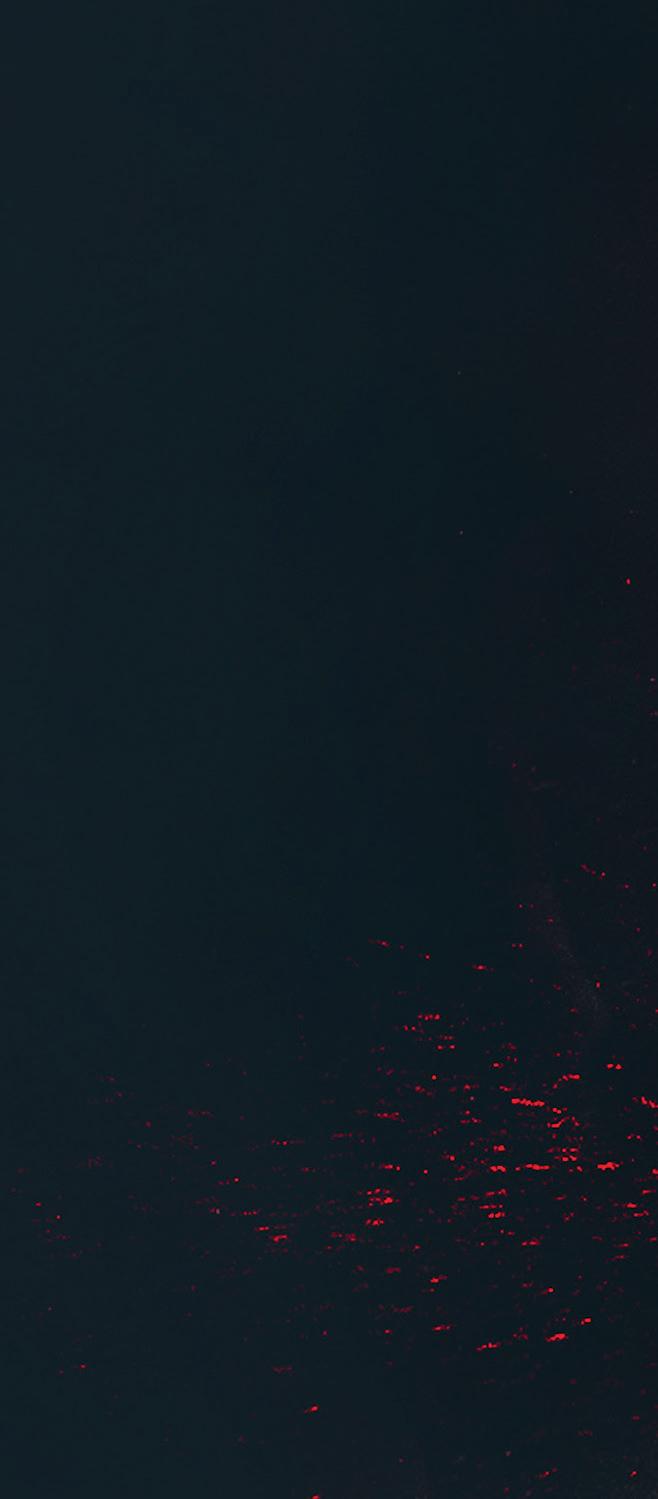












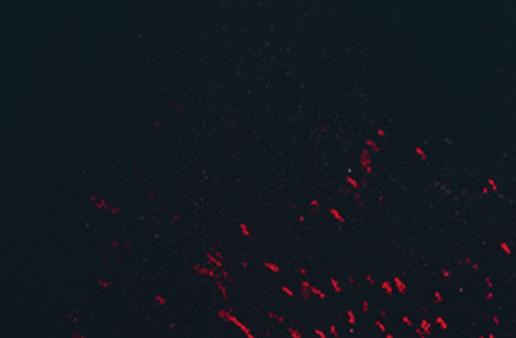


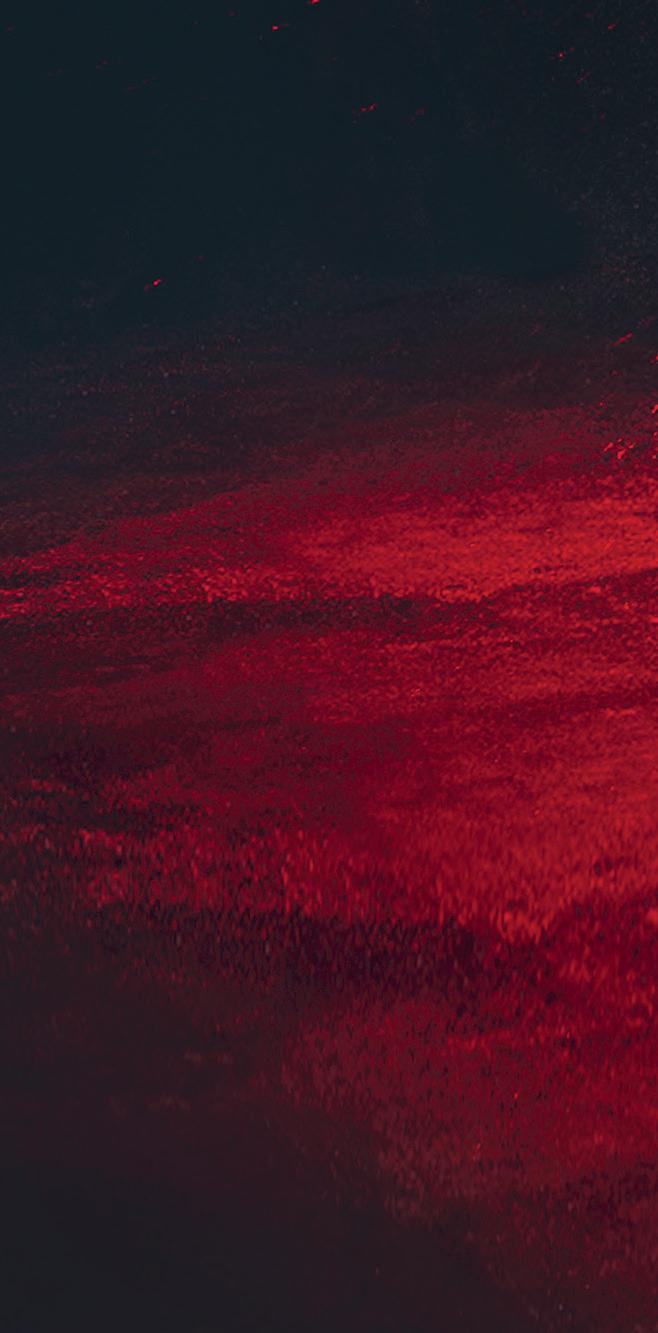


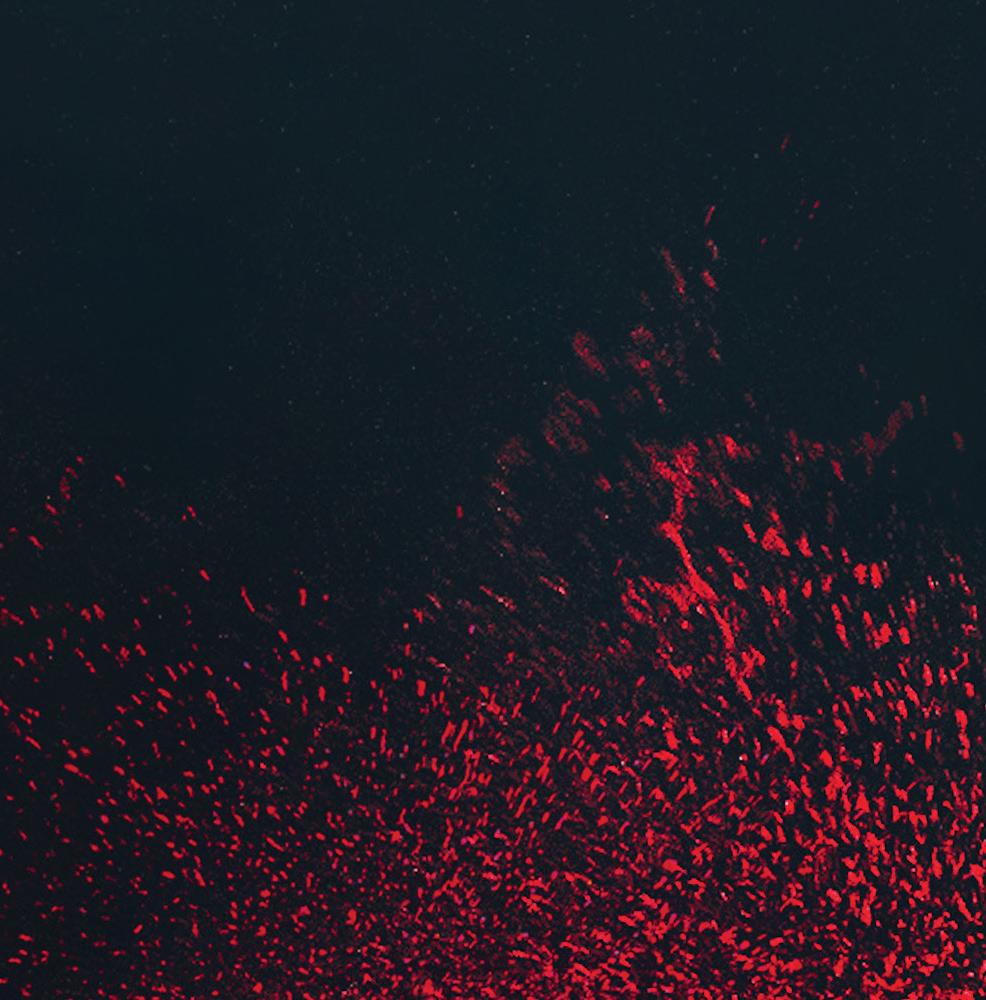















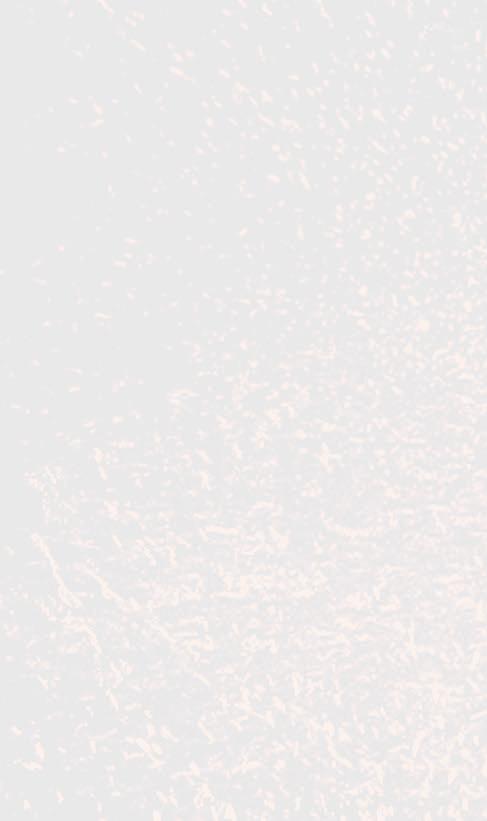









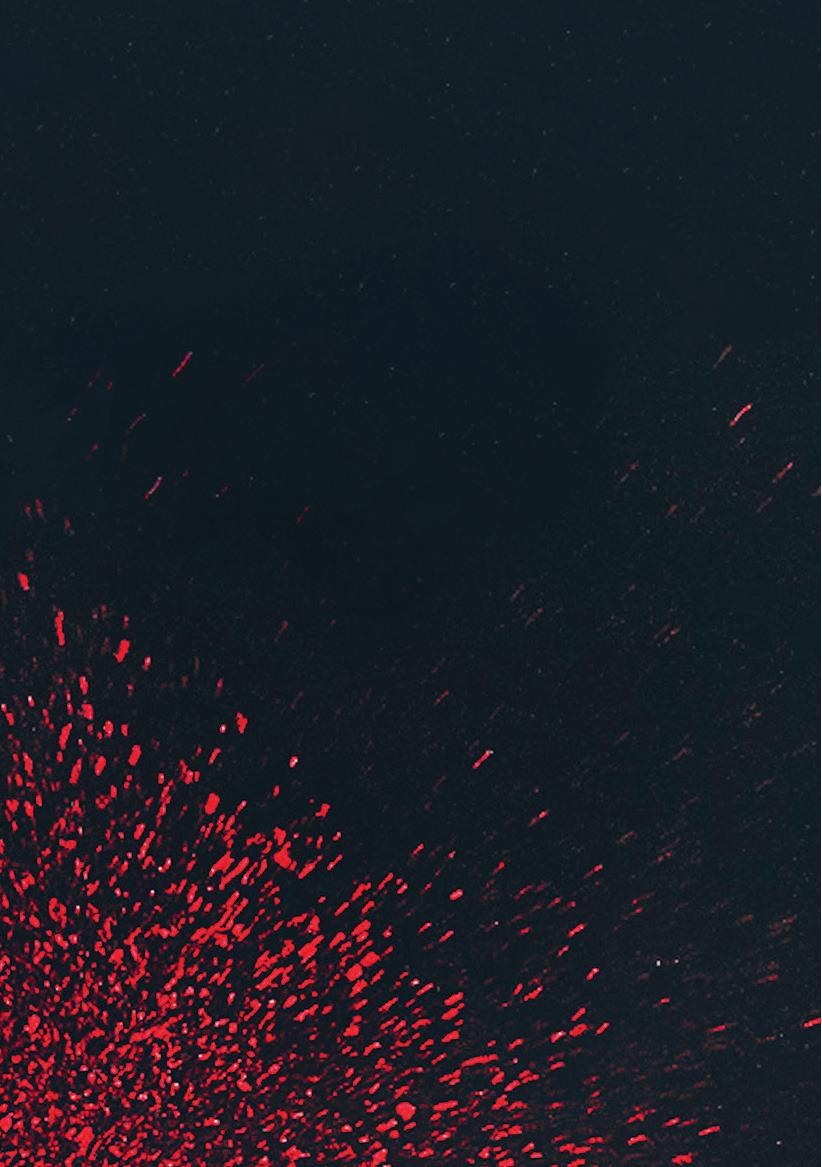

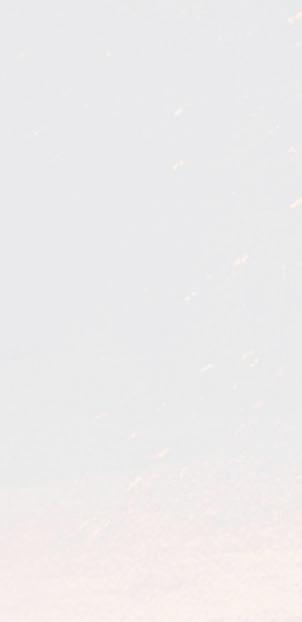
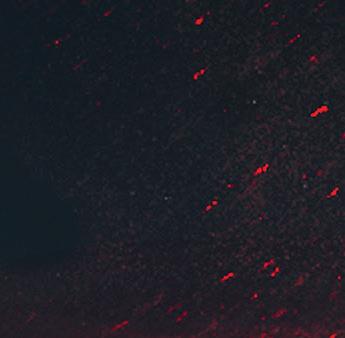


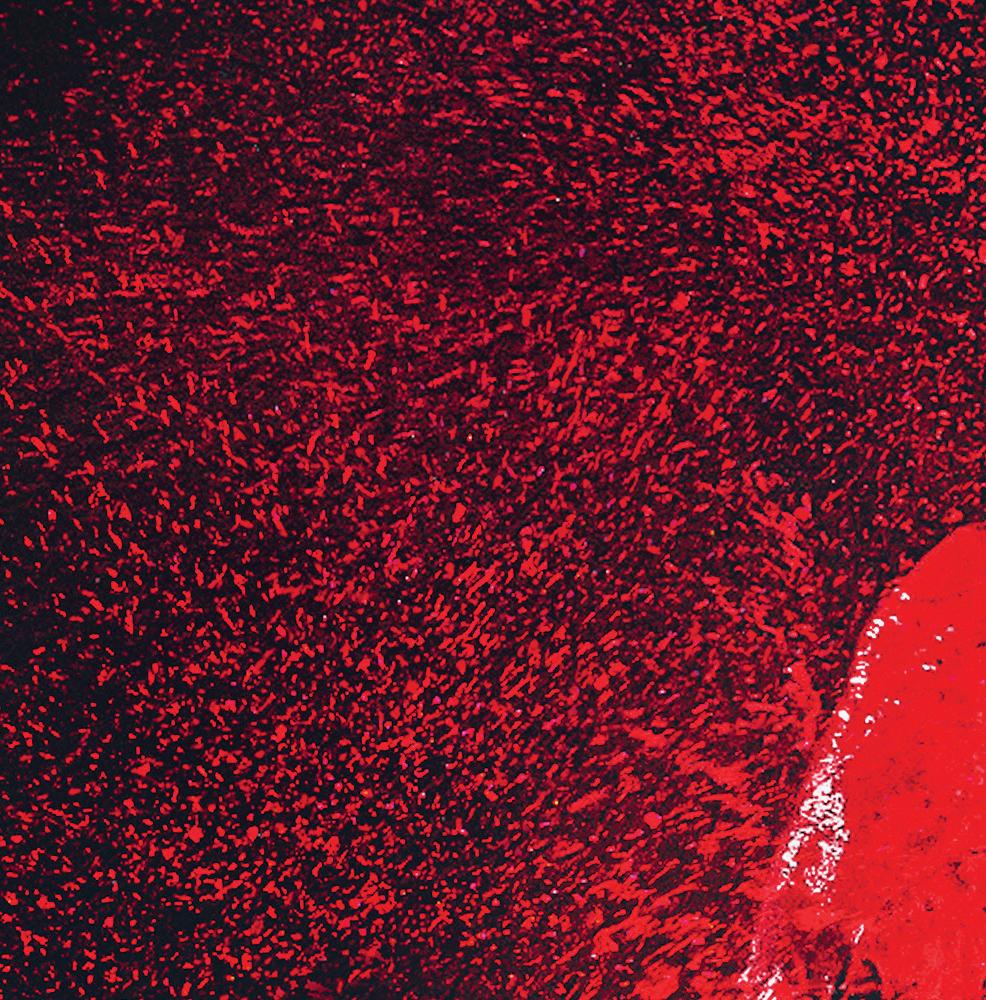



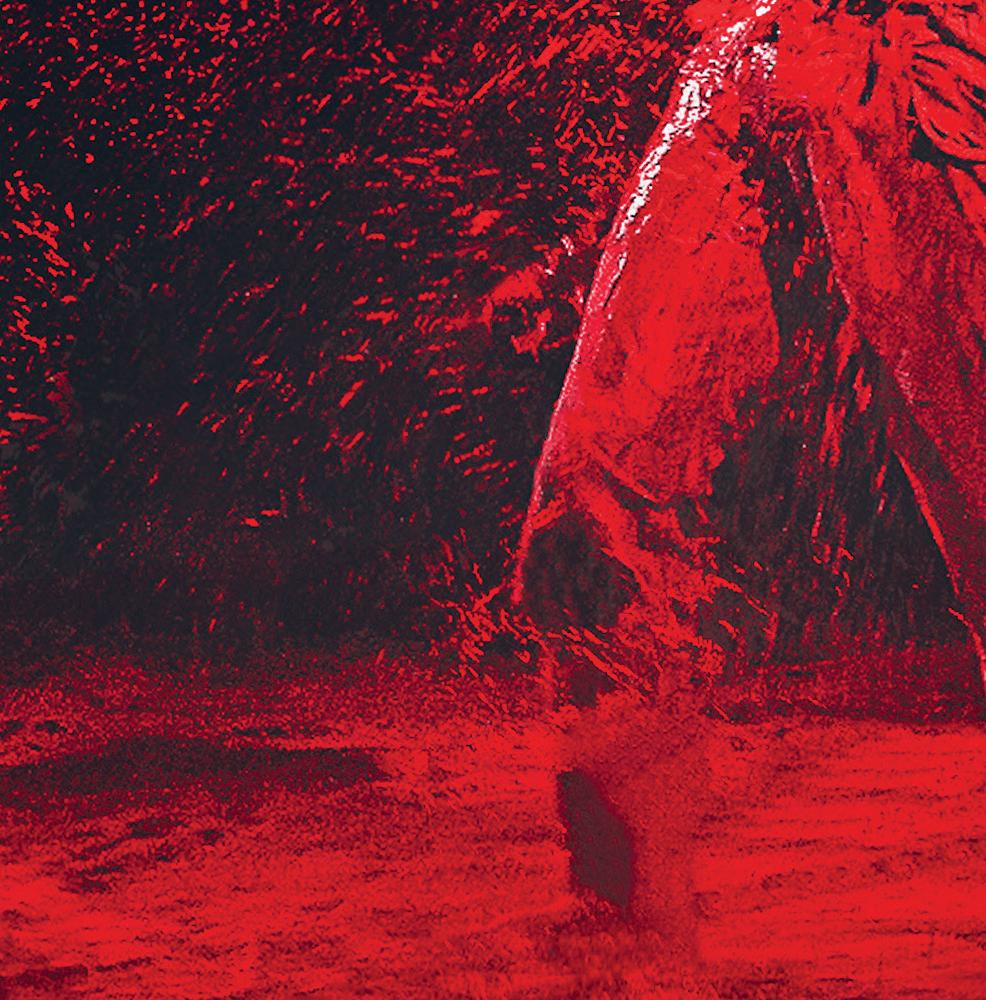
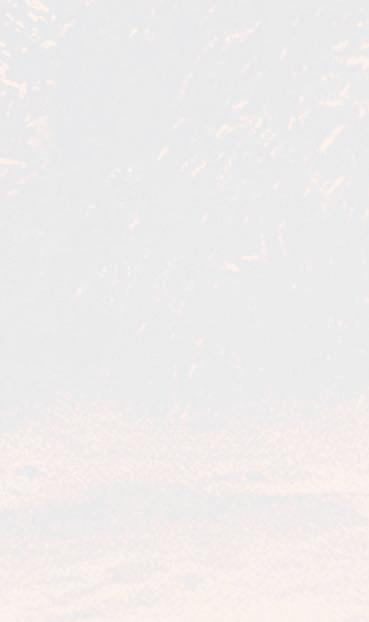
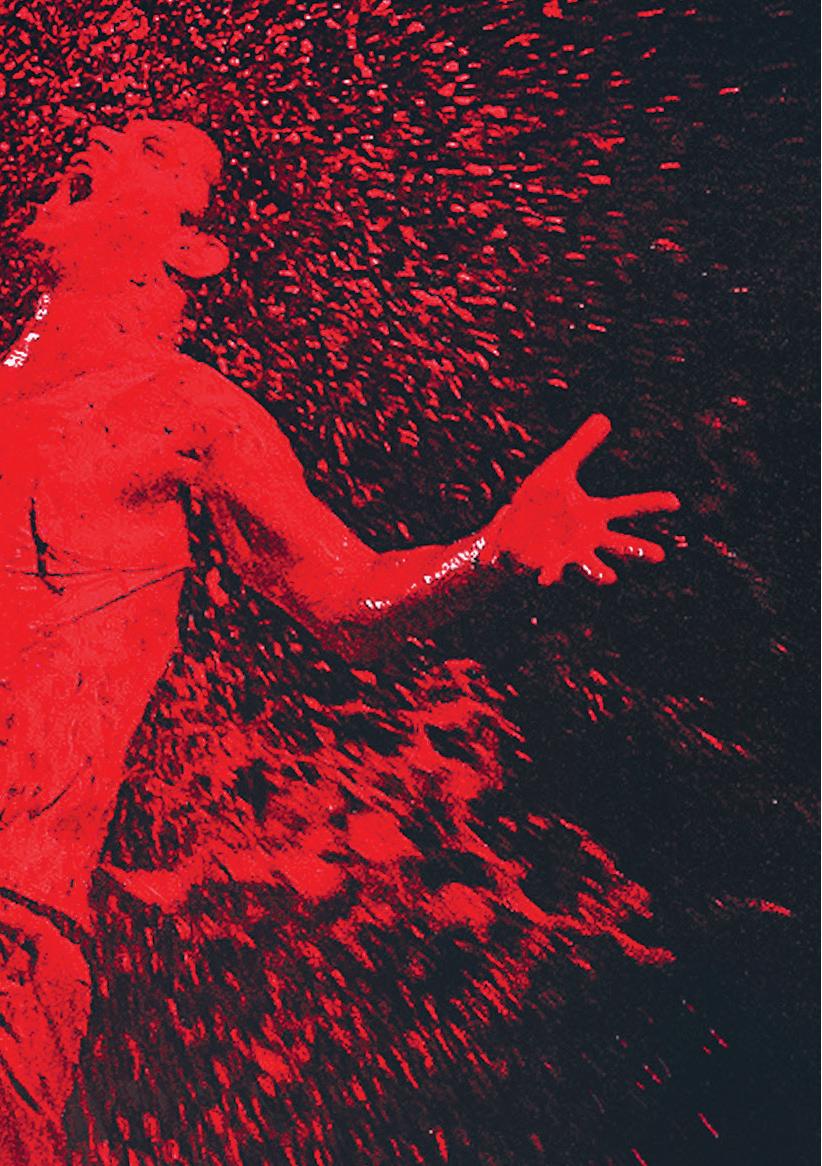



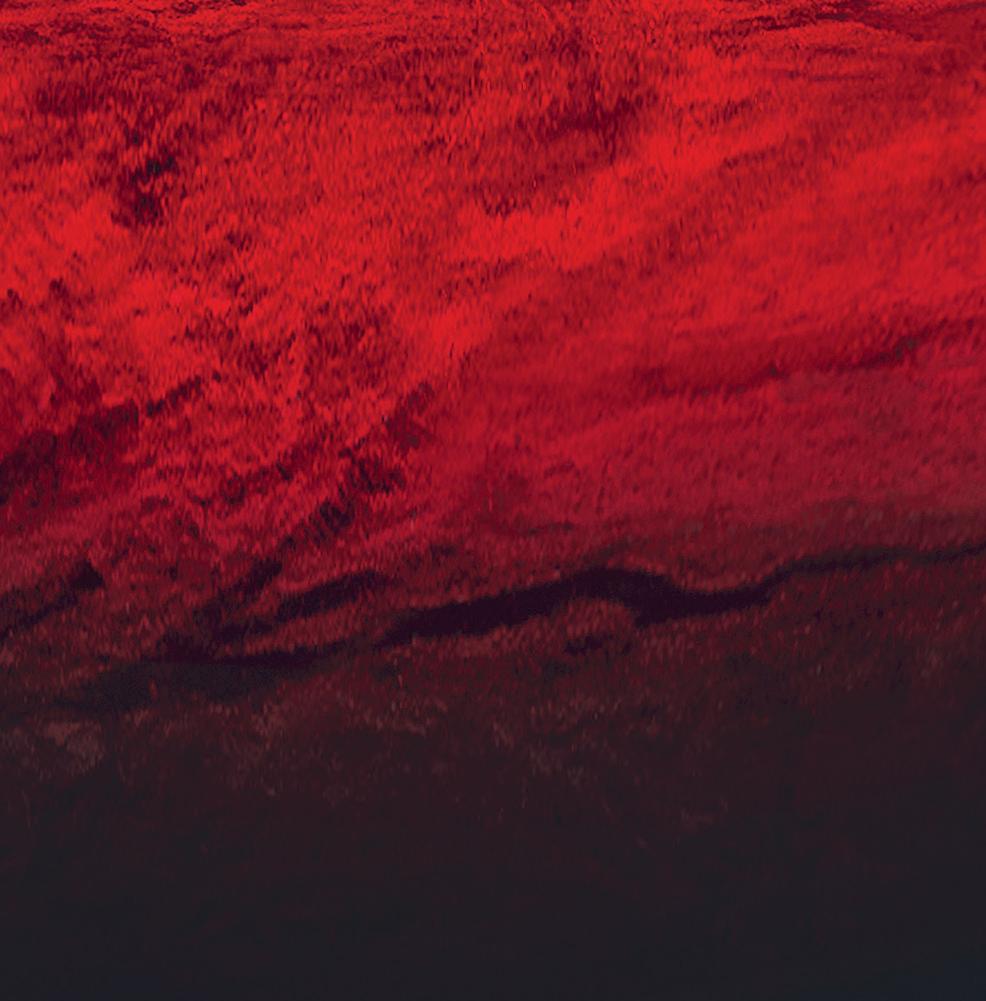







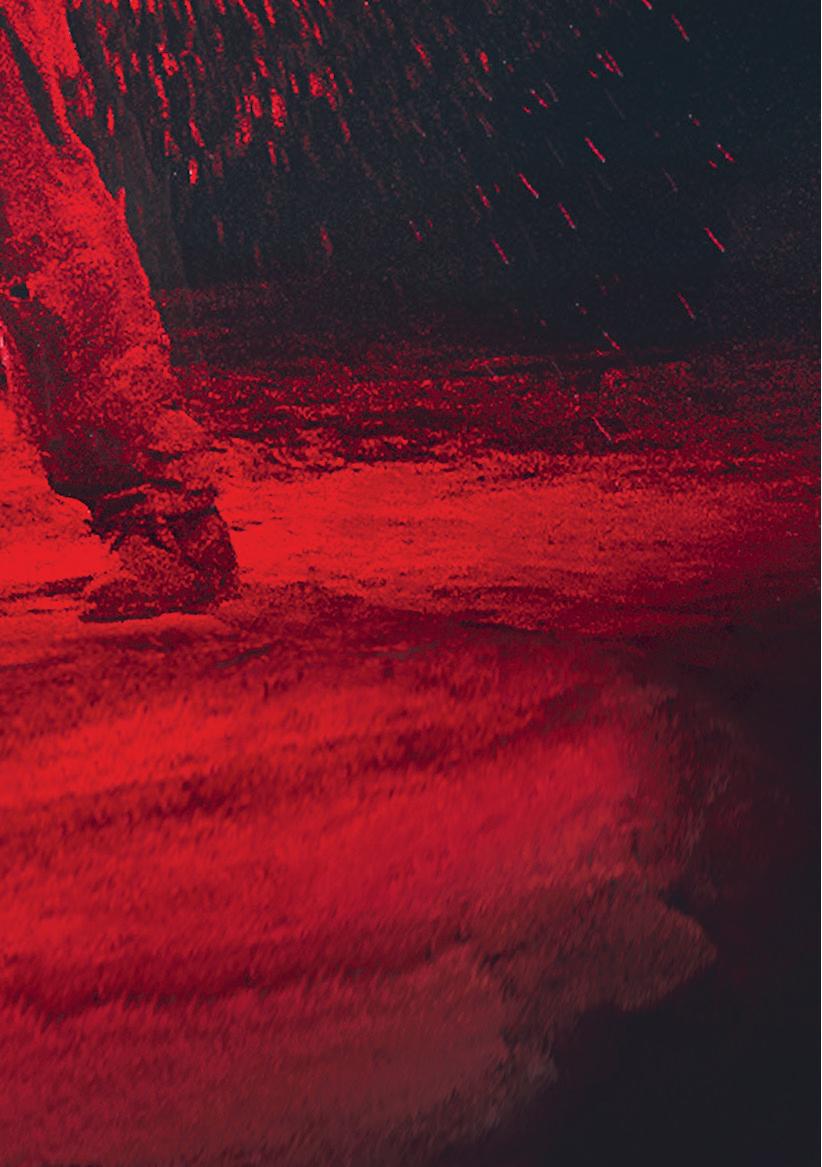







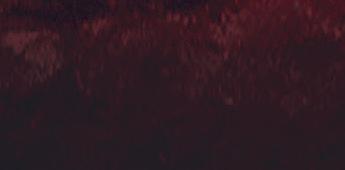
















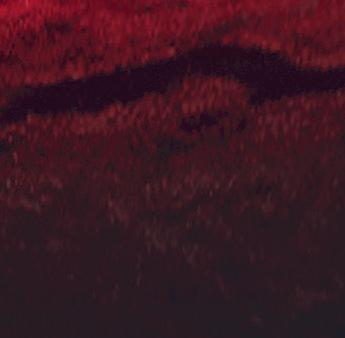



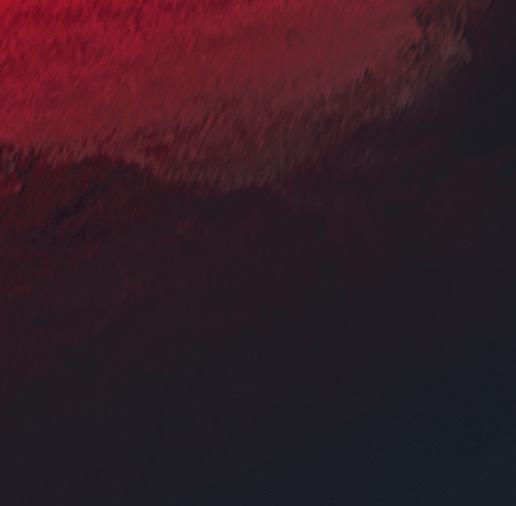
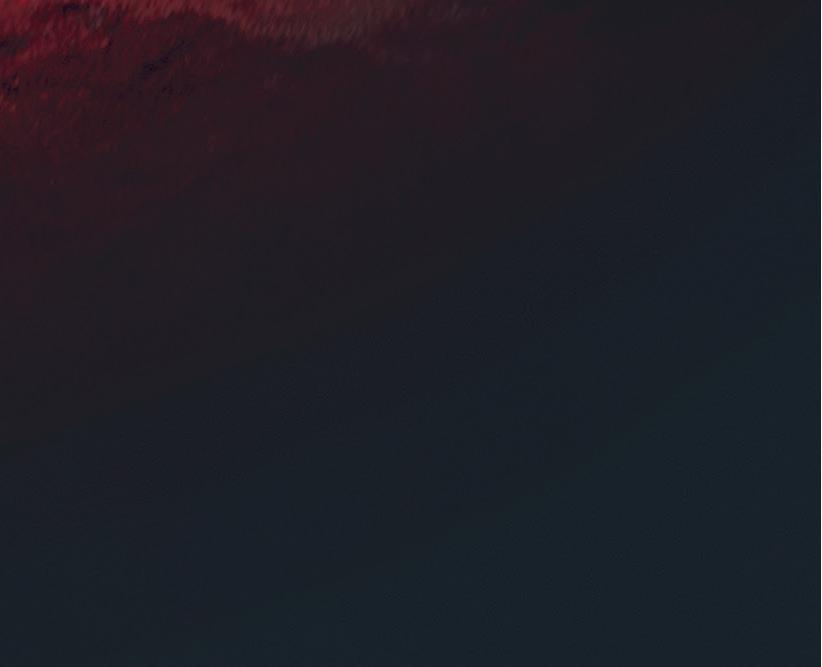








he List Festival Party is the metaphorical ribbon cutting to open Edinburgh Festival season, and this year we cut a ribbon, cut a rug and left our shindig with a spring in our step looking forward to the month ahead. On Wednesday 30 July, party-goers made their way to Summerhall to revel in bacchanalian madness while enjoying entertainment from a carefully curated selection of the month’s hottest acts.
This year was an extra-special blowout to celebrate three decades of kicking Edinburgh Festival season off with a bang. The List Festival Party has taken over iconic venues across the city, from Traverse Theatre to the Corn Exchange, before becoming synonymous with the legendary Summerhall more than a decade ago. For 30 years we’ve inspired festivalgoers by showcasing our picks of what to look forward to every August, from comedy and theatre to music and cabaret. We can’t wait to see where our party leads us over the next 30 years.
While we recover from another epic event, a heartfelt thank you is in order to everyone involved for making the night a success.



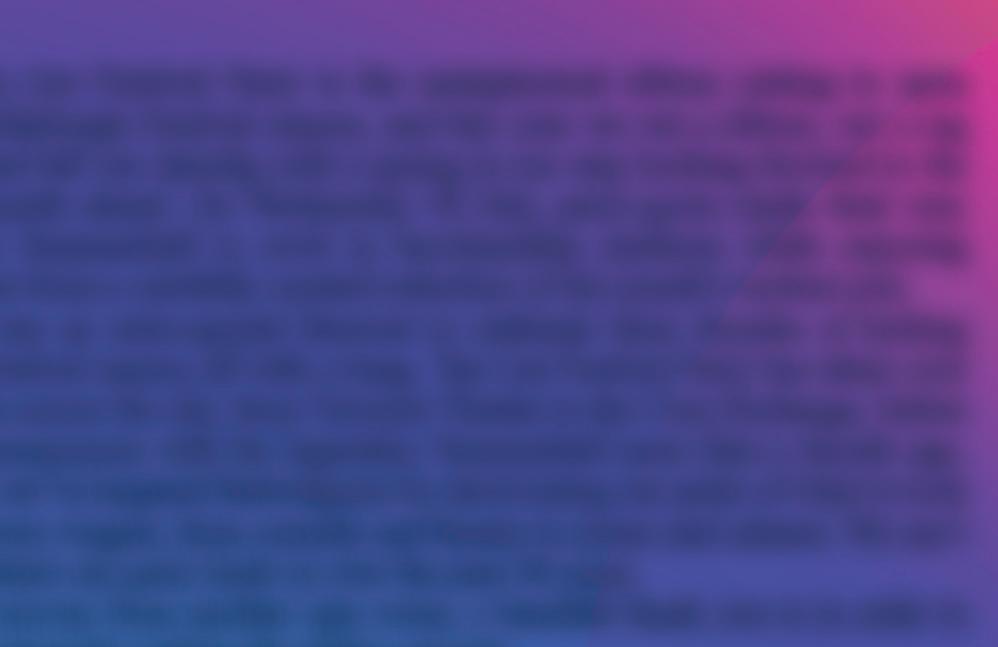
Thank you to our generous sponsors Hendrick’s Gin, Monkey Shoulder, Innis & Gunn, Atopia, Canada House, Adelaide Fringe, LNER, Dishoom and our ticketing partner Humanitix. Special thanks to the team at YOURGB for helping programme a spectacular evening, and to Summerhall for once again allowing us to take over their iconic venue.
A well done to our events team Leah Bauer, Solène Ferreira and Eve Johnston who have been working hard behind the scenes, as well as their crew present on the night.
Now to the many acts that kept us entertained all night long (well, until 3am); our hosts Aidan Sadler, Skank Sinatra, Kate Hammer and David Ian; and performers The Butterfly Who Flew Into The Rave, Cherry West: Aff The Telly!, Giselle: Remix, La Clique, Club NVRLND, Apocalypse Cabaret: Songs For The End Of The World, Big Gay Afterparty, NewsRevue, SWAN?, The Burton Brothers: 1925, Pickled Republic, Dirty Work, Count Dykula, Jeromaia Detto: When I Grow Up…, Robin Grainger: People Pleaser, The Britpop Hour with Marc Burrows, Sooz Kempner Is Ugly, Jessie Nixon: Don’t Make Me Regret This, Accordion Ryan’s Pop Bangers, FLIP Fabrique: Six°, Lady Macbeth Played Wing Defence, Rosco Mcclelland: How Could Hell Be Any Worse?, Skinny, Mary, Queen Of Rock!, Ginger’s Problem Area and DJ Trendy Wendy. And let’s not forget Amelia Bayler, who hosted a rip-roaring night of karaoke classics.
Also, give a round of applause to our DJs in the Library Gallery. Spinning the decks were DJ Zak From Bolton, The Nightlark and Nora Dora + Kat, with Mystika Glamoor on hosting duties, and Daddy Delight, Count Thagula, Ruth Canal and Maiden Leith providing phenomenally entertaining cabaret.

Finally, a massive shout out to Silent Adventures’ silent disco experience and Face Painting By Laura for making things all the more vibrant and ROST for providing food on the night. And thanks to everyone who came along; your vibrant presence makes the night extra special.
The #ListFestivalParty has once again kicked off your Festival in style. Catch you at the next blowout in 2026.








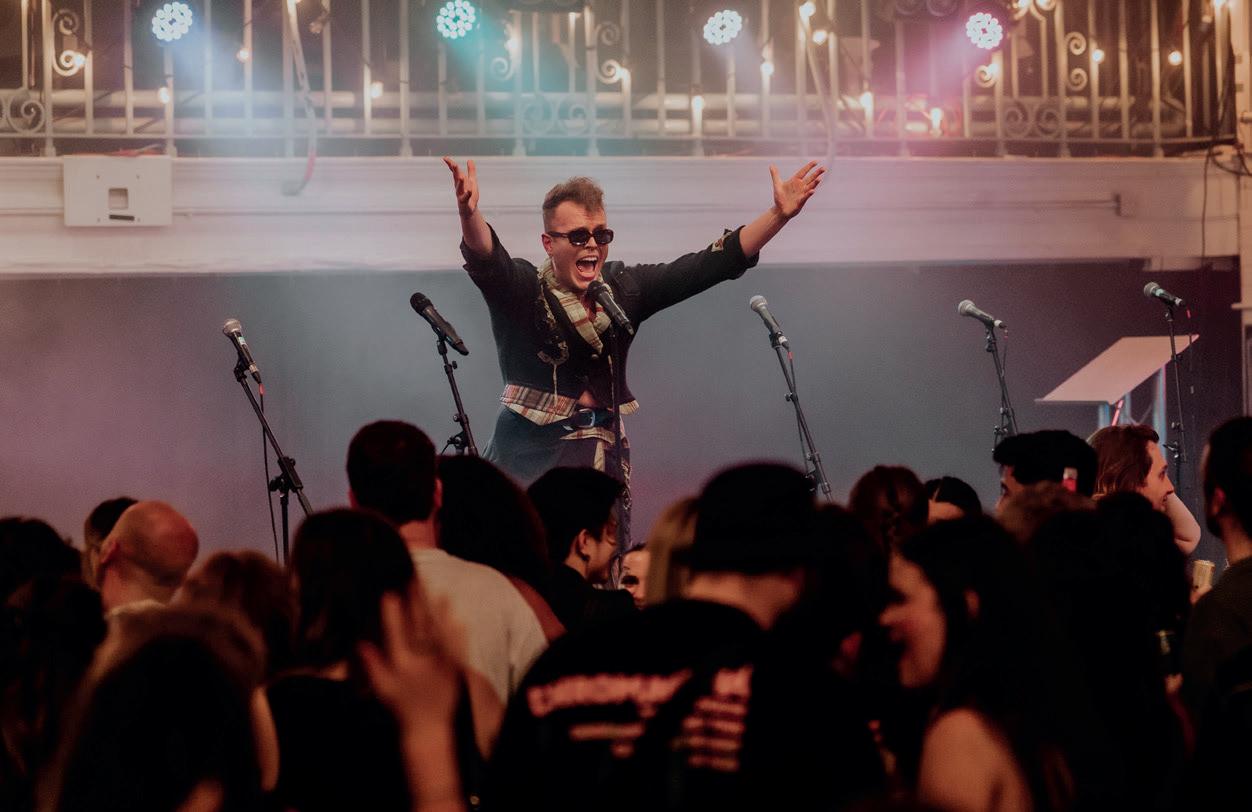




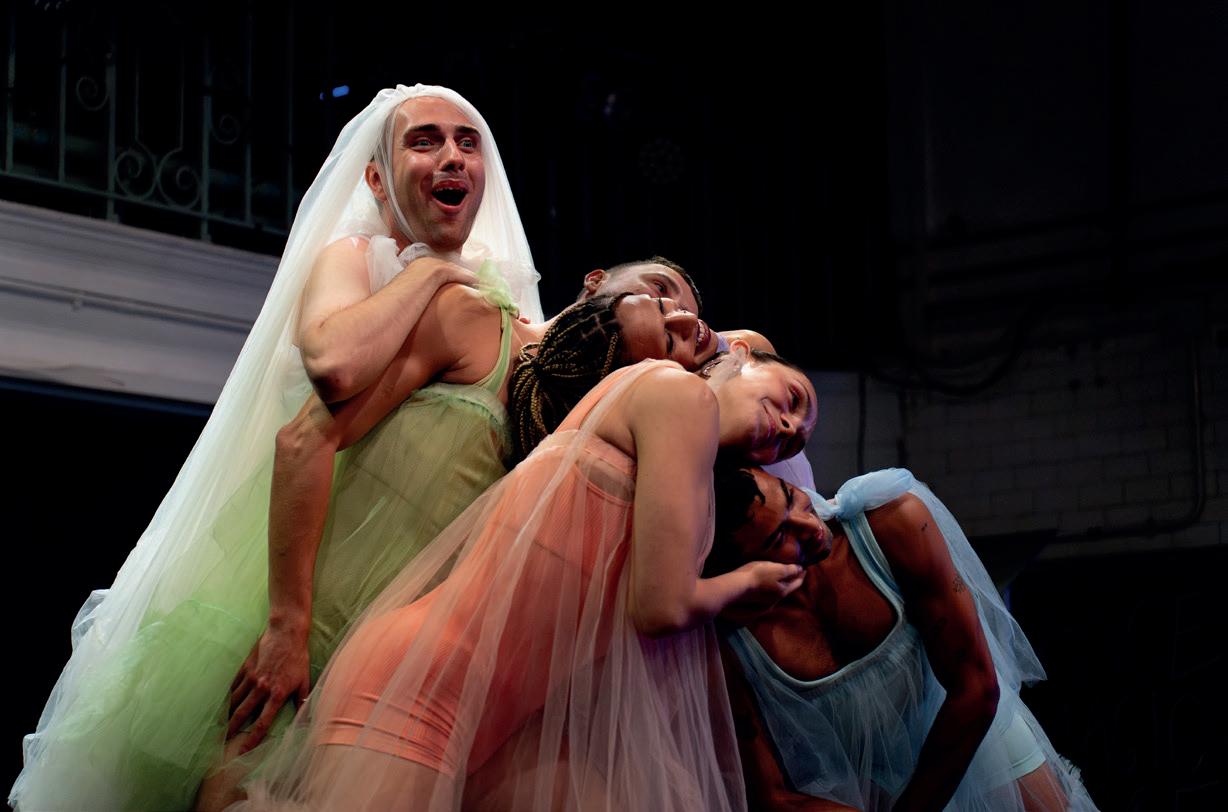
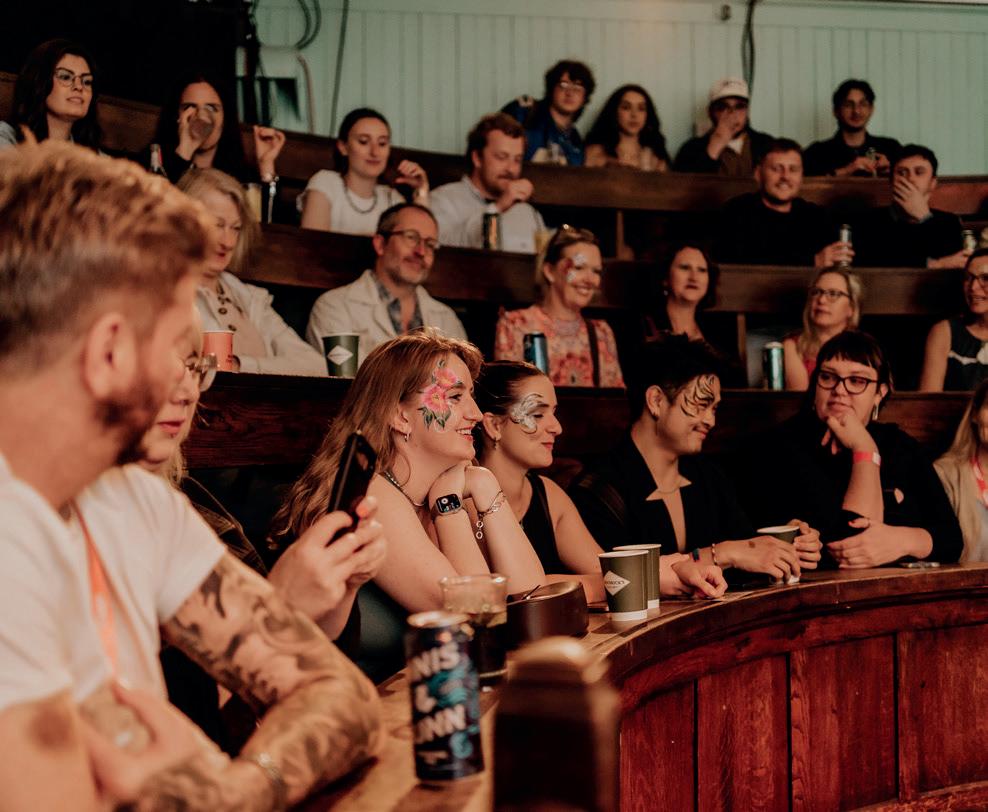

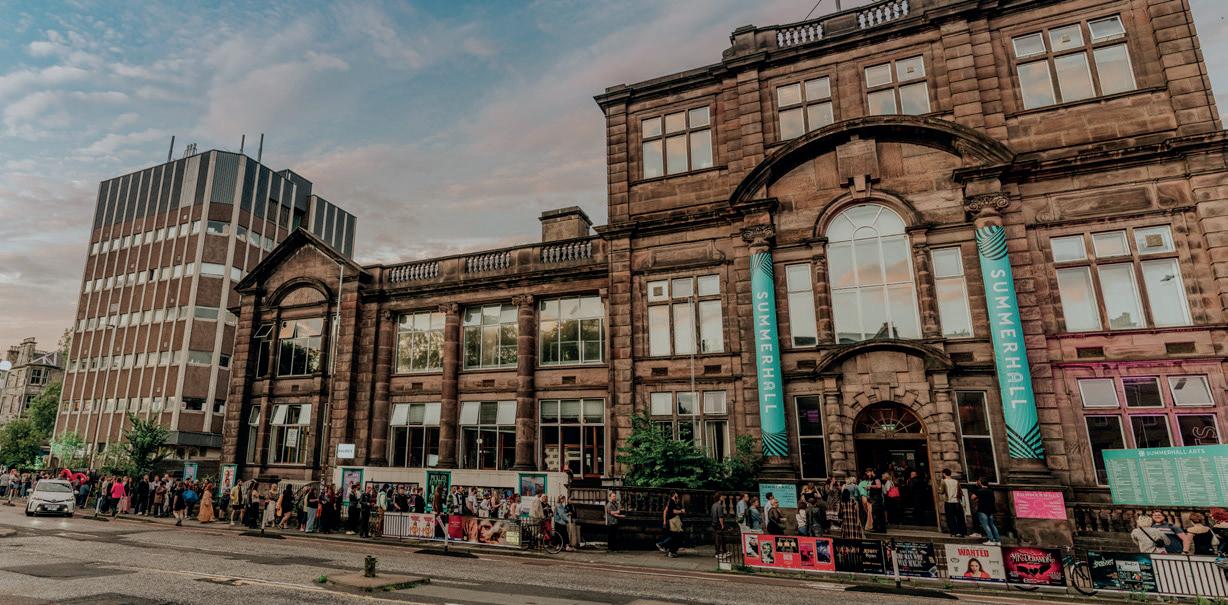






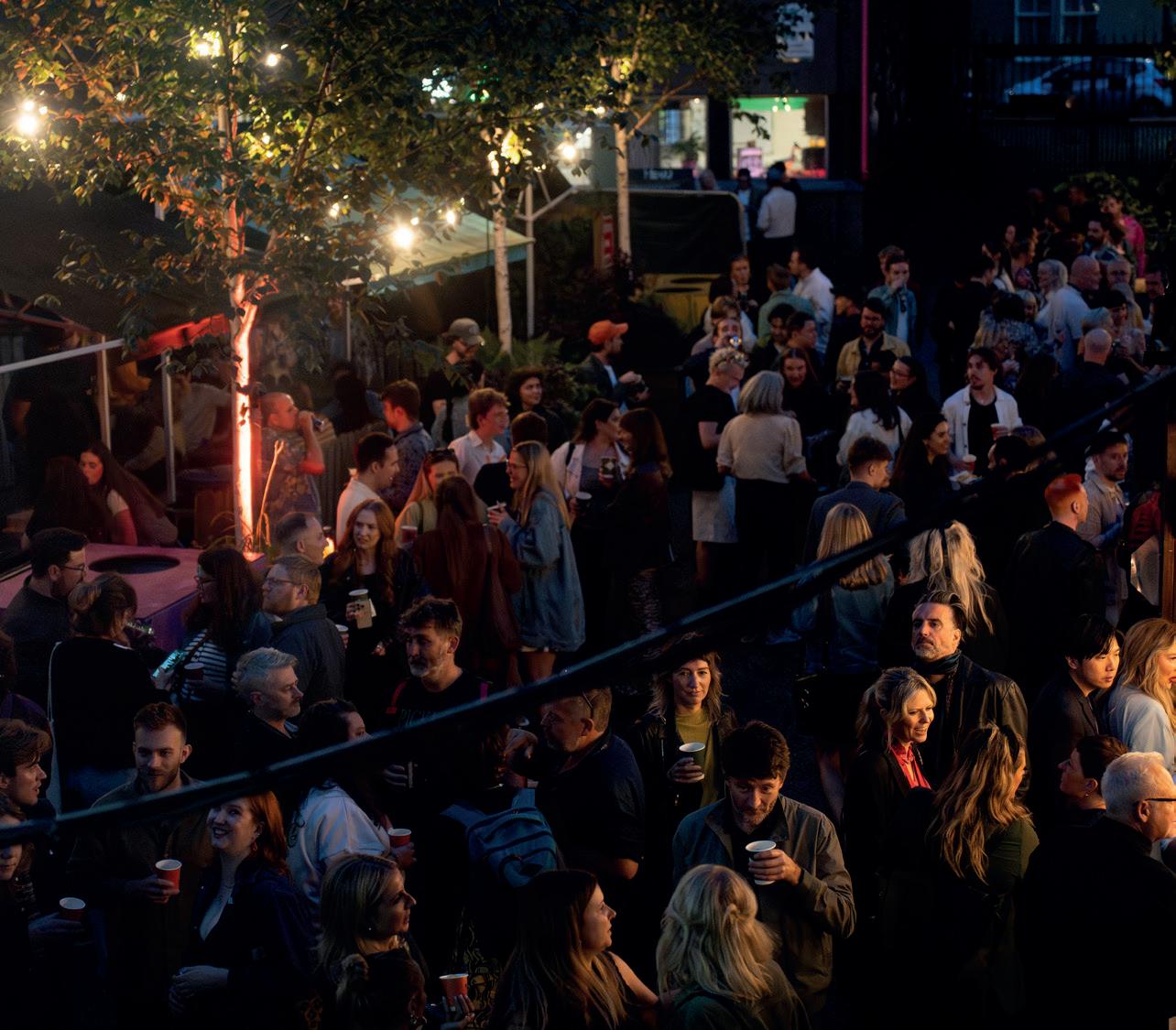


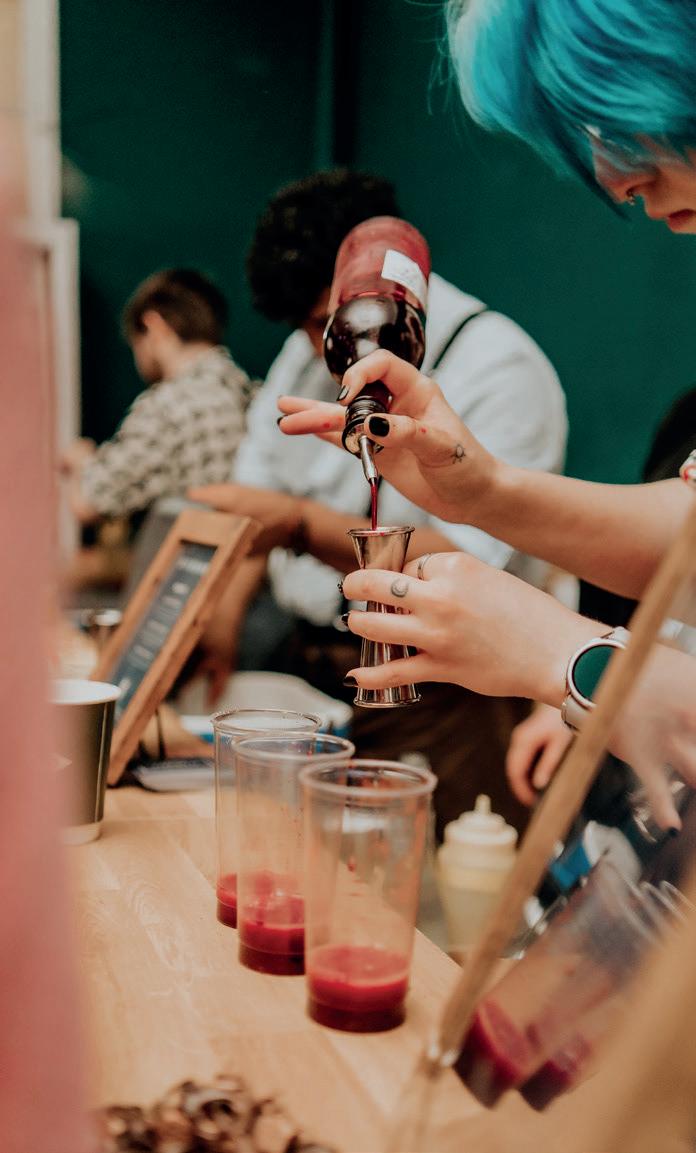

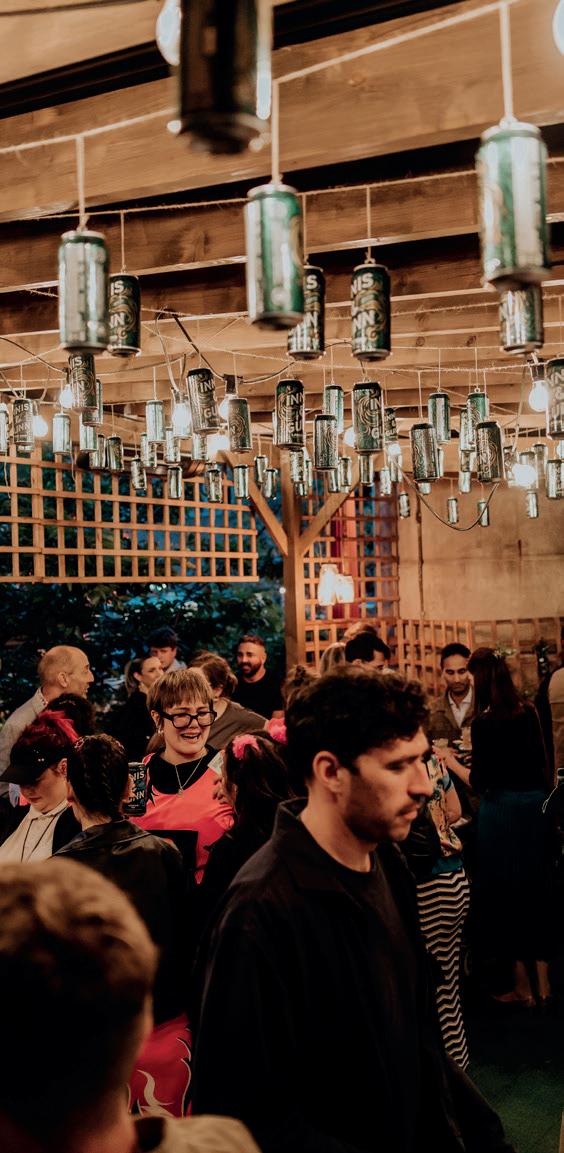
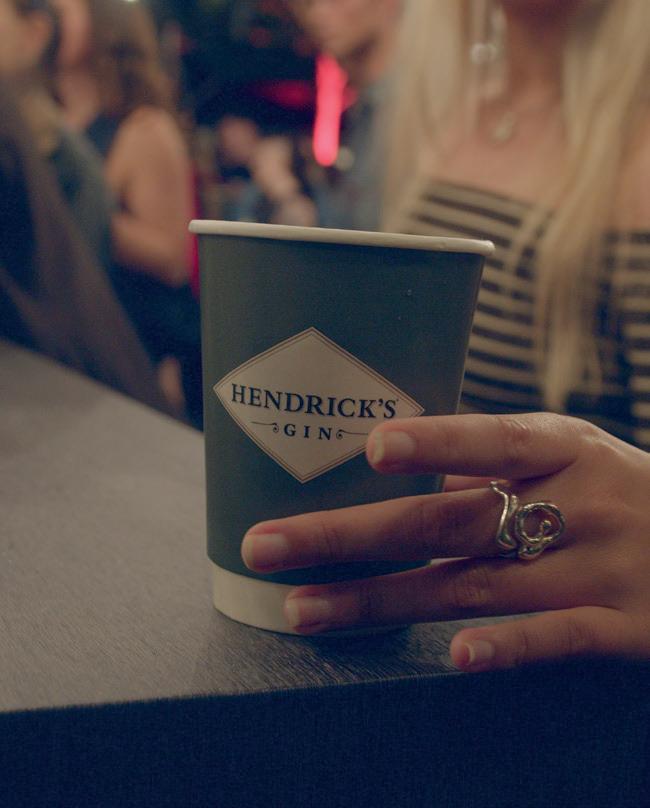
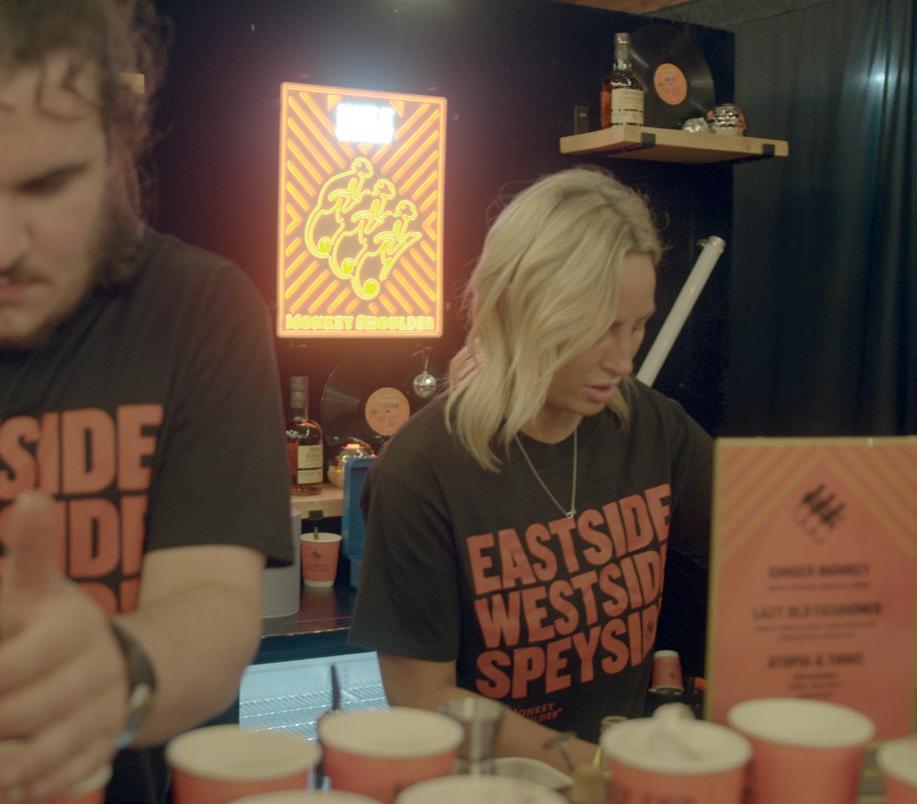

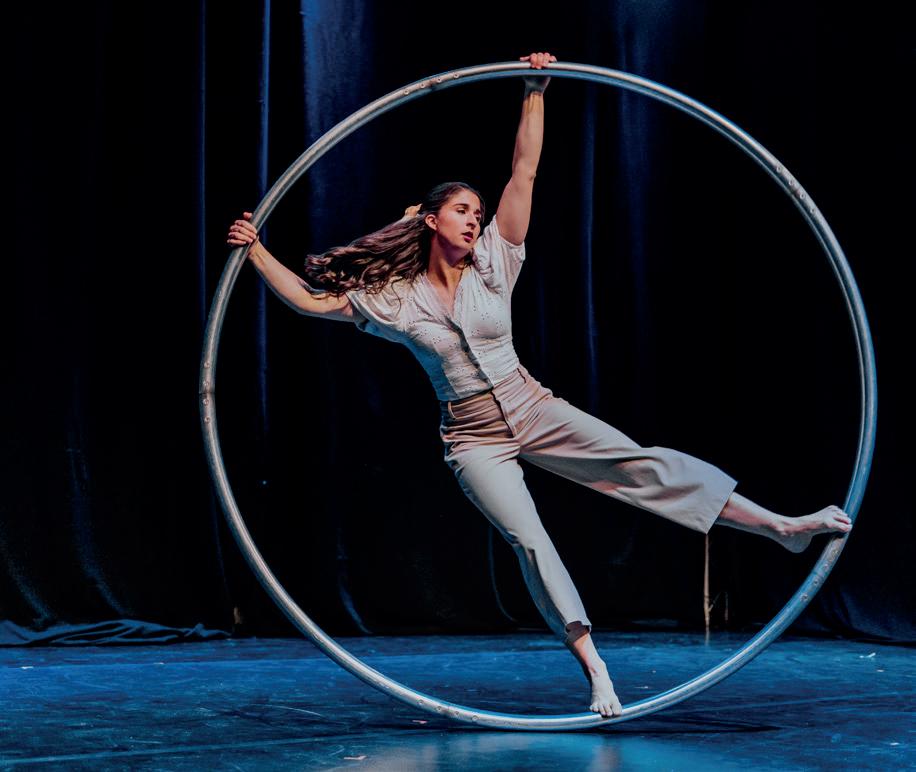



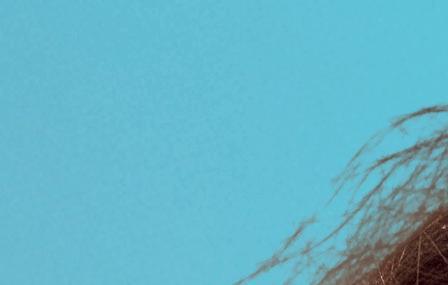
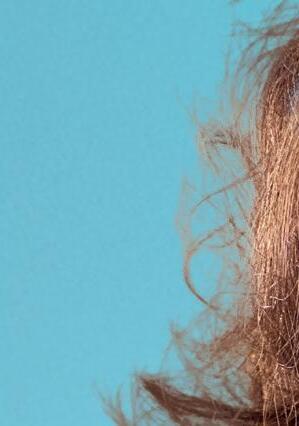
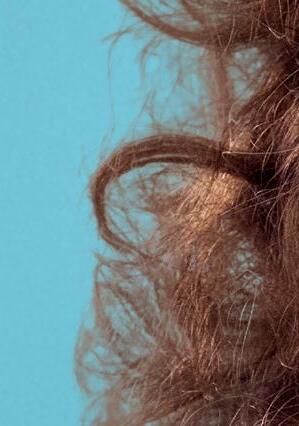
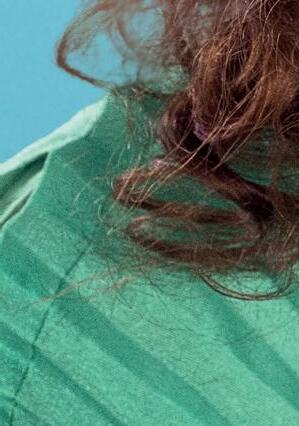
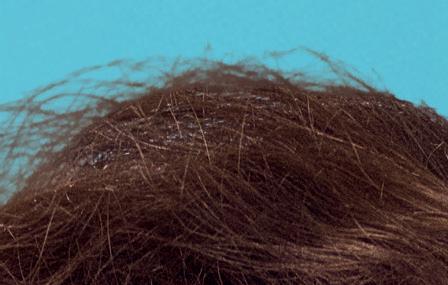
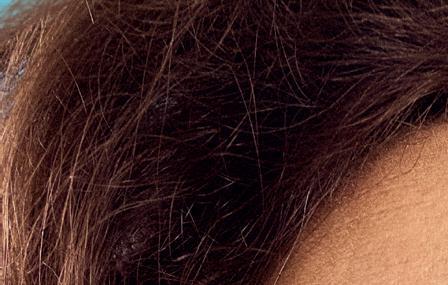
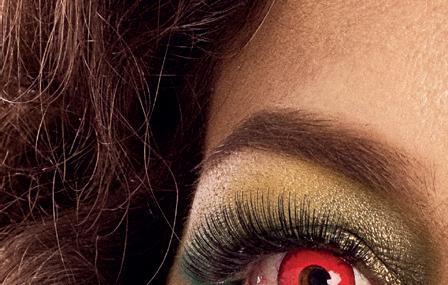
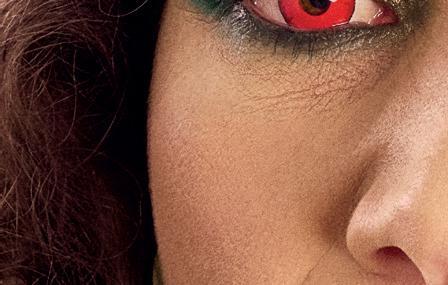
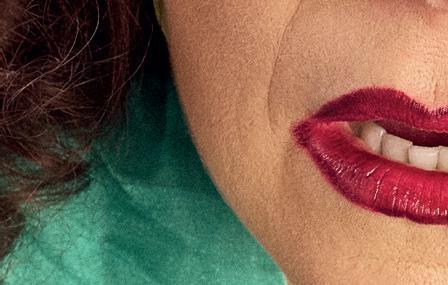
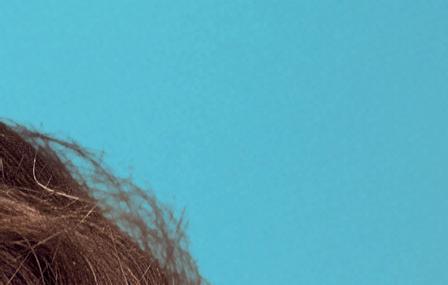

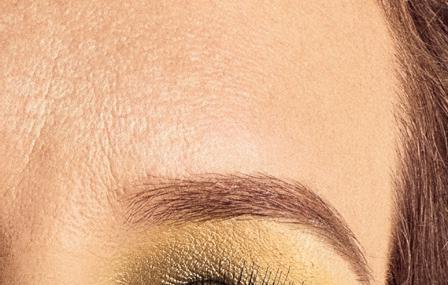
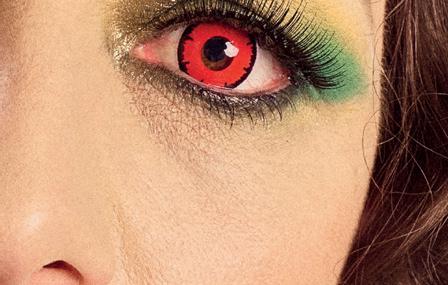
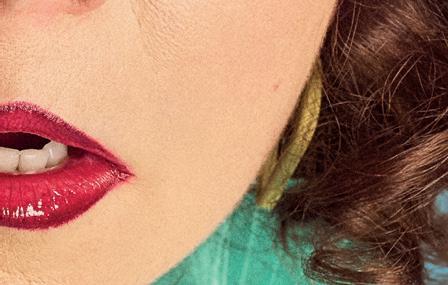
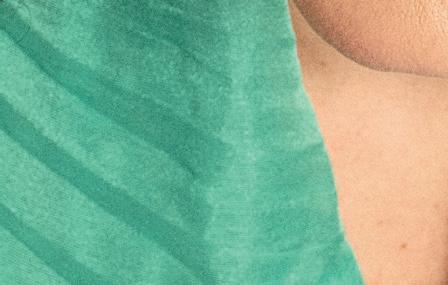
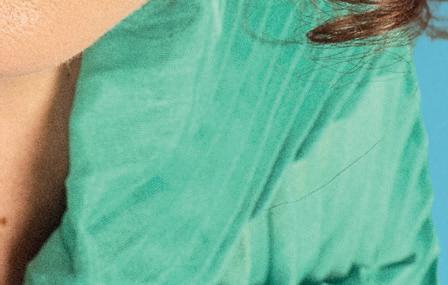


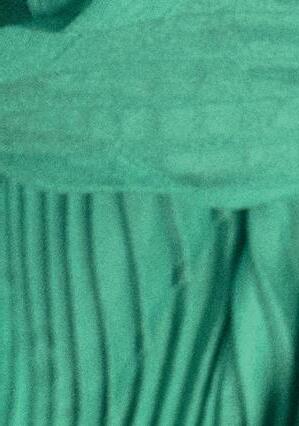
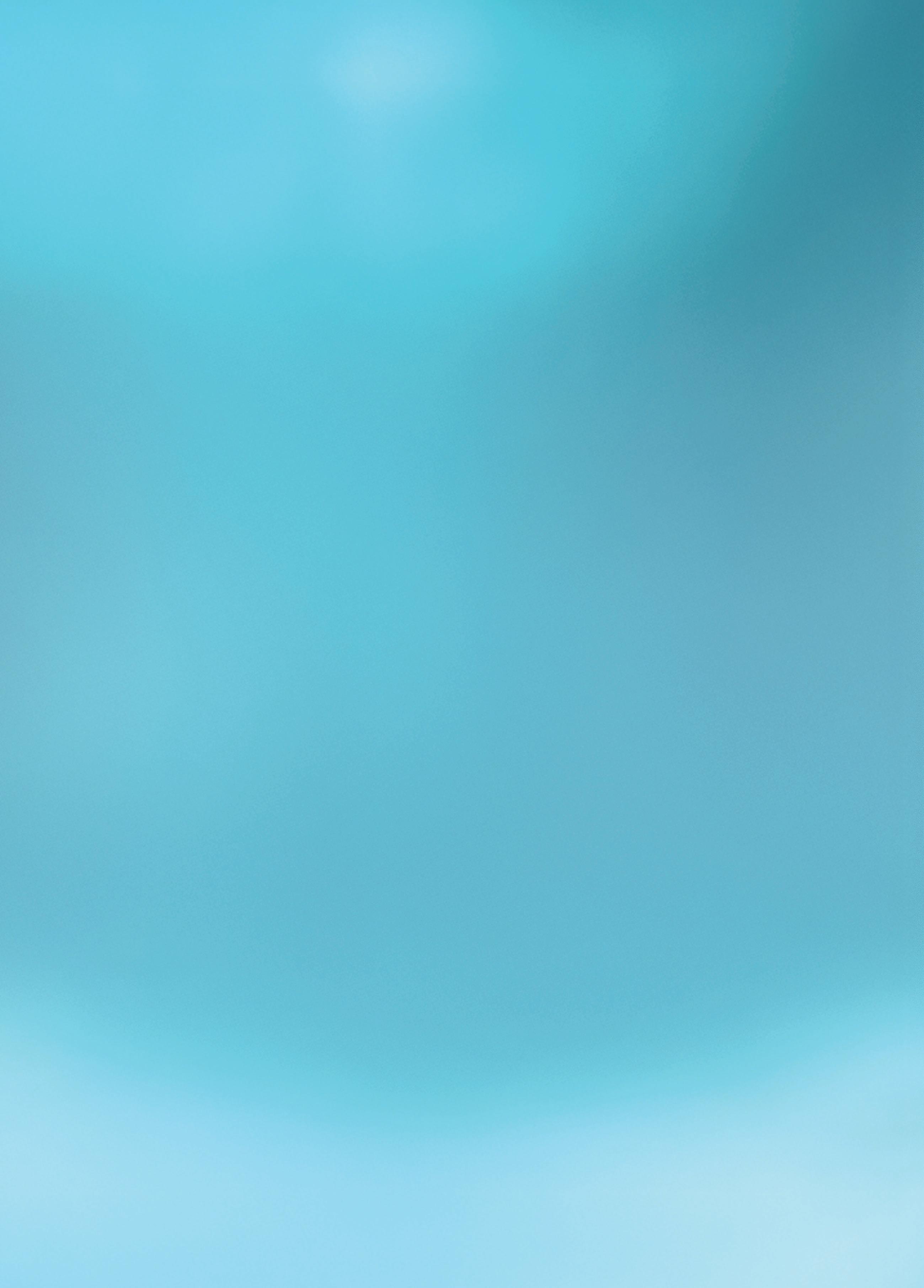

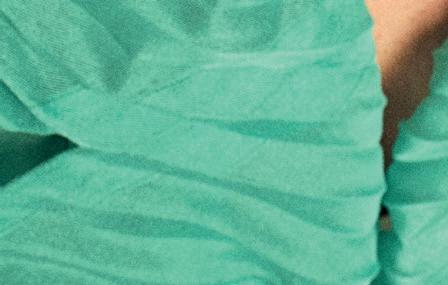
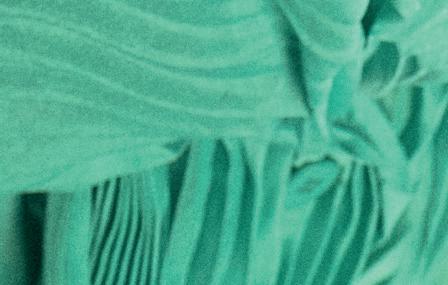
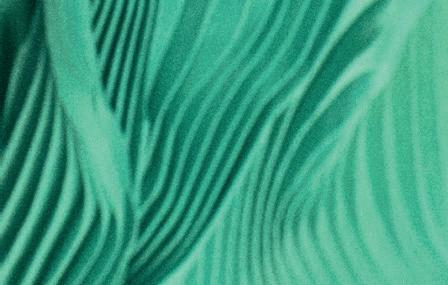
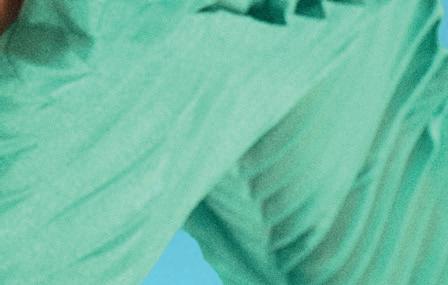

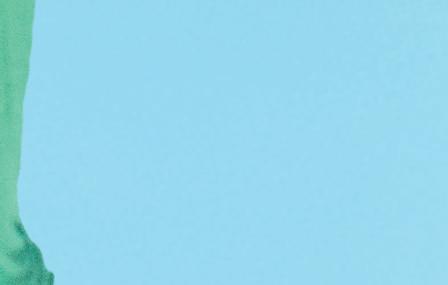
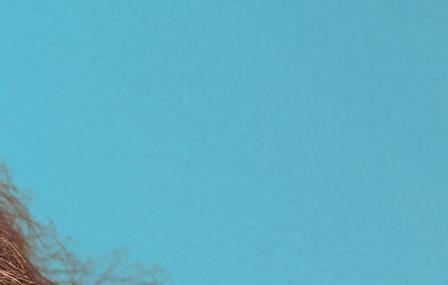





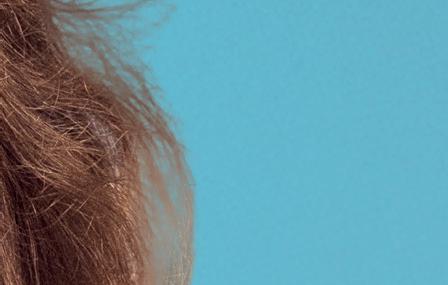



Jessica Fostekew’s partner may be a theatrical genius, but, says the stand-up and podcaster, her domestic skills need work. ‘She hangs washing like a toddler on her first go,’ says Fostekew of award-winning Scottish playwright Stef Smith. ‘A few items go on with care, then she gets bored and just tips the rest of the basket over the airer.’ Jess grins with loving exasperation. ‘She’s got a BAFTA. An Olivier. But the laundry? Absolute chaos.’


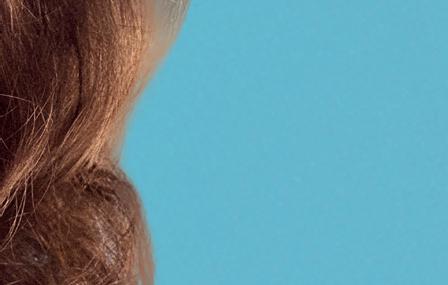

the this depth, that powers Fostekew’s latest show,
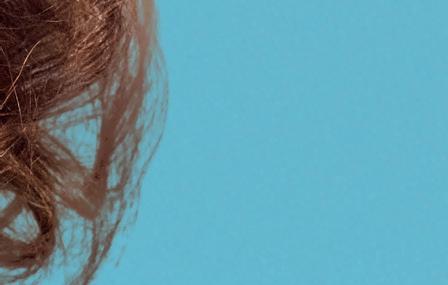


It’s this kind of everyday absurdity, tangled with emotional depth, that powers Fostekew’s latest show, Iconic Breath, which she describes as ‘a monster’s guide to tolerance and temperance’. It’s about inherited rage, reluctant kindness, and what happens when a woman with big feelings tries not to scream into the abyss; or failing that, into a prawn. Yes, a prawn. Her father once had a full-blown meltdown over shell-on prawns in a restaurant in Italy, then returned nightly to repeat the tantrum with gusto. ‘He’s hilarious, generous and furious,’ Fostekew says. ‘He can take the most joyful situation and find something to absolutely obliterate his mood. Someone sneezed in another room once and it ruined his day.’ Fostekew’s father looms large in Iconic Breath, but so does her late nana, a calming counterpoint to his emotional pyrotechnics. ‘She was unshakable. Curious about difference. Positive without being fake. She brought me up, and after she died, I thought “I need to be more like her.”’ The show opens with a story that honours her nana’s gentle grit, a moment that shaped the comic’s
Yes, a prawn. Her father once had a full-blown meltdown


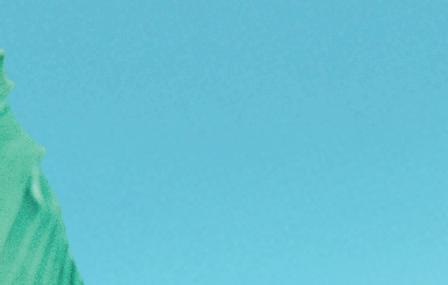
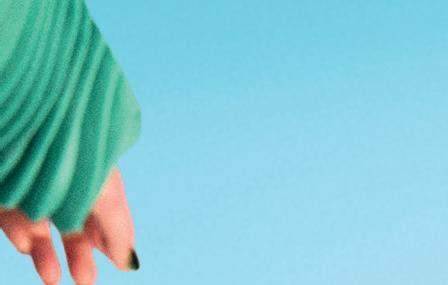
So here Fostekew is, mid-life, mid-rage and mid-mission to understand the genetic and societal forces shaping her response to a world on fire. The show touches on motherhood, political polarisation, dolphin epiphanies, gym culture, inherited trauma, and the awkward optimism of WhatsApp groups, all with the ‘silliest comedy for the scariest of days’. Her writing is sharper than ever. ‘I’ve never worked this hard on a show,’ she admits. ‘Because I want to say something meaningful, but it’s got to be funny. That balance is the hardest it’s

generous and furious,’ Fostekew says. ‘He can take the most joyful looms does was brought up, gentle entire philosophy. mid-life, genetic on optimism groups, the comedy ever. something ever been.’





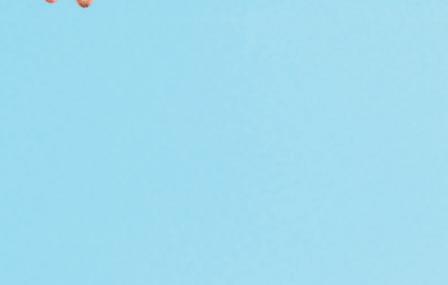

show Hench earned her an Edinburgh Comedy Award then, of for Radio 4, and appeared on
Fostekew has Fringe form. In 2019, her break-out earned her an Edinburgh Comedy Award nomination. Since then, she’s toured relentlessly, hosted The Guilty Feminist, written two series of Sturdy Girl Club for Radio 4, and appeared on Live At The Apollo, QI and

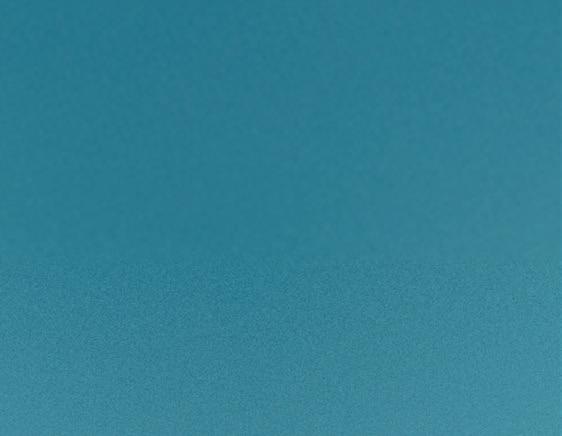

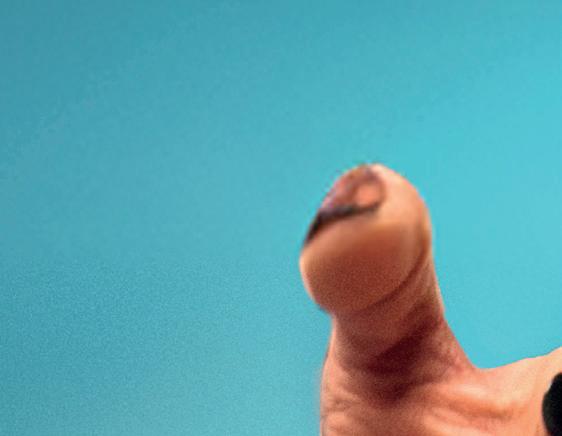
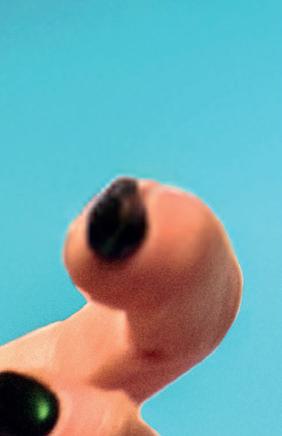







Gyms, family and dolphins all play a part in Jessica Fostekew’s new standup hour. The acclaimed funnywoman tells Zara Janjua why she’s opted to give us silly comedy for scary times
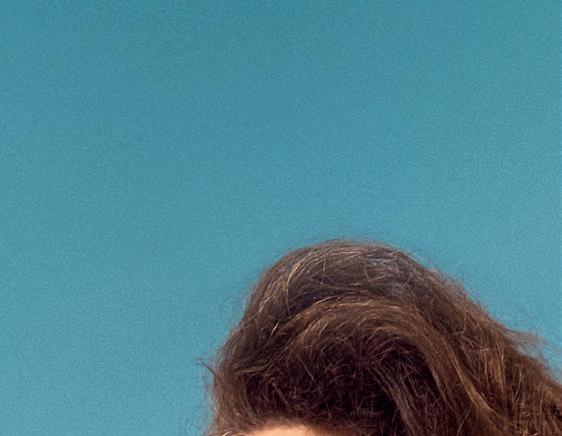

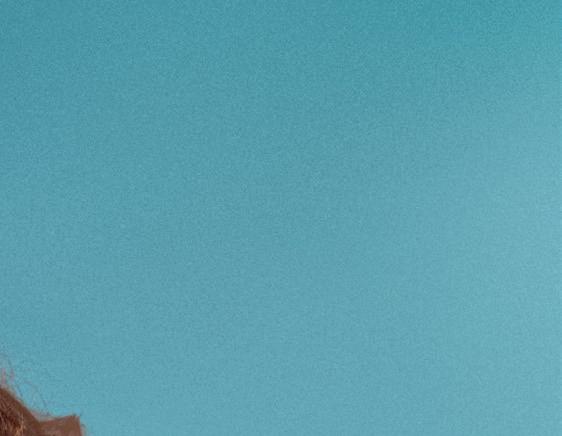
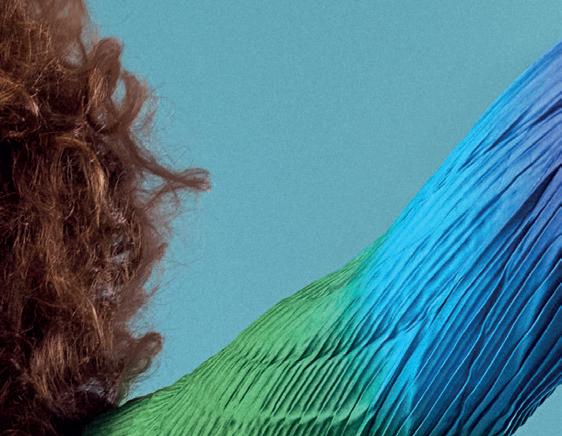
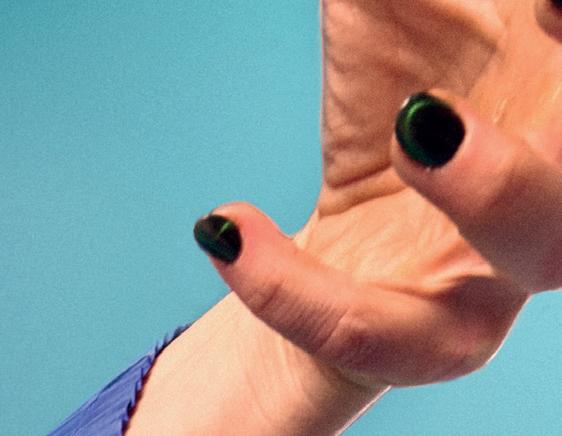
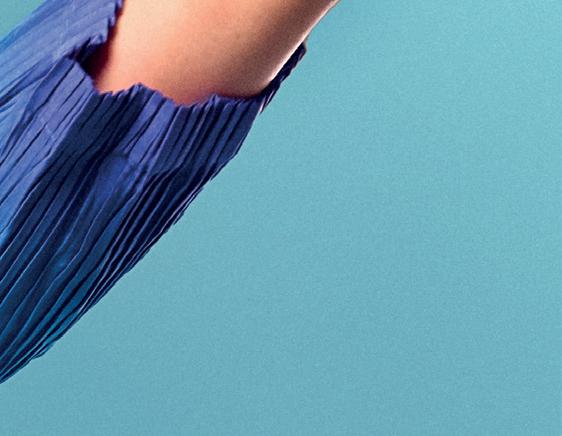
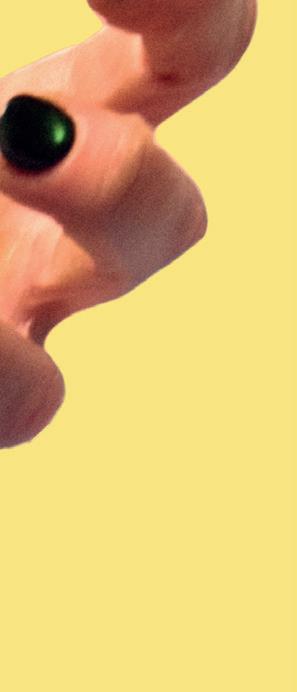


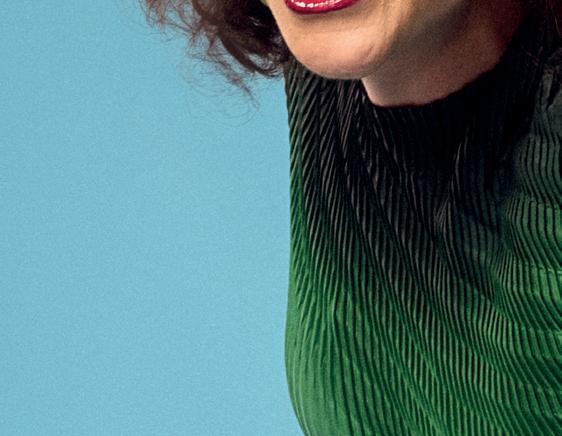

World’s Most Dangerous Roads nearly drove off a cliff in Colorado. Despite all this, she’s still not convinced she’s ‘made it’. Her ambition? ‘A Netflix special. Ideally something I’ve written and acted in, not as a tired mum or stern police officer, which is all I ever get cast as.’ She also dreams of more nuanced roles in longer stories. ‘The comedy I’m proudest of takes time. You can’t cram that into a 25-second clip.’
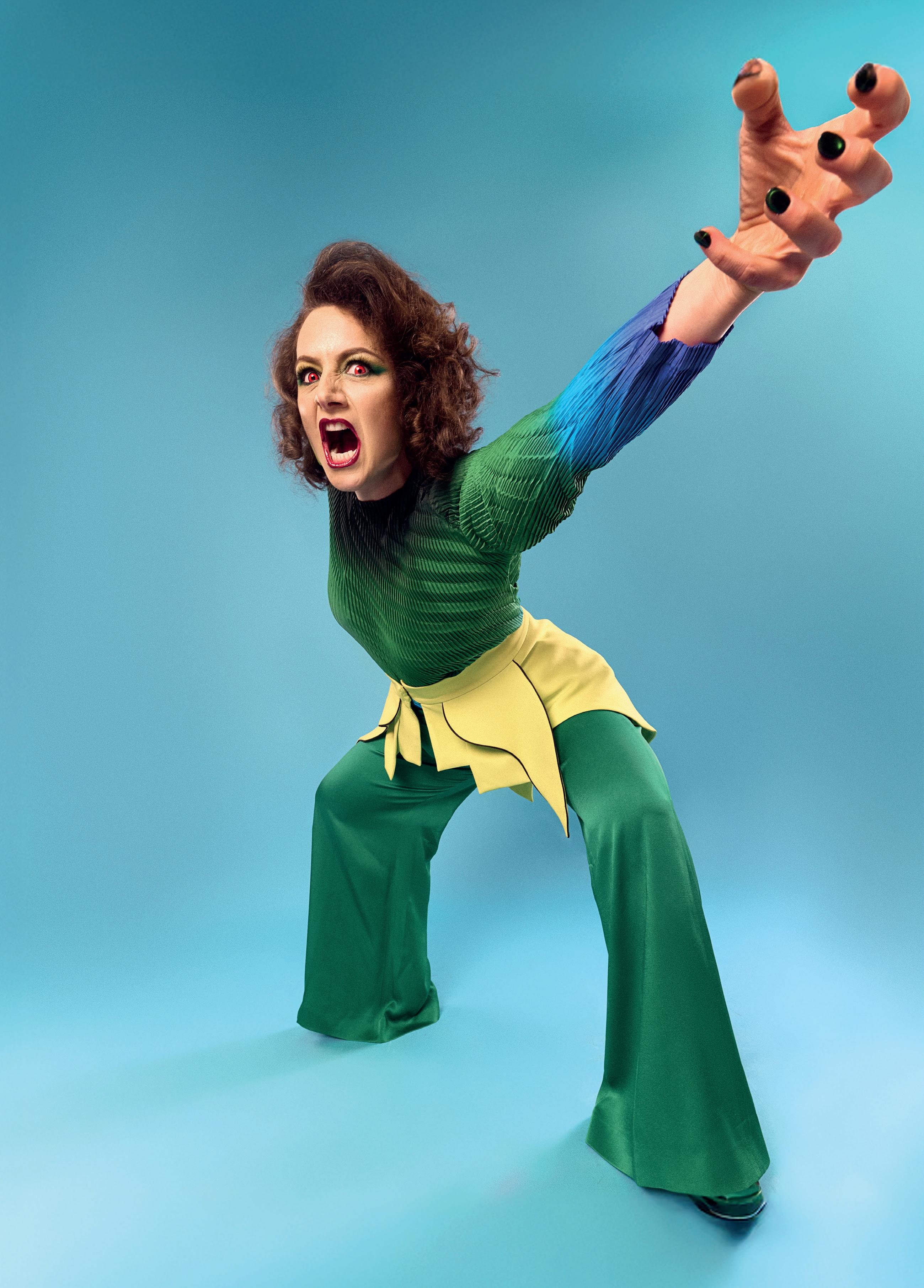
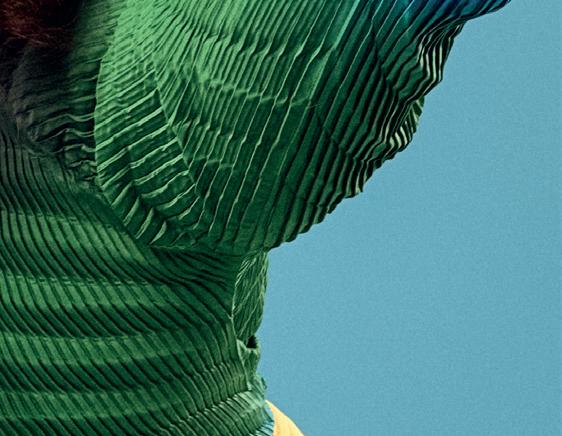
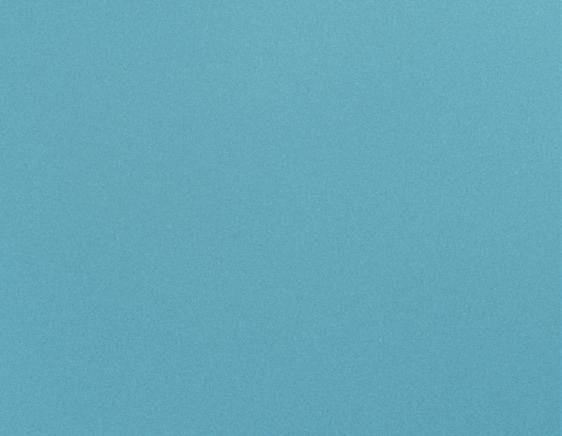




That resistance to digital attention spans hasn’t stopped her drawing a devoted audience. This year’s show will tour in 2026, ending in her hometown of Swanage; a prospect both thrilling and terrifying. ‘My dad might come. I’ll be onstage talking about all the weird things that have enraged him over the years. So, I’ve had to tell him he’s in it; interestingly, he thinks he’s mildmannered.’

stopped her drawing a devoted audience. This

Fostekew:


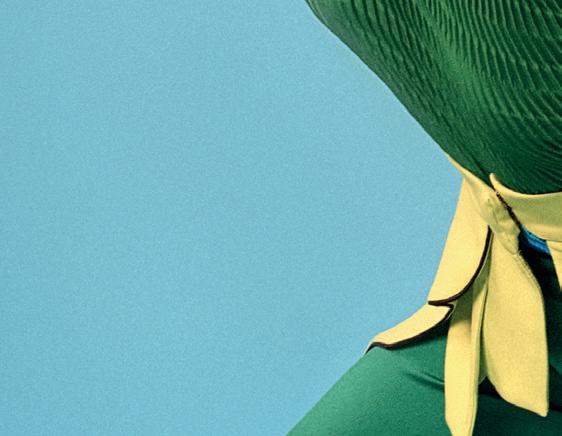












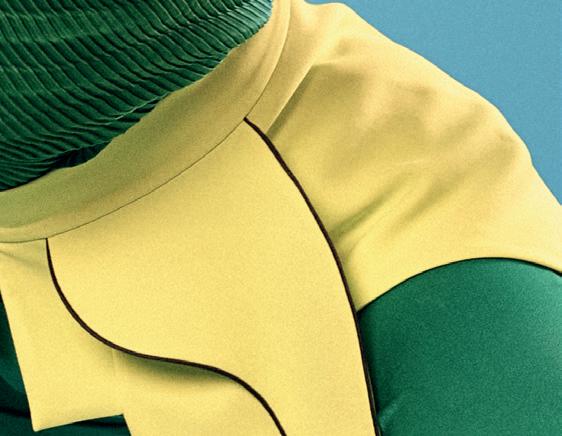
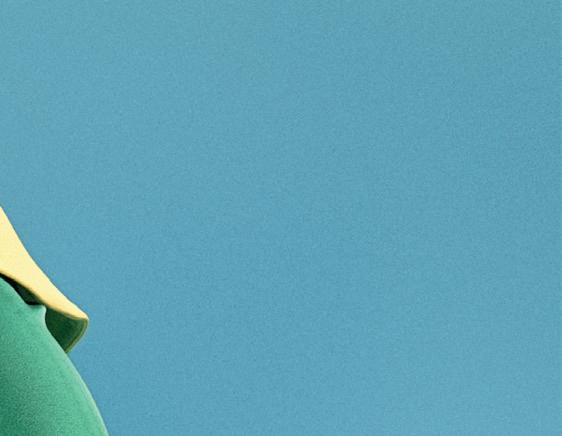







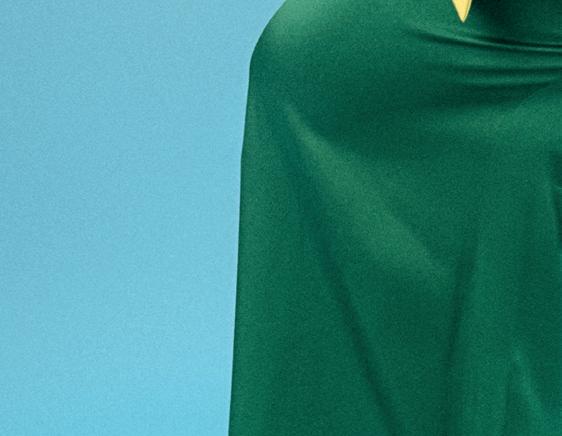




This emotional tightrope-walk is familiar territory. Like many performers, Fostekew doesn’t glide into the Fringe unscathed. ‘Every year my body freaks out. I’ve had rashes, hair loss, piles. This year it’s just a square millimetre of eczema, so we’re improving.’ Underneath the comedy lies a serious message: that tolerance is hardearned. Especially when faced with grown men walking across a pedestrian crossing before the green man: a new irrational ick. Or long, unkempt nails (‘unpainted. Yellowing. I can’t cope’).














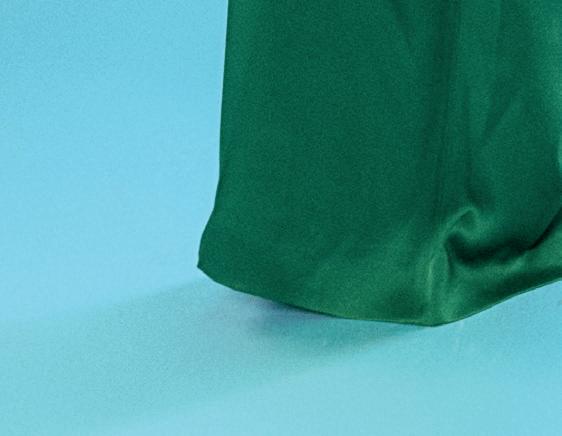
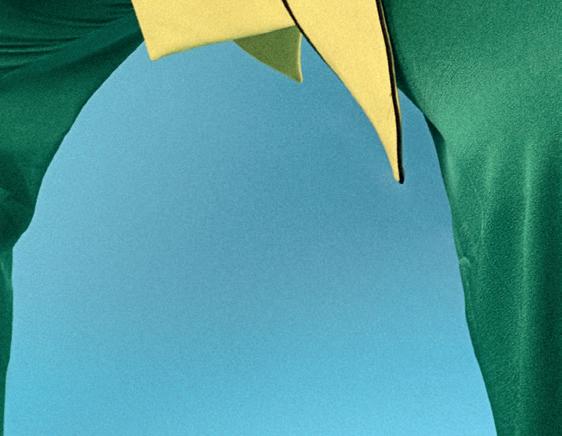
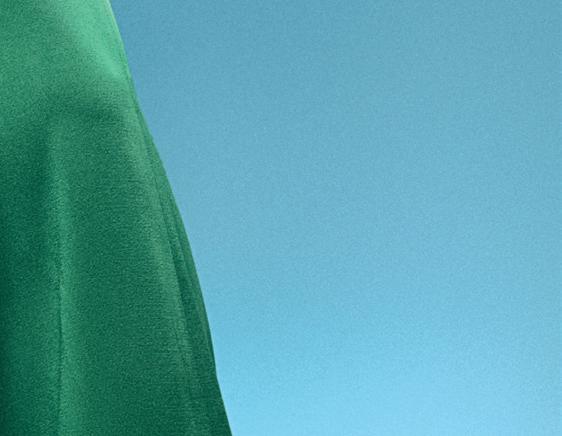
5.40pm. , where she


But Fostekew is also working on herself, and Breath is her accountability ledger. ‘I want to listen better. Really listen. Not to agree, not to argue, just to understand. My first lesson in tolerance? Shut up and listen. Even when someone says something that makes your skin crawl.’ A Netflix special may still be on the horizon. For now, Jessica Fostekew is busy holding a mirror up to the monster within, and trying, with laughter and love, to teach it to breathe.
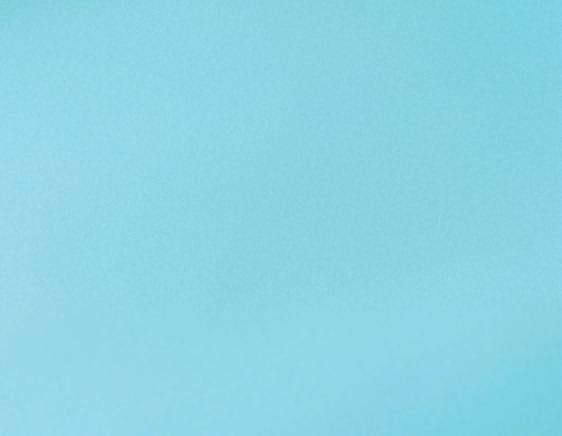
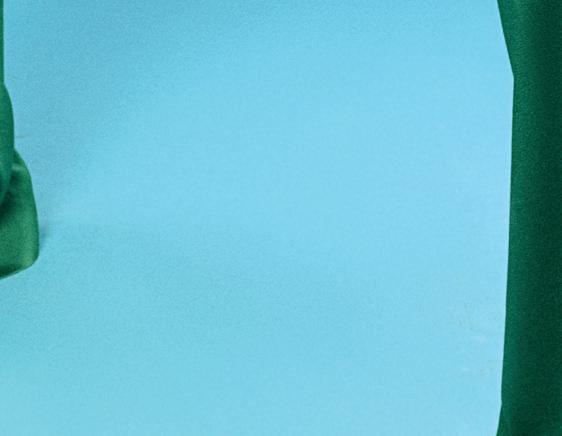
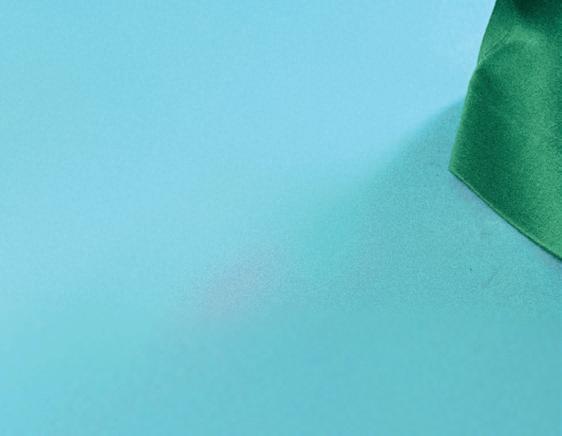
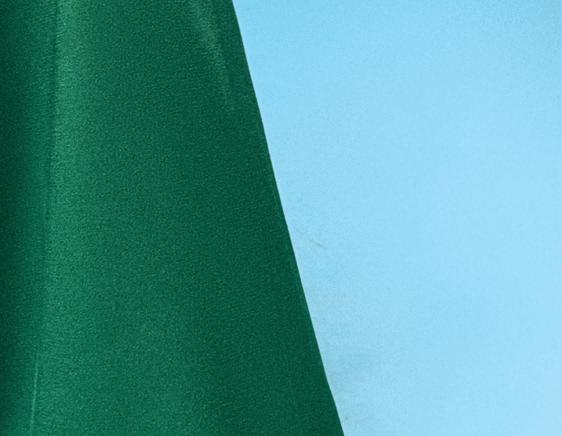
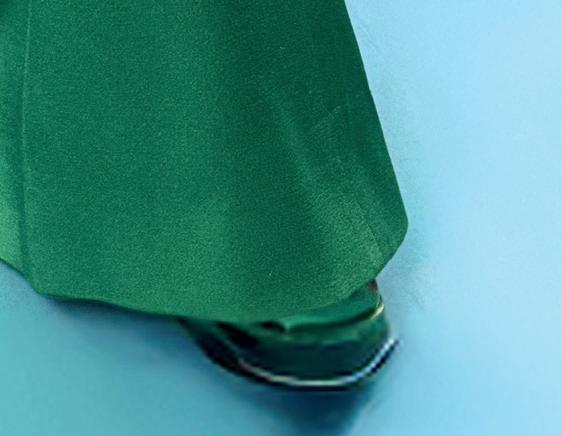


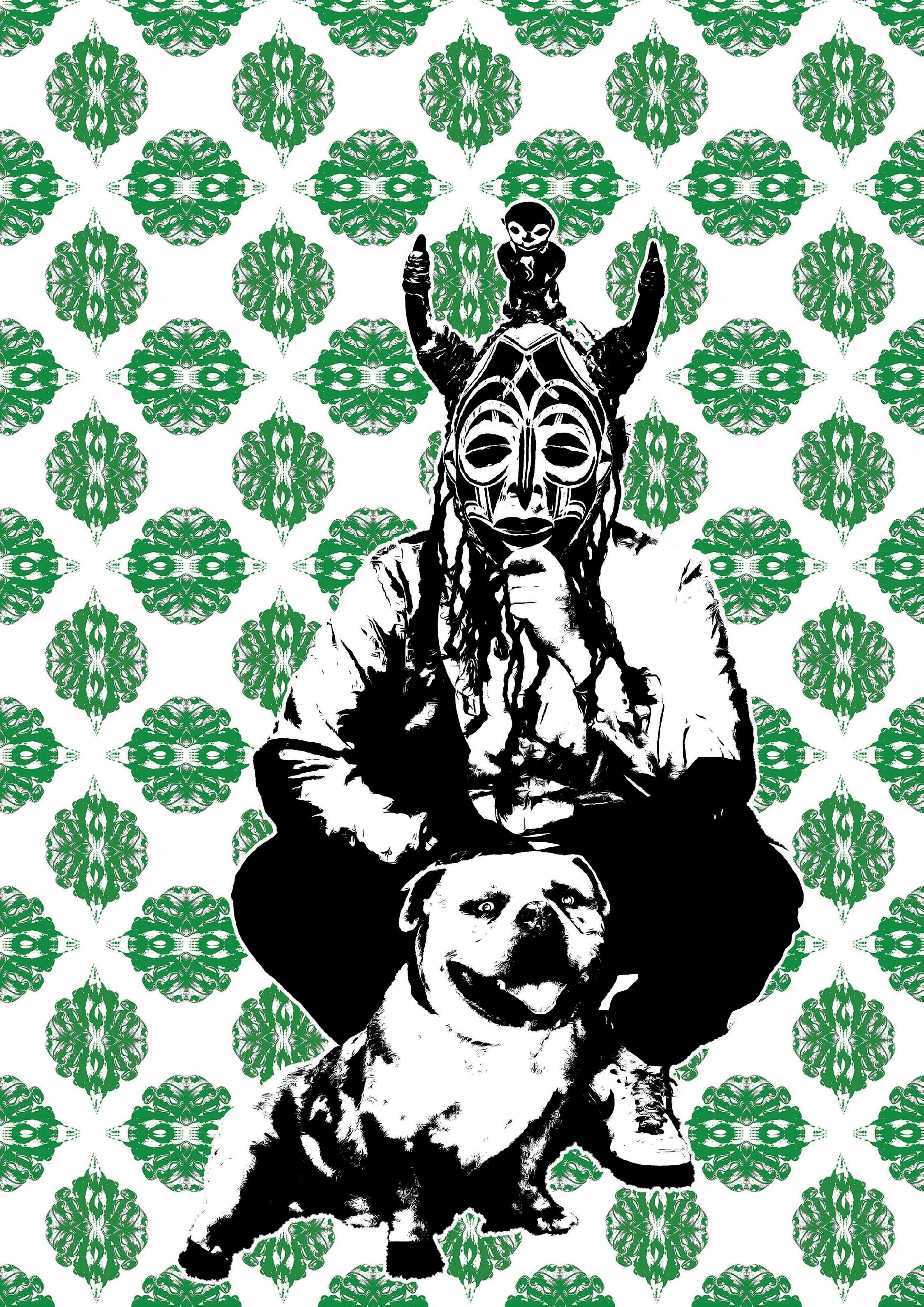
In Okolo, this Scottish-Nigerian rising artist and printmaker examines African identity through the lens of contemporary art. The installation was inspired by his visits to the National Museums Collection Centre and the responses to that collection which he gathered up through discussion with young people in surrounding communities. n National Museum Of Scotland, 13–22 August.
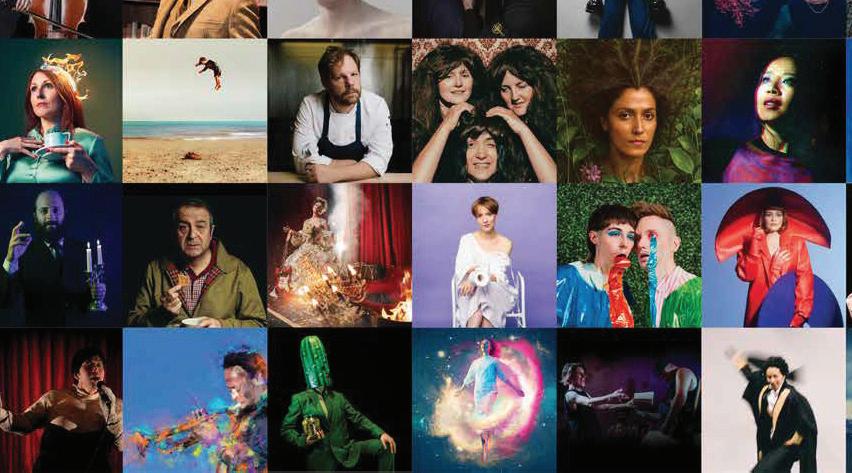
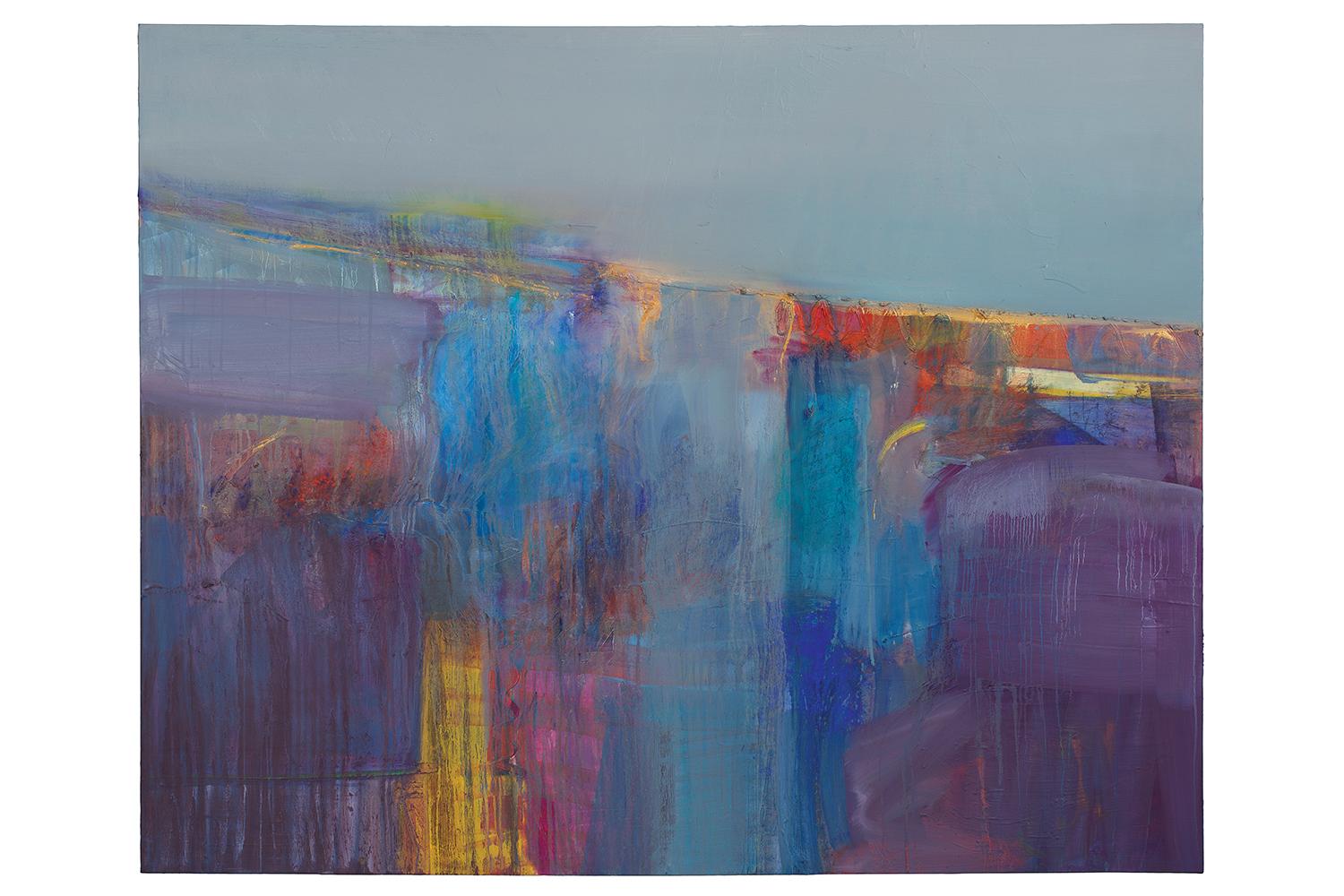
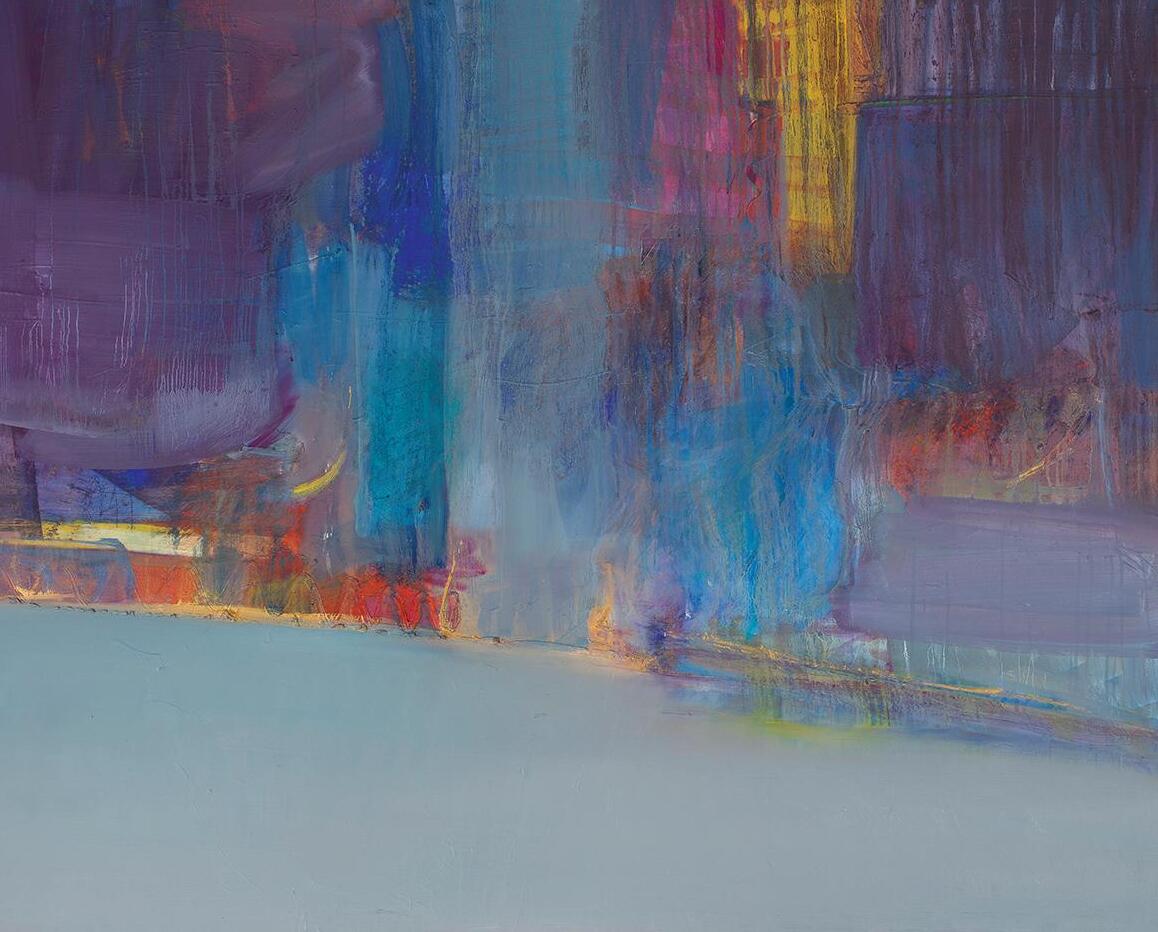




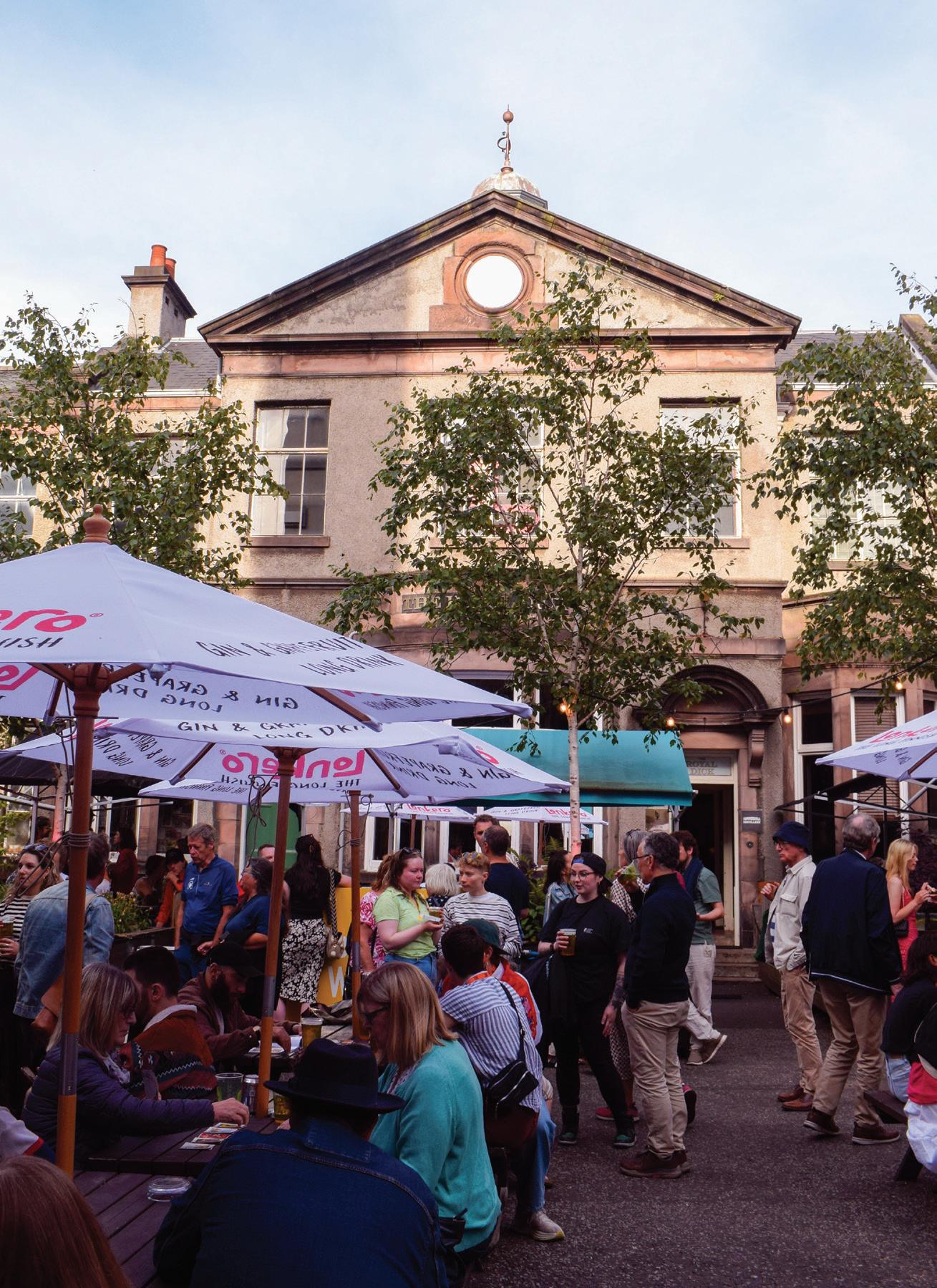
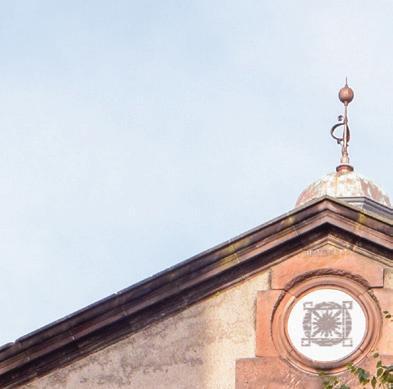
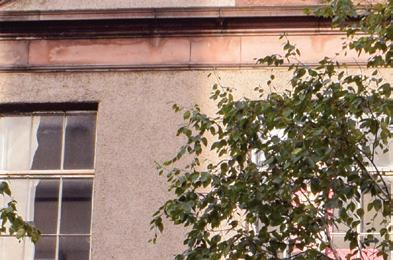
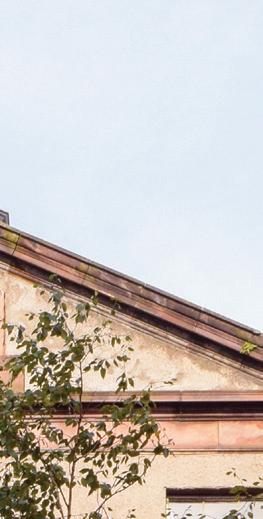
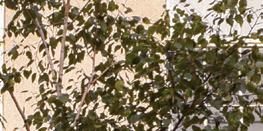
Raven Chacon’s acclaimed ensemble composition Voiceless Mass explores the role played by the church in colonialism and stripping indigenous people of their traditions. The composer talks to Rachel Morrell about unexpectedly winning one of the world’s most prestigious music prizes and the potential for his work to bring healing


he very architecture of St Giles’ Cathedral is set to become an instrument, reverberating with the sound of a modern reflection on the wrongdoings of religion. Written for organ and large ensemble, Voiceless Mass is a Pulitzer Prize-winning work by Raven Chacon, a Diné/Navajo artist and composer, which expresses experiences of indigenous people within colonial frameworks. Performed in the kind of spaces in which injustices were enacted, Chacon’s composition first came to fruition in a cathedral in Milwaukee.
‘The concert was planned, but the piece was not written yet,’ he explains. ‘So, I wrote the work for that one occasion. There were two things I wanted to speak about. One was the role of the church over the past 500 years, especially where I’m from in the desert south-west of the United States. When the conquistadors came, they would bring a missionary to spread the word of Catholicism. If people refused to give up their traditions, they would be threatened or killed. Over time, this led to a loss of language, traditions and ways of life.’
The other topic Chacon wanted to confront was abuse within the church and residential schools. ‘This was something that had more recognition during the pandemic, so much so that Pope Francis gave an apology in 2022, around the time that I wrote this,’ he says. ‘So, this work is also about the healing that is trying to take place.’ With such a huge task at hand, Chacon turned to the tools he knew best. ‘The only way I truly can


express myself is through music. I grew up Catholic, so I was speaking also from inside the church. I began thinking of the organ itself as being a replacement of voice, relating to loss of language and the silencing of those who accuse the church of wrongdoing. I wanted to write it as a form of church music and utilise instruments that would be found in that building.’
Chacon leaves the audience with space to ruminate, using the contrast of silence and noise. ‘There’s the debate: does silence exist? Of course, silence exists. People are censored, being killed for speaking; that is silence. I did not want to just say nothing, literally. I wanted the building to resonate, to show the power that it has. I wanted sound to reflect that within the walls of the institution.’
Despite the possibility of resistance, Raven Chacon has found hope for a more modern understanding within the religious community. ‘I was expecting this to get played once,’ he says. ‘I didn’t know that it was going to win the most prestigious prize that exists for music. And because it can only be played in the church and people want to program it, I think churches are coming to terms with having to acknowledge what this piece is about . . . I’ve even had some leaders apologise on behalf of their churches.’
Raven Chacon: Voiceless Mass, St Giles’ Cathedral, 9 August, 8pm.
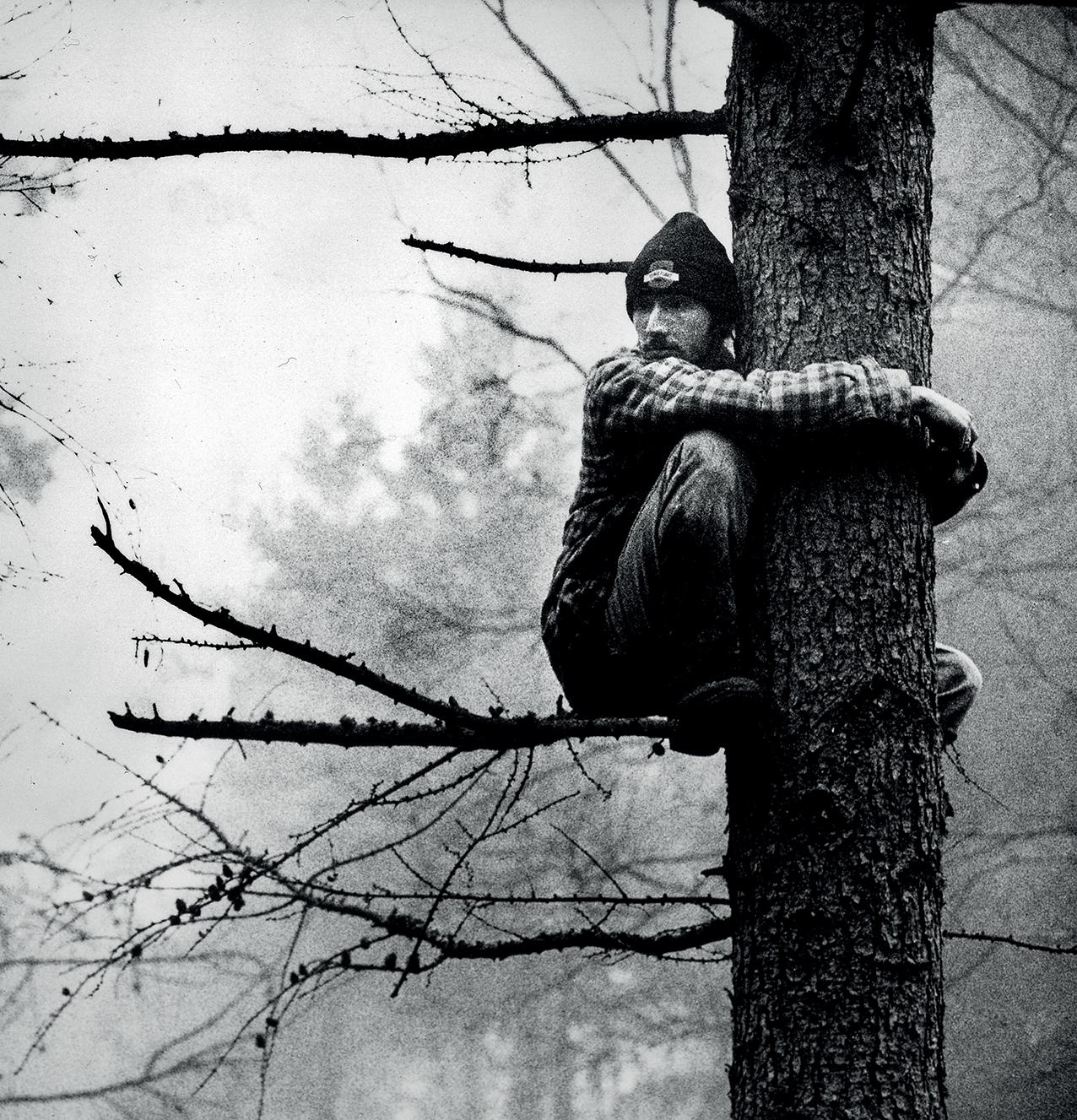
With radical views fighting their way into our algorithms and screens, many people may feel that the kind of chaotic and often puzzling state of today’s social and political climate has never been replicated. Left with a sense of hopelessness, it may be that now, more than ever, we need to look back. The desire to resist imposed ideals and morally bankrupt legislation has been a part of a continued thread throughout history. And this could be no more obvious than when experiencing Modern Two’s Resistance exhibition.
Curated by artist and filmmaker Steve McQueen, this collection brings together the work of photographers who documented life before the digital age and reveals acts of collective organisation against oppressive forces. Paired with audio clips from people involved, these detailed black and white images show the faces of the suffragettes and miners during hunger strikes, Gay Liberation Front activist ‘kiss-ins’, the Black People’s Day Of Action, disability rights groups demanding to be portrayed as equals, and even the Free Party movement rejecting commercialised club culture.
And it is worthwhile taking a trip into the Gabrielle Keiller Library, tucked away on the ground floor, to discover pamphlets published underground in secrecy during World War II. People from every type of background are pictured coming together and changing the course of British history. The overarching message is a powerful and clear expression of what collective community can do. Wherever your political alliances lie, this is a significant exhibition for anyone who believes in the right to be heard.
(Rachel Morrell)
n National Galleries Scotland: Modern Two, until 4 January.
John Bellany is revealed as a seeker in search of himself in this first major overview of the Port Seton-born artist’s work since his death in 2013. You can see it in the early 1960s drawing of the wild-haired roaring boy of the new Edinburgh art scene as he stares through the frame, flint-eyed and goatee-bearded. You can see it too in the more resigned figure of ‘Bellany At 70’ (2012), all dressed up for the occasion, eyes softer now.
In between, more than 80 works see Bellany embark on an unflinching personal odyssey. From the living hell of his 1969 ‘Homage To John Knox’ triptych, and the disembodied head of his etching, ‘Angry Young Man’ (1971), some of Bellany’s later 1970s works feature him surrounded by monkeys, fish and other creatures. Bellany seems conscious of his own mortality from early on. The deathly pallor of 1969’s ‘Skull Self Portrait’ is mirrored in the face full of medical tubes from 1986, and later in a hospital self-portrait from his 2007 sketchbook. By the time of 2012’s ‘Self Portrait In Chair’, the demons seem to have been purged as the painting bookends a vital and essential glimpse into a world where art and life are laid bare in equal measure. (Neil Cooper) n City Art Centre, until 28 September.
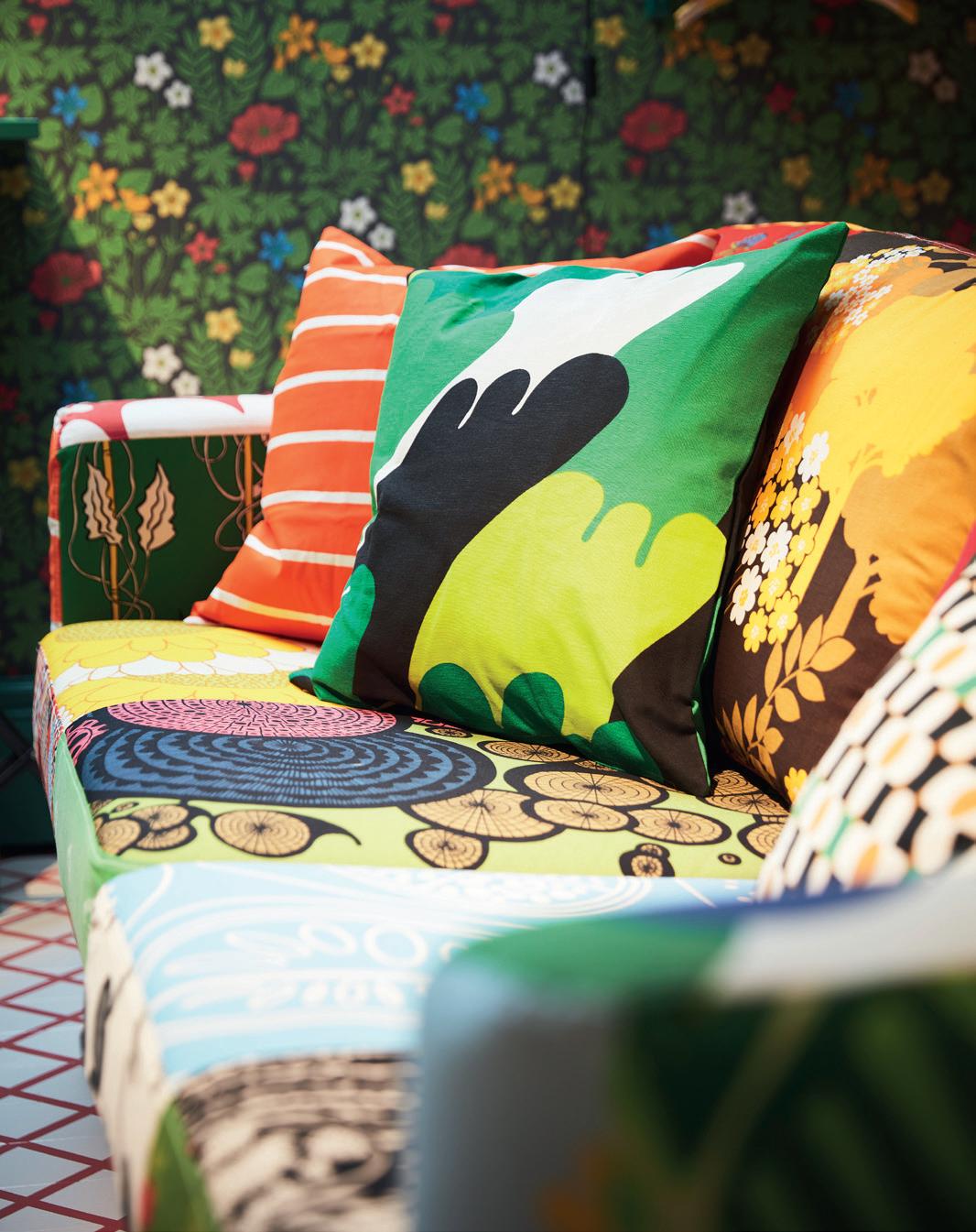
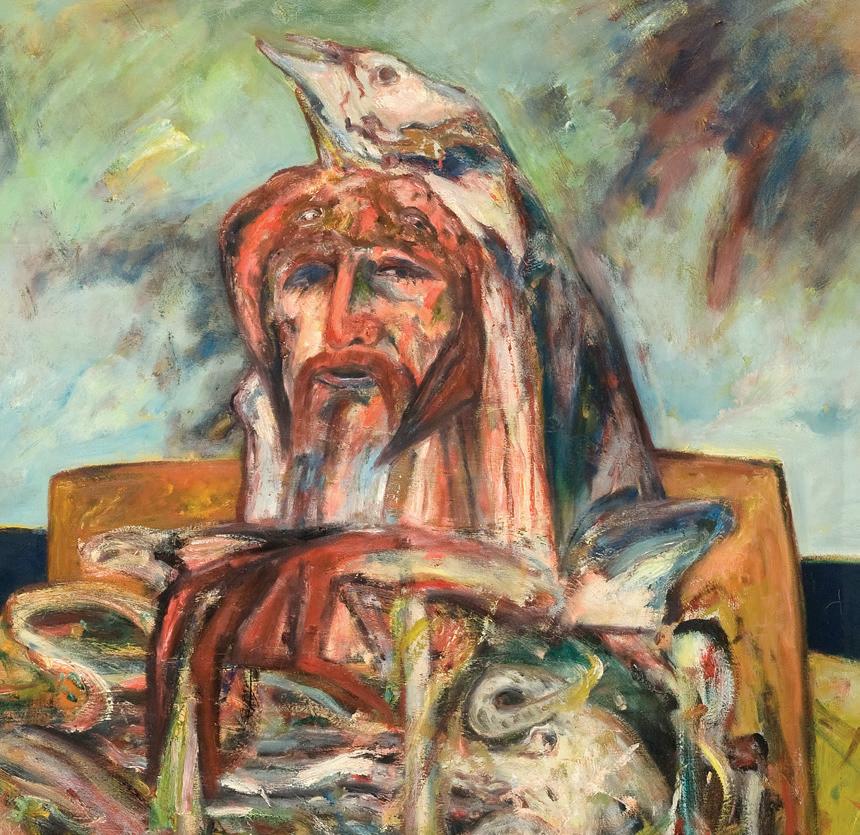
One of the lead marketing images for this show of IKEA textiles is Inez Svensson’s Randig Banan, featuring rows of Warhol-style bananas set against black vertical stripes. It gets across something of what the Swedish store’s aesthetic is all about, incorporating the style and swagger of modern art into affordable home furnishings. In its Velvet Undergroundadjacent loucheness, it’s also a reminder of how subtly radical IKEA seemed on its introduction to the UK a few decades back. Here was a company which somehow invoked a worldview (humane, liberal, anti-elitist) which wanted to banish chintz and Little Englander-isms; open to youth culture in an unassuming way, like a trendily bespectacled Swedish dad.
Dovecot’s new show is perfect Festival fodder: easy on the captions, visually dazzling and immensely fun. But it also gives a sense of how much IKEA did to popularise mid-century modernist design. For all that walking round their stores today can feel like being trapped in an aircraft hangar, the company has its roots in 1940s and 50s minimalism, and thus in concrete art, the Bauhaus, and the belief that good design has a societal role to play by tapping into common human impulses. Sure, it’s a long way from there to flat-pack furniture and £3 picture frames, but you get the idea. (Greg Thomas) n Dovecot Studios, until 17 January.

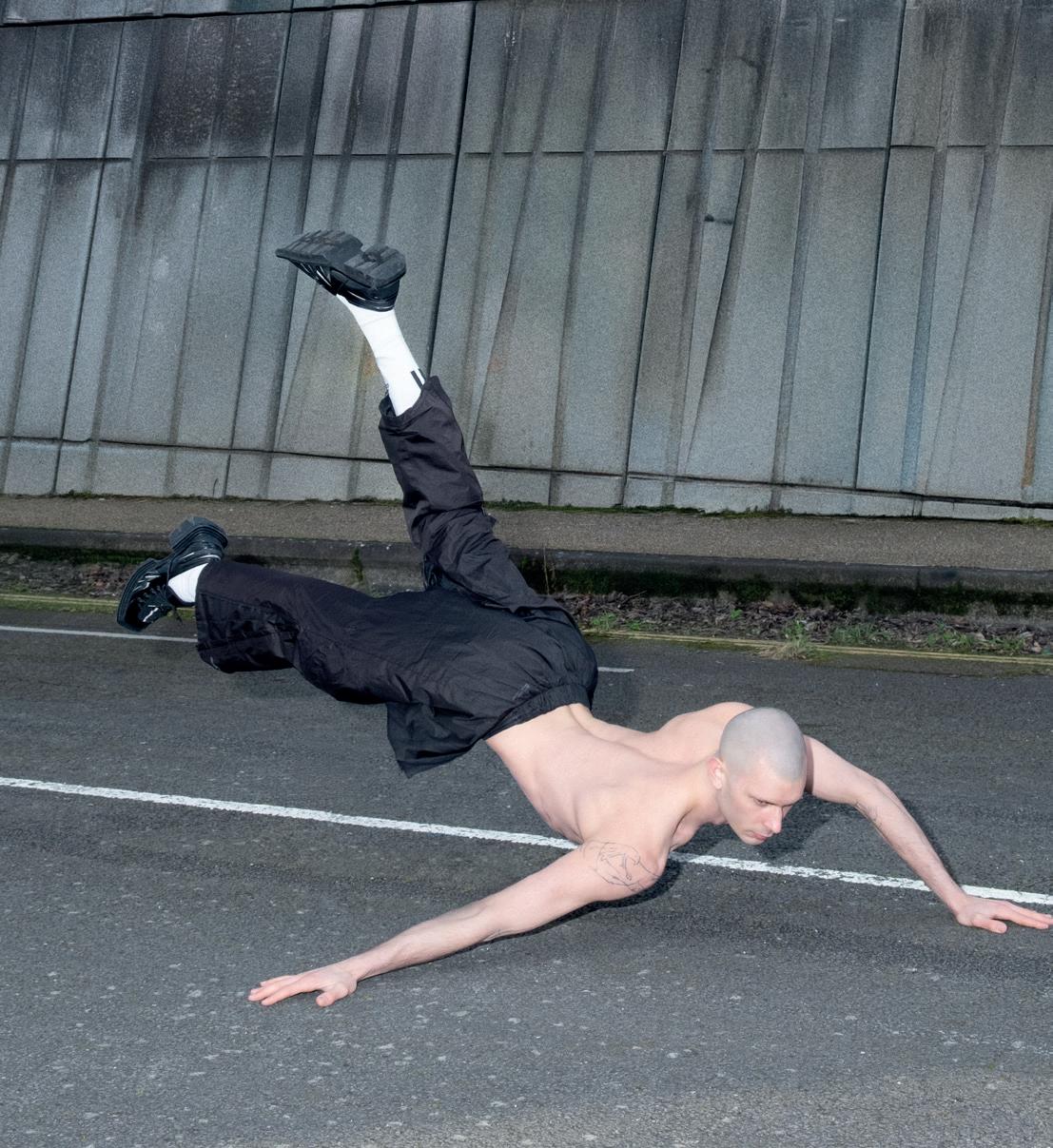
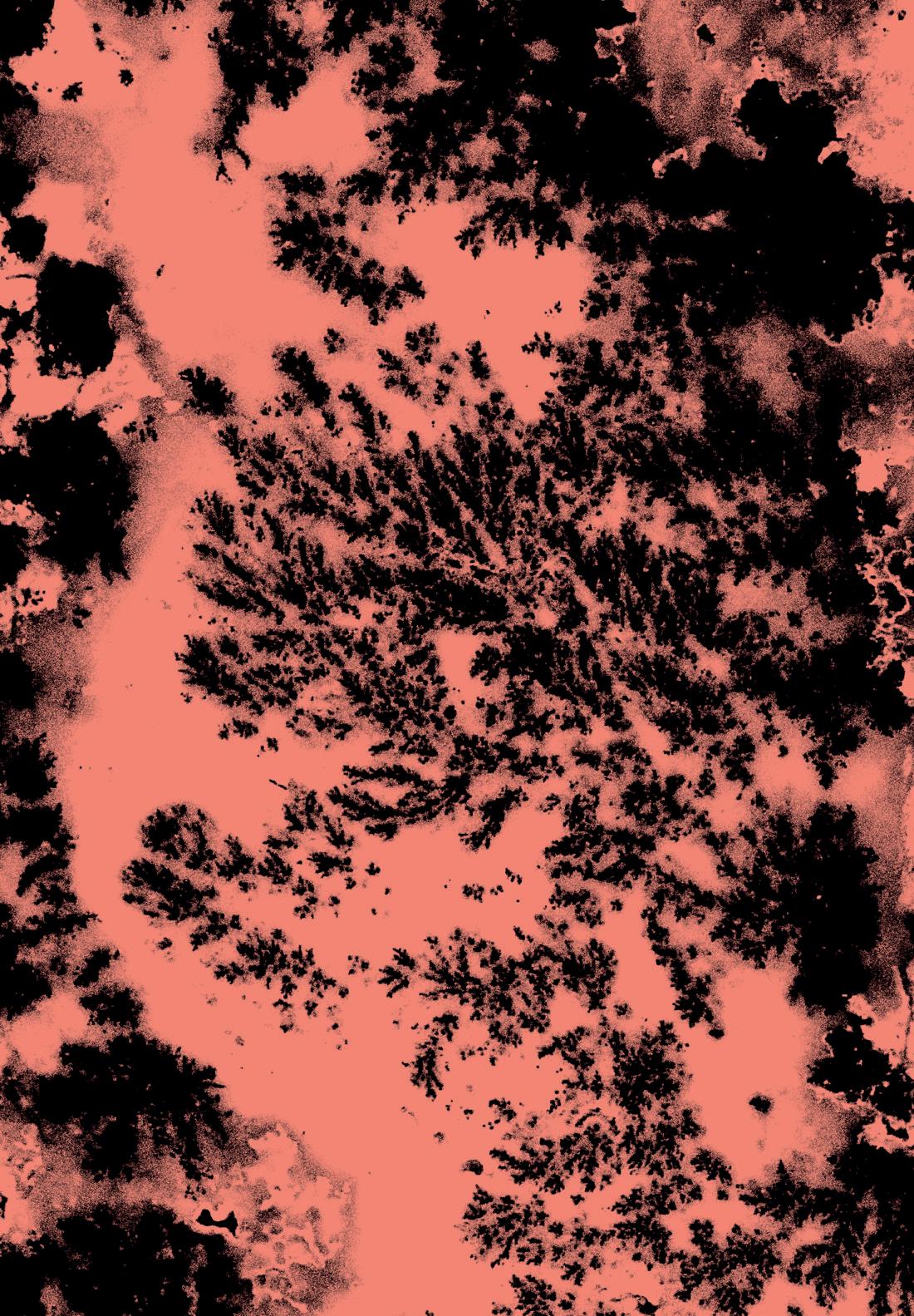




JakeChapman,RebeccaWallis,BrettGraham, WandaGillespie.Specialguest:HellfireR9X 1-25August,2025.Venue560.2ChuckiePend, EH38BG.scottlawrie.com


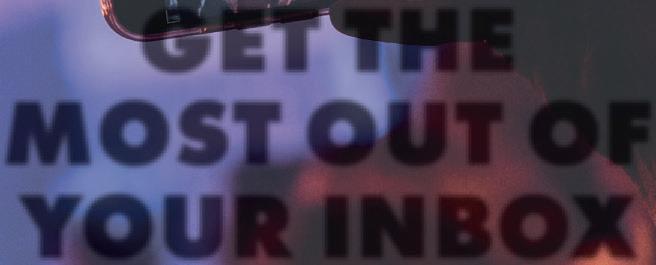

Downtown Philadelphia is the setting for Mirror Matter , a collection of Levinthal’s paintings which encapsulate the often curious nature of everyday life.
Ingleby, until 13 September.
The installation artist’s acclaimed new show is built around two sets of photographs taken in two very different cities which are connected by uncertainty and flux.
Fruitmarket, until 5 October.
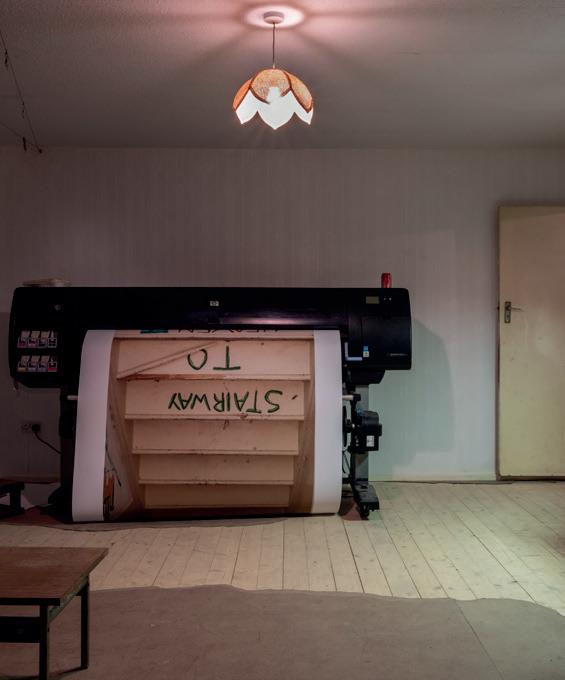
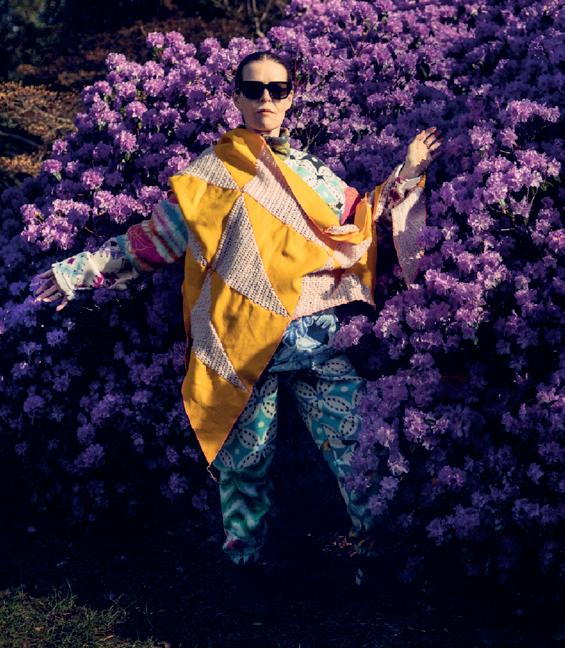
In this one-off event, A Kind Of Glamour About Me, the legendary feminist artist takes inspiration from Walter Scott and considers how creativity has the power to shape identity and social mobility.
Royal Botanic Garden Edinburgh, 7 August.
In The Dappled Garden , this respected Japanese silversmith sketches his designs onto silver and explores pattern through a process in which steel punches produce a distinctive texture.
The Scottish Gallery, until 30 August.
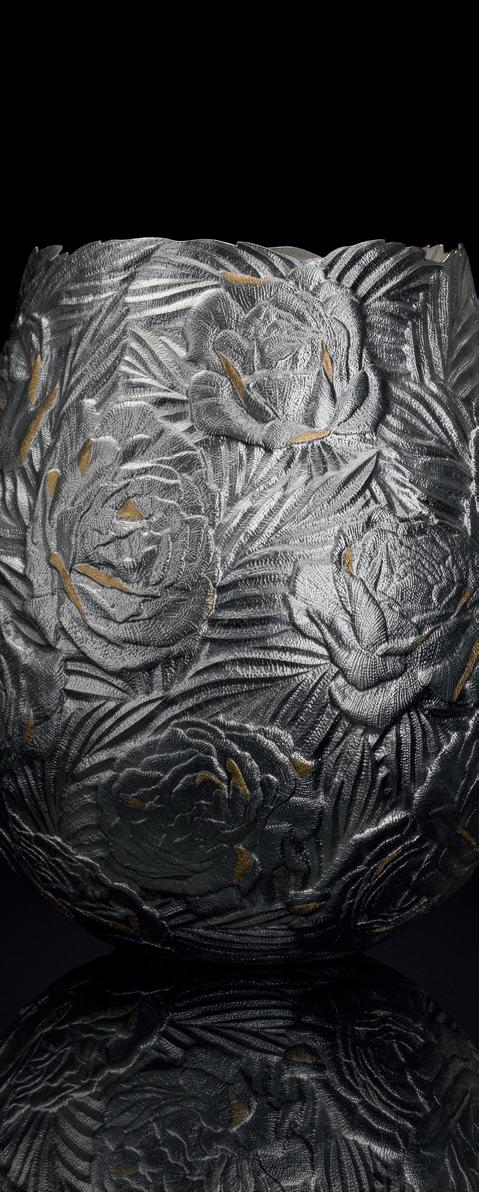
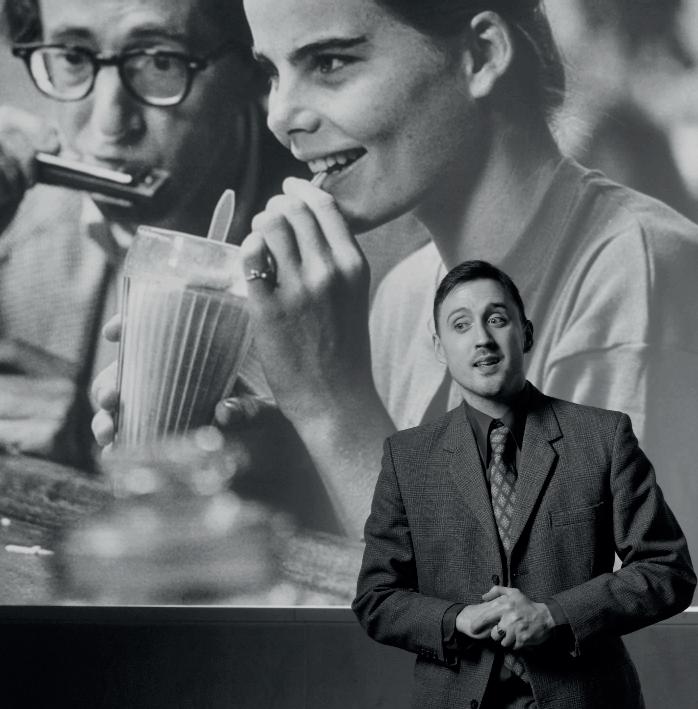
Masculinity is given a proper going over in Millennial Prayer, Oliver’s multimedia examination of the state of politics and pop culture as we reach the quarter point of the new millennium.
Jupiter Artland, 7 August–28 September.
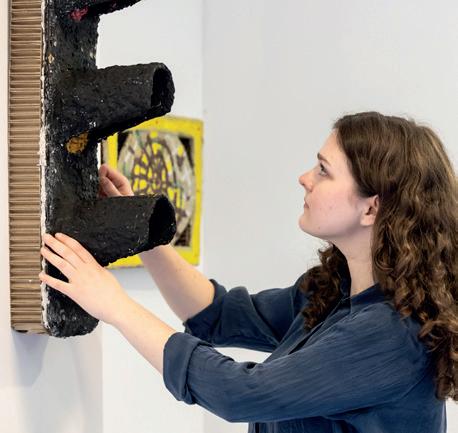
A new artist residency programme has been set up in order to connect young artists with the city’s creative communities, helping them in their early careers beyond this Festival period.
EAF Pavilion, 7–24 August.
Various dualities (waste and renewal, domestic and industrial, interior and exterior) are at play in this exhibition which features sculptures made from discarded materials.
Edinburgh Sculpture Workshop, 7–30 August.
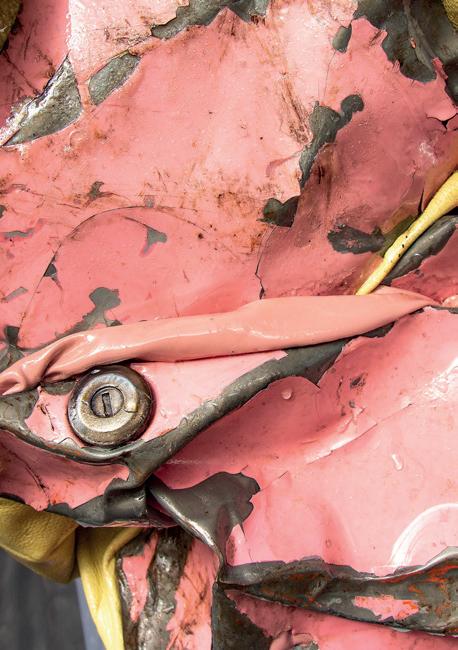

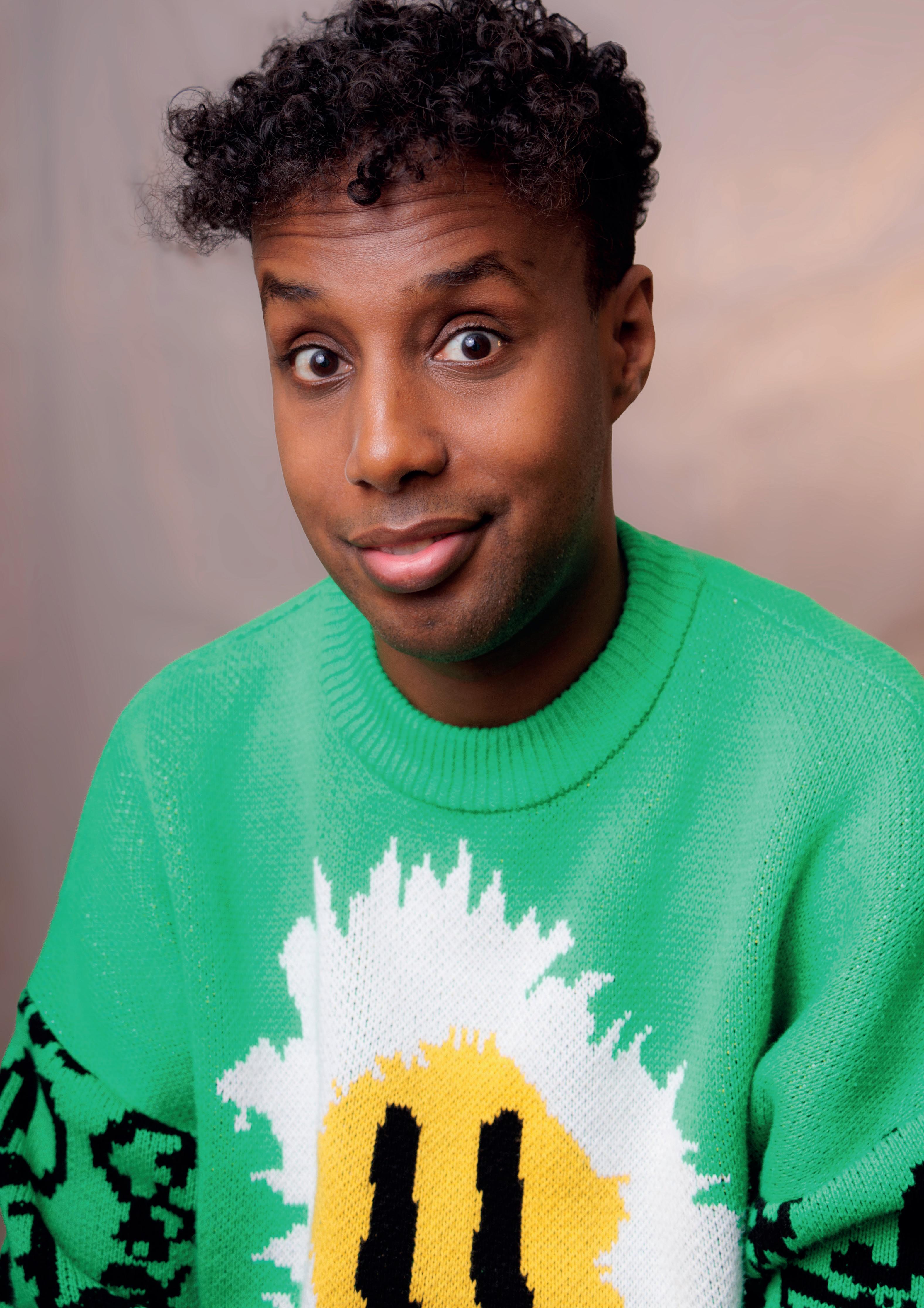
In this event entitled ‘Friends, Fortune-tellers And Ferocious Beasts’, author-illustrator Ramzee reveals all about the hacks you need to have in your back pocket in order to get by in this thing called life. He teams up here with Radhika Sanghani, the author of How To Get Magically Popular Edinburgh Futures Institute, 9 August, noon.
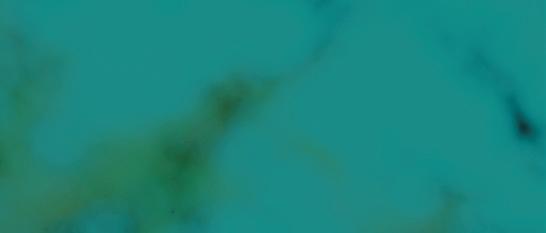

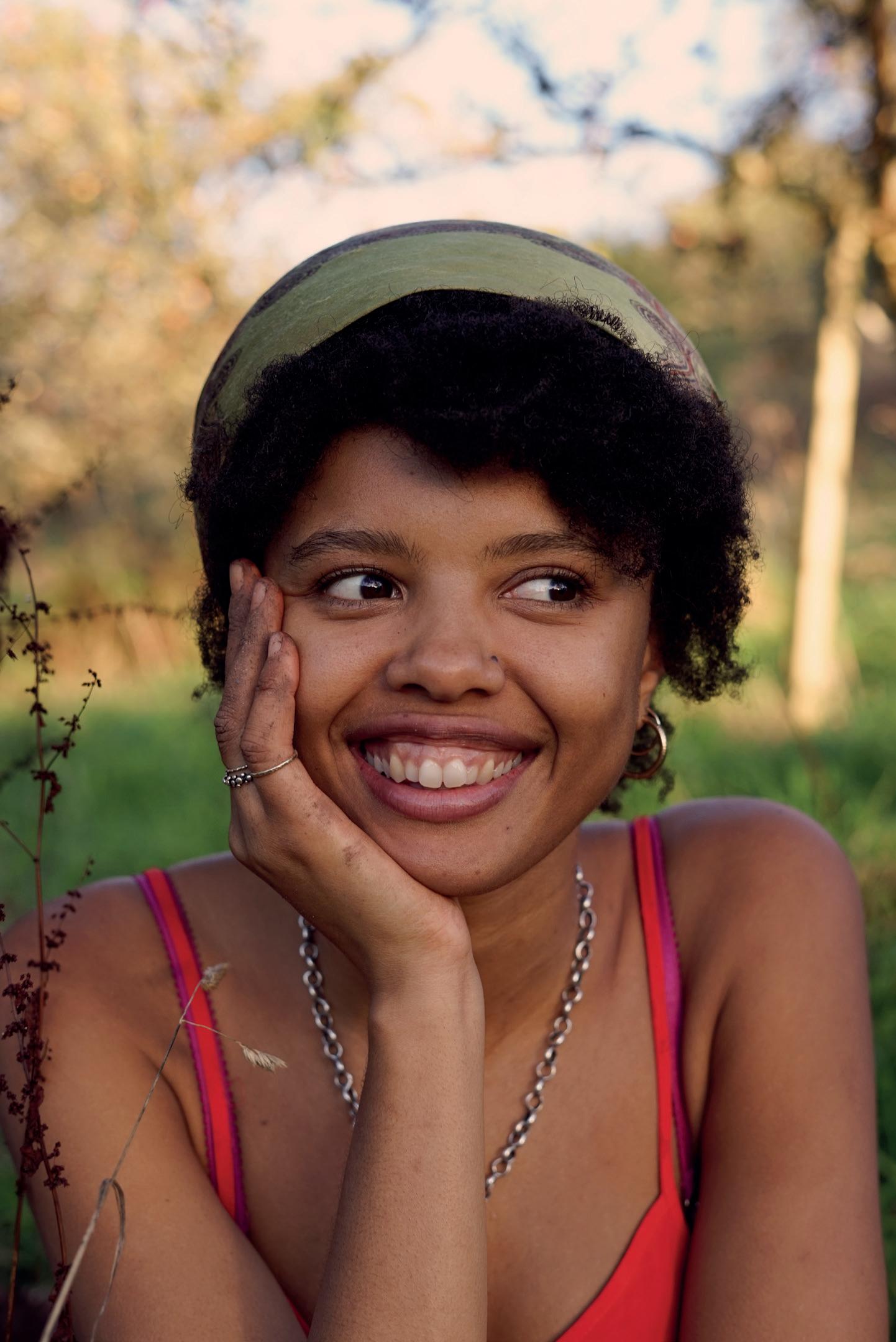

If you were to stumble upon Poppy Okotcha’s Instagram page, you would find a collage of green: verdant fields, rolling hills, overgrown gardens. All the hallmarks of the idyllic British countryside. The horticulturalist has dedicated herself to championing the personal and societal benefits of cultivating a strong relationship with nature, promoting with passion the merits of ecological growing to her 130,000-plus followers. In April she released her debut memoir, A Wilder Way: How Gardens Grow Us, which recounts a year tending to her Devon garden, and is interspersed with recipes, gardening know-how, and British and Nigerian folklore.
Speaking over the phone, Okotcha maintains an enthusiasm for the natural world that suffuses her writing. Yet she began her career as a model. ‘I was working in an industry that was promoting overconsumption,’ she acknowledges. It was this realisation, alongside a deepening understanding of the climate crisis, that led to an eventual disillusionment.
Model-turned-horticulturalist may sound like a dramatic career change, but for Poppy Okotcha, gardening has always been in her blood. She tells Eve Connor why we need to re-establish our connection with the land and face up to the harm we’re inflicting on ourselves by damaging the planet
Her pivot to horticulture, however, was less a radical change and more a return to an early source of joy. At five, her family relocated from England to postapartheid South Africa, where Okotcha, the child of a white-British mother and a Nigerian father, first awakened to the importance of universal access to land. While there, she attended a Steiner school, where engaging with nature was a core part of its alternative curriculum. ‘I do think that education around nature is absolutely essential,’ she says when asked whether land-based skills should form part of the British education system. ‘As we’re facing more and more problems with mental health, I’m hoping there will be more green prescribing that could be incorporated into the early years of education.’
It is the interconnectivity which nature fosters, not just between the self and the land, but between communities, that underpins Okotcha’s horticultural philosophy. Despite moving to rural Devon in 2020, she admits that she misses London’s community gardens. She credits these spaces as ‘a wonderful place not just to connect with the living world and nature but also with other humans. I think that actually our connection with other humans is one of the most important ways we can access a valuable relationship with the land.’ And you don’t need to escape the concrete jungle for an Edenic garden to do this: Okotcha began by nurturing potted plants on the roof of her houseboat.
The transformative power of gardens will be the main topic of conversation when Okotcha appears alongside fellow ecological grower Kathy Slack at Edinburgh International Book Festival. The Festival’s theme this year of ‘repair’ is reflected throughout Okotcha’s work. When asked how to begin to repair our relationship with the land, she answers with calm confidence: ‘it maybe sounds difficult to achieve but it’s just changing our perspective from being separate to being interconnected; that is it for me, the magic seed behind it all. All we’ve got to do is understand that we’re interconnected; that damaging the earth is damaging ourselves.’
Poppy Okotcha & Kathy Slack, Edinburgh Futures Institute, 10 August, 4.45pm.
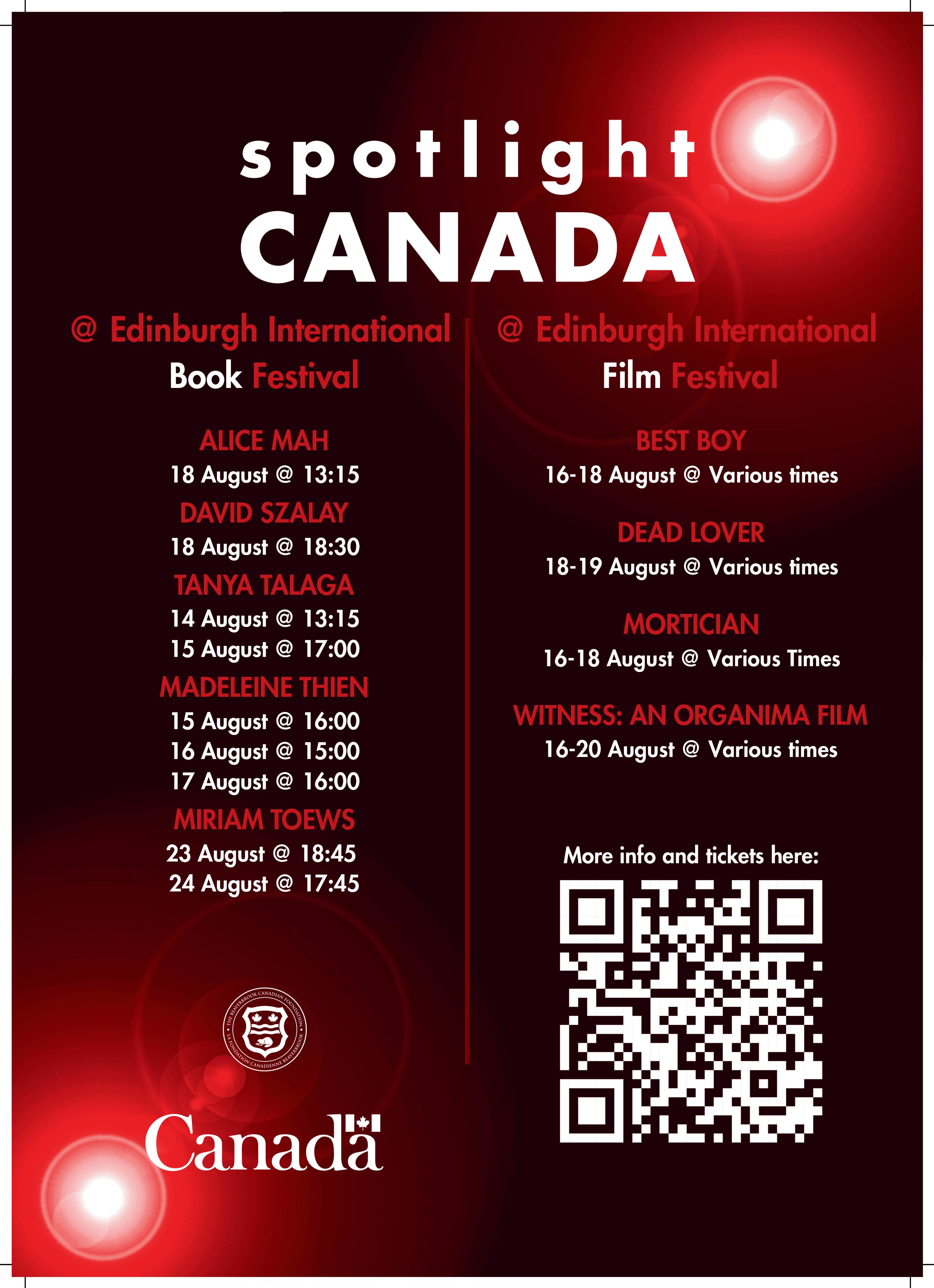
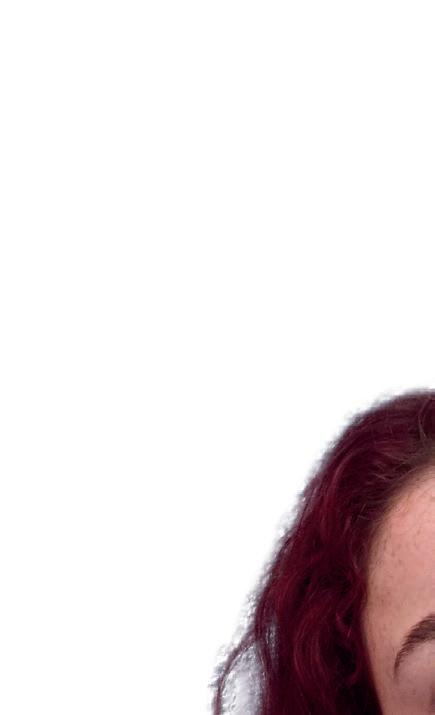
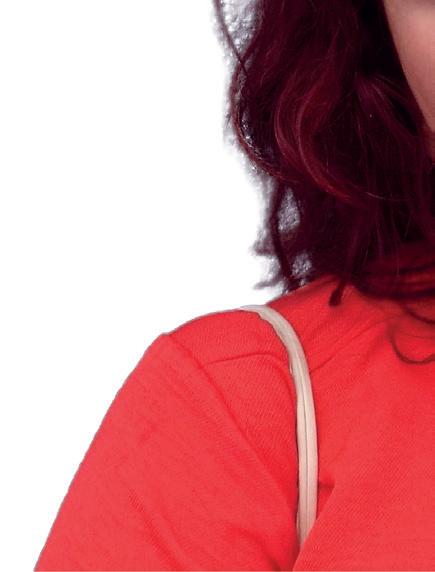








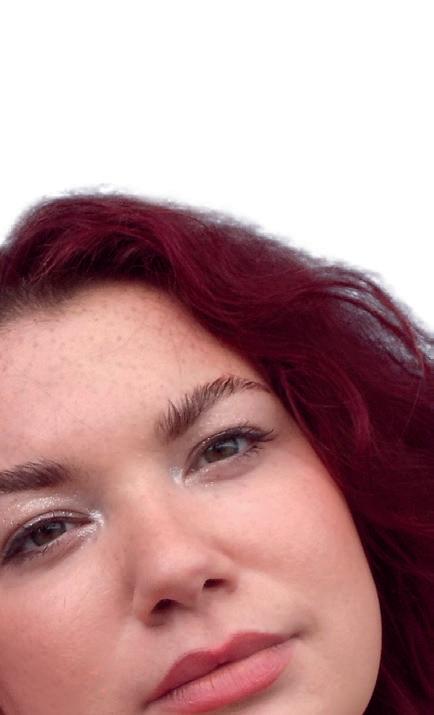
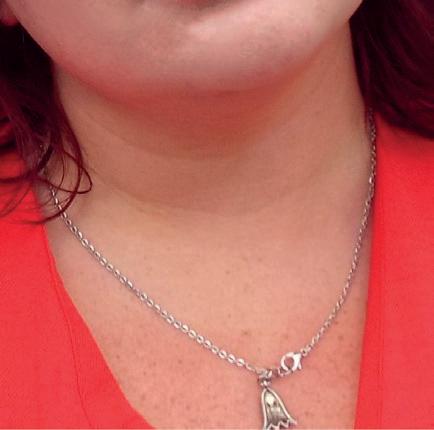
Rose Keating recently published Oddbody, her compelling debut collection of chilling short stories. Here the Waterford writer tells us about a quintet of gory tomes, from some books she couldn’t put down to the one she simply had to
The Hellbound Heart by Clive Barker

Clive Barker’s work has informed my understanding of body horror more than anyone, , in particular, exemplifies the gorgeous way gore, pleasure, pain and divinity
and The Hellbound Heart in are cross-layered in his writing.
The Doloriad by Missouri Williams



Soft Fruit In The Sun by Oliver Zarandi
One of the most original and interesting
One of the most original and interesting collections I’ve read in a long time. The body horror in this book is funny, tender, emotive and unlike anything I’ve come across before.
Earthlings by Sayaka Murata
This is the only book I’ve ever read where I put it down because I found it too upsetting. After thinking about why I did that, I picked it back up. This book is a triumph. It goes beyond what is deemed both acceptable to give a voice to, and what I thought possible in writing.

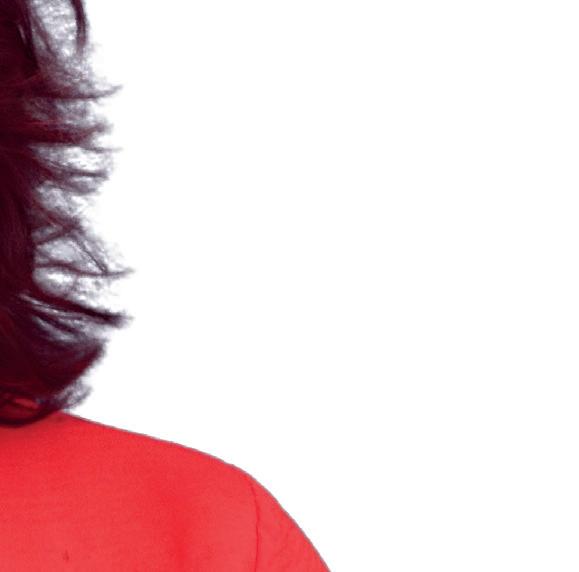
As a genre, body horror is frequently concerned with the breaking down of boundaries, both bodily and societal. The Doloriad is a book centered around the breaking down of structures. Time, place, taboo, individuality and bodies are all shifting and collapsing in a way that evokes deep unease, with cerebral and bodily disintegration, leading the reader to a place that is unknown and terrifying.
Blood Meridian by Cormac McCarthy
To call Blood Meridian body horror is possibly a stretch, and probably not the term the author would have used for himself. However, when considering the brutalism of bodies, the violation and degradation of physical forms, I always come back to McCarthy’s work. Much of his writing explores the darkness of the human heart, our savagery and our sadism. Blood Meridian reaches depths of cruelty that left me stunned. When I think about violence, I think about this novel.



Rose Keating & So Mayer, Edinburgh Futures Institute, 10 August, 6.30pm.





in partnership with









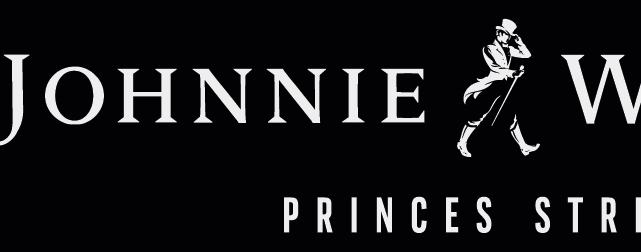

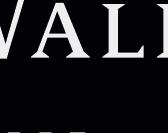














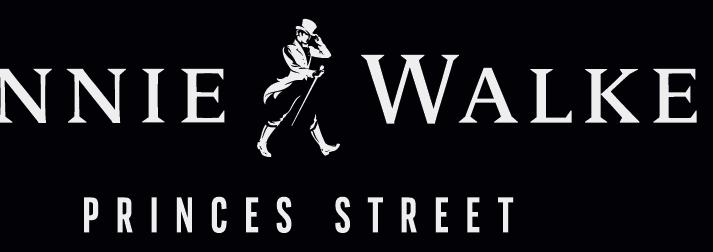







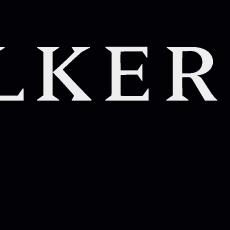






Friday 22 August





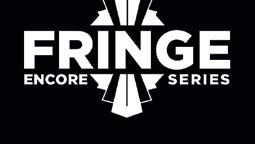







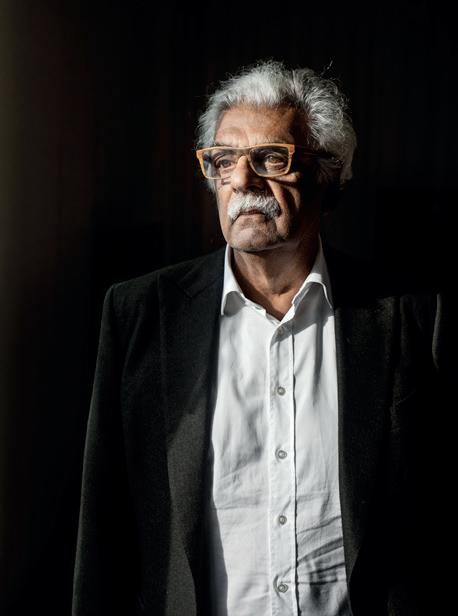
The veteran activist, journalist and filmmaker discusses his memoir which recounts the major historical events within his lifetime but also details personal stories about his parents.
n 13 August, 5.45pm.
We all have to play different roles in our lives, depending on who we’re with and what we’re doing at any given moment. The author of Intimacies explores this very subject in her new book Audition n 10 August, 1.30pm.
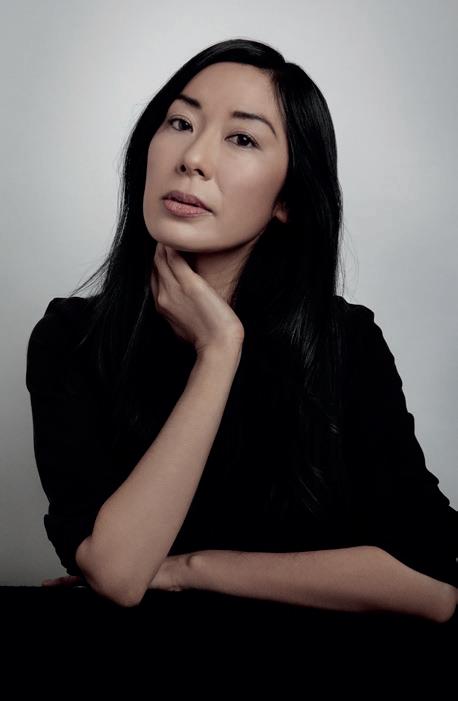
A novelist, festival curator and war crimes investigator, Victoria Amelina lost her life when the Ukrainian was killed by the lasting effects of a Russian missile attack. Olesya Khromeychuk (pictured) and Jen Stout keep her memory alive with this event n 11 August, 10.45am.


Justice, mercy, kindness and hope are the core elements of Kennedy’s latest novel, Alive In The Merciful Country. Zoe Venditozzi joins her to talk about how to love and live within a tyrannical state. n 13 August, 11am.
Kirsty Logan once again hosts this now traditional Book Festival event with Harry Josephine Giles and Alan Hollinghurst among those discussing and celebrating queer literature. n 10 August, 6.15pm.
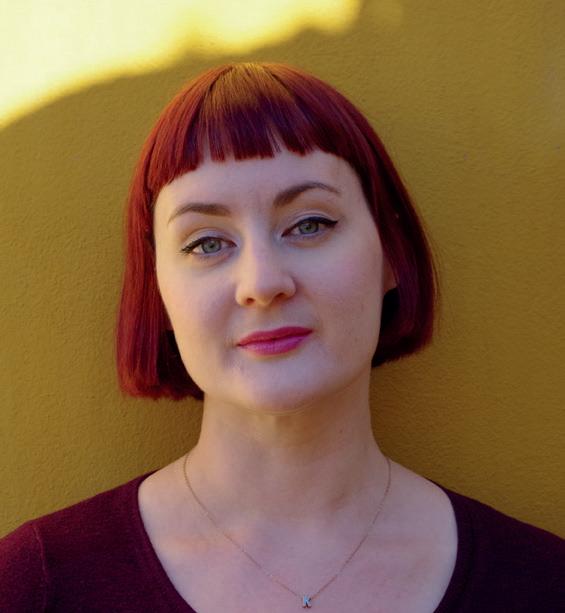
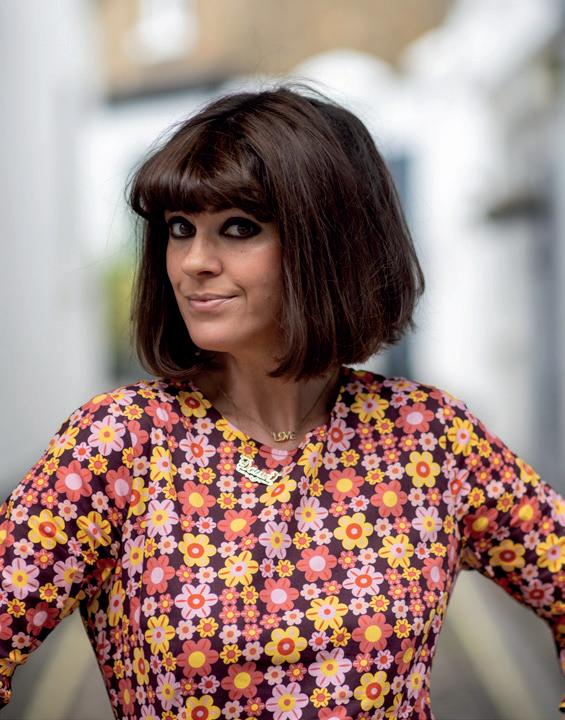
Hosted by Denise Mina, O’Porter is in town to chat about the third in her Renée and Flo books. In Honeybee , the childhood pals are now in their 20s and trying to work out what being an adult actually means.
n 12 August, 11am.

‘Is a river alive?’ asks the foremost nature writer in the country with his new publication, one of the most heavily anticipated books of the year.
n 9 August, 3.15pm.
All events at Edinburgh Futures Institute






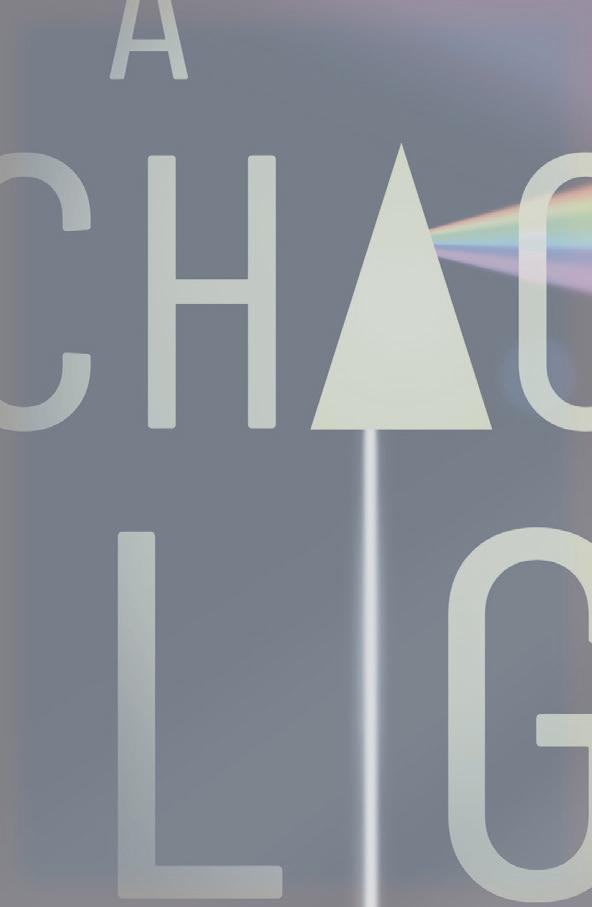
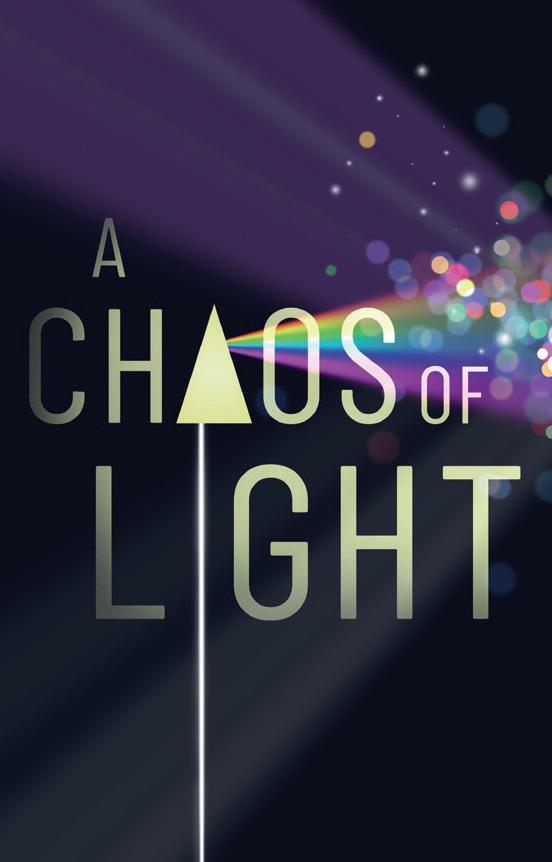
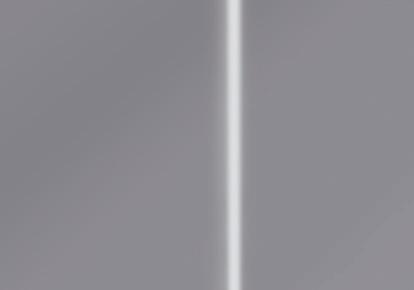
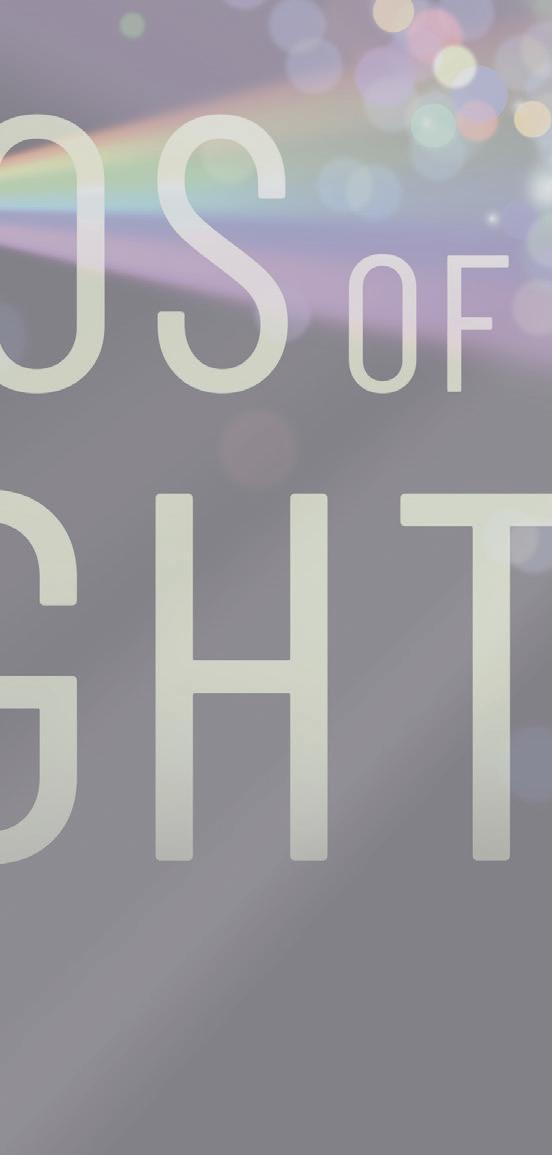

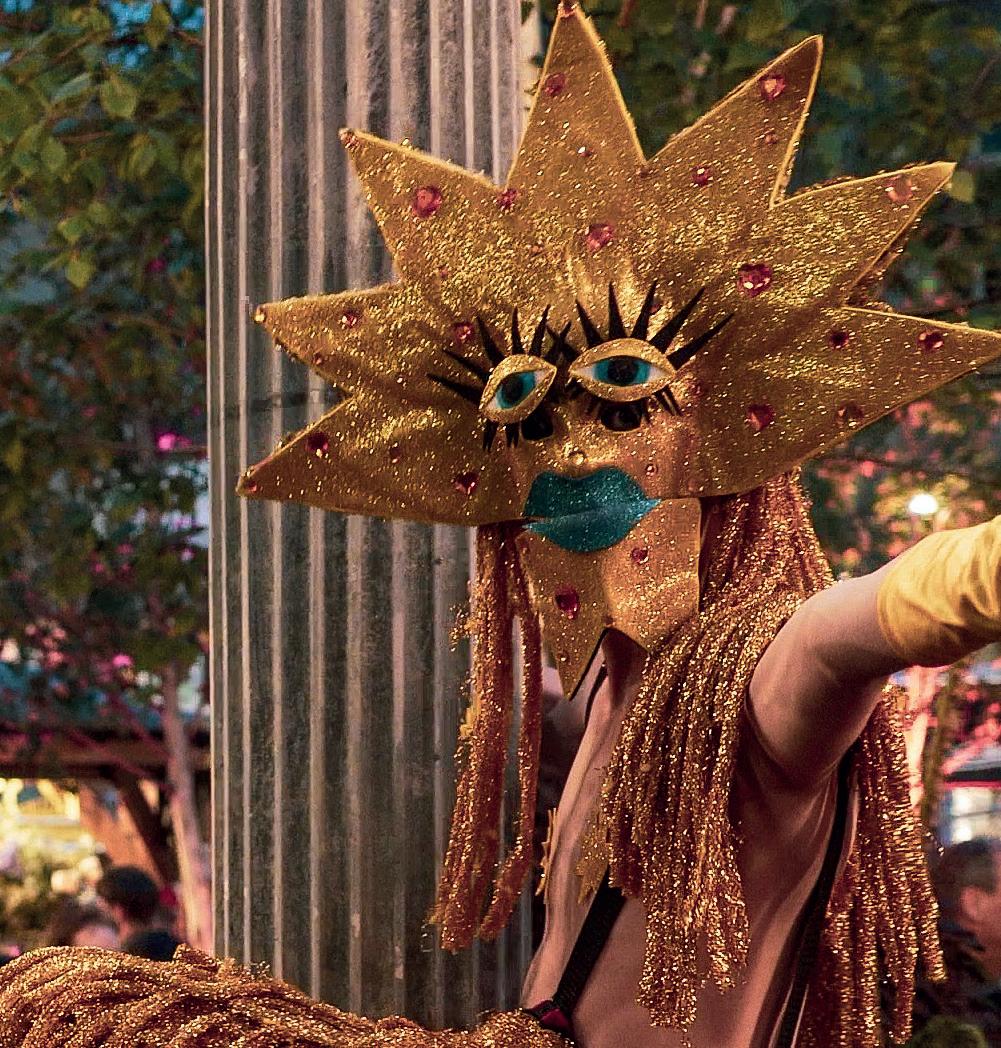




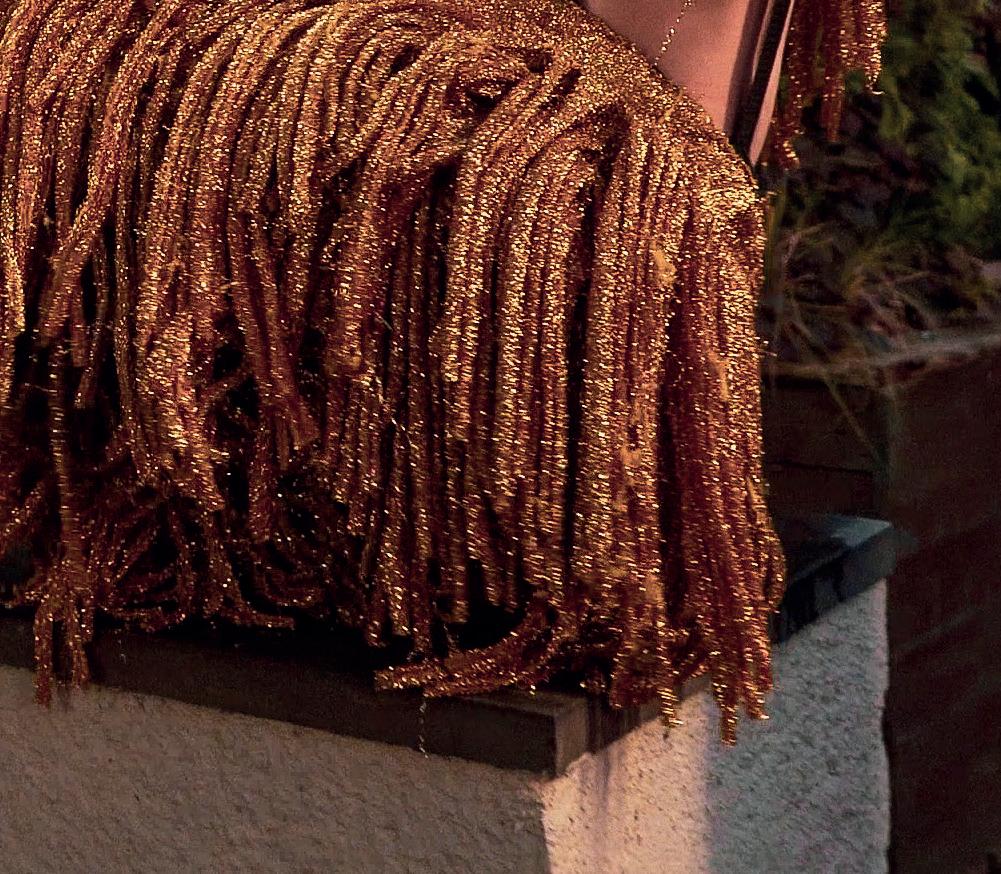



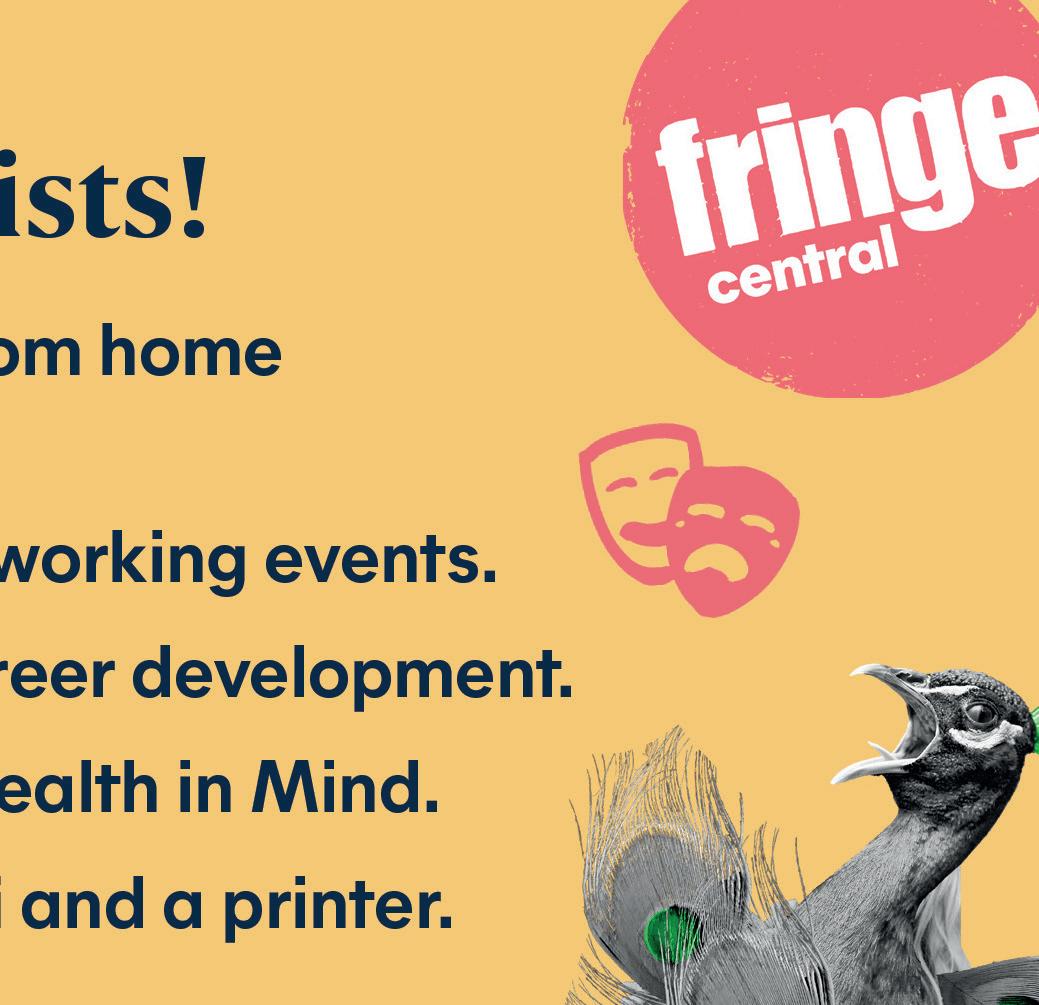


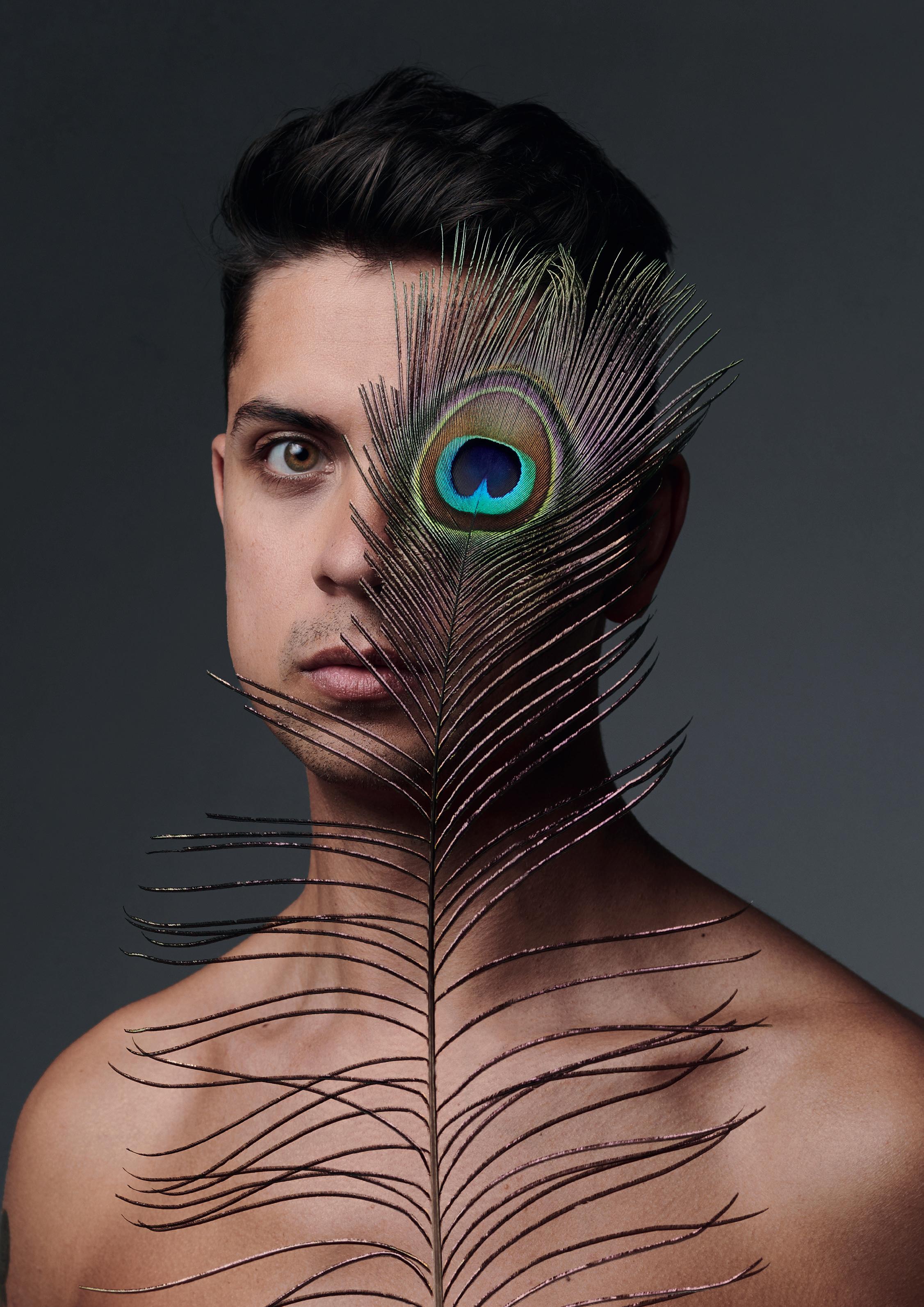
He’s not merely plain old Ben Hart this year, but The Remarkable Ben Hart. And who are we to argue as the magician-storyteller launches himself into his most ‘impossible’ show to date as he attempts to find the dividing line between magic and reality.
n Assembly George Square Gardens, until 24 August, 6.25pm.
Skank Sinatra is looking tidy. She appears, immaculate in a shiny red suit, hair like tamed candyfloss and on-point make-up. The show itself is just as neat. For drag artiste Jens Radda, this is very much an ‘introduction to . . . ’: the same show as last year but given a more apt cabaret setting and now in a bigger venue.
Skank ably showcases her talents, mostly in manipulating Sinatra’s oeuvre to her own devices but elsewhere takes a moment to sing in her Danish mother tongue. Mixed in are anecdotes of life growing up in South Africa with mixed European parentage, moving to Australia at 12, eventually making it as a cabaret star and dipping out for a typically cool Teutonic experience at a Berlin nightclub. Along the way she finds both frolics and true love. There’s nothing massively groundbreaking here but it’s a thoroughly enjoyable hour, which makes us look forward to seeing more from Skank. (Marissa Burgess) n Assembly George Square Studios, until 24 August, 8.20pm.
The box held by the front-of-house staff member contains the two choices that every Kevin Quantum showgoer must face upon entry. Believer or non-believer? Blue pill or red pill? As the queue snakes in, the audience take their seats armed only with an A5 piece of paper and a card. The chandelier above the stage sets a regal tone, while the gleaming metallic shape of a Tesla coil centre stage gives the night a spark of intrigue and anticipation.
Quantum energetically steps out, electrifying the air. With appearances on Britain’s Got Talent and training with magic legends Penn & Teller under his belt, he is a rare and exciting blend of magician and scientist. And while science might explain some of the physics behind magic, the mystery remains, hidden just out of reach.
The night holds illusions, mentalism, storytelling, sleight of hand, levitation and a healthy pinch of audience participation, entertaining kids and adults alike. The air in the room smells faintly metallic from the high voltage of the coil, crackling with potential and leaving the audience (especially non-believers) craving more. By his show’s end, Quantum, like the coil, seems only just beginning to warm up. (Lisa Simonis) n Assembly Rooms, until 24 August, 9.40pm.
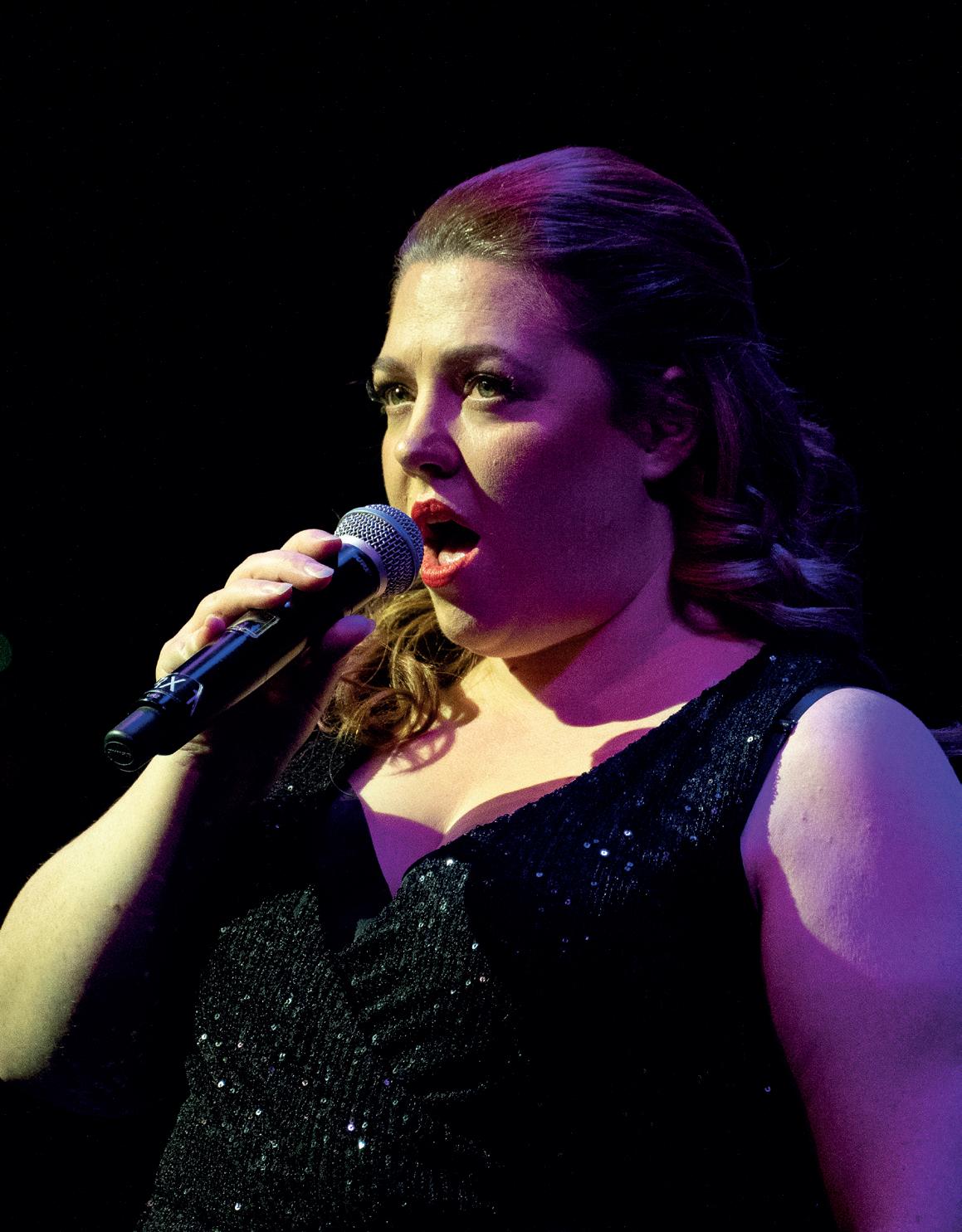
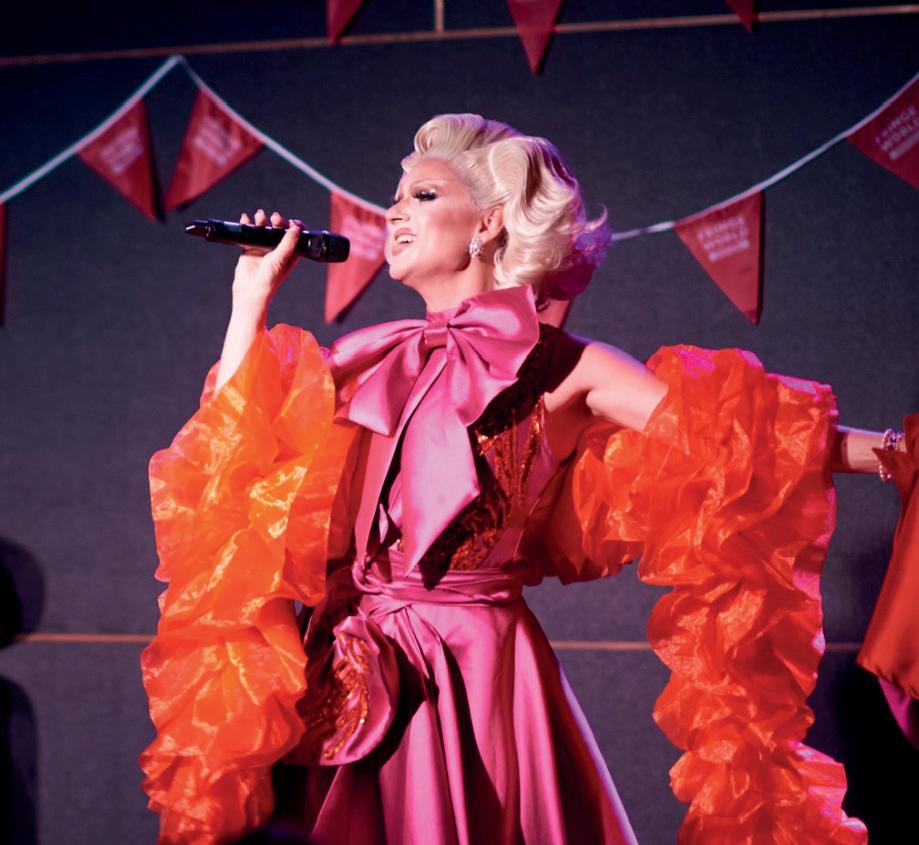
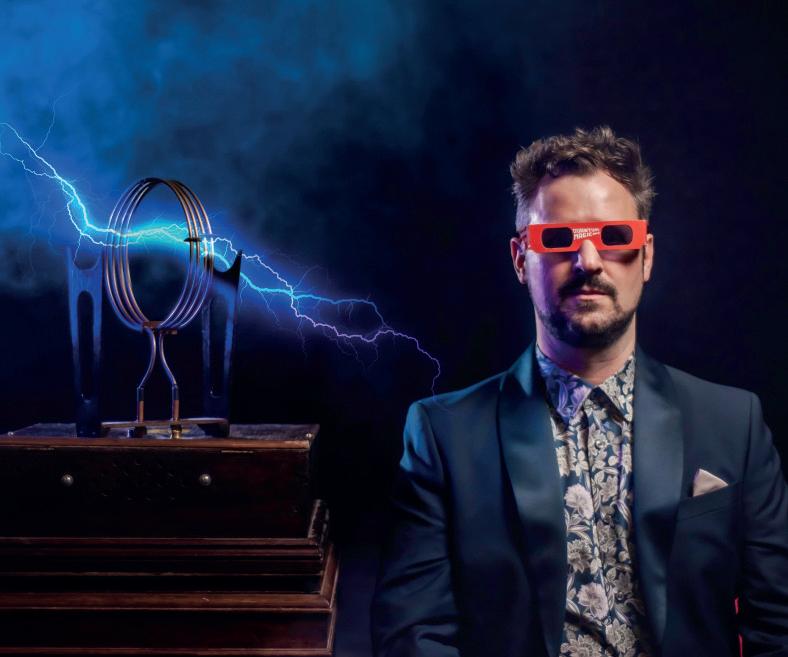
Michelle Pearson combines personal storytelling and belting tunes in this confessional cabaret, which takes a frank and unflinching look at the way body shaming can destroy a person’s confidence and poison their day-to-day life.
Pearson, who until the age of six blissfully idolised Miss Piggy while other girls wanted to be princesses, remembers the first time she became aware that her body was different to those of her family and friends. Thus began a journey of trying to assimilate through diets, manifestations and eventually surgery, for which Pearson is still suffering the long-term after-effects.
All of this is revealed through Pearson’s charming, intimate and candid narrative, which she weaves through the show, in between well-known pop and rock songs repurposed with lyrics that reflect her experiences. These musical numbers, however, are Skinny’s weak link. That’s not to say they aren’t well performed. Pearson is a majestic and versatile singer, her four-piece band are fantastic and she switches brilliantly between empowered diva and vulnerable narrator.
But the rewritten lyrics veer between on-the-nose (listing Ozempic side effects to ‘We Didn’t Start The Fire’) and crowbarred-in (Spice Girls’ ‘2 Become 1’ interrupts a vividly described sex scene), and it doesn’t feel as if they add anything to the storytelling. More powerful and poignant are the video interviews Pearson has conducted with various people who have suffered from fatphobic prejudice. It’s an original concept for a show, which could have soared with a different score. (Lucy Ribchester)
n Underbelly Bristo Square, until 10 August, 6.50pm.
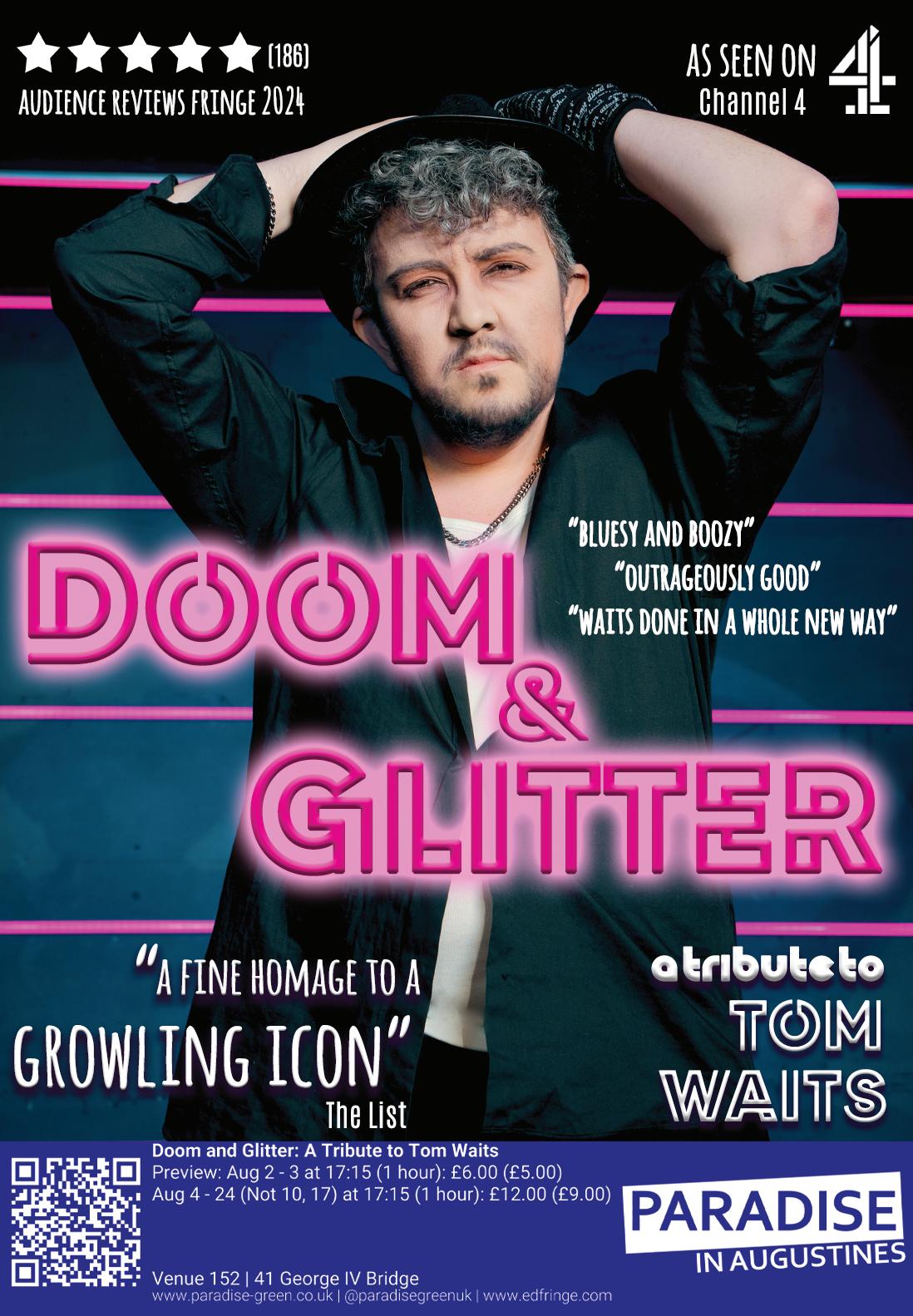

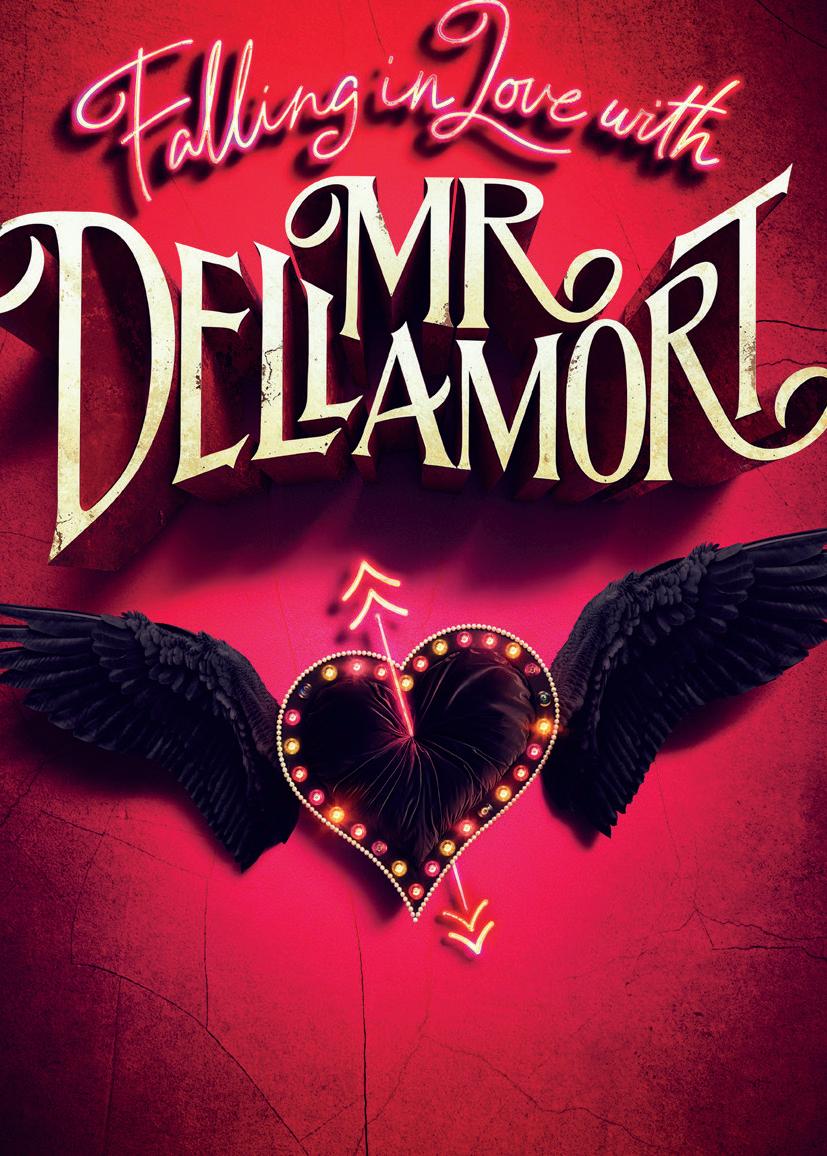

Finalists battle it out to take the crown in the cliamactic stage of the UK’s most prestigious comedy newcomer competition! Following months of regional showcases around the UK and Ireland, see comedy’s rising stars give their best performances in a bid to win So You Think You’re Funny? 2025. ‘Showcasing the standup stars of the future.’ (Comedy.co.uk)
Previous winners and finalists from the competition include Aisling Bea, Tommy Tiernan, Maisie Adam, Peter Kay, Lee Mack, Fern Brady, Rob Beckett, Romesh Ranganathan, Sara Pascoe, Daniel Sloss, and more.
21 Aug | 7.30pm | £16

tickets.gildedballoon.co.uk
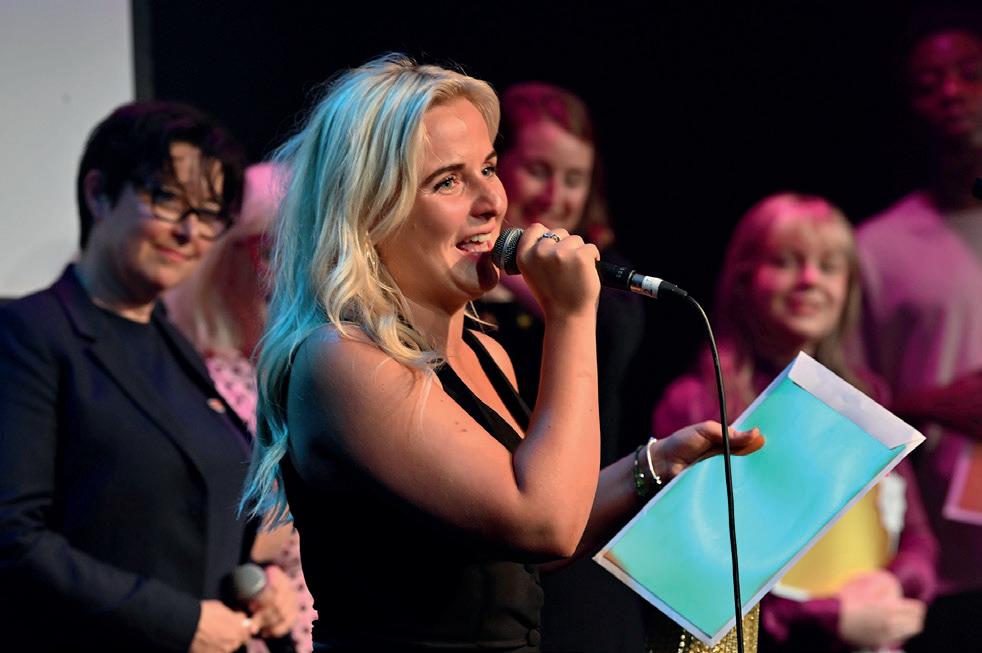
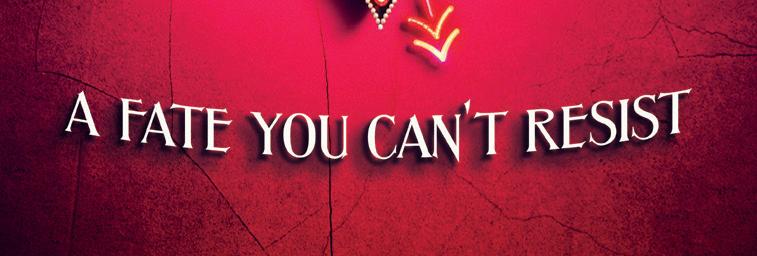





Set in a speakeasy-style space, Go With The Flow stars the formidable Gynae Guru and the brilliant Cycle Sisters who guide you through the highs and lows of ovulation with a mix of reimagined parody pop songs, stand-up and the occasional educational moment. From the bloated agony of ‘Day One’ to the golden flirtatious moments of peak fertility (where even a breeze feels like a caress), they create a musical romp with killer harmonies and wicked comedic charm. The trio sing in such perfect harmony, you could say they were, literally, in sync.
Powerhouse vocals from Gynae Guru steal the show, while the intimate vibes, moody lighting and cheeky audience rapport make it feel like a proper girls’ night out. These women deserve a bigger stage for this journey through the 28-day cycle, but the cosy setting amps up the fun. Part cabaret, part educational and entirely fabulous. (Robyn Bell) n Zoo Playground, until 24 August, 7.40pm.
Our hosts for Honest Fraud are two affable Brazilian magicians, Ricardo Malerbi and Rudi Solon from the Fundo Falso Company, who are joined on stage by (for some reason) an array of stuffed capybaras. They invite the crowd to check everything they do, playing with the trust and transparency that are usually so blurred between performers and their audience in a magic show.
To scrutinise the tricks, they get a ‘fraud inspector’ from the audience on stage, a lengthy process that disrupts the flow. The pair work well together with an easy rapport, but the show already feels quite low-energy and the drawn-out process of selecting people from the crowd doesn’t help make it more engaging for those who aren’t involved in proceedings.
The tricks are largely coin and card-based with a little mentalism thrown in for good measure. Some are more impressive than others, with a few feeling like the long build up doesn’t quite pay off. The show’s blurb promises to make you doubt reality itself; while it doesn’t quite live up to that pledge, it’s a fairly enjoyable way to spend an hour, despite its pacing problems. (Lauren McKay) n Underbelly Bristo Square, until 25 August, 4.40pm.
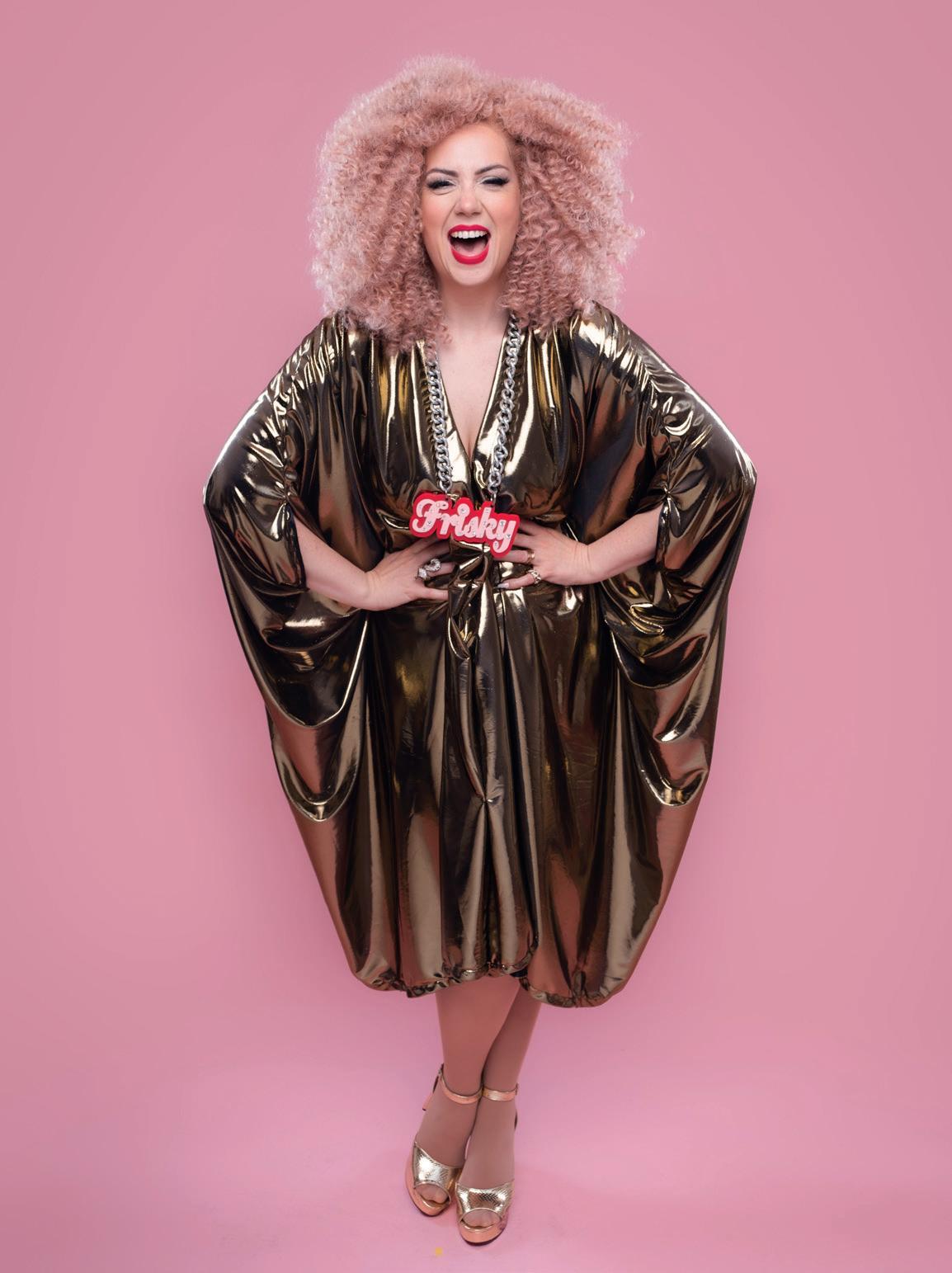
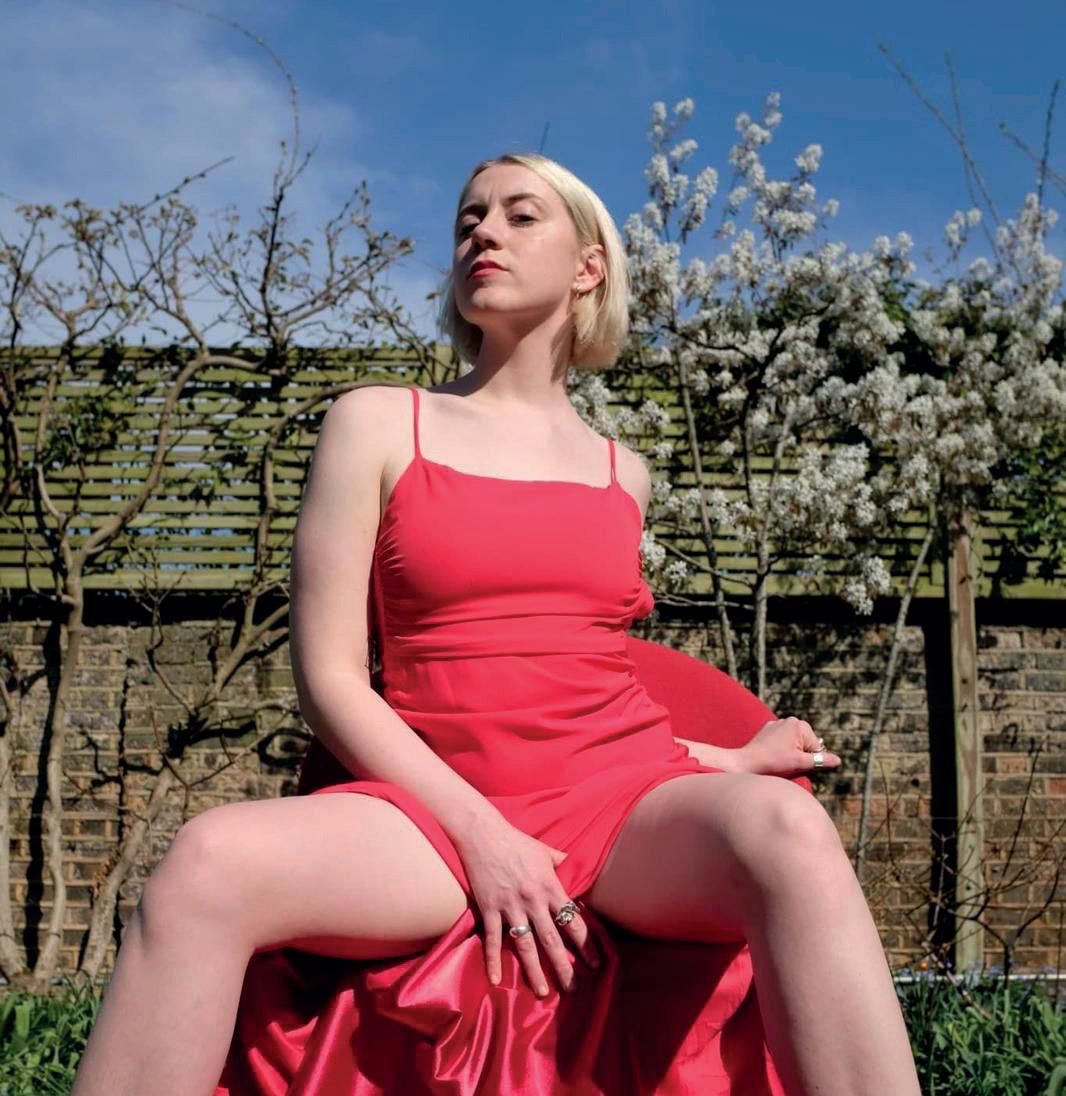
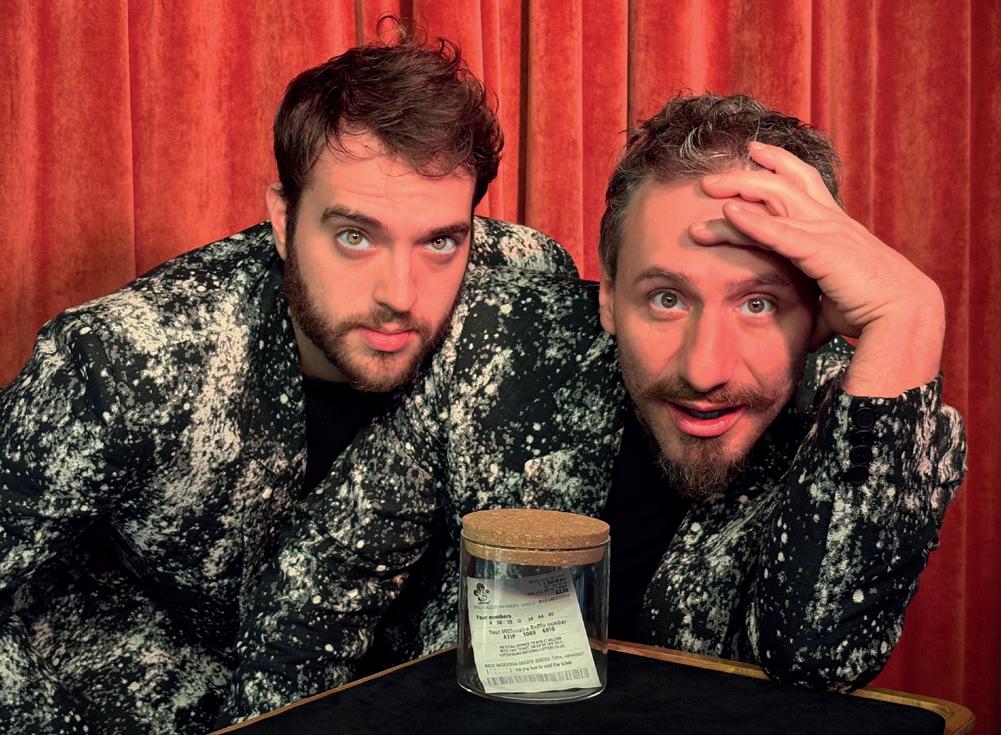
Sans partner-in-crime Mannish, Fringe icon and cabaret diva Laura Corcoran (aka Frisky) makes a grand return to the city in her usual haunt, the Palais du Variété. Frisky’s Reshuffle is a kinetic, unapologetically playful showcase of her sharp instincts and newfound (somewhat) maturity on the mic. After years of threatening to do so, Frisky (a self-described ‘recovering perfectionist’) makes the leap with her solo adventure; accompanied by a spiffing four-piece band, naturally.
Delivering punchlines with gleeful velocity, Frisky’s Reshuffle is a toss-up of format, genre and vocal style to turn your favourite songs into Frankenstein creations. Some of them work. Others? They shatter expectation, erupt as monsters not even their creator can contain: who would have suspected ‘Like A Virgin’ works as an emo cover? Unquestionably gifted in her vocal delivery and lyrical concoctions, the most compelling element continues to be Frisky’s dexterity in crowd work. Jokes aren’t just delivered, they’re sculpted in real time, shaped by gasps, giggles and the occasional heckle. There’s warmth, too; a sense that the audience isn’t a passive spectator but a co-conspirator in the madness.
Swaddled by a Fringe that’s welcoming back one of its chaotic charms, Frisky’s evolution isn’t over: exhilarating, imperfect and brimming as it is with possibility. For this metamorphosis from pop punk to matriarch of musicality is far from a swansong. It’s a crescendo, building to an inevitable high note which Frisky has been unsure of finally releasing into the world. Time to belt it out. (Dominic Corr) n Assembly George Square Gardens, until 24 August, 9.55pm.
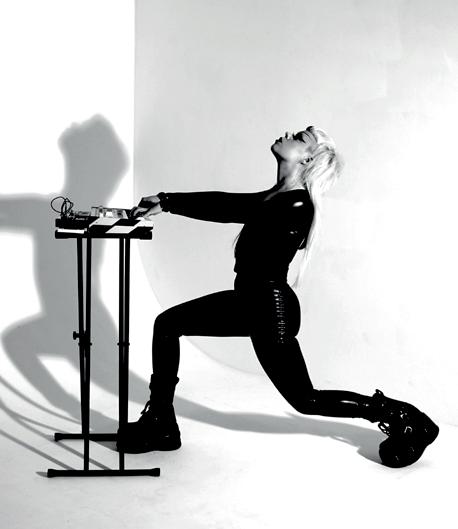
With her Deadly Synths , this cabaret punk looks at the history of synthesiser music and picks out some of her favourite numbers to perform.
One minute it’s like a gig, the next a TedTalk.
n Famous Spiegeltent, 12, 19 August, 9.30pm.
The wired chaos of internet dating is on the agenda in this theatrical fever dream crossed with a musical memoir about the search for meaning in the digital era.
n Assembly Rooms, until 24 August, 9.50pm.
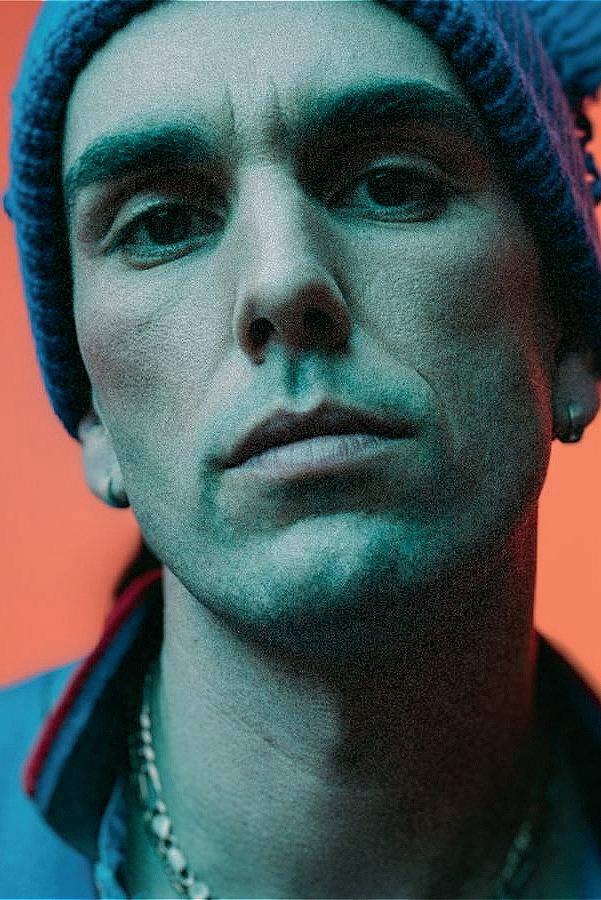
The German torch singer and allround entertainment powerhouse informs us that life is even more than a cabaret with songs, fireeating, a demolished cake and some top-grade flirting.
n Underbelly Circus Hub, until 23 August, 7.20pm.
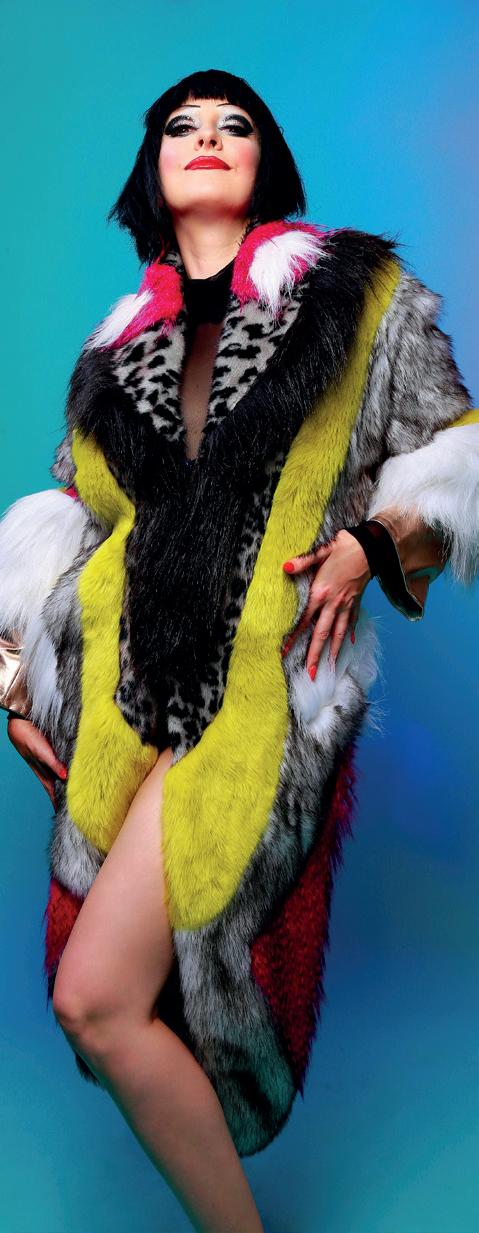
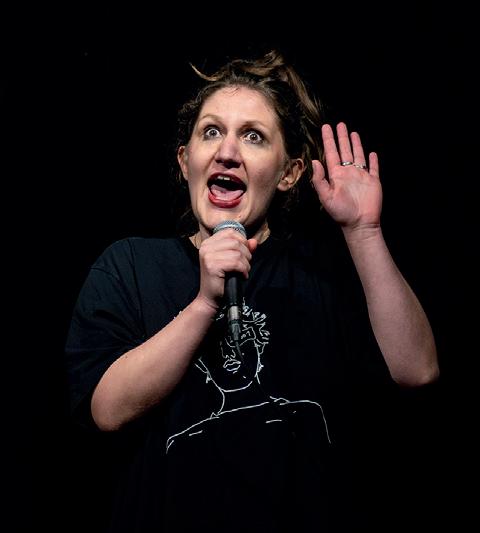
Love is anger, insists Loose T in this improvised audience performance and series of clowning skits. There are songs too, of course, featuring topics such as Brexit, fossil fuels and labels.
n C aquila, 11–24 August, 9.30pm.
Glynis Traill-Nash is your guide for this trawl around the world of fashion (but with added jazz) which takes us from the suburbs of Perth (not the Tayside one) to the catwalks of Paris.
n Underbelly Bristo Square, until 25 August, 7.45pm.

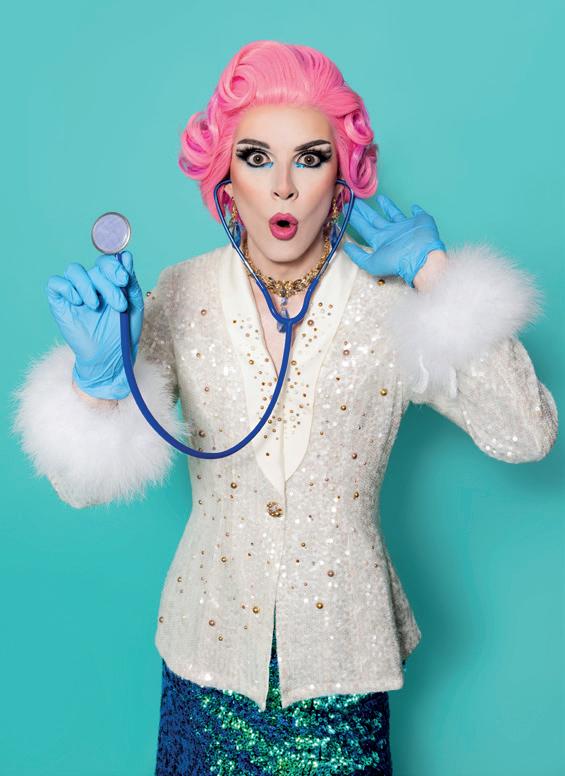
Set in an establishment called InFurMary Vets (gives you a sense of the level we’re operating at here), this is a story of how it’s as hard to find the perfect animal doctor as it is to find the right pair of shoes.
n C aurora, 13–17 August, 9pm.

A big hit in Australia, this has a subtitle which says more than anyone could express about the show’s concerns: ‘The Best Songs From The Worst Musicals Ever Written’.
n Gilded Balloon Appleton Tower, until 24 August, 8.45pm.


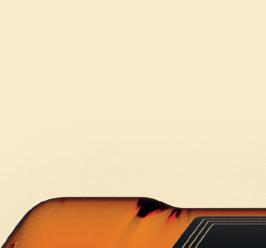
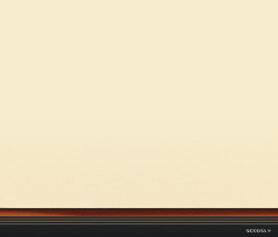
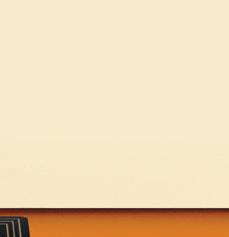





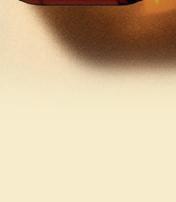
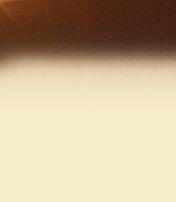

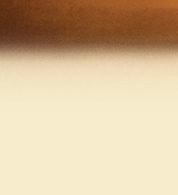

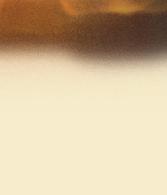

After giving us two shows which explored miscarriage, grief and a near-fatal car accident, Janine Harouni toyed with calling her next one Everyone’s Ok And Janine Doesn’t Go To The Hospital. But the Edinburgh Comedy Award nominee wavered and opted not to tempt fate, settling instead on This Is What You Waited For. Eminently more sensible. n Monkey Barrel, 11–24 August, 1.25pm.
Despite his jokey nostalgia for a time when Glasgow was more dangerous, there’s a gentle heart at the centre of Marc Jennings’ comedy. Perhaps best known for his podcast Some Laugh, which he hosts alongside fellow comics Stuart McPherson and Stephen Buchanan, Bread And Circuses continues his MO of political zingers and hard-edged observational comedy about the misadventures of his mid-30s. With the political landscape torpedoing us to our doom and the UK’s finances crippled, what would be a fairly traditional set in any other climate ripples with anxiety, as this laconic comic wrestles with issues like Trump, Gaza and the rise of neo-liberal politics in real time.
Such an approach leaves the first section of his set feeling scattershot and haphazard, though still filled with thoughtful one-liners. He’s on firmer ground when approaching his love life and a desire to escape the family home, capturing a sense of inspiration that towers above his political material, in part because he seems more willing to add nuance to his relatives than to distant villains like Keir Starmer. More than most early-in-the-month reviews, this feels like it’s going to grow in stature as Jennings sculpts it into shape with light-touch details. (Kevin Fullerton) n Monkey Barrel, until 24 August, 7.50pm.
lll l l
The sweary subtitle here captures just the right angsty, adolescent feel for this deliberately overwrought performance from writer and performer Laurie Stevens. She arrives onstage in the guise of emo teen David; it’s 2006 San Francisco, all ‘hello-Moto’ ringtones and worshipful teen adulation of bands like My Chemical Romance. David is headlining a San Francisco band night called Sticky Floors. The only problem is that bandmate Steven is a no-show; can David conquer his negative feelings and go it alone?
Flailing around on stage is the kind of formative experience that nails something universal about what adolescence feels like; what Stevens manages with genuine success is to create a comical character who wants to be aloof but can’t stop complaining about his lot. Featuring well-written original parody songs as well as anthems of the era such as Wheatus’ ‘Teenage Dirtbag’, Stevens’ evocative show nails the agonising vibe of mid-90s teen angst. (Eddie Harrison)
n Underbelly Cowgate, until 24 August, 4.10pm.
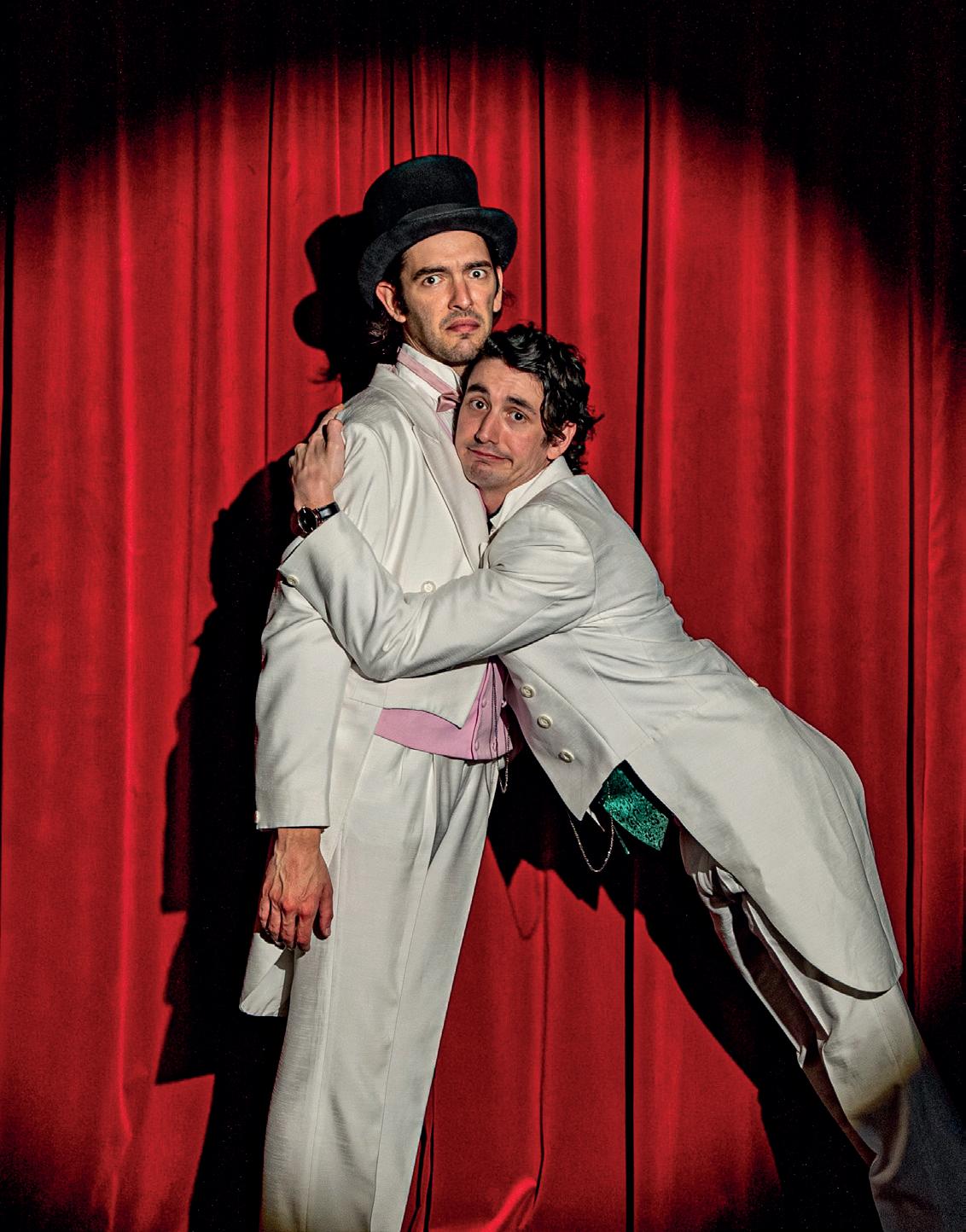
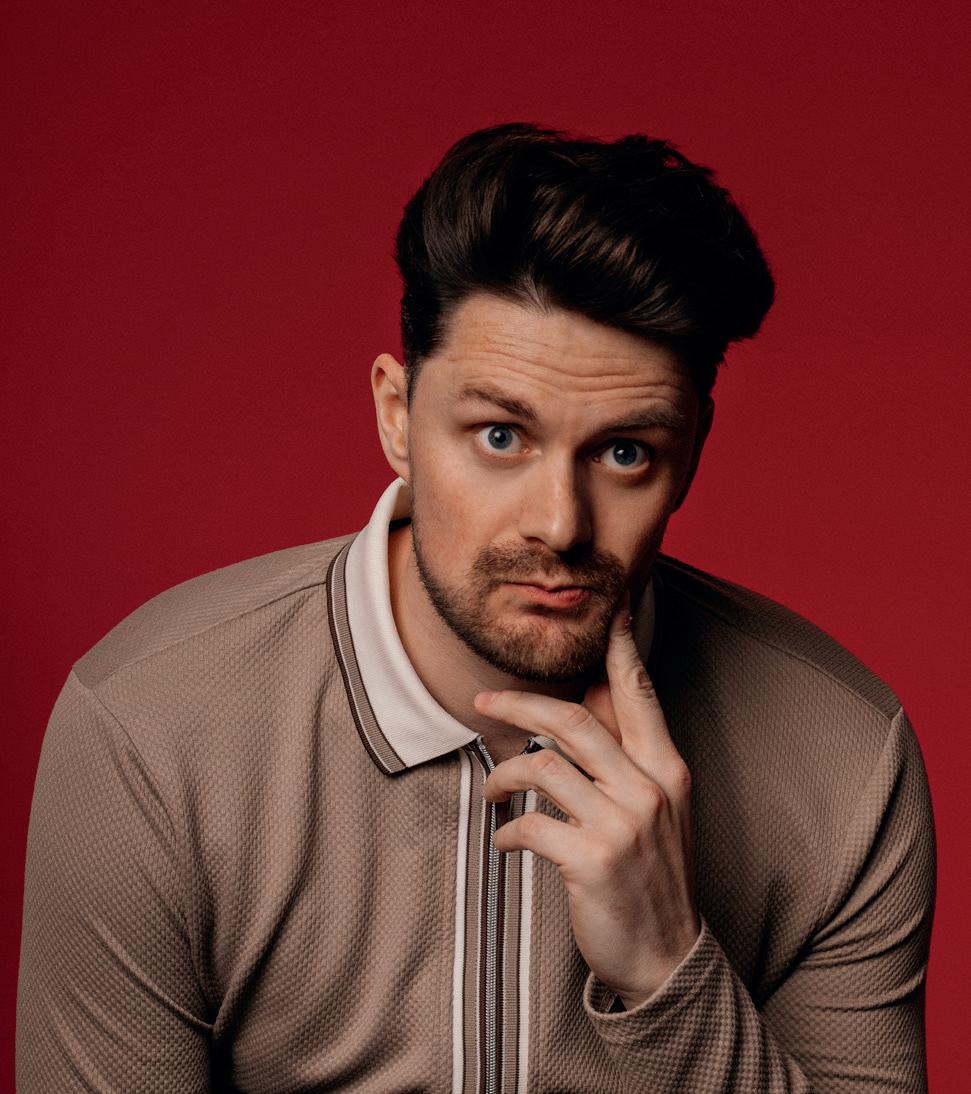
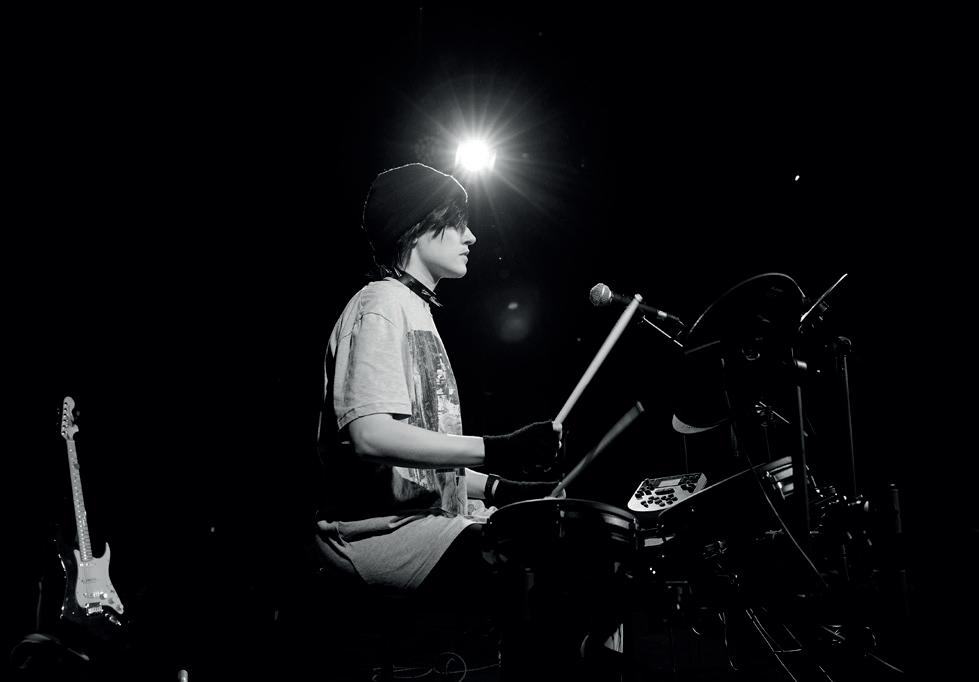
It’s 1925, and all that jazz, as brothers Josh and Tom Burton roll back the years and swing into town with this supremely silly (and slightly surreal) hour. A whizzbang hybrid of a show, it features a vaudeville-tinged cocktail of sketch and physical comedy with a dash of improv and some gentle audience interaction for good measure. Stepping back a century is a neat conceit, working both as a framework to contain all the madness of this piece but also to reflect how much (or little) the world has changed. It’s a finely tuned beast, too, having already picked up a Best Comedy Award nomination at last year’s Melbourne Fringe.
The Australian siblings conjure up a pair of army recruiters who give new meaning to the term ‘manly pursuits’, a rollercoasterloving preacher’s wife dishing out questionable relationship advice, and a cosy dinner for two as Dracula and Frankenstein engage in feuding one-upmanship over the trajectory of their respective careers. Both brothers are no slouches in the physical comedy stakes, but elder sibling Josh takes it to another level, shapeshifting his body every which way in a hall of mirrors sketch which is all kinds of bonkers.
Throw some sweet harmonising into the mix, the best otterinspired joke you’re likely to hear all Fringe, and a supremely daft tiddlywinks denouement that is darker than a clown’s pocket, and you’ve got yourself a heady comic brew. With The Burton Brothers on this kind of form, there’ll be no Great Depression in these parts for some time to come. (Paul McLean)
n Assembly George Square, until 24 August, 4.20pm.

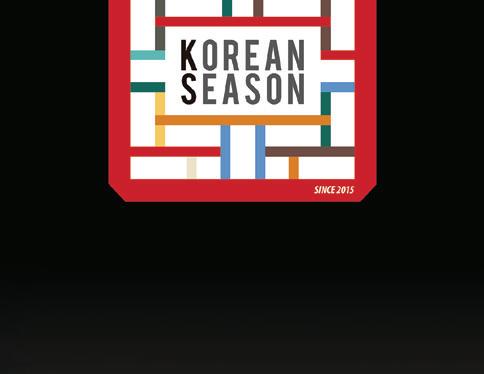



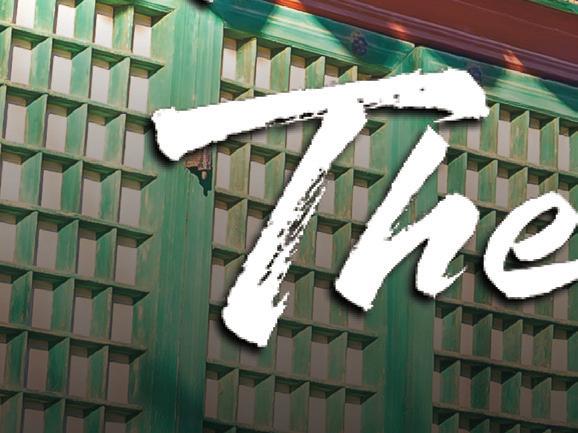





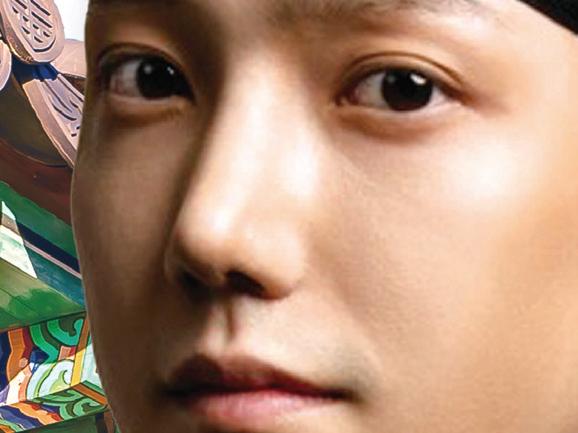
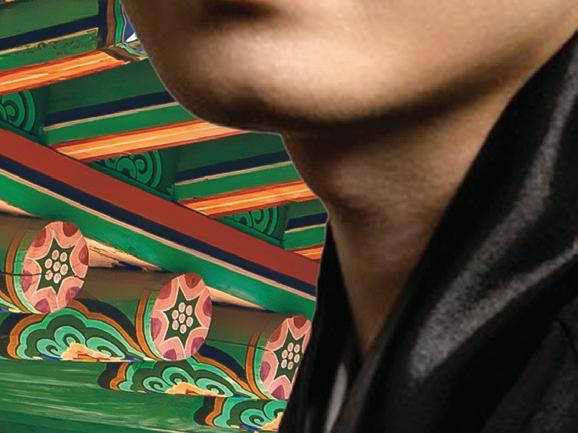

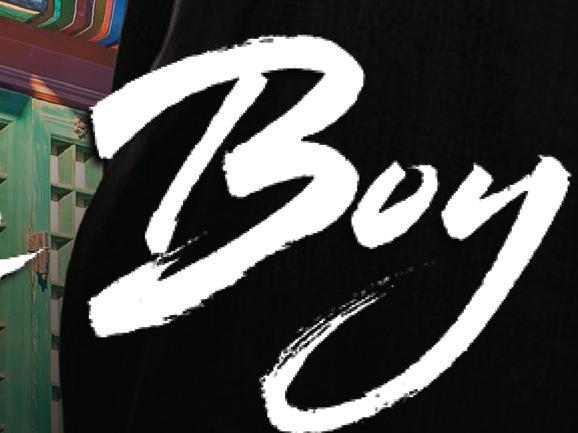
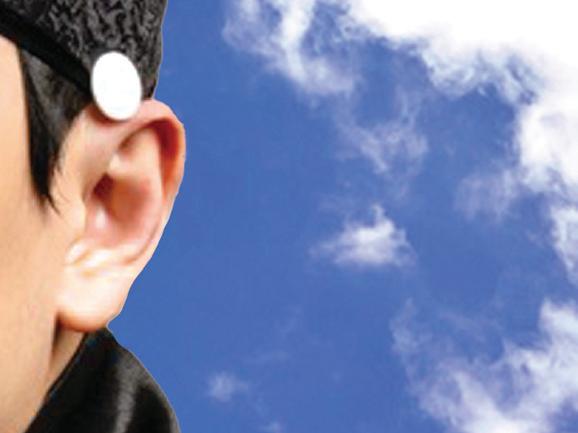
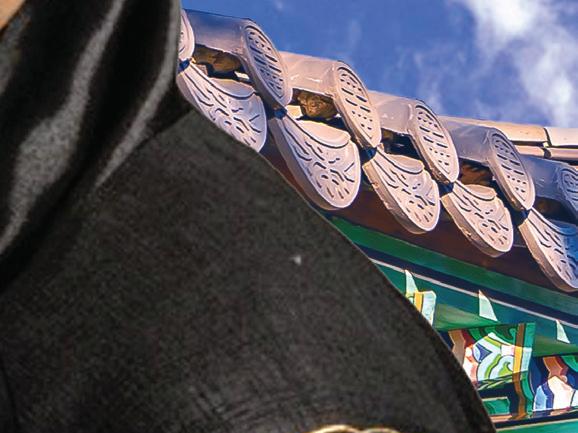
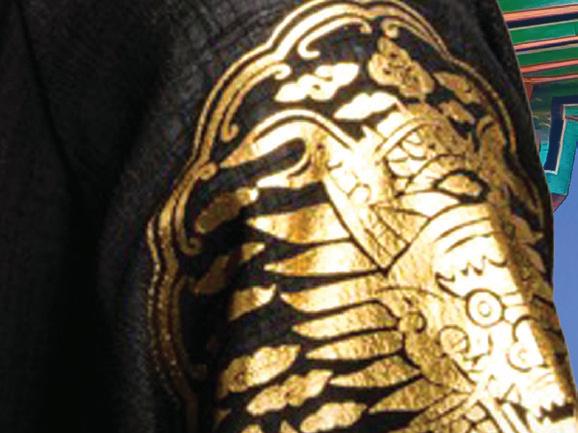
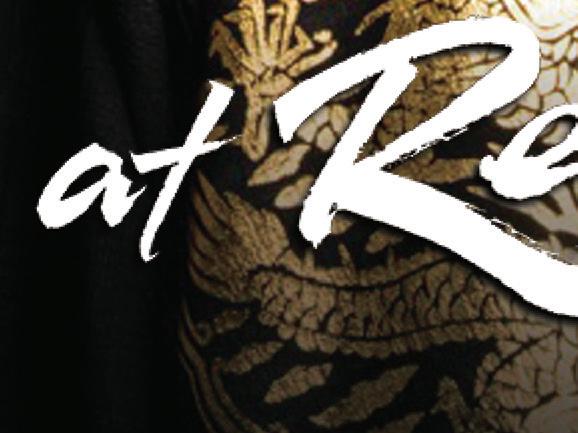


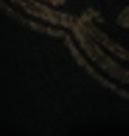




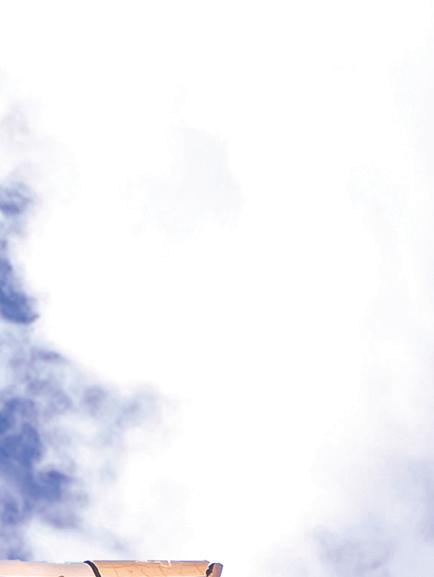
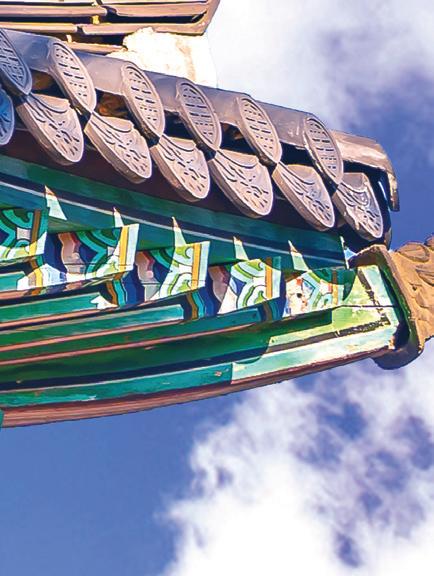
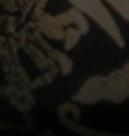








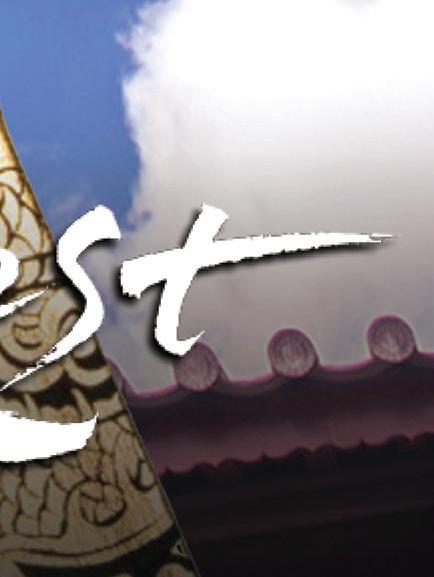

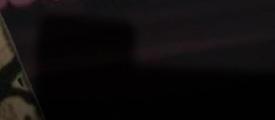





























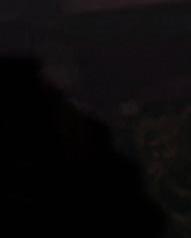








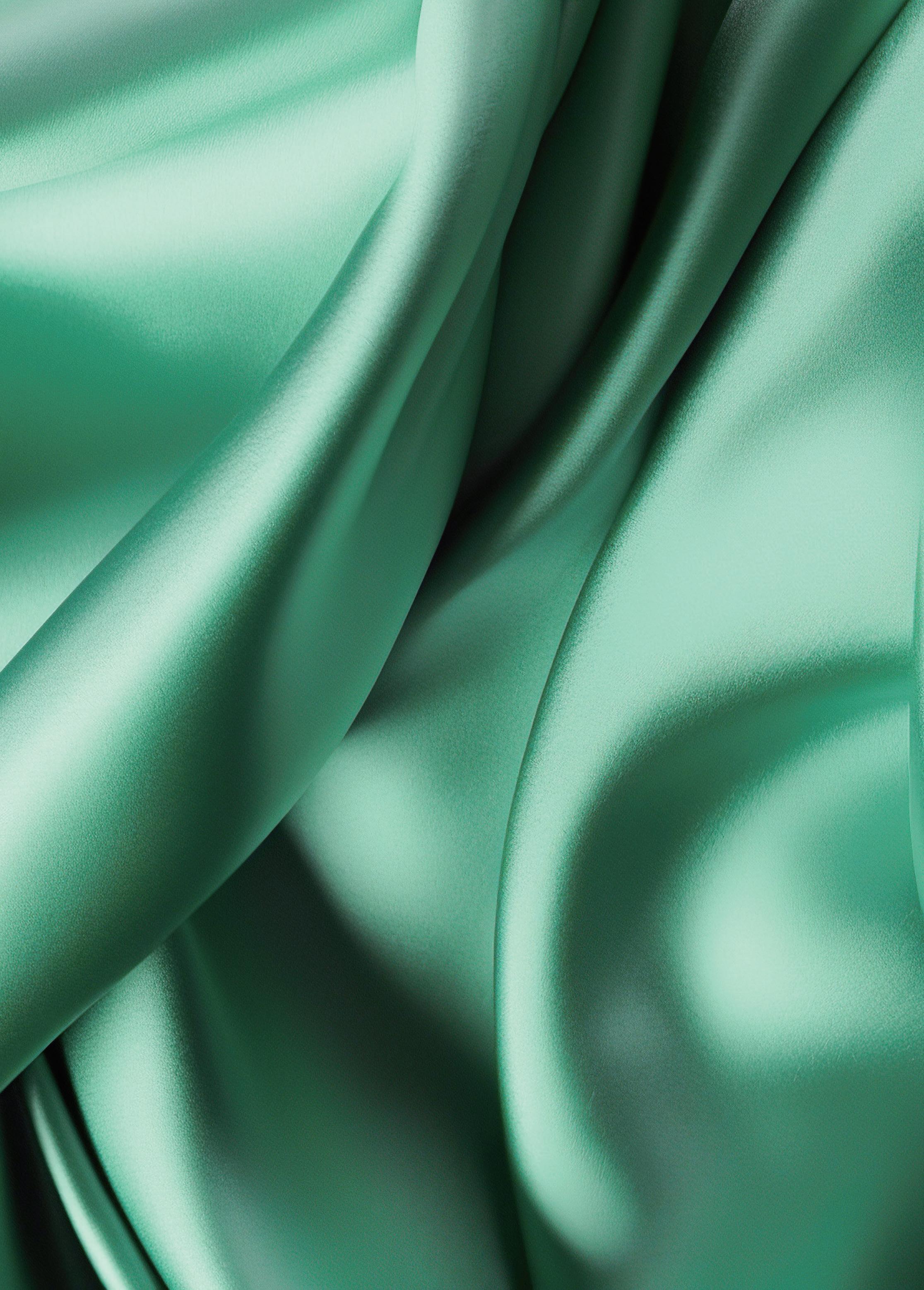




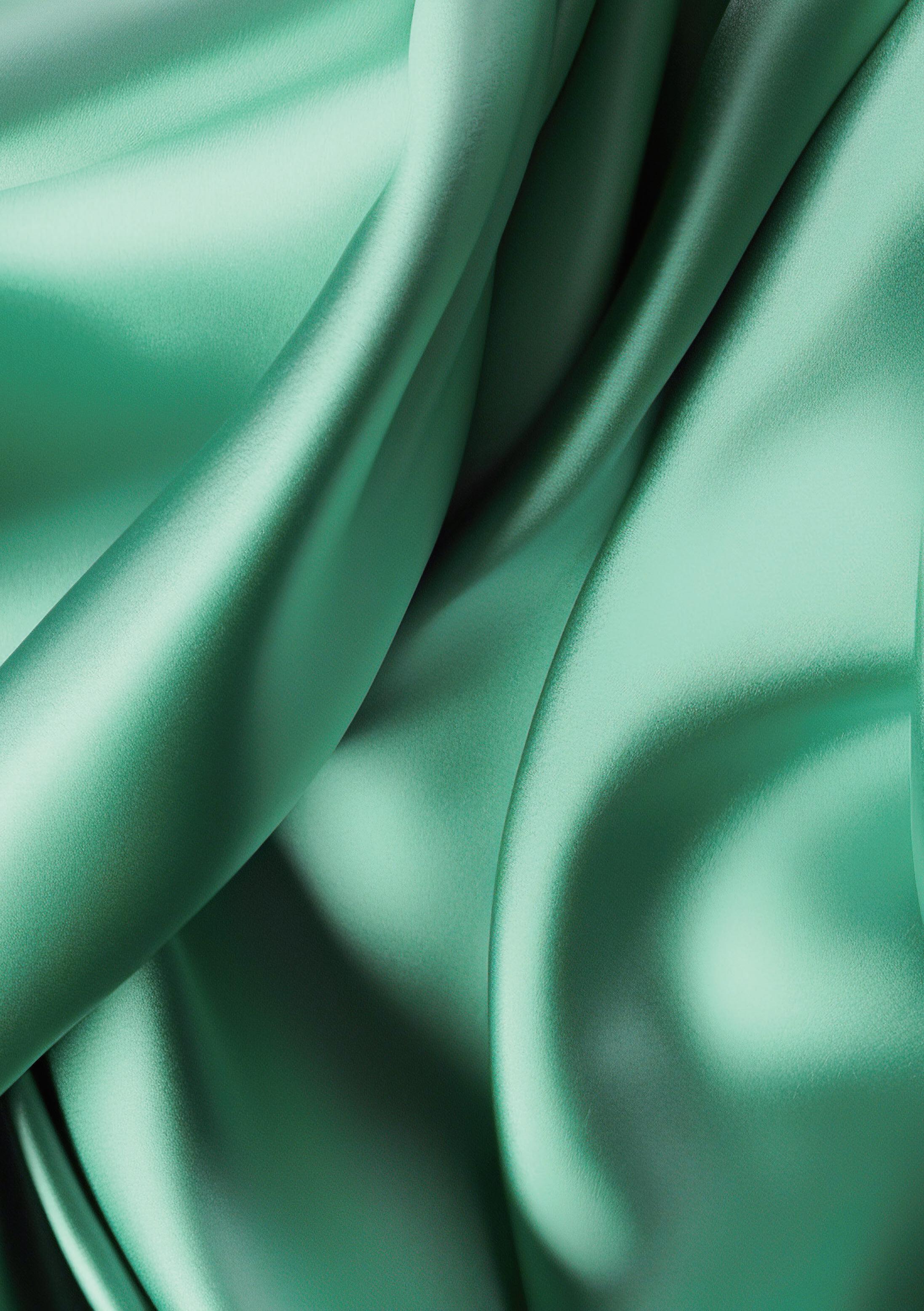

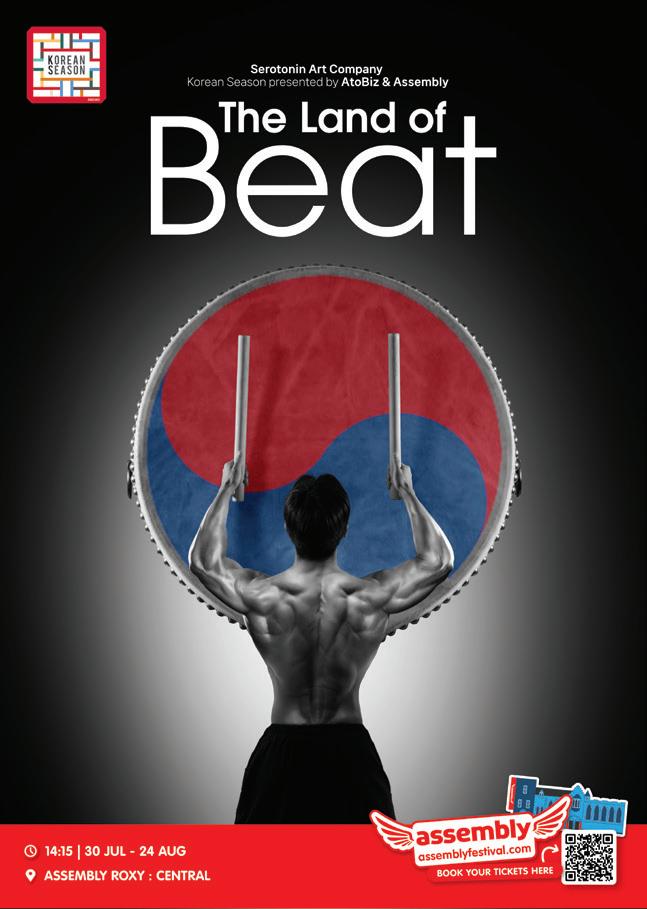


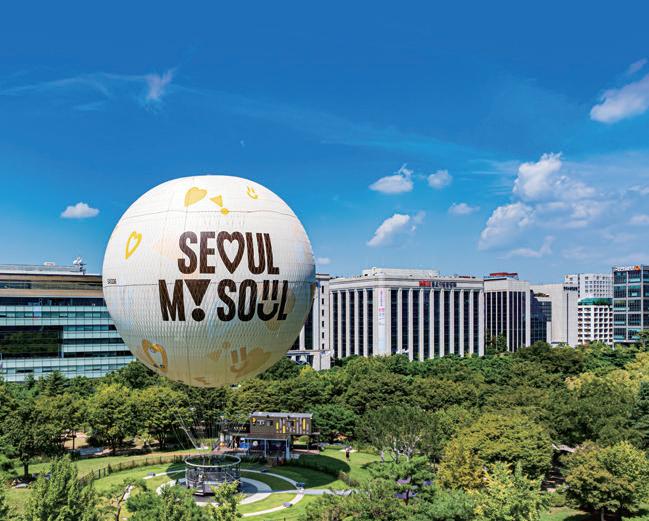




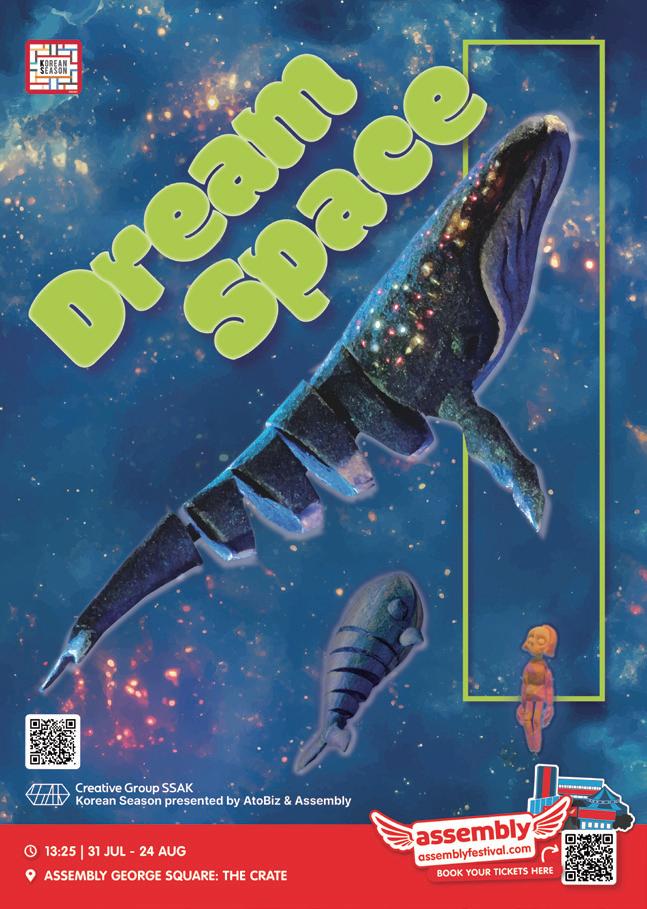
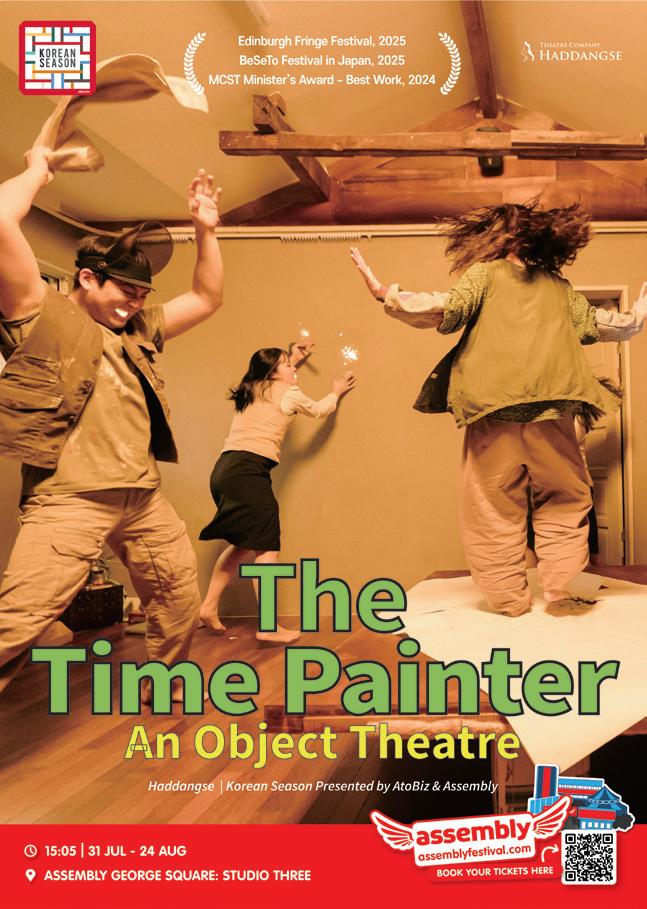
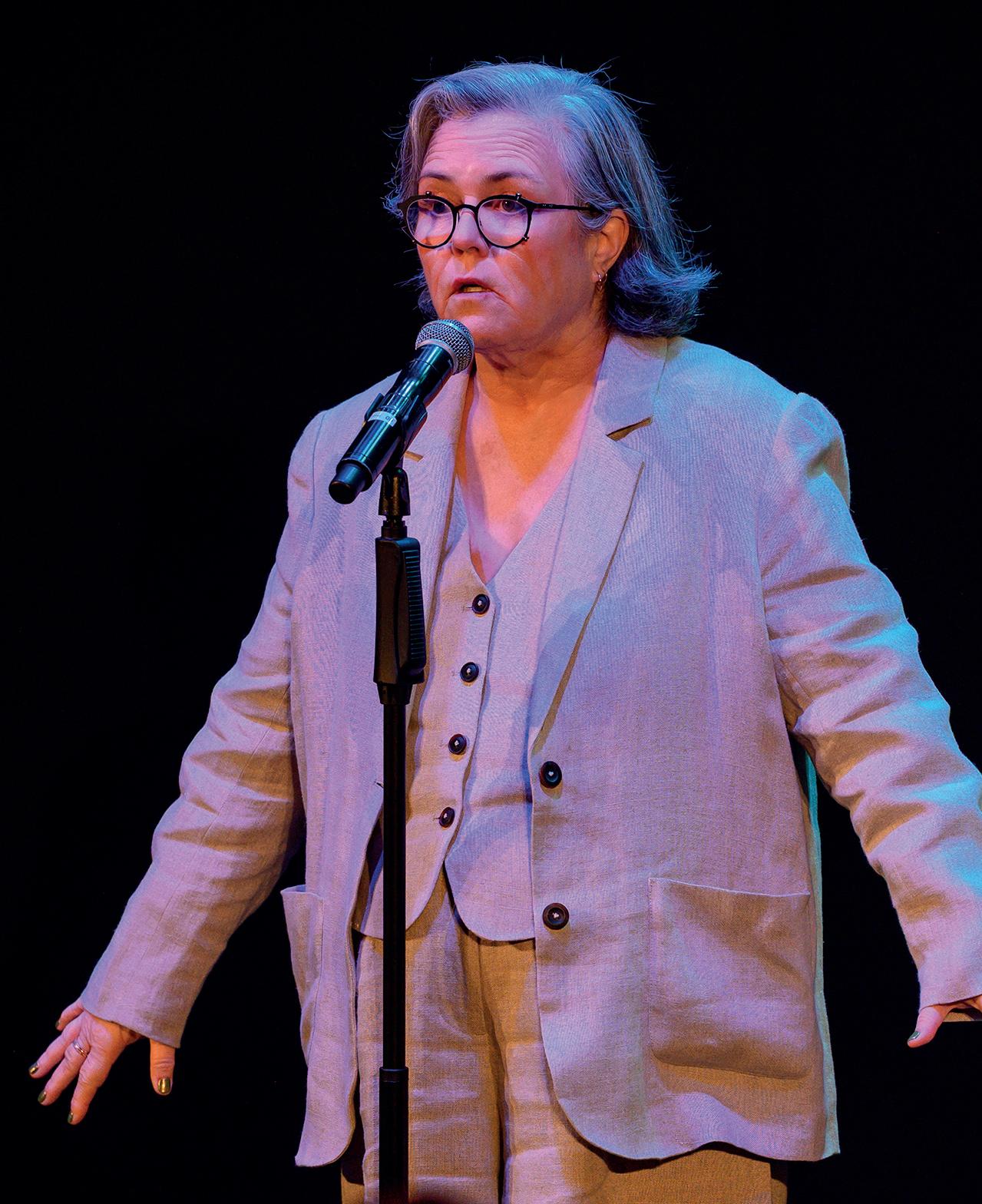
Given all that he’s achieved so far, it’s remarkable that Liam Farrelly is just 25 years old. As well as appearing on Live At The Apollo and performing two full Fringe runs prior to You Need To Shut Up, he’s also got married and had a child (and owns three dogs). In an unnaturally hot room, he’s a calming presence (he implores anyone so inclined to step out for air); sat on a chair in front of a simple black curtain, he regales the crowd with tales of gigging in prison, nursery-school politics and getting mugged in Dublin.
Some of Farrelly’s best material comes from his daughter, whose independence and intelligence cutely keep him on his toes. There’s some interesting material about his struggles to remain politically correct, particularly after his best friend became a trans woman, one whose dating escapades provide some nice observations. Farrelly’s material could use a little more structure, as stories ebb and flow but rarely connect. And although he builds to a worthy crescendo with the tale of his Irish heist, he follows it up with a routine that would have worked better in the warm-up. Still, this is an enjoyable hour from a young comedian with a very promising career ahead. (Murray Robertson)
n The Stand 2, until 24 August, 7.25pm.
An Australian expat, or immigrant, living in London (depending on what sort of gloss she has to put on it), Sophie Banister revels in the role of being a new aunt. The musical comic is endearingly upbeat, despite her struggles in the unforgiving metropolis. And she’s not overburdened with sibling jealousy for her expectant brother and gift-giving sister-in-law, not too much anyway; just a little intense in her anticipation of the new arrival.
Blessed with an unusual, relaxingly comfy venue by Free Fringe standards, the Brisbane native is eminently capable of encouraging singalongs for her tunes, performed on guitar with loop pedal. Yet these tend to be more melodic than consistently comedic, the odd dancier track notwithstanding. Intermittently amusing, Let Me Be The Cool Aunt probably has to up its gag rate if it doesn’t want to just pass by in an unremarkable, late-morning haze. (Jay Richardson)
n Laughing Horse Brass Monkey, until 24 August, 11am.
When no less a moron than Donald Trump effectively calls you public enemy number one and threatens to revoke your citizenship, you know you’re doing something right. You also, if you’re Rosie O’Donnell, uproot to Ireland, land of your ancestors. In this by turns moving and funny, tear-inducing and hilarious one-woman show about family and inclusion, the US actor, comedian and former talk-show host reveals herself to be a masterful storyteller.
The comedic elements are not instantly assured. She opens with an account of how, as a ten-year-old in New York, she learned of her mother’s passing, precipitating the dubious decision of her father to drag her and her four equally traumatised siblings to Donegal at the height of The Troubles. They met other cousins in Scotland too, laying the groundwork for O’Donnell’s desire for a big brood. However, long after her four adopted kids had grown up and flown the nest, a chance phone call led to O’Donnell adopting another child, the precocious, neurodivergent Clay. Every parent believes their kid to be special on some level. But the nonbinary Clay is a true outlier, challenging the comic to relearn the fundamentals of a mother-child relationship.
Occasionally conflating the Irish public with her Scottish audience, to no great irksomeness, O’Donnell is so swept off her feet by the Celtic welcome and differences in the health and education system, that she mistakes good service for flirtation, recalling the mortifying incident with good humour. She gives and receives in turn, with an appearance on The Late Late Show inspiring a young fan to reach out to her. It’s all rather lovely, leaving not a dry eye in the house. (Jay Richardson) n Gilded Balloon Appleton Tower, until 10 August, 8.45pm.
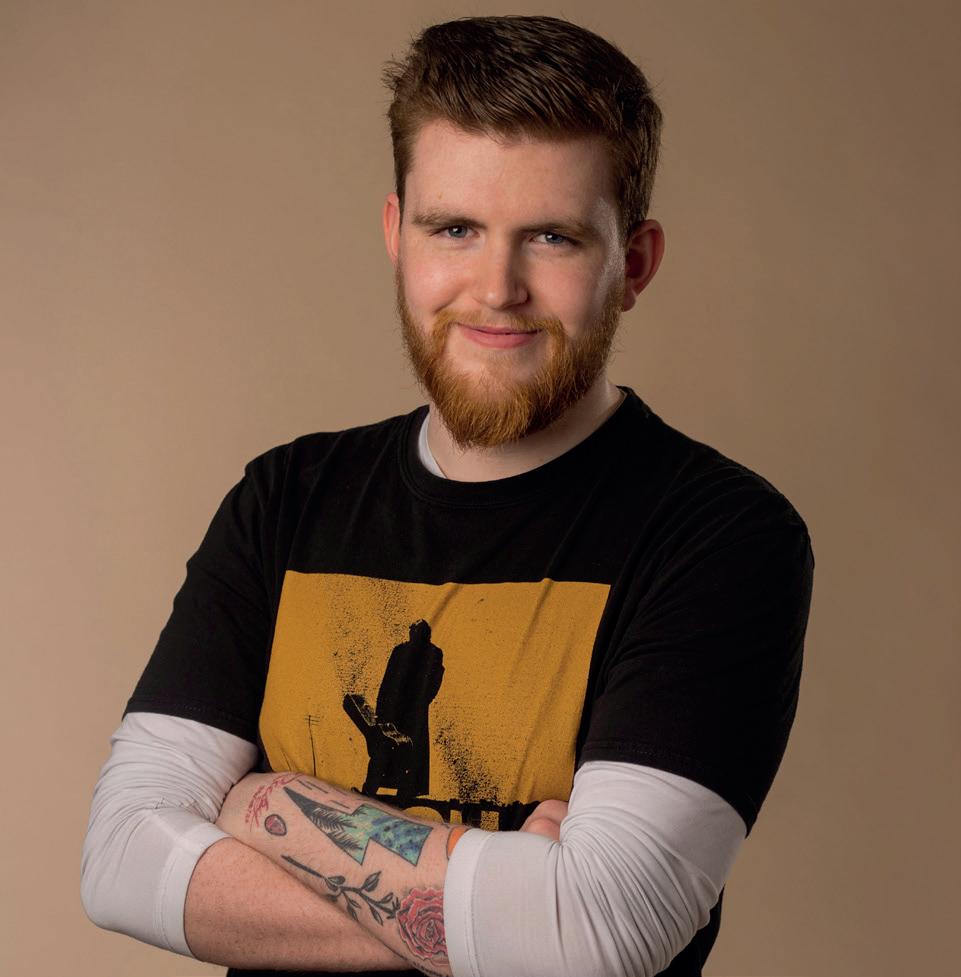

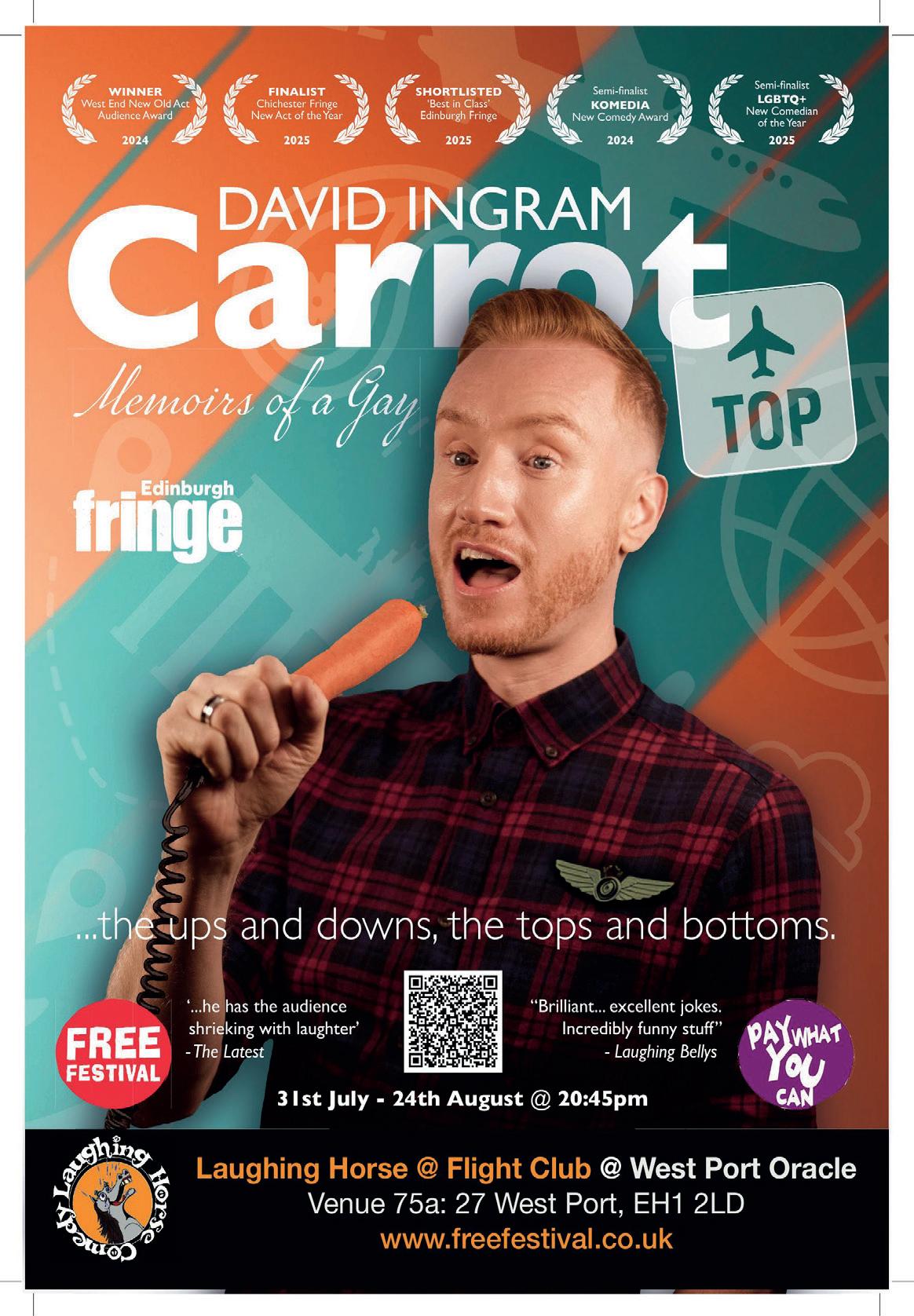
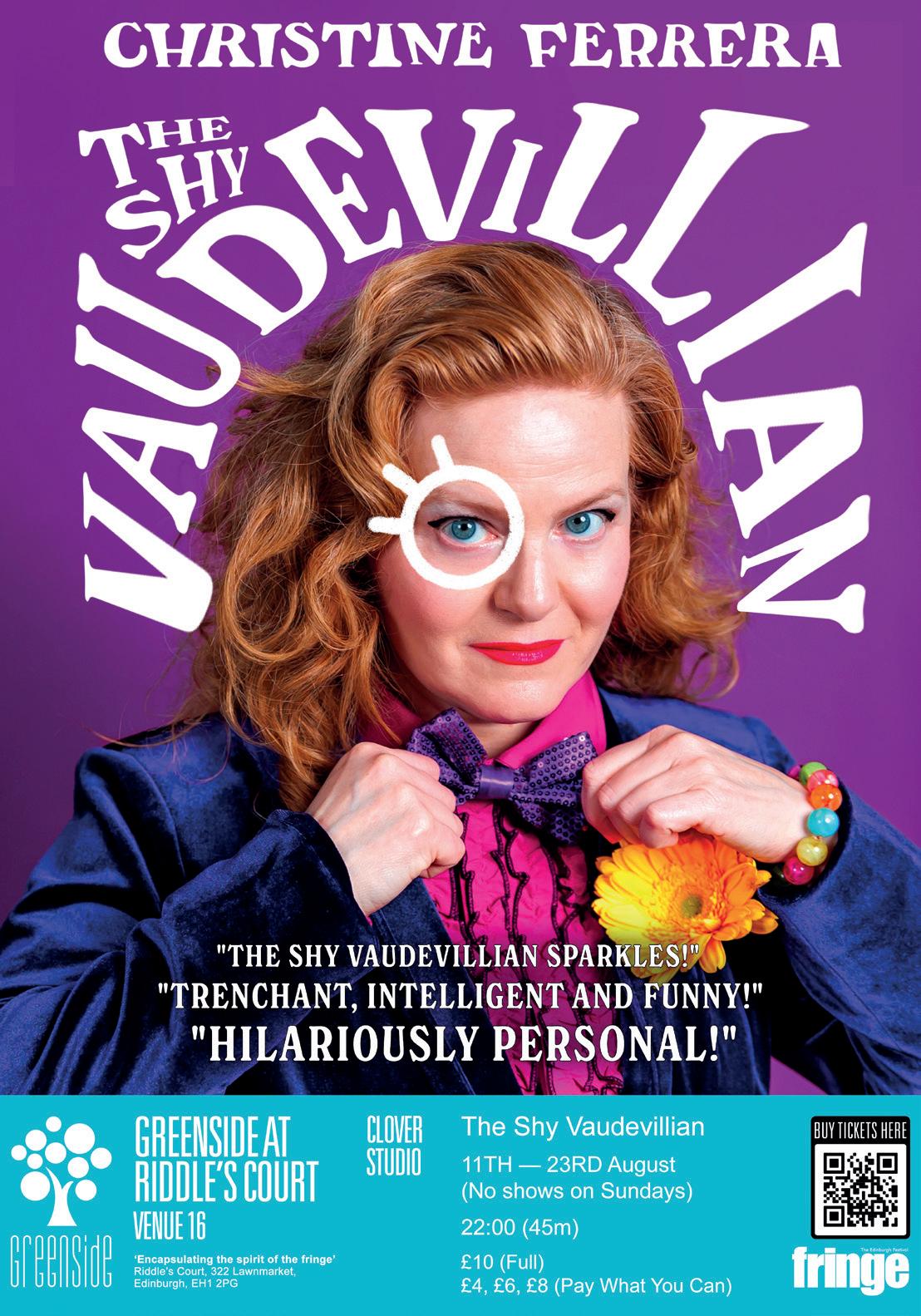



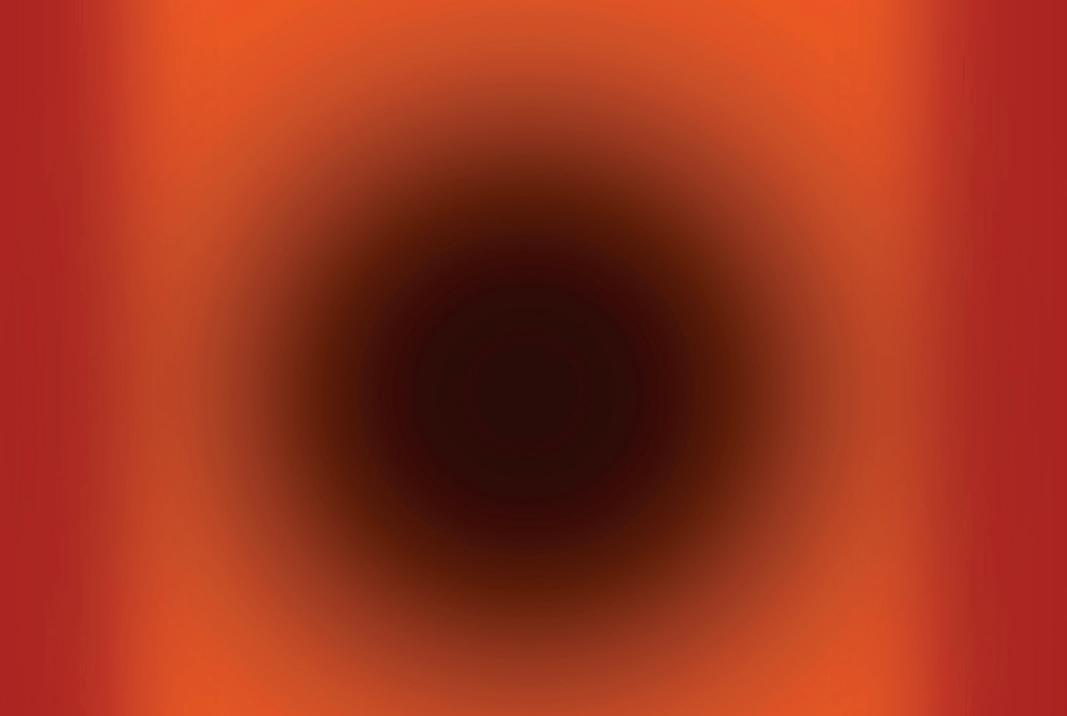
















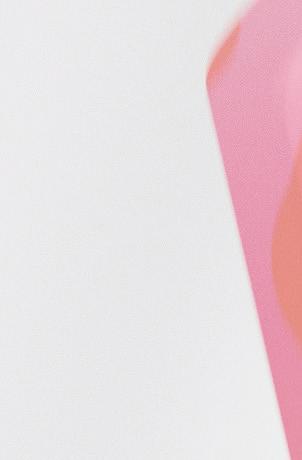

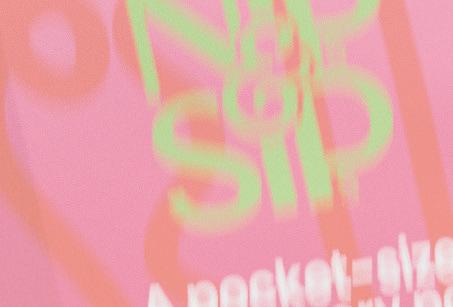


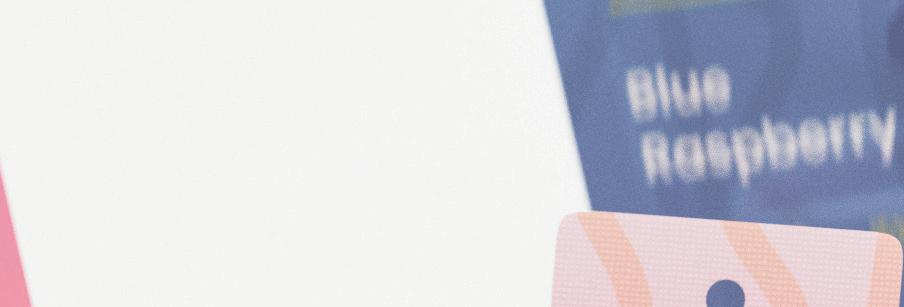

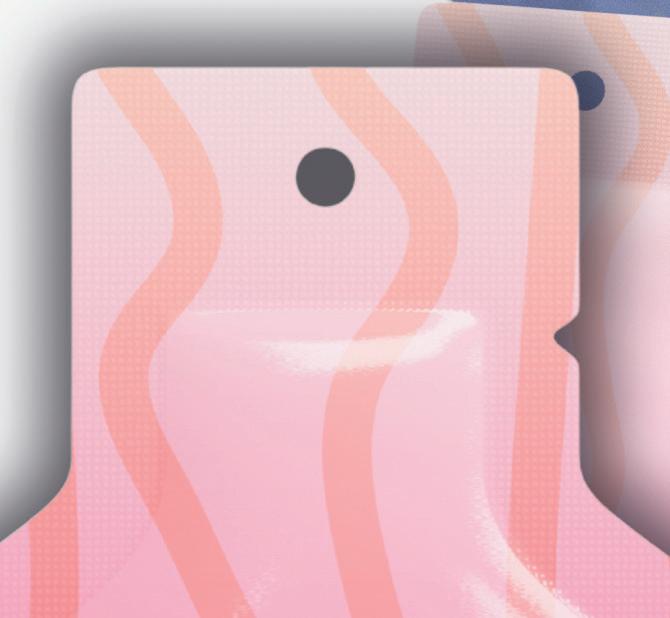
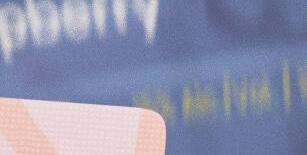

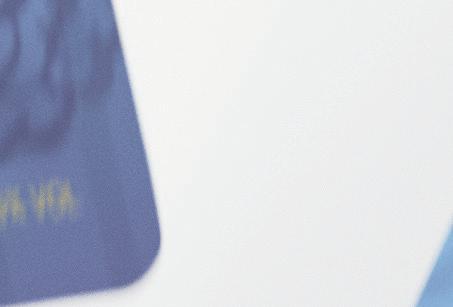





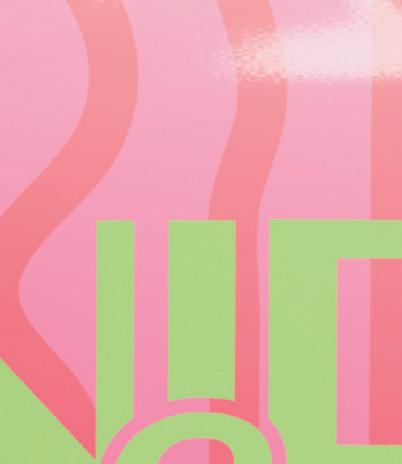


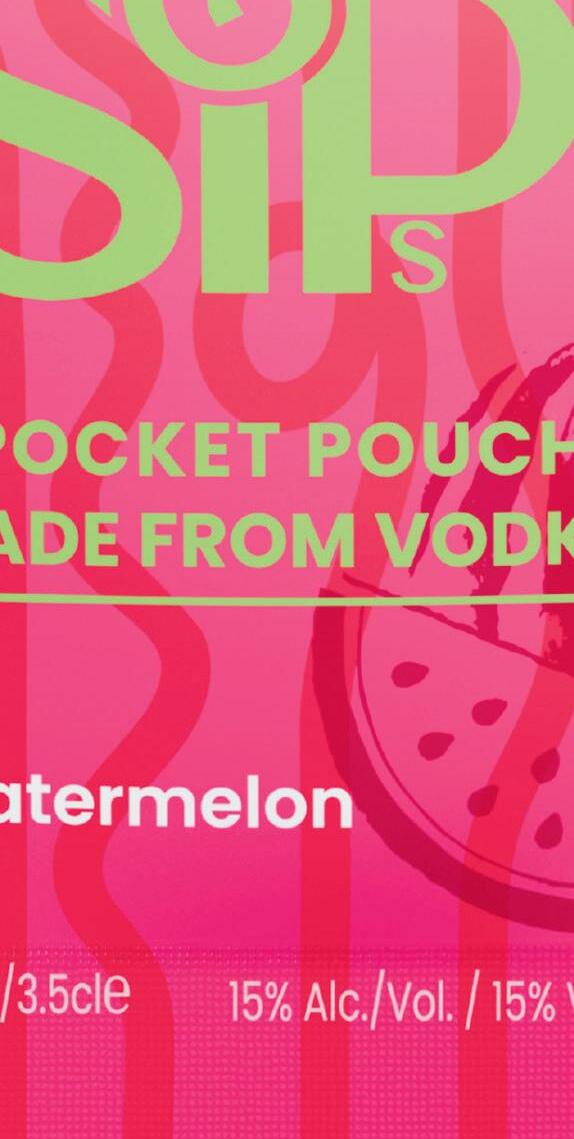






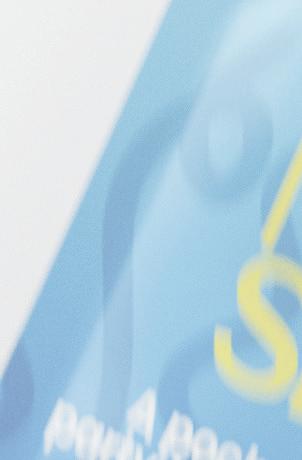












In his Fringe debut, rising comedy star and Edinburgh native Ayo Adenekan outlines his first 24 years on earth, torn between the need to blend in and a desire to be noticed (no mean feat for a six-foot three-inch, black bisexual man). From his formative years, channelling Hollywood greats in the school nativity, to bodyswerving casual racism at the hairdresser, Adenekan offers up smart, funny and sometimes shocking tales of sexual conquest and squint-eye surgery with a knowing innocence and effortless likeability.
There is such implied naivety and sweetness in his delivery that some of the material can feel lightweight, but part of Adenekan’s charm is using this as a vehicle for poking fun amid weightier themes. Although some of the punchlines are easily spotted, when the big stuff lands, the payoff hits harder. Squeezing humour out of everything from his sponsorship deal with a popular energy drink to the disappointment of being outflanked by Doctor Who’s bold diversity, he swats away everyday discrimination with childlike ease.
All the building blocks for a stellar comedy career are pretty much in place (his callbacks and crowdwork come naturally), but you get the feeling there’s plenty still to come. There is no doubt that Adenekan has the requisite comic intelligence to make his mark this month, and in terms of pure charisma, he’s going to be hard to miss. With bigger audiences, this hour of stand-up should percolate nicely. (Gary Sullivan)
n Monkey Barrel Cabaret Voltaire, until 24 August, 1.30pm.
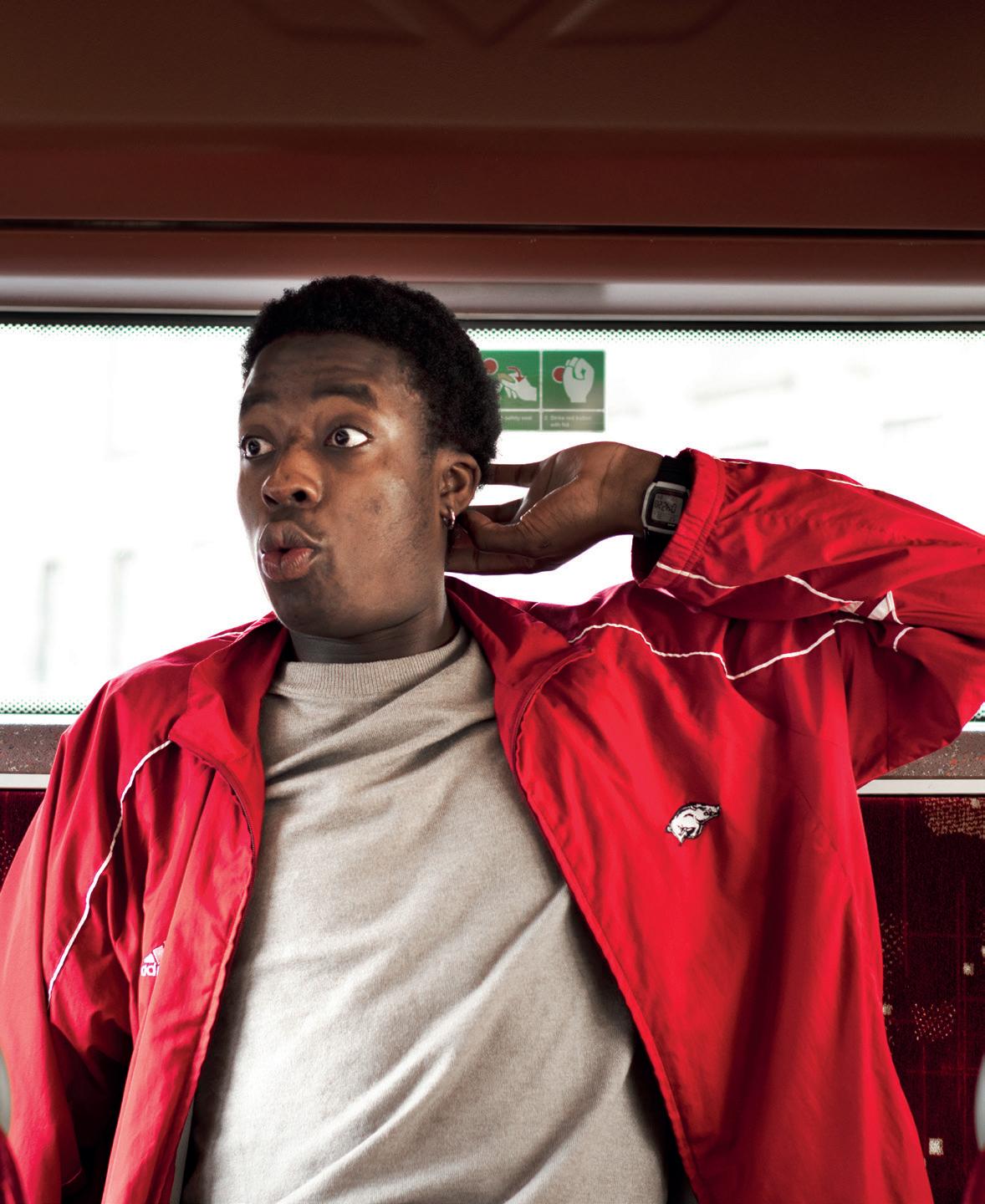
Striding onto the stage in his ludicrous, frilly and painfully colourful costume, Jazz Emu immediately sets out his stall: to ensure his audience is ‘gruntled’. To achieve this, he treats us to a series of upbeat musical numbers embellished with entertaining video accompaniment, the highlight of which is an extremely quick-cut video diary of his daily routine. Emu takes his inspiration from diverse subjects, and tonight that includes Maslow's hierarchy of needs, followed by an initially sincere call for body acceptance that quickly descends into unbridled gynophobia. When he takes the form of an alien trying out stand-up comedy, his freaky mask and vocoder voice walk a deliberately fine line between hilarity and terror, causing the front row some concern. Tonight, he’s working through some tech issues, including a fault that spoils his big ending, but he gamely battles on and leaves the audience very much gruntled. (Murray Robertson) n Pleasance Dome, until 24 August, 9.50pm.
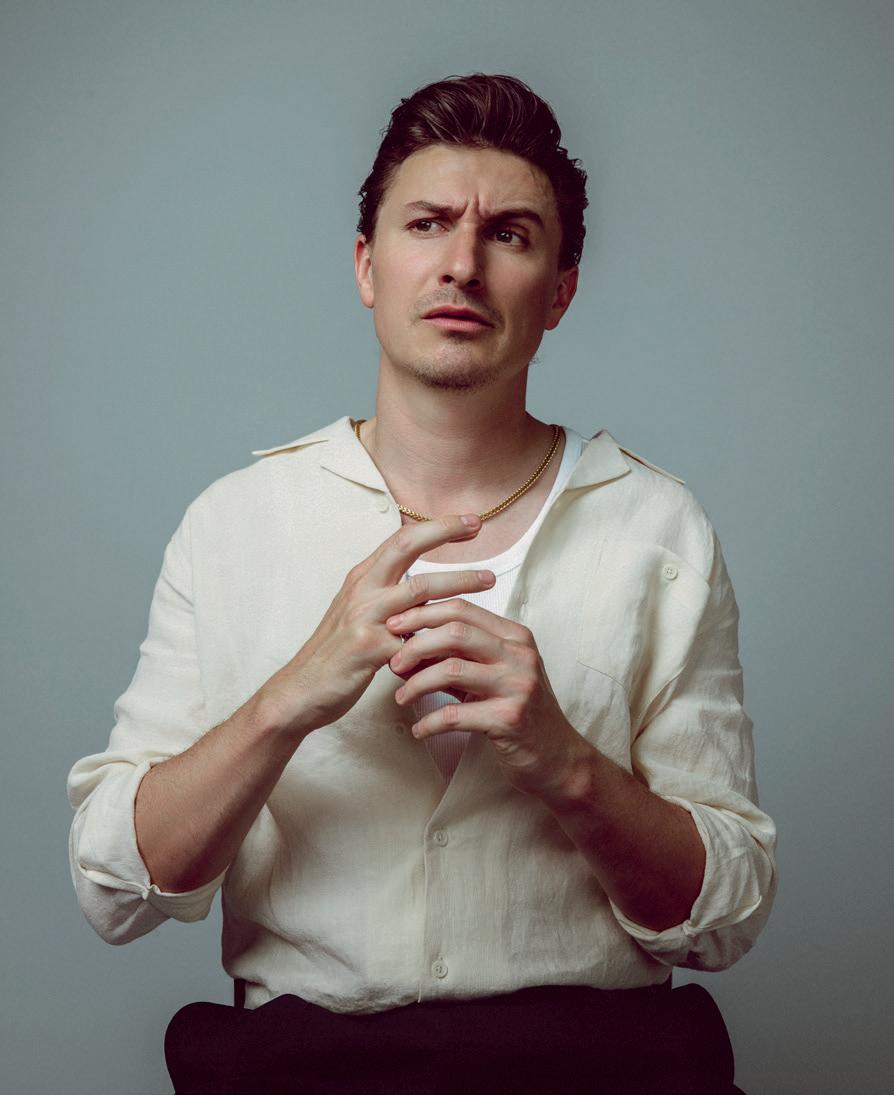
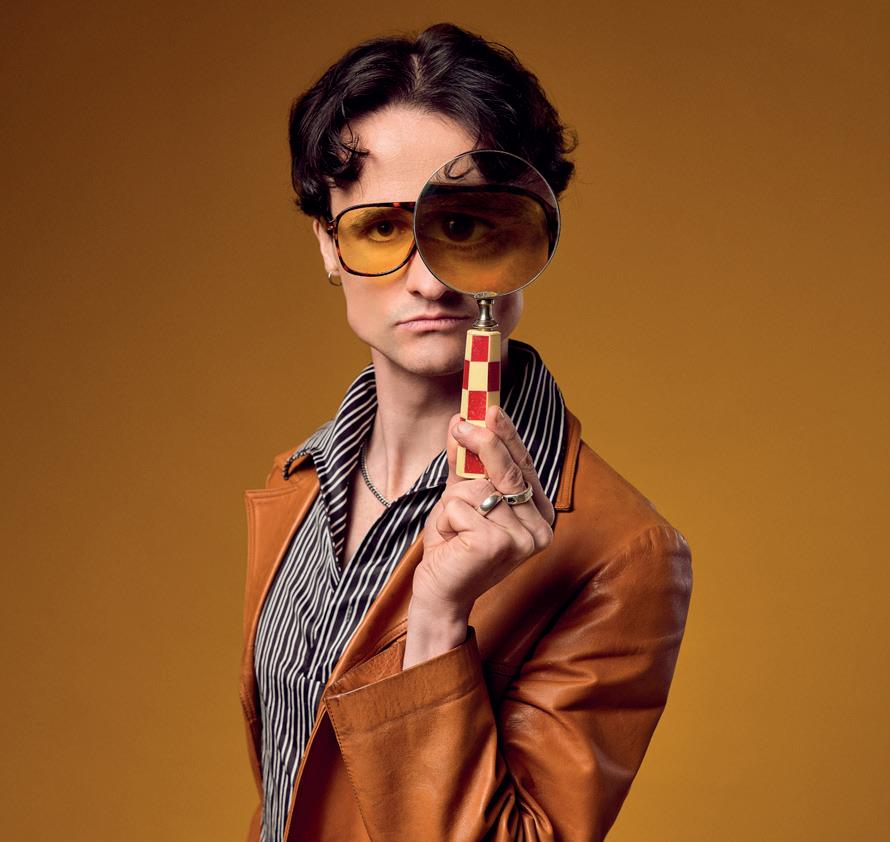
The mannered braggadocio of Alex Turner is quite difficult to channel, as it turns out. Bedecked in a Temu equivalent of Turner’s Tranquility Base Hotel & Casino garb, Tom Rosenthal wanders onstage with the tantalising premise that his career (two hit TV shows and a stand-up set that he fears will alienate his fan base) is broadly similar to the trajectory of Sheffield’s greatest export (two great albums and a 20-year period of confusing meat-and-two-veg indie fans).
From there, the star of Friday Night Dinner and Plebs (who’s more than happy for fans to bellow catchphrases at him in the opening) launches into a curiously sedate examination of Turner’s chameleonic personality, before segueing towards debates about his own Jewishness, a recent autism diagnosis and his status as a minor-league nepo baby (his dad is the sports commentator Jim Rosenthal).
Within this grab-bag (which is held together by the Arctic Monkeys premise in the way that a doorstop novel can be firmly bound by a single staple) are thoughtful jokes and a clear desire to subvert the expectations of people who want to shout ‘shalom!’ at him on the street. Yet the rhythm of almost every routine feels uncertain, proving he has Turner’s clothes but little of his flair.
(Kevin Fullerton) n Assembly Roxy, until 24 August, 6.15pm.

Should I Still Be Doing This? is a gloriously absurd, laugh-out-loud one-woman show that defies expectations at every turn, even before the whole thing has officially started. Hilarious charactercomedian Susan Harrison can confidently say that her new Fringe hour is the only one to feature a small girl trapped in a well while also inside the stomach of a middle-aged woman. Yes, really. Harrison’s surreal character-comedy show is as inventive as it is deliriously funny, weaving together a series of unforgettable personas, from a self-deprecating Sindy doll (Barbie’s lesser-known British counterpart), an Australian contortionist, and a 1990s panda channelling the Gallagher brothers. With Harrison’s effortless charm, wit and infectious energy, she slips between characters seamlessly, hooking the audience within seconds of each new creation with her flawless delivery. The show’s central question (is it still ok to dress up in bizarre outfits as you get older?) feels both playful and poignant; a witty exploration of ageing in the creative world. Ingenious, humorous, interactive and highly unpredictable, Should I Still Be Doing This? is truly unique and packed with more originality than most shows would dare to attempt. (Robyn Bell)
n Gilded Balloon Appleton Tower, until 24 August, 7.40pm.
A one-man John Wick stage show inevitably falls somewhat short of depicting the gun fu, flame-thrower fu, horse fu, car fu, book fu or pencil fu of the elaborately choreographed fight routines seen in the John Wick cinematic universe. Yet Woody Fu (yes, that’s his real name) manages to mime key moments from the John Wick story, a simple tale of a man whose wife and dog die and who kills some 439 people in response.
Like the Wick filmmakers, Fu understands exactly how ridiculous that scenario is, and leans into it; highlights include getting the audience to do slow-motion dancing while Fu/ Wick fights, and there’s also lots of fan adulation for Reeves, covering The Matrix, Bill & Ted and even less obvious choices like The Lake House. This is an aimable, charmingly lo-fi show that shows off Fu’s considerable comic and physical skills, with a free embossed pencil for audience members an appropriate reward to finish this crude but affectionate tribute on. (Eddie Harrison)
n Assembly George Square, until 24 August, 8.50pm.

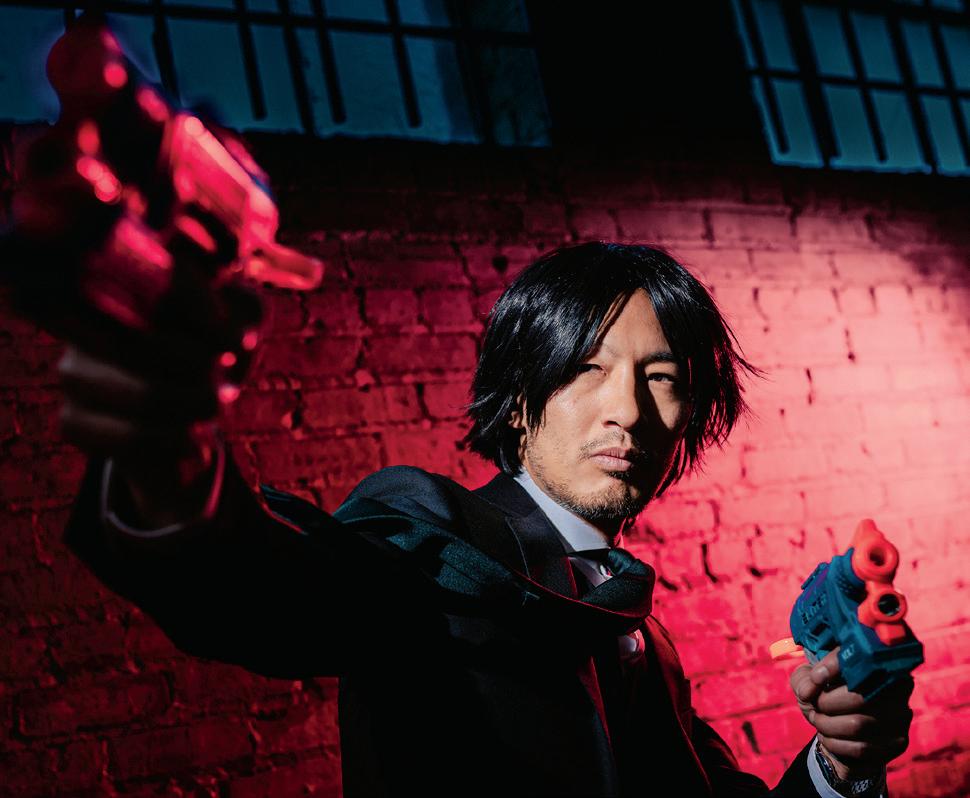
Christopher Macarthur-Boyd is a self-described ‘sad, speccy guy with a tote bag’, but give this wee man a mic and he’s an absolute king. He makes it look easy; sailing absurdly between Ozempic weight loss, the Oasis reunion and boiling dirty pants in hotel kettles and finding effortless, big laughs in pretty much of all the strange ports he stops in. Some of his more straightforward material could wither and die in the hands of a lesser mortal, but his singular, confident delivery does a lot of the heavy lifting, elevating mundane observations into a higher tier of wry, self-deprecating entertainment.
Some will know him from his darkly funny podcast Here Comes
The Guillotine, with Frankie Boyle and Susie McCabe. Like that, this feels accessible, and the crowd tonight yields quickly to his Glaswegian charms, much like the Australian women that he seems to be catnip for. He’s got a new Aussie girlfriend after breaking up with his previous Australian partner of eight years, and sometimes he eats noodles with his headphones on to distract himself from dwelling on the existential angst associated with ‘walking away from a mortgage’.
But underneath the seemingly pedestrian subject matter (video games, Irn-Bru appreciation, THC vape pens), Macarthur-Boyd buries more zeitgeisty references. While you were laughing about komodo dragons or posh Surrey fashion, he was lining up material about transphobia among male stand-up comedians, Islamophobia in the police force, and perhaps bisexuality in his own closet (he’s still asking himself a few questions about that one). A talented, chic geek. (Claire Sawers) n Monkey Barrel, until 24 August, 9pm.
With her gentle geniality and love for all the generations, Jay Lafferty exudes a playful air with her new hour. In a Fringe crammed with concepts and conscience, Jo Laidlaw revels in a quality comedian working hard to make us just have a laugh
comedy• 4 STARS
Seeing local comedian Jay Lafferty own the familiar surroundings of The Stand at 5pm on an opening Fringe weekend is the grounding a mostly Scottish audience didn’t know they needed. Starting this set with the familiar Scotrail announcement is another tick in the box for the home team, as is setting one whole hour around the communal nightmare of that last train home (which many of us will catch later; good luck with that, lads).
Apparently, Lafferty saddled herself with the common comedian’s habit of submitting a title before writing the actual show. Ooft! was supposed to be about the big stories that stop you in your tracks. Instead, she leans into the tiny details of life, which are all grist to her keenly observational mill. Whether it’s the ‘go big or go home’ women that populate the train carriages, the class WhatsApp group, the tedious white guy with a guitar (never a jacket, always a hat), or just her own wee boy dropping ‘The Boundaries Song’ during a tickle fight, her laughs come from those wee moments of truth we all share, no matter where we come from.
Her crowd work is good-natured and, even if there’s nothing startlingly new about the differences between generations, it’s lovely to hear from a comedian who doesn’t have a bad word to say about any of them. Note to Boomers and Xers: there’s no need to shrink down into your chair while a section based around Claire Rayner’s classic sex-education tool The Body Book reminds Gen Z they’re lucky we figured out how to have them at all.
Lafferty’s gentle geniality means it’s easy to understate her comedy smarts. There isn’t a single flat minute in this show and if the topics feel familiar, that’s part of the joy: her always slightly left-of-field take on the stuff we all know is the whole point. She’s the kind of comedian who makes you realise your funny best pal actually isn’t that funny after all. In a world that’s going to hell in a handbasket, it’s good to be reminded that our little bit of it is full of weird parents and angry drivers and clever bairns and nippy mothers-in-law, all fellow travellers on the last trains of life. It’s a smart message and a timely reminder from a comedian whose patient years spent learning her trade are clear to see. Ooft!: this is a great show.
Jay Lafferty: Ooft!, The Stand, until 25 August, 5pm.
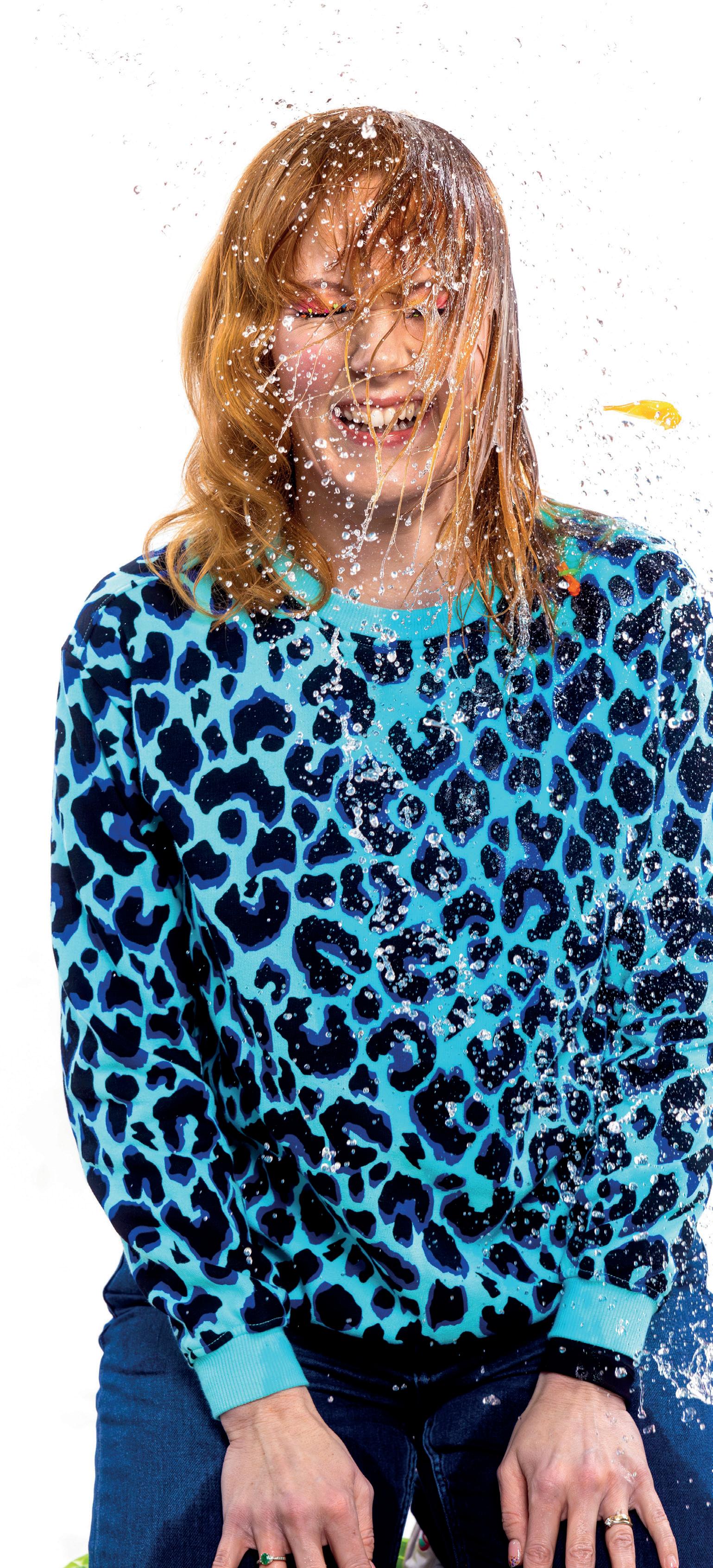
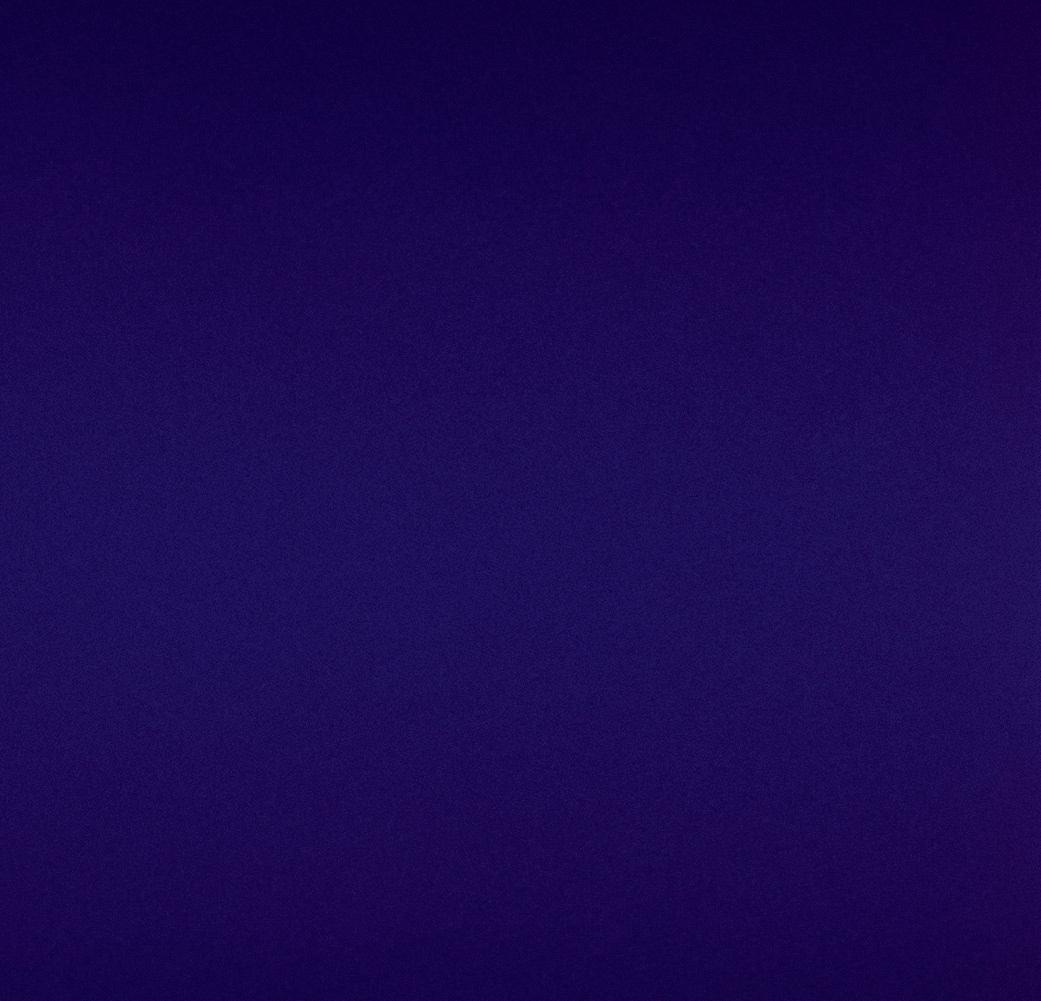
30 JUL – 24 AUG
7:30PM
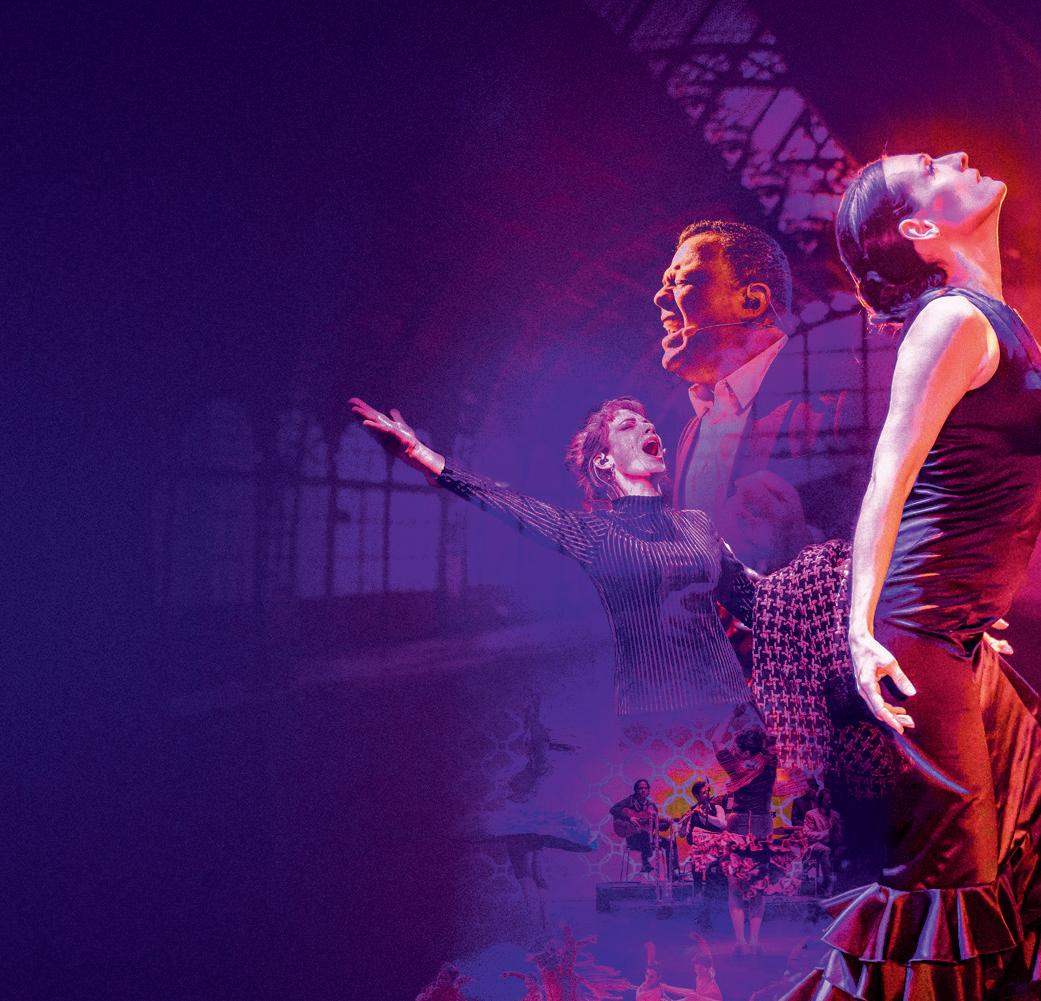


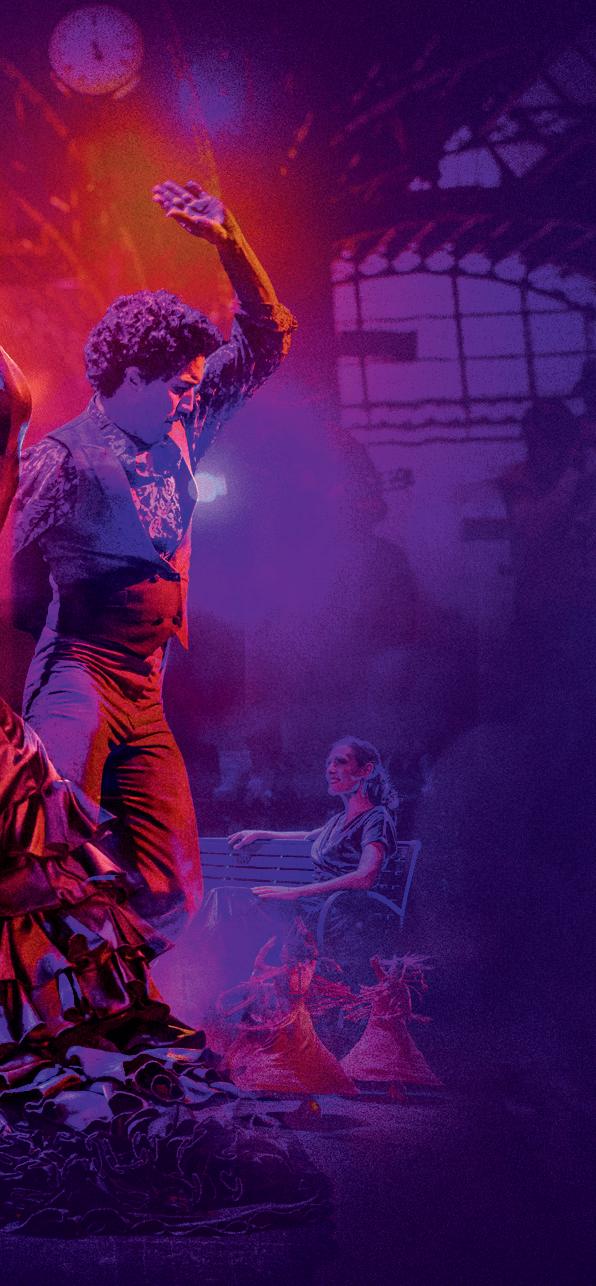

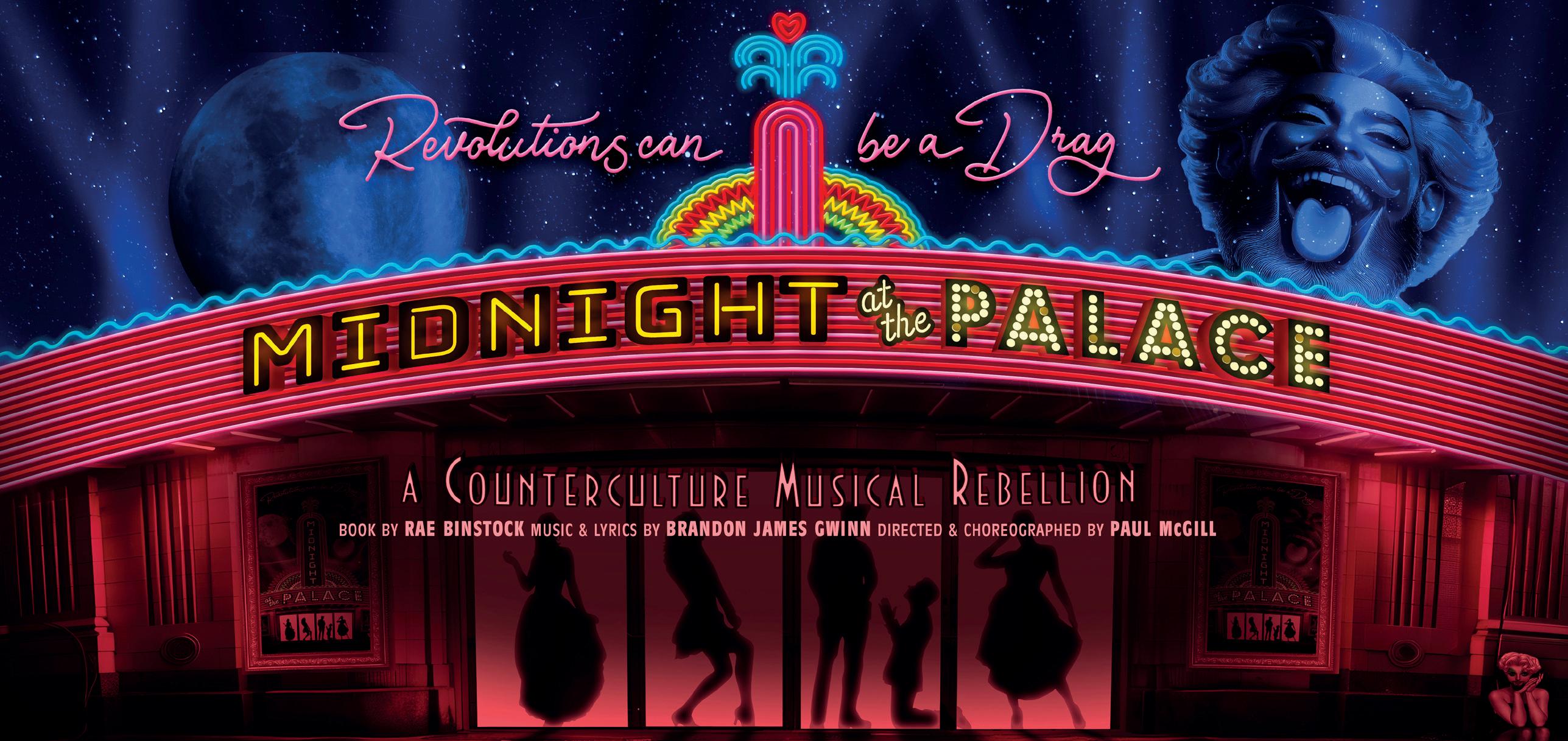
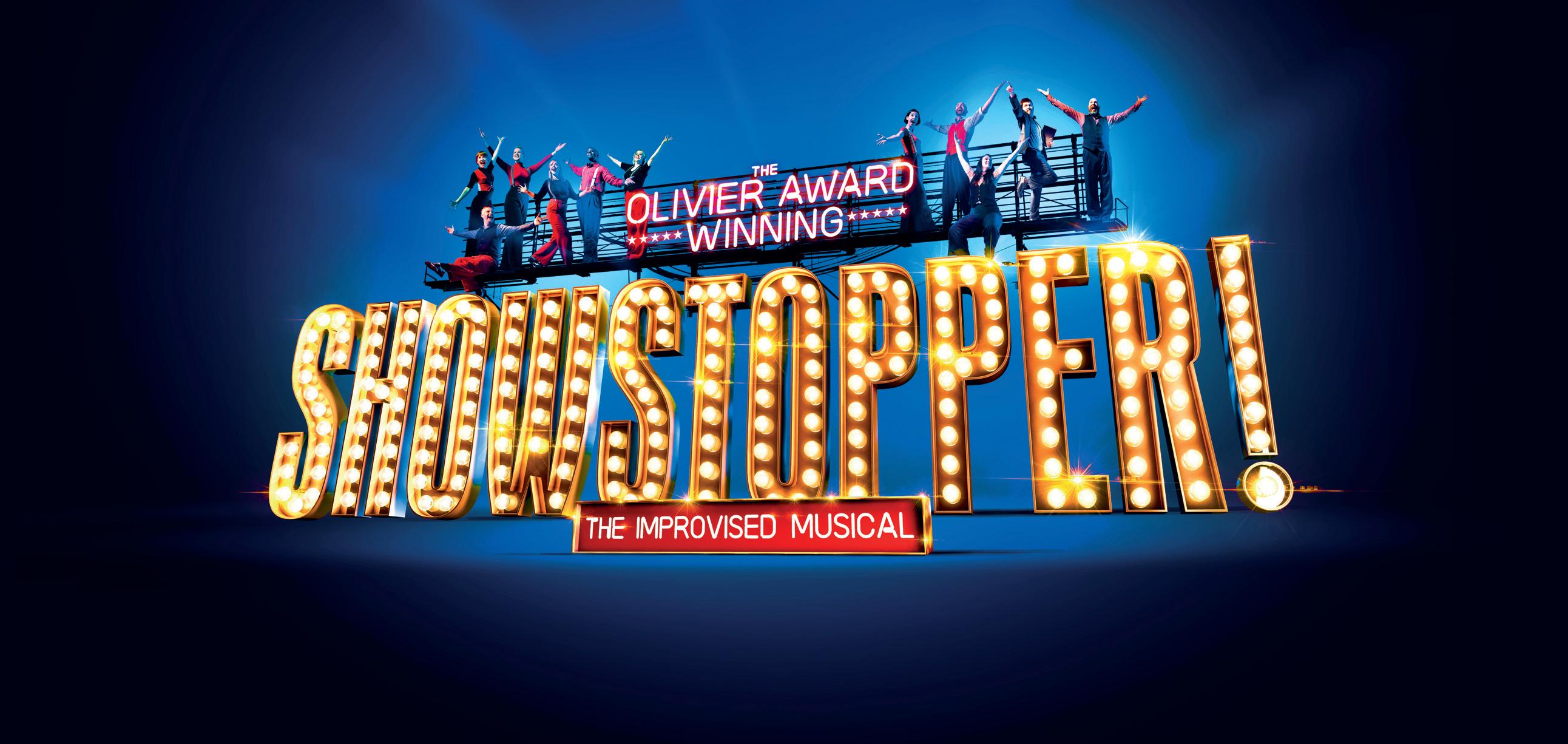
Now six Fringes deep, Desiree Burch has brought her undeniable star quality to various projects such as Taskmaster, Too Hot To Handle and Live At The Apollo. Her latest show is a confessional exploration of womanhood through the lens of a Gen X-er going through perimenopause (Burch recently turned 46). She opens with this question of age, giving us her sweeping hot takes on the existential perils of each generation. The delivery of this first section is loose but it tightens as the show’s central theme is introduced and this American comic’s signature energetic anecdotes are allowed to flourish.
Momentum is built when Burch describes the plethora of her perimenopausal symptoms, drawing attention to their severity as well as the lack of medical research surrounding them. Undercutting these more serious moments are theatrical bits where Burch transforms into the biology teacher we all needed at school, personifying her own reproductive organs and creating an interesting club analogy to describe hormonal shifts. These get the crowd fully onside, with many nodding and hollering in agreement. While catharsis is undoubtedly reached tonight in openly discussing a topic that is still ludicrously taboo, The Golden Wrath doesn’t always stick all of its landings. More original punchlines could have been excavated from this rich story and a neater structure chiselled to make the various subplots balance in harmony. Her storytelling abilities keep this new hour perfectly entertaining and highly informative but it’s hard not to feel that more nuggets of gold still lurk beneath the surface. (Megan Merino) n Monkey Barrel, until 10 August, 5.40pm.

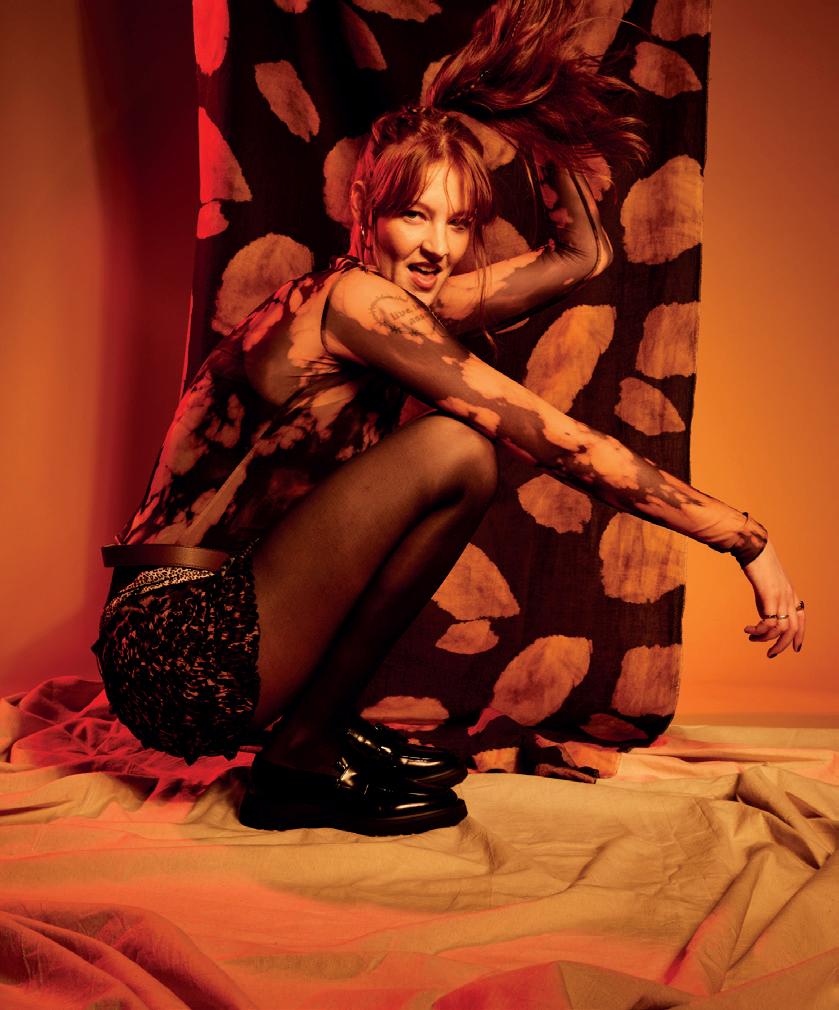
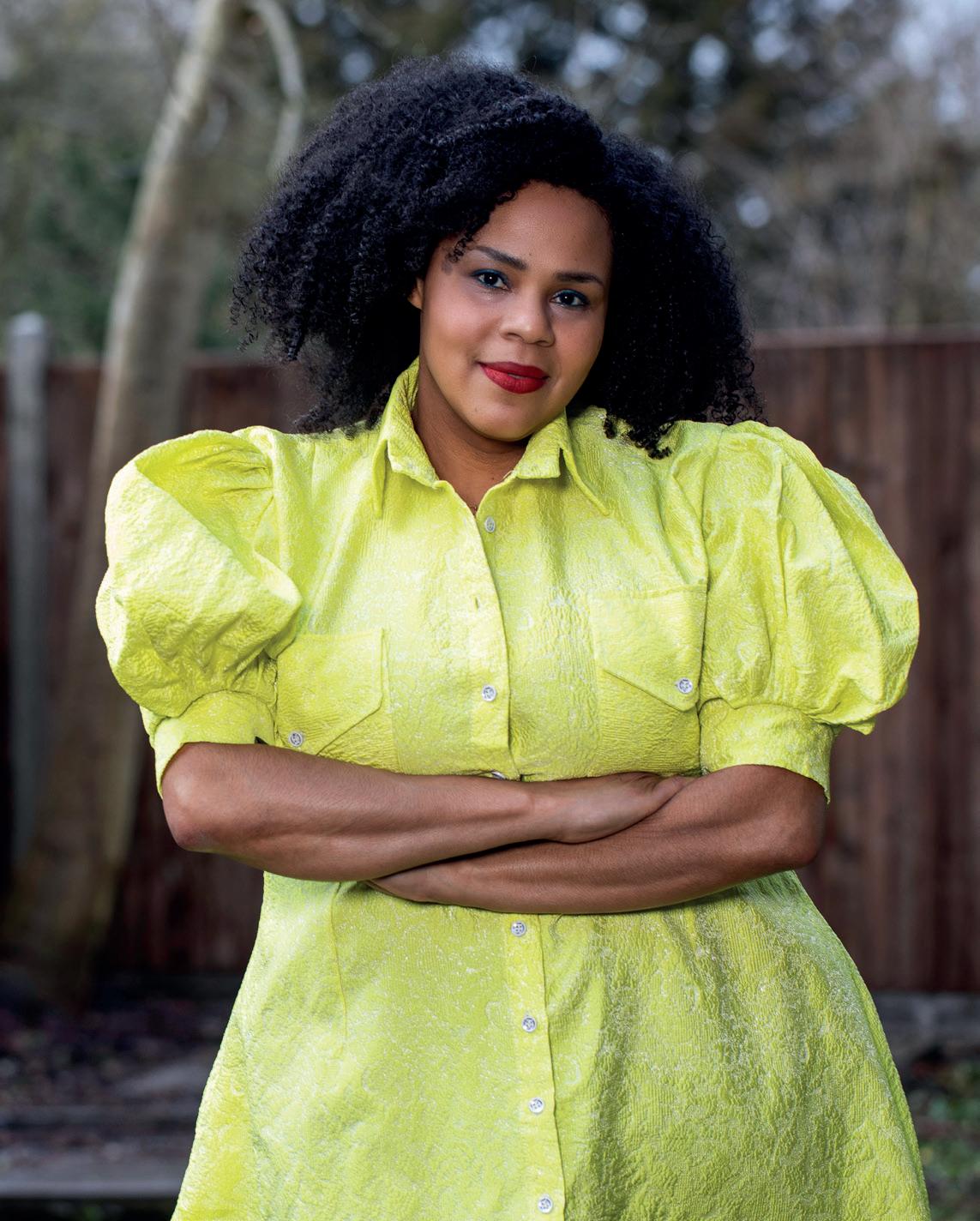
Rohan Sharma, the British-Asian comedian who puts ‘the chap in chapati’ bounds on to the stage with energy and charm. This Edinburgh debut is one heck of a wild ride, packed with twists, turns and probably the best Colonel Gaddafi material you’ll hear all Fringe. A personal and introspective hour, filled with as many heartfelt moments as punchlines, Mad Dog sees Sharma take on (and maybe even solve) racism, discuss the differences between British and Indian culture, and almost find his soulmate in an audience member . . . almost.
The material is solid and generally funny (even with input from his trusty tech, Dan) but it’s in Sharma’s audience interactions where he truly shines. We are fully on board with his surreal style and multimedia madness, and we stay with him until he admits the truth about this hour. Or should that be ‘lies’? It’s not clear if even he’s sure at this point . . . (James Macfarlane) n Pleasance Courtyard, until 24 August, 7.10pm.
There’s irony in Lou Wall’s not entirely original observations on the similarities between (male) stand-ups and serial killers. While no one’s accusing the gleefully renegade comic of going quite that far, the Australian’s shows have a villainous skew. Displaying wonderful tech mastery and manipulation of internet content, they meld storytelling, innumerous sight gags and even beat poetry at a rate faster than the human brain can often fully process, creating rapid-fire humour rhythms that reinforce and comment upon each another in an irresistible manner. And, as with so much that’s posted online, Wall’s motives are opaque, probing some morally dubious grey areas, eliciting big laughs but also gasps and oohs for their audacity, transgression and mischief. Testing the sanctified credo that stand-ups should at least affect to be telling the truth, Wall is upfront about their intentions from the first; and yet devilishly sly, sucking you into the yarn of their Facebook Marketplace viral clip. Evoking a spectrum of embellishment, Wall leaves the audience to decide just where their story sits between those of say, Richard Gadd, Hasan Minhaj or Breaking The Fifth Wall’s director Zoë Coombs Marr, while inviting open-ended questions about their mental wellbeing. Honestly, this is a boundary-pushing show. But dishonestly it is as well. (Jay Richardson)
n Monkey Barrel, until 24 August, 10pm.
MC Hammersmith (real name Will Naameh) is a freestyle improv rapper . . . but a very middle class one, who went to private school in west London. He fully leans into his posh-boy image, with the premise of this new show a guided walking tour of his Hammersmith Hall mansion.
In each room, he performs a rap based on suggestions from the audience. Some are unhinged and others misspelled; an occupational hazard, but one he handles with incredible skill and quick thinking, even when a guessing game takes longer than planned, making the rest of the set feel rushed. The speed his brain works at is impressive, especially when the prompts are bizarre: you try creating an on-the-spot rap about iridocyclitis.
The walking-tour conceit provides a structure, but it’s a very loose one: scripted jokes told in each room feel repetitive, and the connection between the rooms and the songs is tenuous. But does it matter? The real magic lies in his unbelievably sharp improv skills and fast wit. It proves that MC Hammersmith is one of those rare comedians who has not only gone viral on TikTok, but can carry a full hour-long set. (Lauren McKay)
Monkey Barrel, until 24 August, 1.55pm.
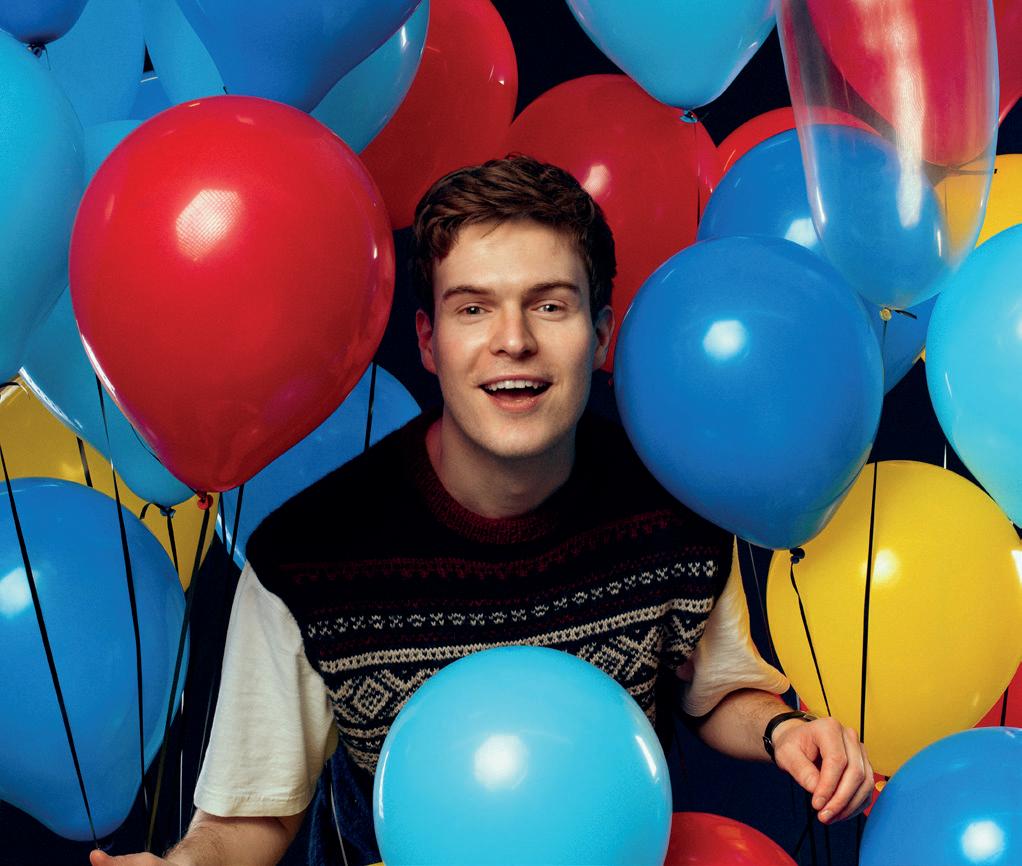
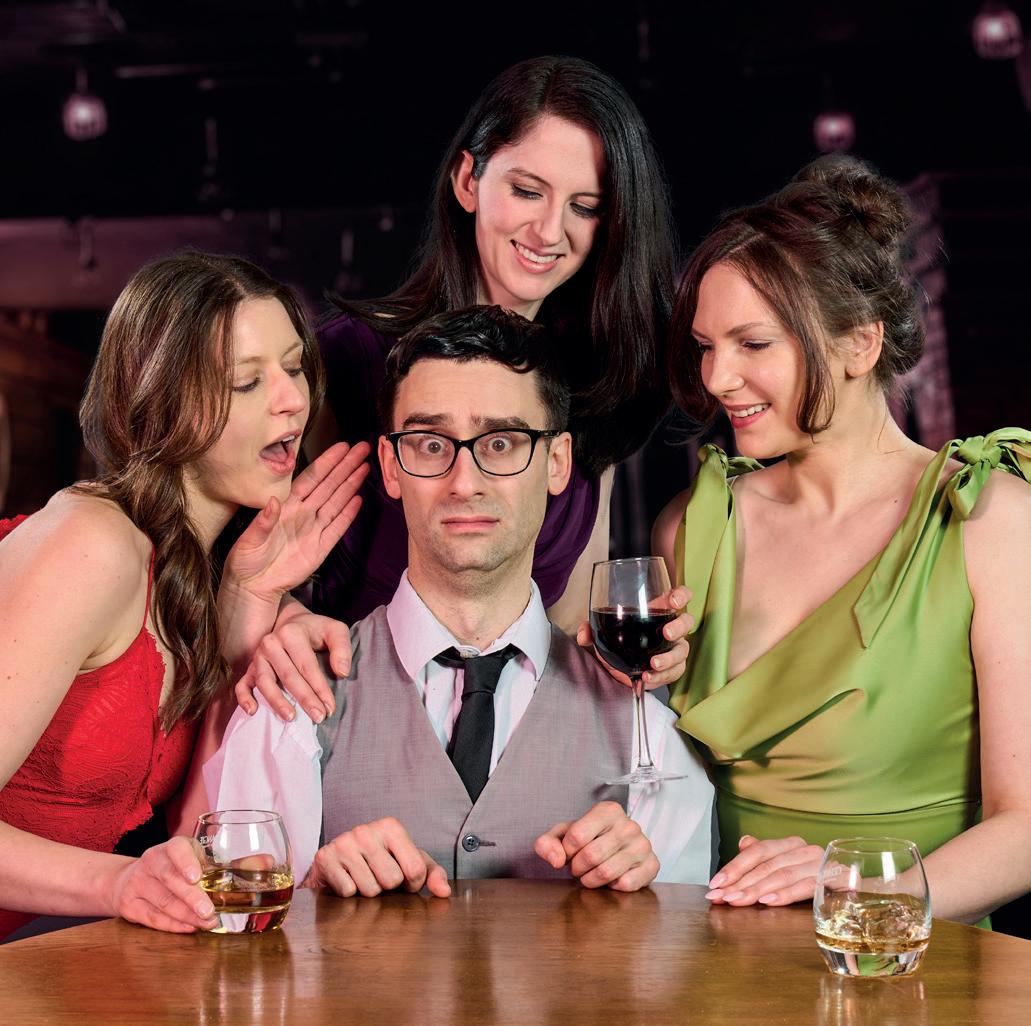
This highly-accomplished hour of stand-up from Norwegian comedian Thor Stenhaug showcases his parents’ unconventional child-raising efforts and acts as a selfprofessed love letter to family life. A natural storyteller, Stenhaug revels in the little differences between a bucolic, rural upbringing and a new life in London, from his hereditary grapple with STIs to the sickening luxury of a Norwegian prison. Stenhaug uses the distance from his homeland to wrap the audience in funny, heartwarming anecdotes of his Scandi roots, and beams out the love and respect he has for the way his parents navigated difficult choices.
Engaging, energetic and at ease with his childhood, Stenhaug radiates with a positivity that is nearly as infectious as his family’s storied medical history. Already on the radar with recent support slots for Josh Widdicombe and Fern Brady, on this form he seems destined to rise further up the comedy ranks. (Gary Sullivan)
Pleasance Courtyard, until 24 August, 8.40pm.
The Mayor And His Daughter is an absurdist appreciation of comedy, somewhere between Aunty Donna and The Mighty Boosh, that is filled with audience participation. The premise is great: a mayor and his daughter in a demon-ravaged post-apocalypse environment who find a Russell Howard boxset, and try to repair the community (their audience in this case) with references to comedy they love but barely know. It feels a bit like a childhood game of make-believe with a joyful soundtrack and tingling moments of nostalgia spiked with irony.
Sadly, while this chaotic hour-long sketch comedy pokes fun at its own lack of clarity and material with an innate charm, this gets a little tiresome and doesn’t feel fully fleshed out yet. There is a bit too much (and at the same time not enough) going on. The audience needs a strong sense of the narrative, but the hour is chipped away by banterheavy jokes that are dragged out.
With the presence of flying objects, and asking us to read, sing, hold things and react continuously, the plot becomes confusing. A talking milk bottle, although entertaining, eventually loses our attention while the actors arrange the next routine. Needing a little more material and a shorter running time, The Mayor And His Daughter doesn’t quite feel Fringe-ready. But, with a definite sense of dark wit and glimpses of silliness echoing Black Books in tone, it still has the potential to become an outstanding set. (Rachel Morrell)
Assembly Roxy, until 24 August, 4.10pm
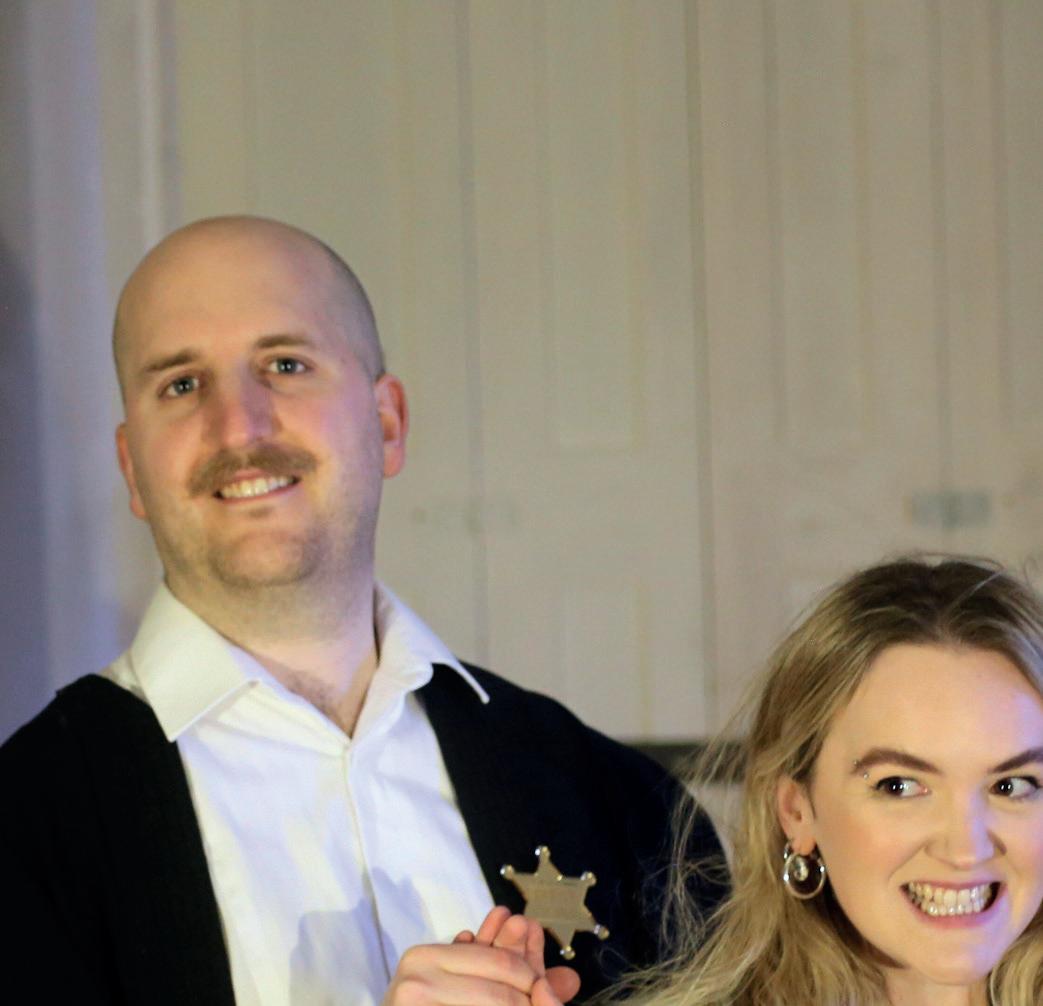
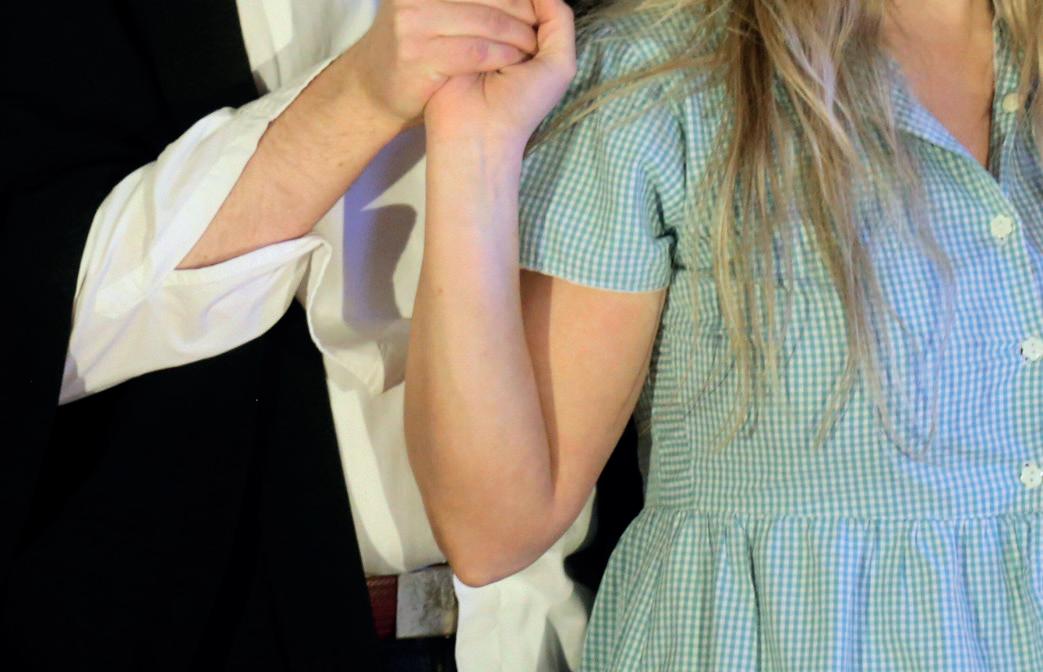
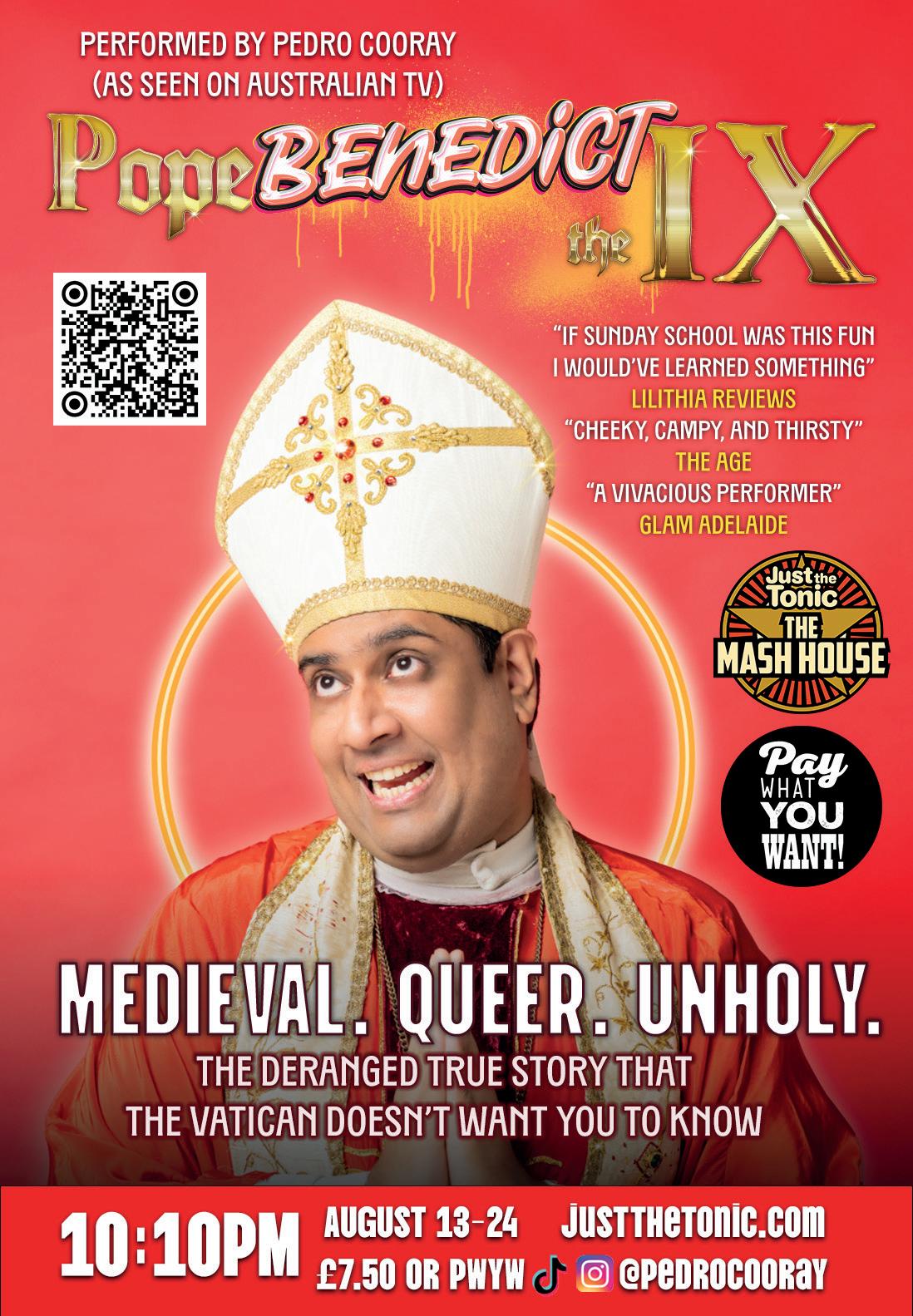
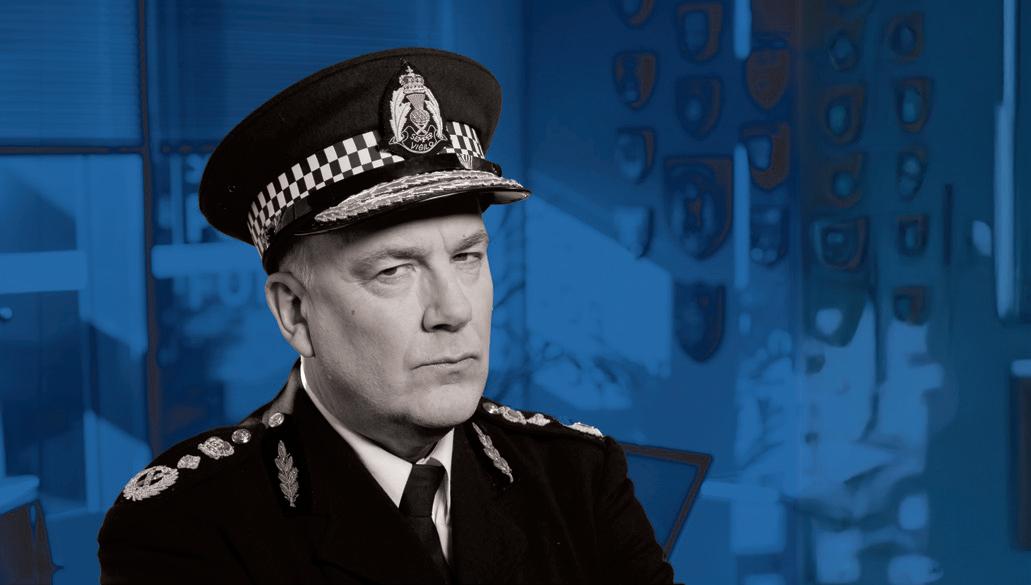

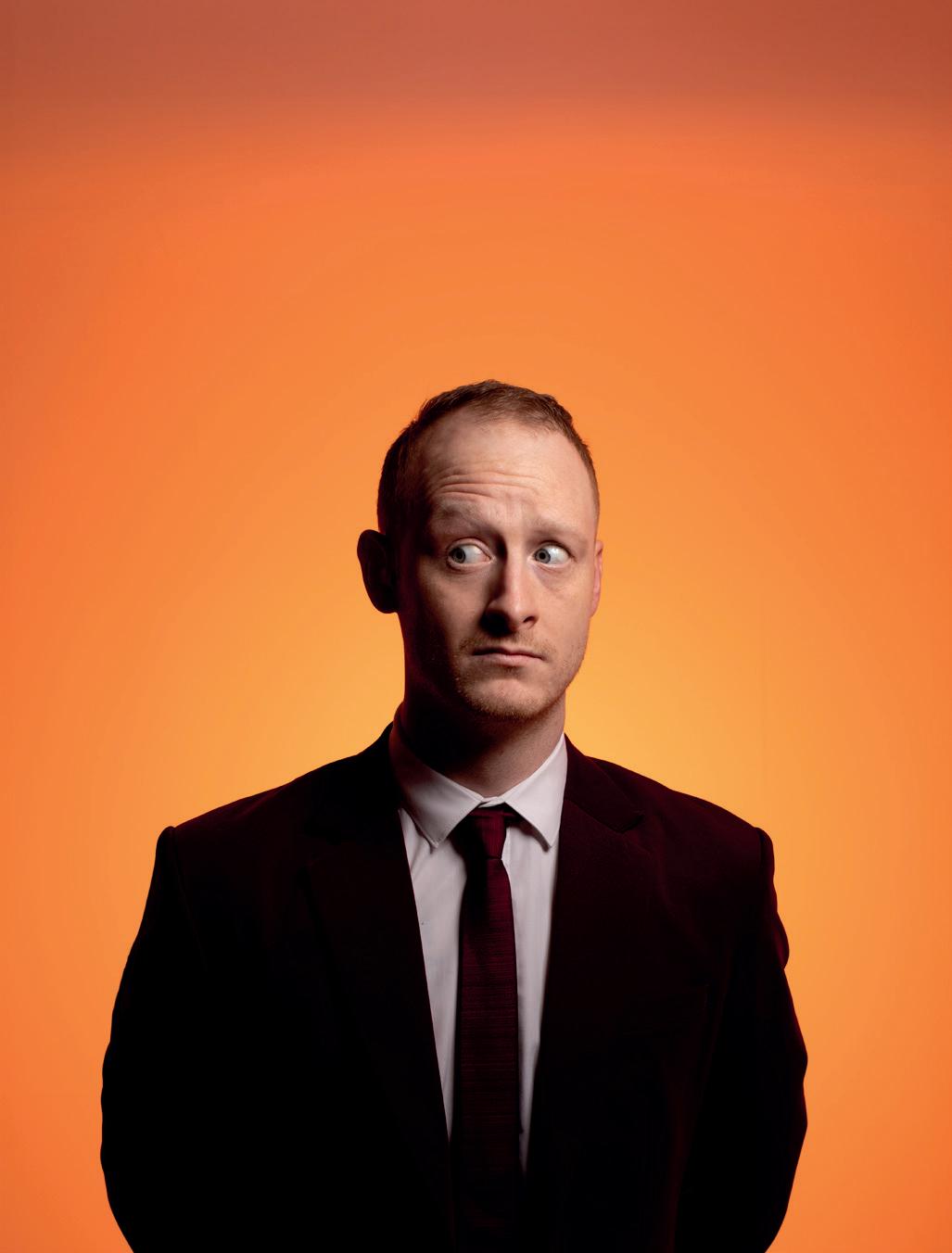
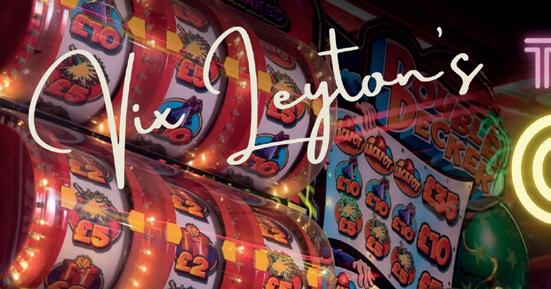

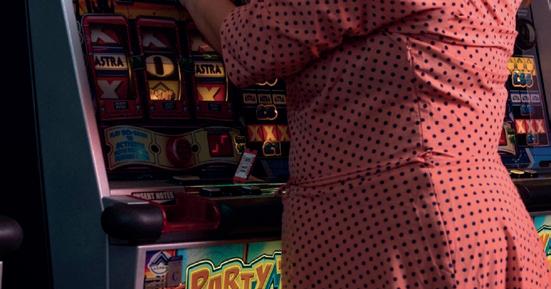
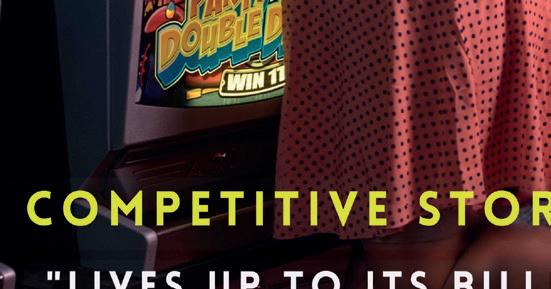
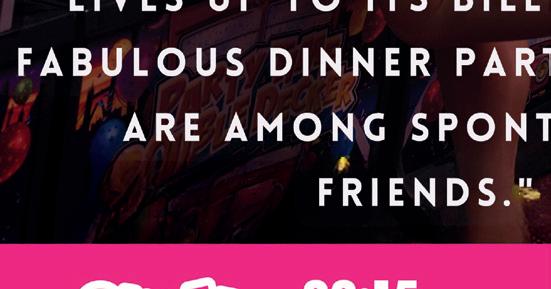
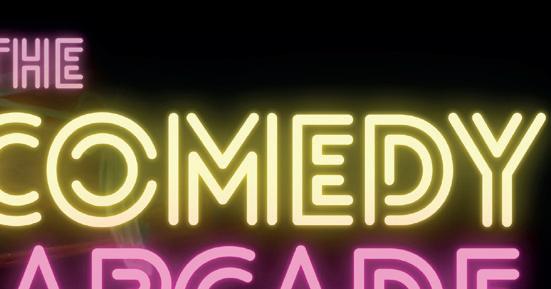
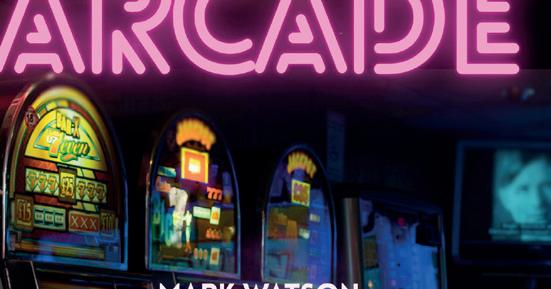
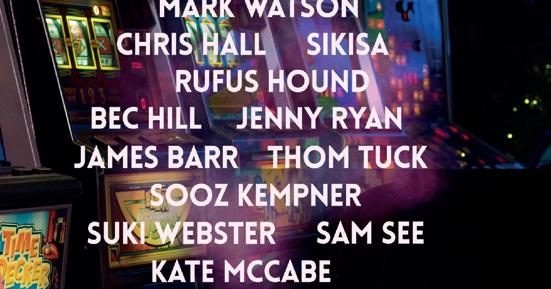
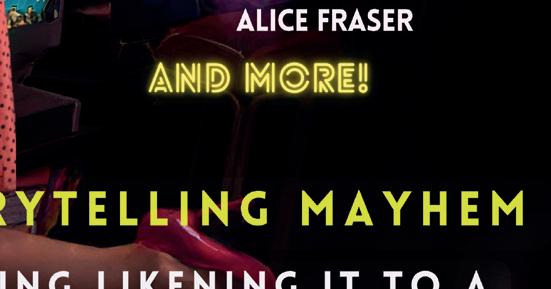
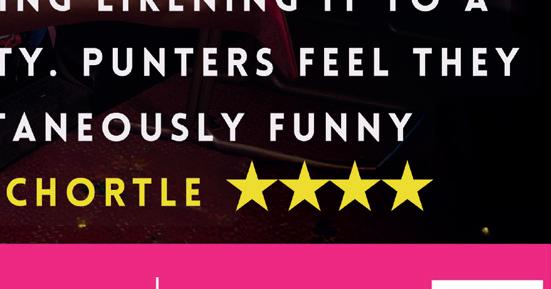



July 31 - Aug 11th 8:35 PM The Snifter Room



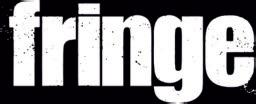

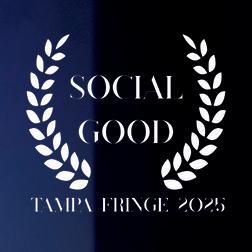
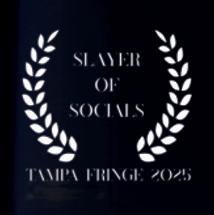
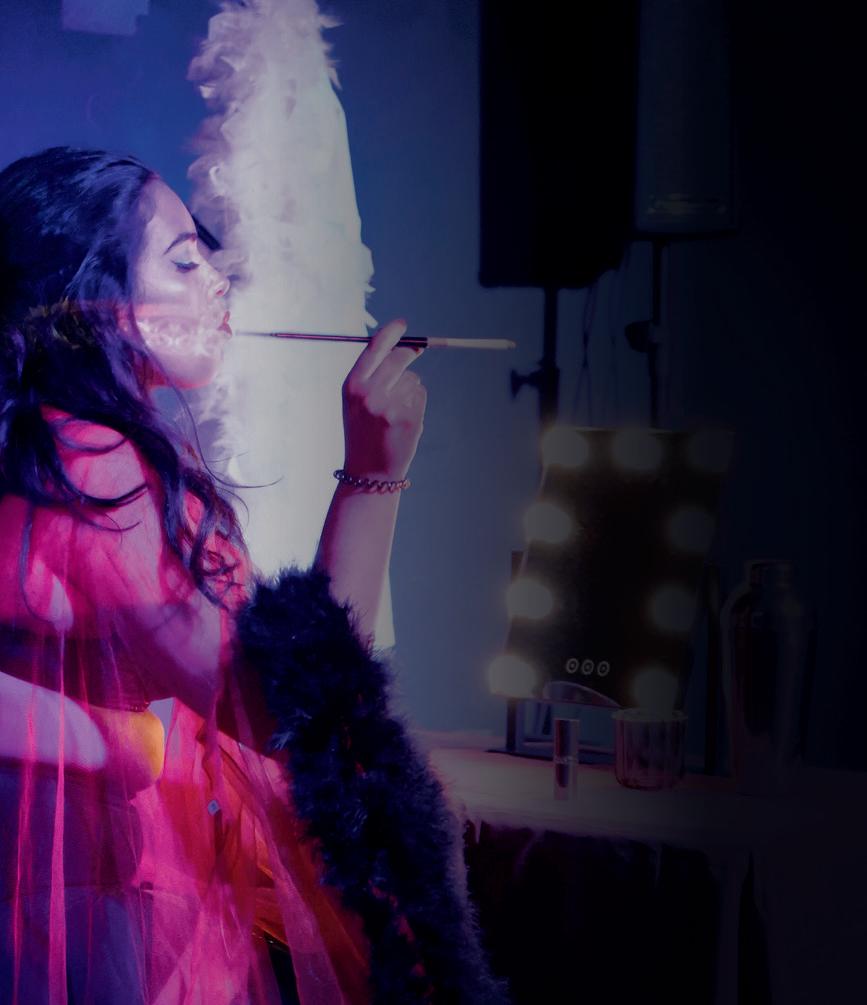
... A STUNNING ONEWOMAN SHOW FROM AN U -AND - COMING ARTIST THAT STANDS BOLDLY AMONGST MORE ESTABLISHED WOR S.... LEONORE BALANCES HUMOR, SEX , AND HEART
...A STUNNING ONEWOMAN SHOW FROM AN UP-AND-COMING ARTIST THAT STANDS BOLDLY AMONGST ESTABLISHED WORKS.... BALANCES HUMOR, SEX, AND HEART
- FRINGE REVIEW
- FRINGE REVIEW
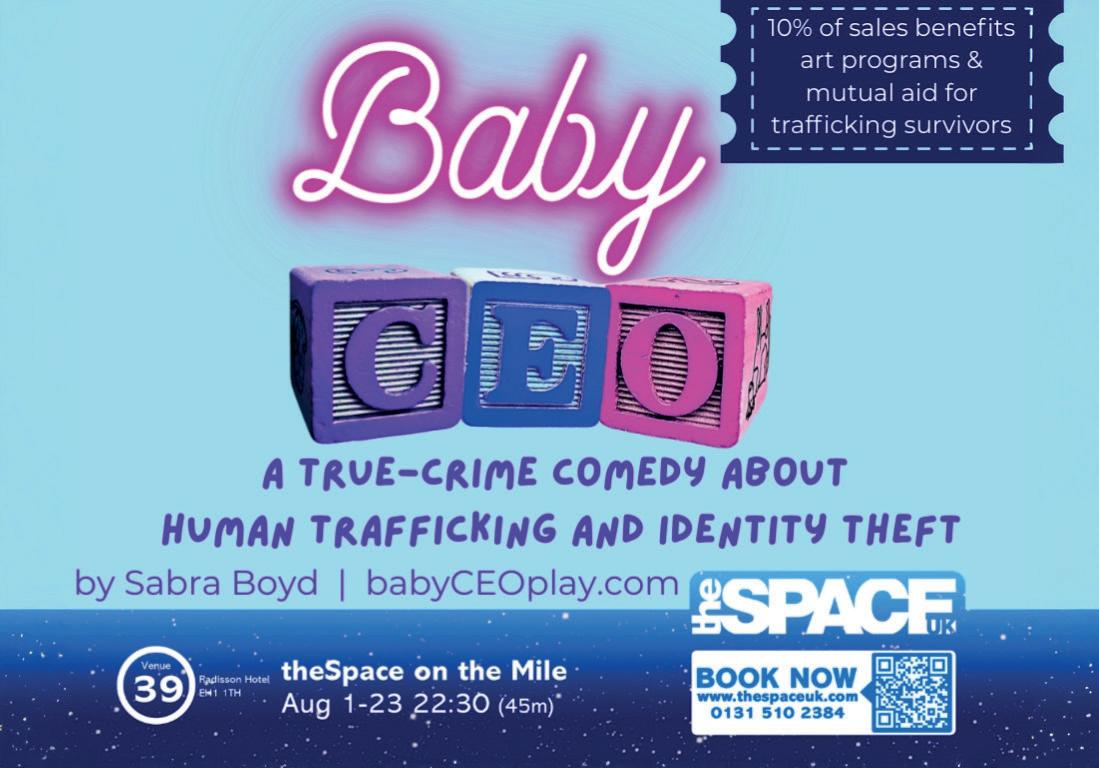
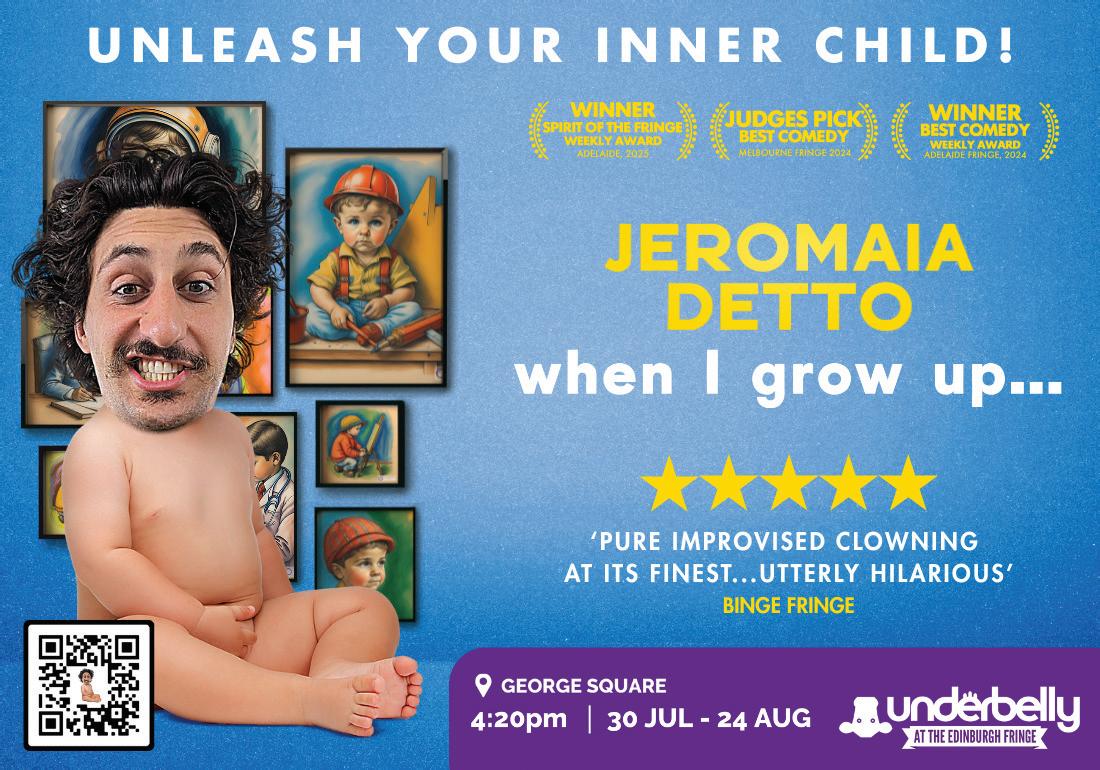
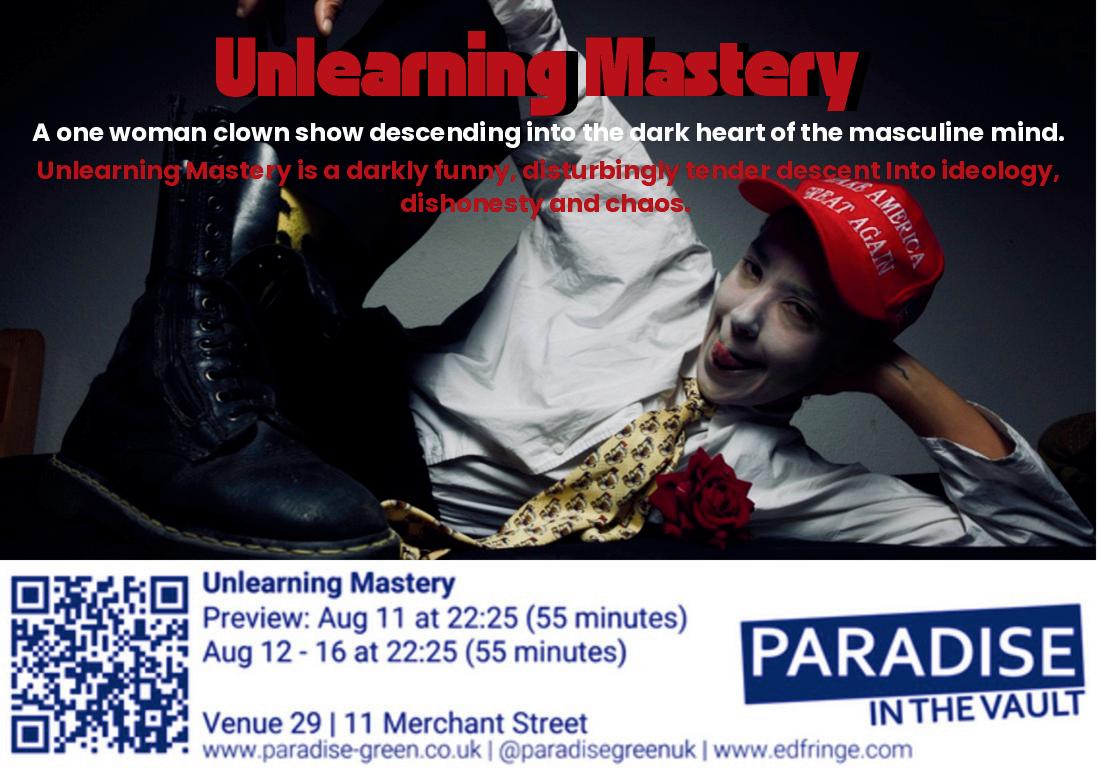
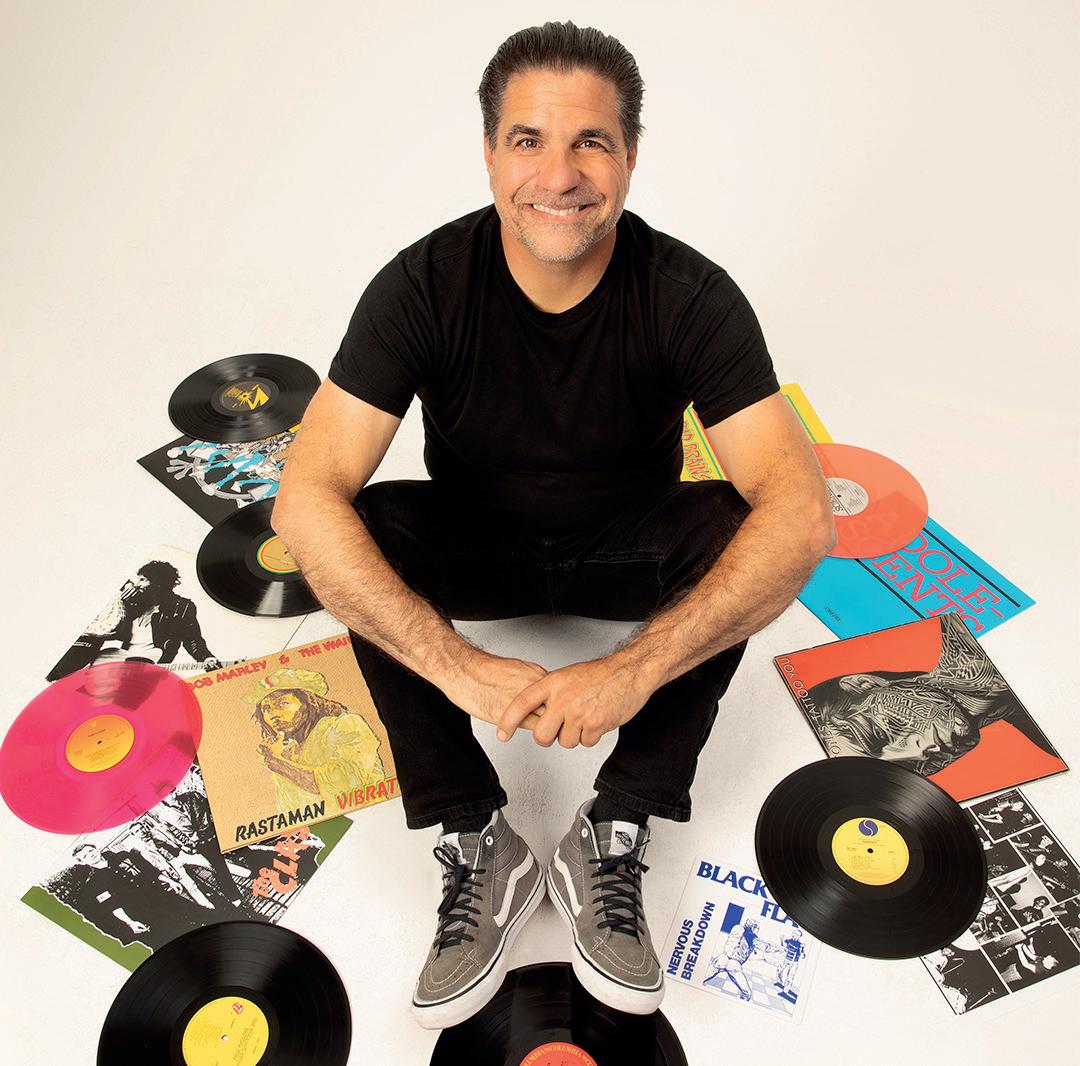
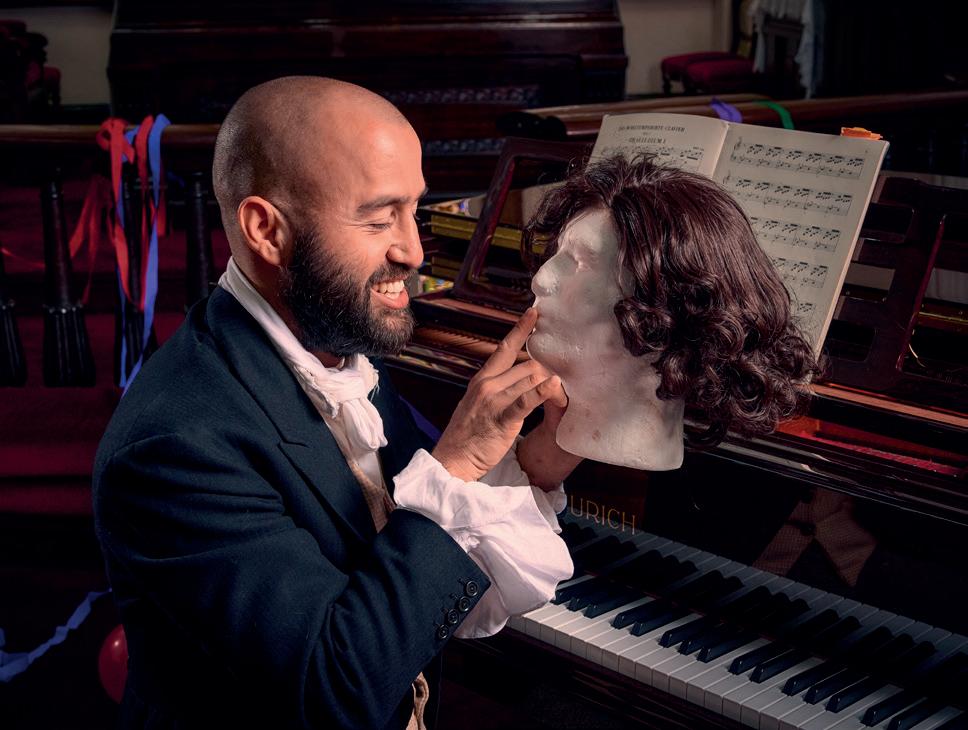
Joe Sib is every bit the reformed punk rocker, his utilitarian outfit and slicked-back hair resembling an avuncular approximation of Henry Rollins. He also radiates a distinctly Californian sense of positivity, bunny hopping through his life with a near evangelical sense of wonder about the power of music and sense of community he discovered in America’s DIY punk scene of the 70s and 80s. A life on the sidelines of musical greatness gives him plenty of chances to humblebrag about time spent touring with Metallica and his record label SideOneDummy, which has released material from bands like Gogol Bordello. He’s a likeable guide for any US rock aficionado, peppering showbiz run-ins (Eddie Vedder, Joey Ramone, Suicidal Tendencies) with curiosities about zines and punk blowouts in backyards. But circuitous anecdotes about his average upbringing and the loving relationship he shares with his dad do turn proceedings into a curate’s egg. Top tip for audience engagement: don’t dangle an anecdote about Metallica above their mouths then feed them 15 minutes about workaday life in rural California. This inability to raise biography beyond the mundane makes California Calling more filler than killer, but there’s at least a decent EP of material to enjoy.
(Kevin Fullerton)
n Gilded Balloon Appleton Tower, until 24 August, 9pm.
Coming across as an edgy music teacher who just wants his class to appreciate that classical music is accessible to everyone, Aidan Jones alternates between dick jokes and sincere explanations of Chopin’s musicality in a show which, he admits, the composer wouldn’t like. Achieving a warm rapport with the audience, Jones reflects on his career as a relatively unsuccessful stand-up, offering his passion for one of the Nocturnes in an hour that matches broad humour with aesthetic sensitivity.
By the time he completes the musical performance, Jones has wandered through his failures and ambitions, finding a subtext to the music via a drunk on a train and a passionate belief in following dreams. Despite becoming distracted by an interlude on Goya towards the finale, Chopin’s Nocturne manages to educate and place the work both in its social-political context and the modern moment in a smart and genial hour.
(Gareth K Vile)
n Summerhall, until 24 August, 10.20am.
Hasan Al-Habib discusses issues of identity and belonging in a convincingly amiable debut hour, where excellent timing and a genial energy belie his relatively short time behind the mic (he got into comedy while pursuing a PhD in cancer science). Much of the set plays with ideas of belonging: Iraqi or Brummie? Stand-up or scientist? Cry-baby or cry-Iranian? This leads us through a set of anecdotes which all hit their mark, even if the odd punchline does announce its arrival fairly early.
Frequent accent shifts create a cast of characters, it’s plenty pacy, and the laughs of recognition come pleasingly often as Al-Habib makes light of the inevitable racism he encountered as the only Iraqi kid in town. Yet he handles all this with the lightest of touches: there’s a matter-of-factness to his storytelling that’s invitingly beguiling, even as he shares some absolute horror stories (though not horror movies, cos they don’t scare refugees).
Interestingly, the final third feels much looser than what’s gone before, and that’s where glimpses of a deeper emotional connection to the material emerge. This suggests Al-Habib has plenty more to explore, and his ability to bring a room with him means there’s more than enough potential to dive a little deeper (if he wants to). And if he doesn’t? Fair play. As it stands, this is a solid hour with plenty of laughs, a convincing through-line and more than enough Thatcher jokes to win him a legion of Scottish fans. (Jo Laidlaw) n Pleasance Courtyard, until 24 August, 4.30pm.

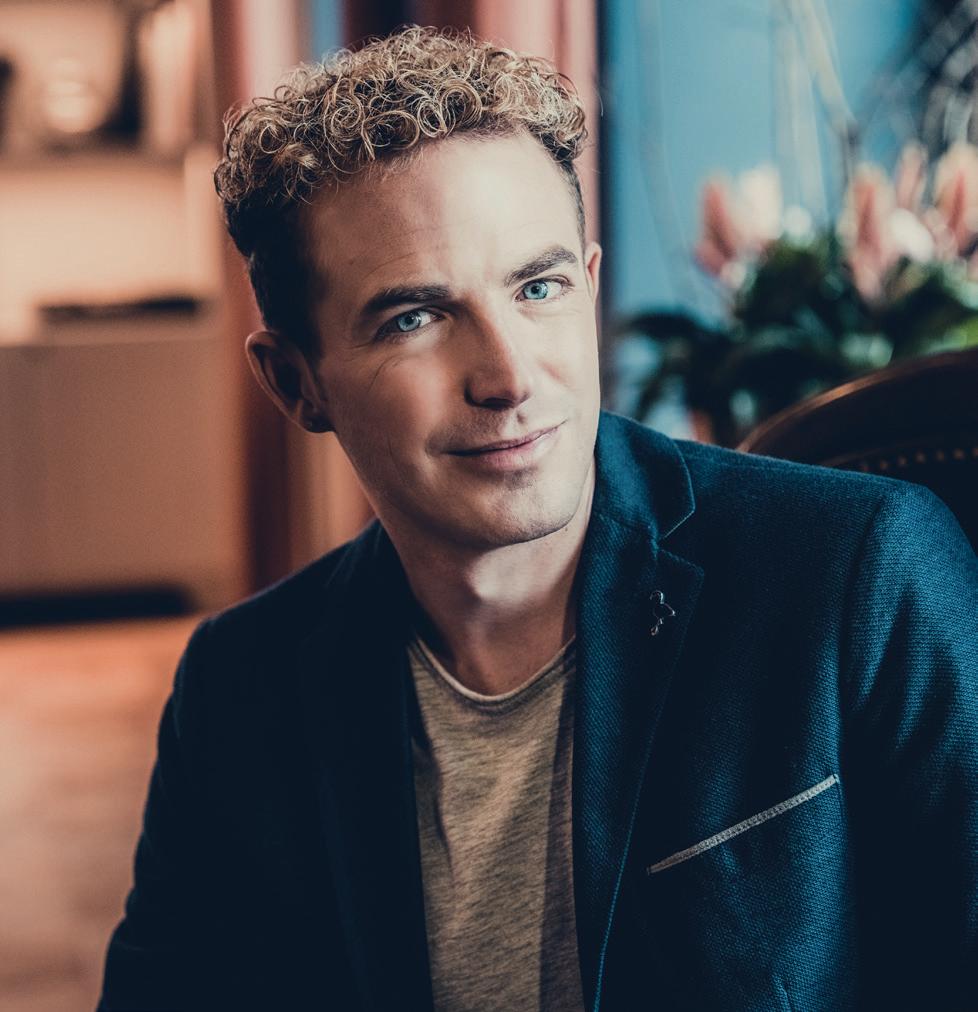
Michael Elsener opens his debut Fringe show with one of the more unusual ‘I look like . . . ’ gags by comparing himself to his home country of Switzerland. It’s a nifty introduction and he continues with a solid set of jokes and intelligent ponderings on the world, albeit ones that are slightly less surreal than that opener. Despite coming from a land that many consider some kind of paradise with its mountains, lakes and fondness for melted cheese, Elsener doesn’t feel very content in his life. So, he searches through his time on earth to figure out why, creating a carefully measured and highly perceptive work along the way.
Elsener looks at his oppressively quiet father, the school bullies and coming out as a gay man. Then, the former political journalist and ‘Swiss John Oliver’ moves on to the wider political landscape of his country (a land of direct democracy and apparent neutrality yet one that harboured inherent sexism in its political policy) and a wider Europe that is facilitating a deeply worrying rise of the far right. He had to work hard tonight with an audience as quiet as his dad; but like his father, Elsener won them over in the end. (Marissa Burgess)
n Gilded Balloon Appleton Tower, until 21 August, 8.20pm.
Welsh-Indian comedian Priya Hall explains that her grandparents don’t believe in gay marriage, which is awkward because Hall is happily espoused to Welsh-Iranian comedian Leila Navabi. The couple recently had a baby and that exciting, sometimes scary process has given Hall much to talk about, particularly in a protracted sequence about the complexities involved in achieving induced lactation.
Hall is a fresh, confident performer with great timing, and she settles the crowd with ease.
But, while other comedians might use stories of their daft family as warm-up material, Hall dedicates most of her hour to them, and after a while the atmosphere begins to sag. Her fine skills as an actor are undeniable (she’s a compelling presence on stage and imbues her tales with a flush of theatricality) but a more diverse script might better help keep the laughs flowing. (Murray Robertson)
n Monkey Barrel Cabaret Voltaire, until 10 August, 5.45pm.
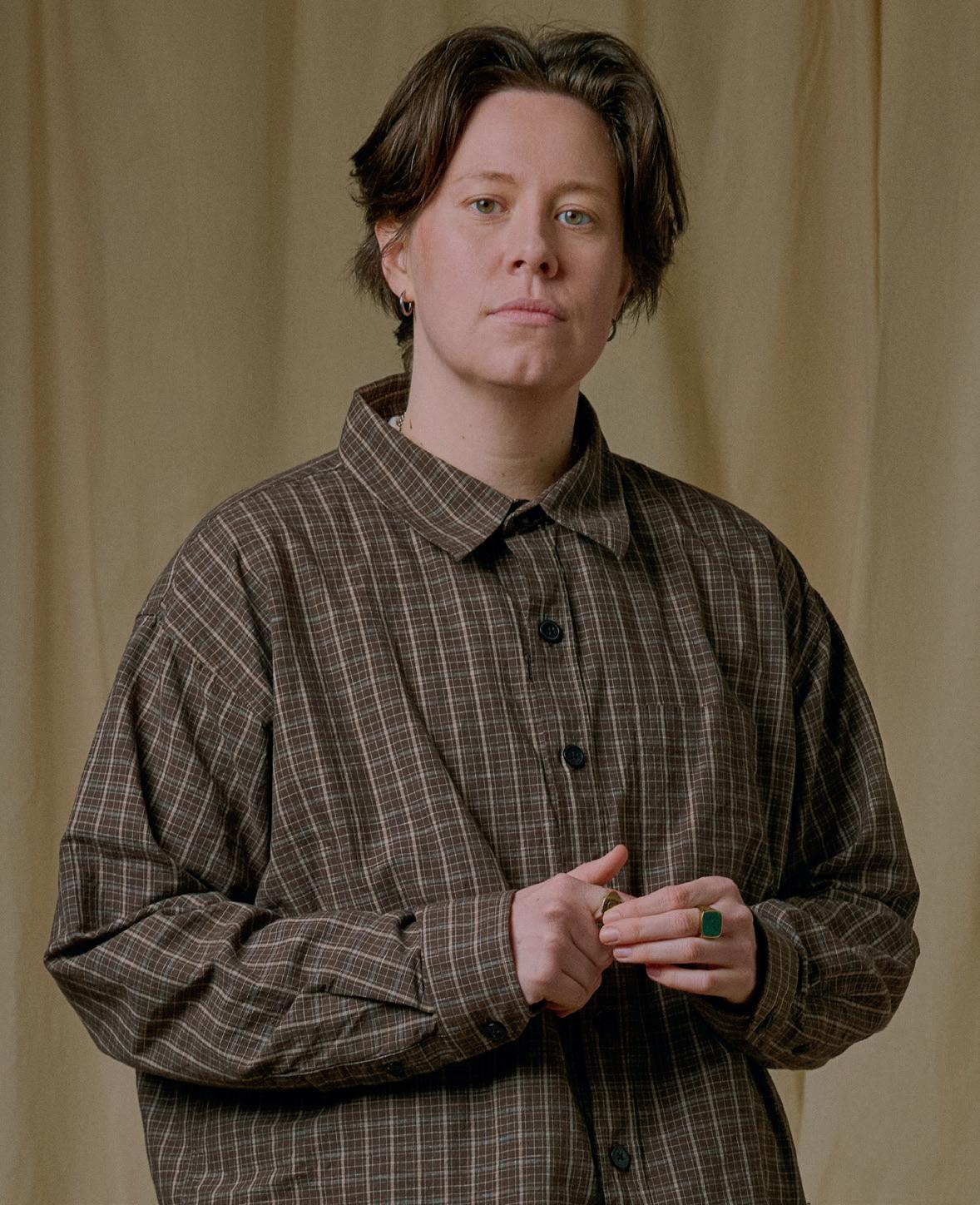

The unlikely rehabilitation of lad culture, led by a selfconfessed unlikely queer role model, starts here. Chloe Petts is bewildered to be approached by worried parents, concerned about the burgeoning sexuality of their daughters. After all, she’s a football obsessive who loves witnessing a rammy in a pub, and a product of 1990s lad mags, the braindead swagger of Kasabian, appreciation for a pithily cruel tabloid headline, and ‘big naturals’ (those female ‘funbags’ that used to appear unadorned on Page 3).
Perpetuating the same dubious patterns in her romantic life, emotionally repressed to the extent of only letting things out on the terraces, she’s upfront and honest about her many, many failings. Yet equally, she’s a gender and sexuality pioneer, a knowledgeable intermediary and gateway for different sub-cultures that once would never have mixed, but whose lines are becoming increasingly blurred.
Having her cake and eating it where nostalgic archetypes are concerned (indulging and damning them), Petts is especially brutal towards straight men, offering them tender understanding before dismissing them in the most sweeping terms. She gorges on the tales bisexual girls share with her of disappointing male lovers. But she can still learn something from her dad about defusing a charged situation. And her front-foot confidence belies her attuned social awareness and robust self-deprecation, with the European analogy she suggests for her teenage self barrelling into a mosh pit simply the mot juste. It’s hard to think of many stand-ups as in command of their stage presence. (Jay Richardson) n Pleasance Courtyard, until 24 August, 7pm.


Shame there’s not a prize for show titles as Nauseatingly Woke Full-Grown Jellyfish would surely have been a clear contender. This tremendously dark stand-up barrels his way back to the stage.
The Stand 2, 12–14 August, 2.05pm.
The Melbourne comic brings back her Motorboat show this year but is also doing Mel McGlensey Is Normal, an hour in which she allows her audience to take more than just a little control over proceedings.
Pleasance Courtyard, 12–24 August, 11.05pm.

This debut from Gabrielle Leonore features sex (obviously), drugs (that follows), a Nazi history lesson (ok?), plus ‘existential meltdowns and deep vanity-mirror introspection’. And laughs aplenty.
Just The Tonic Mash House, until 11 August, 8.35pm.
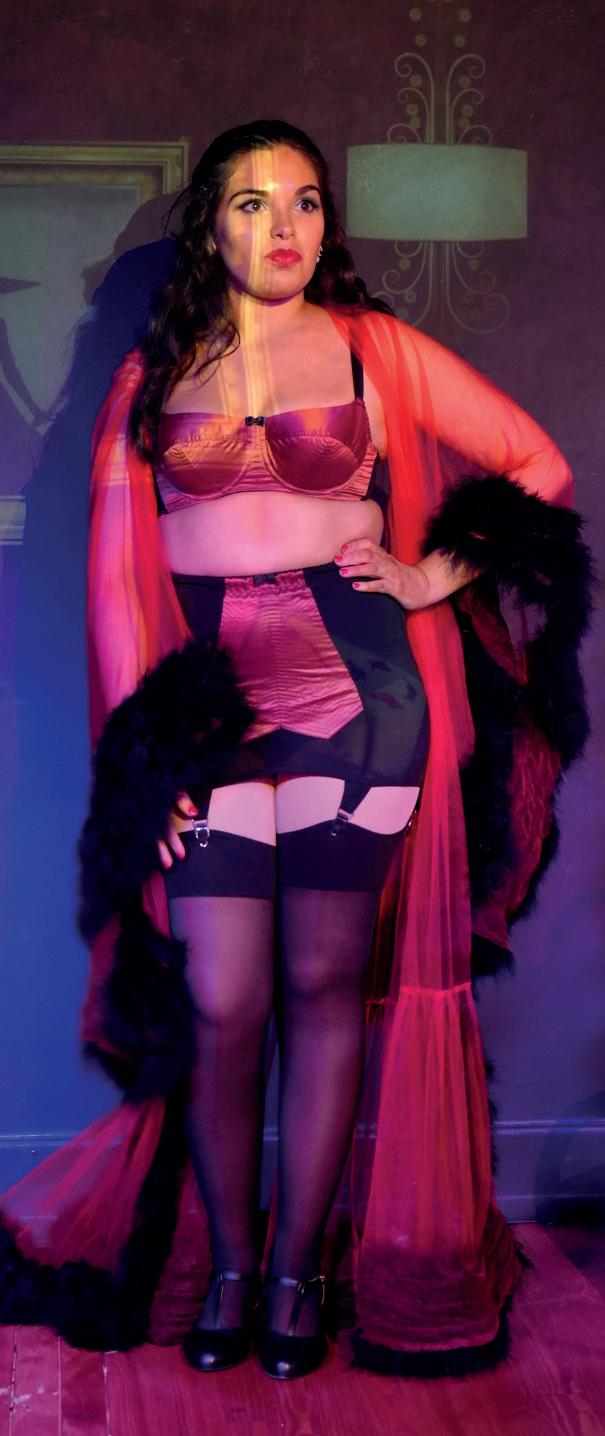
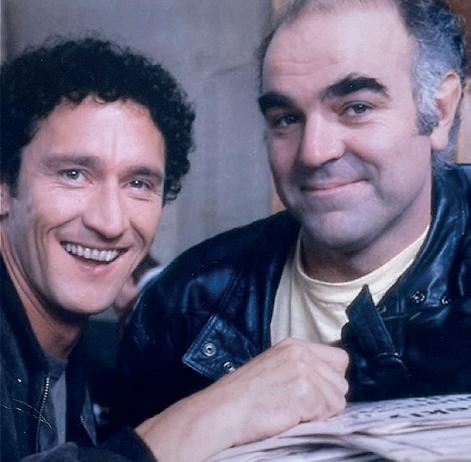
A true blast from alternative comedy’s past as the Oblivions (Mark Arden and Stephen Frost) team up with Brenda Gilhooly in her guise as archetypal tabloid pinup, Gayle Tuesday.
Gilded Balloon Patter House, 11–13 August, 9pm.
Vix Leyton’s conceptual panel show slash chat affair is back as comics contribute stories and anecdotes about a topic chosen at random from a bingo ball. Jollity ensues.
Gilded Balloon Appleton Tower, until 16 August, 10.15pm.
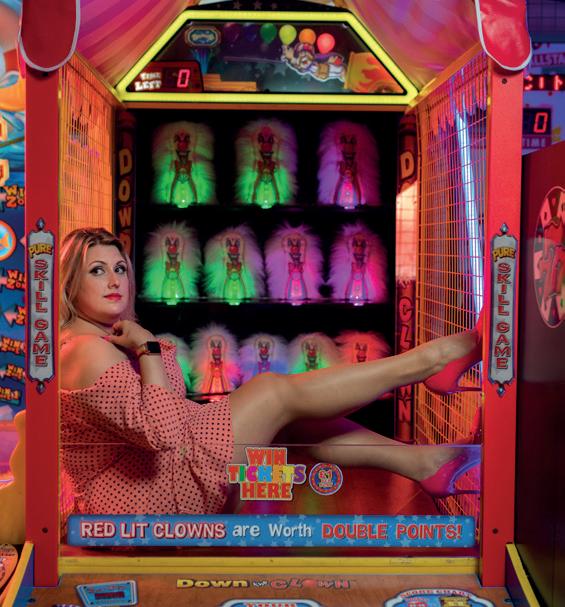
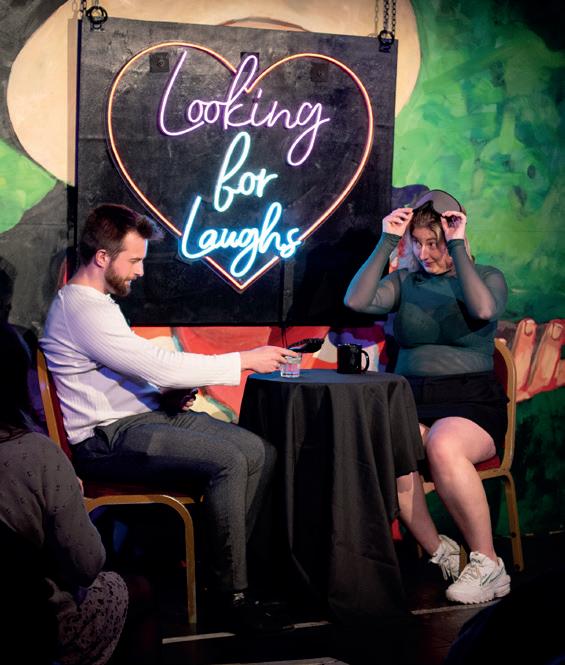
If you can imagine a scenario where Whose Line Is It Anyway? crash-lands on Love Island (with blindfolds), you’re halfway to appreciating the mayhem set to be unleashed.
Gilded Balloon Patter House, 13–25 August, 8.20pm.

She fought the patriarchy, but did the patriarchy win? Has Prashasti Singh become part of the system that she has railed against throughout her life? Listen and learn.
Underbelly Bristo Square, until 24 August, 8.45pm.
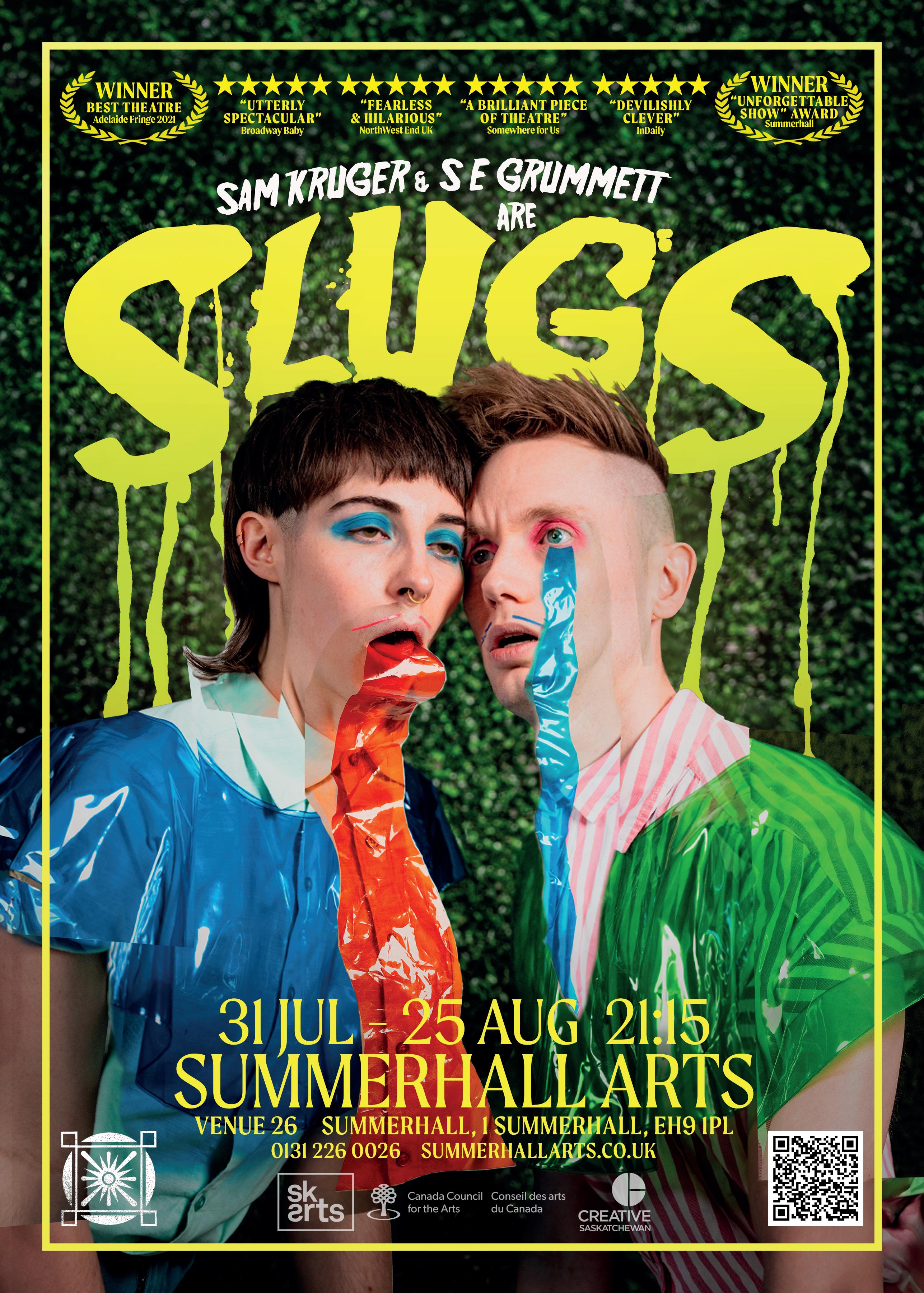

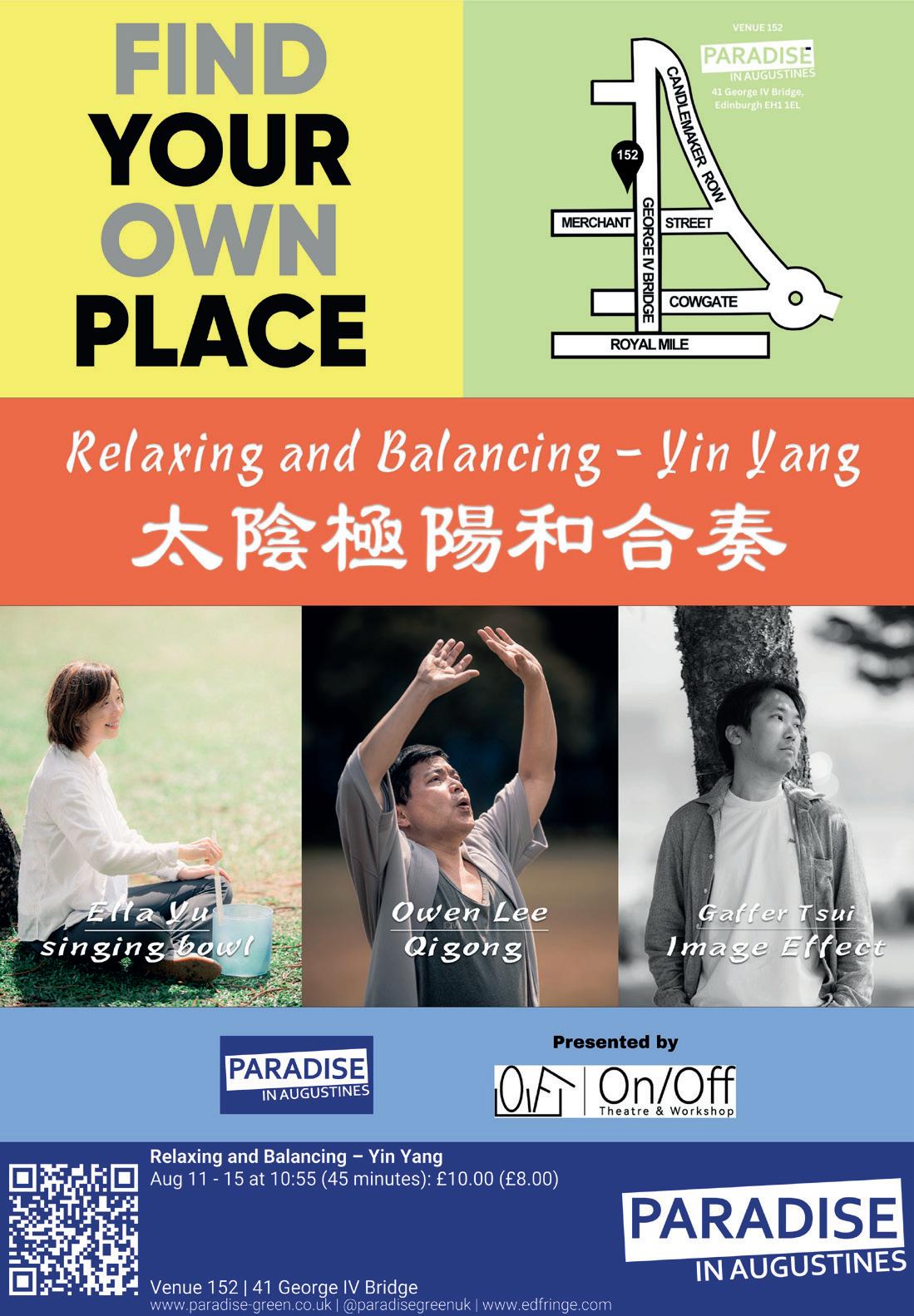


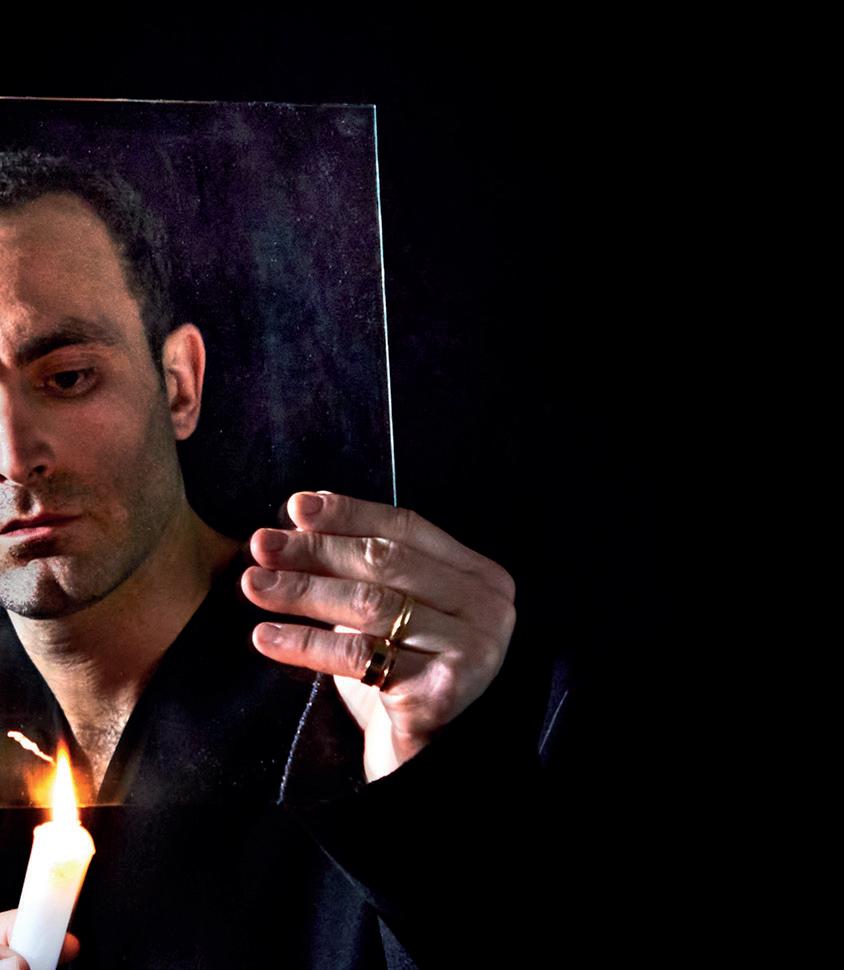




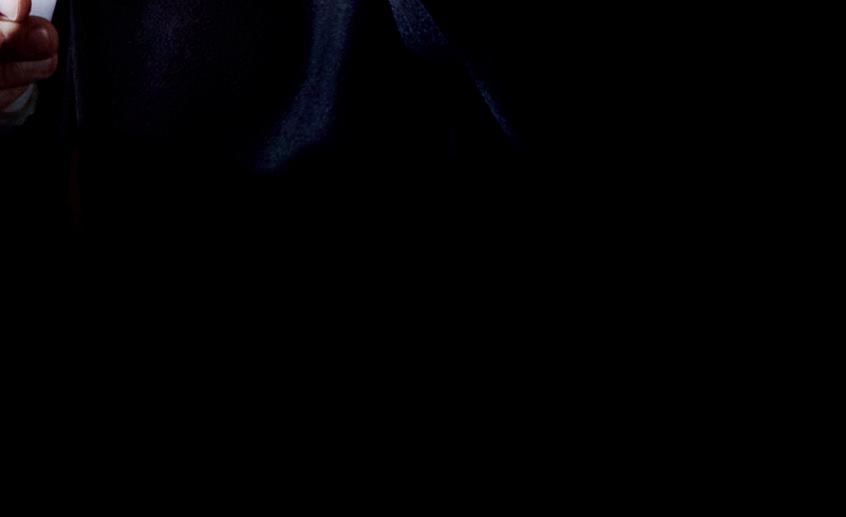
Dubbed by the Irish press as a ‘dark odyssey’, David Bolger directs and choreographs CoisCéim’s latest piece, with two dancers taking to the floor of a surreal hall. Reality and imagination blur while hope and dystopia clash, the dancers carrying on amid a whirlwind of turmoil.
n Assembly Dance Base, 12–24 August, 2.40pm.
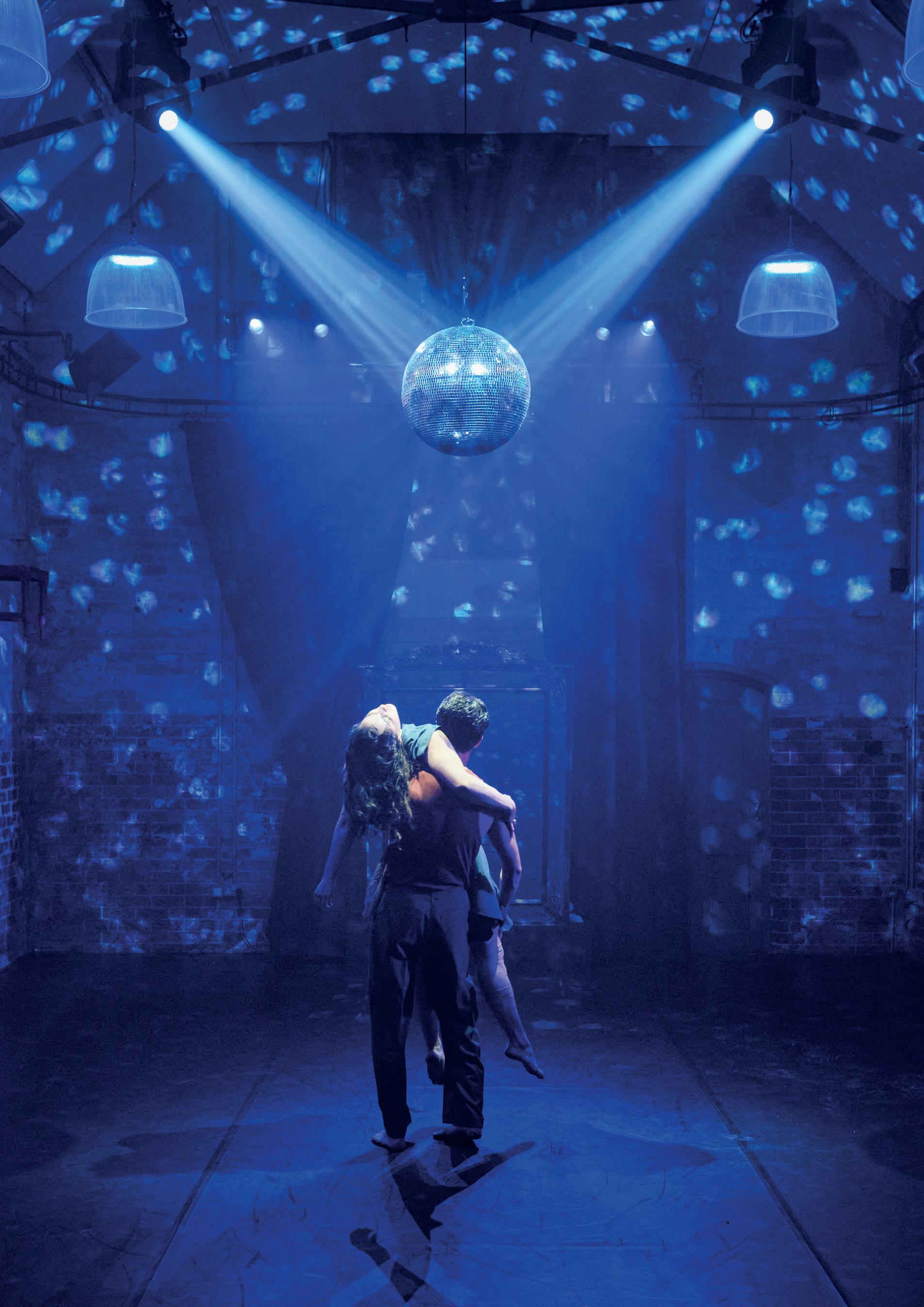
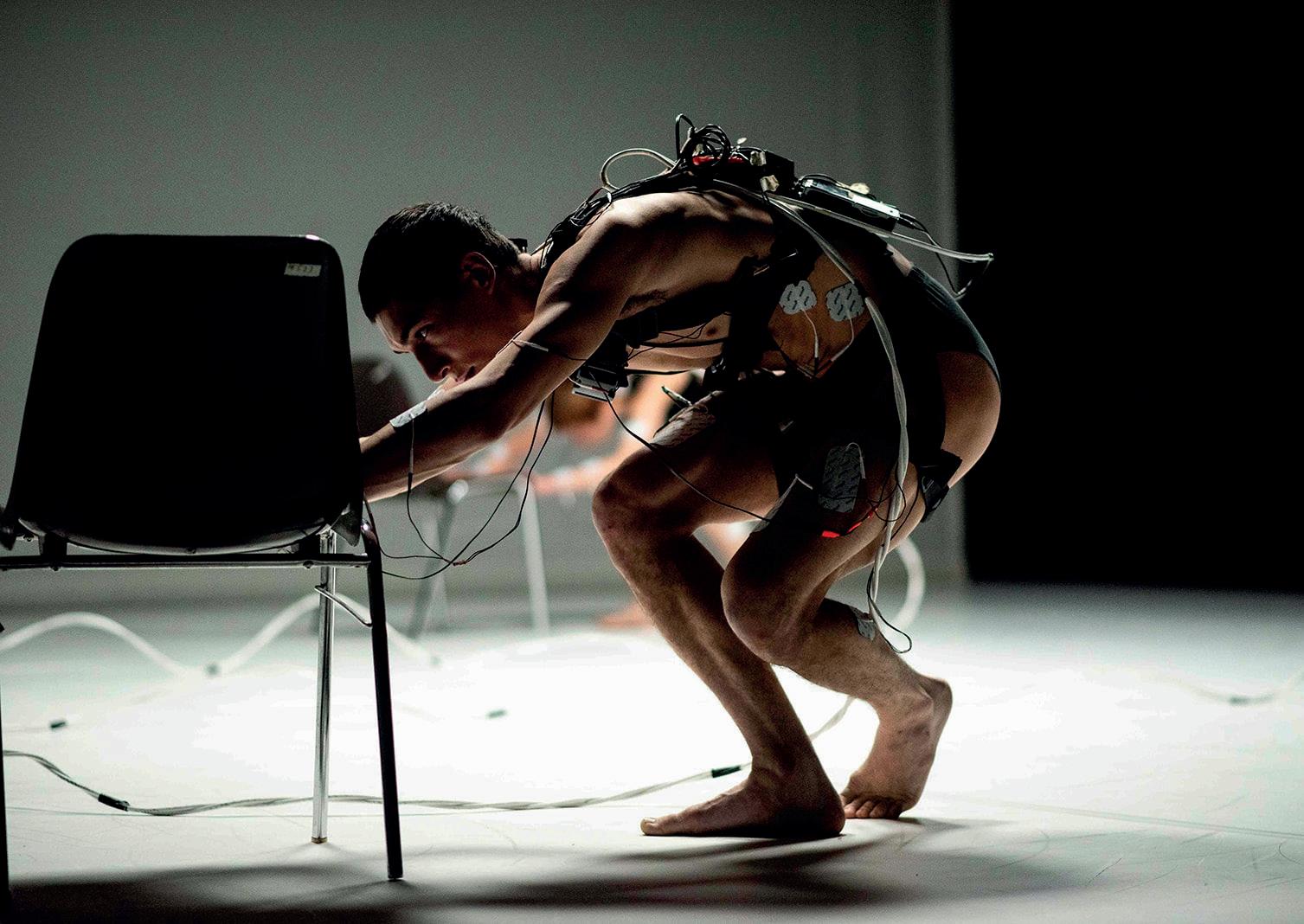
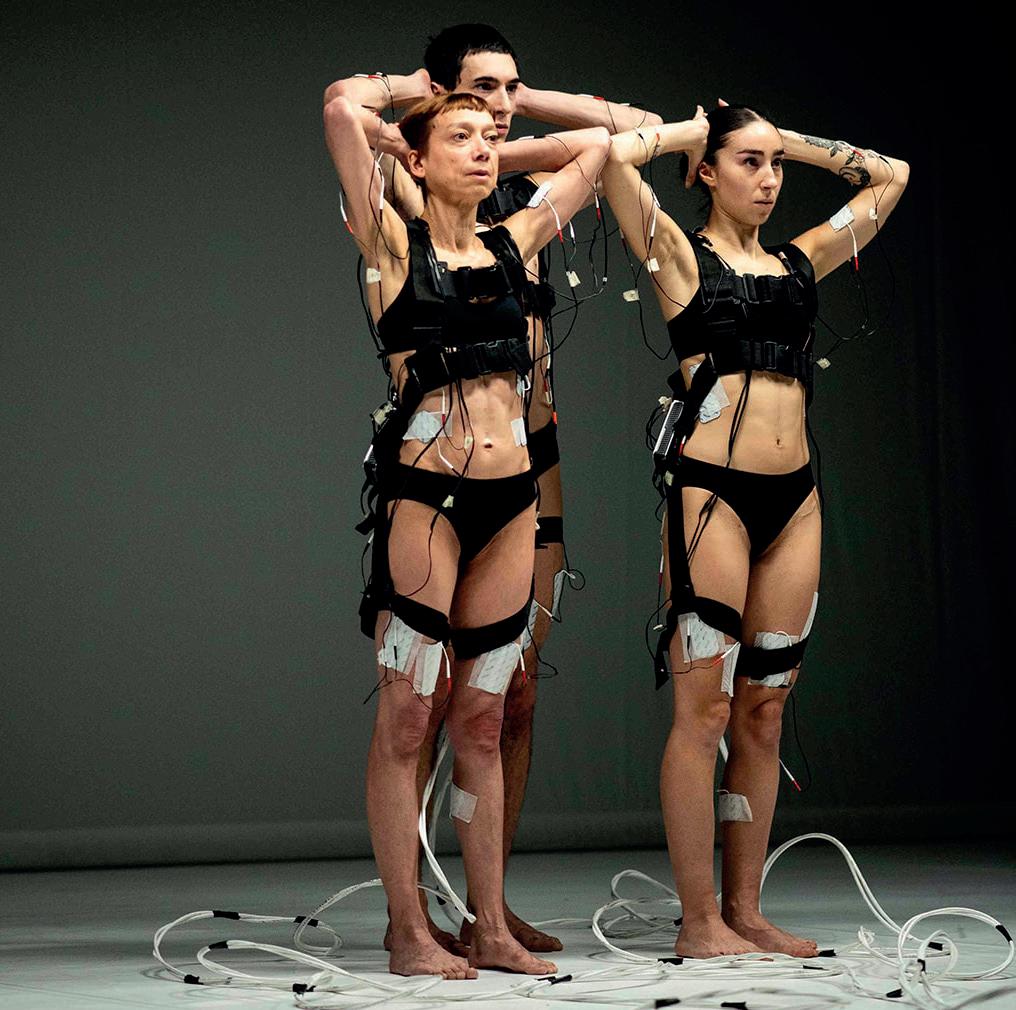
Choreographer Isaiah Wilson’s new piece Score hooks up three performers to electrical muscle stimulators which control their movements. Creative experiment or technological nightmare? He talks to Lucy Ribchester about coding choreography and ‘kinaesthetic empathy’
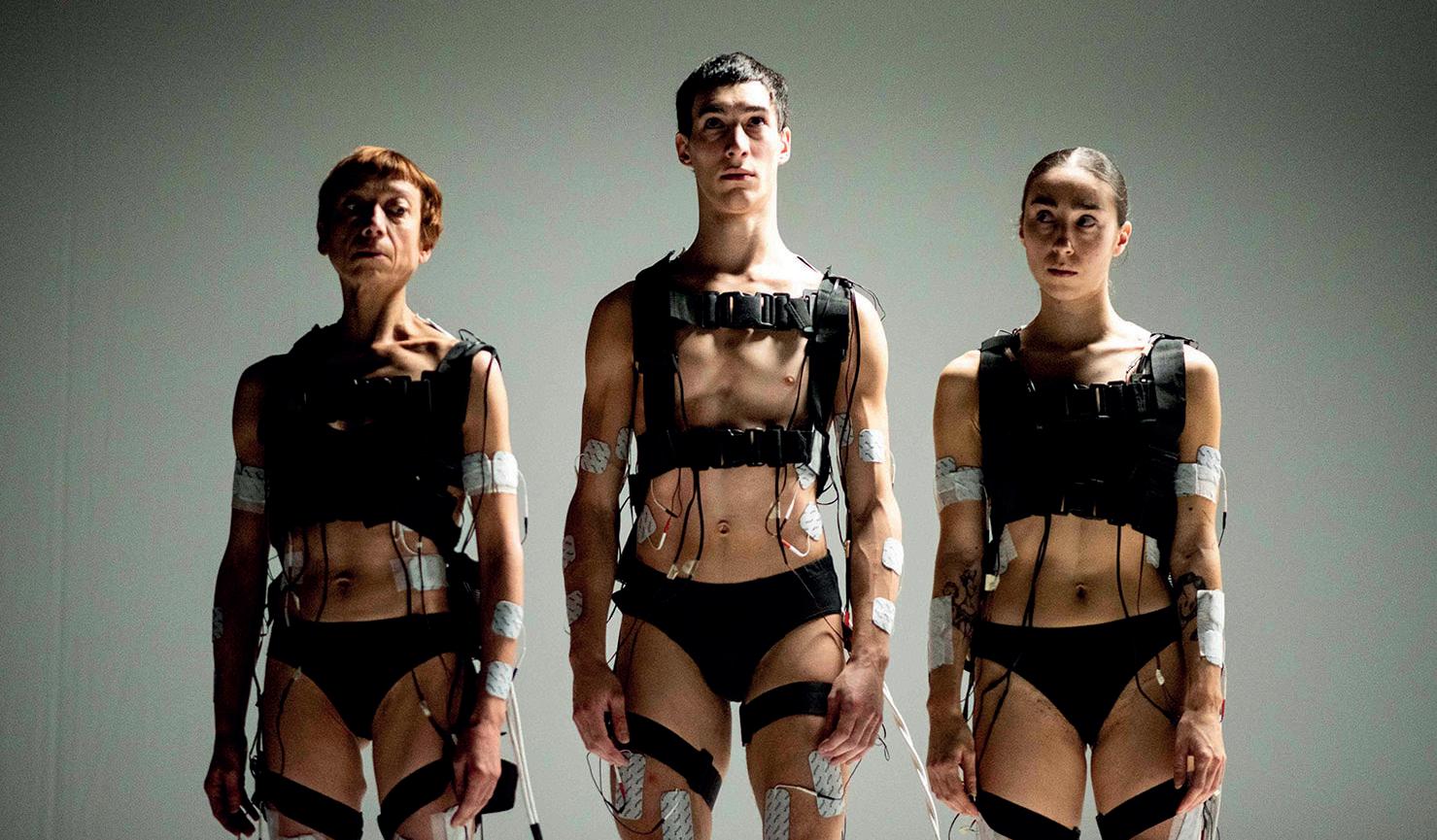
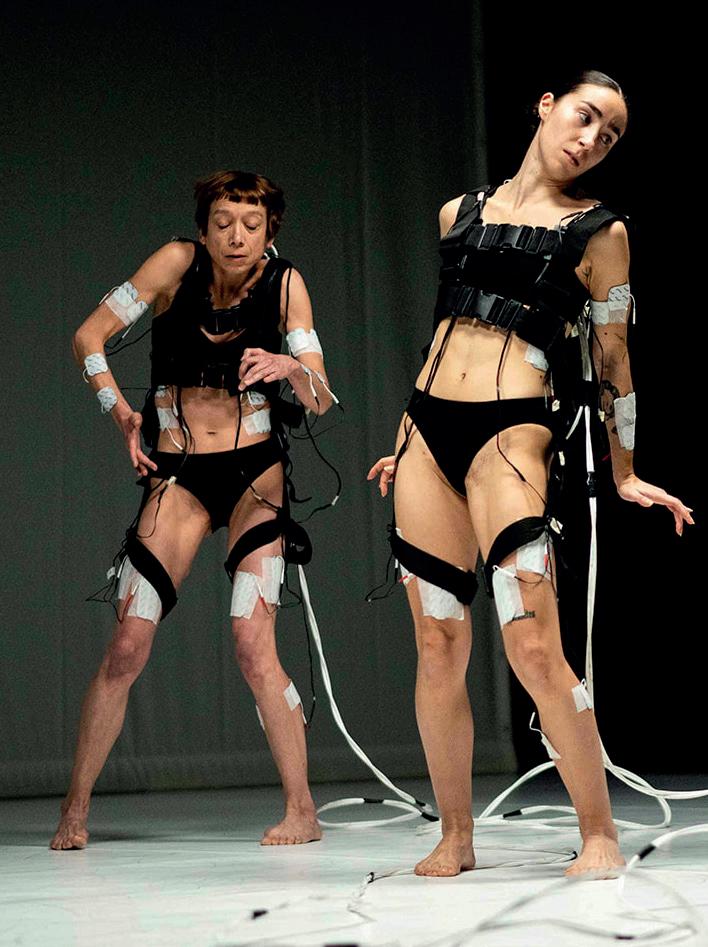
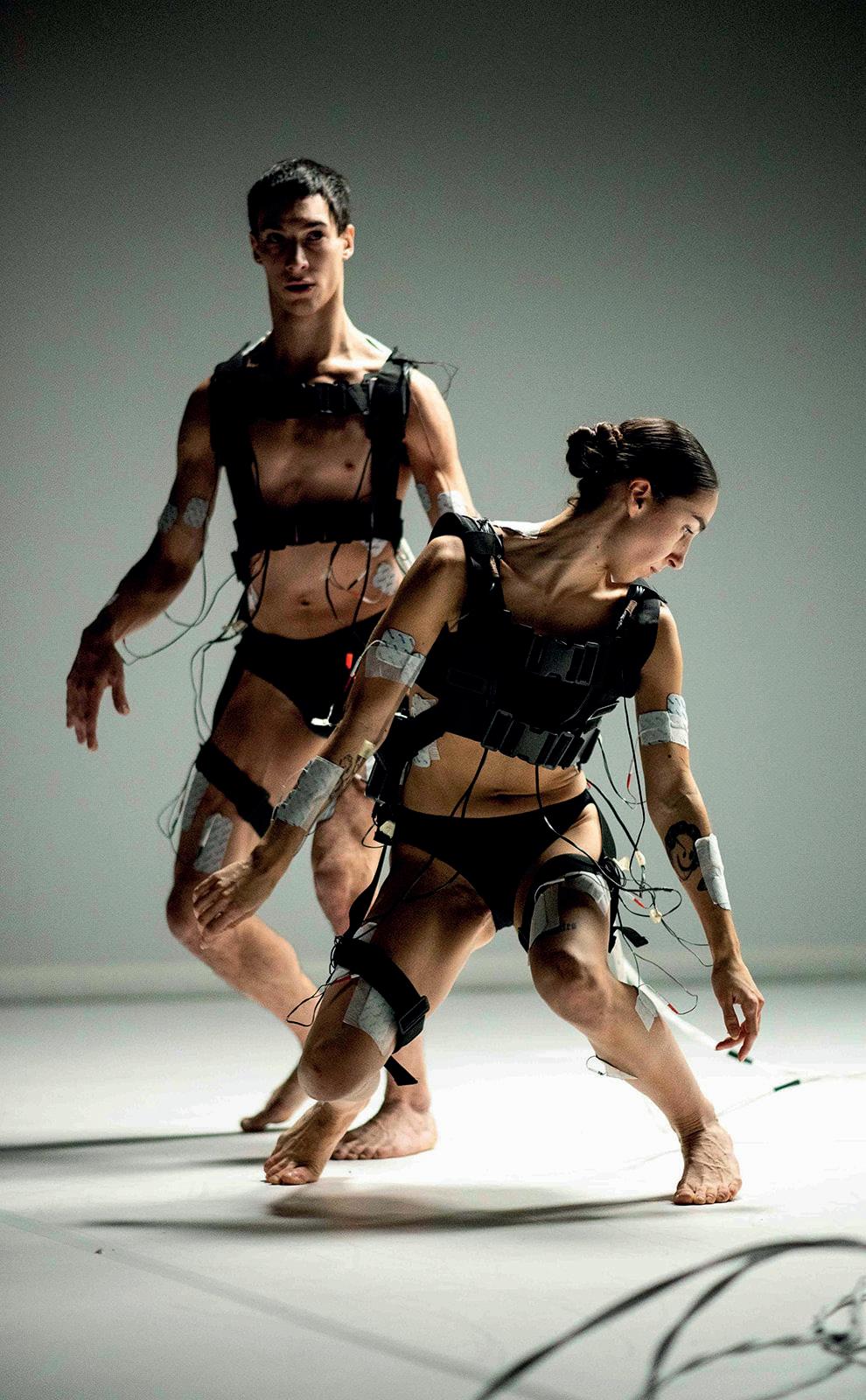
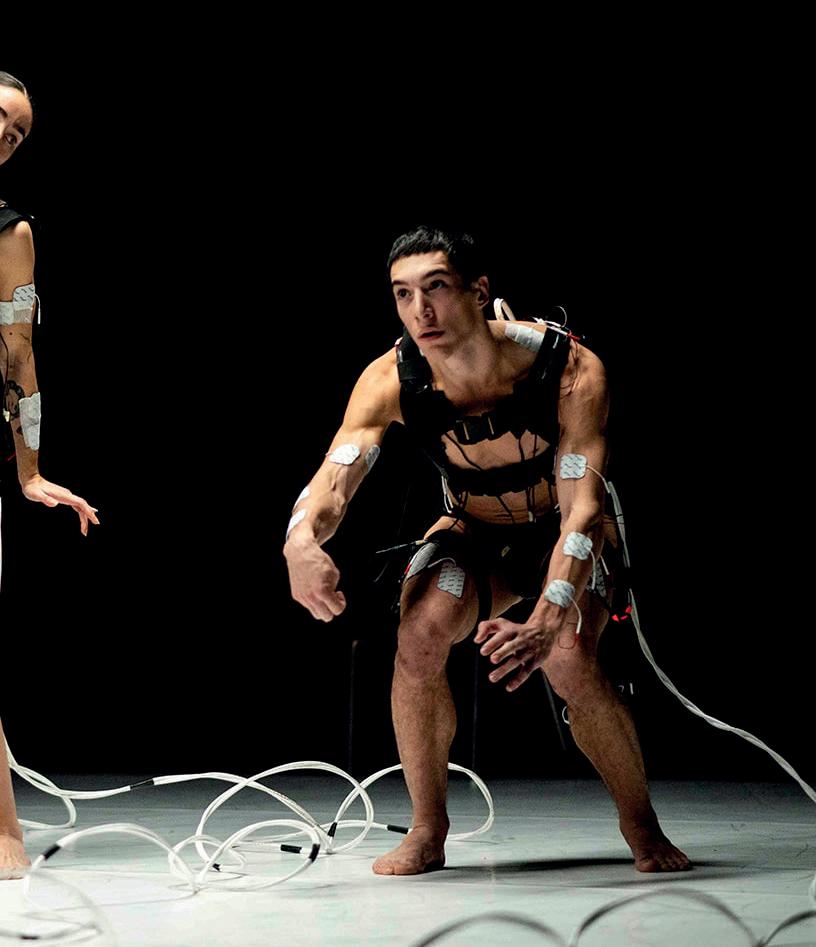
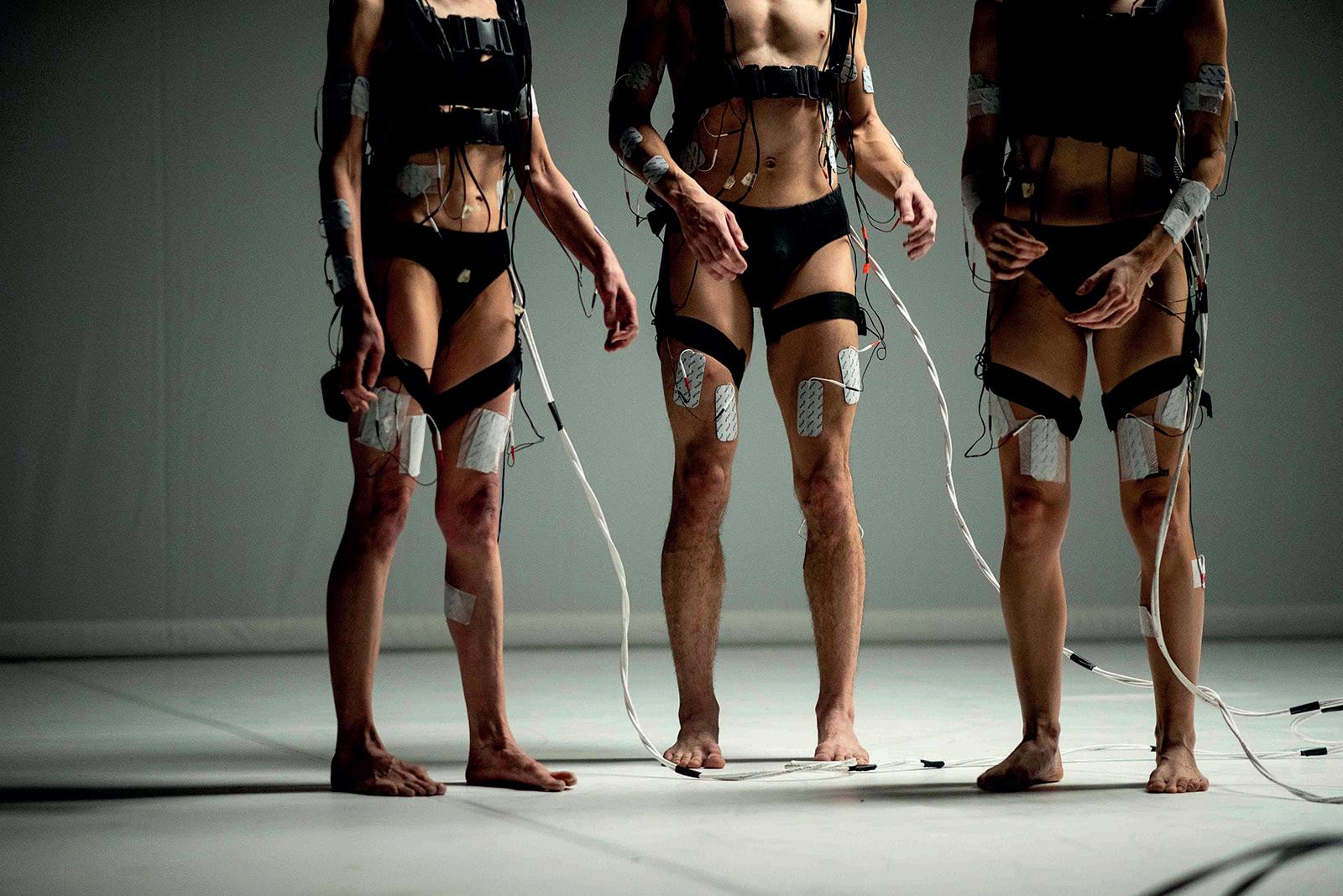

While much of the current debate surrounding technology’s encroachment on our lives concerns AI taking over human thought and creativity, what if instead technology were to take over our bodies, forcing us to move in particular ways? This was the question that came to Luxembourg-based choreographer Isaiah Wilson, when he saw his fiancée using an electrical muscle stimulator (EMS) to ease her back pain.
‘I saw that the muscles were twitching,’ says Wilson over Zoom, ‘and that for me was like “oh wait a minute, the body can move through just electrical impulses?”’ He began wondering what would happen if you scaled that up to involve multiple machines and body parts. ‘And if you could decide to twitch a body part or start moving a body part on command somehow.’
Wilson took the idea to a friend who worked for tech company Velvet Flare (who blend technology and art) and asked if he could code a machine that stimulated 12 different muscles of the human body.
‘We came down to creating a keyboard and a piano,’ says Wilson. ‘Basically we have 12 notes that correspond to 12 muscles, and every note you play activates a different muscle. It became a musical approach of creating code that would translate into immediate muscle stimulation.’
With the help of his friend, Wilson coded choreography into the machines that would pre-determine a set of movements imposed on a dancer’s body throughout a performance. This is where the title of the piece, Score, comes in. ‘It was like a musical composition,’ Wilson says. ‘And also, how do you compete as well? Like, what’s the score that you get from competing against the machine? Who’s winning in the end?’
Facing down the machines are three dancers, whose muscles are sent real-time electronic pulses during the performance,
forcing them to twitch and contract. While the pattern of the impulses (the ‘score’) remains the same for each show, Wilson was careful to make its rhythms so complex it would be impossible for the dancers to memorise; they are always in thrall to the machine’s commands. But that doesn’t necessarily mean they can’t rebel.
‘Of course, you can override the stimulation,’ Wilson says. ‘Like if I would want to open my arm and at the same time it’s contracting. We also play with that. There are moments when they try to resist the impulses.’ The dancers have control over how high they set the electrical charges before each performance, depending on how much they feel their muscles can take. This also determines how much they can push themselves in resistance.
‘Sometimes it’s really deep. You cannot completely ignore it. I mean, there’s one point where they tense their whole bodies, but the body’s still moving, because there’s still electricity moving through it. So you also see the resistance.’
Confining the body in inhospitable conditions is something of a theme in Wilson’s work. As well as Score, his 2024 dance film Submerge saw him performing underwater acrobatics in a completely flooded living room.
‘I always do like to challenge the body in a certain way,’ he says. ‘Because I want the piece to have emotional impact.’ He describes this as ‘kinaesthetic empathy’; the immediate reaction that comes from the audience when they see another body in peril.
‘What I realised is that to fight against injustice, or to fight against something in situation-based dance, generates more emotion because you can identify with the body being at stake,’ he says. ‘I’m trying to push the body into a certain extreme and use it as a sort of instrument to reveal humanity.’
Score, Assembly Dance Base, 12–24 August, 9.40pm.
Black Blues Brothers are crowd favourites at the Fringe and this brand-new show clearly delights the legion of fans packing out the commodious McEwan Hall. The cast do a great job of harnessing this energy, getting the audience on-board right from the start: their claps, whoops and gasps of appreciation fill the space as the five talented performers flip, jump, balance and indeed twist the night away. But they deserve better than the paper-thin premise: five guys miss a train, have a series of slightly misogynistic payphone conversations and dance to songs including ‘Just A Gigolo’ and, ironically, ‘A Little Less Conversation’ (the last thing this show needs is more action). That’s not to take anything away from the five performers, who work their socks off to create some genuinely jaw-dropping moments. A balance on top of a stack of chairs on top of a table is proper heartin-mouth time and the way they create a steam train with a couple of props is equally charming. But the moments between the moments are important too, and the lack of narrative conviction reduces Let’s Twist Again to simply a run of clever tricks that ultimately fail to deliver on the promise of the talented cast. (Jo Laidlaw)
n Underbelly Bristo Square, until 25 August, 3.30pm.
Remember the time David Lynch made quinoa on YouTube? This verdant cabaret, performed by Ruxandra Cantir in the guise of various vegetables undergoing existential crises, could be the logical side salad to accompany a Lynch-made grain. Opening with a tomato’s lament at being the last left in the jar, pivoting through a chanteuse potato, a poet onion and a butch cucumber, Cantir serves us up a surreal reflection of ourselves and our foibles in plant form. It’s The Garden Gang for grown-ups, if Tim Tomato and Oliver Onion accidentally ate a pile of Milly The Magic Mushrooms.
Cantir is an outstanding clown and her work shares a DNA strand or two with Natalie Palamides, ambushing you with silliness, its nonsense often laced with menace. But the satire (an overbearing carrot mother; the self-conscious onion) never really cuts deep enough to go beyond stereotype or whimsy. Still, Cantir’s bonkers originality makes this a dish to savour. (Lucy Ribchester)
n Summerhall, until 25 August, 1.15pm.
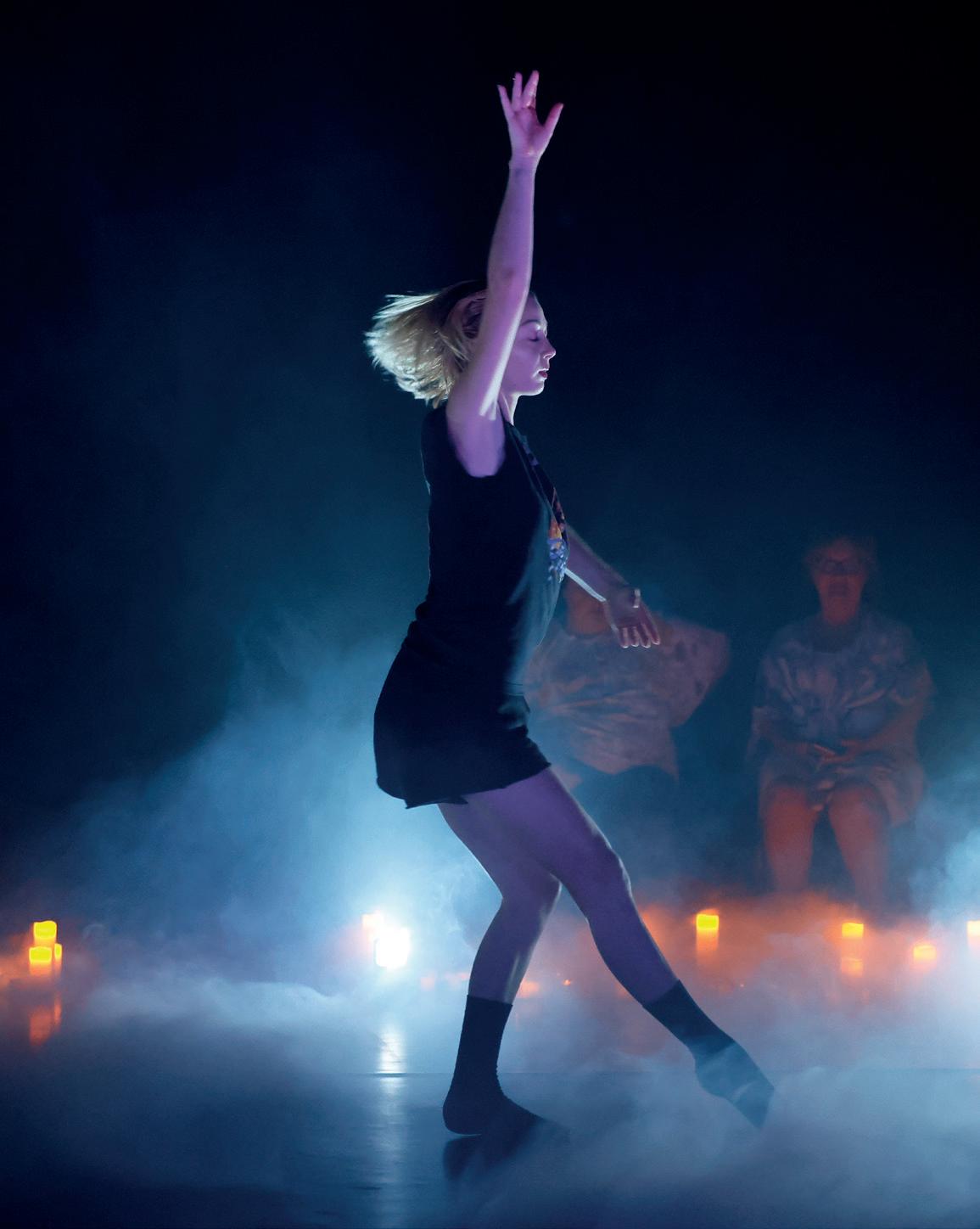
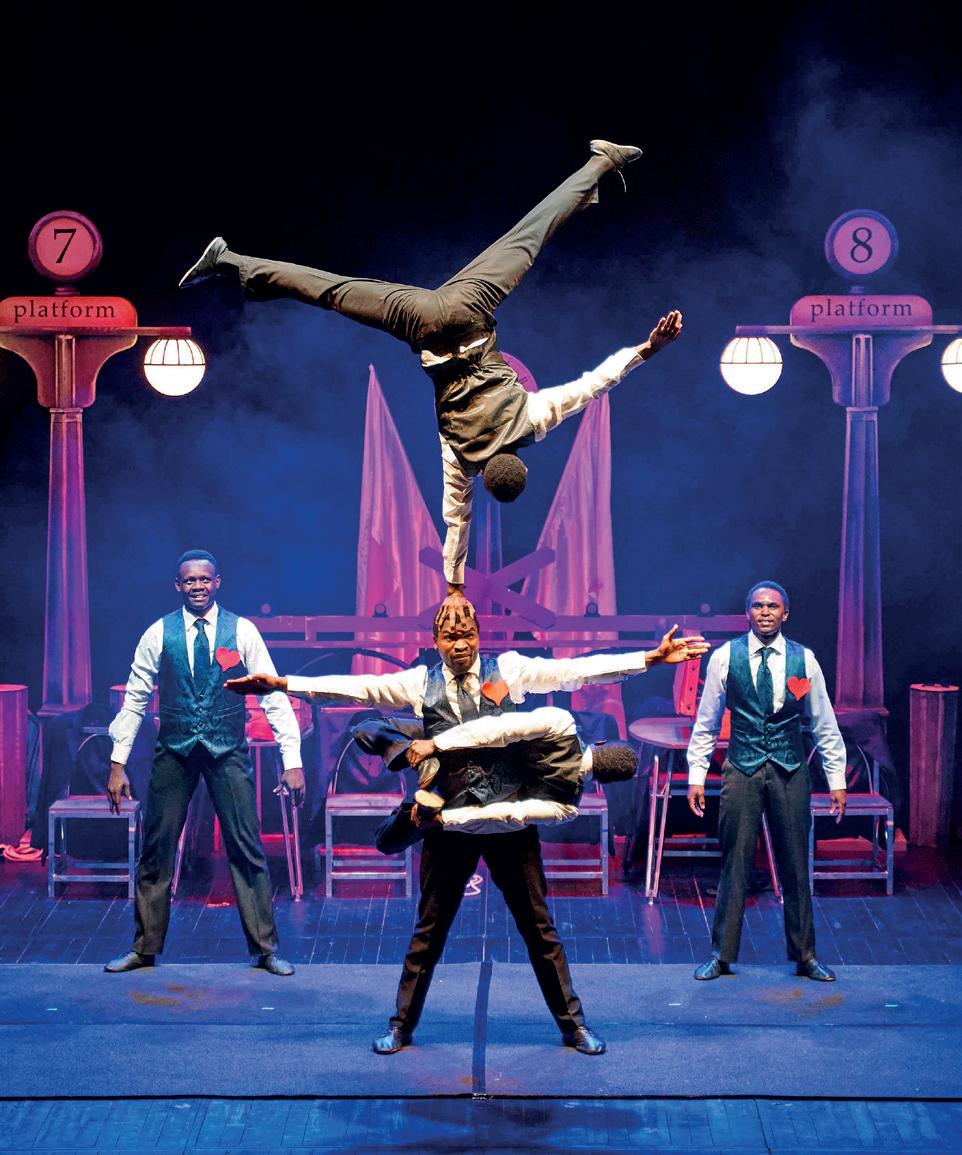
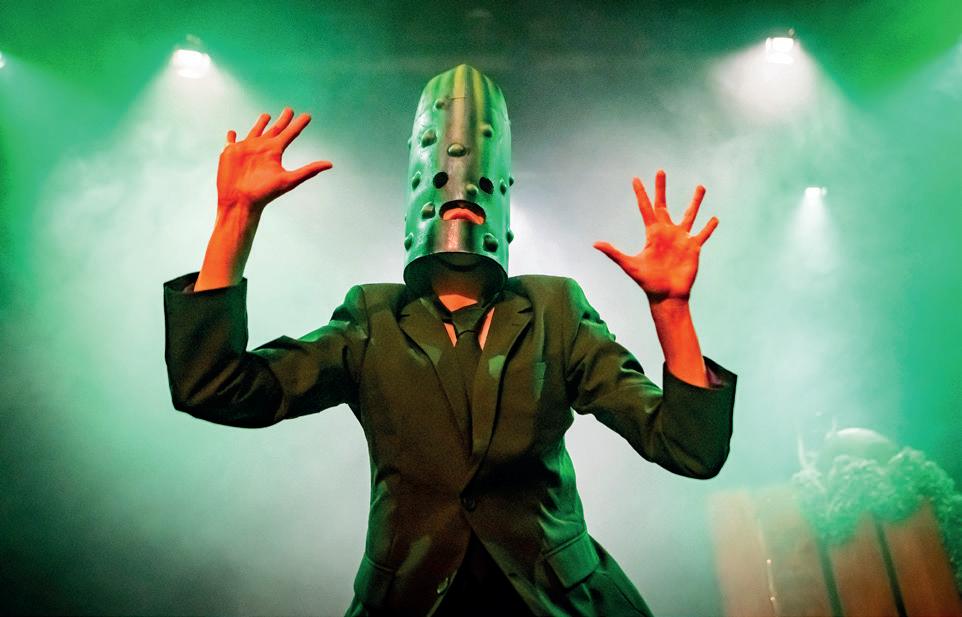
Stepping into a dimly lit room, flickering candles encircle the stage. Above, a skylight reveals a darkening night over the city. There is a gentle romance to the space as virtuoso violinist Christopher Vuk, better known as Blue Violin, steps onto the stage carrying a striking peacock-blue instrument. The first notes from the bow are rich and melancholic, creating a nostalgic sound that fills the room. Soon, pre-recorded beats join in, blending poetic melancholy with the energy of rock’n’roll.
Using a mix of live playing, looping and recorded tracks, the performance explores rock classics (like AC/DC’s ‘Thunderstruck’) but extends far beyond the genre. Movie soundtracks, country, pop, classical ballet and a contemporary worship tune are woven together, mapping Vuk’s journey from classical training to exhilarating covers. Beyond the music, the performance becomes a personal and vulnerable trip down memory lane, tracing moments of Vuk’s life through music.
Accompanying Vuk’s playing is a dancer whose costume and style shifts to match each piece, transitioning from commercialleaning choreography to contemporary and ballet. Vuk’s delivery matches the dancer as he uses his entire body, physically interpreting the music, incorporating choreographed footwork, sweeping movements and occasional vocals.
Among the candles, colourful lights cast the shadows of both performers onto the walls of the room, the striking image matching the sound filling the space. In the interplay of light and motion, mystery is created, inviting the audience into a performance that is visually layered and musically powerful. (Lisa Simonis) n Assembly Dance Base, until 24 August, 9.15pm.
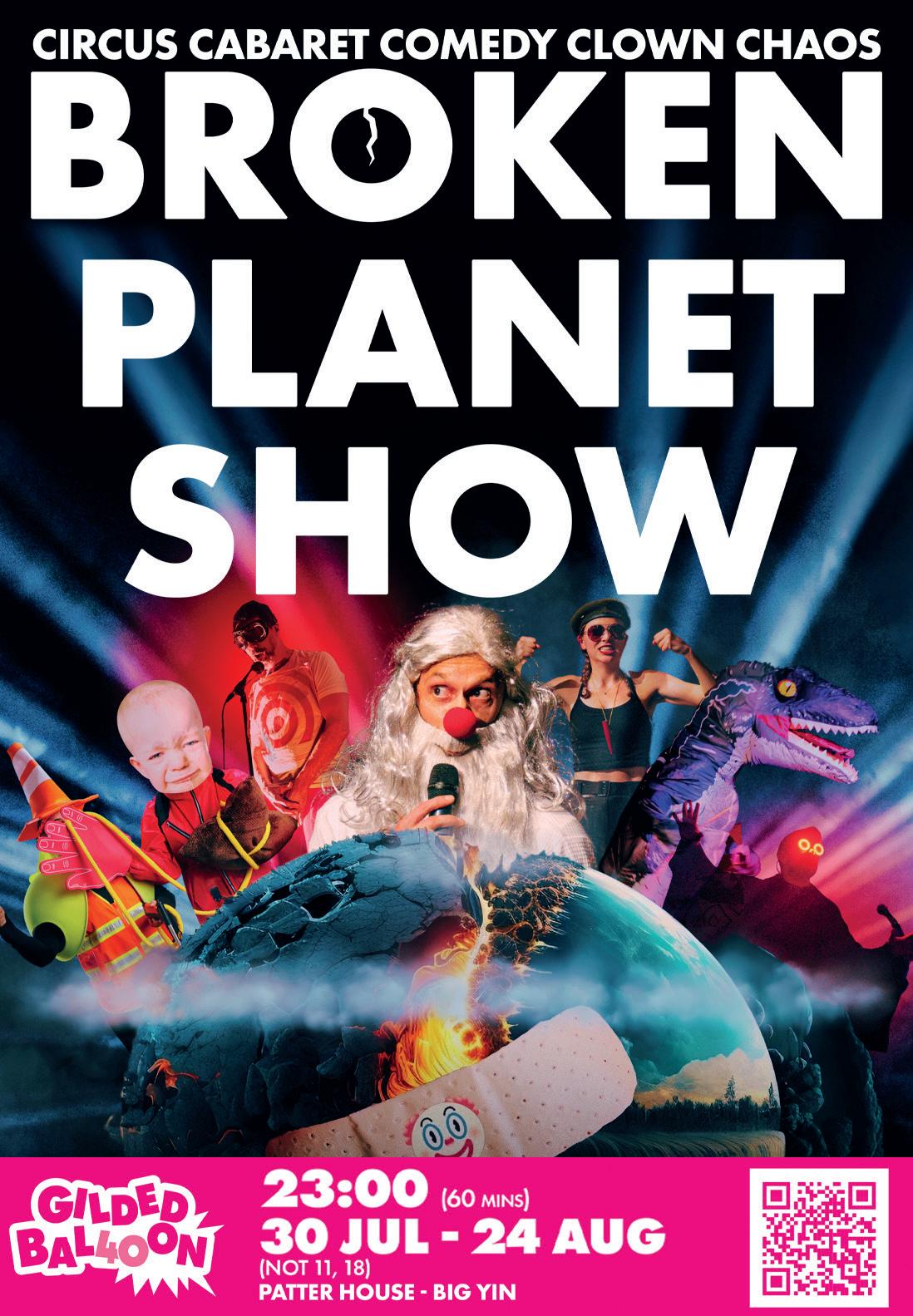

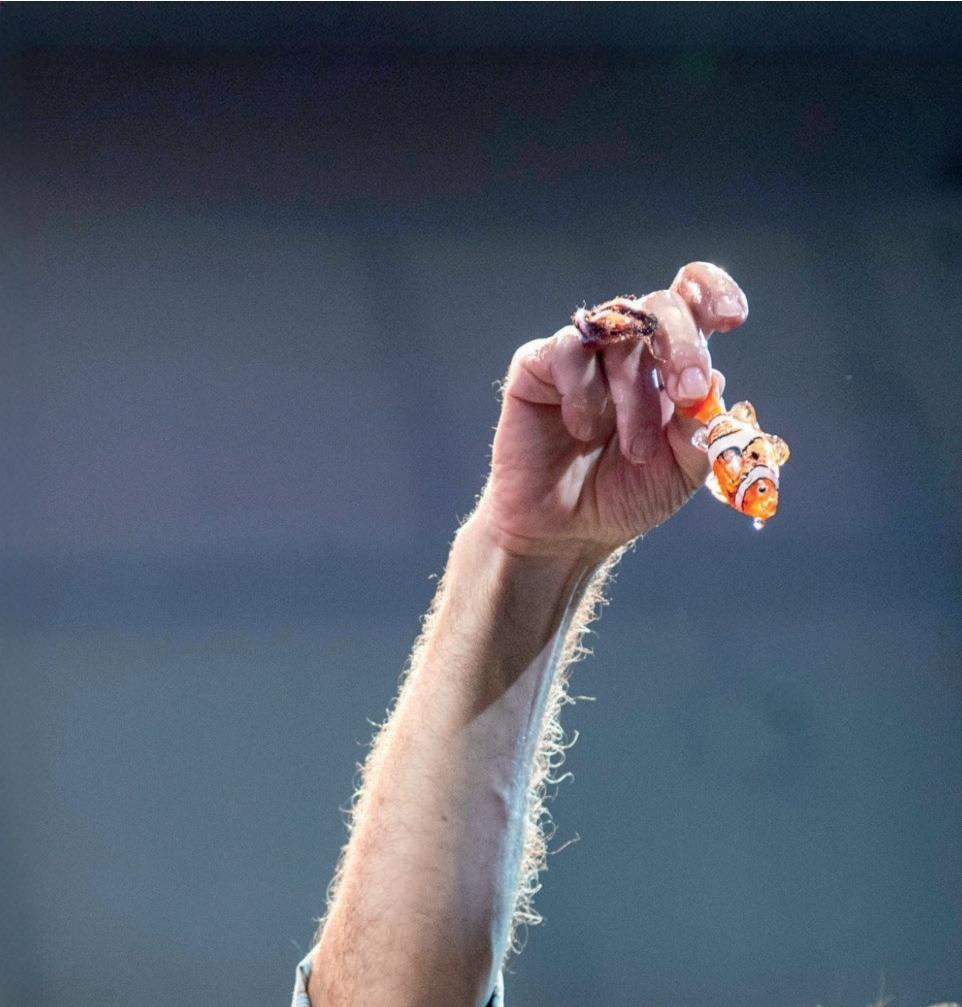
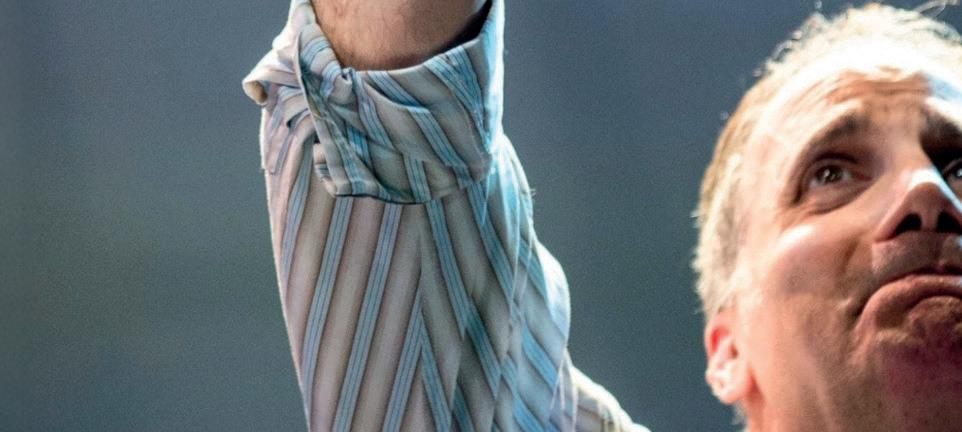

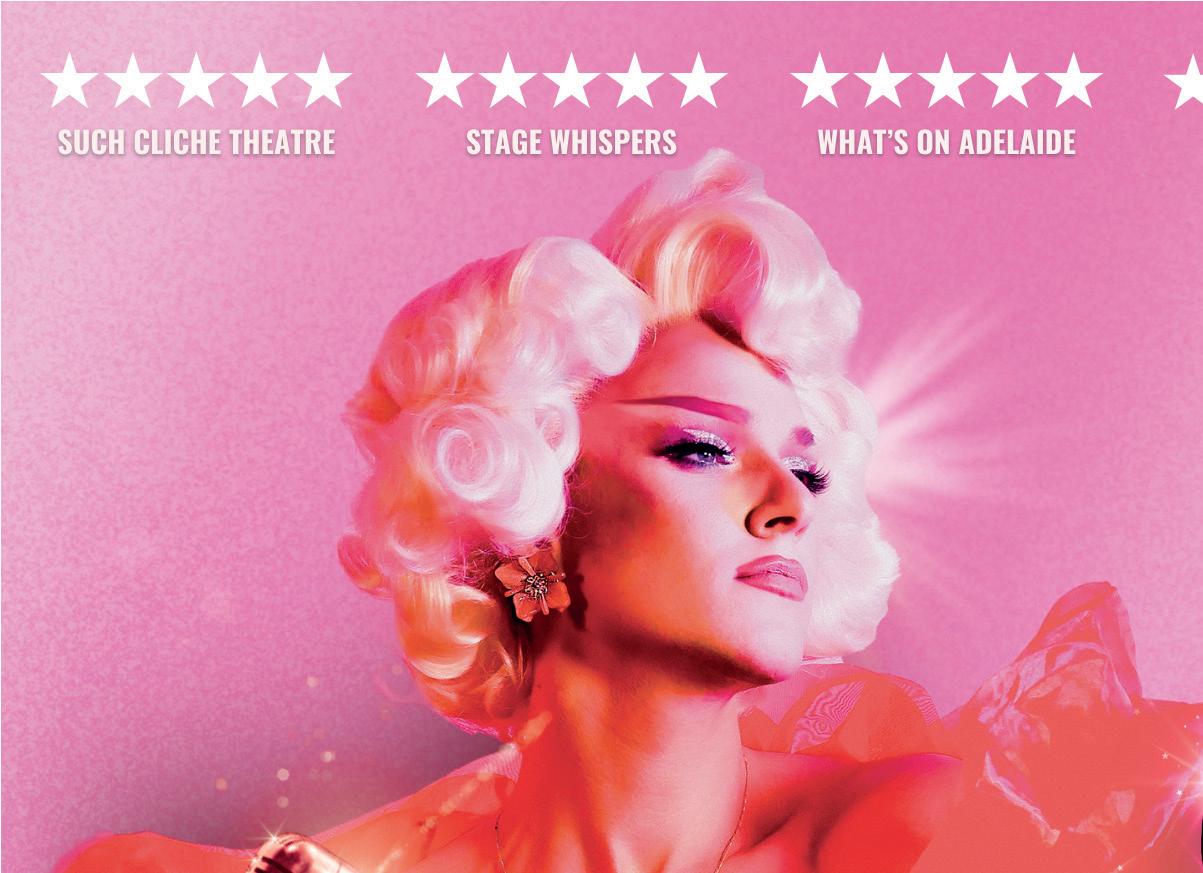

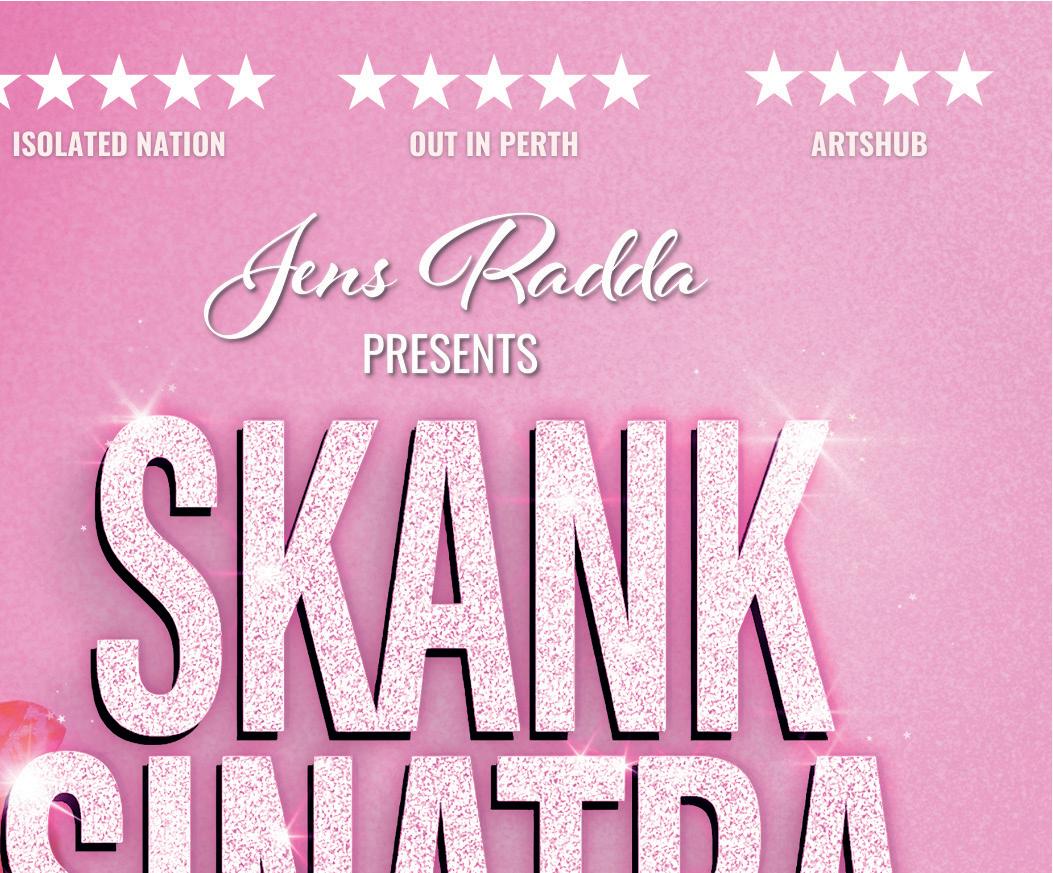
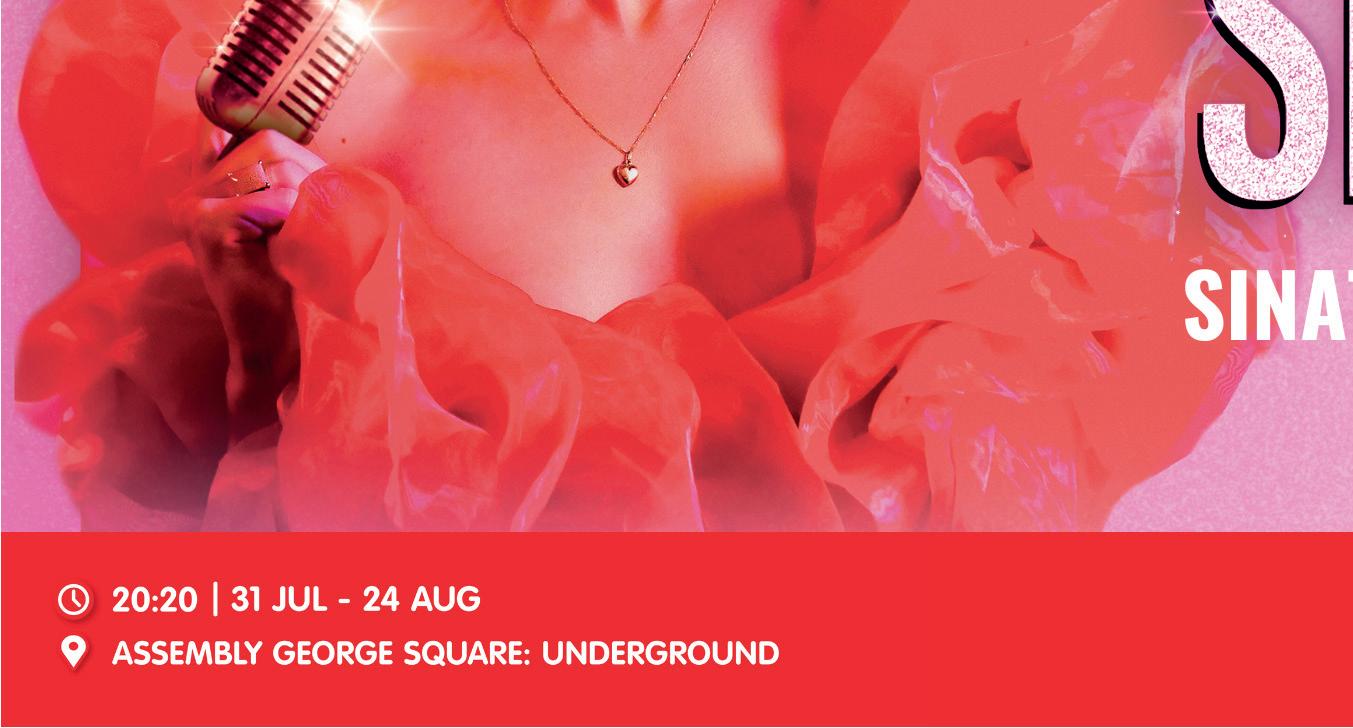
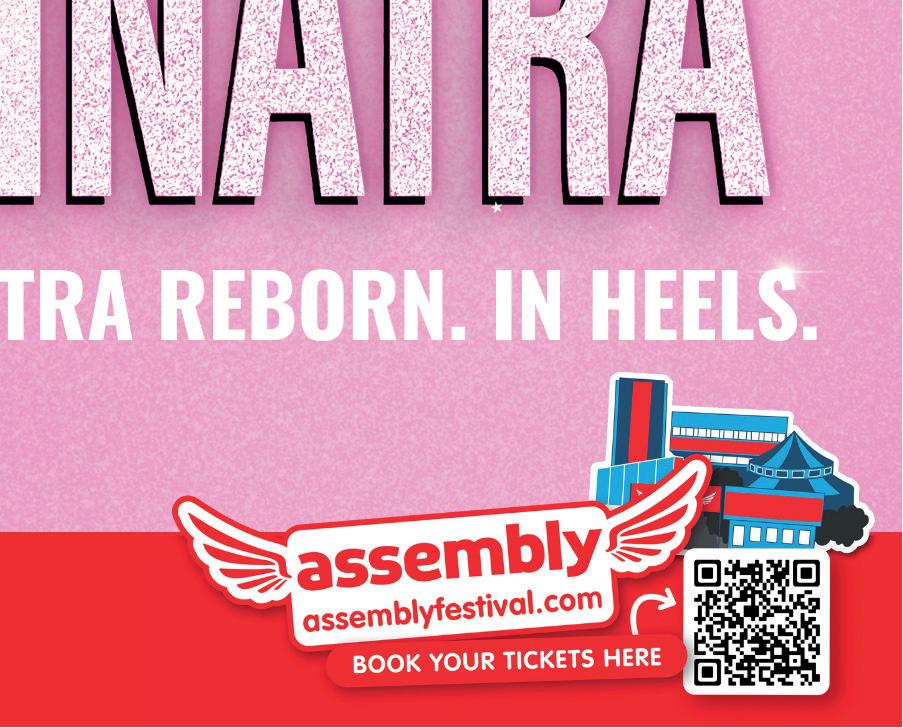

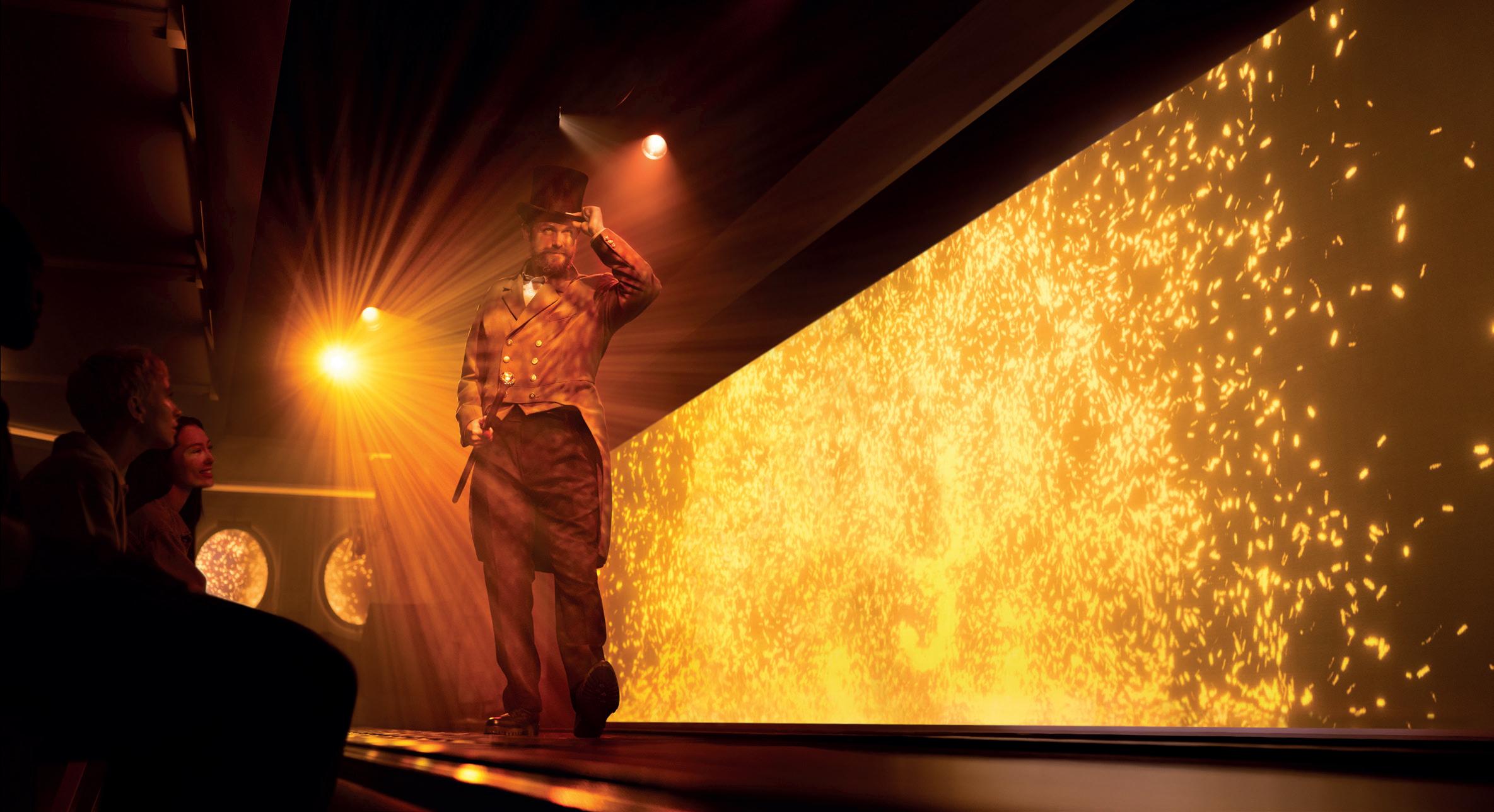
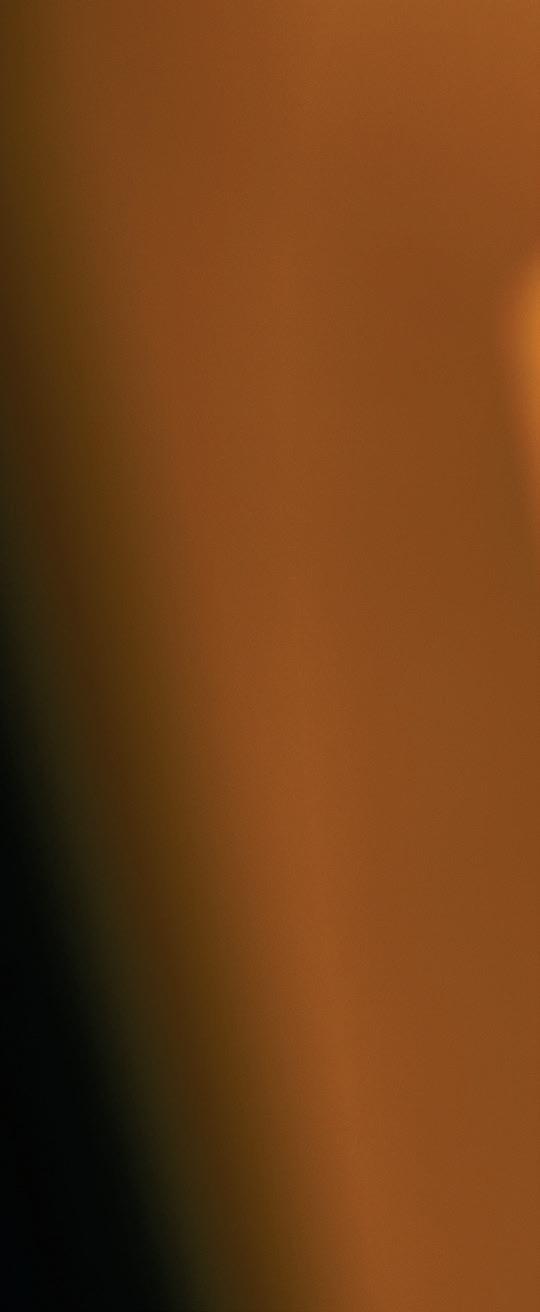
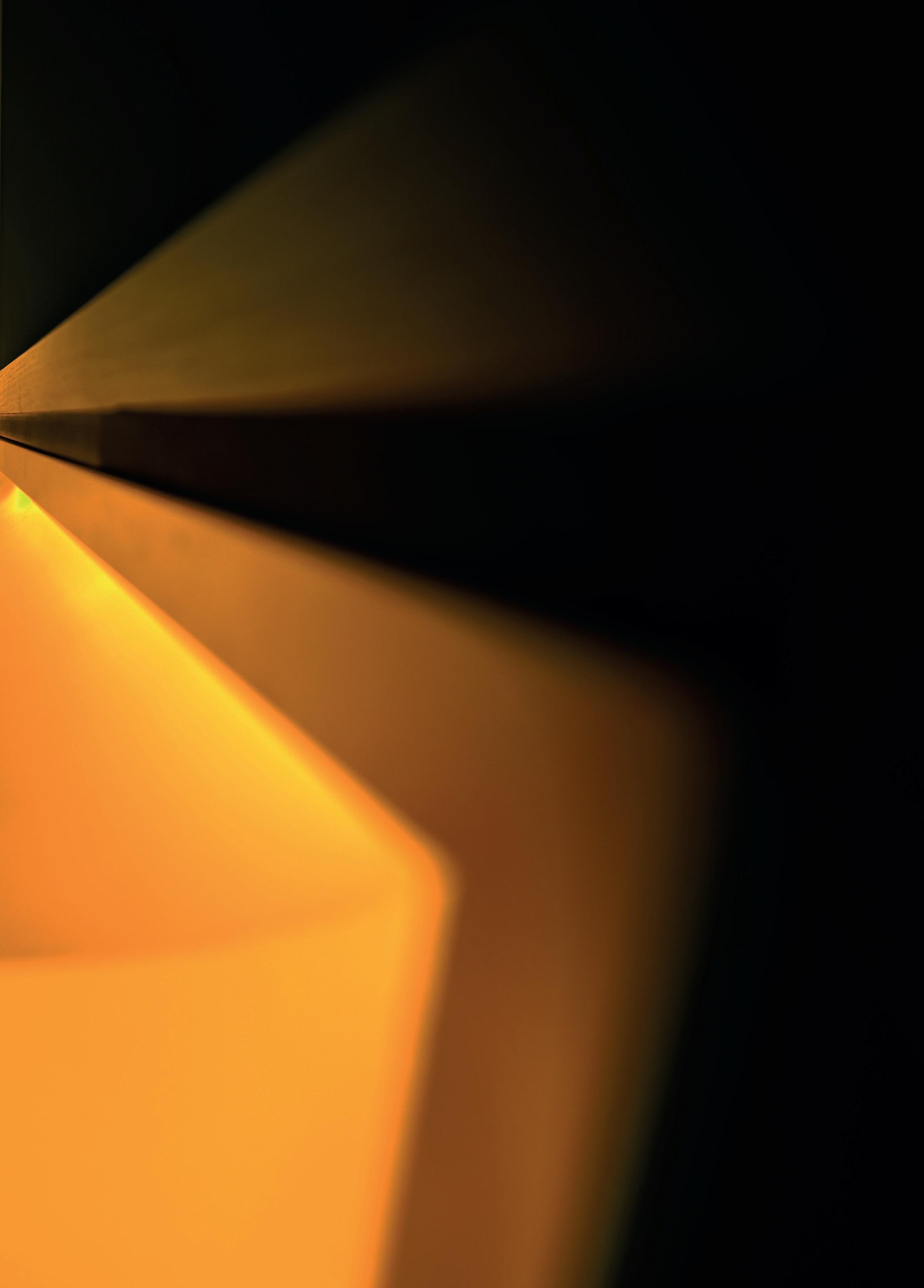
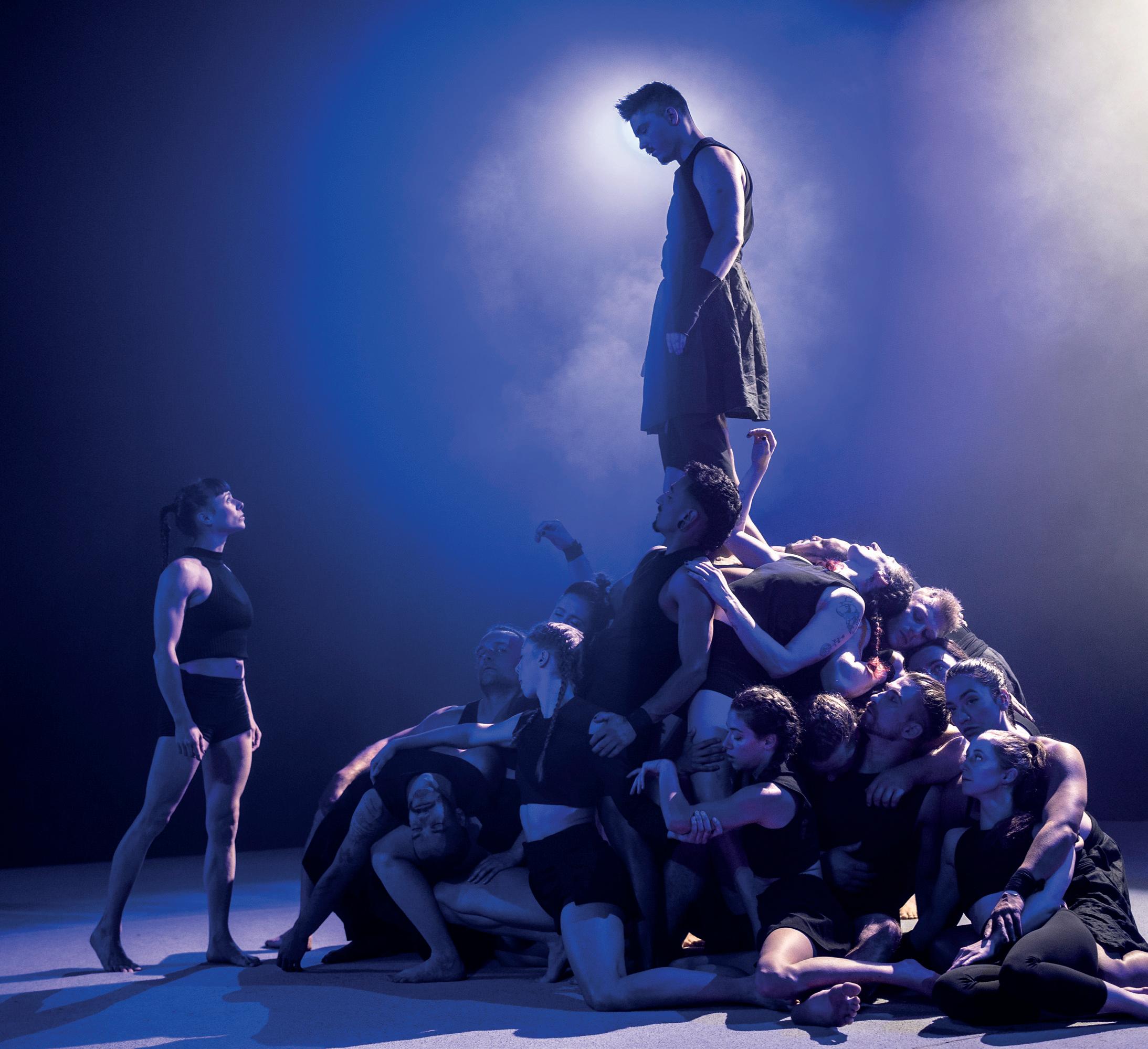
Impressive as Copenhagen Collective’s acrobatic feats are, bringing some fresh ideas to the circus field is a triumph in itself. Lucy Ribchester watches The Genesis in awe and praises a towering achievement
How spoilt for circus we have become at the Fringe, when the first human tower of three which the Copenhagen Collective build in The Genesis barely draws a gasp. The bar is high for August acrobatics in Edinburgh, raised by companies like Circa and Gravity And Other Myths, both of whom have now made the shift from the Fringe to the International Festival. But what the global plethora of circuses, all with elite acrobats, have created is a culture that is constantly pushing itself, always evolving, and striving to dream up more challenging and impressive feats, both in virtuosic flashiness and in texture and grace.
Copenhagen Collective, a relatively new company, announce themselves with a bang in The Genesis which combines jawdropping stunts and carefully choreographed beauty. The cast is made up of 17 acrobats: practically a circus chamber orchestra, and a huge number of bodies to move around on stage in multiple dimensions and at varying velocities. But choreographers Patrick King, Johan Silverhult, Daniel Gulko and Britta Oling have attacked the task with endless creativity, originality and curiosity for the shapes, tangles and patterns a group of bodies can make.
We see sequences of synchronised flips, jagged asymmetrical balances (with one acrobat lifting two others in different directions at once), lifts and plunges that flow like liquid, and leaps that feel as though they have never been performed quite like that before. The co-operation of the group is astounding, particularly when things go slightly wrong. Their contingency plans, and the focus and care they show for each other are almost as marvellous to watch as the actual acrobatics. Itʼs physics and anthropology in motion at the same time.
Sometimes the cast work together to make enormous fourtall pillars from which one performer plummets, or a human trampoline for another to bounce off on their way to a higher human tower. At other times they pulse in a circle, squaring up to each other in pairs in the centre, in video game-style combat battles. But this show’s greatest achievement is the ingenuity of its imagery. One acrobat balances on her hands on another’s chest as he backbends, while the backbend itself is echoed in chorus by other cast members. When, towards the finale, two human towers collapse in slow motion it’s like an optical illusion. Here is circus that can still awe even as it moves with the times.
The Genesis, Assembly Hall, until 25 August, 12.30pm.
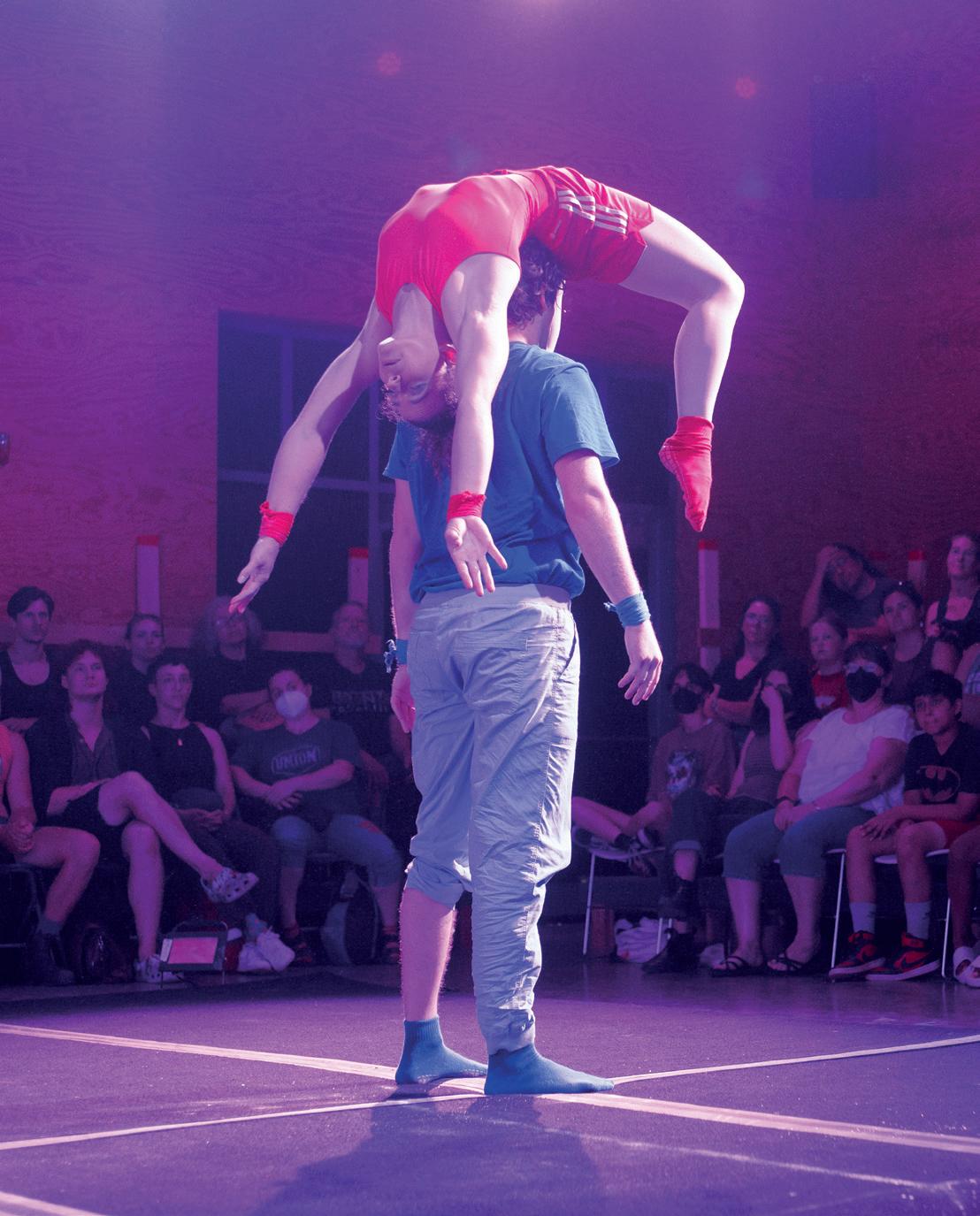
Circus arts still carry a whiff of mystique. Usually audiences are expected to be reverent and silent (unless clapping) for the superhuman feats on display. Certainly it’s rare for a performer to enquire whether we’d like our juggling smooth or jerky. So that’s precisely what makes this affable and chatty show from Full Out Formula (performed by Sierra Rhoades Nicholls, Kevin Flanagan and Liam Bradley) so unexpected and entertaining.
The Chicago-based trio open I Think It Could Work by asking individual audience members a series of questions, ranging from ‘pick a number’ to ‘how do you like your eggs?’. What on earth could they be plotting? The answer becomes apparent soon enough as they launch into a routine incorporating the audience’s suggestions. This is improv circus; we are invested and implicated, and our input can make life easy or difficult for the acrobats. It’s an innovative concept and paves the way for a hearty blend of tricks and clowning, particularly in an extended middle section when each performer takes turns to showcase their skills while we are asked to tweak their act. How sadistic do we want to be? How sadistic do they want us to be?
The show does have a hint of workshop games to it, and there are sections of filler (a pointless round of musical chairs, for example). But when they hit the right note (and believe me, you’ll never look at an egg the same way again), this is a fresh and playful approach to circus, with oddles of personality.
(Lucy Ribchester) n Zoo Southside, until 17 August, 5.30pm.
Brazilian choreographer Lili de Grammont presents a double-bill of work from the São José dos Campos Dance Company, laced with drama and propelled along with kinetic flow. In Voyeur, a diagonal line of dancers sits bisecting the stage, wearing boxy, cropped suits. At first they stare at us, then turn their gazes on each other, as they pair off in confrontational duets. Sharp straight limbs and pointy joints alternate with clinging webs of bodies coiled around each other. There is an undertow of menace, which erupts from time to time as the watching dancers suddenly burst into applause, or as one partner grabs the face of another. But despite the intensity with which the cast attack the choreography, overall it feels nebulous, like there is a puzzle piece missing. Samba And Love continues the same purposeful movement style but is similarly enigmatic. Here the dancers wear soft neutral colours and the music oscillates between industrial noises and samba drums. There are angular sequences, smooth capoeira roundhouse kicks, and once again the choreography rolls and flows from one segment to the next. However, the point of the piece never really rises to the surface, despite a lip-synced speech on burnout. It feels as if we are moving in circles rather than forwards. (Lucy Ribchester) n Assembly Dance Base, until 24 August, 1pm.
Diana Salles’ searingly personal show explores how it feels to ‘kill’ your former self and leave your assigned gender behind. Along with some spectacular costumes, Salles calls on an impressive repertoire of circus skills to tell her story, using silks, aerial hoop, dance and mime; it’s a lesson in how the form can develop, drive and ultimately carry a story. That’s not to say it’s all an easy ride; Salles doesn’t sugarcoat her pain and one or two sections are difficult to watch. A closing monologue, when she brings us up to date about how she feels about her former self, creates a sense of closure, pride and much-needed peace; perhaps including some of this earlier would have unified the dramatic arc. But there’s no doubting the authenticity and artistry on show. Salles leaves nothing behind in her performance or message of redemption, self-love and hope. (Jo Laidlaw) n Summerhall, until 24 August, 3.05pm.
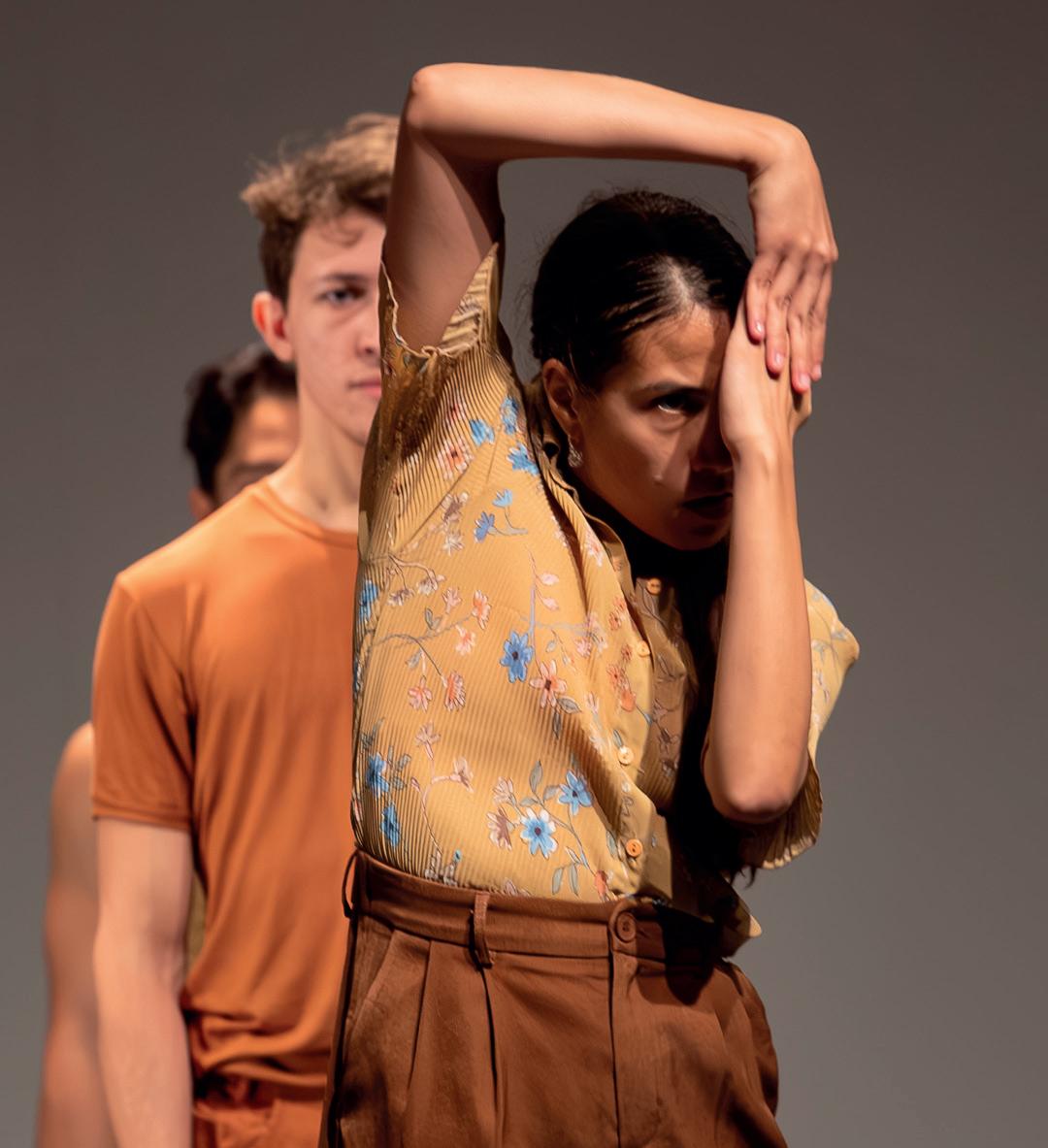
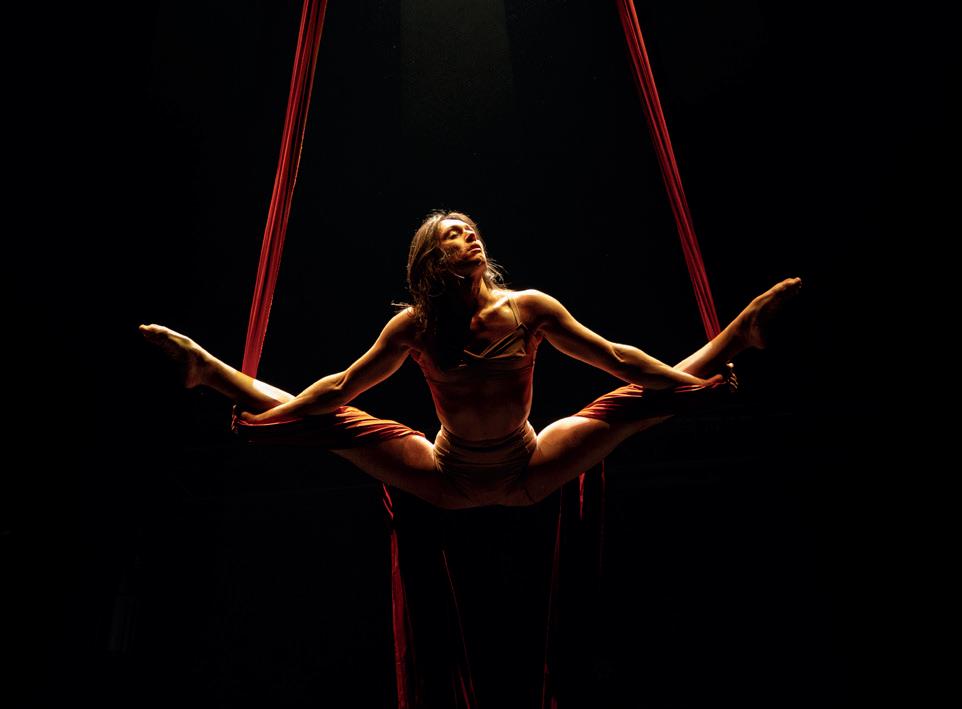
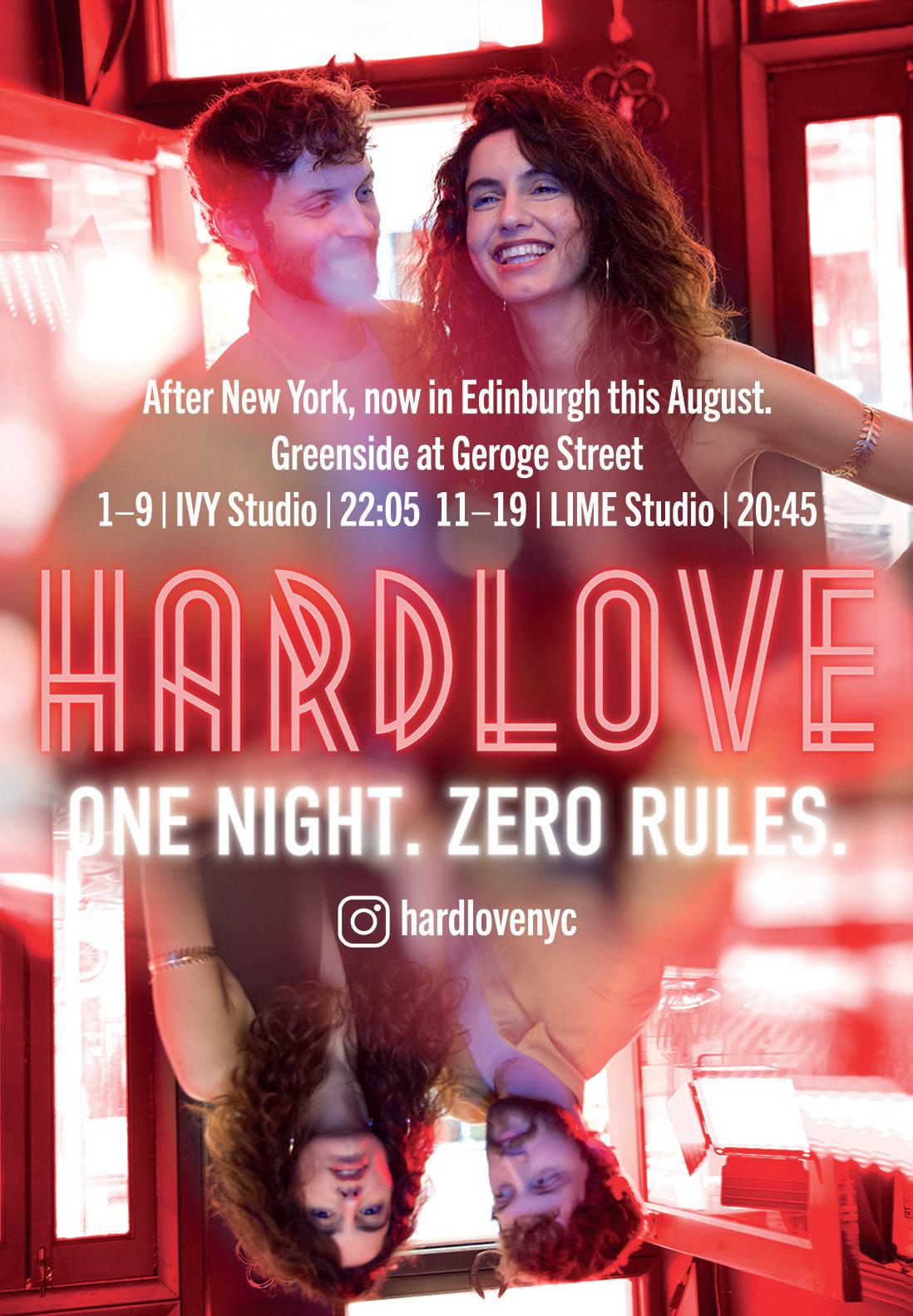
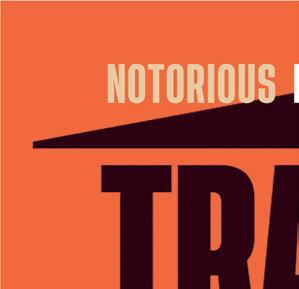
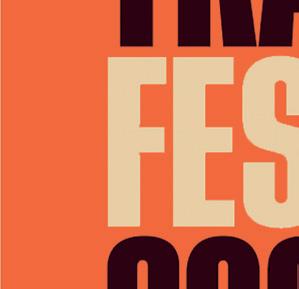
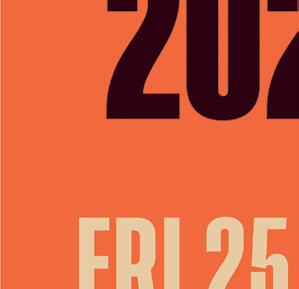
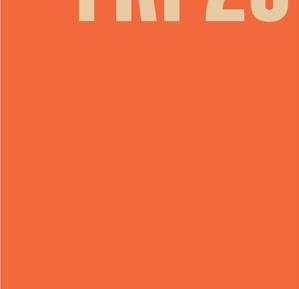

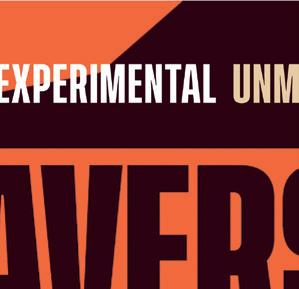
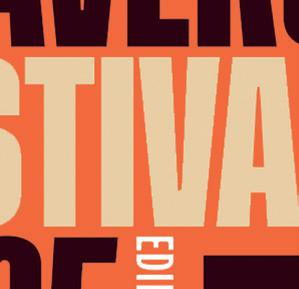
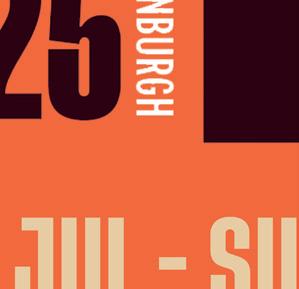
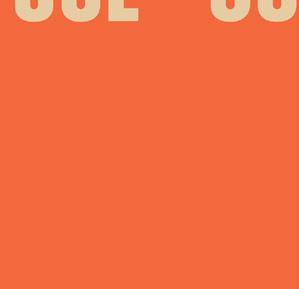




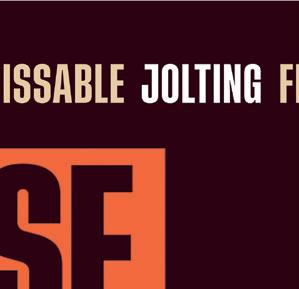
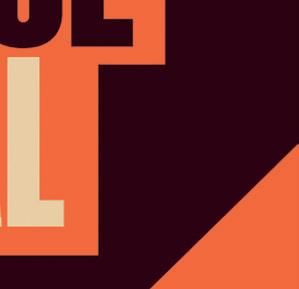
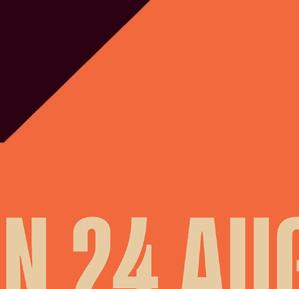
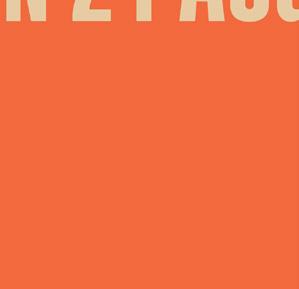
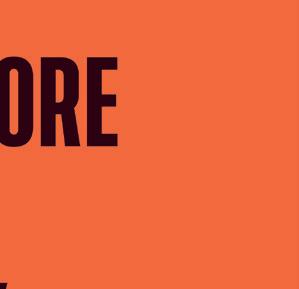
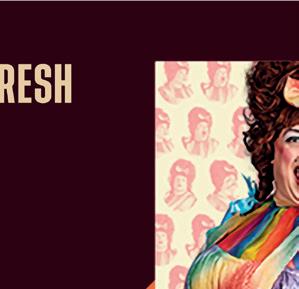
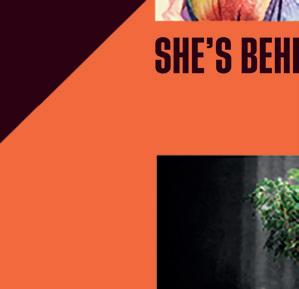
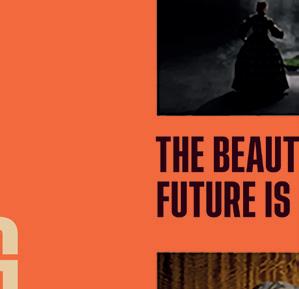
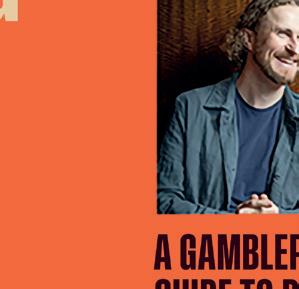
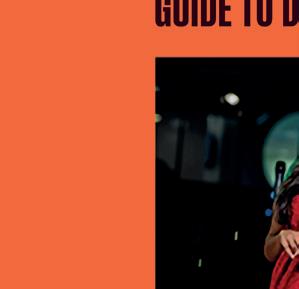


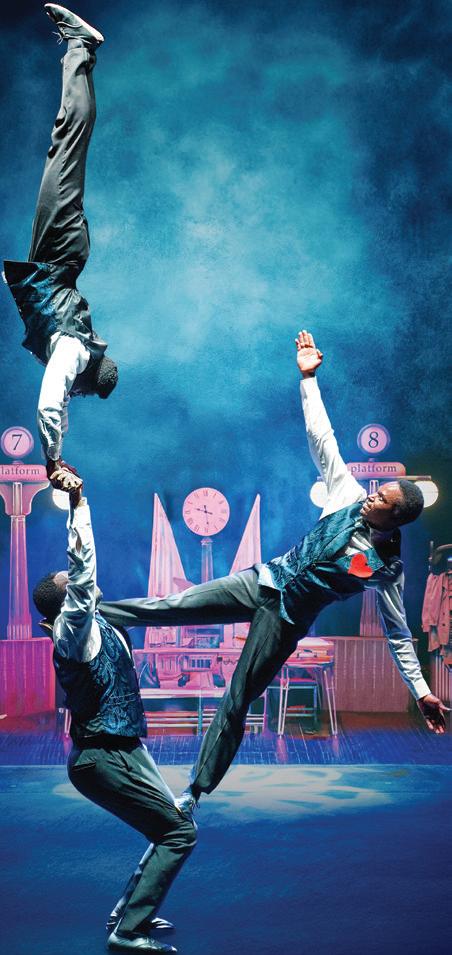
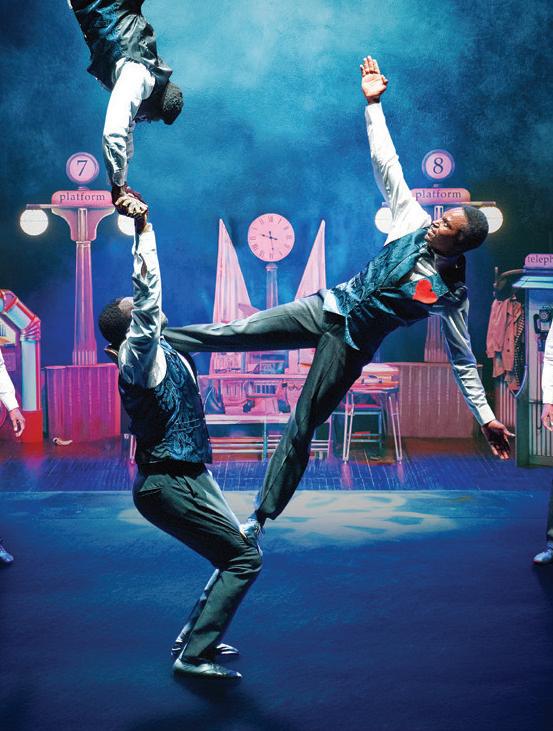

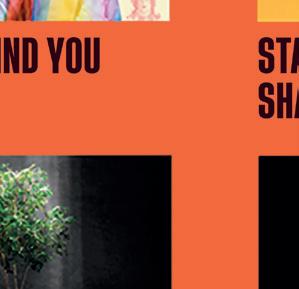
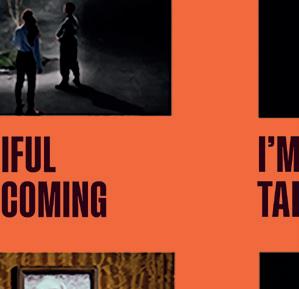
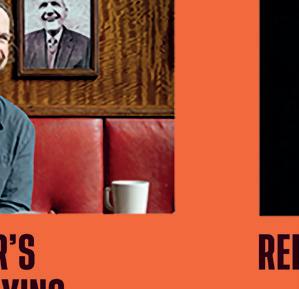
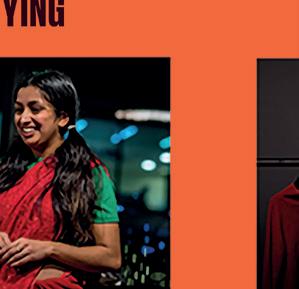

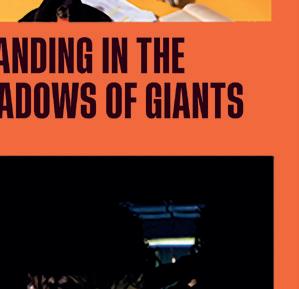
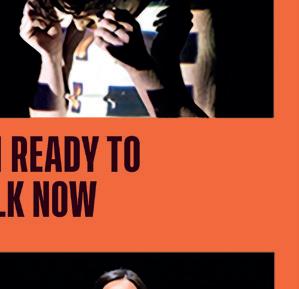

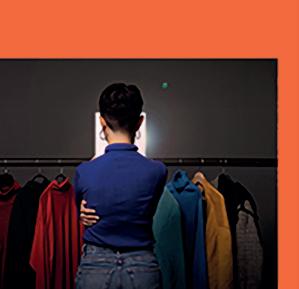


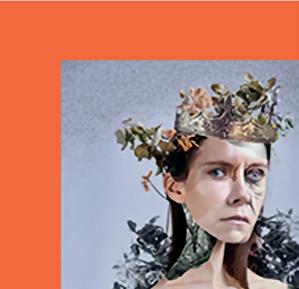
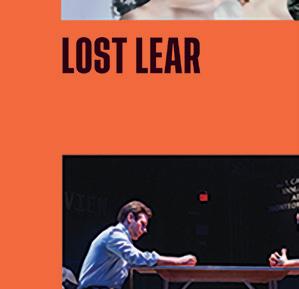
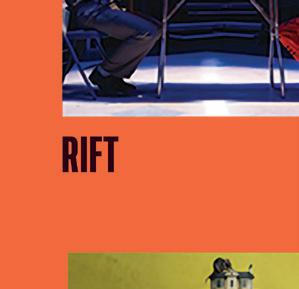
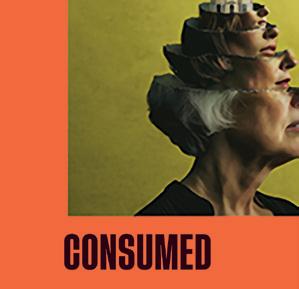
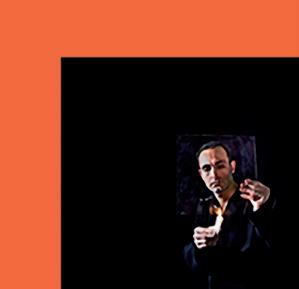




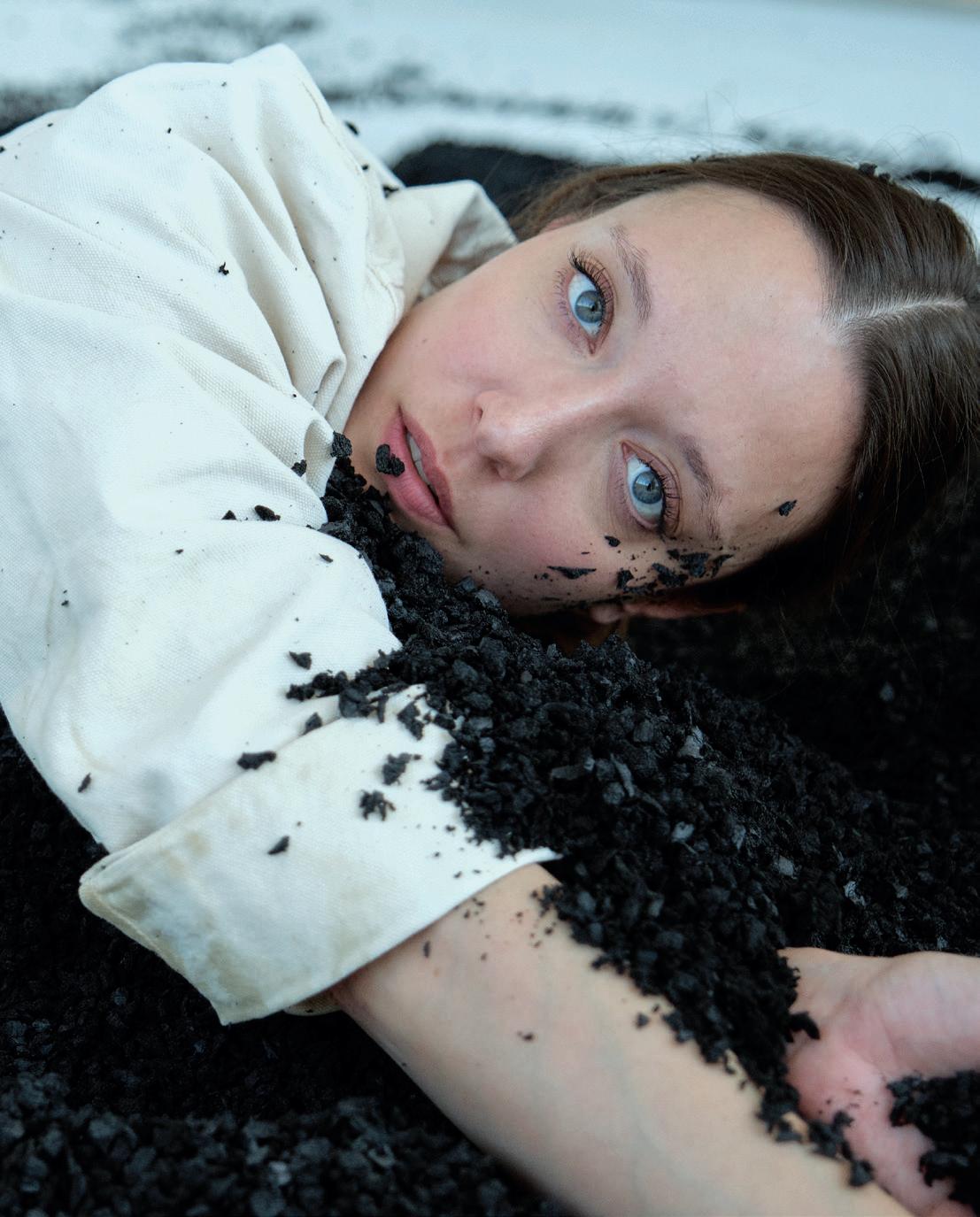
Raising eyebrows has multiple meanings in Greenlandic, also known as the Inuit language Kalaallisut. The dancer and founder of Aviaja Dance company, Sarah Aviaja Hammeken, is a mix of Danish and Greenlandic heritage and wants to explore identity, language and belonging in this 45-minute performance. Her show crackles into life slowly from a dark room; electronic buzzes seem to be gradually waking a cyborg being, coiled on the ground in a pile of dark black soil. Her limbs spasm in robotic pulses, building into a more human flow of movement.
An English voiceover steps in as Hammeken walks to a chair and slips into a very Copenhagen-coded outfit of understated, but considered cream cotton, her knees and shins still caked in dirt. Soil holds our roots, we hear, followed by a short timeline of Hammeken’s relationship with language. Danish at home, English at school, Swedish when she travelled to dance school, and German for work.
Although Danish is often unflatteringly described as sounding like the person has ‘a potato in their mouth’, it felt more hurtful and loaded when Hammeken was mocked for her Greenlandic heritage. Dance is one of her languages now, of course, and every micro expression of Hammeken’s face is used here to add nuance, fine tuning an emotion as it evolves. Her expansive, fluid and sometimes tense choreography gets across the frustration and beauty of communication, particularly in a culture that she identifies with, even when she’s still struggling to learn the right words. (Claire Sawers)
n Assembly Dance Base, until 17 August, 3.50pm.
Czech choreographer Lenka Vagnerová has an eye for an image that tickles the dark heart of the subconscious. Her 2014 piece La Loba dwelt in the bone-scattered landscape of witchy folklore. Now she has turned her dreamlike gaze on 19th-century travelling panoptikums (unkindly known as ‘freak shows’). Panoptikum brings together a rag-tag group of beautiful, disparate outcasts, all with their own physical anomalies and stories to tell. But while they may start out as ripe targets for an unscrupulous chalk-faced ringmaster who wants to display them for profit, in the end a vengeful twist answers the question of who is truly freakish. The piece is fragmented into vignettes which, like mirror shards, never quite give us the full picture, only an enigmatic glimpse. A crinoline-skirted set of conjoined twins separate briefly to dance languidly with suitors; when they reconnect, one slices the other away. A man with swollen limbs tries to grasp the ghost of a woman who appears as floating dresses. Spectators caw in mechanical cackles and a severed head sings baroque arias. It all feels somewhat discombobulated, like the overarching drama is just out of reach. Nevertheless, Panoptikum is a bleak feast for the senses. (Lucy Ribchester) n Zoo Southside, until 10 August, 3.10pm.
Wrestling isn’t considered a sport or an artform but, as English actor and wrestler Ed Gamester declares at the close of every show, Mythos: Ragnarök is changing all that. It’s been a unique proposition since finding success through word of mouth alone, combining the delirious heel-turns and acrobatics of the WWE with Norse mythology’s merciless violence, incest and operatic betrayals. Put simply, it’s incredible fun.
Since the show’s first Fringe run in 2023, the cast has finessed itself from ‘wrestlers who are sort-of actors’ to ‘wrestlers who can more than carry their ballistic story through performance alone’, while the stonking set-pieces are frantic enough to coax crowds into booing and cheering with the abandon of a rabid Jerry Springer episode. There’s still nothing quite like this piledriving drama and, unless another show can get an audience worked up enough to jeer ‘oathbreaker!’ at a bearded man in leather trunks, nothing will knock it from its throne.
(Kevin Fullerton)
n Underbelly Circus Hub, until 23 August, 8.40pm.
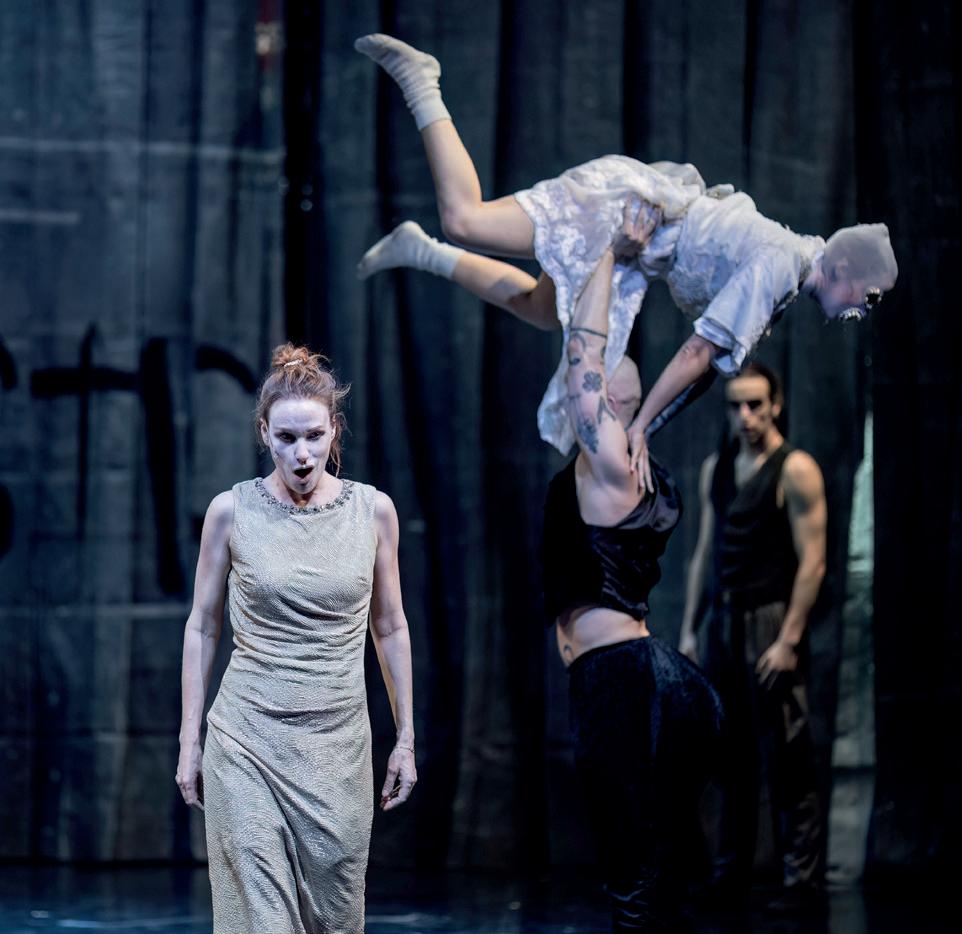
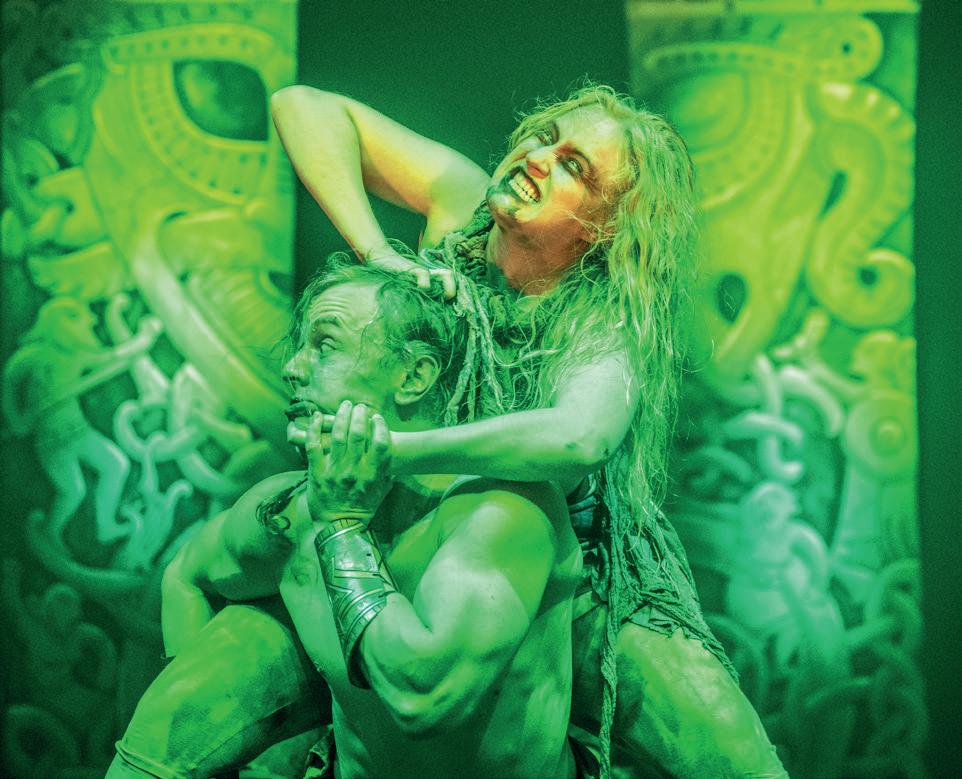
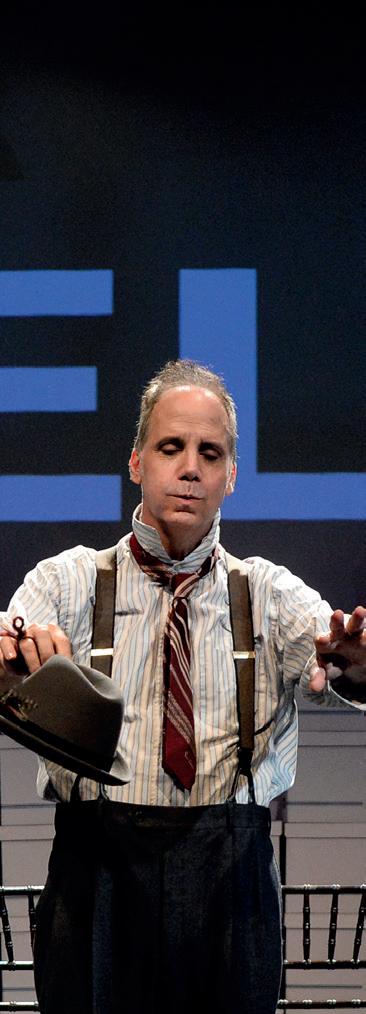
From US company
Thinkagain comes this show subtitled ‘A Clown Ode On . . . (Forgetting)’ in which Cirque du Soleil alumni Daniel Passer focuses on keeping a hold of the moment you’re living through.
n C alto, 11–17 August, 5.35pm.
Brought to you by Kathryn Gordon, this highly visual 50-minute work invites audiences to reflect on the delicate balance between nature and movement, inspired by bird migration.
n Assembly Dance Base, 12–17 August, 2.30pm.
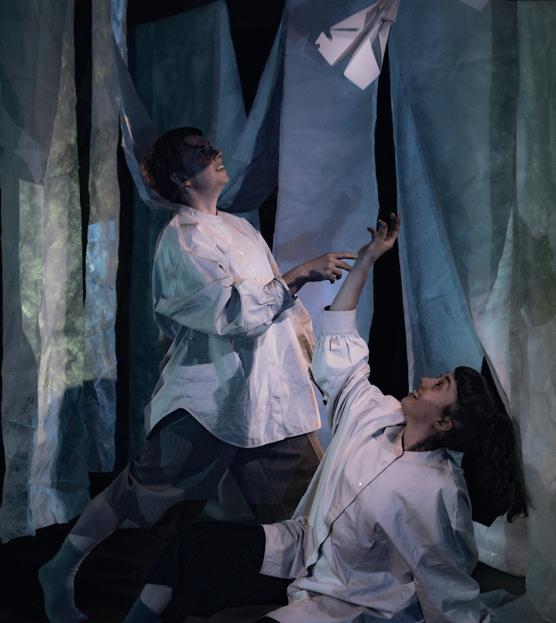

Speedy footwork, jazz vibes (but not hands), and a dash of humour elevates this show from Tommy J Egan, one of Australia’s most coveted and innovative tap dancers.
n Just The Tonic Mash House, 9–17 August, 3.45pm.
Part of this year’s Made In Scotland platform, eight dancers bring the Paradise Nightclub to life with a community cast who help blur the divide between performer and audience.
n Zoo Southside, until 17 August, 7.15pm.
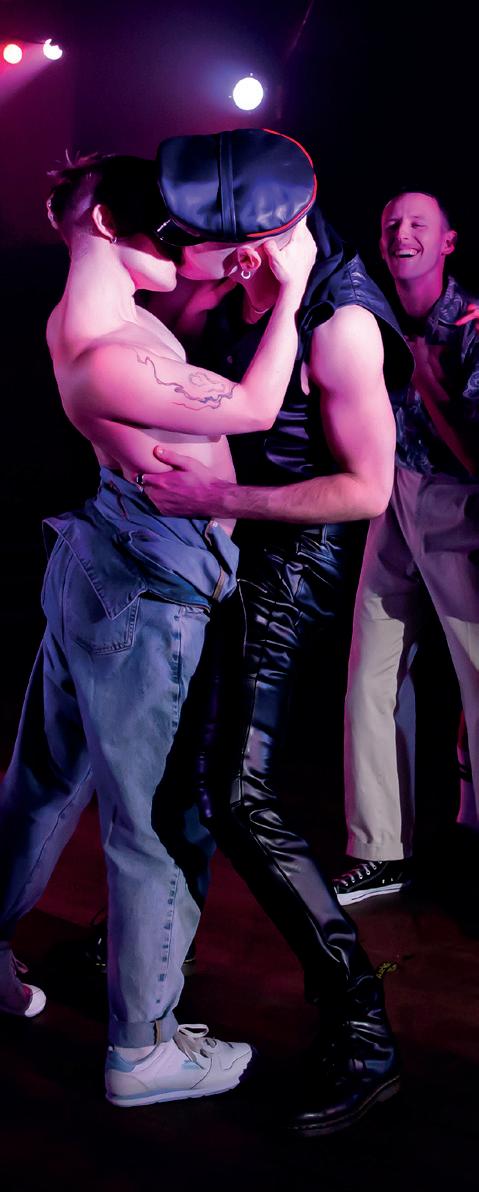
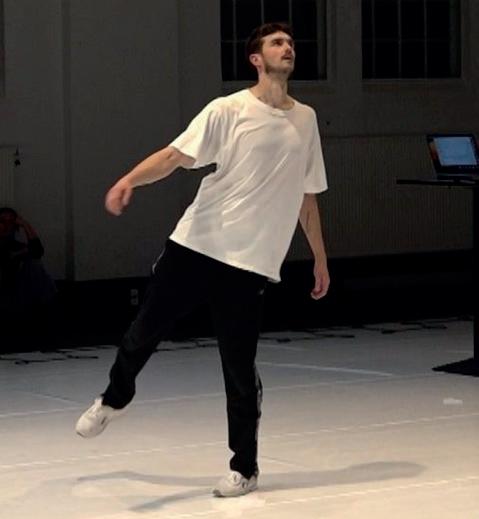
Kicking off on a drawing of a family home carpet, Mark and Rémy takes us through layers of landscapes that can be stepped through; parties, protests, rituals, mosh pits and gas clouds are five of them.
n Assembly Dance Base, 12–17 August, 7.50pm.
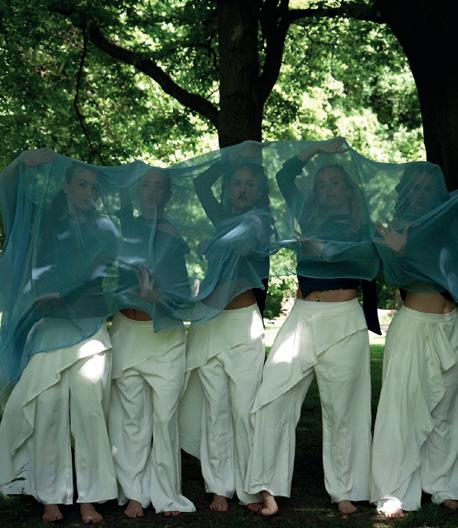
The Paige Luisa Dance Company present a journey through air, water, fire and earth (aka the four natural elements) in this show influenced by hip hop, folk and contemporary dance. n Space Surgeons’ Hall, 7–16 August, times vary.
Enter the world of a vibrant Hong Kong diner for a demonstration of physical theatre, circus and martial arts which withholds both of the things mentioned in the title but will certainly offer passion in abundance.
n Assembly George Square Studios, 8–17 August, 12.15pm.
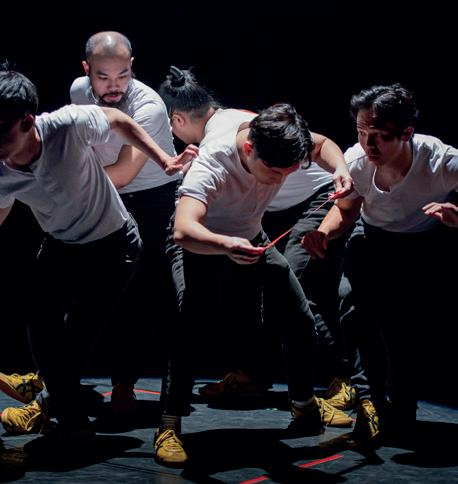







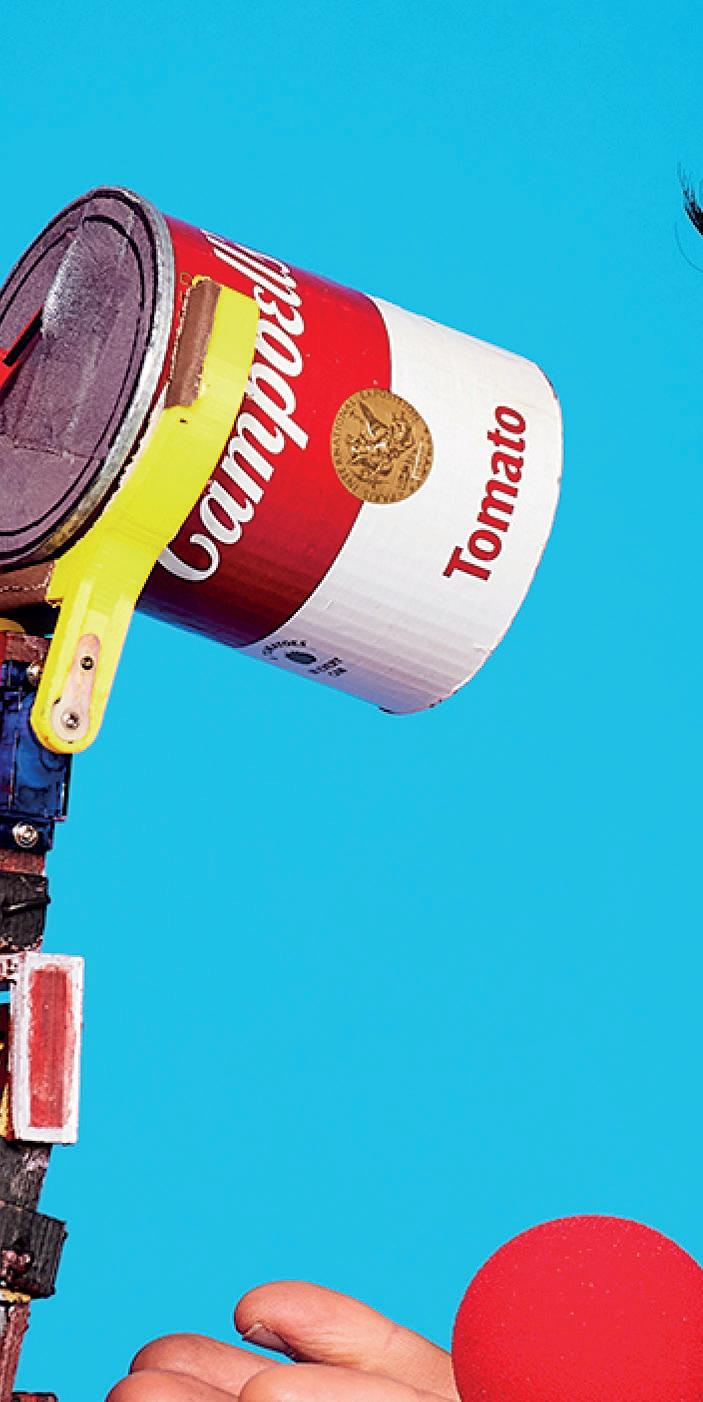
Direct from New York comes some original magic, contemporary slapstick and handmade robots which had no less an organ than Vogue dubbing his work as ‘gleeful insanity’. David Blaine, Jimmy Fallon and the residents of Sesame Street are also Mario fans.
Underbelly George Square, until 17 August, 10.30am.
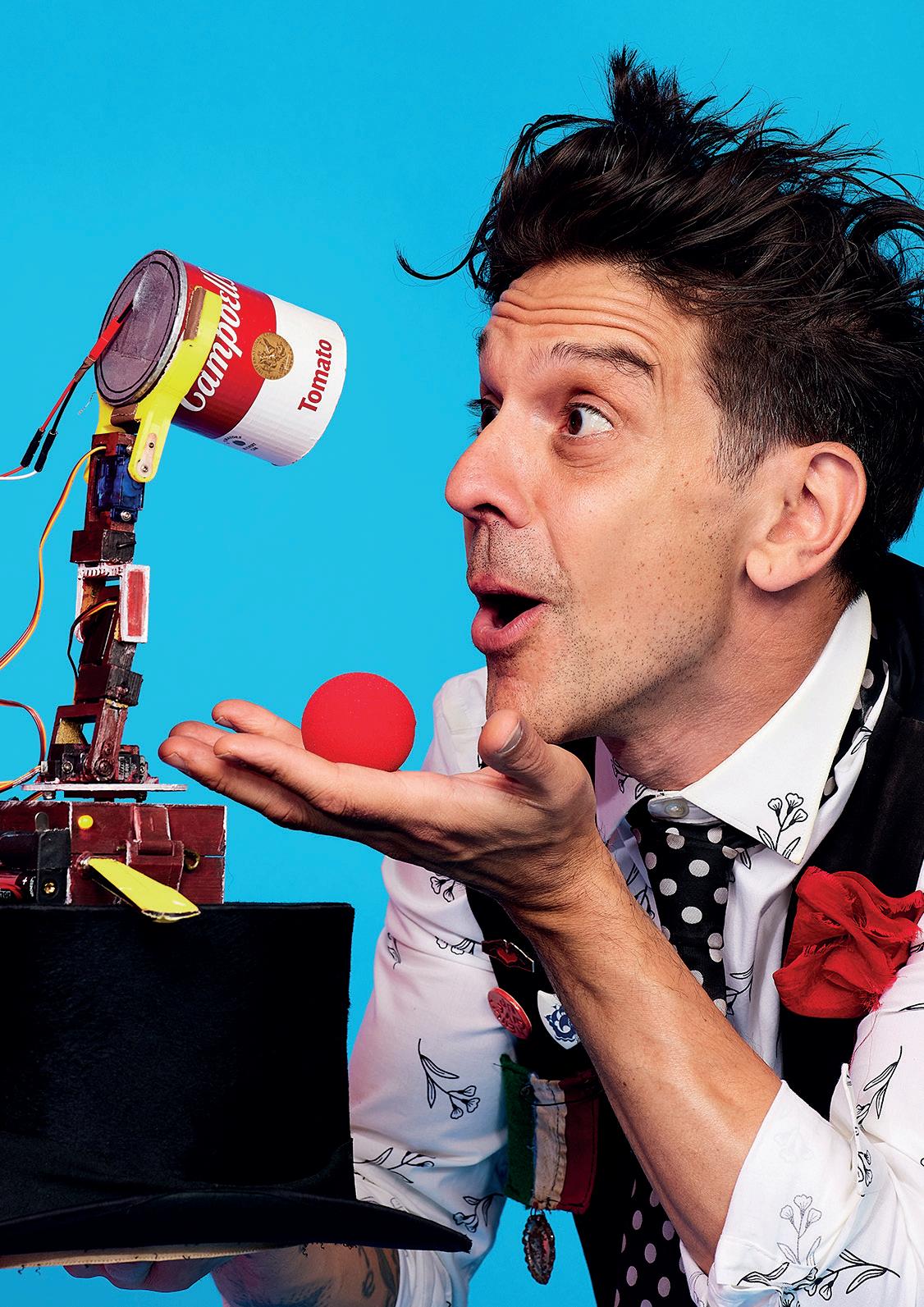

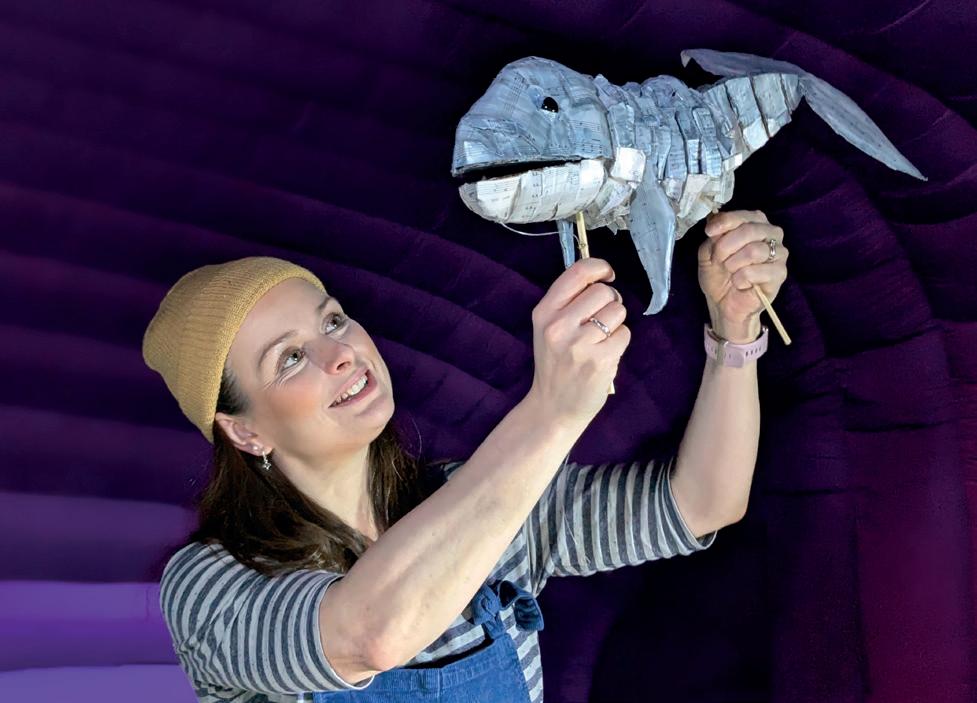
Describing themselves as ‘The UK’s #1 IT consultants’, Peter Sutton and Lloyd Henning are Foxdog Studios, offering a new high-tech version of traditional bingo which the audience play along with on their phones. This futuristic, highly interactive version of the traditional game is called Robo Bingo, and while Sutton and Henning do shows for grown-ups as well, this particular version is specifically aimed at those eight and upwards.
Potential Robo Bingo Kids need a fully charged phone and quick fingers to take part; they’ll be keeping track of bingo numbers as they’re called on their phones, but also controlling a ‘binglet’ avatar on a communal screen, so players need to make sure they build the most distinctive avatar possible. The result is chaotic to watch, but highly amusing to take part in; Foxdog correctly anticipate that given any interactive responsibility, most kids will actively try to destroy the parameters of the game, and that’s exactly what happens.
Many have tried to master technology at the Fringe, but few have succeeded. Robo Bingo Kids is a deliberately ramshackle proposition at times, with simple puppetry, silly side-games and lame prizes. But the climax, in which the audience try to coax a reluctant binglet to dance again by making their avatars cavort en-masse, is uproarious and just lacks a punchy ending to finish on a technology high. Adults will appreciate running jokes (like the IT consultants getting all time-sensitive estimates wildly wrong) but kids will be too busy frantically mashing the buttons to care. (Eddie Harrison) Underbelly Cowgate, until 24 August, 12.55pm.
Fringe veteran Olaf Falafel is many things: author, illustrator, dad, football team coach, comedian and complete idiot, to name but a few. Thankfully that’s the perfect skillset for a family show that’s been packing the bairns in for years (it’s lovely watching show returners get excited when their favourite bits are announced).
The format is nice and simple: a screen keeps us all on track as we hurtle between rounds of pass the parcel, funny videos made funnier (a highlight) and audience participation, all with their own jingles and interspersed with pun-tastic dad jokes that get the kids giggling and the grown-ups groaning. Some of the wordplay might just skim the heads of the very youngest, but it doesn’t matter: the next bit is never too far away and it’s all so silly that attention never wanes.
Draw Something Stupid sees the whole room coming together to draw a poo on a pogo stick: so yeah, kids do still have attention spans. It’s hard to over-emphasise just how appealing Falafel’s ramshackle charms are to the young team, evidenced by a sold-out crowd. Even the Free Fringe is subject to market forces so if missing out would break your ankle-biter’s wee heart, then definitely book ahead. (Jo Laidlaw)
Laughing Horse Counting House, until 24 August, 11.30am.
The Tale Of The Loneliest Whale is a mesmerising underwater adventure that enchants young audiences with its visually stunning props and heartfelt storytelling. Set to the soothing sounds of the ocean, this kids’ show effortlessly holds the audience’s attention with catchy songs and beautifully constructed sea creatures. The story follows a lonely whale who, unable to find someone to share his song with, embarks on a journey across a vast ocean. When he hears the enchanting call of another whale in the distance, he sets off to find her, meeting a host of friendly creatures along the way.
The production shines in its imaginative staging, particularly in a stand-out scene where a bloom of glowing jellyfish illuminates the darkened room, creating a magical moment. With engaging audience participation, delightful music and a touching narrative about connection and discovery, this is a beautifully told oceanic tale, a must-see for families.
(Robyn Bell)
Underbelly Bristo Square, until 10 August, 11.25am.
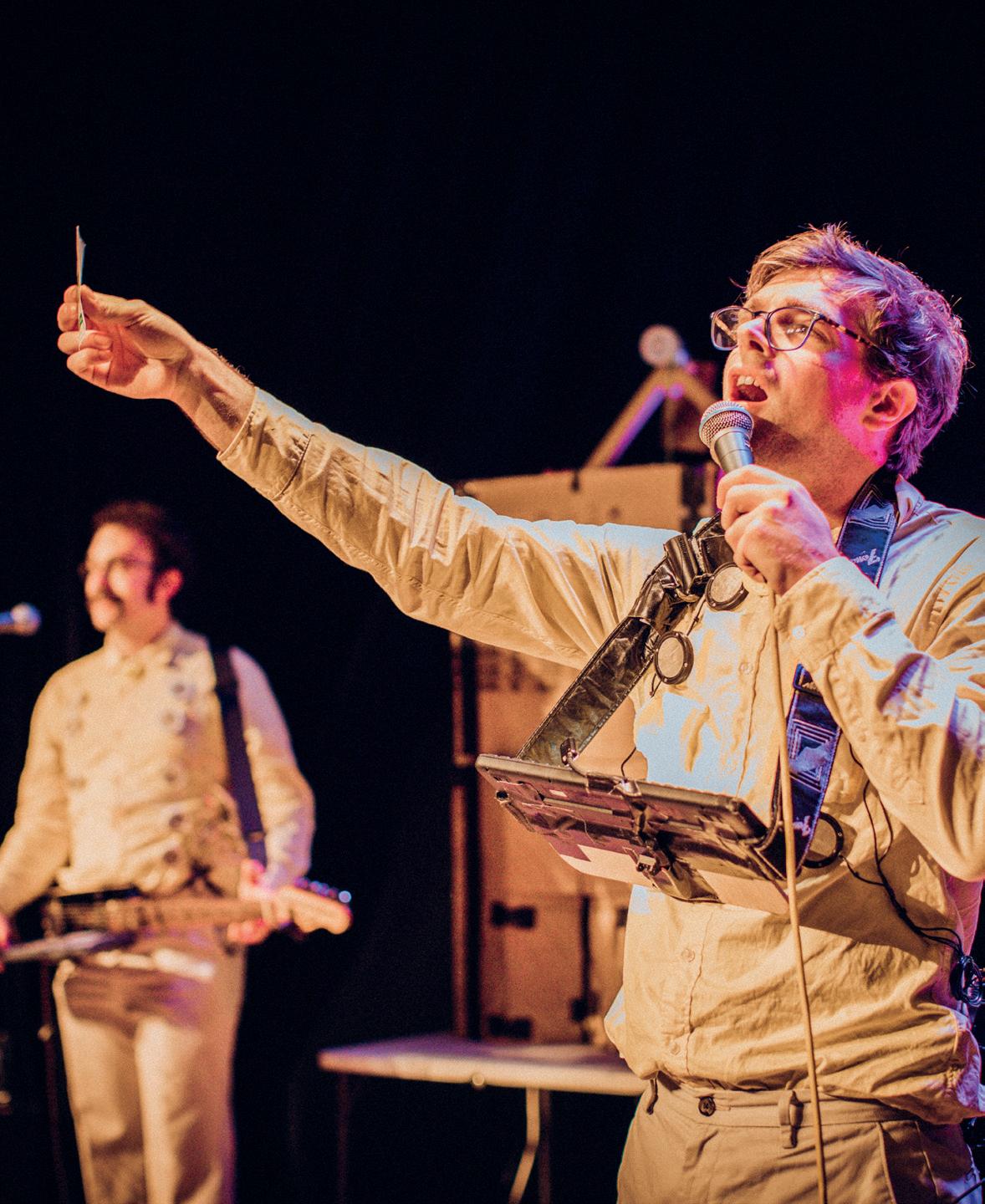
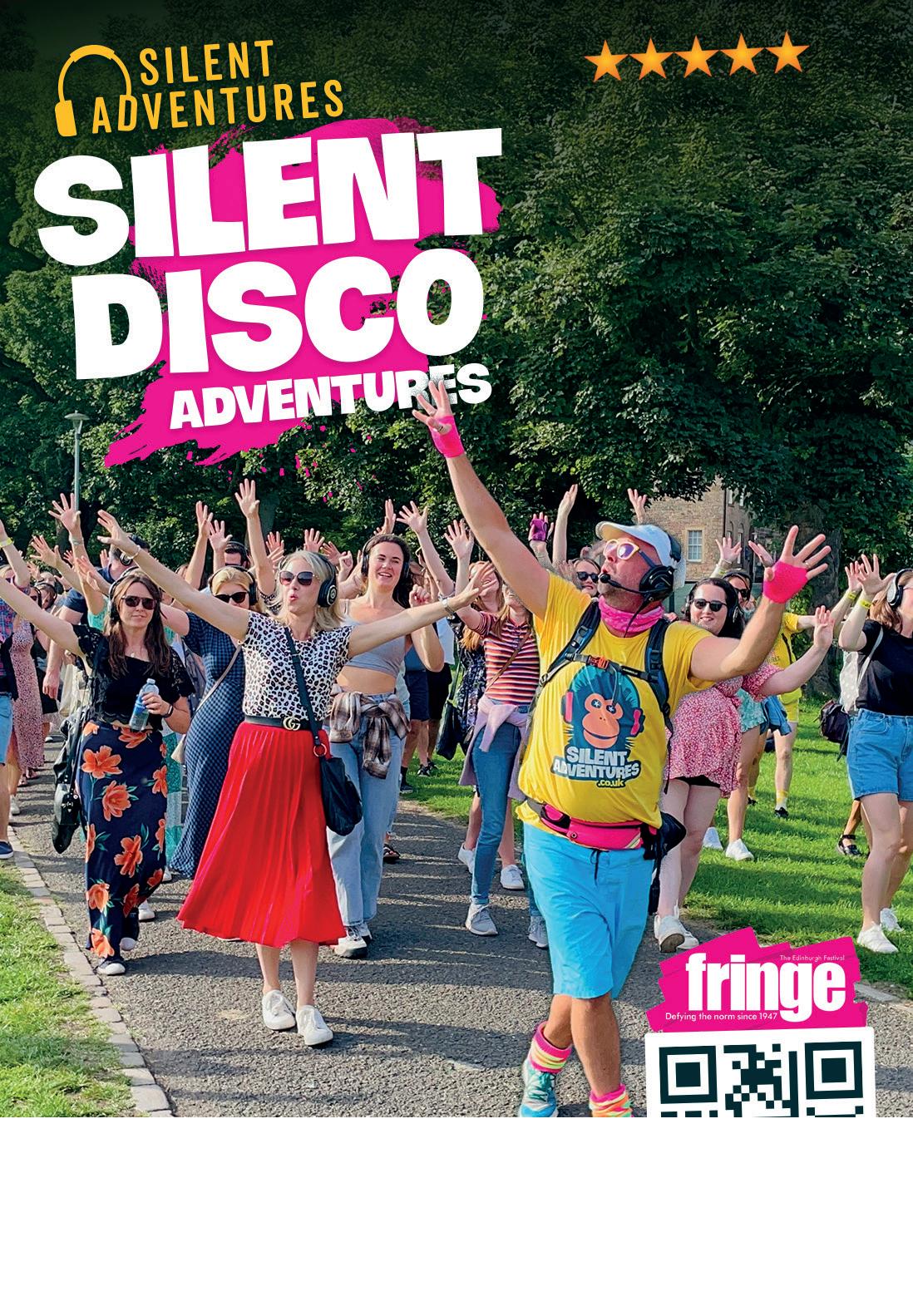

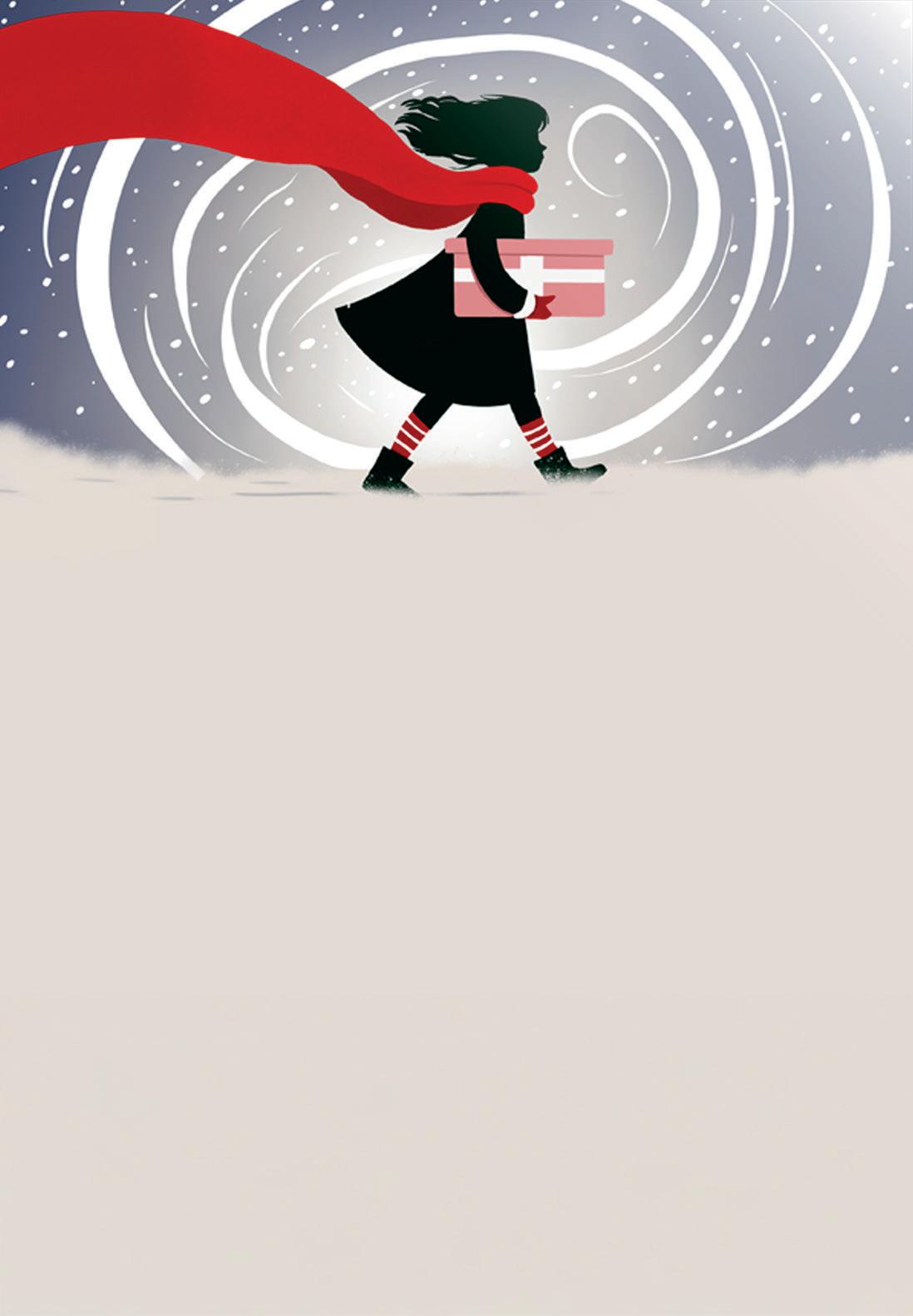
When dressmaker Mrs. Bobbin falls ill, her daughter Irene volunteers to deliver a beautiful ballgown to the duchess. But as Irene steps into the winter afternoon, a blizzard descends. Don’t miss an enchanting, family-friendly musical that proves even the smallest person can overcome the biggest obstacles.
The Sanctuary at Paradise in Augustines
Ticket cost: £10 full, £8 concession, £7 family Suitable for ages 5 and up interlochen.org/fringe Instagram and Tiktok: @braveireneatfringe
Aug. 11-16 & 18-23 | 18:05
Discover five floors of unique displays, breathtaking views, clever illusions and hands-on exhibits. It’s a great day out for everyone!
Beside Edinburgh Castle camera-obscura.co.uk Open

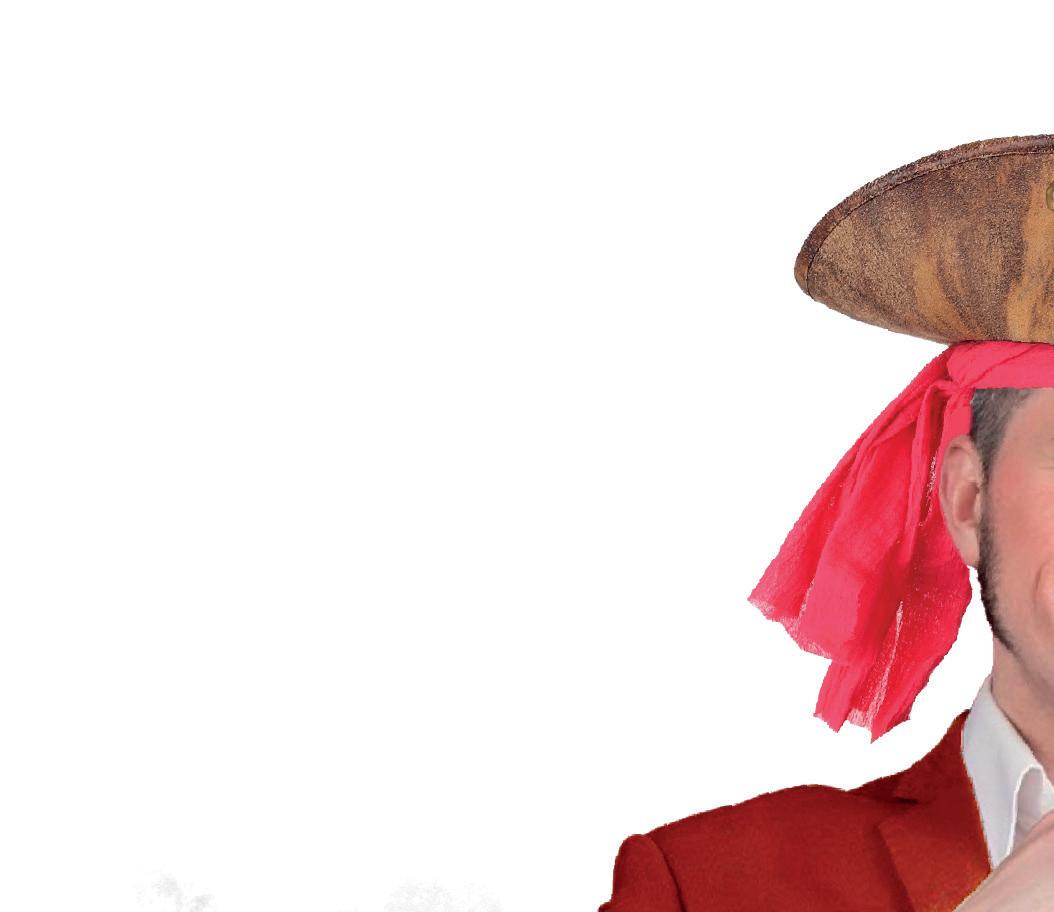
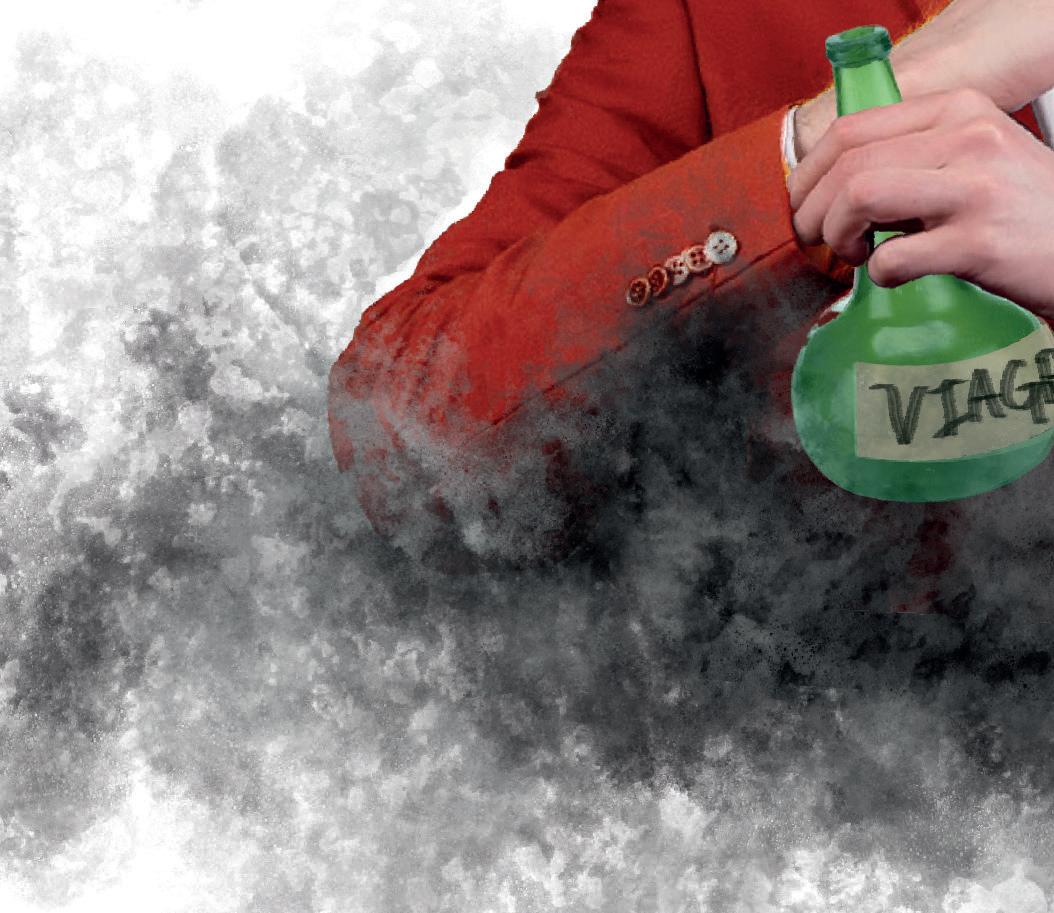
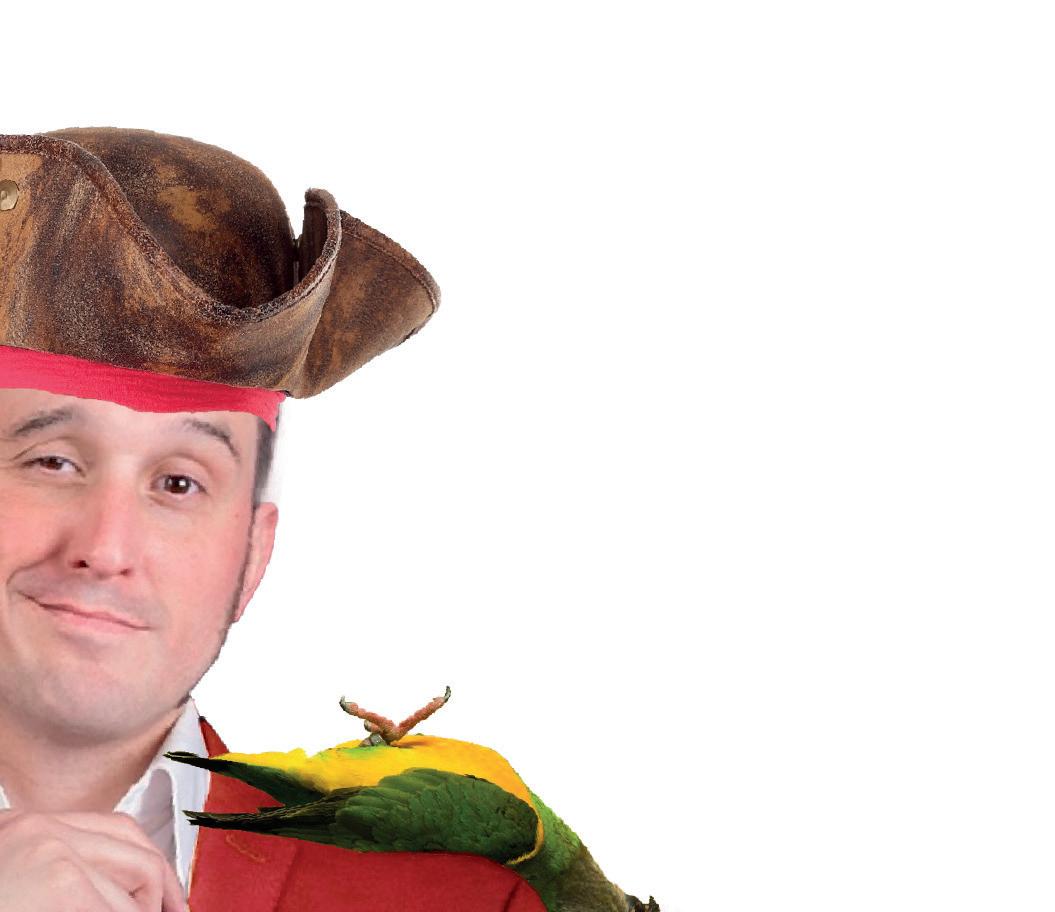
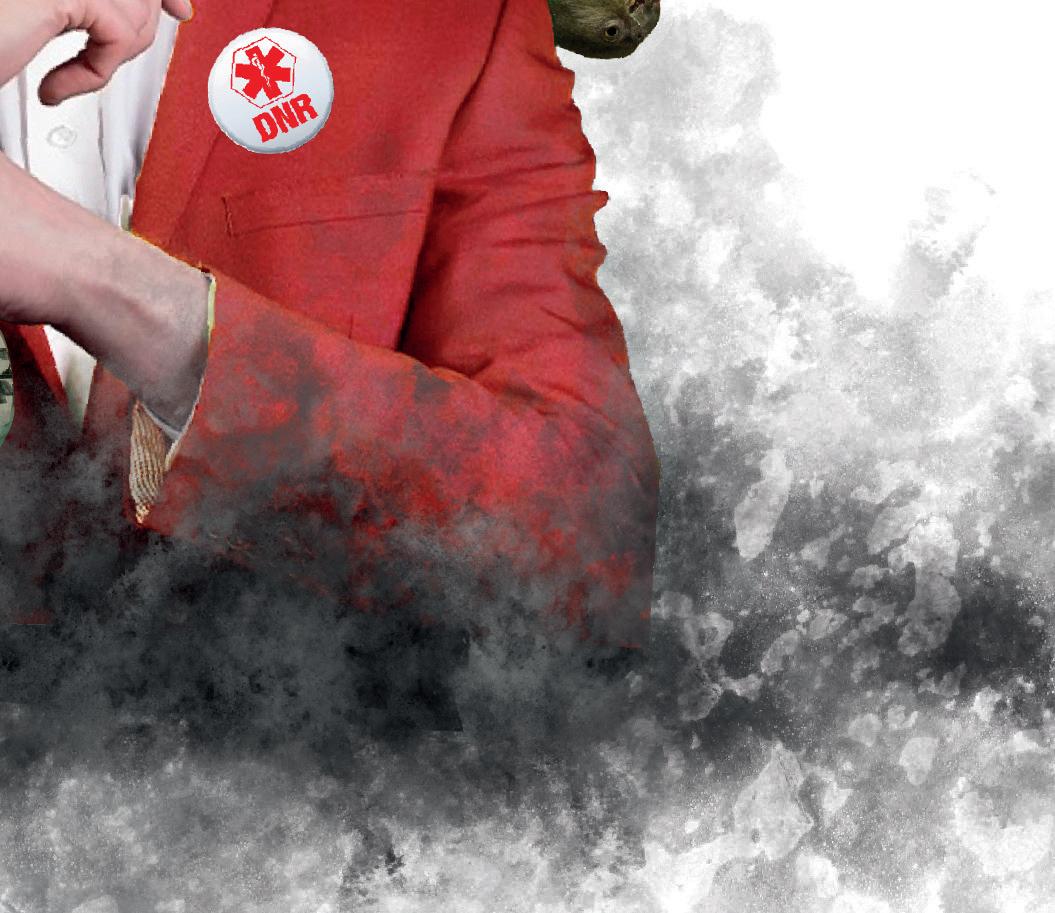
W‘hat’s your job?’ asks Phil Ellis, dressed as a pirate and sweating like he’s just woken up from a three-day bender, to a six-year-old boy called Ronnie. There’s always talk about the perfect kidsʼ show balancing jokes that both little ones and adults will love, but few relish speaking to children as though they were fully employed adults in their mid-20s. Ellis details his inability to conceive to a small boy in the front row, infers that he’s reviving this erstwhile hit because of financial difficulties, and flings sweets into the crowd with the vigour of someone praying they take a punter’s eye out.
The show in question is Funz And Gamez, a barrage of silliness which was raking in awards a decade ago for its ramshackle energy, and received a pilot episode on BBC Three (at 3am which, as Ellis duly notes, probably isn’t the best time to showcase a kidsʼ show to a national audience). Let’s be thankful that it gets to remain an underground hit, because Ellis is never better than playing a down-at-heel loser to a group of happily baffled sprogs. In this updated edition (which, he claims, has been made more diverse after a slew of allegations against its previous incarnation), he’s joined by the stone-faced musical comic Huge Davies (playing Orphan
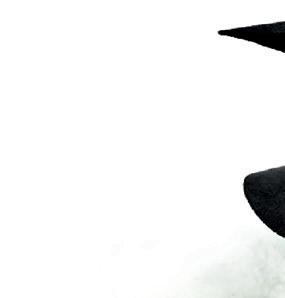
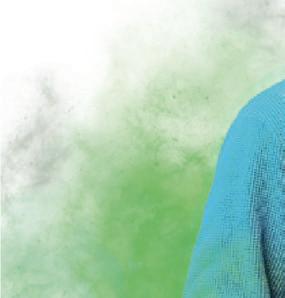
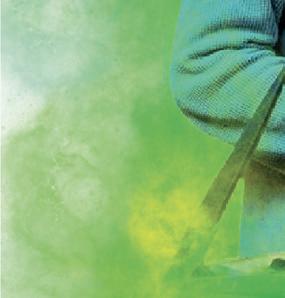
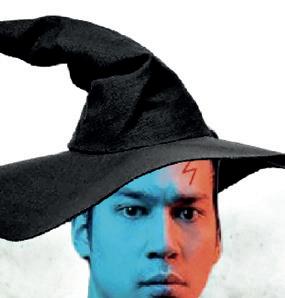

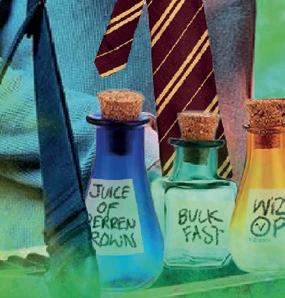

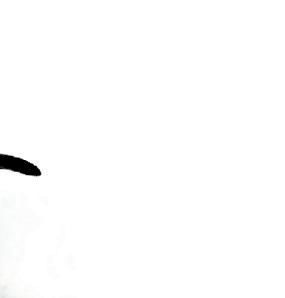
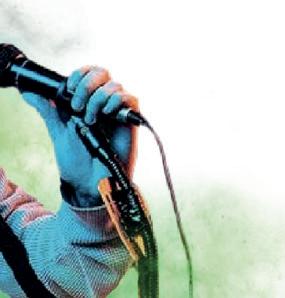


The sights and sounds of the underground reverberate in this alt-kids show as Funz And Gamez returns to wreak further unhinged chaos. Kevin Fullerton hails a cult hit that is wholly unafraid to bite off more than it could ever chew


Wizard Boy) and the ever-likeable Katie Pritchard (playing a Fairy Mother), both of whom have sordid stories about how they’ve ended up on team Funz and share a chemistry that more than matches their leader’s eccentricity.
The Gamez of the title strike a similar balance of manic chaos for the kids and features grown-up quips about Ellis’ sad-sack life. At no point will the nefarious host learn a valuable lesson about cheating, but parents may have to explain why the excitably sarcastic man began discussing a woman who had cheated on him. Parents themselves are regularly invited to join in with the anarchy, called on-stage for rounds of dress-up and the irresistible chance to casually pelt their mean-spirited host with play balls.
Despite (or, more likely, because of) his almost non-existent paternal instincts, children lap up the carnage of Ellis’ act, sugared-up on sweets and clapping along to jokes that they have no real hope of understanding. For the sheer number of laughs per minute, this is recommended for kids, parents, lone adults and anyone who loves the sight of a hungover pirate with a water gun.
Funz And Gamez Rebootz, Monkey Barrel, until 10 August, 12.45pm.






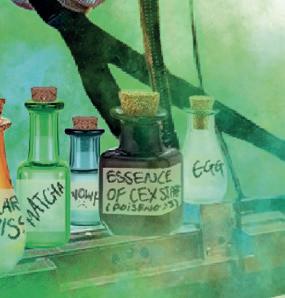











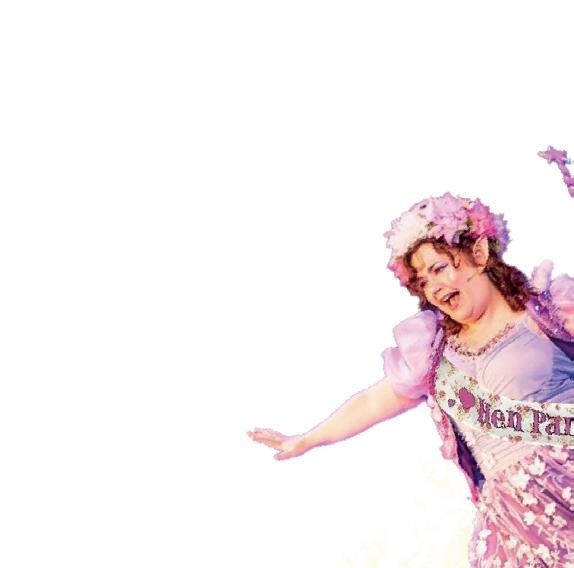


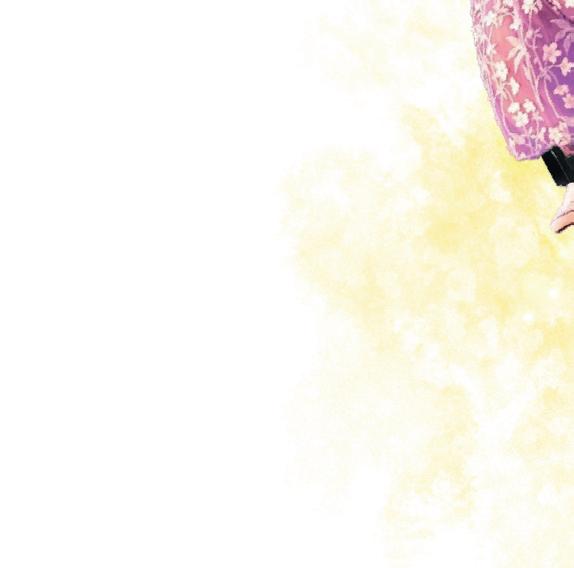
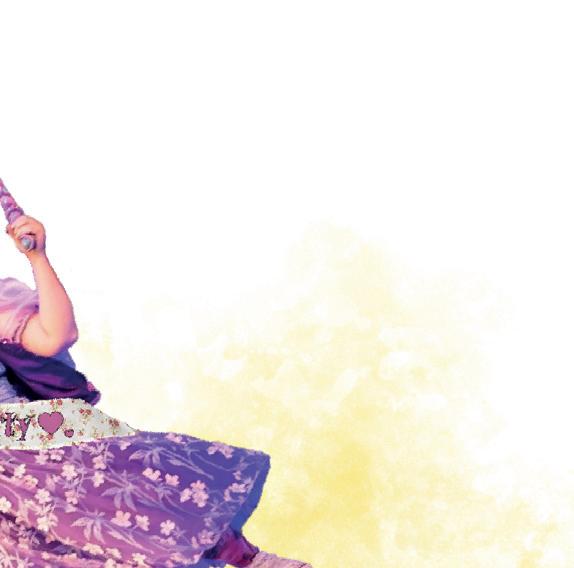
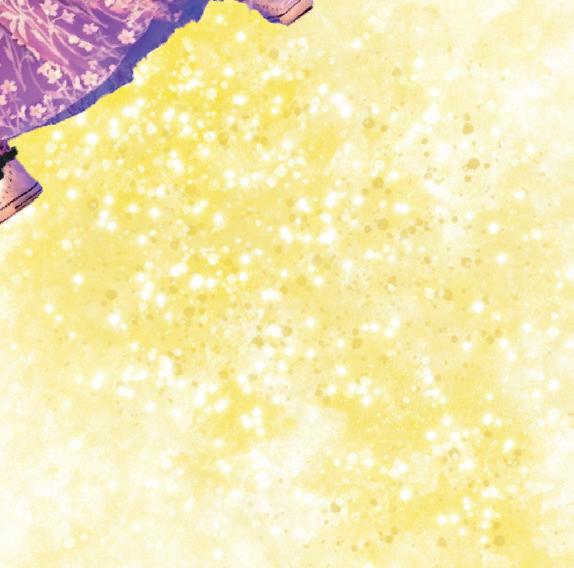

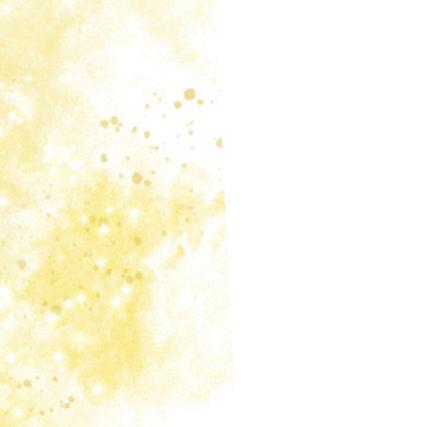

Little Seeds Music is a relatively new company, founded in 2020 with a digital piece that made waves during lockdown. However, the polish, expertise and range of talents on display from the cast of two (one of whom, David Gibb, also wrote the script and composed the music) would have you believing both were West End veterans.
Cinderella Ice Cream Seller is a simple reworking of the Cinders fairytale, which sees the heroine eschewing the romance of marrying Prince Charming to follow her dreams creating strange and wonderful ice-creams. Framing this is a story set in one of Cinderella’s ice-cream parlour branches some years later, where employee Talvi (Lauren Harthorpe) has big ambitions to follow in the founder’s footsteps and create wacky recipes of her own. The only thing standing in her way is jobsworth rule-stickler Caldwell (Gibb).
Harthorpe and Gibb give top-notch performances, slipping silkily between multiple roles, belting out power numbers as deftly as they conjure up caricature villains. The script meanwhile has a Roald Dahl feel to it, garish and vivid in its characters, dastardly in its comic mischief. Talvi’s recipes may be experimental but this show has all the ingredients for a perfectly scrumptious scoop of children’s theatre. (Lucy Ribchester) n Underbelly Bristo Square, until 17 August, 11.40am.
As the audience take a seat by a ‘riverbank’, an excited and personable Lindsey Cole checks in with the children as well as handing out some costumes to the adults. There’s an important environmental message that runs through her hour: it’s a shame that the show itself doesn’t quite hit its target.
Beginning sweetly enough with several otter and poo-related puns, Cole is plagued by tech issues and several call-and-response gags that don’t really land. An inflatable ‘big poo’ proves a little too scary for some younger audience members, but Cole ploughs on admirably. With a few fixes (especially with timing on some of the musical numbers), this could be a memorable show. However, with lines like ‘there is no future for poo kombucha’, children and toddlers seem to leave a little more confused than wowed. (James Macfarlane) n Gilded Balloon Patter House, until 17 August, 11.30am.
If chaos, comedy and unhinged musical mayhem are your thing, Make Some Noise is the gloriously silly kids show that adults will love just as much. Returning with their signature brand of slapstick, Rich and Matt deliver an hour of riotous absurdity and a display of rather questionable musical abilities. The duo sure know how to put on a feast with fun for the whole family (specifically ages ‘4-400’) in their chic garden-centre suits complete with malfunctioning Temu light strips. They kick things off with strong techno dance beats, dab-heavy choreography and the kind of toilet humour that never fails to crack up the audience.
This isn’t just mindless chaos, jokes and noise: The Listies are experts at controlled mayhem, whether they are failing spectacularly at playing a cristal baschet or proving that a banana can be a musical instrument (despite Rich’s protests), their timing is impeccable. This is pure unfiltered joy, where the energy never dips and ‘Matt, your bottom is not an instrument’ proves to be a false statement.
The stand-out moment? A disastrous Amazon-delivery sketch that has the entire crowd shrieking with laughter. And just when you think they’ve peaked, they get an audience orchestra on the go, complete with a ‘burpershop quartet’. This will easily be one of the funniest kids shows at the Fringe so be ready to beg for ‘one more tune!’ at the end of this silly, hilarious comedy musical. (Robyn Bell)
n Assembly George Square Studios, until 25 August, 11.30am.
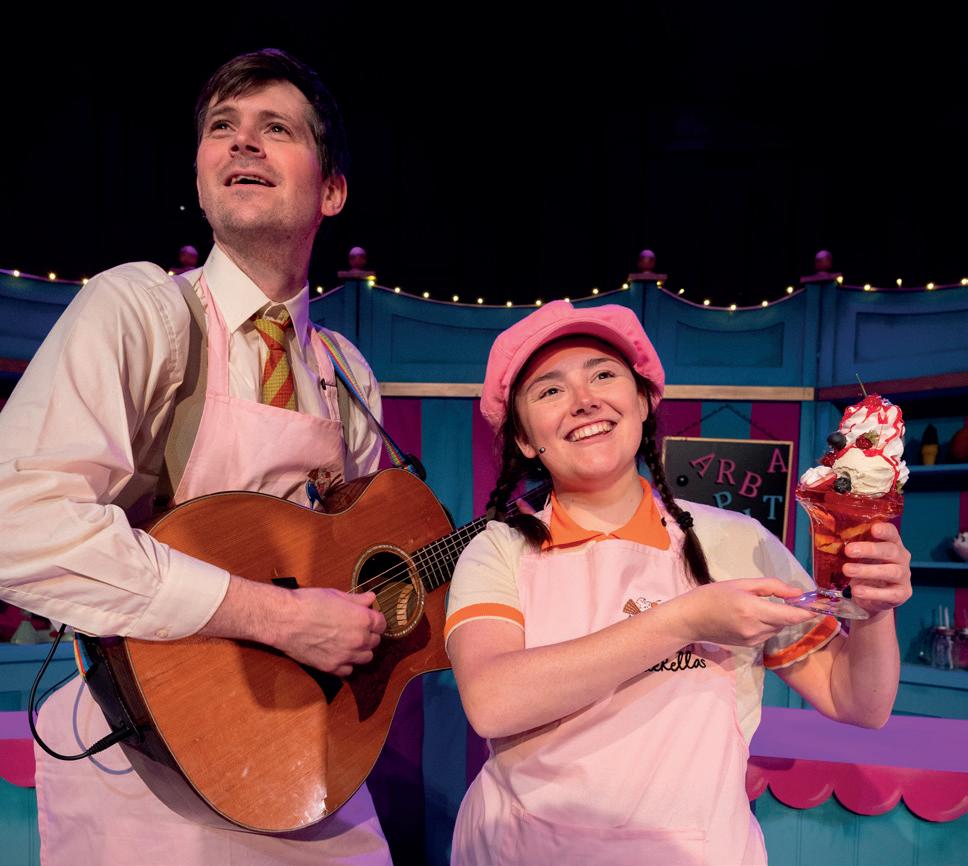
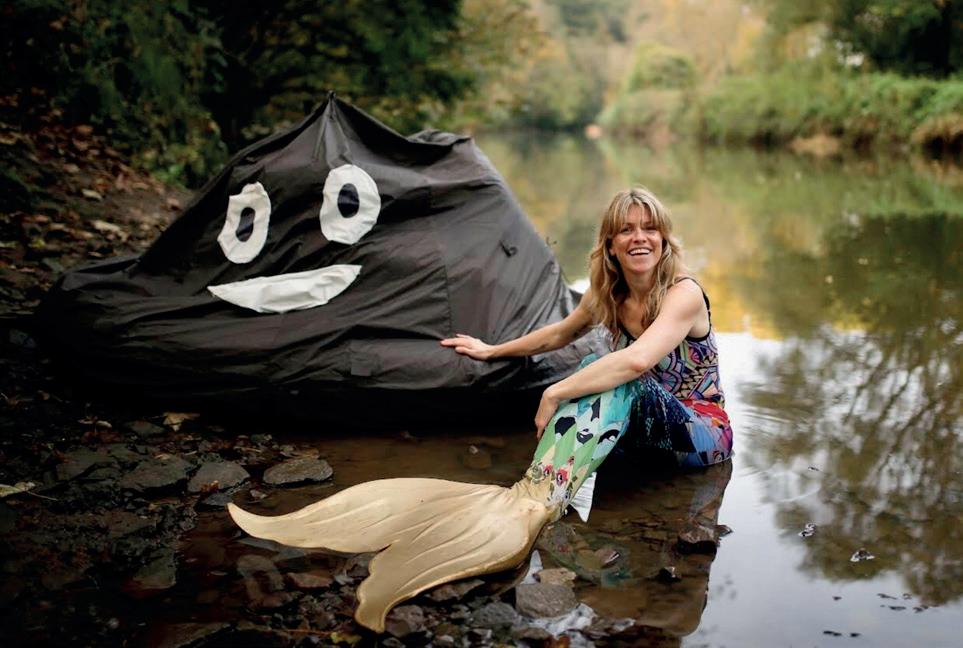
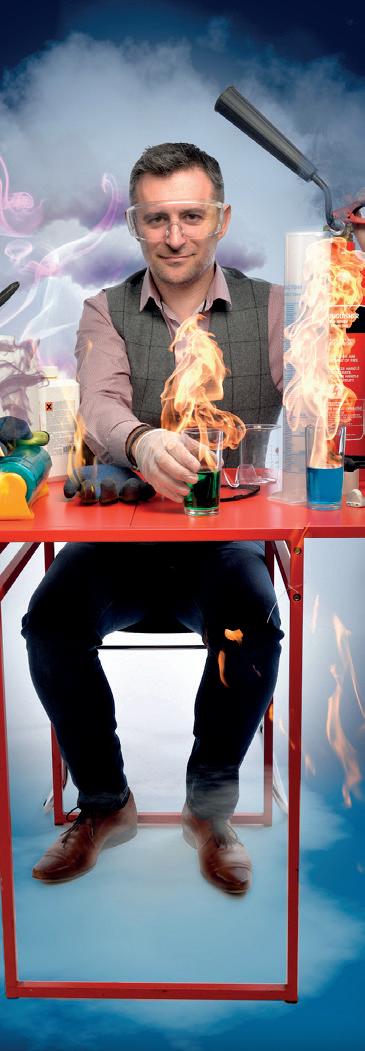
Launching the tenth anniversary tour of his spectacular science show, Mark Thompson is the teacher you wish you’d had at school (apologies to all the cool science educators out there).
n Gilded Balloon Museum, until 10 August, 11.45am.
Theatre Of Widdershins are back with more storytelling and puppetry, this time focusing on Snow White and Rose Red whose carefree forest life is upturned when they meet a cute bear.
n Scottish Storytelling Centre, until 17 August, noon.
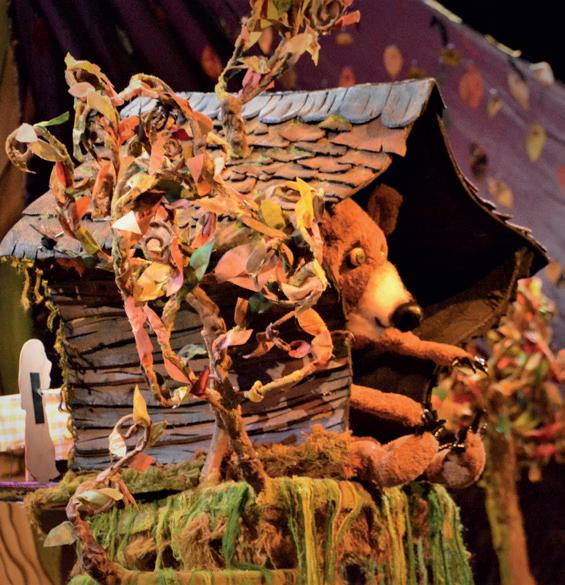
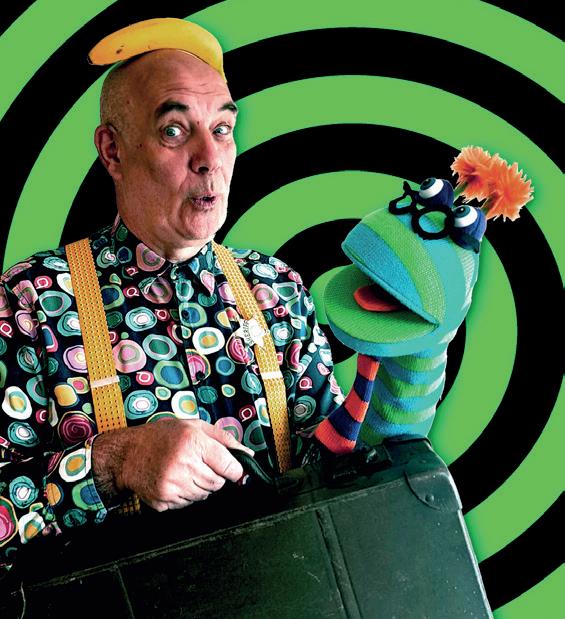
The superbly named Sid Ozalid is fresh from the Rik Mayall Comedy Festival with this interactive extravaganza featuring the best of magic and poetry and the worst of dad dancing.
n Gilded Balloon Appleton Tower, 8–16 August, 11.40am.
They say the kitchen is the most dangerous room in a household (unless you have a bedroom full of buzzing chainsaws) but here it’s a location for pure silliness and safe chaos.
n Assembly Rooms, until 17 August, 11.05am.
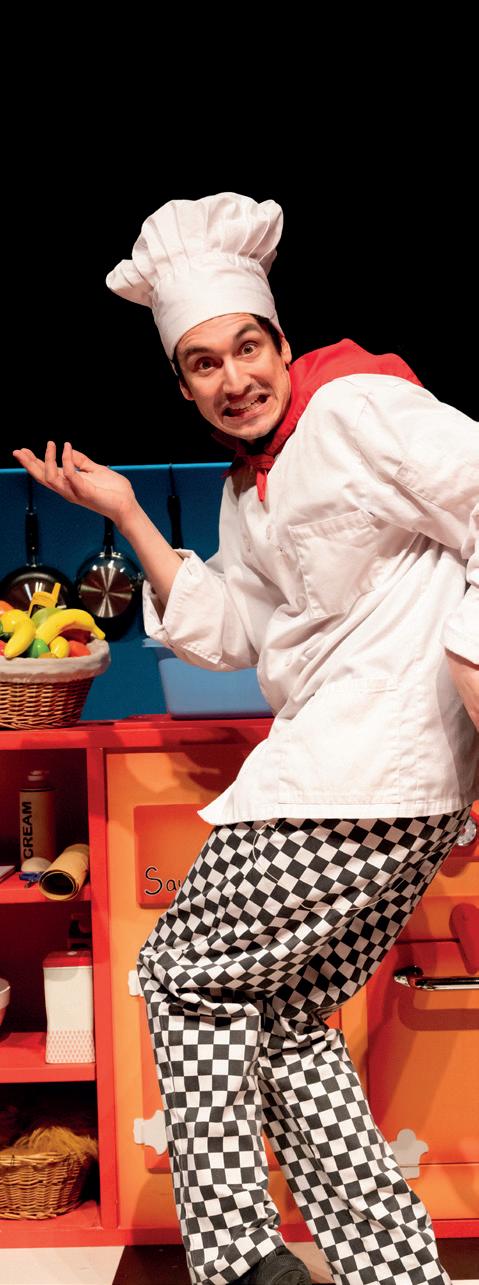
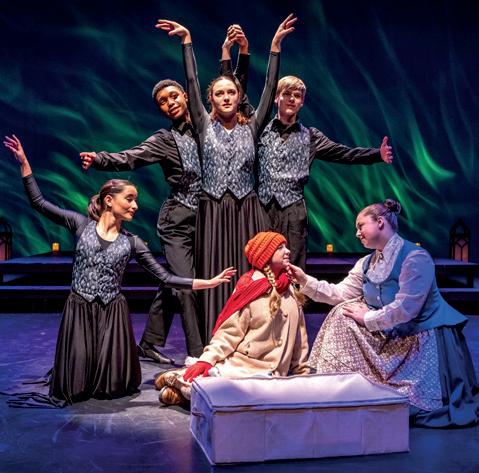
The popular children’s story by William Steig arrives boldly at the Fringe, with its tale of a dressmaker’s daughter making her way through a blizzard to deliver a ballgown.
n Augustines, 11–23 August, 6.05pm.
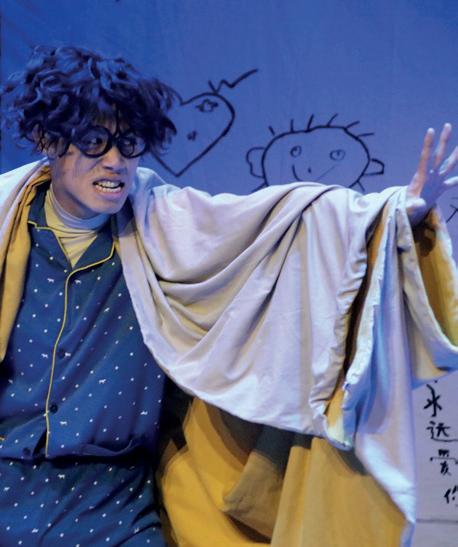
A big success in Japan and China, this company’s non-verbal family show blends dance, mime and comedy to portray everyday moments of laughter, rebellion and love.
n Space Surgeons’ Hall, 11–16 August, 9.20am.
If you’ve wondered about the exact spot where contemporary dance, digital technology and martial arts lies, then Luxembourg crew Corps In Situ have the answer.
n Zoo Southside, 12–24 August, 10am.
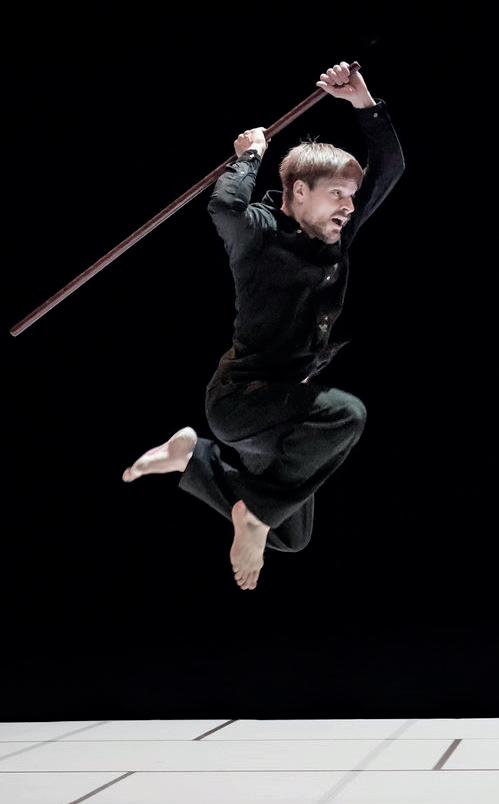




TRIPTYCH REDUX
LEWIS MAJOR


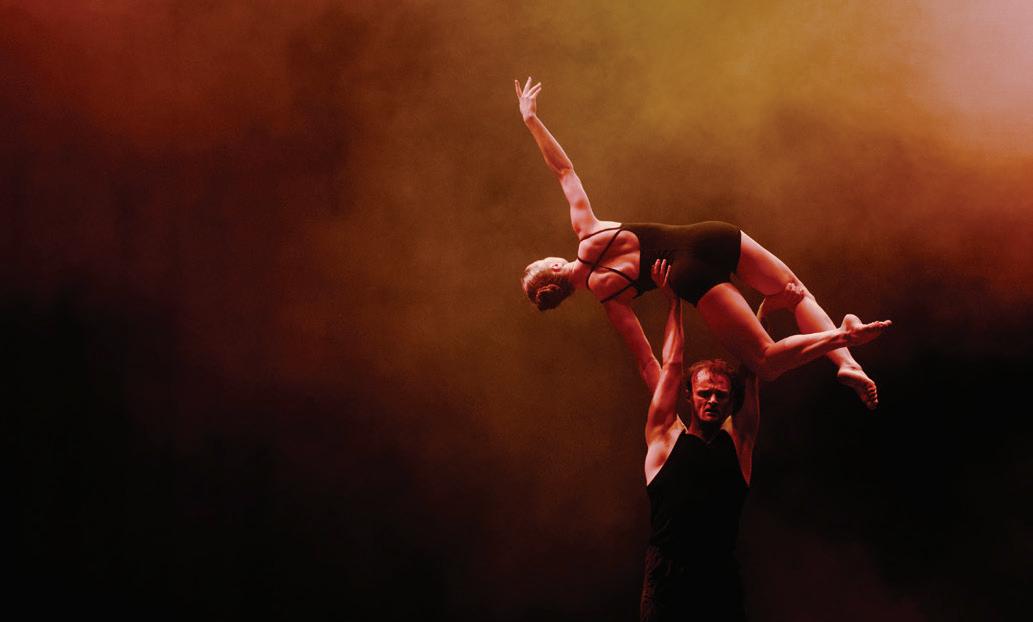














ZOO SOUTHSIDE, MAIN HOUSE

21:30, 1 AUGUST - 24 AUGUST













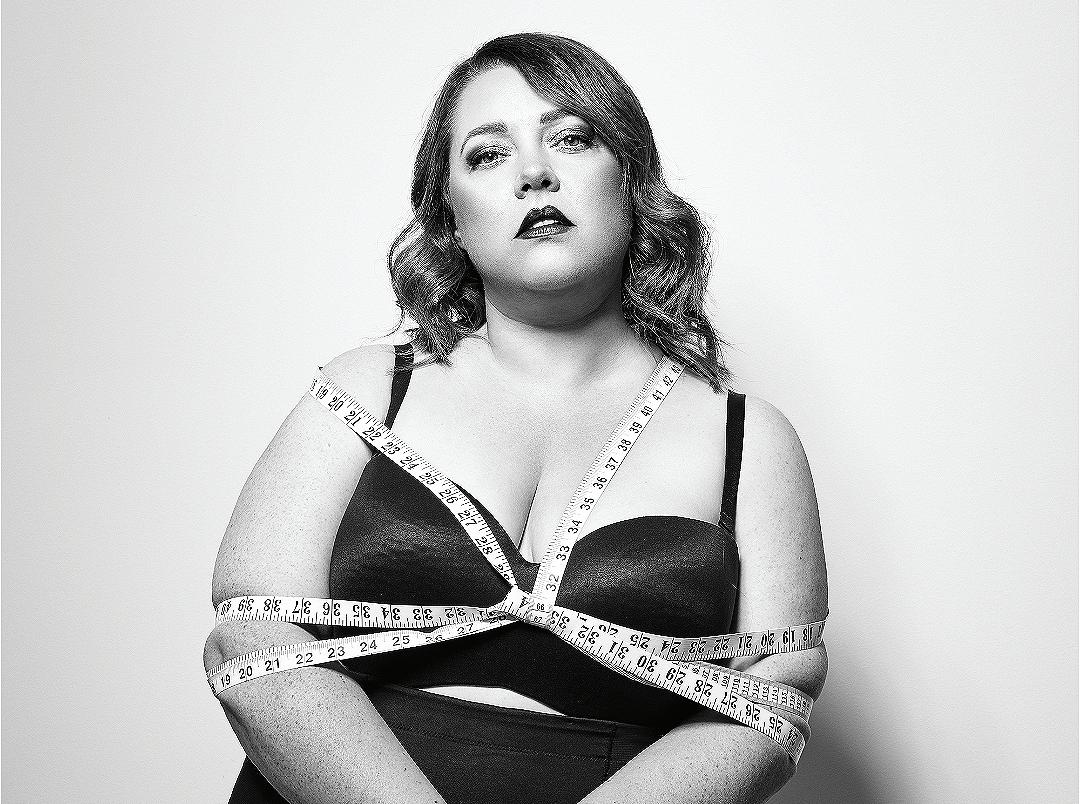













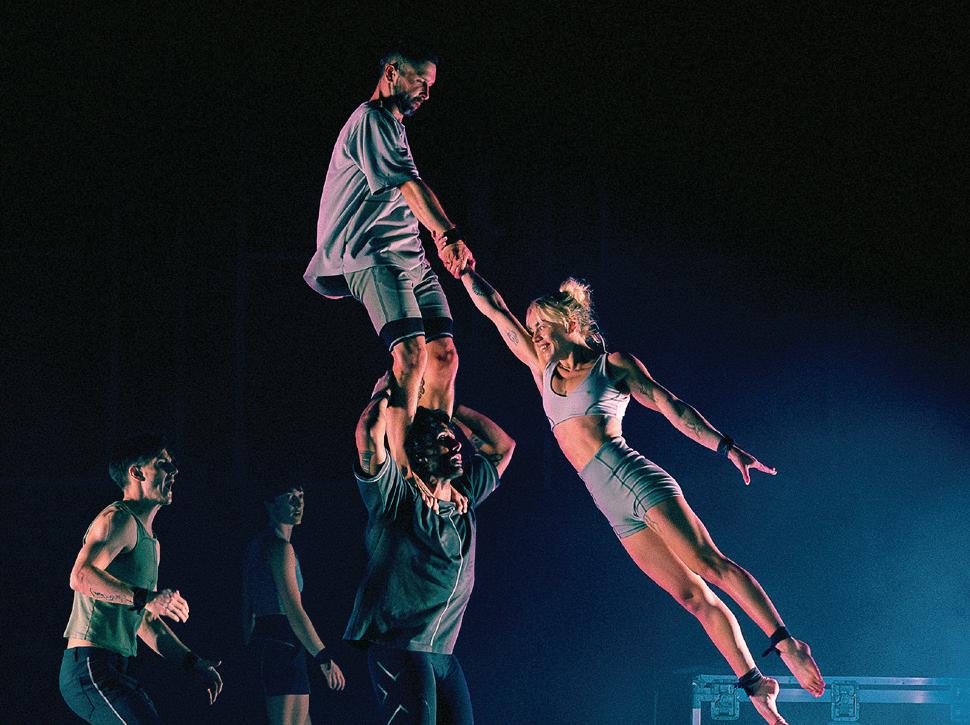

SKINNYMICHELLE PEARSON UNDERBELLY BRISTO SQ, FRESIAN
18:50, 30 JULY - 10 AUGUST

SUMMERHALL RED LECTURE THEATRE AUGUST25-JULY3116:45,


THESONICRATS,PLEASANCETWO 10:30,30JULY-25AUGUST












TEN THOUSAND HOURS






GRAVITY & OTHER MYTHS








ASSEMBLY HALL
18:00, 30 JULY - 24 AUGUST














THE LISTIES: MAKE SOME NOISE THE LISTIES




































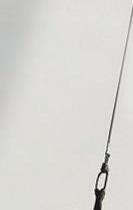







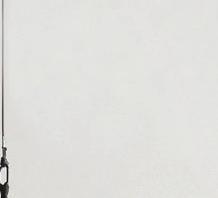







ORPHEUS &

ASSEMBLY GEORGE SQUARE: STUDIO ONE 11:30, 30 JULY - 25 AUGUST




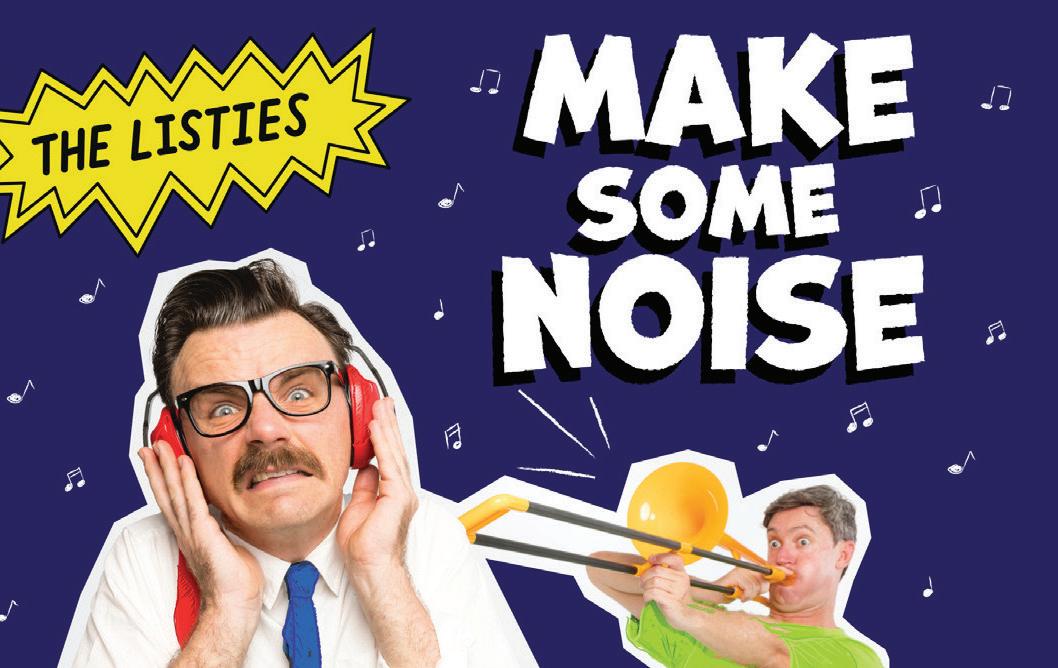



EDINBURGH INTERNATIONAL FESTIVAL QUEENSLAND’S PRODUCTION IN ASSOCIATION 20:00,13&15AUGUST




“With its genre-defying, humorous work, House of Oz once an essential stop on any











































































FLICK MAD NUN PRODUCTIONS SUMMERHALL RED LECTURE THEATRE 16:45, 31 JULY - 25 AUGUST
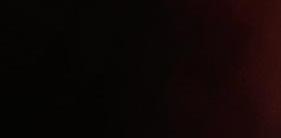


& EURYDICE& OPERA AUSTRALIA PRESENT OPERA
ASSOCIATION WITH CIRCA EDINBURGH
AUGUST/15:00,16AUGUST
SKINNY
MICHELLE PEARSON











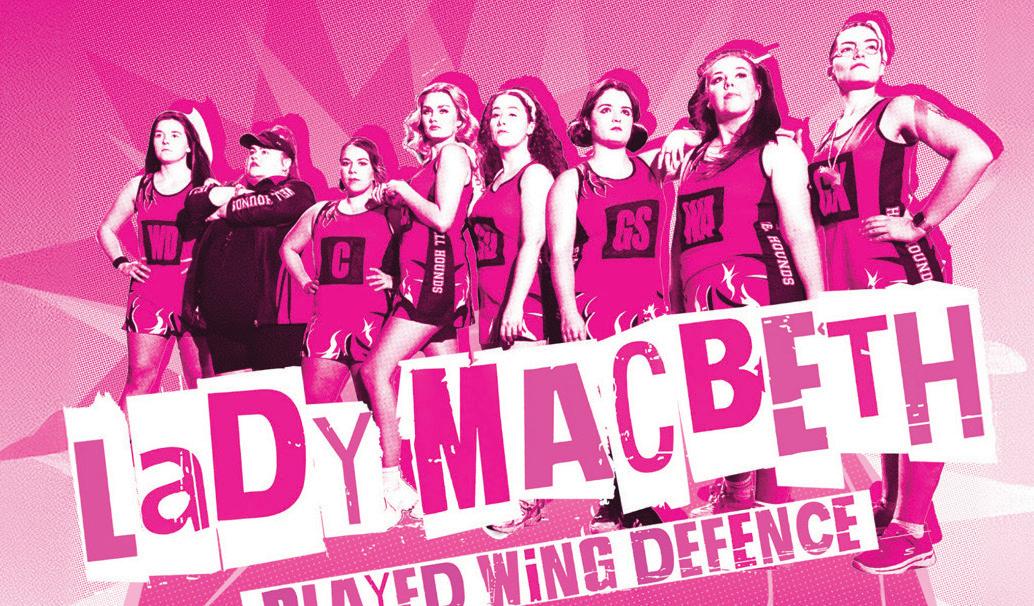












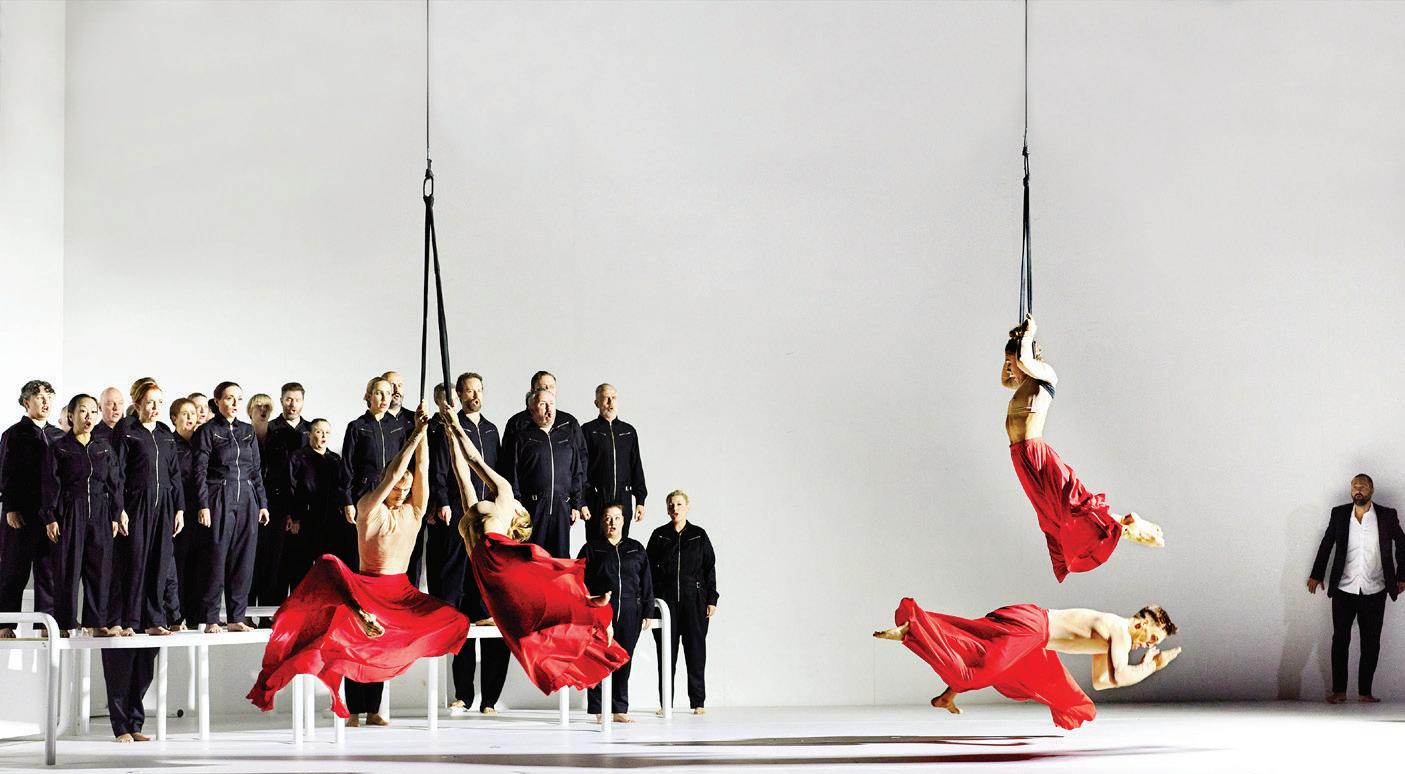
ORPHEUS & EURYDICE


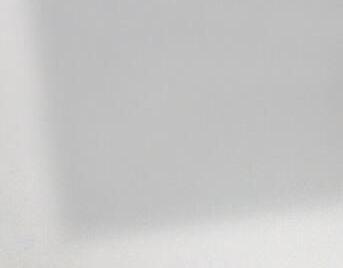
EDINBURGH INTERNATIONAL FESTIVAL & OPERA AUSTRALIA PRESENT OPERA
UNDERBELLY BRISTO SQ, FRESIAN 18:50, 30 JULY - 10 AUGUST






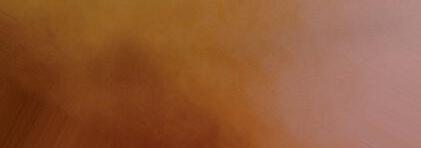








QUEENSLAND’S PRODUCTION IN ASSOCIATION WITH CIRCA EDINBURGH PLAYHOUSE 20:00, 13 & 15 AUGUST / 15:00, 16 AUGUST










LADY MACBETH PLAYED WING DEFENCE CRASH THEATRE CO ASSEMBLY GEORGE SQUARE: STUDIO ONE 16:15, 30 JULY - 25 AUGUST




























YOU’RE AN INSTRUMENT! THE PLEASANCESONICRATS







TWO 10:30, 30 JULY - 25 AUGUST










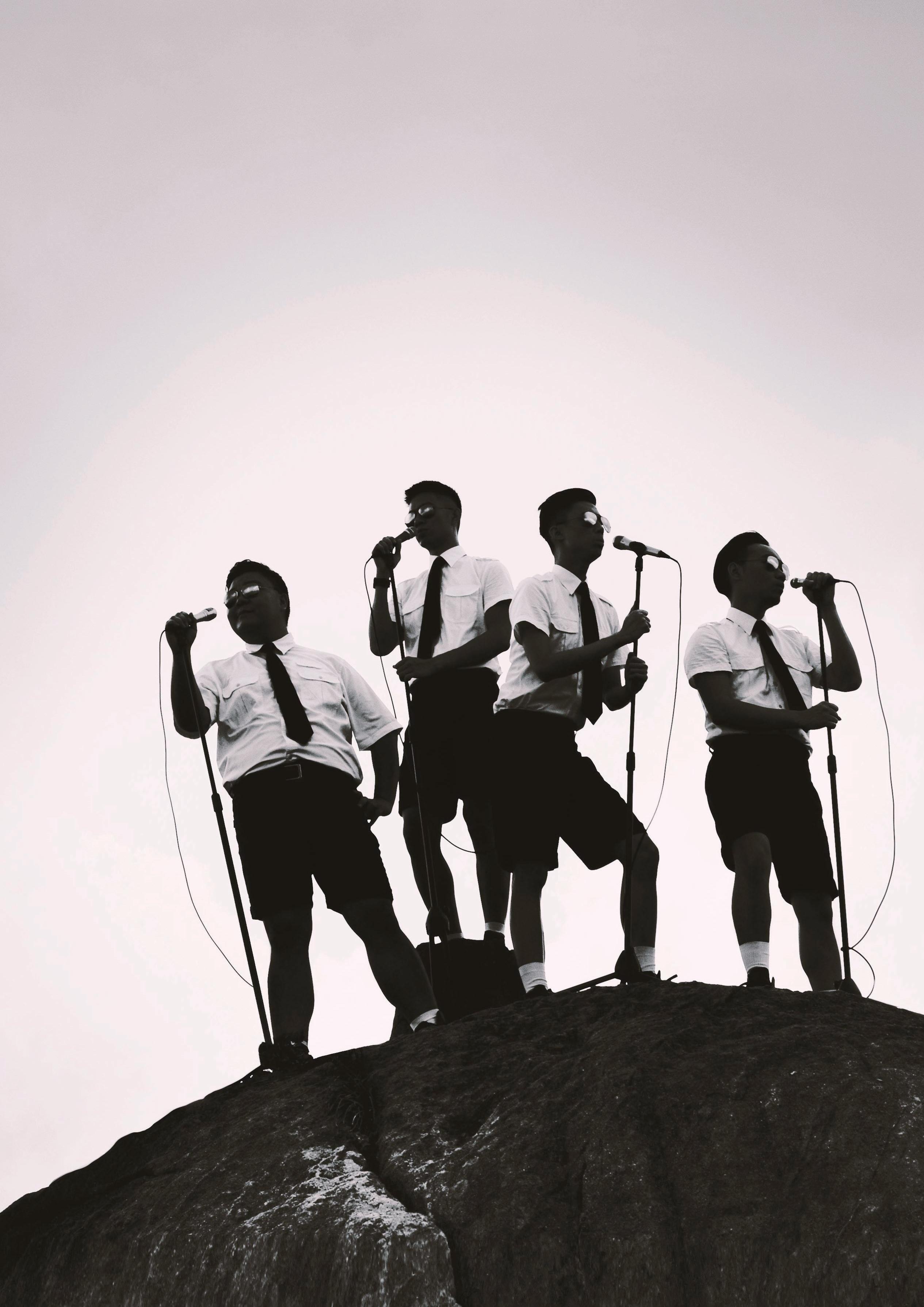
This ‘Theatrical A Cappella Adventure’ was first performed back in 2008 and is finally brought to us by the Yat Po Singers who tell the tale of Hong Kong and its past, present and possible future. Featuring six singers and a clarinettist, the story is told through the conceit of a bunch of scouts who go on a hiking trip. n SpaceTriplex, 11–23 August, 12.20pm.
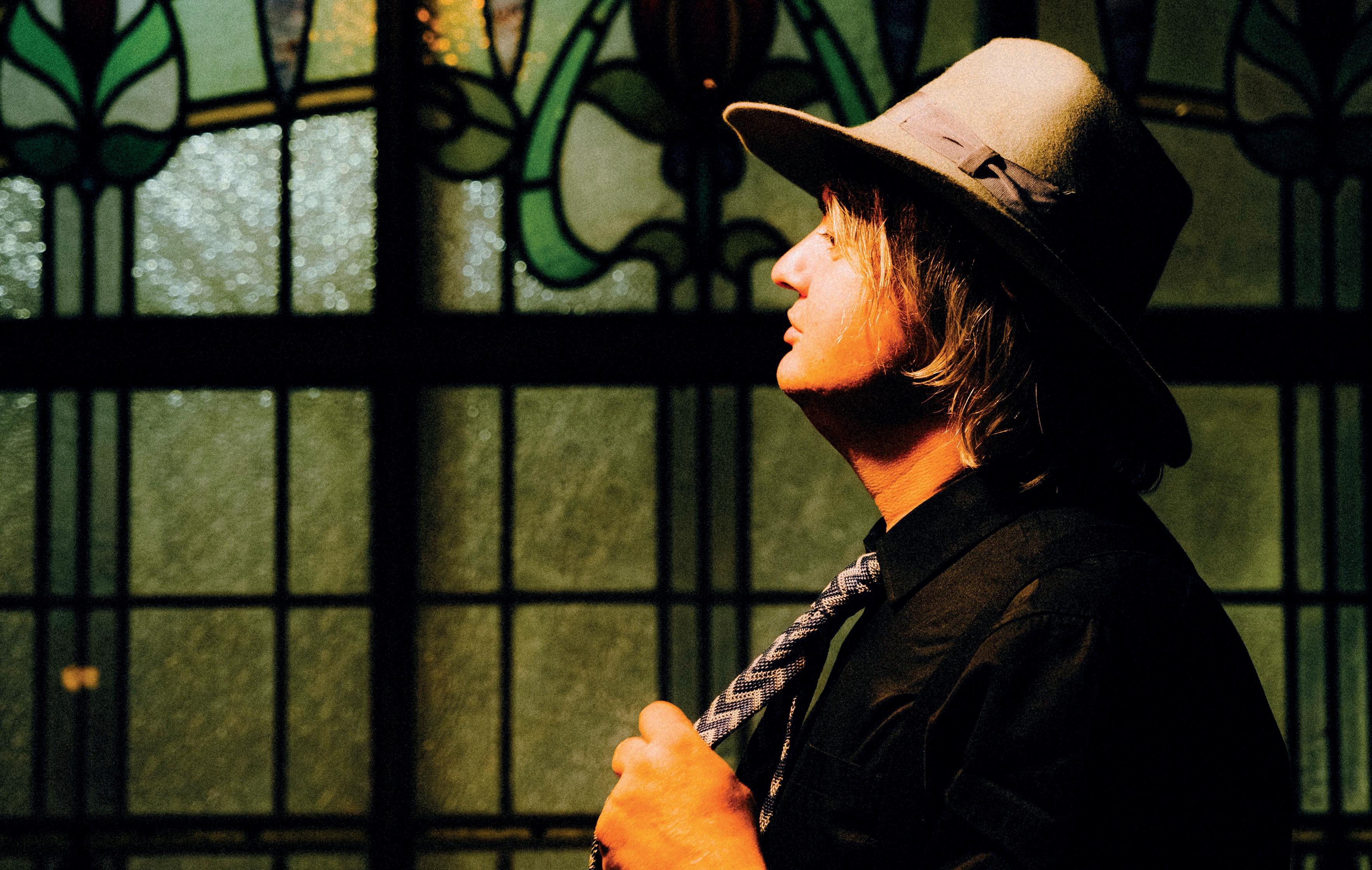
The public perception of the troubled troubadour doesn’t quite fit Peter Doherty these days. As The Libertines frontman goes solo as part of the Big Nights series of gigs, he tells Fiona Shepherd about life in a very different kind of coastal town and entertaining his young daughter with song
Guitars or drugs: which way do you jump? For a long time, Pete(r) Doherty, The Libertines frontman and charismatic solo artiste, chose the latter more often than the former. And I swear it wasn’t me who brought up his notorious and already very well-documented drug days. ‘Addiction is such a big problem in music because you’ve got creative people who are just sat around,’ Doherty says via Zoom, indicating his bandmates scattered about the rather grand backstage environs of Hitchin Priory . . . that’s a fancy country house hotel in Hertfordshire, by the way, not to be confused with any rehabilitation facilities which might bear a similar name.
In fairness, none of his fellow musicians are ‘just sat around’. In fact, most have an instrument to hand, including Doherty. ‘I like to have a nylon stringed guitar about but they break so easy and inevitably you end up with a four-string guitar with the arse hanging out of it, pardon my French.’ Next, he’s serenading me with The Jesus And Mary Chain’s ‘April Skies’ and admitting to ripping off ‘Never Understand’ for ‘Can’t Stand Me Now’, The Libertines’ classic from 2004. ‘If you’re addicted to playing the guitar and writing music, that’s amazing because it can only be a positive thing and no one gets hurt,’ he reckons. ‘Well, very few people get hurt by guitars.’
Interviewing Doherty is a little chaotic, a lot of fun and eloquently insightful, not unlike his music career. Last year, The Libertines released All Quiet On The Eastern Esplanade, inspired by their Margate base. This year, Doherty has released his first solo album in nearly a decade, Felt Better Alive. True say. Doherty’s personal life is more stable than it’s been in a long time. Since the pandemic, he has married, become a father and swapped coastal Kent for his wife’s family home in Normandy. ‘There’s less burnt-out scooters on the beach where I live now,’ he remarks. ‘I don’t know if I’d still be here if I was still in England. I was very lost, deep into crack and heroin, and I didn’t even want a way out; but I found a way out and it suits me.’
As is his troubadour way, he cannot help but hymn the neighbourhood street life, with songs on the new album about a local priest and the fine art of brandy-making written in time snatched off daddy daycare duties. ‘The babby doesn’t want to hear me fiddling around with new ideas,’ he says. ‘Her favourite song is “Happy Birthday” and she expects me to play it 30 times on the trot. I’m thinking of cutting my losses and doing a children’s album.’ Fatherhood may be hectic but Doherty is looking forward to six weeks off in the autumn when he is hospitalised to receive a wholesome carpal tunnel operation. As we round off the interview, his wife drops off his daily supplements, dampening further those rock’n’roll credentials. ‘I was going to launch into my celebration of all things brandy-related, getting lost in dreams of laudanum,’ says Doherty, ‘and my wife’s given me a Vitamin D shot and a vitamin pill.’
Peter Doherty, La Belle Angele, 12 & 13 August.
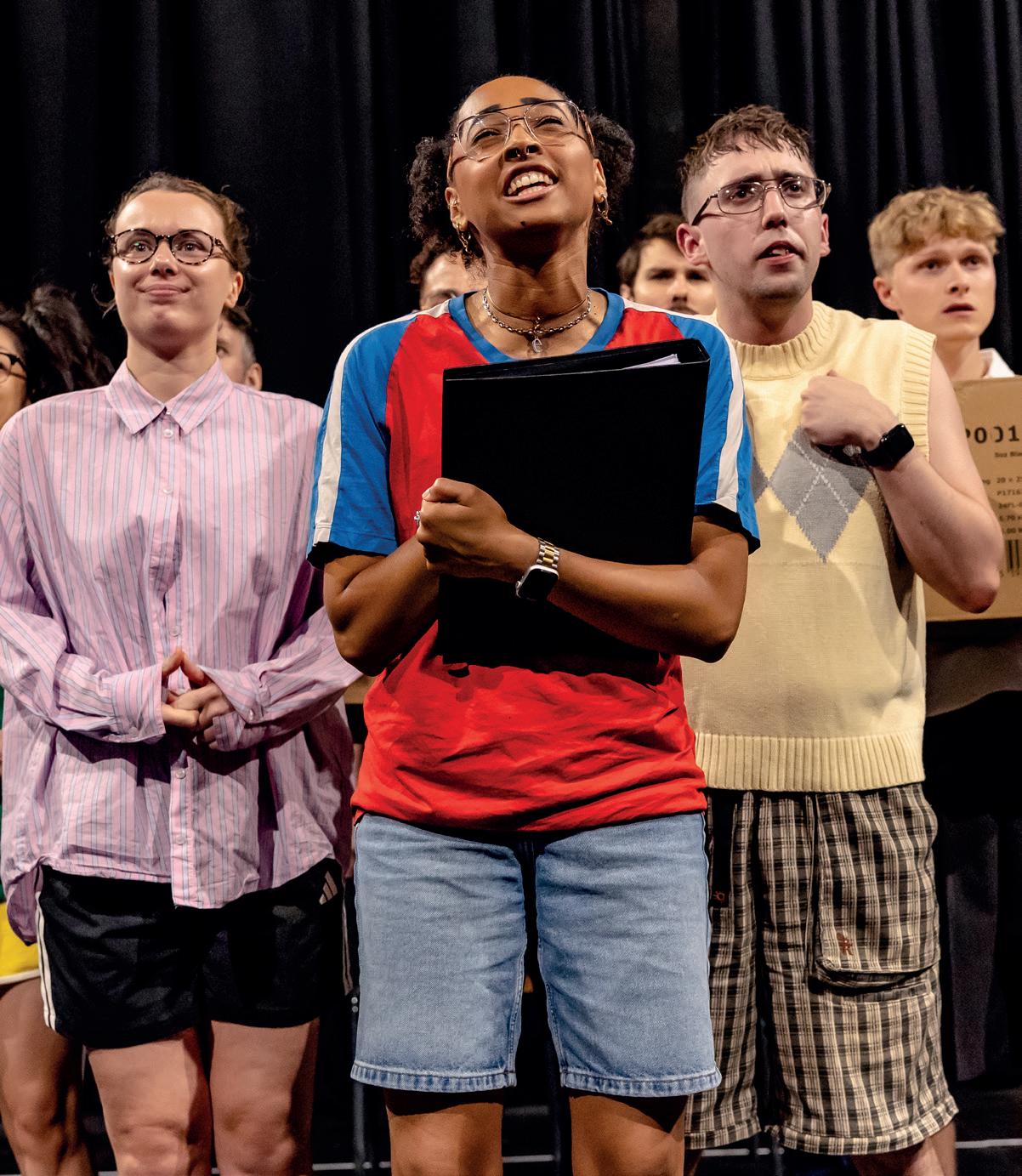
Ambient lighting provides the backdrop to a little bit of respite, deep in the heart of the Fringe. Tucked away in Assembly Roxy’s snug, a world of sensory delight awaits to guide you into deep listening. With pillows and floor chairs to lie and sit on, you are invited into a sound bath of live electronic music, away from the crowds and chaos.
There’s a very safe feel to the room and a set of cue cards help to remove you from racing thoughts so as to indulge in a listening moment. We are given plenty of opportunity to fully relax with blue, purple and pink lights blending their way into the space, before being brought back to the present with a sunny and mellow atmosphere.
For those looking to add to this ambience, expressions of sound are encouraged with microphones, as a changing stream of mood and light gives the imagination fertile ground to grow in. Although some of the sounds created are less relaxing than others, they allow for a communal and versatile experience. And while an hour seems like a long time, it passes at a pleasant pace, leaving you refreshed and feeling the benefits of the caring nature of this unique show. (Rachel Morrell)
n Assembly Roxy, until 24 August, 2.40pm.
In November 1971, the queer, avant-garde, hippy theatre troupe The Cockettes travelled from their San Francisco home to play New York. Despite success back west, the east-coast gig was a disaster played out in front of many major celebrities unimpressed by their ad-hoc style and no-rehearsal policy. A musical homage to a group that wasn’t just creatively experimental but fully embracing of fluidity in gender and sexuality feels especially important right now, both here and in the US.
Midnight At The Palace is a sparkling gem; the costumes and set are so dazzlingly busy you might need to see it again straight away. The show wonderfully captures a fascinating slice of counter-culture history using the run-up to that disastrous gig as its structure. The overall feeling is of joyous celebration but there’s an undercurrent of sadness as two of the major players, leader Hibiscus and singer Sylvester, died of AIDS-related illnesses, alongside many others. (Marissa Burgess)
n Gilded Balloon Patter House, until 24 August, 9.30pm.
When Milton wanted to explore the nature of evil, he wrote Paradise Lost. For the Fringe, its equivalent is a lazy musical that celebrates the rise of the tech-nerd, making Bill Gates and Steve Jobs the romantic heroes of a generic show which races through the two men’s ascent to power and completely ignores the consequences of their success. The music, of course, is knocked-out and bland (a pastiche of tango and gospel numbers, a couple of rap interludes), revealing how this show has no ambitions beyond pleasing a Fringe audience.
Without memorable tunes, it relies on easy jokes and singers commenting ironically on their role in the musical; or holding a long note to impress; or limited choreographic routines. It is completely formulaic: take a popular topic, get well-trained, effective triple threats (who do their work well despite the atrocious material) and buy a rhyming dictionary.
Perhaps more disturbing is the shallowness of plot and characterisation; although the social influence of Gates and Jobs is complex, one of them prevented free access to a covid vaccine and the other was abusive to his staff and family. Their domination of the computing world is recast as a jolly romp, their loose practices reduced to a skit, and the final redemptive ending (in which Gates proposes solutions to the whole world’s problems) is trite, dishonest and theatrically unspectacular. A cheeky pop musical may not be the place to address the world’s problems, but this feels like a pabulum that hides those troubles with a stupid grin. (Gareth K Vile)
n Underbelly Bristo Square, until 25 August, 12.30pm.
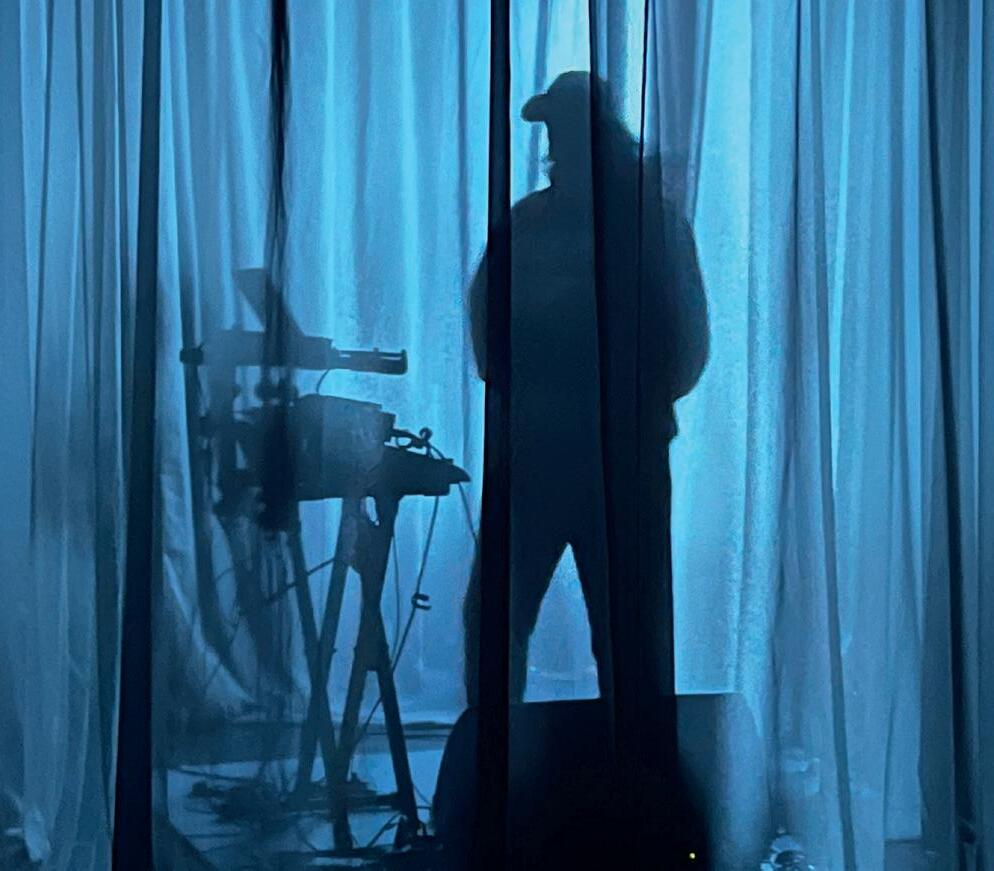
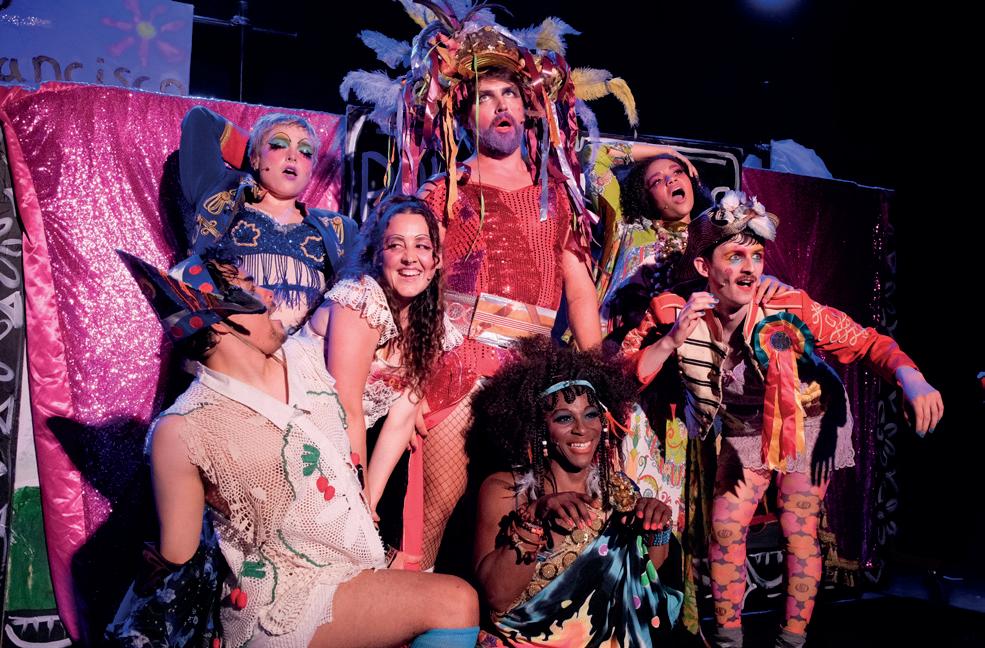







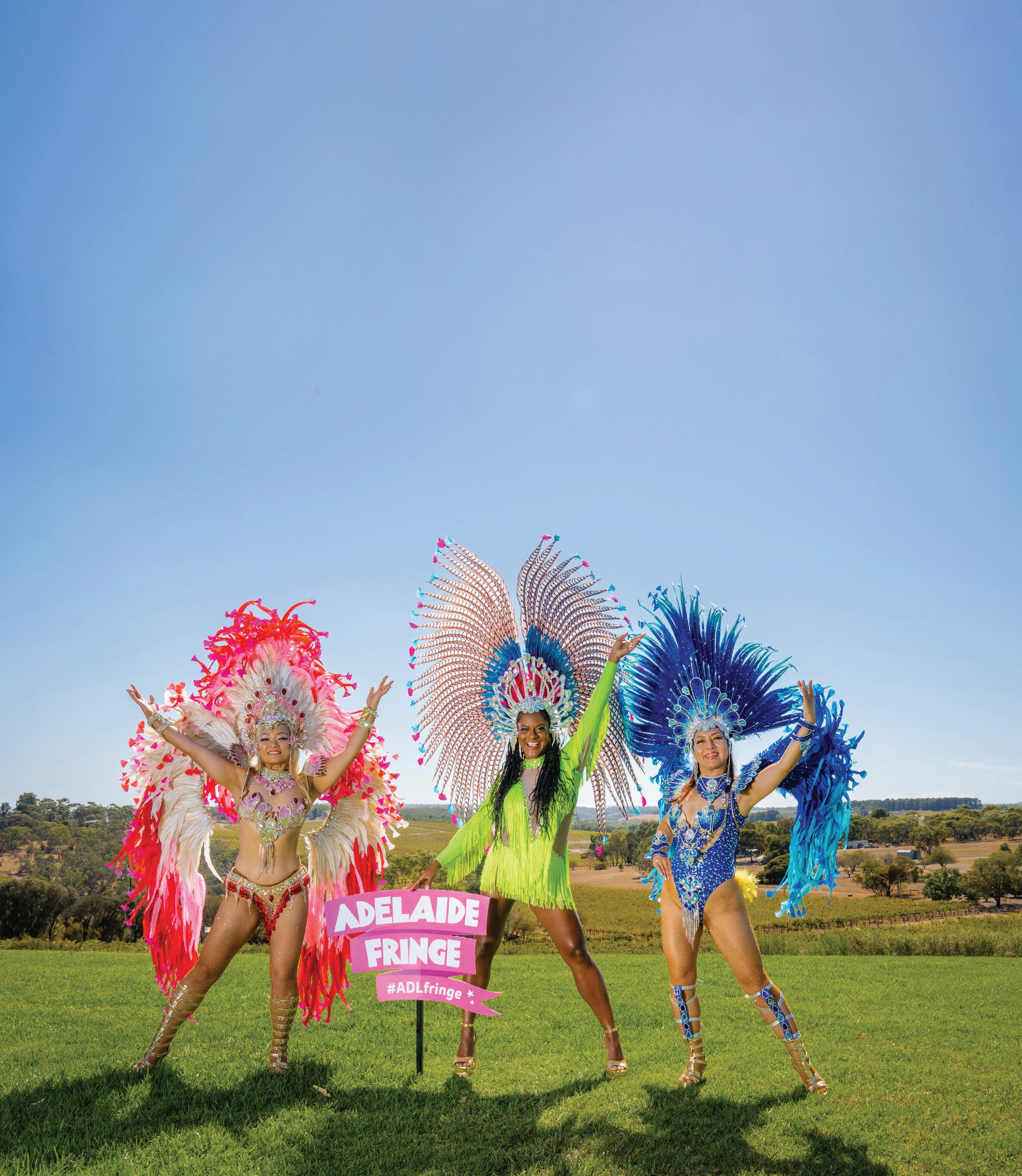
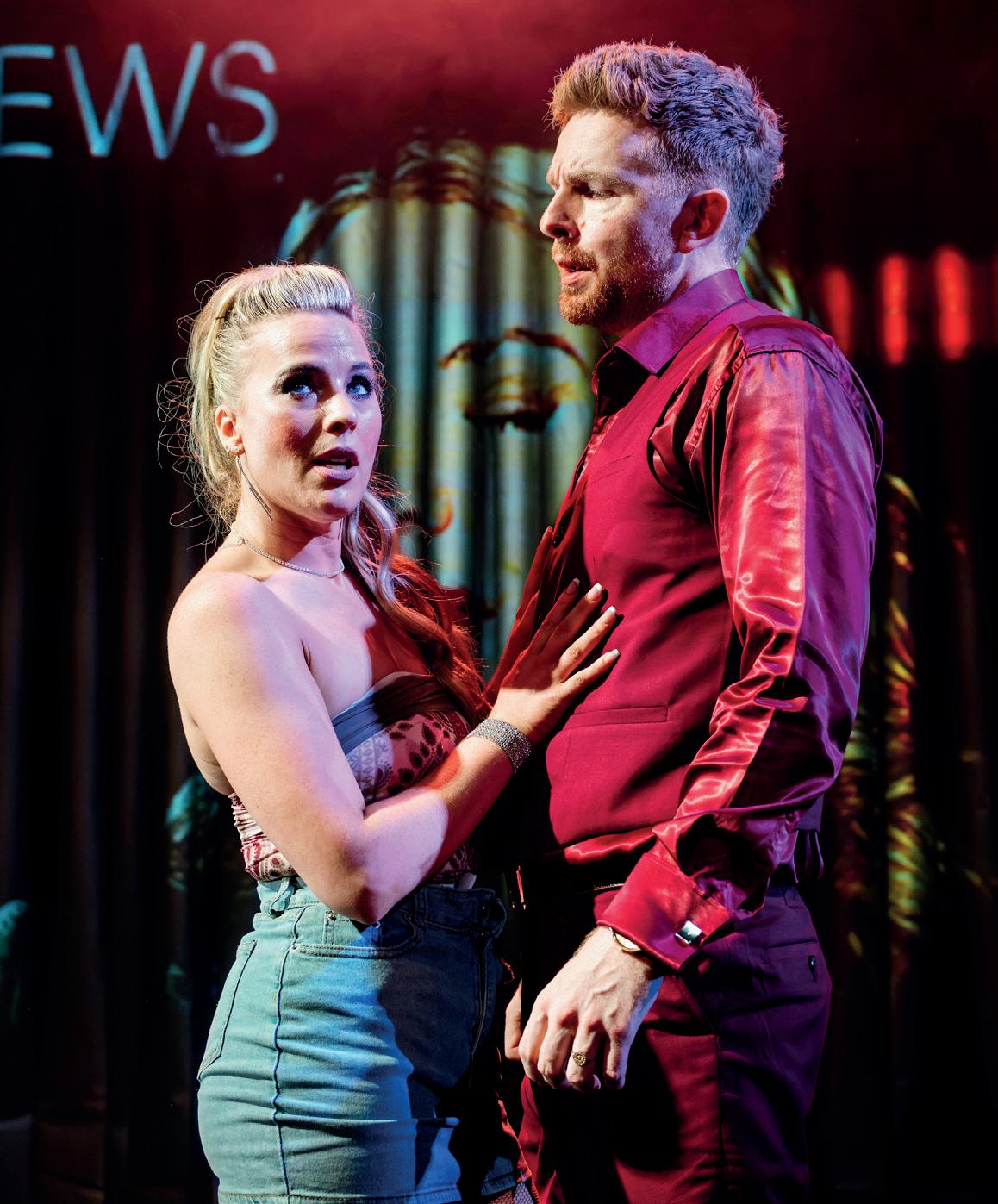
As the audience enters the theatre, a scrolling screen flashes up post-Brexit headlines from the likes of The Sun and Daily Mail. Then, the mood changes as five performers in shiny leotards launch into a song about the premise of this musical: four immigrants to the UK are given the chance via a Miss World-style competition to be crowned Miss Brexit and become ‘one of us’, while the other three will be deported.
To prove their worthiness to stay, the contestants must give their ‘sob stories’ before jumping through a series of increasingly ridiculous hoops. Sound familiar? And with each elimination round, the contestants’ fates are decided by the audience. It’s an absurd premise that leans into the silliness, with those serious headlines never revisited, save for one segment that veers into lecture mode.
Some songs are strong while others meander, and although none advance the plot in any meaningful way, they do help to humanise the immigrant contestants, which is really the whole point. It’s uneven in parts, but Miss Brexit has a strong cast and plenty of heart. With a little tightening, its message could land far more powerfully. (Lauren McKay)
n Underbelly Bristo Square, until 24 August, 1.25pm.
The earth moves, the clouds part, and the gates of heaven open in this new lo-fi musical that sees the gospel according to the Church Of Garth decree that the entire congregation wear butt plugs at all times. Built for comfort they are not, but when corks are popped and asses unfrozen, those not doing god’s bidding fly off into the ether like a burst balloon. Bearing witness to this are teenage BFFs Luke and Connor, who embark on a mission to kill off the sinners en route to filling the holes in their own lives.
The lord moves in mysterious ways in this scurrilous romp, written and performed by Jake Brasch and Nadja Leonhard-Hooper aka the American Sing-Song company. They lay bare their fantastical narrative from behind a keyboard and enough Foley equipment to soundtrack War Of The Worlds with, yes, gay abandon. All hail the second coming. But go easy on the lube. (Neil Cooper)
n Underbelly Cowgate, until 24 August, 8.20pm.
Many things (low rise jeans, telly talent shows, Coldplay) deserve to stay firmly in 2002. But as this glorious musical adaptation proves, Footballers’ Wives, the glossy ITV drama about the wives and girlfriends of the fictional Earls Park FC’s players, is not one of them. Sequinned, sparkled and stuffed with strong female leads, it’s a high-camp spectacle that’s already packing out the Assembly Rooms, with a part crime caper, part hospital drama and part wedding-day-splash-in-OK! magazine plot that’s never less than full bedlam and total bobbins. In short, it’s bloody brilliant.
Although the staging is pretty simple, there’s not a dull moment. ‘Who wouldn’t wanna be us?’ declares an opening number that goes on to bemoan the effort required to keep one perfectly manicured fingernail ahead of the ‘faster and fitter/younger and prettier’ ones coming up behind.
Kath Gotts’ tongue-in-cheek lyrics are a thing of absolute beauty that reward the careful listen (‘it’s more than just diplomacy/when someone’s in a coma, see?’) and a powerhouse cast do them full justice. In particular, Ceili O’Connor as Tanya Turner raises the roof, though one of the best moments is reserved for Nurse Dunkley’s transformation song (Gillian Kirkpatrick, clearly having the time of her life). It would be so easy for the balance to tip in a show like this: it’s a serious sing that can never take itself seriously. Thankfully, they get it spot on: ‘subtle’ isn’t in its vocabulary, but then, that didn’t hurt the Beckhams, did it? (Jo Laidlaw)
n Assembly Rooms, until 24 August, 6.35pm.
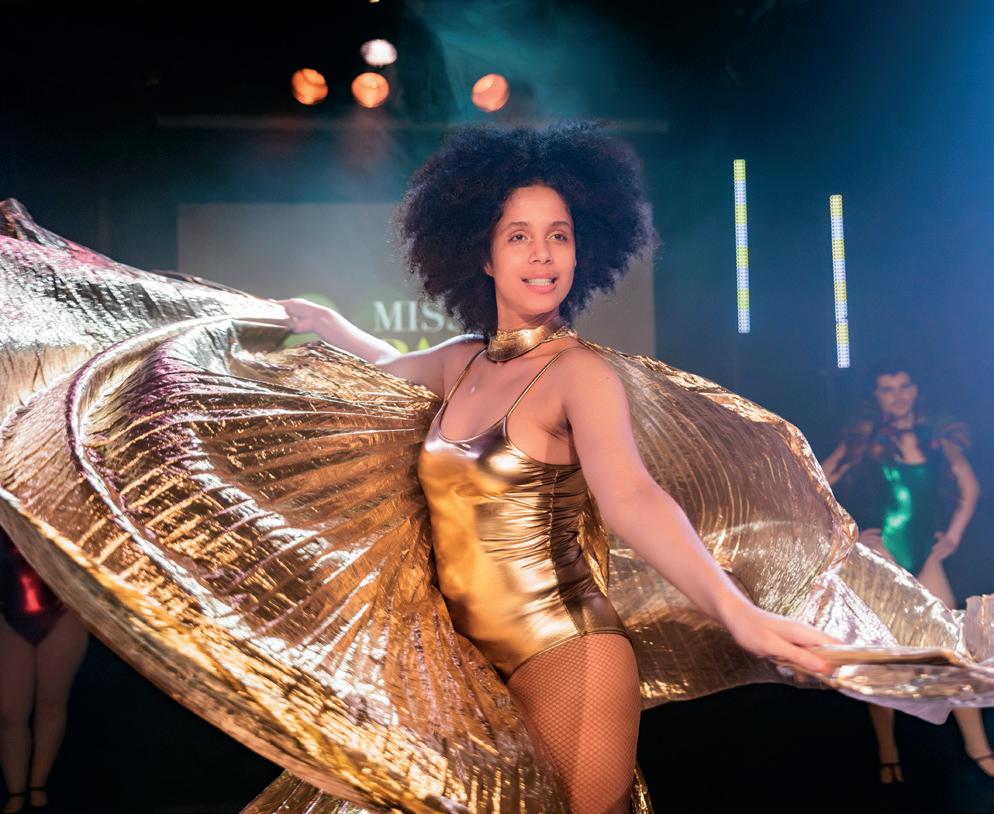
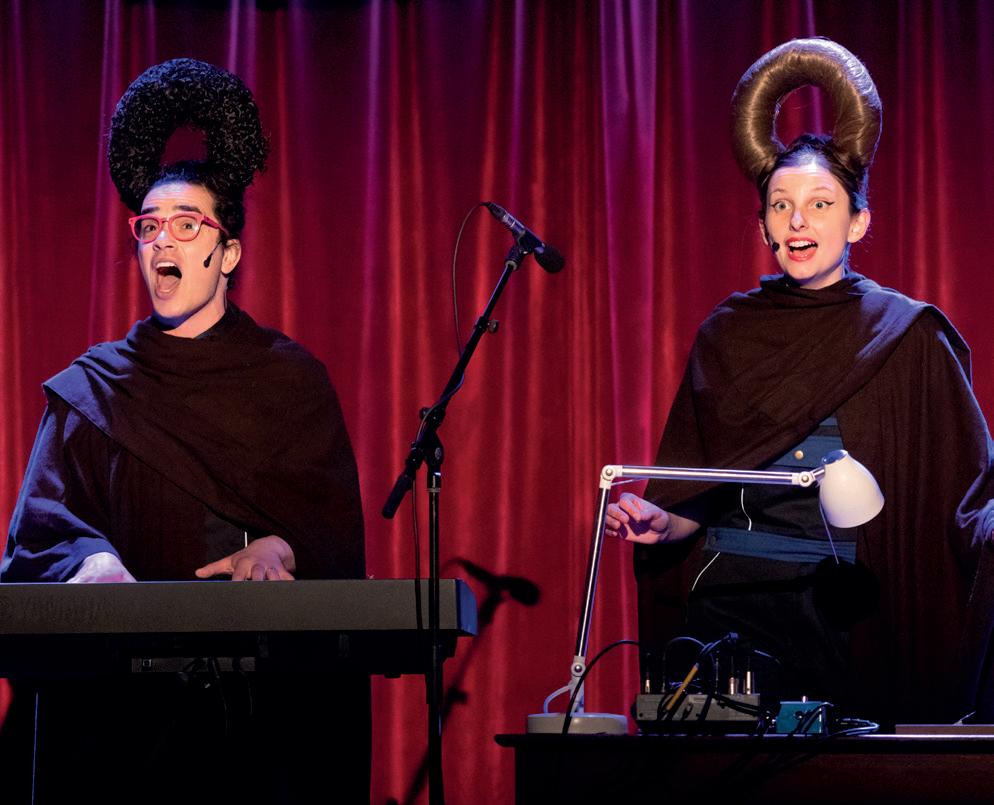
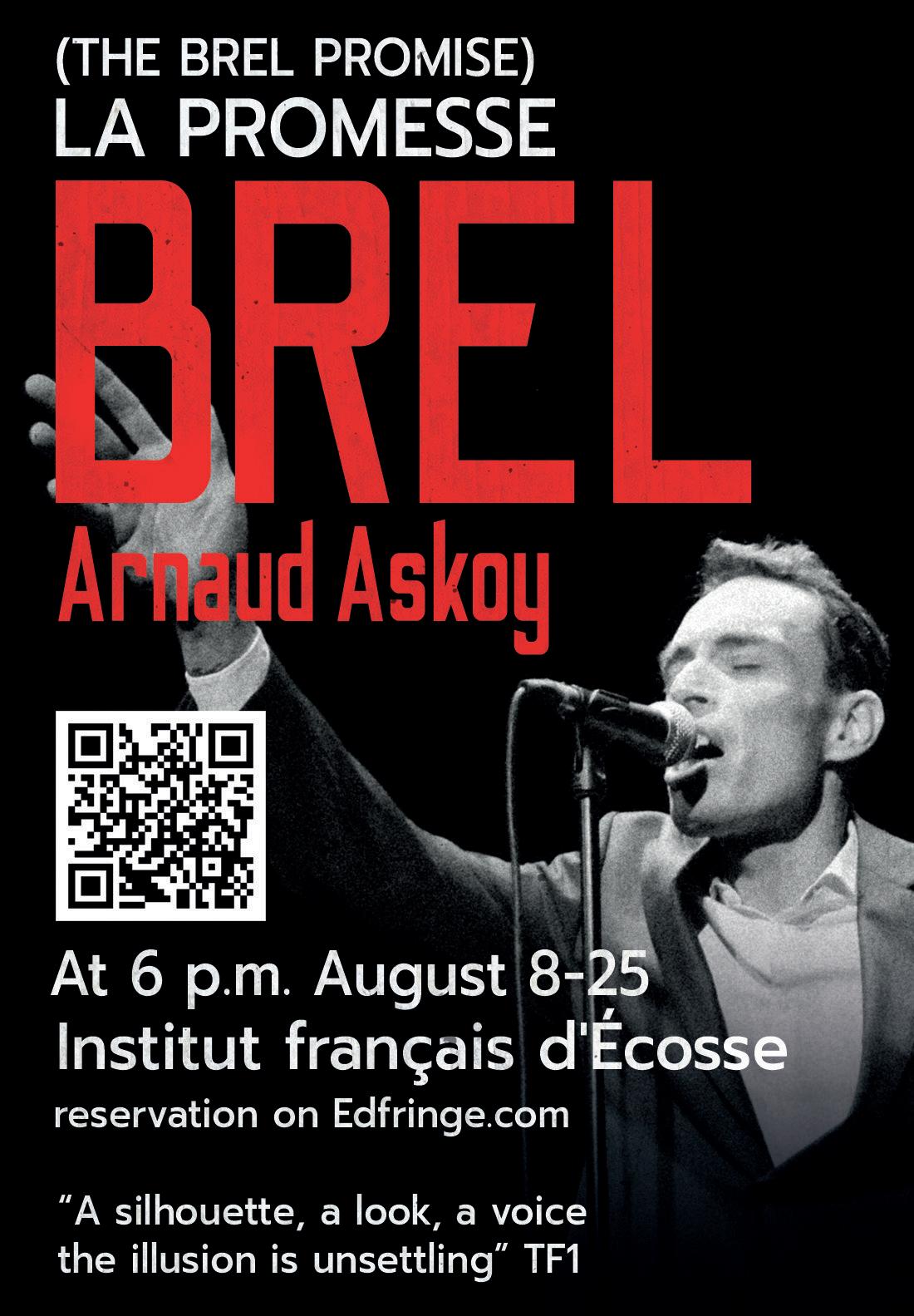




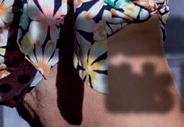



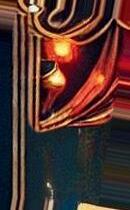





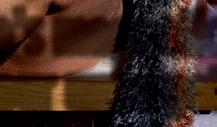


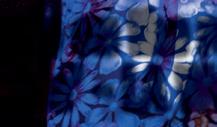



















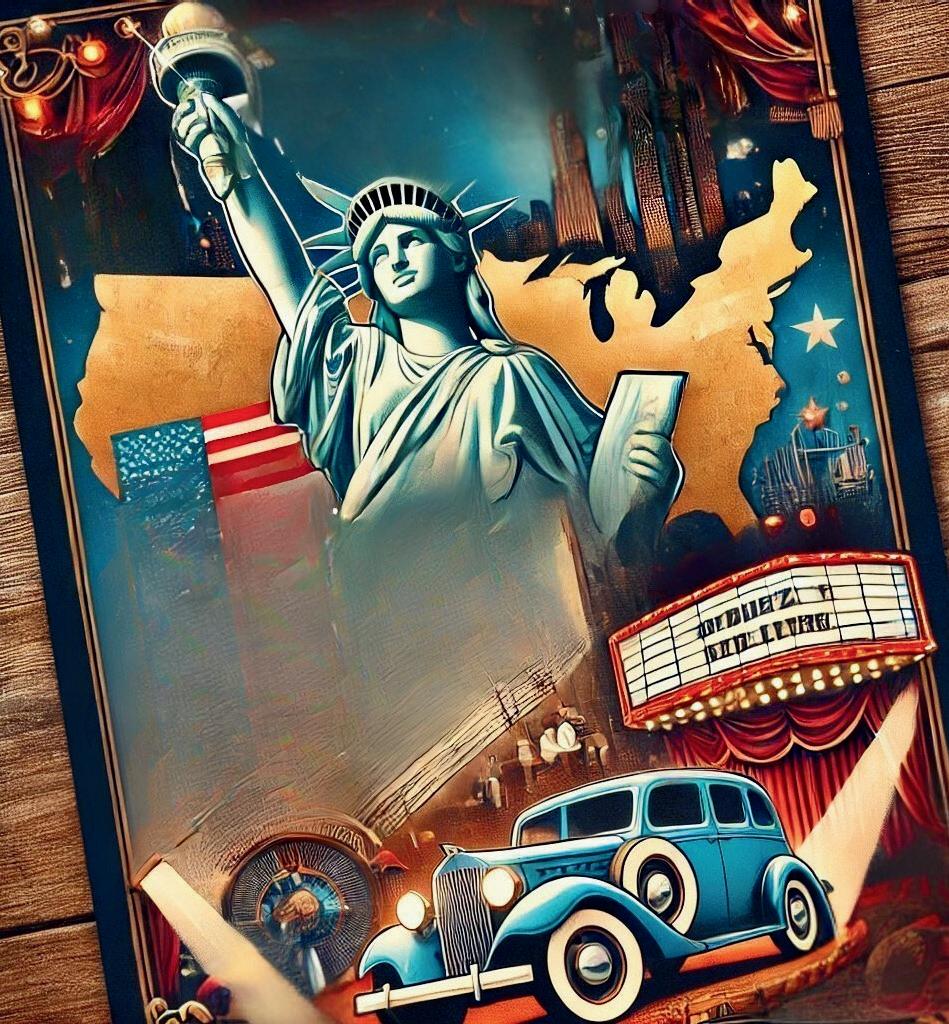




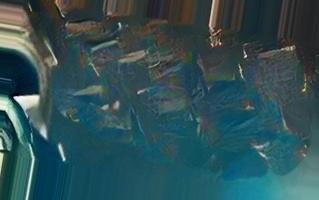
















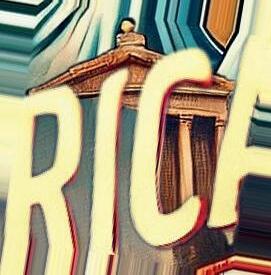




theSpace @ Niddry St Aug 11-16 15:05 (45m)
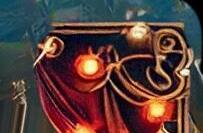








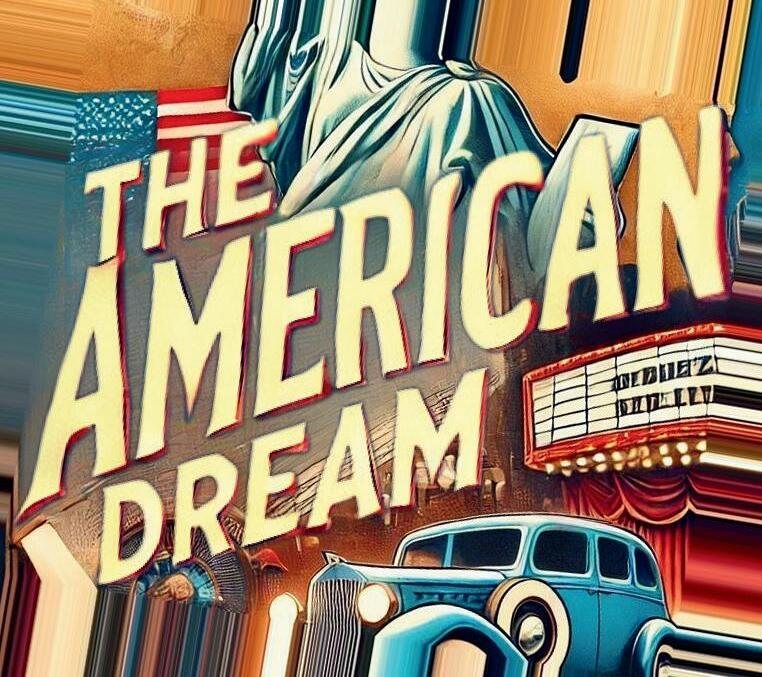





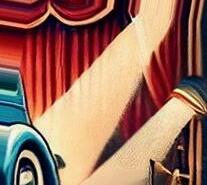



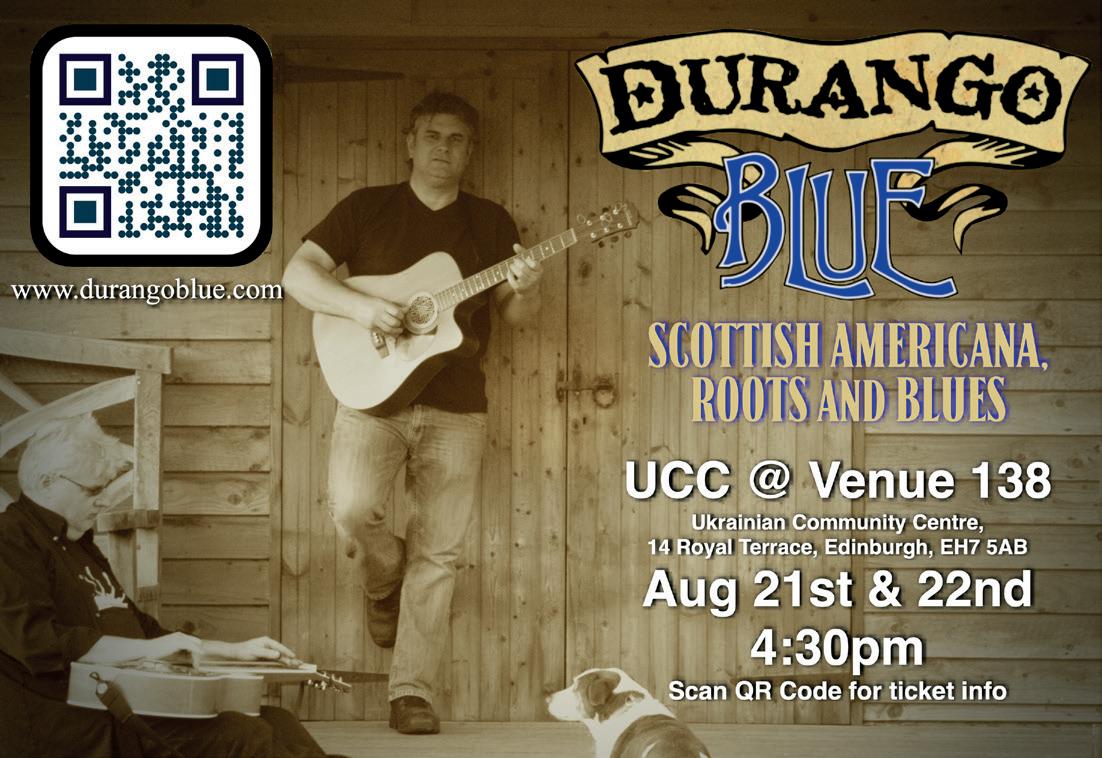
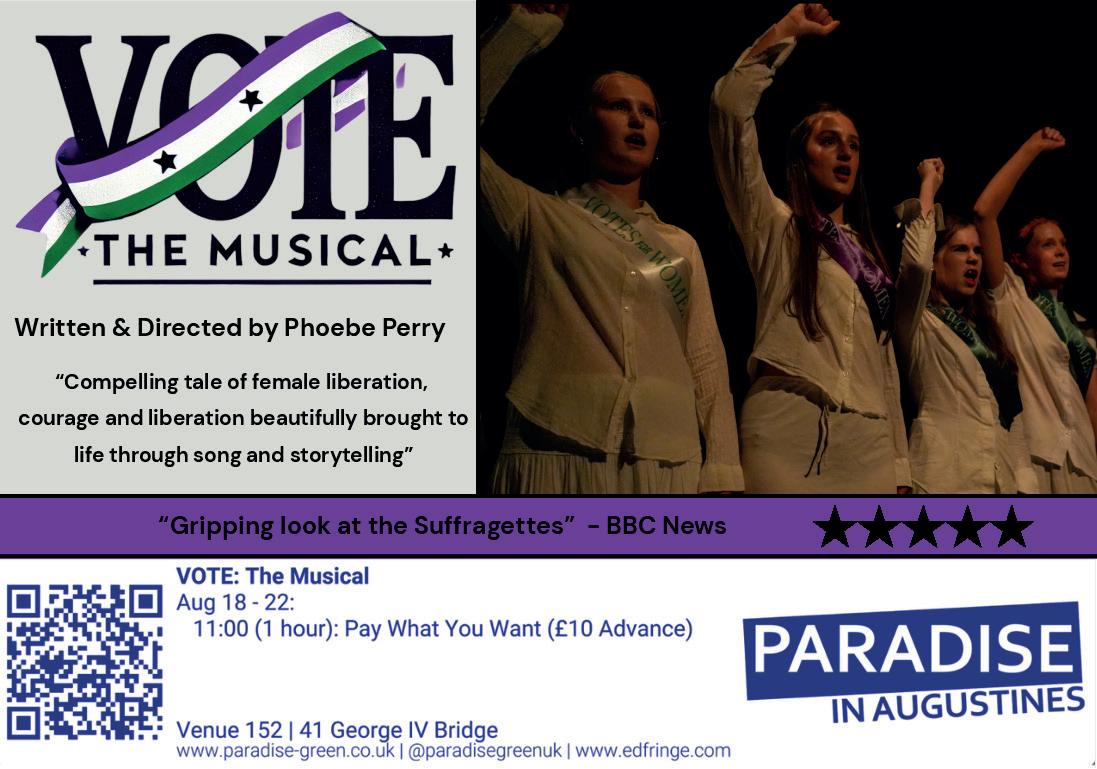
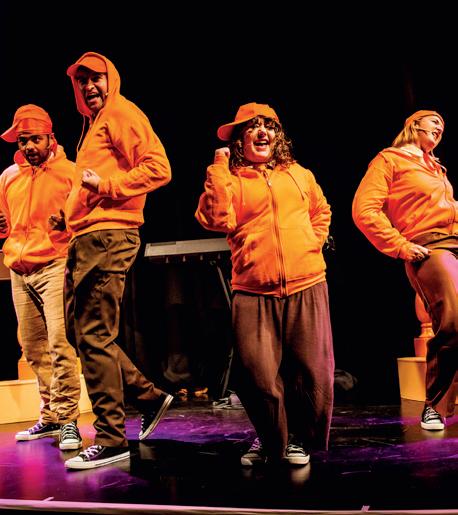
Cake or biscuit? Will the debate ever end? It should really have been wrapped up after the 1991 tribunal which came to a decision about the true identity of the Jaffa Cake. Here’s a musical about it.
Pleasance Courtyard, until 25 August, 2pm.
Take a trip through the very heart of American musical theatre with this revue that hails the cream of Broadway from its golden age to the present day.
Space Niddry Street, 11–16 August, 3.05pm.

The maverick saxophonist and spoken-word artist is Up Late at The Hub and may well platform pieces from his new album, the intriguingly named A Blade Because A Blade Is Whole The Hub, 8 August, 10pm.
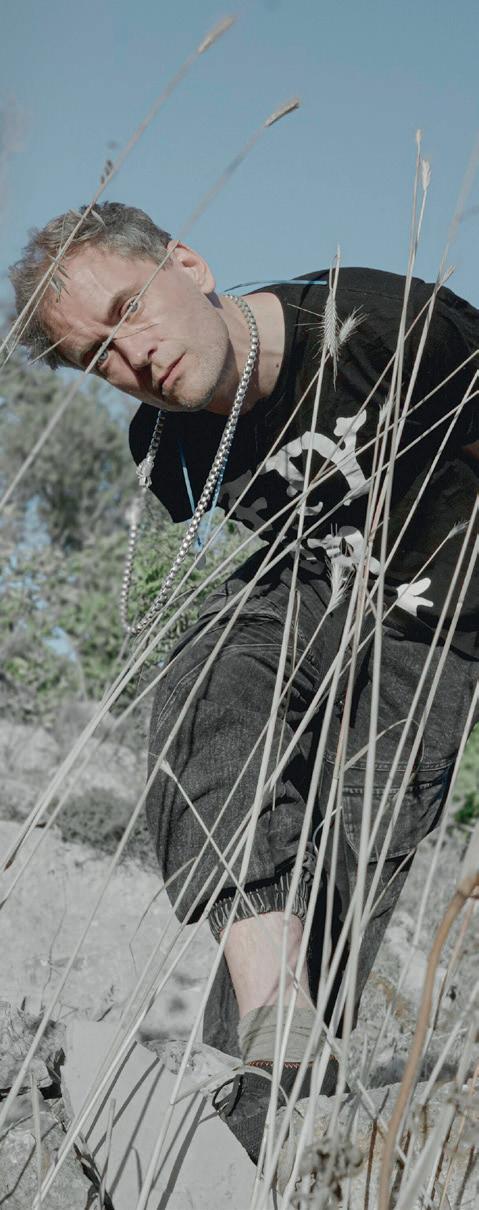
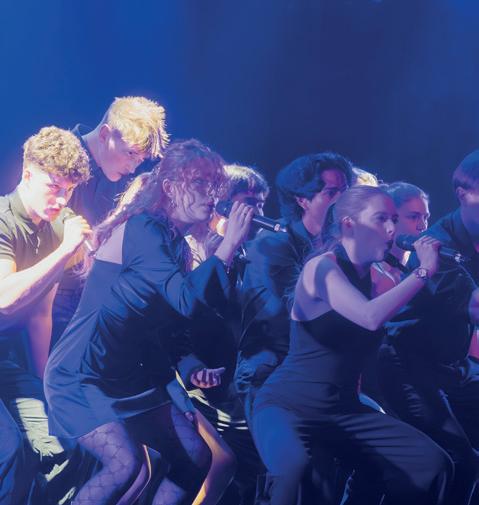
The Bath University collective were A Cappella National Champions three years in succession (2017–2019) and here they belt out a smorgasbord of sounds including pop, indie and soppy ballads
Gilded Balloon Museum, 11–23 August, 4.15pm.
This musical challenges the structures that maintain patriarchy by reinterpreting the Minotaur myth as the labyrinths of power, identity and truth are navigated. The gist of it: don’t accept the stories we’re told, people.
C aurora, 12–22 August, 5.40pm.

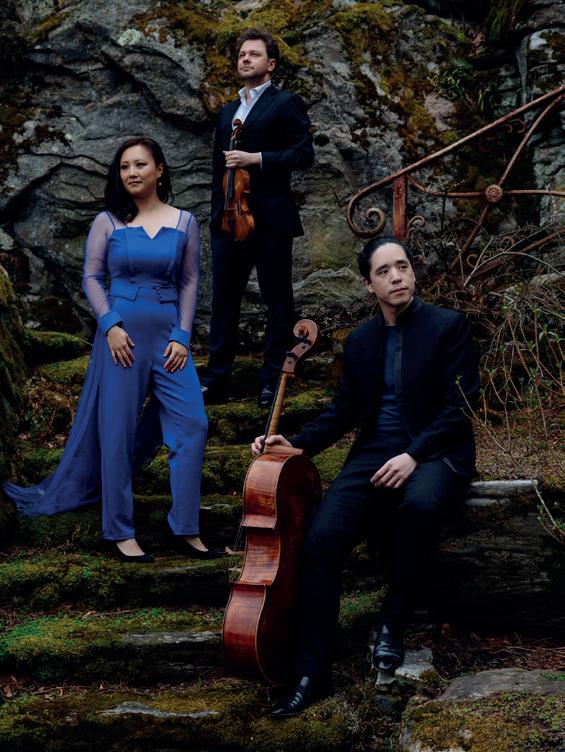
This violin, cello and piano threesome bring us an eclectic programme featuring Beethoven, Shostakovich, French composer Cécile Chaminade, and Iranian pianist Mahdis Golzar Kashani.
Queen’s Hall, 12 August, 11am.

West Africa’s drumming rhythms take centre stage as Dembele’s team (augmented by a singer and a dancer) return to Edinburgh for a concert which honours the essence of this Djembe player’s heritage.
The Hub, 12 August, 8pm.

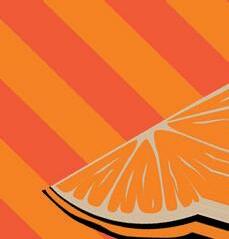


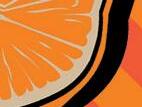



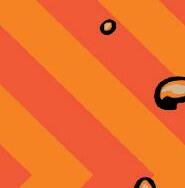



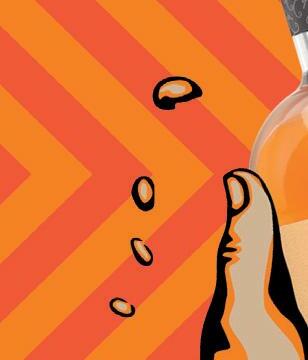
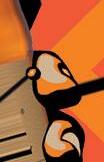





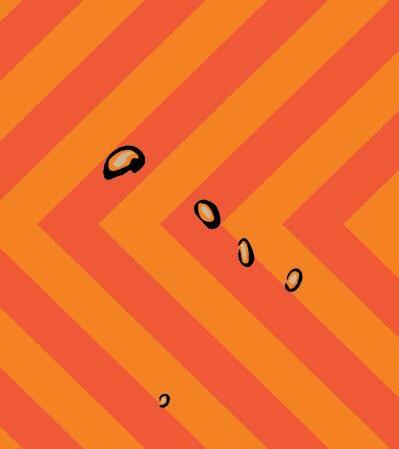




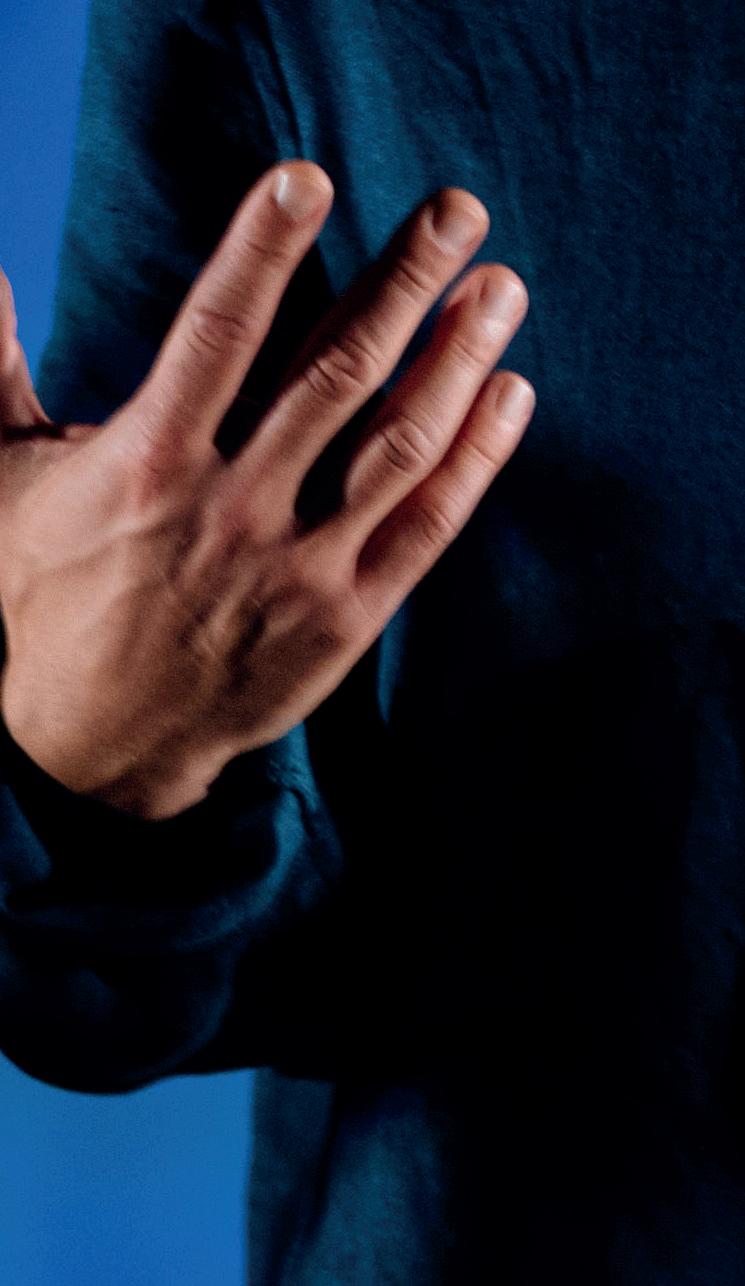
Written and performed by Glasgow-born Khalid Abdalla (some of you may recall him as Dodi Fayed in The Crown), he sets off on a voyage of self-discovery while taking a wider view at global events. Inspired by his involvement in the 2011 Egyptian revolution, the piece considers how we got into the mess we’re in right now. Traverse Theatre, 12–24 August, times vary.
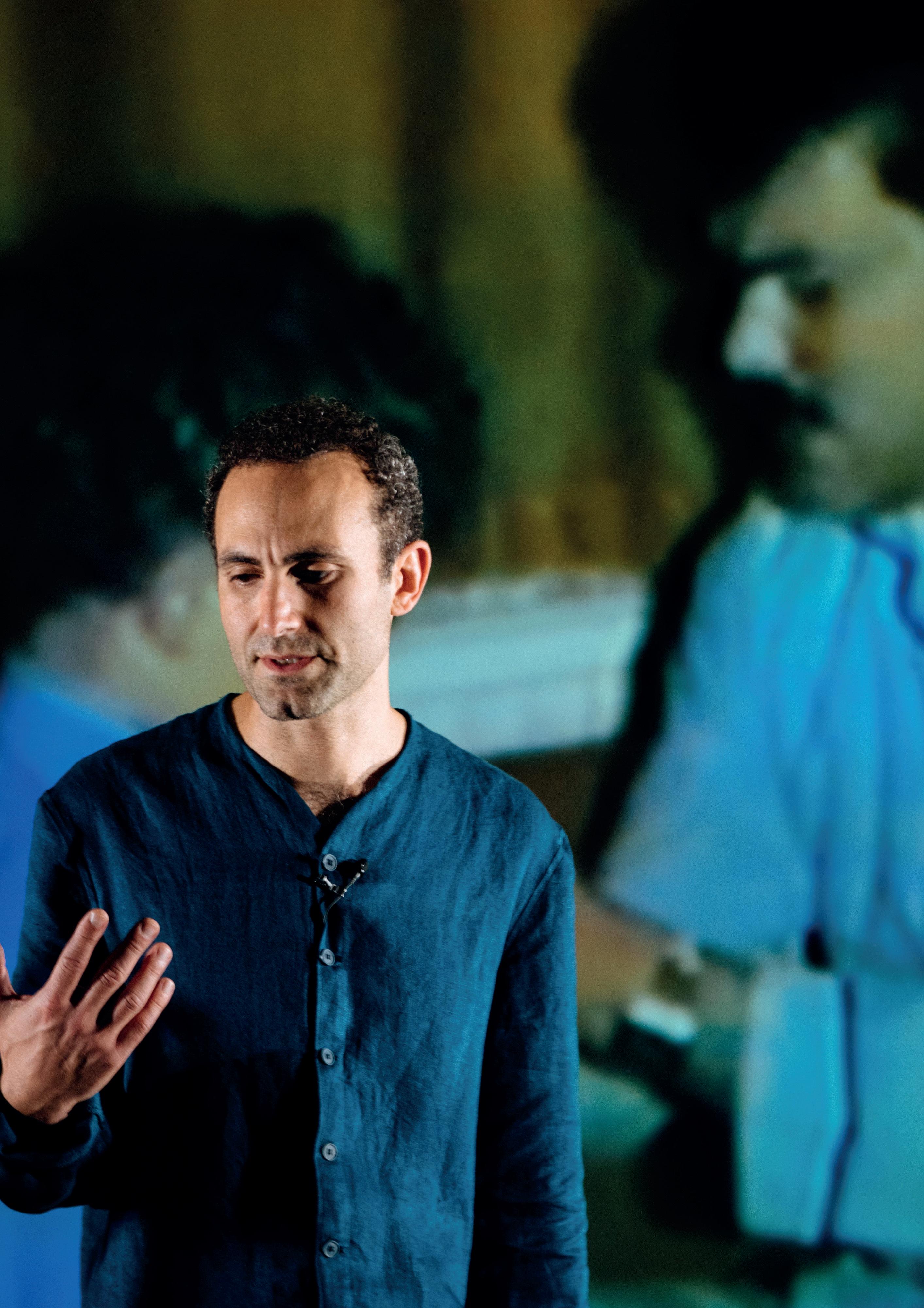



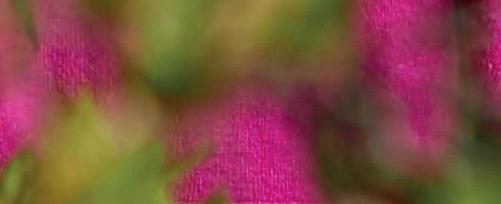
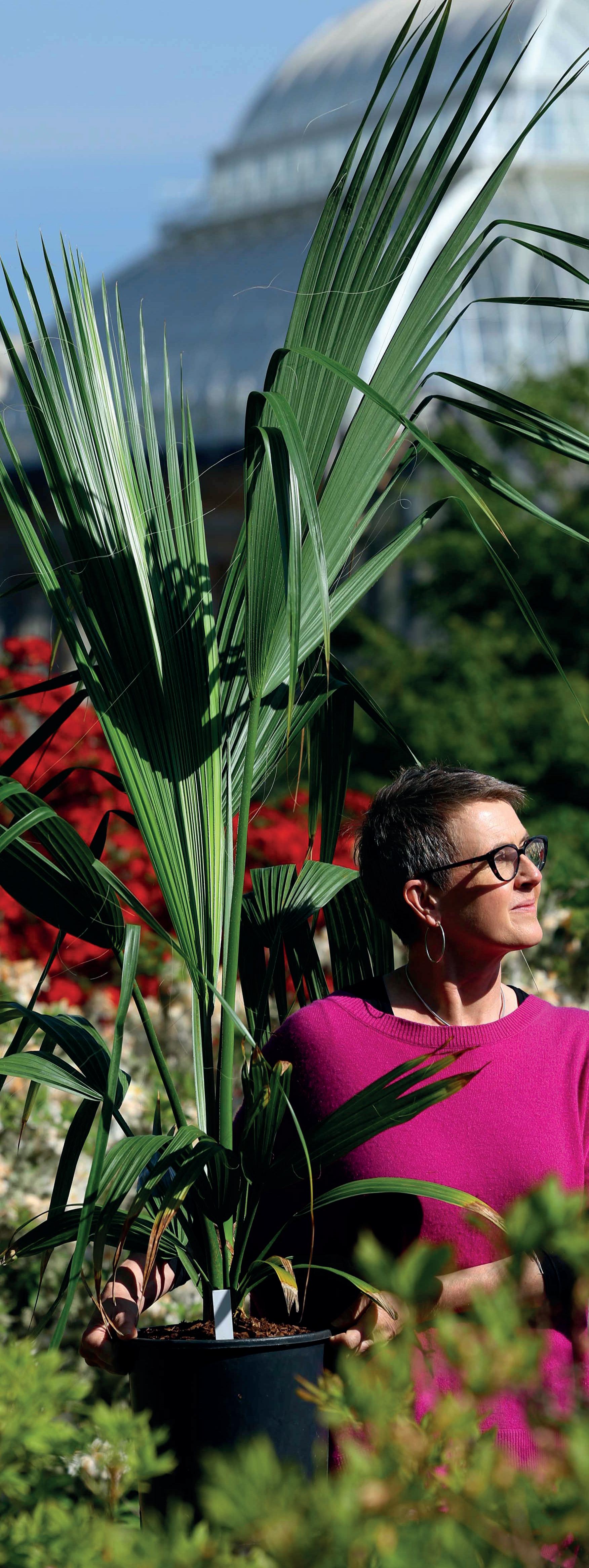








Over the years, nature has been a recurring theme in musician Karine Polwart’s body of work. She tells Claire Sawers how an exotic plant lit the spark for her latest venture, Windblown, and why the story of a single palm speaks to much bigger issues in today’s turbulent world



Scottish storyteller and folk musician Karine Polwart had been visiting Edinburgh’s Royal Botanic Garden for 30 years before inspiration struck for a new theatre piece. It was December 2019 and Polwart was on day one of an artistic residency with her friend, sound designer Pippa Murphy.









‘We pushed into the beautiful old Victorian palmhouse, and you get that wave of sticky air, that artificially hot, tropical climate. We were shown this huge, lofty, sinewy plant, a sabal palm over 200 years old (the garden’s oldest living specimen), and told it was “for the axe”. That’s when the project sparked: I could tell straight away that this plant had a back story. Windblown is the story of that plant and why it had to come down. Half of the show is the palm tree telling its own story. And it’s the story of the gardeners who have looked after it, what it says about us.’








Polwart met a horticulturalist who had watered the plant on a daily basis and was struck by the level of emotional connection that he had to it. ‘Simon Allan spoke in the most amazing way about his job. He said that being in the glasshouse with the palm, it was like being in the room with an elephant, or on a boat when a whale comes up. He talked about the palm being “almost sentient”. He talked with such affection. Losing the palm came with this profound sadness; and nowhere to put that sadness.’






than roof. The Botanics are also undergoing a major redevelopment;

The sabal (Polwart points out that, botanically, it’s not a tree as palms are closer to grasses than trees) needed to be removed as it had outgrown its glasshouse, nearly breaking the 50-foot high roof. The Botanics are also undergoing a major redevelopment; the Edinburgh Biomes project will modernise the glasshouses and add new world-class conservation and research facilities.





remarkably small, shallow roots for such tall plants. This gigantic


‘Palms have evolved to withstand hurricane forces; that’s why the piece is called Windblown. They are strong and pliant with remarkably small, shallow roots for such tall plants. This gigantic palm that I met in Edinburgh, was not subject to any tropical storms. It’s been cossetted and protected in this glasshouse, and as a result has become very tall, but also very vulnerable and

as a result has become very tall, but also very vulnerable and weak.’ ongoing Sound



Polwart and Murphy have co-composed Windblown, performed with pianist David Milligan, as part of an ongoing collaboration, which included the quietly powerful Wind Resistance about the bird migration patterns of pink-footed geese. Together they won Best Music and Best Sound at the Critics Awards for Theatre in Scotland (CATS), and their companion album A Pocket Of Wind Resistance was shortlisted for Scottish Album Of The Year in 2018.













‘I’m interested in how folklore and the history of places and ecology all intertwine. Windblown and Wind Resistance are two examples of that. Covid really brought to the fore the importance of gardens and outdoor space, the solace in the natural environment in a time of multiple political bin fires. It sounds really leftfield and niche and spoddy to talk about a palm tree, but I think it speaks to much bigger issues. It also brings up issues of identity; what it is to not be allowed to be yourself. Constraint, freedom, ecological loss, the greater than human realm. The story of the palm has all of that in it.’
Karine Polwart: Windblown, Queen’s Hall, 9–13 August, 7.30pm.


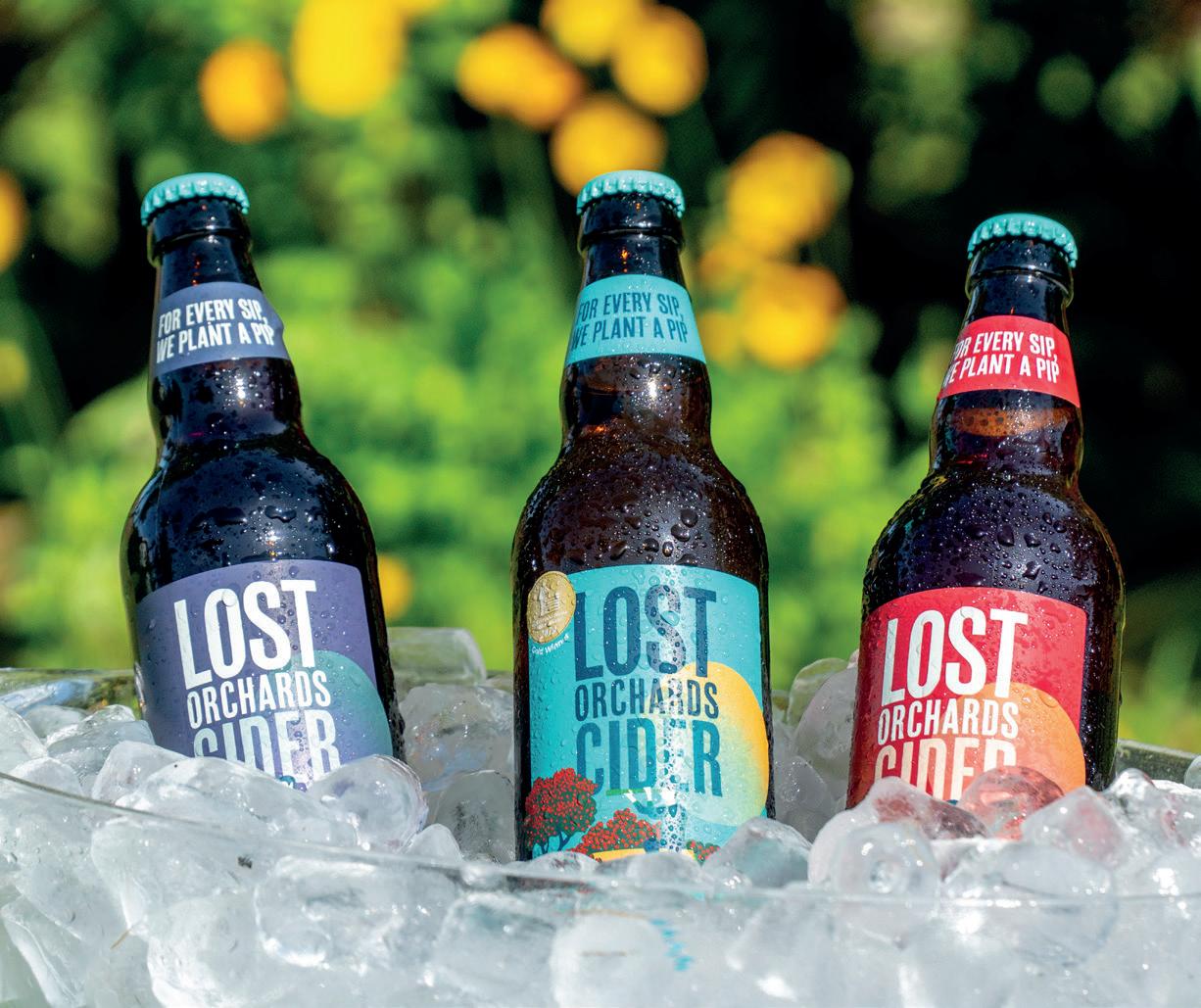


Dreamscape is based on real-life events in California on December 28, 1998, when police officers shot Tyisha Miller in her car while she slept. Using a mixture of live beatboxing, rap, spoken word and dance, writer and director Rickerby Hinds has created a piece that remembers Miller and asks us to confront police violence and racism in a vulnerable portrait of the black American community’s grief.
This elegant and heartbreaking fictionalised portrayal of Miller’s death traces each bullet wound as it ends the life of Myeisha, a sleeping 19-year-old woman. Analysing each of the 12 shots, the victim’s memories, as if in a dream, come alive in vibrant vignettes of rhythm, charm and girlhood. Jada Evelyn Ramsey, playing Myeisha, gives us the humanity, joy and vivid essence of a person whose life is abruptly stolen, while Josiah Alpher narrates, feeding us the story with characters, beatboxing and the scope of each bullet’s devastating effect.
The vocal performances, lyricism and quality of the work are exceptional. Hip hop, music and movement merge, serving us snippets of favourite songs, family life and hopes for the future. Simultaneously playful and harrowing, the bullets give us a constant reminder of the reality of the situation, and the piece ends in a brief but pleading warning to the audience to confront these real issues and put an end to senseless violence. Skillfully enacted and deeply affecting, the show is an important and urgent message to us all about police brutality and systemic violence. (Rachel Morrell)
n Traverse Theatre, until 25 August, times vary.
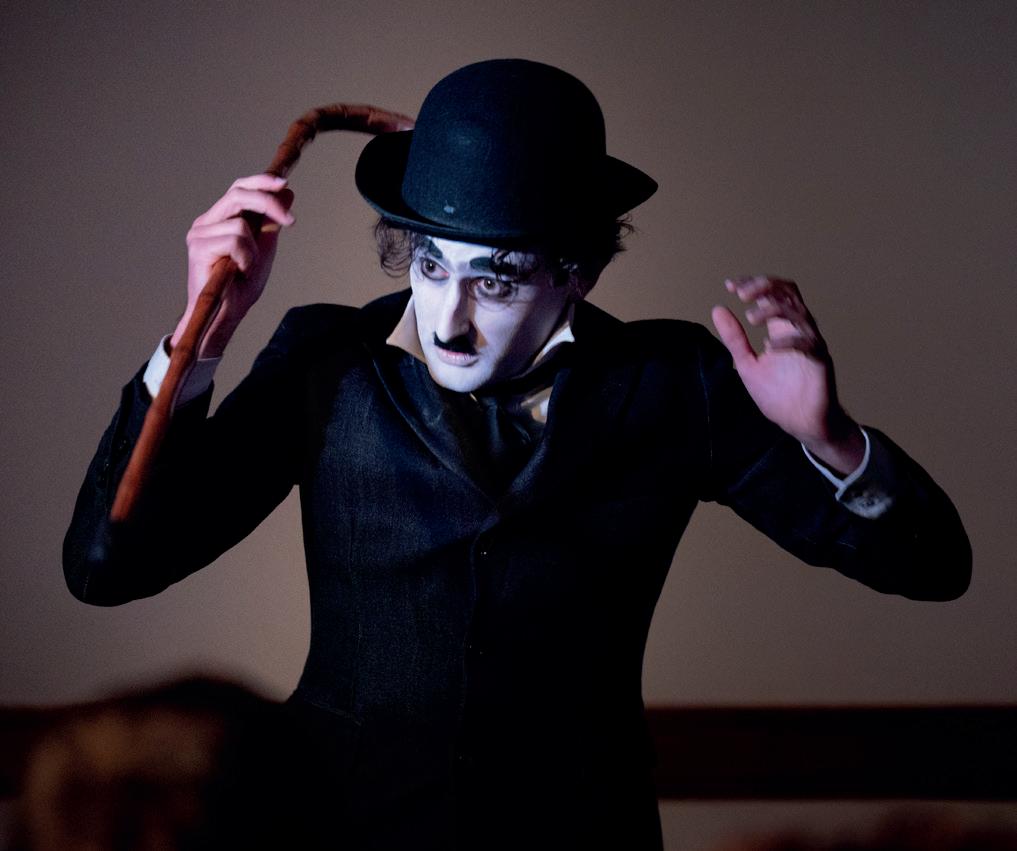
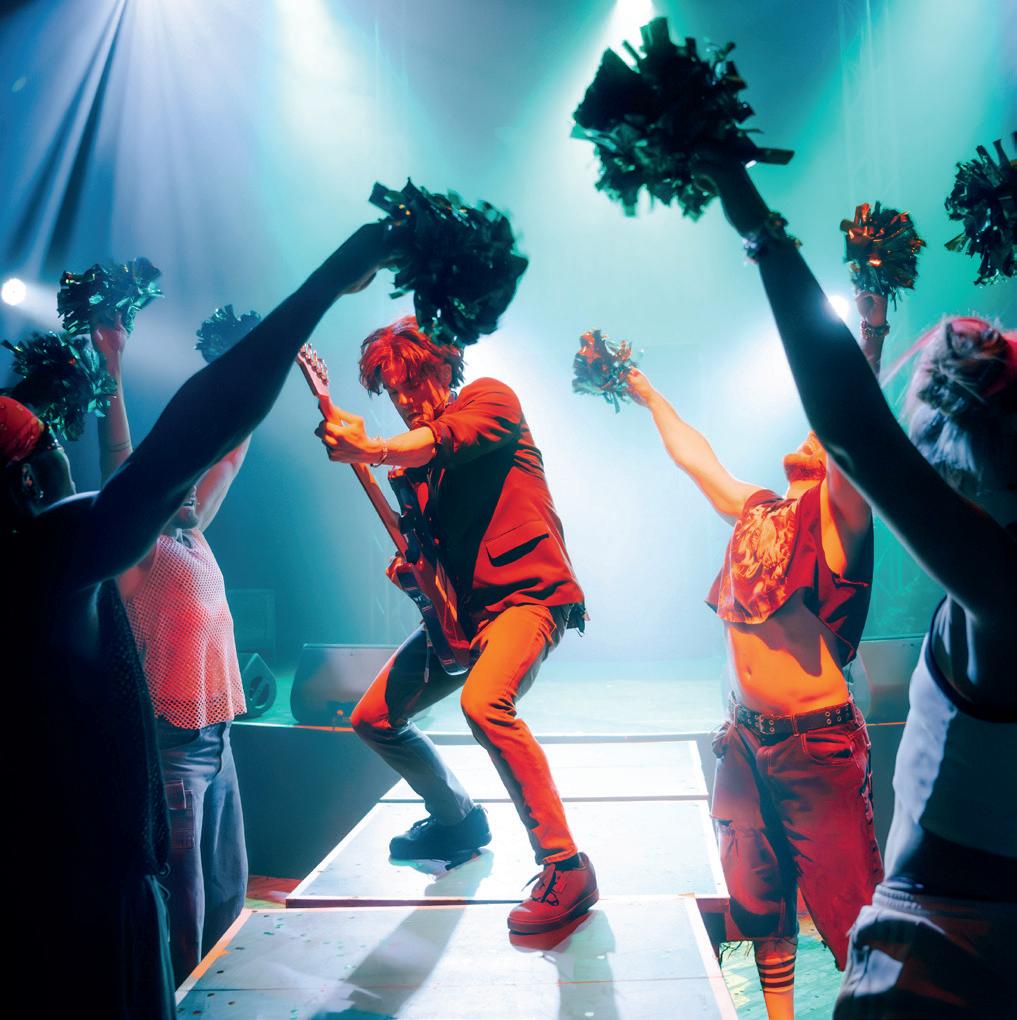
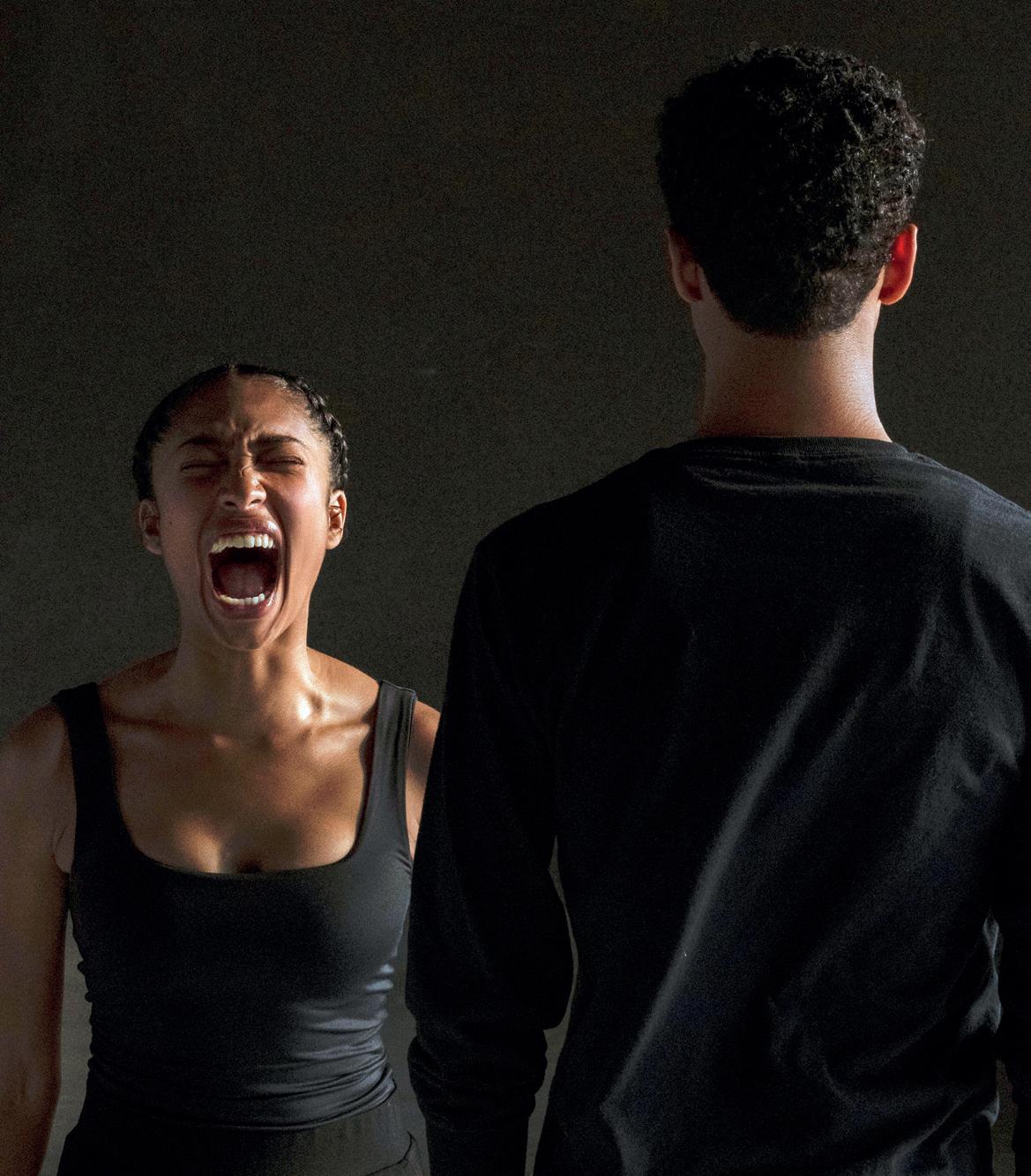
Comic genius is an overused term especially at this time of year, but Marcel Cole’s hour-long homage to the king of silent-movie slapstick, and beyond, warrants such an accolade on several levels. Opening with a note-perfect condensed re-enactment of Charlie Chaplin’s 1925 masterpiece, The Gold Rush, Australian clown Cole enlists several audience members as his cast to chart Chaplin’s rise from poverty-stricken childhood to the vaudeville stage and global stardom in Hollywood.
Cole plays on his in-the-moment interactions with a masterly sense of comic control for a Sunday morning crowd who clearly know their Chaplin backwards. Drawing from the maestro’s epic 1964 autobiography, Cole goes beyond nostalgia to take in Chaplin’s reluctant move into the talkies and his anti-fascist stance with The Great Dictator. His exile to Switzerland after being dragged through the House Un-American Activities Committee looks very much like a forerunner of today’s cancel culture. While the original has been well shared, hearing Cole recite the climactic speech from that movie is a chilling moment in a magnificent masterpiece of serious fun. (Neil Cooper)
n Pleasance Courtyard, until 25 August, 11.10am.
Assembly Checkpoint is transformed into a 00s rave as the audience is welcomed into Club NVRLND for this unique reimagining of JM Barrie’s Peter Pan. This is not just a show: it’s an immersive theatrical experience. It’s queer, euphoric, full of nostalgia and wonderfully camp. With live performances of songs by some of the period's pop icons like Kesha, Avril Lavigne and Justin Timberlake, we’re encouraged to sing, dance and rave by emcee Tiger Lily, Tink on the DJ decks and even Hook, now a jealous, ageing ex go-go dancer, who is trying to take over the titular club. Interwoven with heartbreaking themes around growing up, it’s a painfully real watch for millennials still grieving the loss of their inner child (or their MySpace password).
From the steely gaze of the Crocodile to the hijinks of Smee, each character is memorable in their own way. But it’s Le Fil as Tiger Lily who is undoubtedly the stand-out. With multiple costume changes and impeccable hosting skills, they are absolutely remarkable as the glue holding the night together. No doubt this 80-minute extravaganza will be one of the hottest tickets going at this year’s Fringe. (James Macfarlane) n Assembly Checkpoint, until 24 August, 9.15pm.


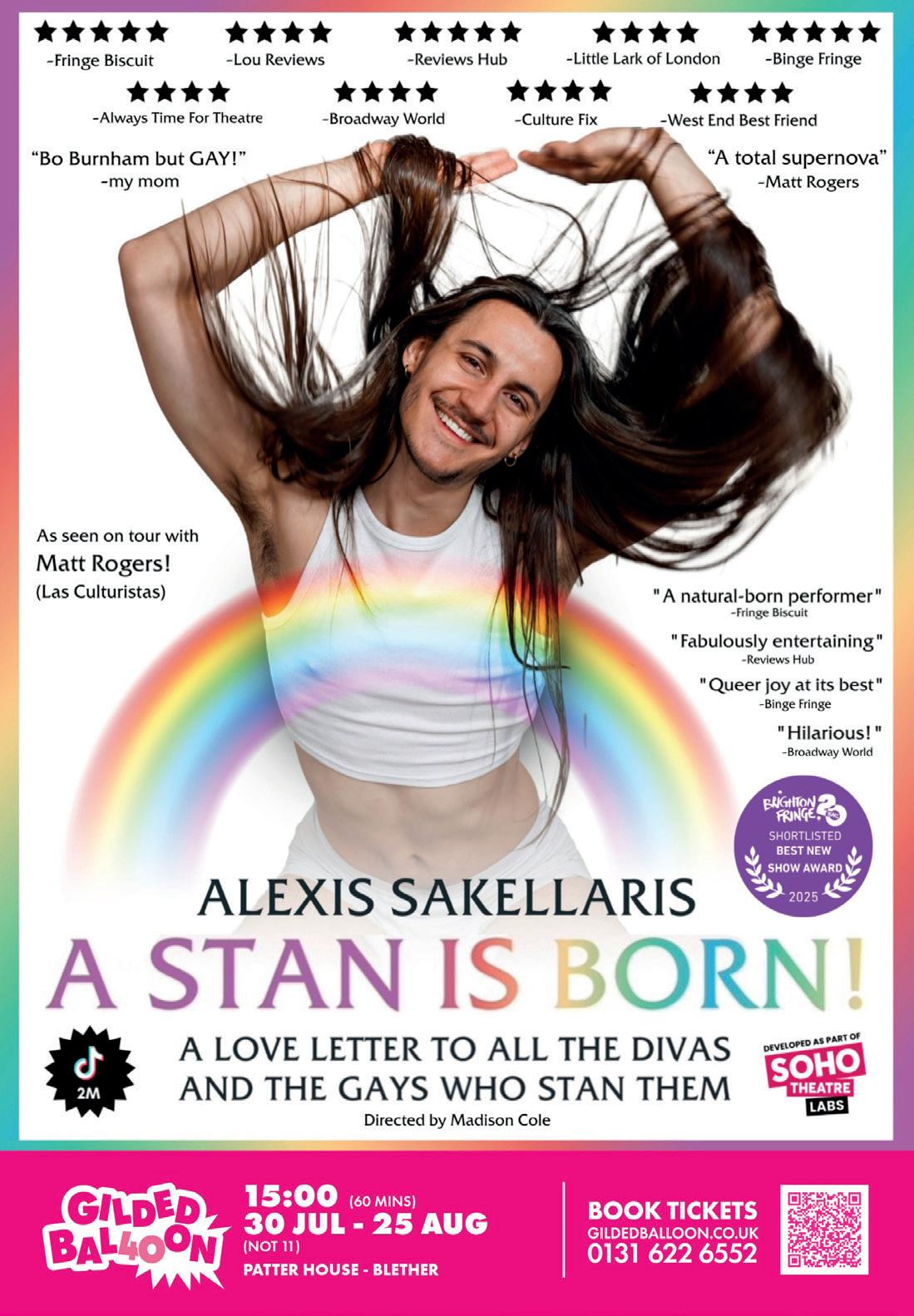
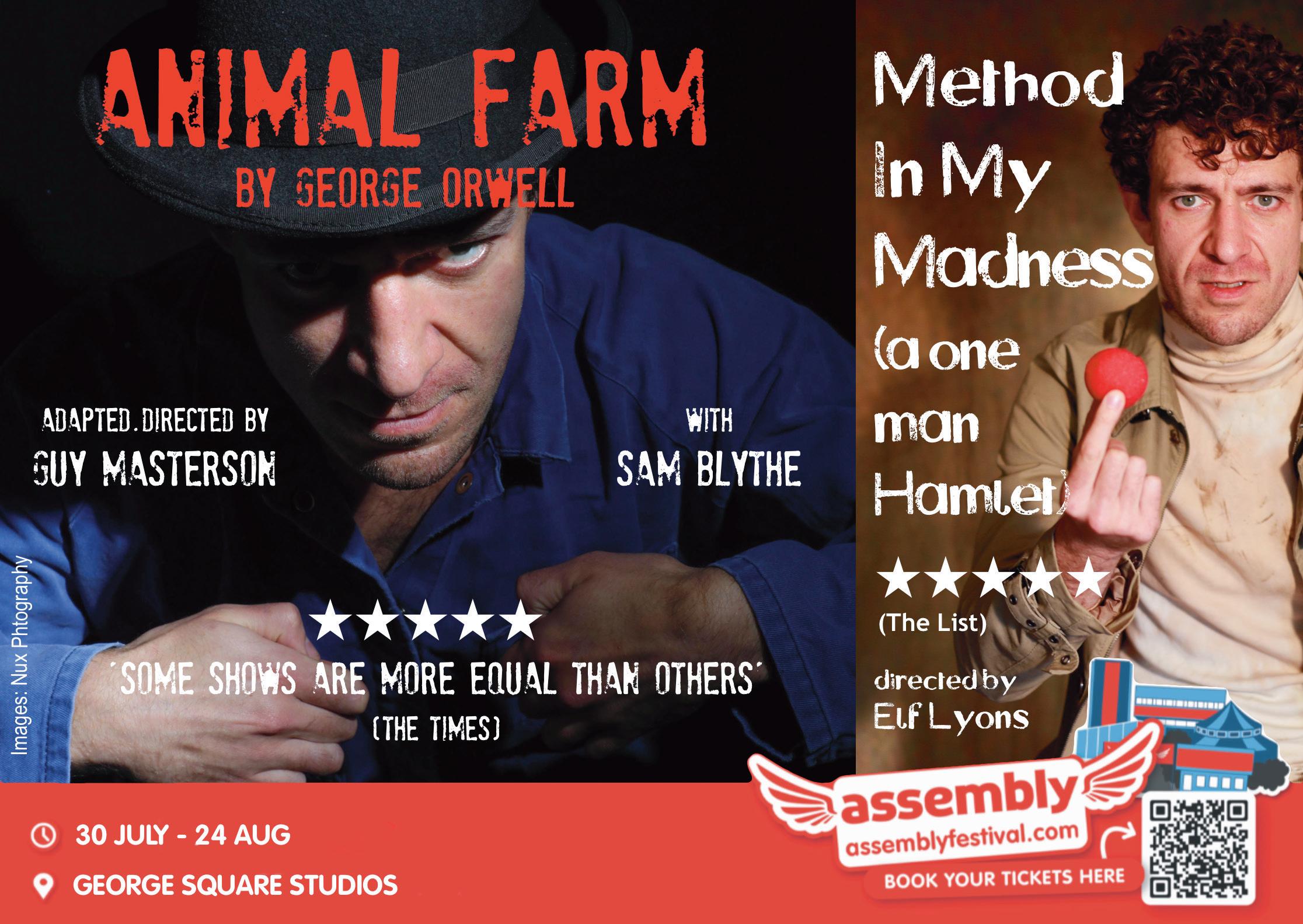
What a piece of absolute . . . nonsense. Turn off the puncounter (it’ll overheat) and leave your cynicism at the door. Spy Movie is so stuffed full of wordplay, clowning, farce, props (so many props) and proper jokes that you might need a little lie-down afterwards. The premise is . . . sort of complicated actually, so buckle up. Albert Cabbage is making a spy movie but he’s run out of money so now it’s a play but the leading man has left and it absolutely can’t be set in space because that’s stupid but big investor Gary is in the audience (or is he?) so let’s just do the show right here. But mainly: Agent Blonde, Jane Blonde, has 24 hours to save the world. Of course she has.
What follows can only be described as a romp through all the spy movie tropes, written by Matthew Howell and Jack Michael Stacey (who tellingly met while performing The Play That Goes Wrong) and must have found time to study the classic British farce along the way. The pace never lets up and the cast, all playing multi-characters, never fail to commit to the bit even as things go wrong in real-time. This is, of course, vital: the merest suspicion that they’re outside the joke would derail the whole thing, so hats fall off, props don’t always appear quite where they’re needed and everyone just rolls with it in a beguilingly clever play that’s beautifully performed, but above all funny. Properly laugh out loud funny. (Jo Laidlaw) n Pleasance Courtyard, until 25 August, 12.55pm.
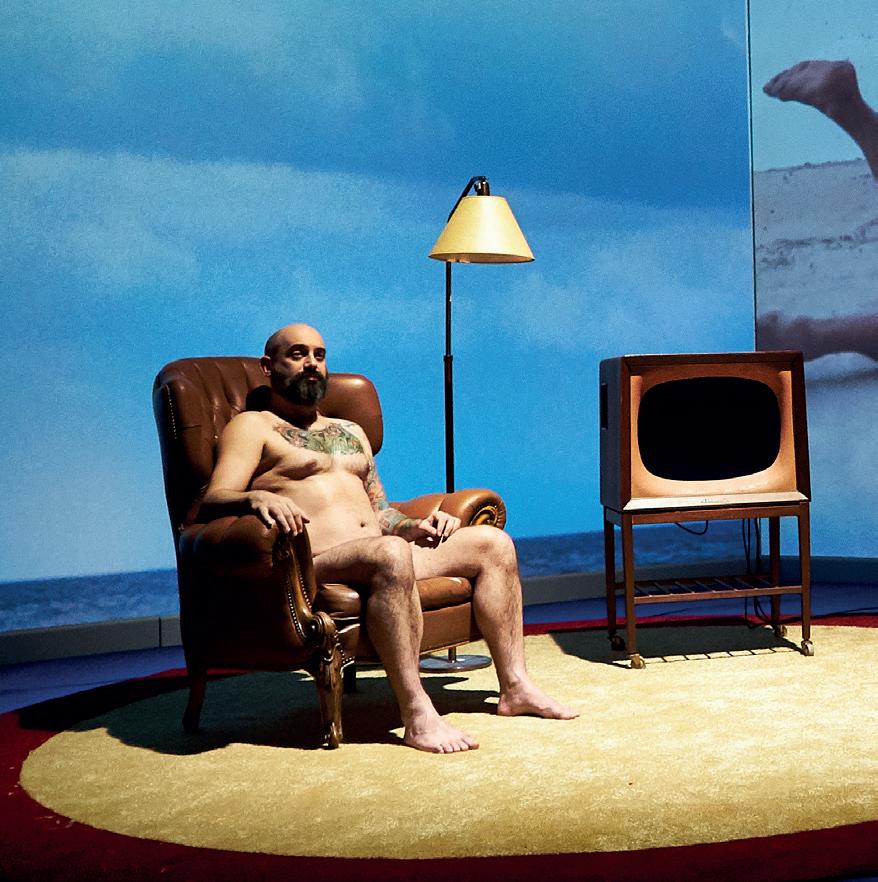
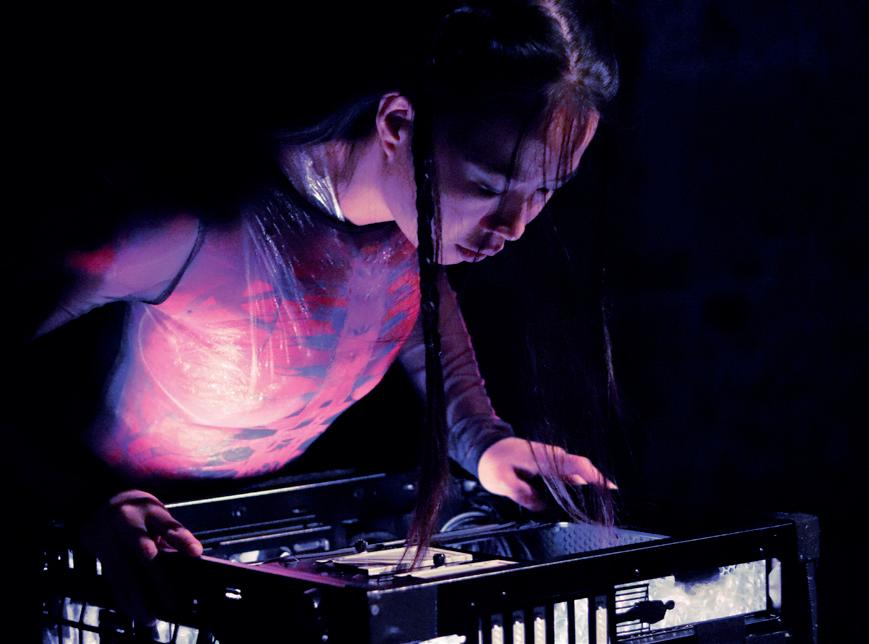
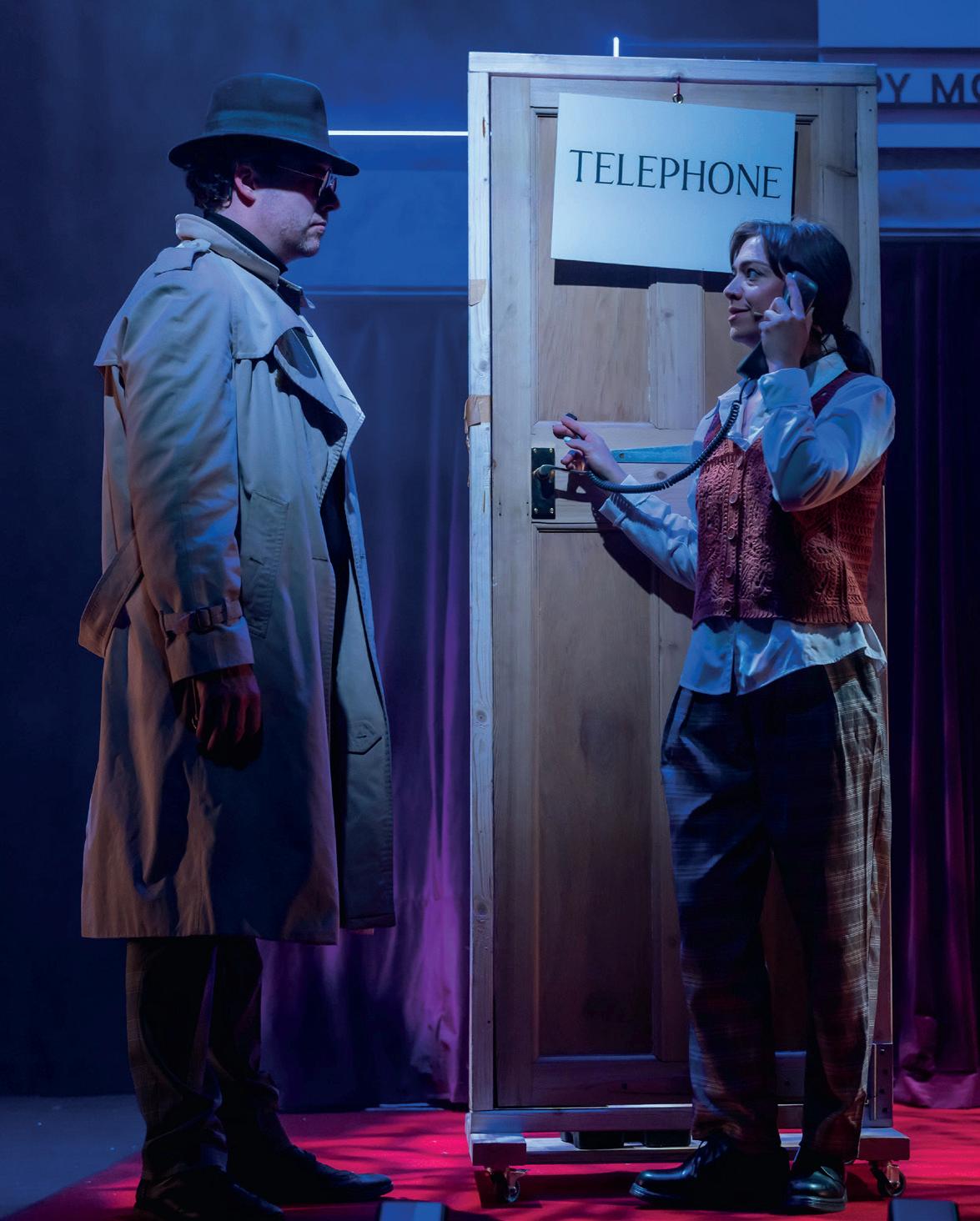
A naked man sits in an armchair at the centre of an impressionistic version of a family living-room. There’s a TV set, a lamp and a vintage record player, surrounded by walls with only one door out. As the man breathes deep in the stillness, voices of his homophobic father, his mother, and his therapist pierce the TV static like ghosts in the machine. Film footage of two men wrestling naked (in a field, on a beach, in the sea) beams onto the walls like a reimagining of Ken Russell’s Women In Love. As we cut between recorded snatches of real-life conversations and the onscreen struggle, it is as if all the everyday agonies swirling around inside this man’s head are being transmitted as a living installation.
They fuck you up, your mum and dad, for sure, in this intense 40-minute audience with Andreas Constantinou, the Danish theatre artist who tells his story without moving or saying a word. First performed in 2020 by Constantinou for his Himherandit Productions, and now presented in Edinburgh as part of the Danish Showcase, the result is part meditation, part purging, part live art, and part public therapy in a deeply intimate exchange. (Neil Cooper) n Pleasance EICC, until 16 August, 8.30pm.
Blinking into the light from the subterranean space where this apocalyptic headphone theatre show is staged, you’ll likely despair for the future or be very glad to be alive. Elisabeth Gunawan is Rose, an AI chatbot who we meet after the world has ended. She’s powered by memories from those who have died, including the woman who created her; we see and hear snatches of the woman’s life (meeting her husband, childhood dislocation, final goodbyes), but the audience influence how the story plays out. Using hand signs to vote on options on a big screen, they send Gunawan off down a chosen path.
The staging is ultra smart: box-like computer carcasses and redundant tech stack up and pull apart to variously become mirrors into the past, a jewel-like tiny piano and even a form of shadow theatre. But at its heart, loss and grief course through Gunawan’s affecting, technically complex performance in this disorienting meditation on the end of days. (Paul McLean) n Summerhall, until 25 August, 12.15pm.
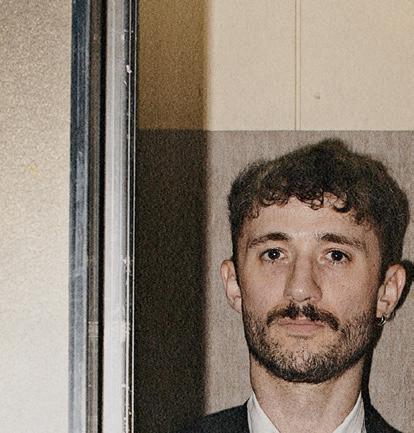
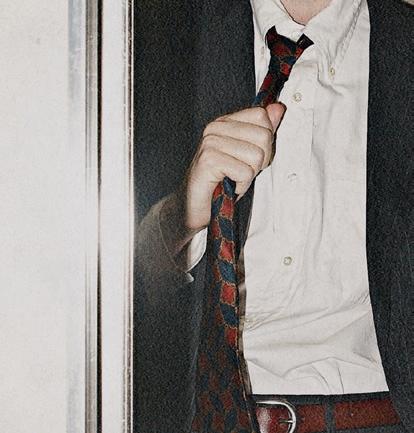
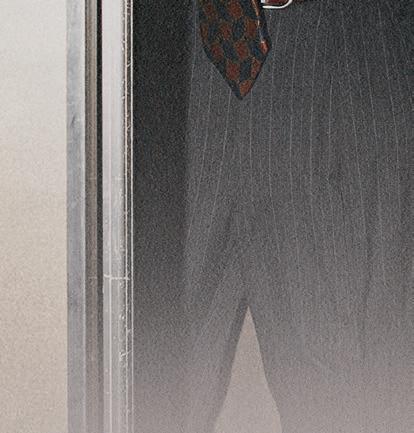
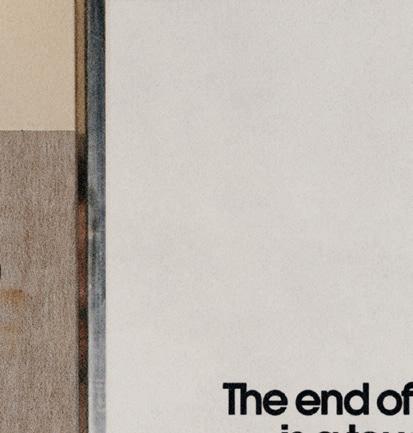
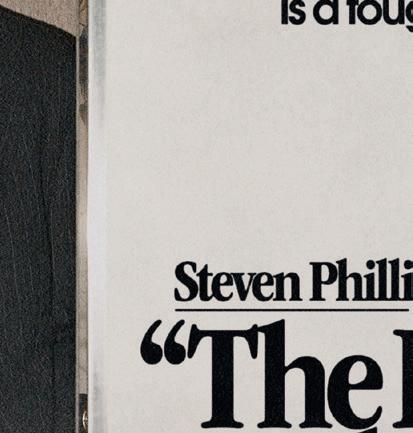
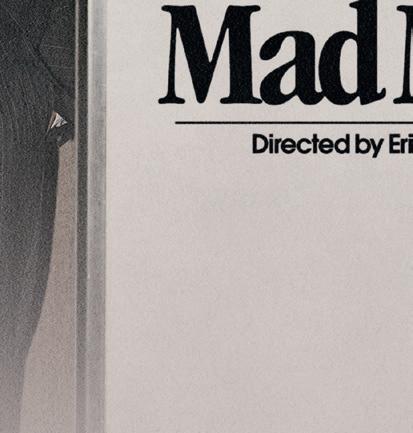
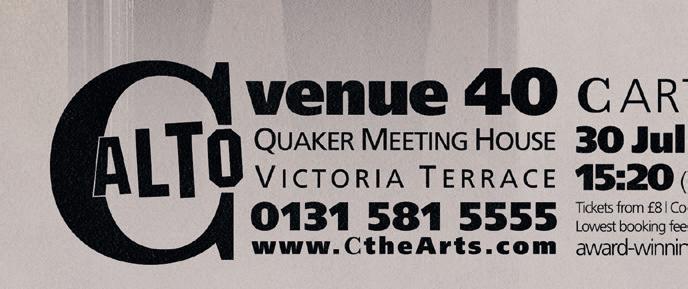
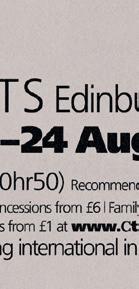
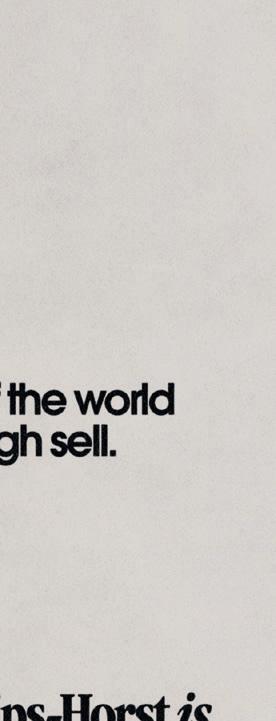
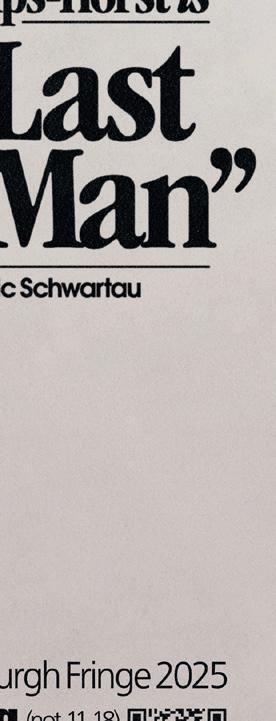
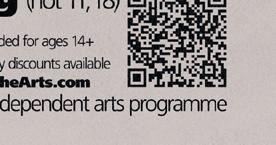
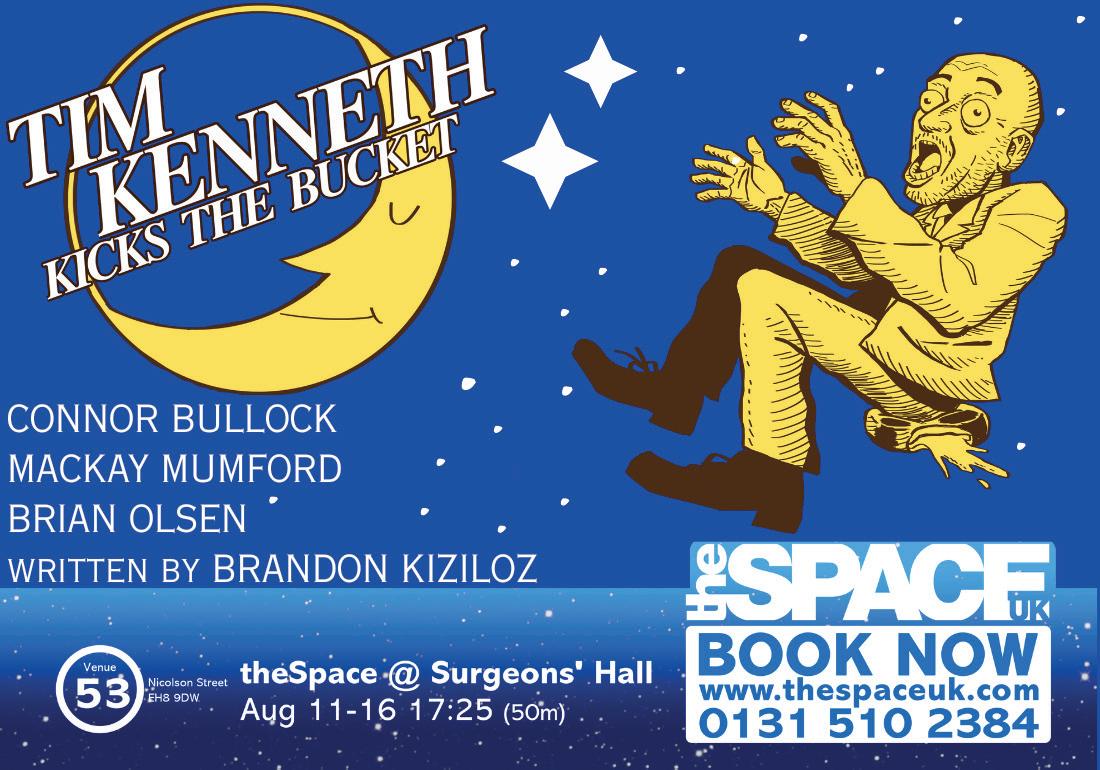
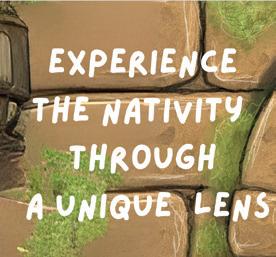

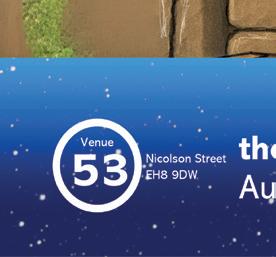
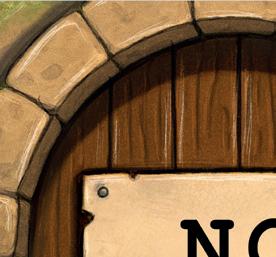
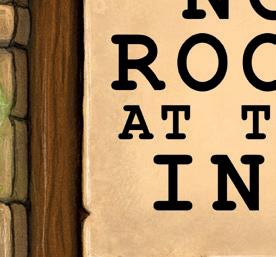
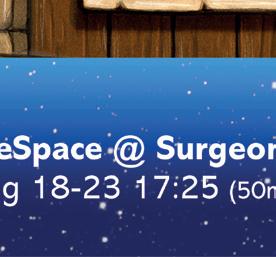
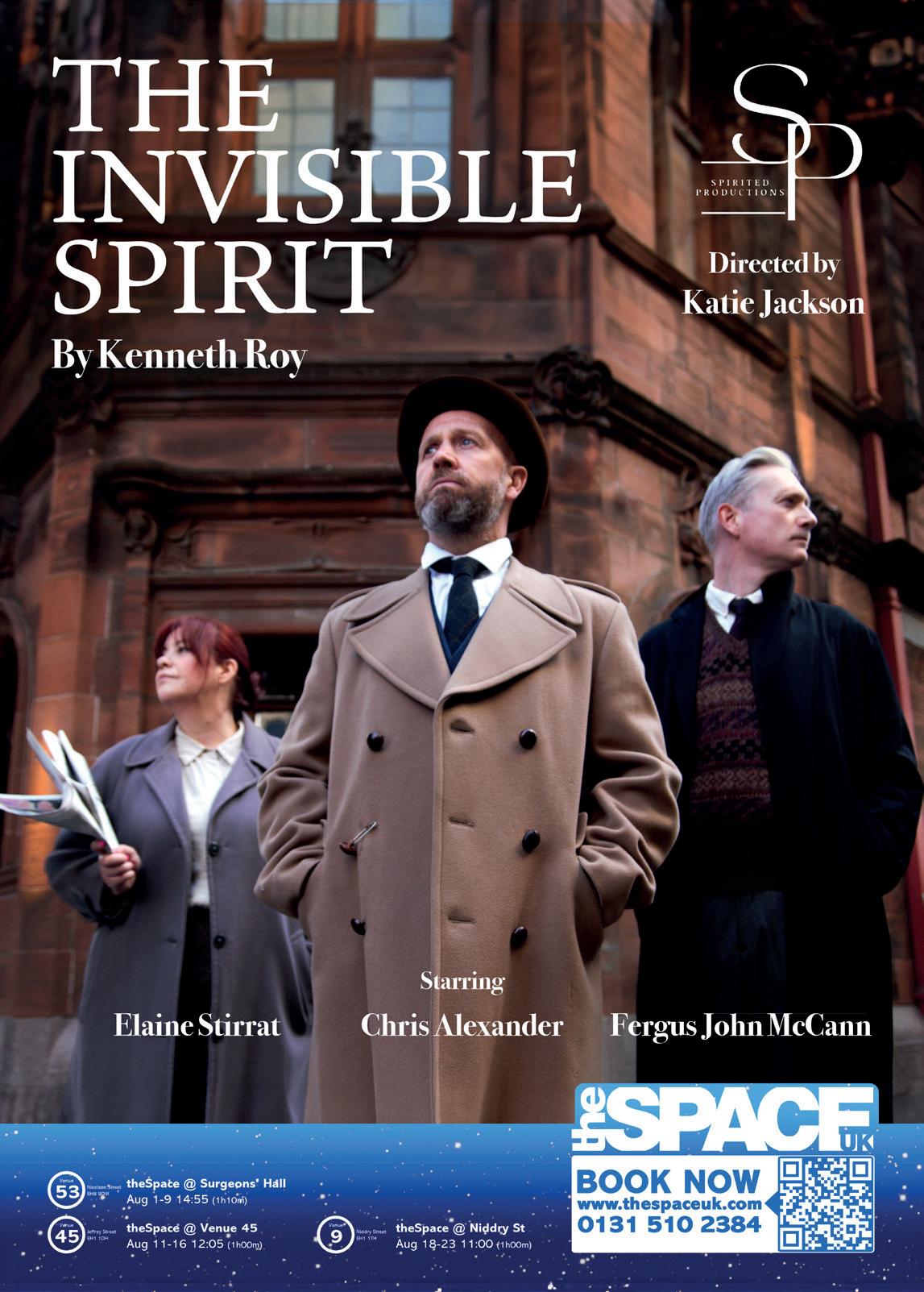
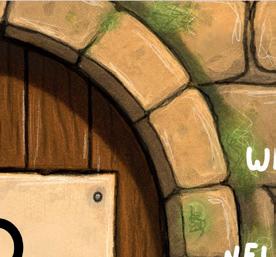
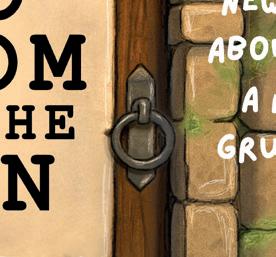
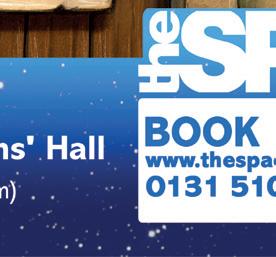
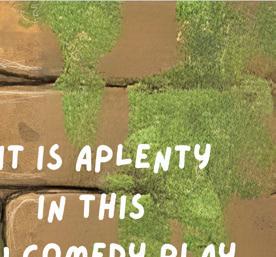
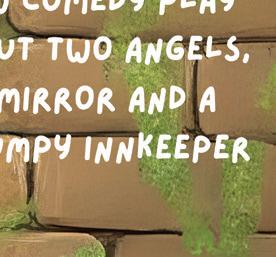


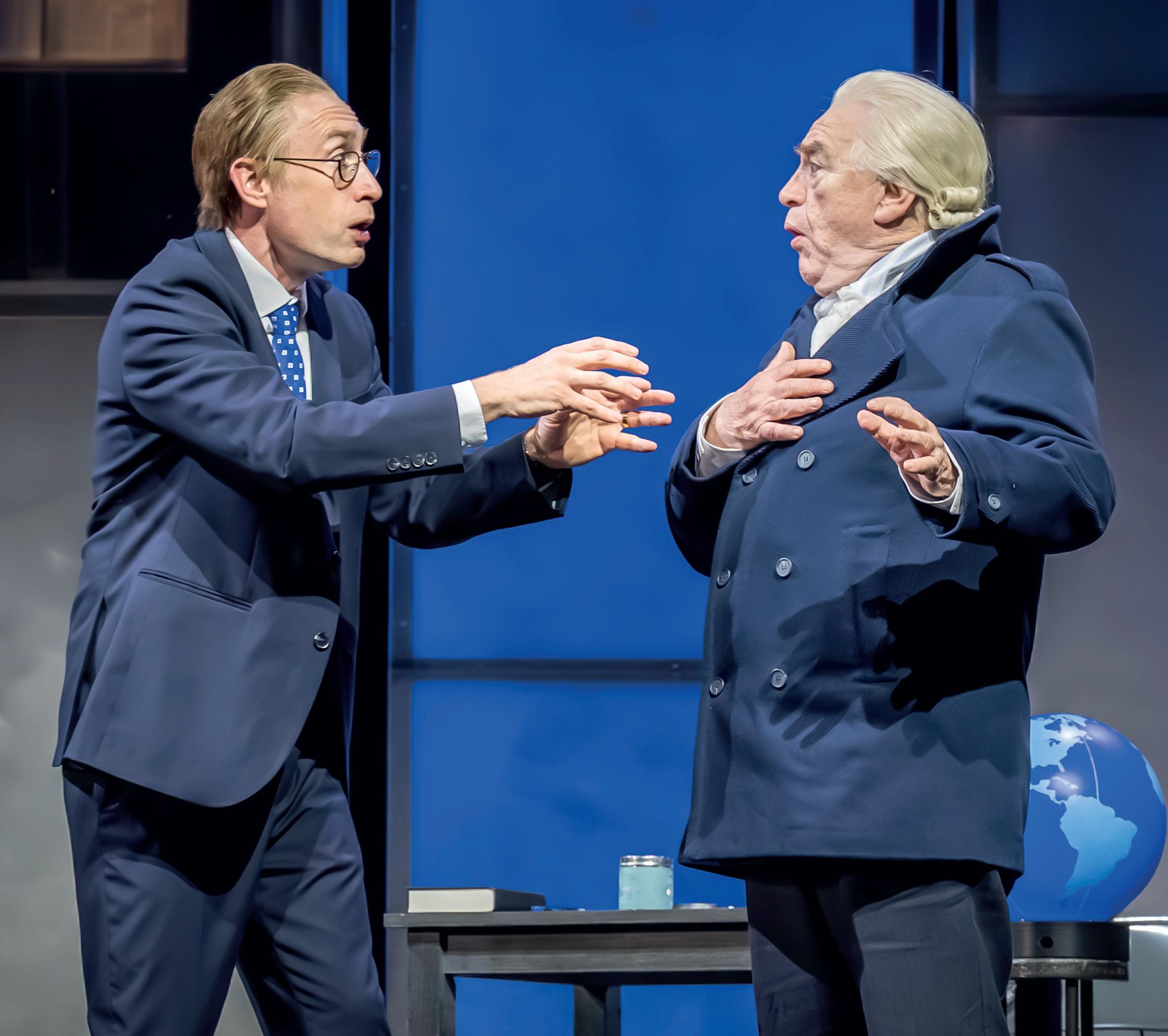
The theatrical centerpiece of this year’s International Festival puts Edinburgh and its role in the 2008 global financial meltdown sharply into focus. Claire Sawers enjoys Make It Happen as it brings Adam Smith back from the grave and puts Fred Goodwin firmly in the dock
James Graham’s new play about Royal Bank Of Scotland’s disgraced former CEO brings levity and some magic tricks to what could easily have been a turgid affair. Graham’s smart treatment of Fred Goodwin’s grandiose greed finds fun in its discussion around the ethics of capitalism. ‘Fred The Shred’s empire crumbles, exposing the shady and shadowy banking practices that allowed him to run RBS almost completely into the ground. Beneath the bank’s prestigious offices at Gogarburn, a secret underworld was operating. The metaphor works well for Edinburgh, famous for murkier goings-on beneath its well-to-do veneer, in both literature and life.
Make It Happen is both a global and hyper-local story. It’s well played for Edinburgh International Festival audiences, where on-point jokes about Fingers Piano Bar and the New Town all land just where they should for folks living here. Plus visiting crowds get to see the major role that Scotland played in the bigger financial crisis.
As freshly appointed Fred (Sandy Grierson) gets a tour round his new workplace, he’s warned that the Edinburgh staff are conservative and apolitical; perfect conditions, perhaps, for doing unconscionable things without interference. Enter Brian Cox, playing the ghost of economist and moral philosopher Adam Smith, to prick whatever might exist of Goodwin’s conscience. It’s been ten years since the 79-year-old Succession star stomped the boards in Scotland,
and this production allows him a brief early moment to bask in applause when it cleverly casts Cox as himself.
He returns in puffs of smoke as Smith, explaining how Goodwin misread his famous texts, leaving out compassion, fiscal discipline and improving society. It’s a musical comedy, a surprisingly effective way to offset some of the subject matter’s inherent dourness. Just as the songs border on overkill (a Greek-style chorus sing noughties covers of The Killers and Adele), and smug fat cats ride a party wave before their downfall, Smith and Goodwin join in a delicious karaoke duet of ‘Especially For You’: preposterous and perfect.
Anna Fleischle’s set design and Angelica Rush’s costumes keep us locked in the corporate bubble, leaving only briefly to visit PM Gordon Brown or Chancellor Alistair Darling. Everyday people are conspicuously absent: the humans who would be devastated by subsequent austerity measures are not seen by Goodwin, portrayed as a boring yet abrasive leader, laser-focused on acquisition. Goodwin’s career began in the 80s when Reagan and Thatcher made many believe that corporate profit would lead to public good. A dressing down from a retired teacher (Ann Louise Ross) feels like well-deserved comeuppance, albeit way too late.
Make It Happen, Festival Theatre, until 9 August, times vary.
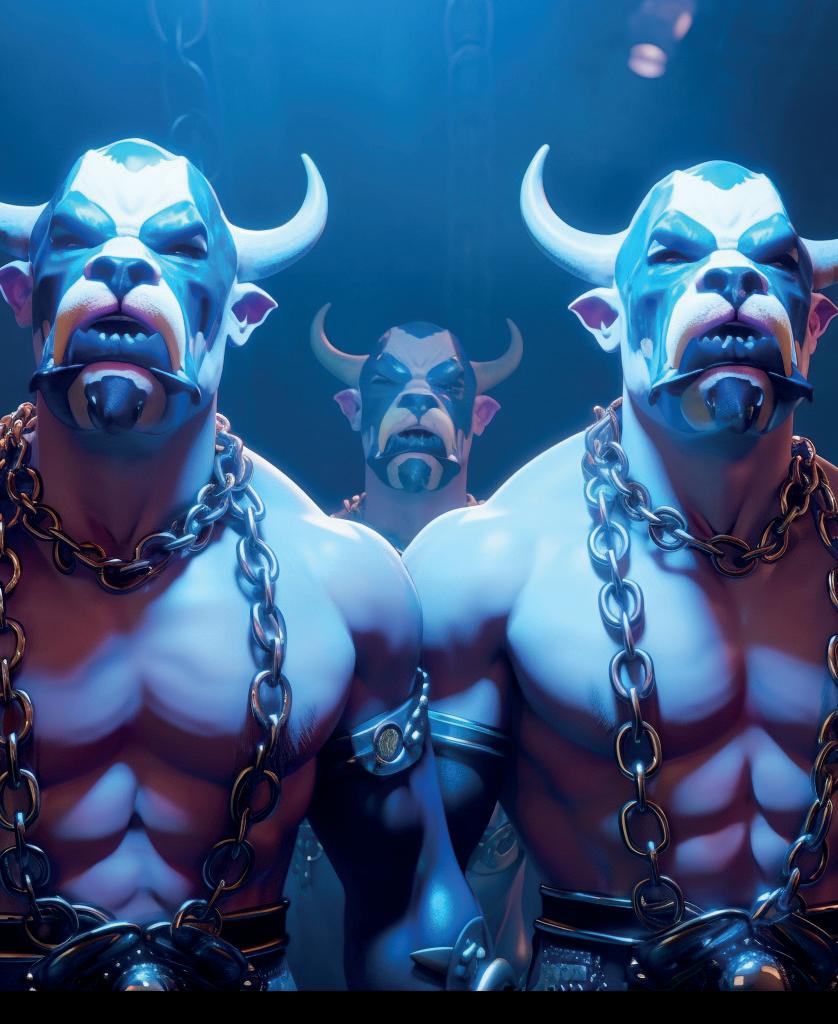
A story that travels through history, both domestic and international, Niusia is a warm study of generational continuity, reflecting on Jewish identity, maternal influence and the domestic impact of the Shoah. At times distressing, it holds the threads of family history and vicious horrors of the Nazis gently yet firmly. The rambling structure allows multiple strands to emerge and interact: a Jewish wedding comments on the performer’s increasing sense of shared identity, while an interlude on Mengele speaks to a grandmother’s remarkable intelligence.
Rather than striking for the heart of darkness, this memorial to a survivor is honest and never sentimental. Filtering family memories through generations, it offers a complex sense of the grandmother’s character that changes from vivacious parent to unhappy geriatric. With a refreshingly direct dramaturgy, Niusia questions the meaning of Jewishness and motherhood without offering answers, only using a particular history to provide examples for consideration. (Gareth K Vile) n Summerhall, until 25 August, 1.20pm.
This bamboozling show is about pigs who become flight attendants. Using this ‘if pigs could fly’ metaphor, it tries to reckon with our modern relationship to air travel and climate catastrophe. If that makes little sense to you on paper, then you’re halfway to understanding how little sense it makes onstage.
At the beginning, two performers give us a hefty trigger warning, whip off their jackets, strap on pig snouts, crawl to the back of the stage and, speaking in what can only be described as ‘pig baby talk’, hatch their plan to become air stewards. It’s a startling opening, basically packing in every idea and bit of imagery we are going to see again and again over the next 60 minutes. For such a gonzo show, it’s surprisingly stodgy and an extended inflight sequence in the middle feels especially excruciating.
Admittedly, the two performers give it their all, throwing each other around the stage, spitting liquids in the other’s mouth and, at one point, covering themselves in baby oil. They’re fun to spend to time with and their conviction largely saves what could otherwise be a total slog. If only their energy could be directed into something with a bit more substance behind the madcap mayhem. (Sean Greenhorn) n Underbelly Cowgate, until 24 August, 8.10pm.
The Ode Islands is a peculiar multimedia show that takes its audience on an autobiographical journey into the life of its creator, Ornagh. An empty stage is foregrounded by a gauze screen onto which computer-generated animations play. Sandwiched by a rear-projected background, Ornagh is effectively trapped within the stage. Sporadically, lighting is directed into the audience and above their heads in an effort to open up the performance (the subtle glimmer of waves, the stark thrash of lightning) but a side effect of the inventive staging is to separate us from the performance, physically and emotionally.
The computer-generated imagery is constant and sometimes heavy-handed. A beautiful if overwhelming rose garden quickly morphs into a bloody hellscape, and anyone with concerns about the use of AI in art will likely baulk at some of the more outré images, with limbs and foliage still causing issues for our future AI overlords.
Ornagh gives a fully committed and energetic performance, dancing and miming to a pre-recorded soundtrack that features her own voice. Intertitles separate the sequences but the actual thrust of the story is hard to discern. She starts off in a kitchen beside a disturbingly blank CGI partner; later, she’s adrift at sea in a wooden dinghy, accompanied by a small pink hippo; later still, she dances with a troupe of demonic creatures (all motion-captured by Ornagh herself, naturally). The Ode Islands is an interesting experiment that makes for a uniquely baffling experience. (Murray Robertson) n Pleasance EICC, until 16 August, 4pm.
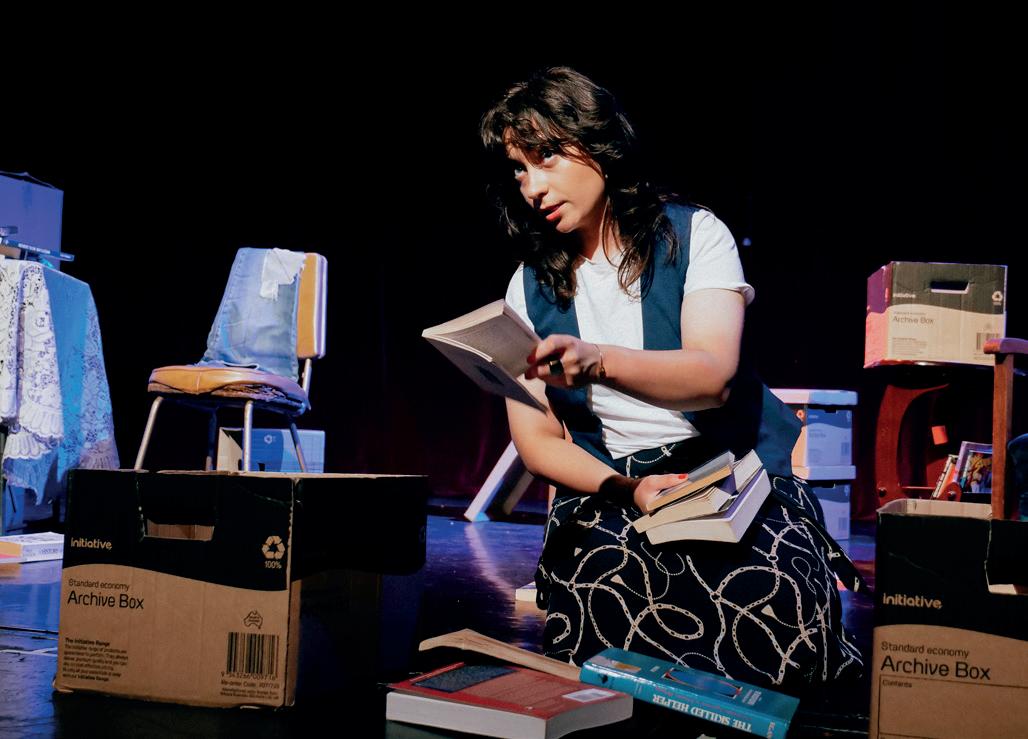


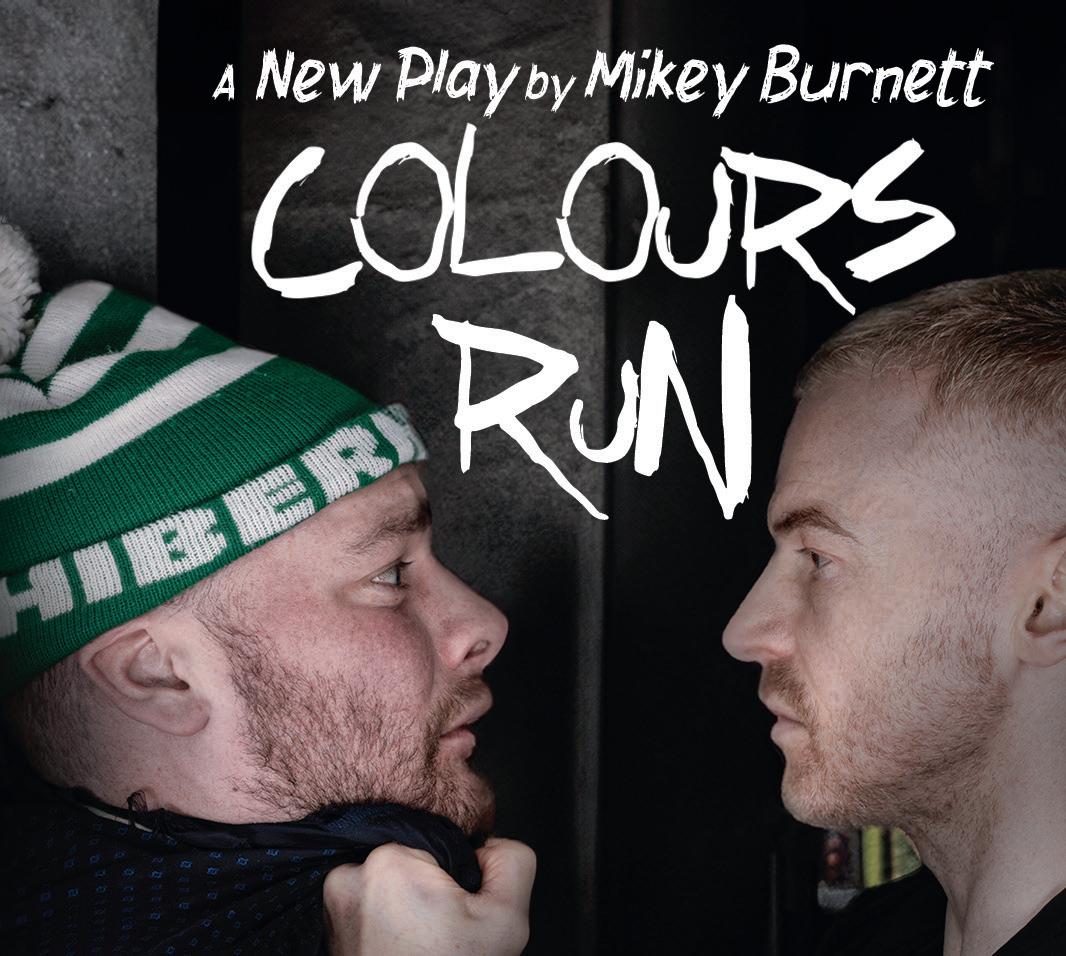
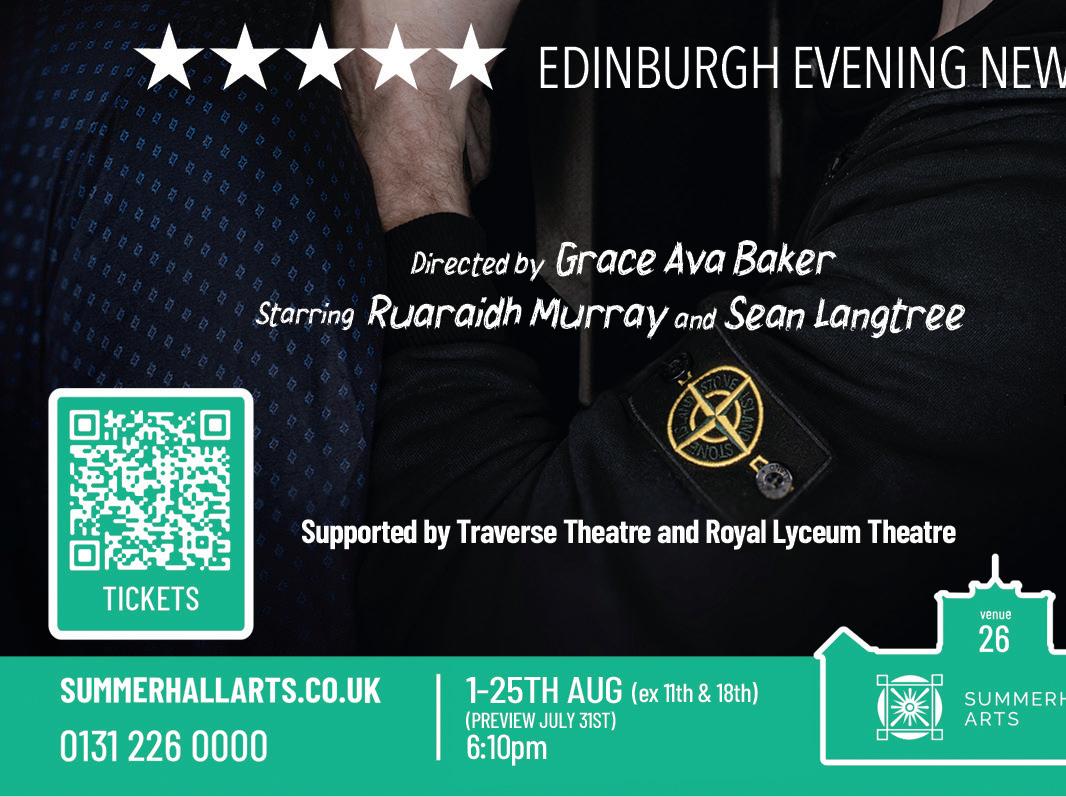
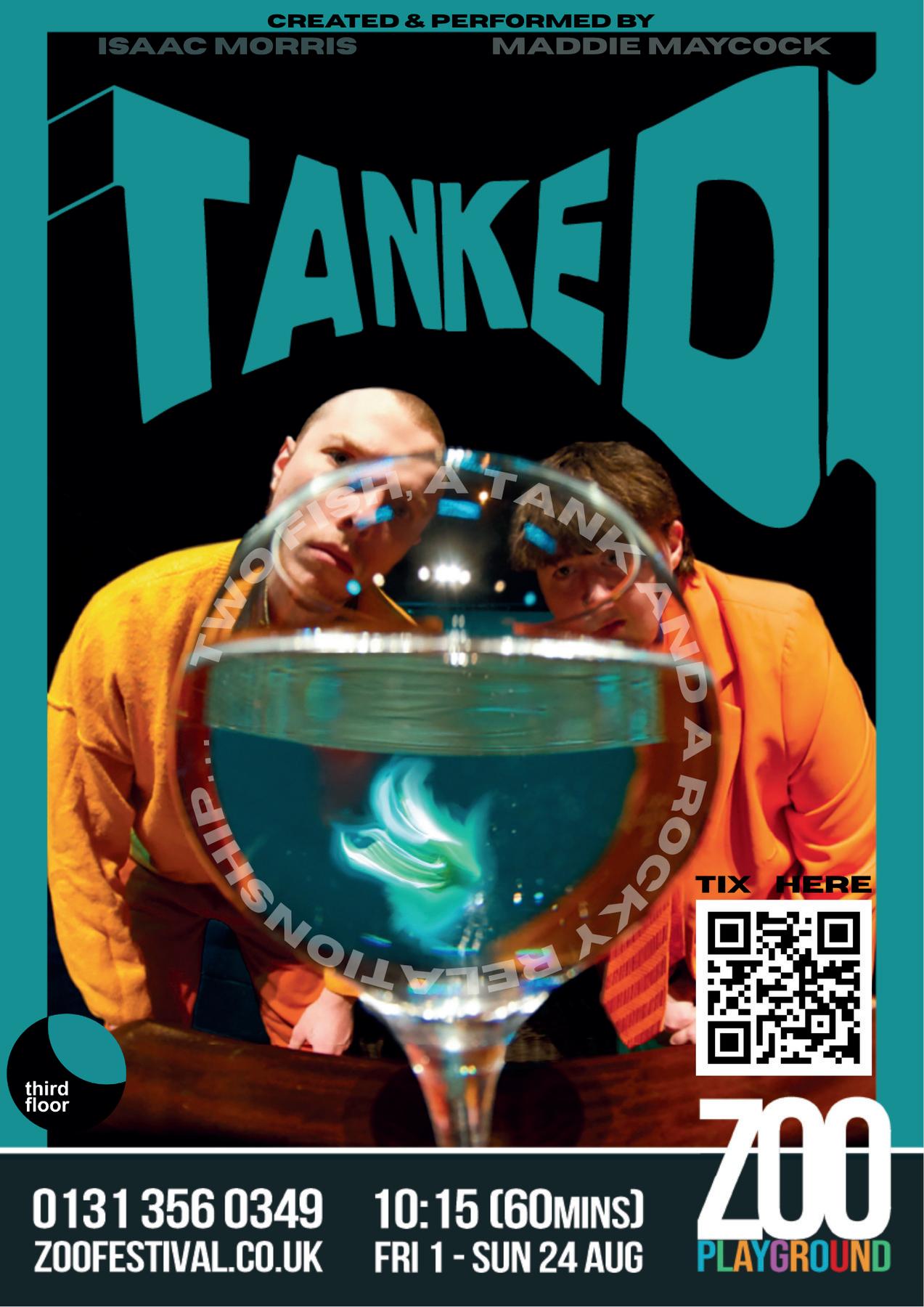
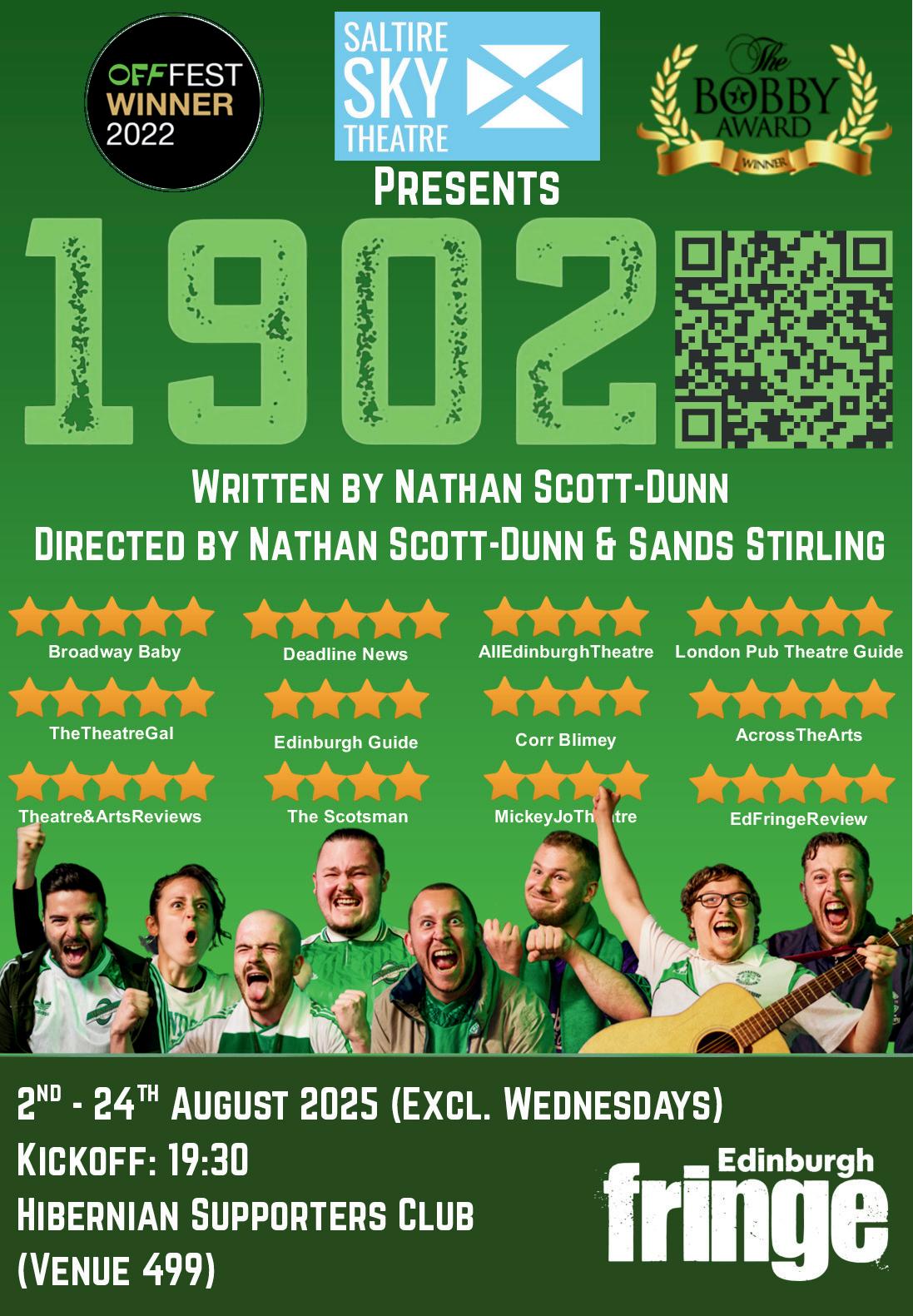
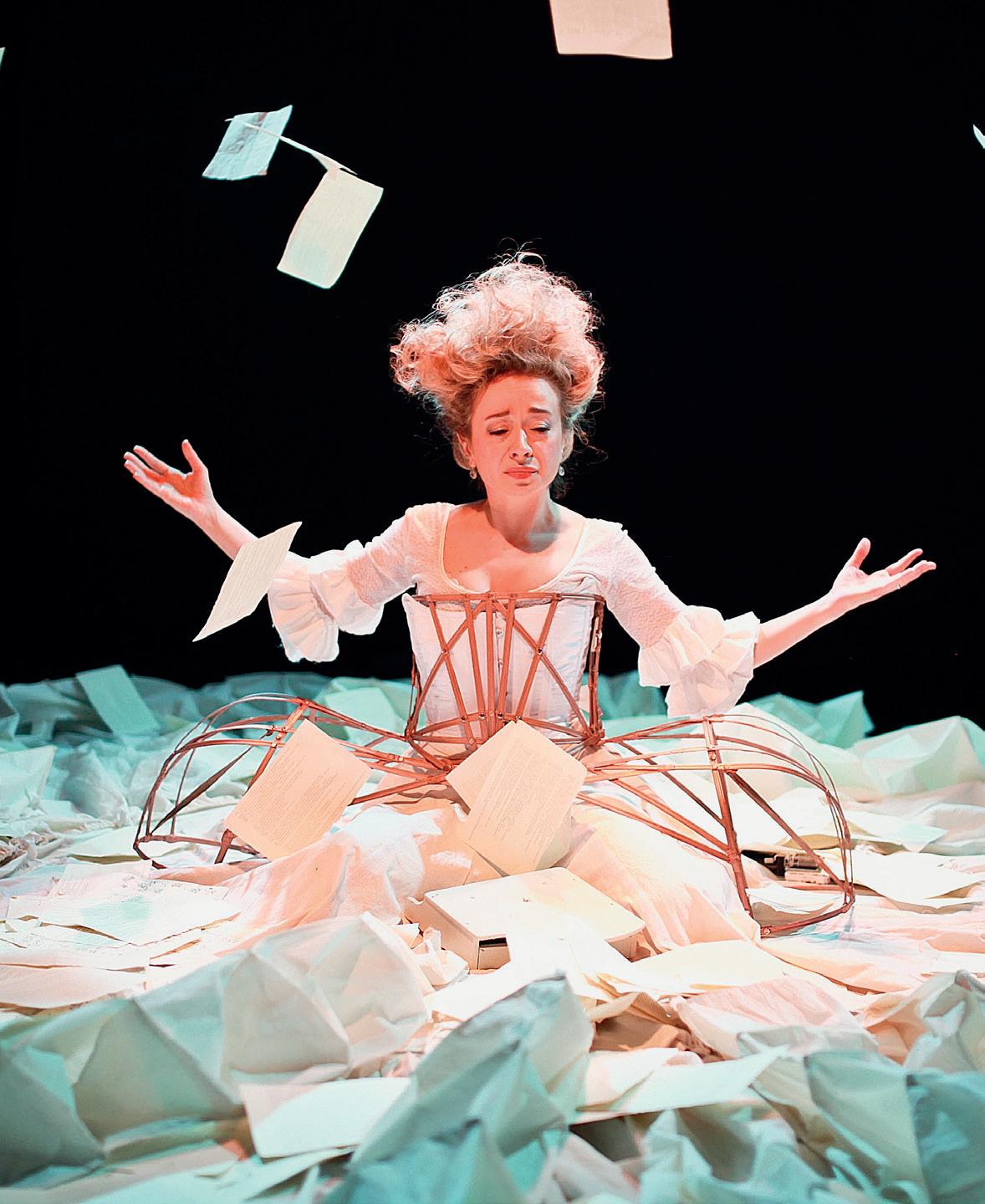
When Wayne Stewart decided to walk 650 miles by himself from the north of France to the south, the 50-odd days in the wilderness that followed taught him a thing or two: the difference between being lonely and alone, the concept of space and enjoying being in the moment were all in the mix. This record of that journey sees Stewart move between reading extracts from his travel journal of the time and a retrospective view of his experience, fusing therapy and stand-up theatre to get to the heart of who he is.
Raised on a diet of Elvis and peaches, and suffering from a broken heart and depression, as Stewart tramps his way across fields and roads, wherever he looks he finds himself embraced by the colour yellow. Out of this comes a candid performance in a show that proudly wears its heart on its brightly coloured sleeve. (Neil Cooper) n Zoo Southside, until 24 August, 12.25pm.
Within the Fringe, Red Like Fruit is a challenging proposition: two performers, a male and a female, address the ways in which patriarchal abuses force emotional and moral betrayals of the self. With the male speaking the woman’s words, it traces a personal history of discreet incidents which have festered before being brought into dramatic focus by a journalistic investigation into a political scandal.
The sparseness of its staging exposes the apparent simplicity of the moral conundrums that the woman has experienced: assaults by a stranger and a cousin, and the silencing of her reactions by a social consensus that wants trauma to become mere happenstance. Yet if each incident is bluntly and obviously abuse, then fear of stigma, familial unity and a bland acceptance of male power complicates the woman’s relationship to her own past and occludes her righteous disgust.
At times harrowing, the script is lent calmness and intimacy in the exchanges between these performers, meandering between intensity and more reflective passages. In the bustle of the Fringe, such seriousness demands more attention, unpacking subtle ways in which male voices dominate female experience, while the framing of its story evokes wider implications of these personal injustices. (Gareth K Vile) n Traverse Theatre, until 24 August, times vary.
It’s surprising how much of a sucker-punch can be delivered by a woman in an enormous dress quietly laying down some old-time truths. The Other Mozart tells the story of Wolfgang Amadeus Mozart’s equally brilliant and highly talented big sister (if you know her name without resorting to the internet, you win a good feminist award). Maria Anna ‘Nannerl’ Mozart toured the salons and concert halls of Europe as a child, composed prolifically, and was generally considered to be a superstar. But once she reached ‘marriageable age’, she was forced to withdraw from public life, fading into obscurity and only re-emerging as the keeper of her sibling’s story after his early death.
This all plays out in exquisite detail in this solo show, set perfectly on the enormous skirt of Mozart’s dress: an apt metaphor for the social structures that imprisoned her. Sylvia Milo’s stunning performance (alternating with Daniela Galli) is a masterclass in quiet control, ranging from demure to steely and only allowing her rage to finally, wonderfully, erupt at the end. The modern audience can only wonder at her self-restraint as she focuses intently on the tiny details of domesticity that fill her life: letters, quills, the tiny tinkles of a china cup. The sole thing that takes us out of her world of restriction is the gorgeous music that fills the theatre. It’s only upon leaving that you realise this is another slap in the face: none of it is our Mozart’s as, naturally, no records of her compositions exist. (Jo Laidlaw)
n Assembly George Square Studios, until 25 August, 1.45pm.

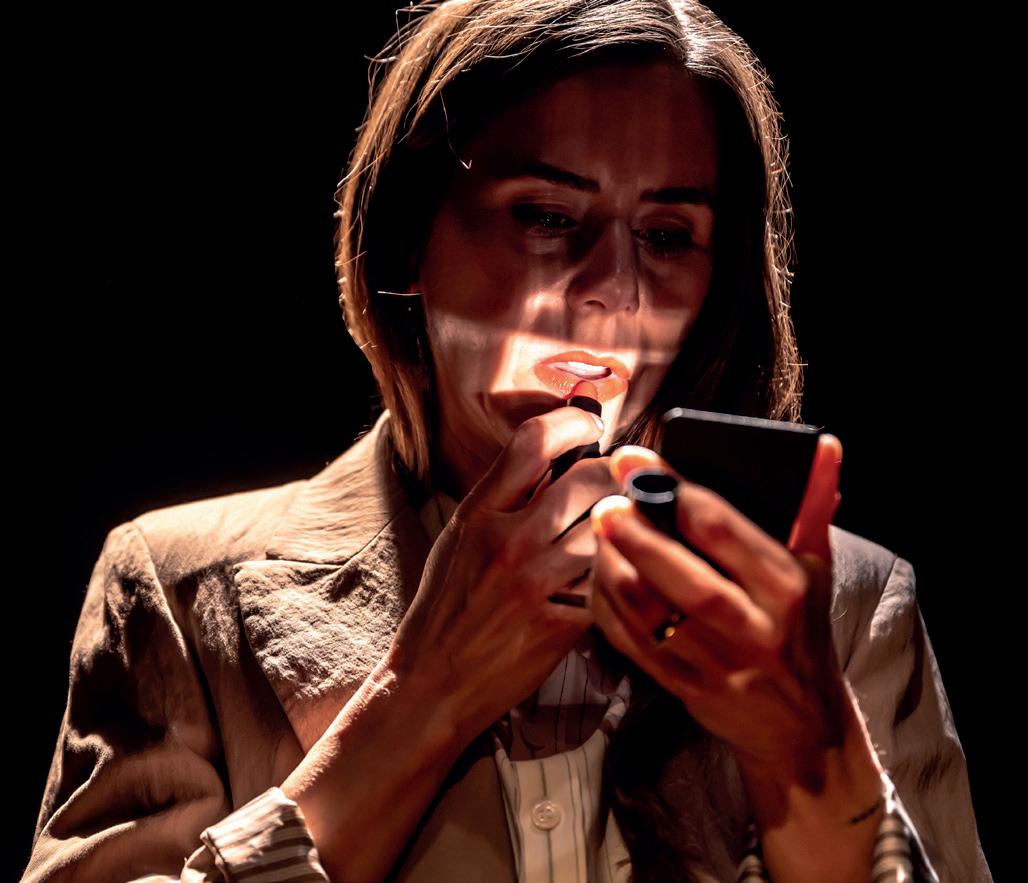
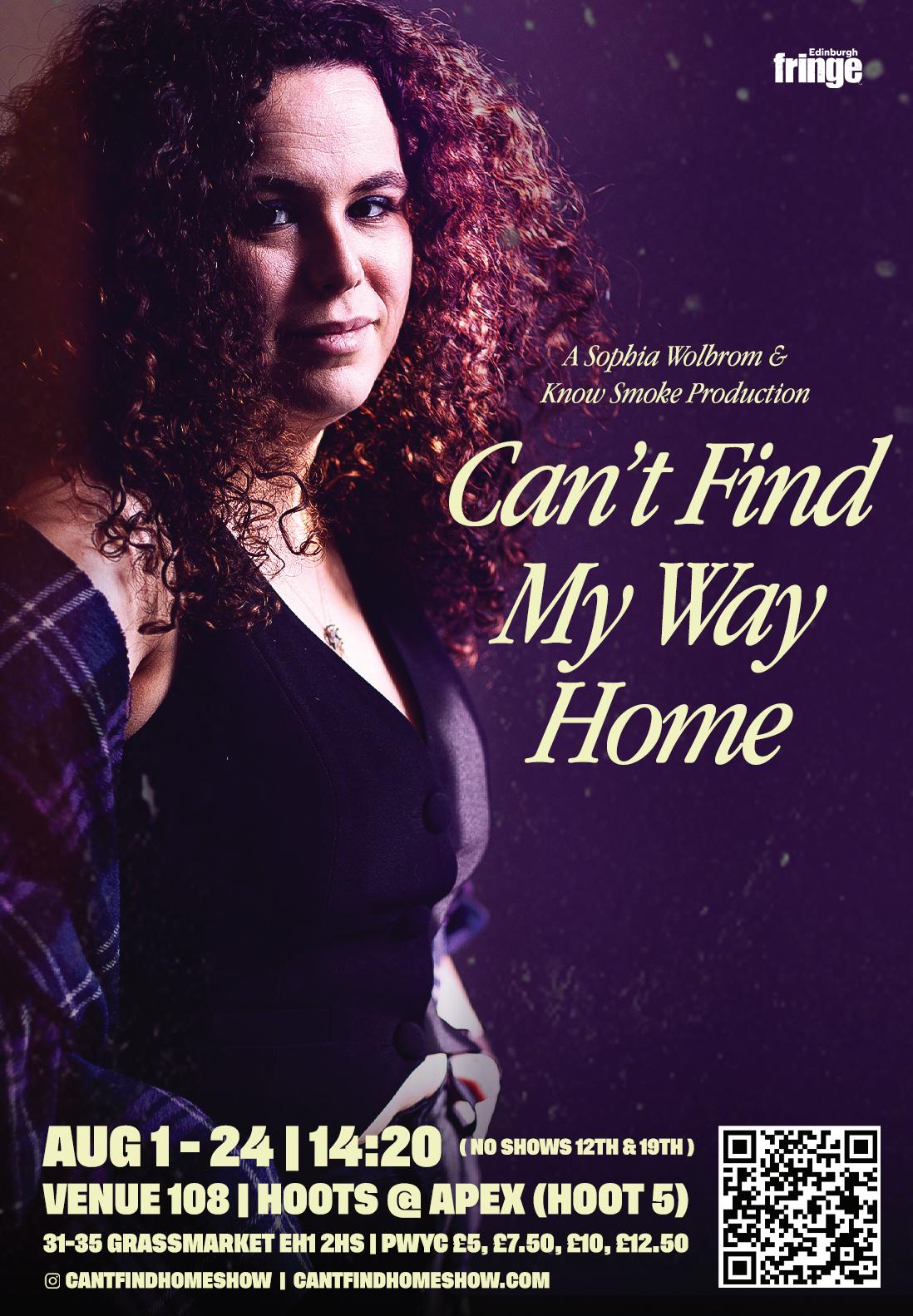
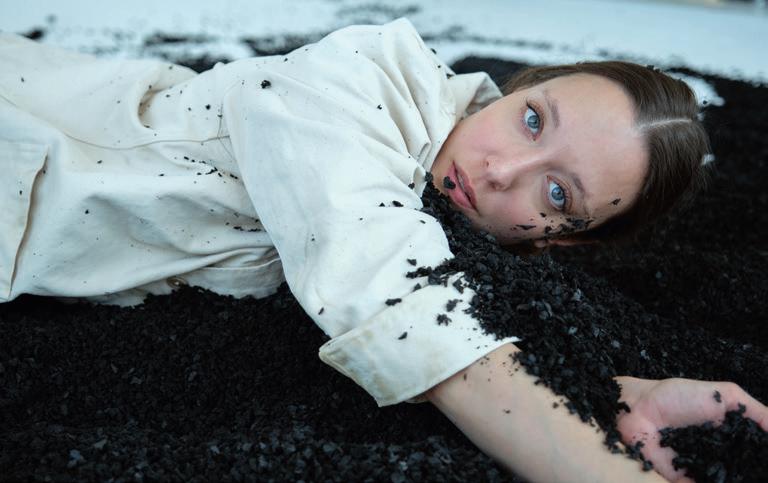






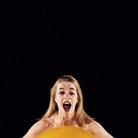

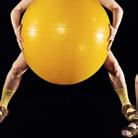












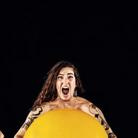




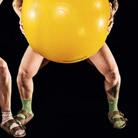





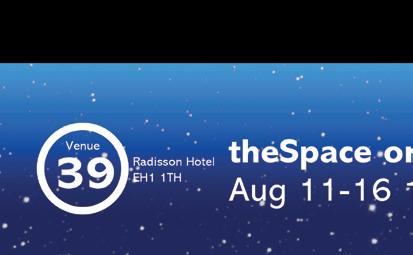



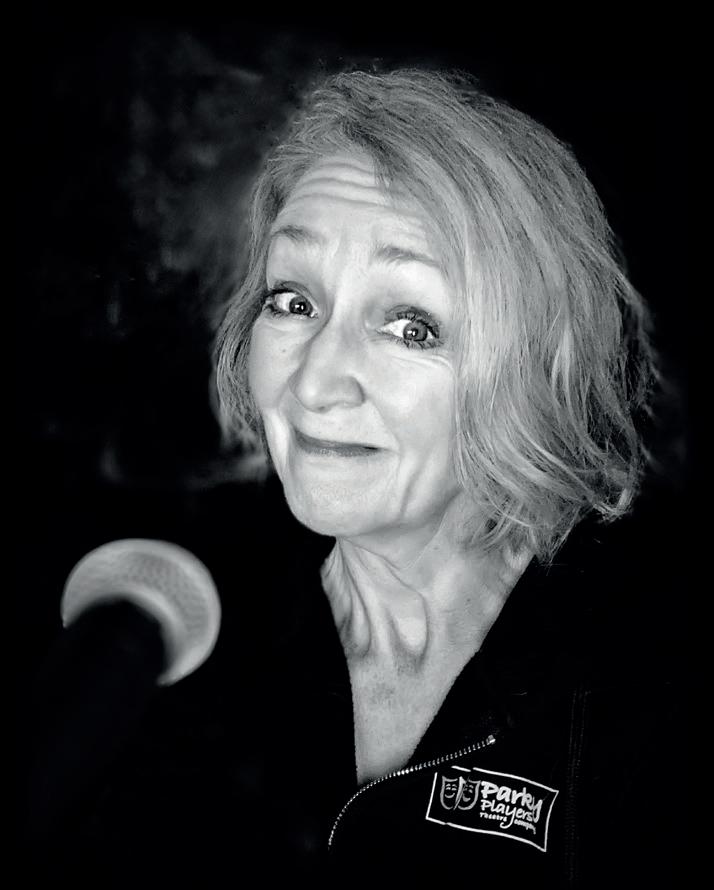
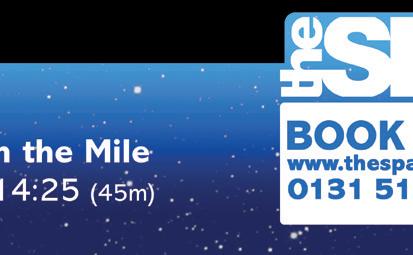





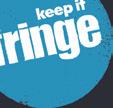
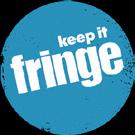









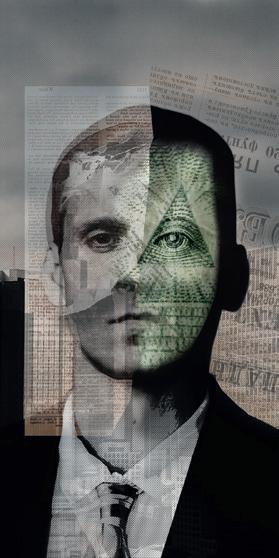
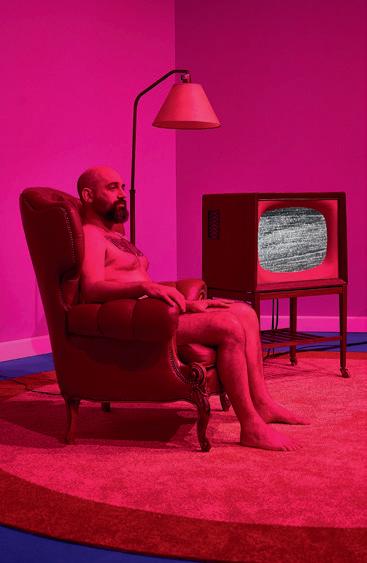
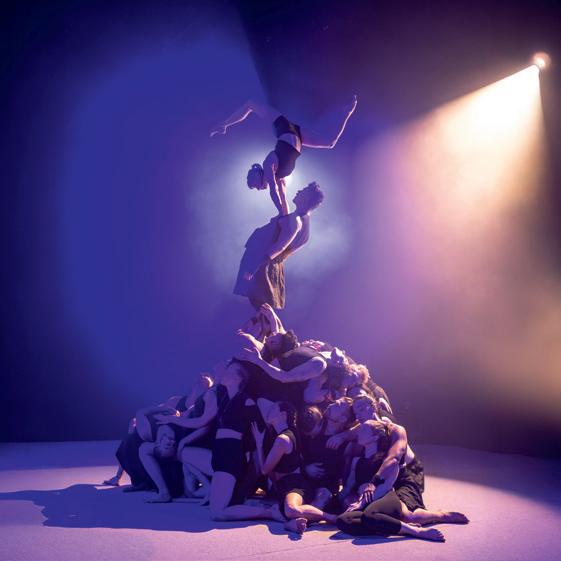





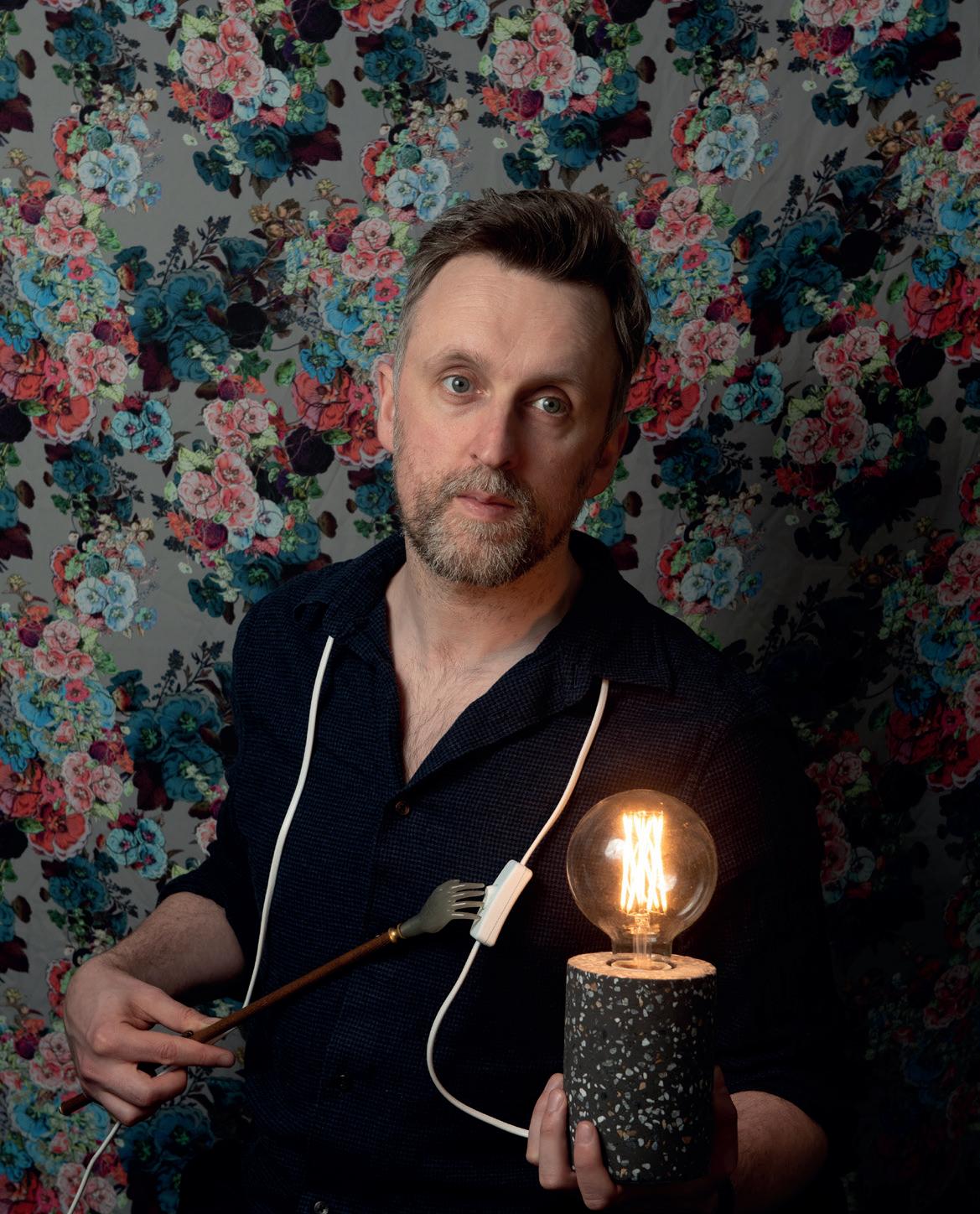
The lights come up to reveal the exciting news that Lena and Joey are planning to have a baby through their friend and sperm donor, Ollie. Boxes litter the stage, their contents revealing the joys of prospective parenthood, the strain it takes on relationships and every emotion it throws up as we navigate this rollercoaster ride exploring queer family-making.
A heartfelt yet heart-wrenching production, Baby In The Mirror explores themes of chosen family, friendship, and letting go of unresolved trauma and the past, hinting at a leap of faith into the future. Second Adolescence’s debut play offers a raw yet compassionate story. At its core, it explores the worry of not having kids while simultaneously being terrified of what happens when you do become a parent. When is the right time to start a family? Does such a time even exist? This is a show that’s unflinching in its approach and courageous in its delivery. (Lisa Simonis)
n Summerhall, until 25 August, 3.15pm.
The continued relevance of George Orwell’s great political novel doesn’t go unnoticed by theatre group Box Tale Soup, who warn audiences to switch off their ‘surveillance devices’ before it all begins, prompting nervous laughter from the crowd. Their faithful adaptation of 1984 (the tale of Winston, a middle-class grunt quietly rebelling in an authoritarian state) doesn’t feel the need to alter its plot beats for the simple reason that its themes are evergreen (although this does mean that Julia, the book’s least developed character, remains a cipher for Orwell’s sexual longings far more than she is a person in her own right).
The fingerprint which Box Tale Soup place on the text comes in the form of puppetry, adding a clear symbolic resonance with people reduced to objects controlled by the state. A continual interplay between puppets and actors to convey the dialectical shift between slavery and freedom, though simplistic, provides a visual flair and dynamism that isn’t necessarily present in the novel (which, particularly in its third act, mainly consists of O’Brien reciting lengthy monologues in grey rooms). Many adaptations stumble over Orwell’s essayist tendencies, but this strong cast implicitly understands how to maintain the claustrophobic tension of Winston’s unknowing march towards Room 101. (Kevin Fullerton)
n Pleasance Courtyard, until 25 August, 11.25am.
As a potential descendent of James Watt, a new-ish father and a climate scientist specialising in future models of environmental disaster, Dr Matt Winning has more reason than most to brood about the looming apocalypse (he’s even been courted by the fossil fuel industry with massive financial incentives to greenwash their businesses). Except he doesn’t. We’re all in it together and equally fucked unless sanity prevails, and corporations and financial markets can be persuaded to shift to cleaner energy sources, prioritising the future over short-term gain.
There’s some room for optimism in that it’s been tried (unsuccessfully) before. And Winning does suggest some mitigating yet damning logic for persevering with gas and oil. But in his lecture-theatre venue, the stand-up has temporarily put his modelling career on the backburner (as he previously did his banking past) to deliver a one-man theatrical piece that spans generations.
Jumping back and forth through history with an intensity that would dizzy Marty McFly, Winning establishes the personal and wider stakes with impressive conciseness and a consistent strain of grim humour. Parental tensions and legacy underpin everything. Serving ironic, non-alcoholic faux-champagne to his audience (established French vineyards having become victims of changing weather patterns), the take-home message is a little hazy. Should I ditch my car or call my dad? Regardless, Winning has been steadily refining his dual vocation as an artist and science communicator, and it’s to be hoped he can finesse it further before the lights go out. (Jay Richardson)
n Assembly George Square Studios, until 24 August, 4.35pm.
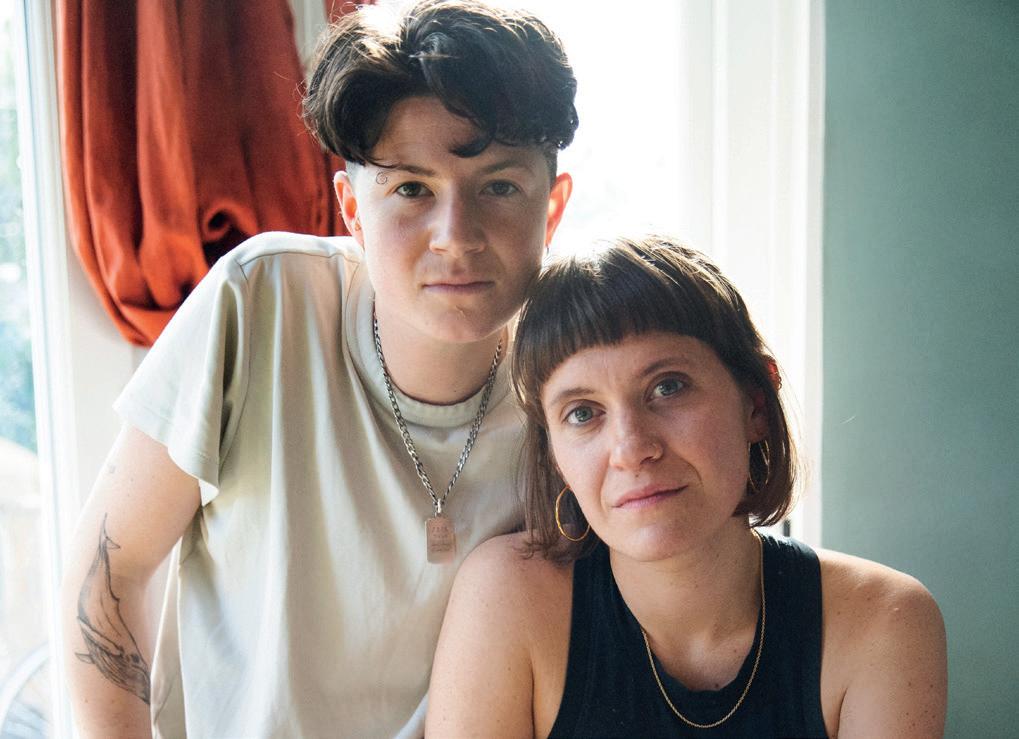
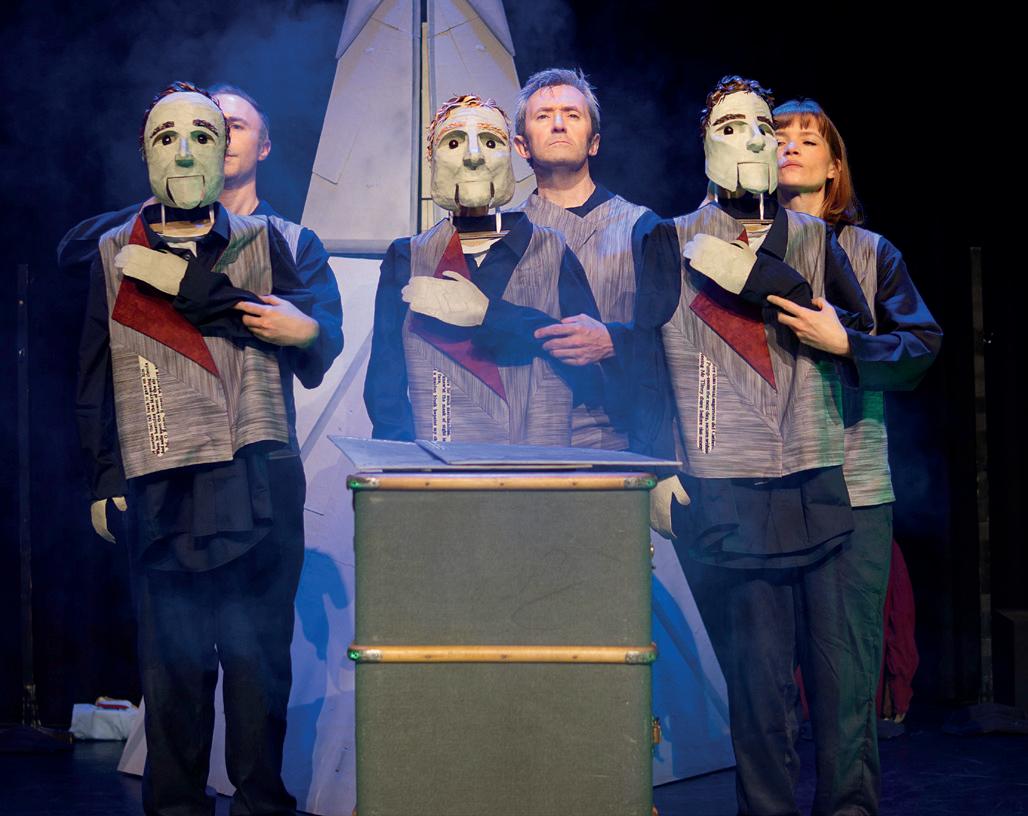
Named after Leonardo da Vinci’s painting ‘Virgin Of The Rocks’ (also known as ‘Madonna Of The Rocks’), this one-woman show opens with Marie Hamilton cradling a baby. Dressed in Virgin Mary robes and wearing a crown of sparkly stars, forks and baby spoons, she’s a striking image of motherhood as icon. But the illusion quickly shatters when her babysitter calls, and it’s soon clear that Hamilton is literally on the rocks.
She plays a new mum juggling declining mental health, a fraught relationship with her own mother and a burning desire to return to work. We don’t get much of a sense of her past career to fully feel what she’s missing, but her creative frustration comes across as she takes us through the process of writing the very musical we’re watching.
Whether mothers really can have it all, and at what cost, is a well-worn theme in theatre. But here it feels personal and fresh, with a nod to the generations before who sidelined their own artistic ambitions to raise families. While some songs are more memorable than others, Hamilton’s raw yet funny performance should prove, once and for all, that people really should care about ‘mum shows’. (Lauren McKay) n Assembly Roxy, until 24 August, 11.55am.
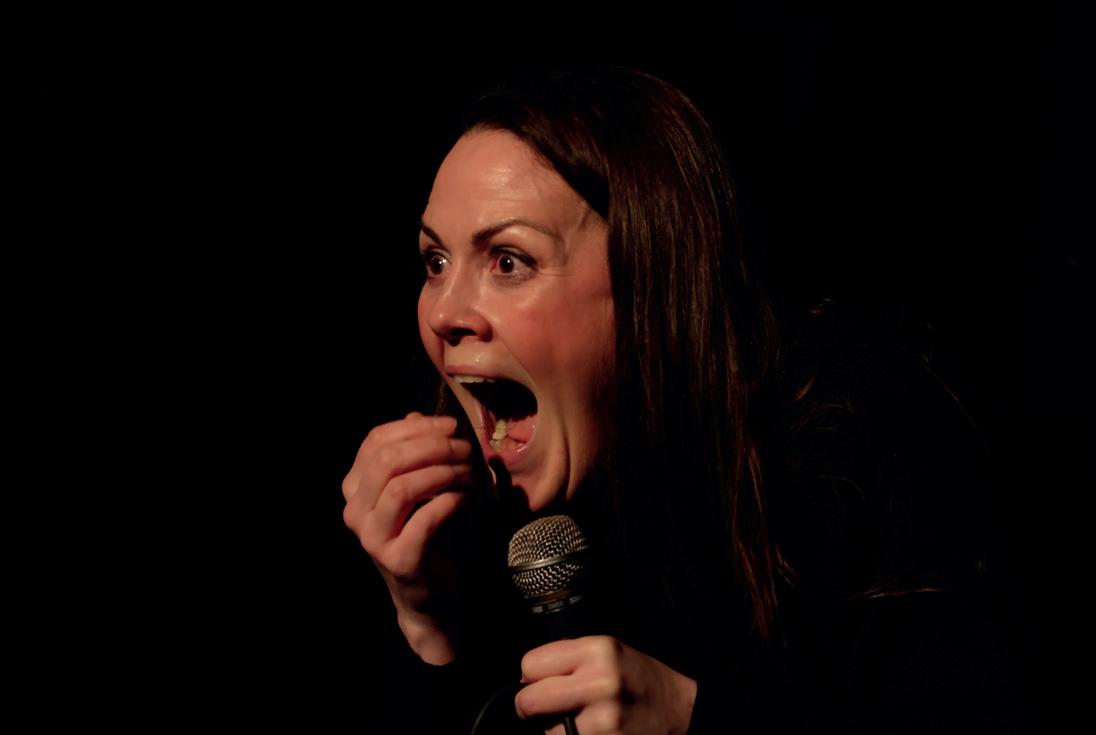
There are many reasons why people undertake the famous Camino de Santiago pilgrimage across northern Spain, but Susan Edsall’s was tragic. Her partner died suddenly: one day they were kissing goodbye over FaceTime, the next morning he was gone. Her first instinct was towards alcoholism and self-destruction, as she charts in this one-woman show which takes the form of small vignettes with Edsall shifting between roles. Everything changed when she was out buying bottles of gin in a supermarket and heard a distinct voice in her head telling her to walk the Camino. This prompted a journey of self-discovery, healing and enlightenment, followed by the calling that she had to share her work as performance.
Edsall has chosen an interesting and quirky format for the show, which sits somewhere between a medieval mystery play and the kind of self-help spiritual narratives that are popular in publishing right now. She takes on the role of Spirit Of The Camino as well as personifications of Love, Beauty and Grace. These latter interact with and give advice to the Edsall of the story, alongside a whimsical suicide-ideation fairy called Morticia who continually tries to lure Edsall towards the abyss.
It works, but only just. Edsall never addresses us directly as herself, and the decision to act each scene rather than narrate it sometimes feels like the old creative writing adage of ‘show don’t tell’ pushed too far. But despite its flaws, this is a soulful piece that will doubtless resonate with many. (Lucy Ribchester)
n Gilded Balloon Appleton Tower, until 24 August, 2.20pm.
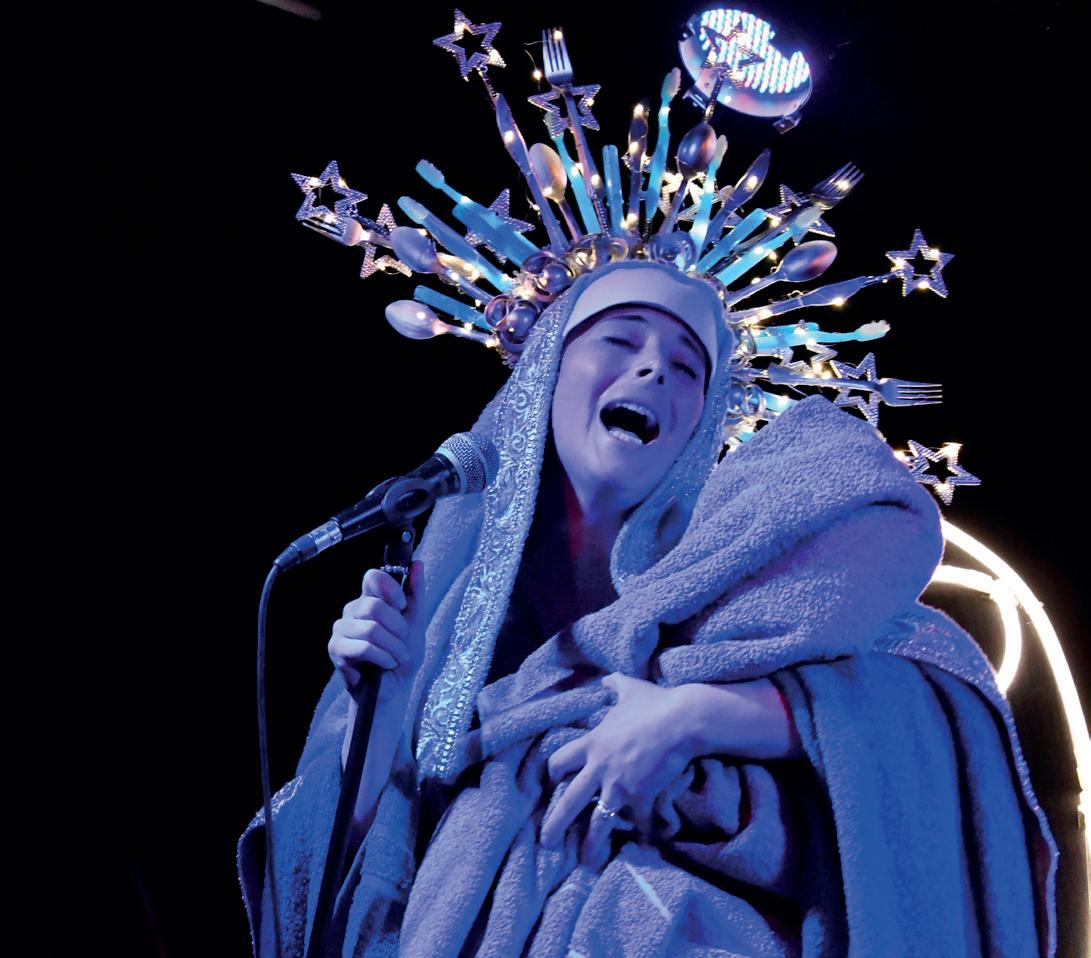
Like any actress, Maria Teresa Creasey would like to be immortal, always in the hearts of those watching her on stage and screen. Given that her profession is a vampiric one, the protagonists of which suck on the fleeting moments of fame before the paying public move on to another scream queen, this is probably a big ask.
As it is, Creasey opens her show lying on the floor bound and gagged and forced to muffle her way to asking someone in the front row to release her. Once freed, Creasey hits the ground running in an increasingly mercurial mash-up of edgy stand-up, midlife crisis and lip-synching to dialogue from assorted scary movies. Developed as part of Soho Theatre Labs, Creasey’s interpretations are beamed live onto a screen prior to a blood-and-guts song-and-dance routine that suggests she might yet live forever. (Neil Cooper) n Pleasance Courtyard, until 23 August, 11.10pm.
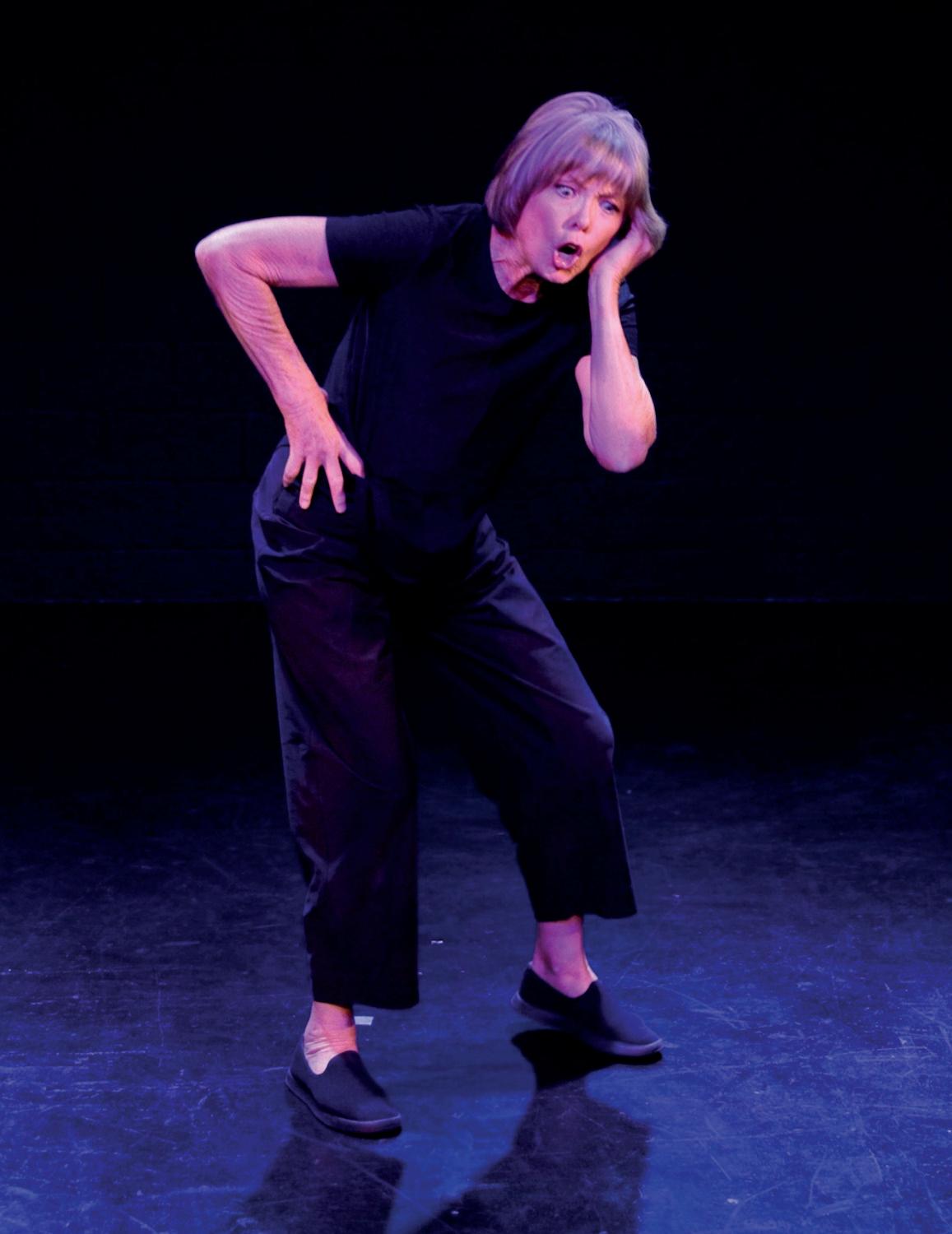
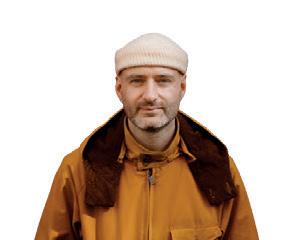



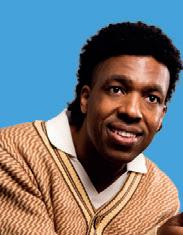


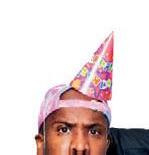














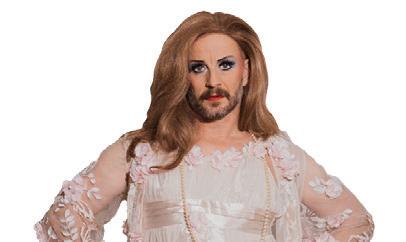
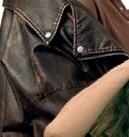

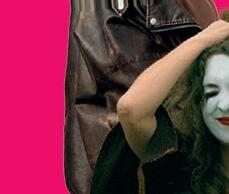






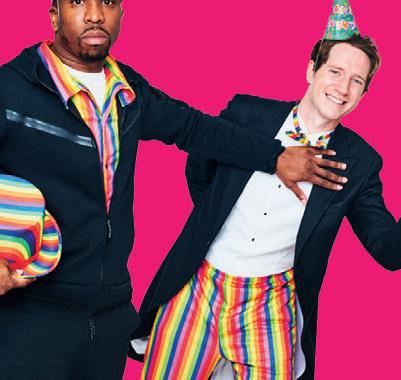

















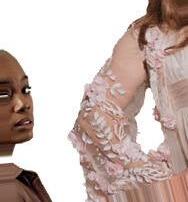

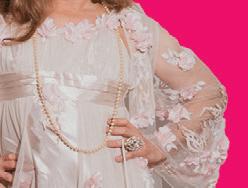


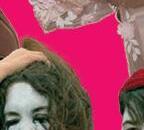


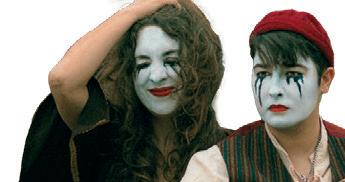










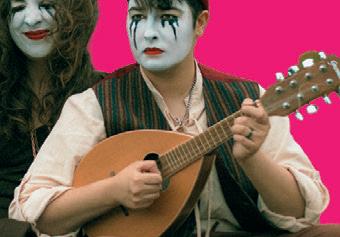







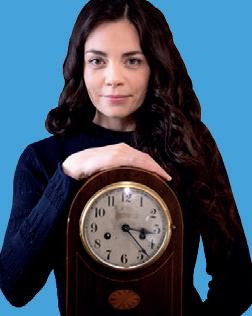

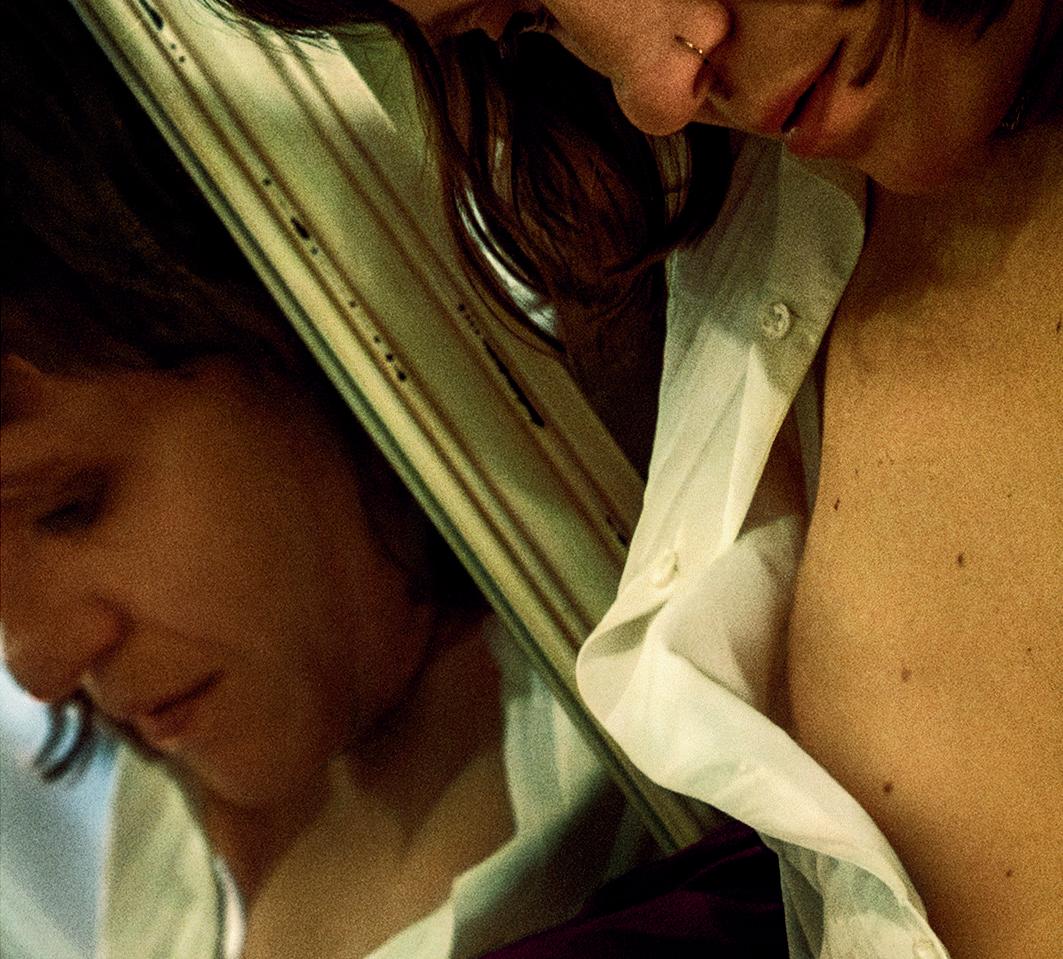
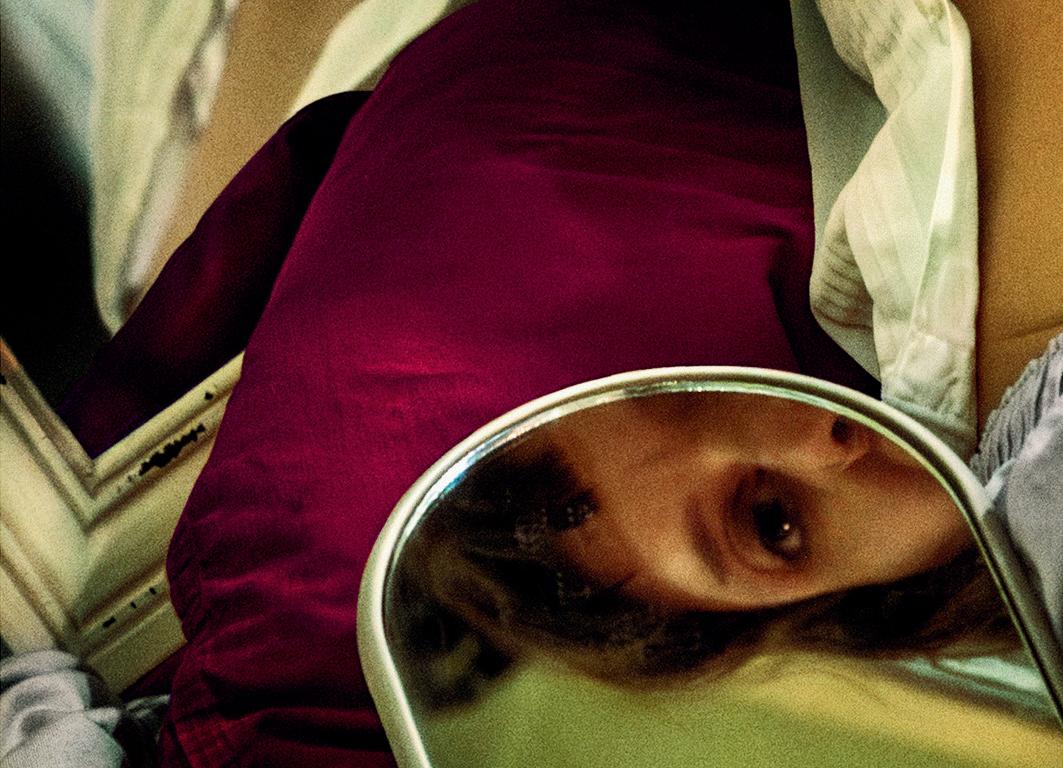




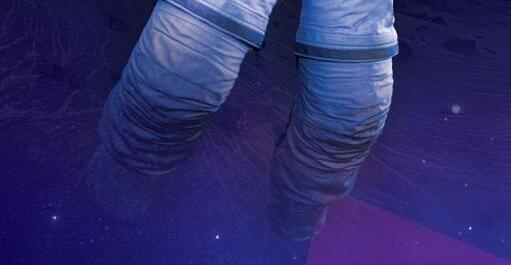
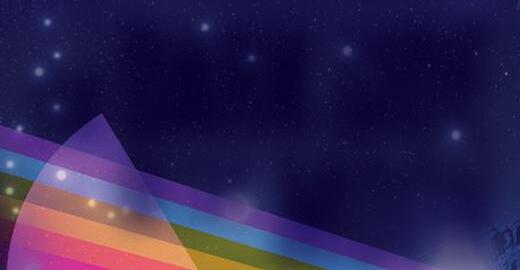







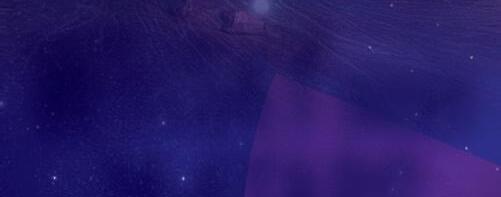
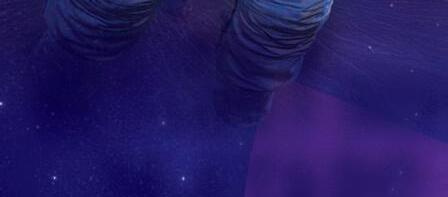





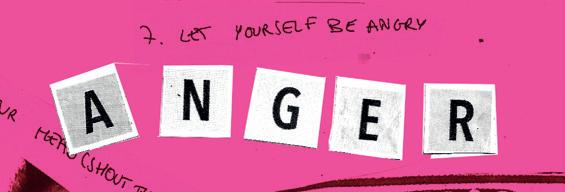
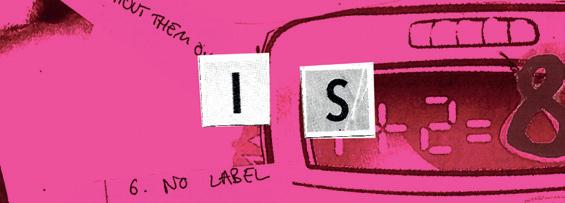



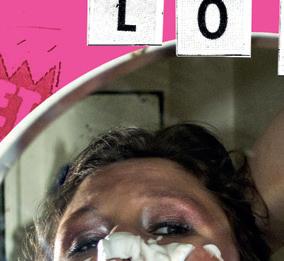
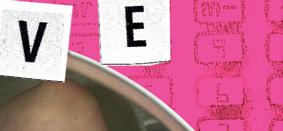
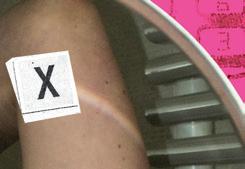

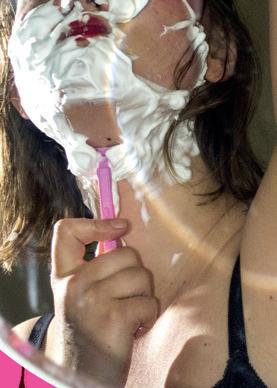
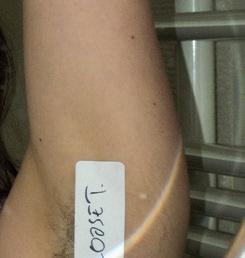


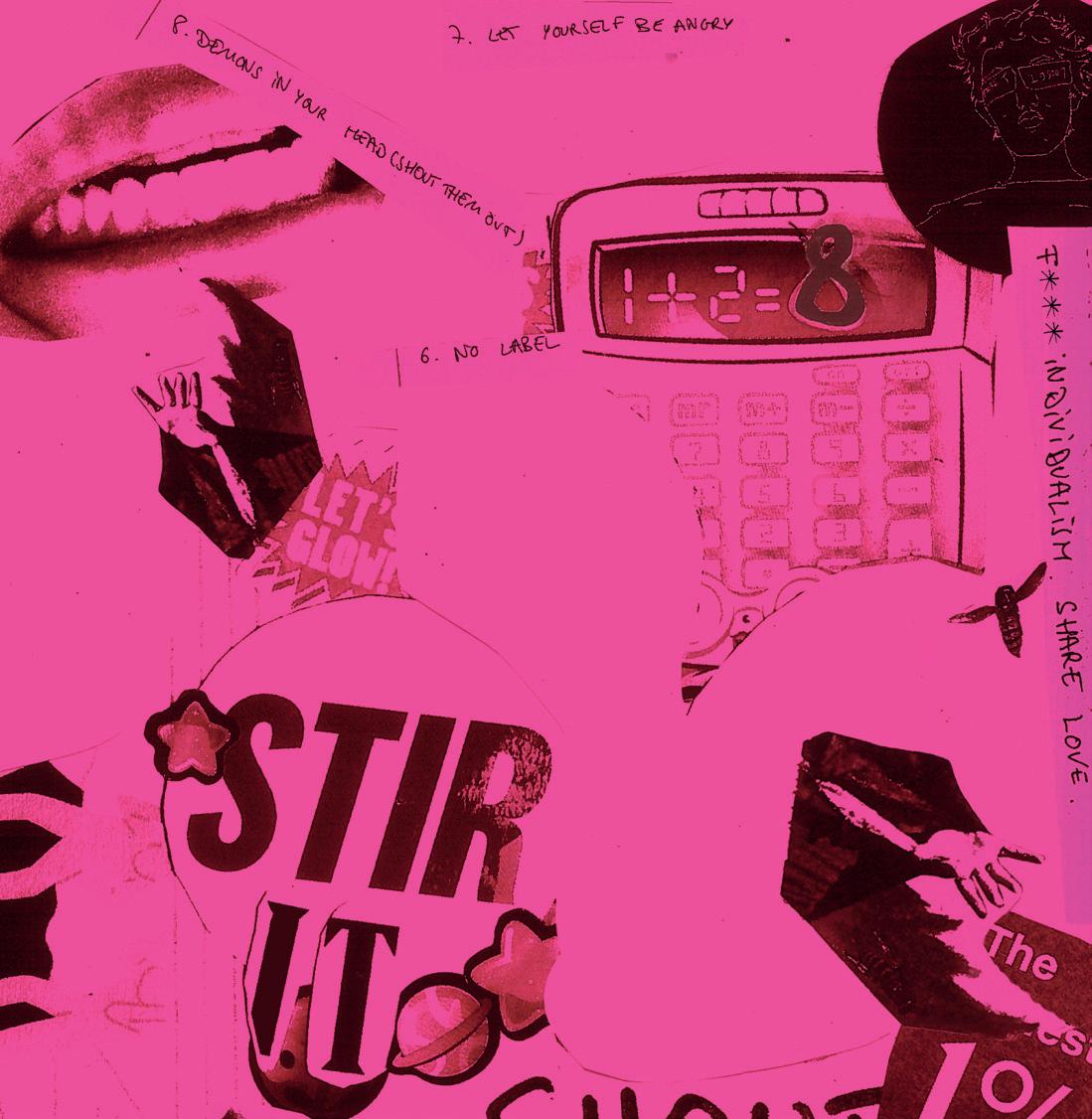
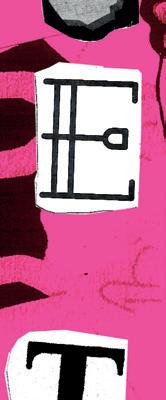
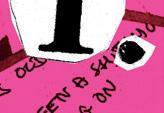
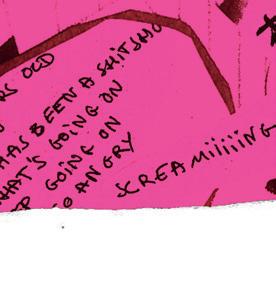
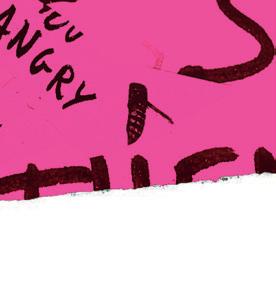

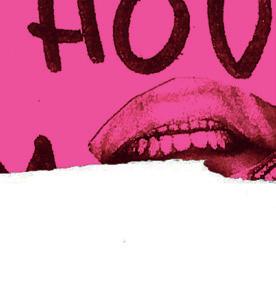



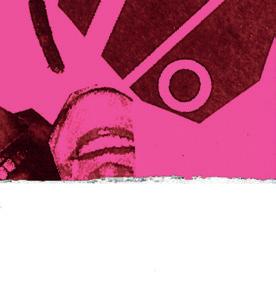



For an artist who relishes clown’s playfulness (even the red nose makes a triumphant appearance), Betty Grumble engages with complex ideas and dangerous emotions. Variously celebrating the work of earlier artists, most trenchantly Annie Sprinkle’s eco-sexuality, she revives the ghost of her own previous incarnations and explores the emotional impact of being a witness in the justice system. Grumble’s generosity to the audience and her co-creators places Enemies Of Grooviness Eat Shit between raw performance art, exorcism and anarchic physical comedy. Grumble fights oppression with laughter and intensity.
Past routines are recycled (vagina painting, aerobics, extravagant and symbolic application of make-up) while she integrates new elements of songs, poems and magical ritual to push her vaudeville aesthetic towards a cathartic intensity. There is an undercurrent of righteous anger, and a coherent critique of the patriarchal systems that oppress, but her collaging of styles discovers surprising ways to ground frustration and convert negativity into a healthy and sex-positive performance.
As in Sex Clown, Grumble inhabits a vibrant sexuality, placing erotic tropes at the service of a feminist liberation, and she takes the provocation of live art (masturbating onstage and appearing to eat shit) and leavens it with good humour and outrageous comedy. The show’s structure lurches from orgasmic bliss to distressed polemic, slowly emerging from grief and outrage into an immediate and joyful celebration of the body. Unashamed and vulnerable, Betty Grumble finds the connection between New Age spirituality and an absurdist salute to theatrical mayhem. (Gareth K Vile) n Assembly Roxy, until 24 August, 9.15pm.
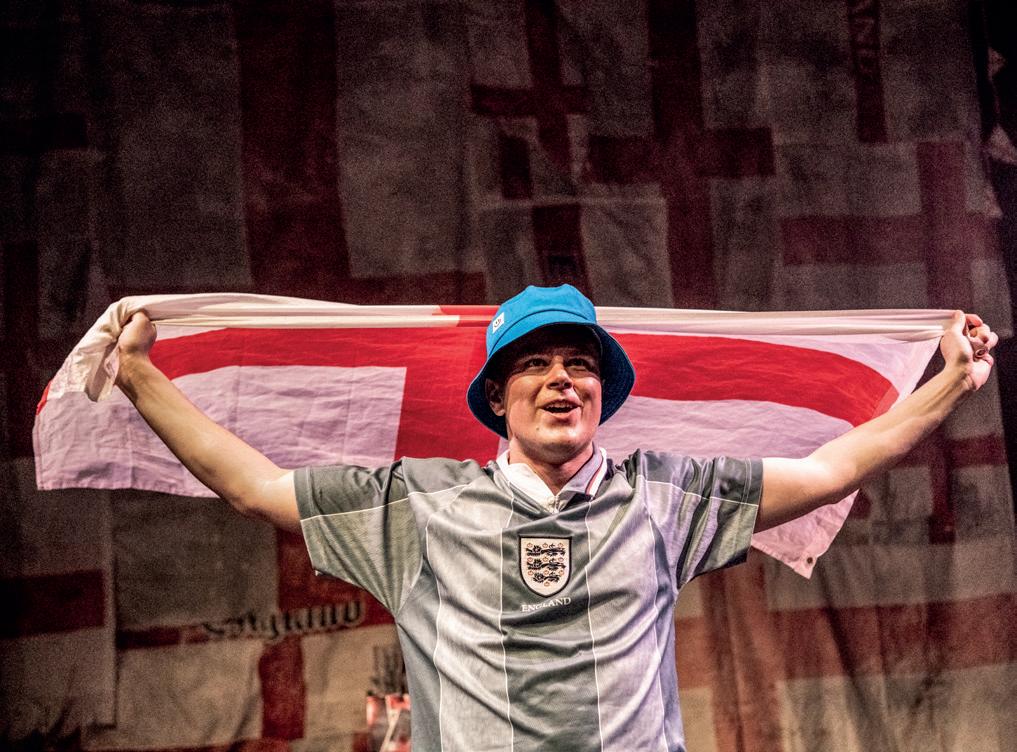
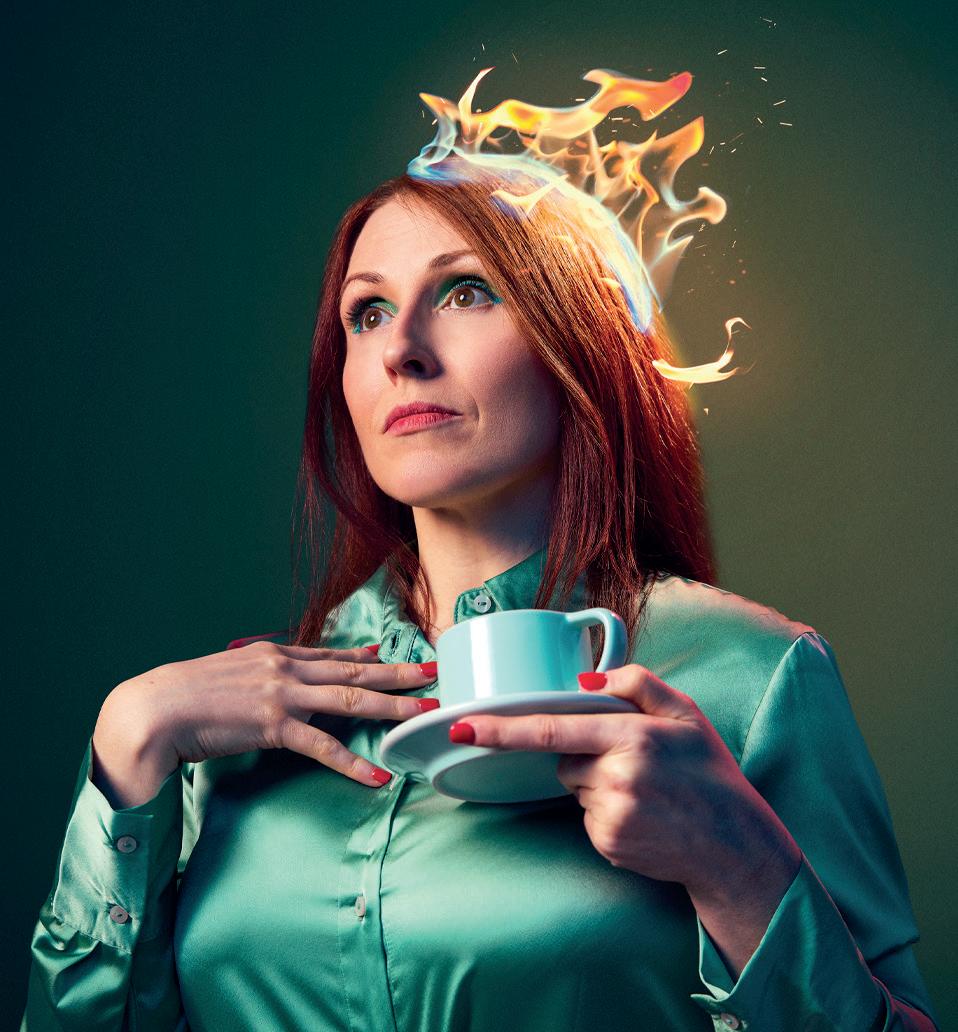
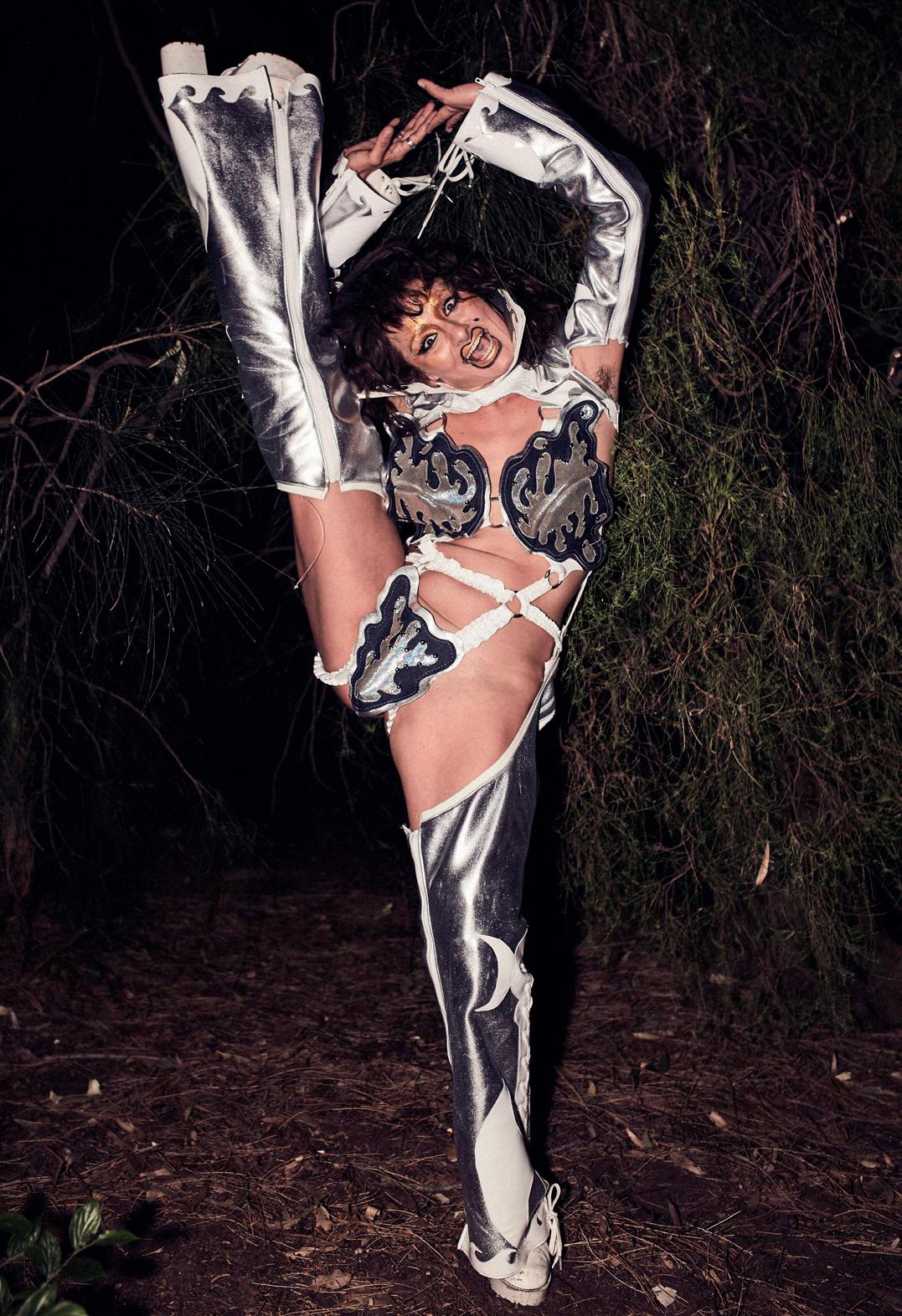
What started as one viral moment in 2021 has turned into an Edinburgh Fringe sensation. A simple ‘orite?’ begins proceedings and what follows is a downright dazzling performance from writer-performer Alex Hill, full of charisma, wit and emotion. The titular statement is explored and resolved surprisingly quickly, but it’s what happens next that really intrigues. As Hill commands the stage as Billy Kinley, discussing everything from pub nicknames to an incident with a signed football, he delves into the mentality of male friendship and tribalism.
The character onstage, inspired by the image of a man described as a ‘yob’ by tabloids, is developed with care and humility. Alongside the humour are moments of intensity and brutality, leading to an emotional finale. Kinley states that ‘football defined my happiness’. Let’s hope that ‘The Bum Flare Play’ is one of many successes that define Alex Hill. (James Macfarlane)
n Underbelly Bristo Square, until 25 August, 2.15pm.
Troubled is a varied and candid portrait of living with depression and borderline personality disorder, told through vignettes of the characters in protagonist Alice’s life; and those in her head. In the space of an hour, we encounter a teenage girl who doesn't realise the danger of her situation, take a truthful look at addiction and watch a love story with an unexpectedly happy ending.
Playing Alice in this one-woman show, Suzy Crothers creates a safe space for the audience both physically and mentally from the outset, dispersing tea and biscuits accompanied by well-crafted jokes that offer a magical sense of wonder. She flawlessly switches between multiple characters, times and viewpoints throughout, at a pace that is comfortably engaging.
Slowly, the cheery comedy is contrasted by the traumatic effect of The Troubles in Northern Ireland on those who lived through them. It becomes a central theme of the piece as Alice realises the impact these events have had on her spiralling mental health. While more context on the historical events would be helpful, Troubled is still a warm hug of a show; a bit daft yet very endearing. It might even change your life a little. (Rachel Morrell) n Summerhall, until 25 August, 11.45am.

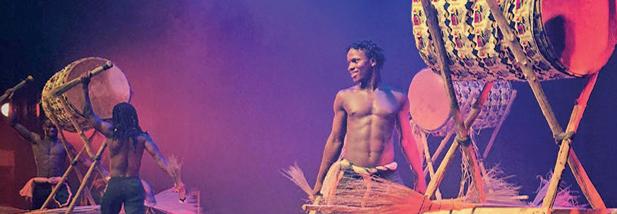
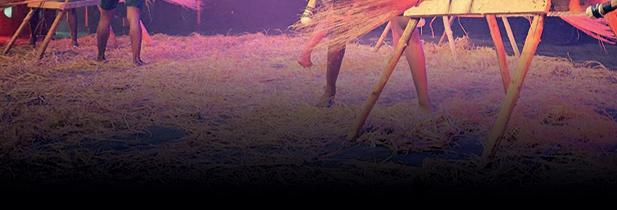
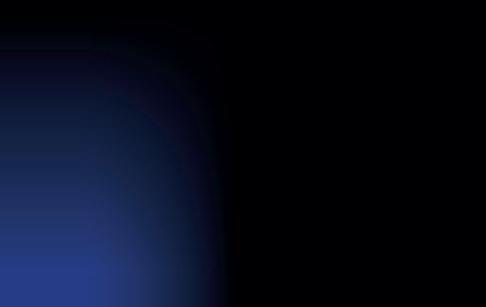
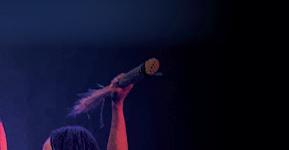
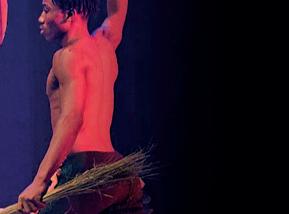
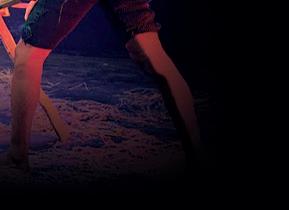





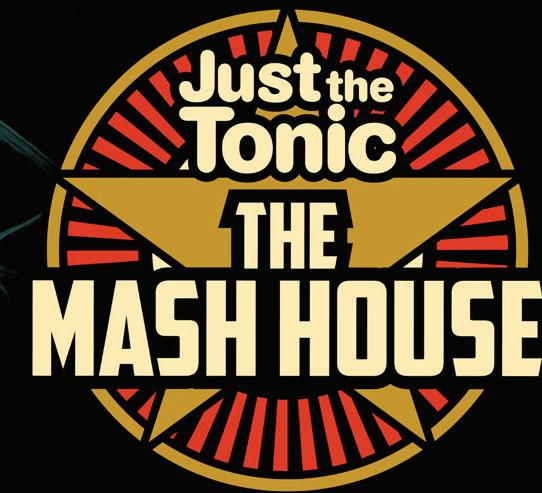


Iconic Belgian theatre group Ontroerend Goed bring us another highly interactive production with audience and performers switching roles in order to highlight that no show goes on without a crowd.
n Zoo Southside, 12–24 August, 1.45pm.
A long-buried secret comes to light in this Edinburgh Theatre Arts’ production of Oscar Wilde’s 1893 drawing-room play, all set in the grand surroundings of Lady Hunstanton’s country estate.
n St Ninian’s Hall, until 15 August, 7.30pm; 16 August, 1pm, 6pm.

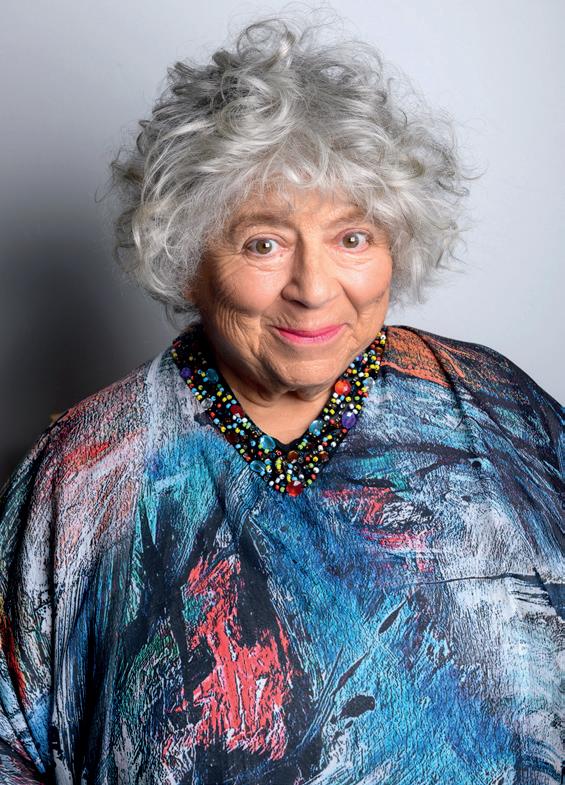
The beloved Miriam returns to Edinburgh with further musings on all things Dickensian as she brings us ‘More Best Bits’ for a dip into the life and work of Charles.
n Pleasance EICC, 9–24 August, 6pm.
When Lolo’s life falls apart, she chooses to confront both herself and her previous partners during which Lauren O’Brien plays 18 characters and conducts multiple costume changes.
n Space Surgeons’ Hall, until 16 August, 8.30pm.
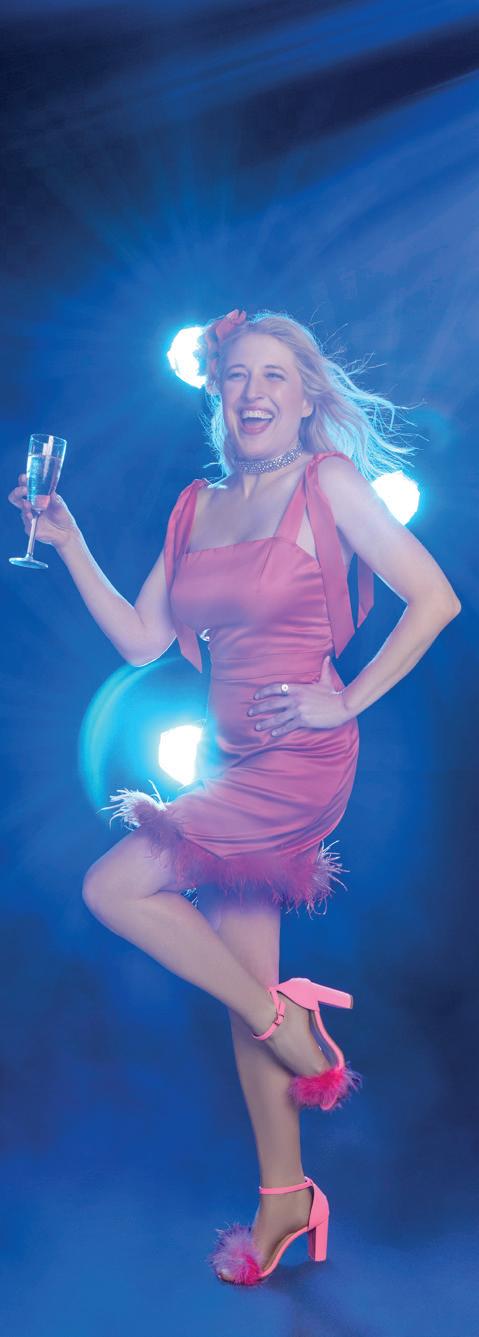
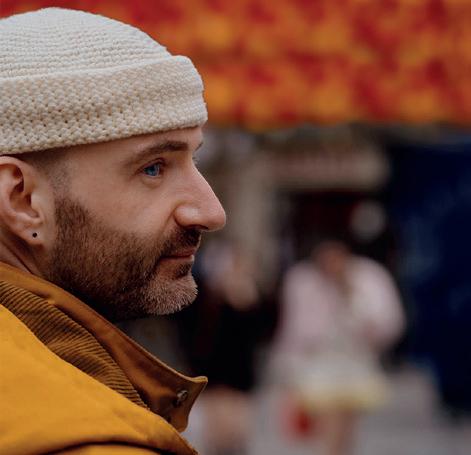
For one evening only, surreal comic Ben Target reprises his enchanting theatre hit from 2023, the true story of how he dropped all career ambitions to care for an irascible octogenarian.
n Shedinburgh, 12 August, 6pm.

How do you become a singer in a country where such an act is forbidden? This pop-filled tragicomedy looks at the oppression of women In Iran and delves further into gender identity. n Underbelly Cowgate, 12–24 August, 2.10pm.
Birth, life and death converge at the heart of this visually spectacular and wordless performance piece, as theatre collective FC Bergman explore our connection with the land we inhabit.
n Lyceum Theatre, 7–9 August, 8pm; 10 August, 3pm.
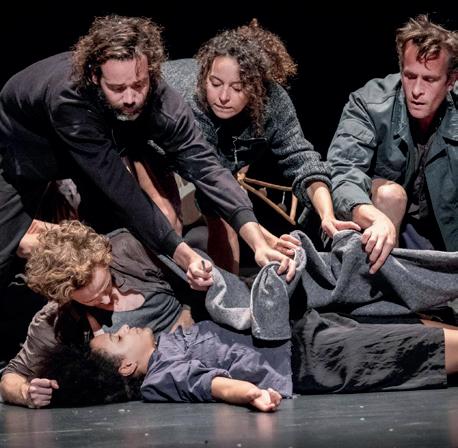
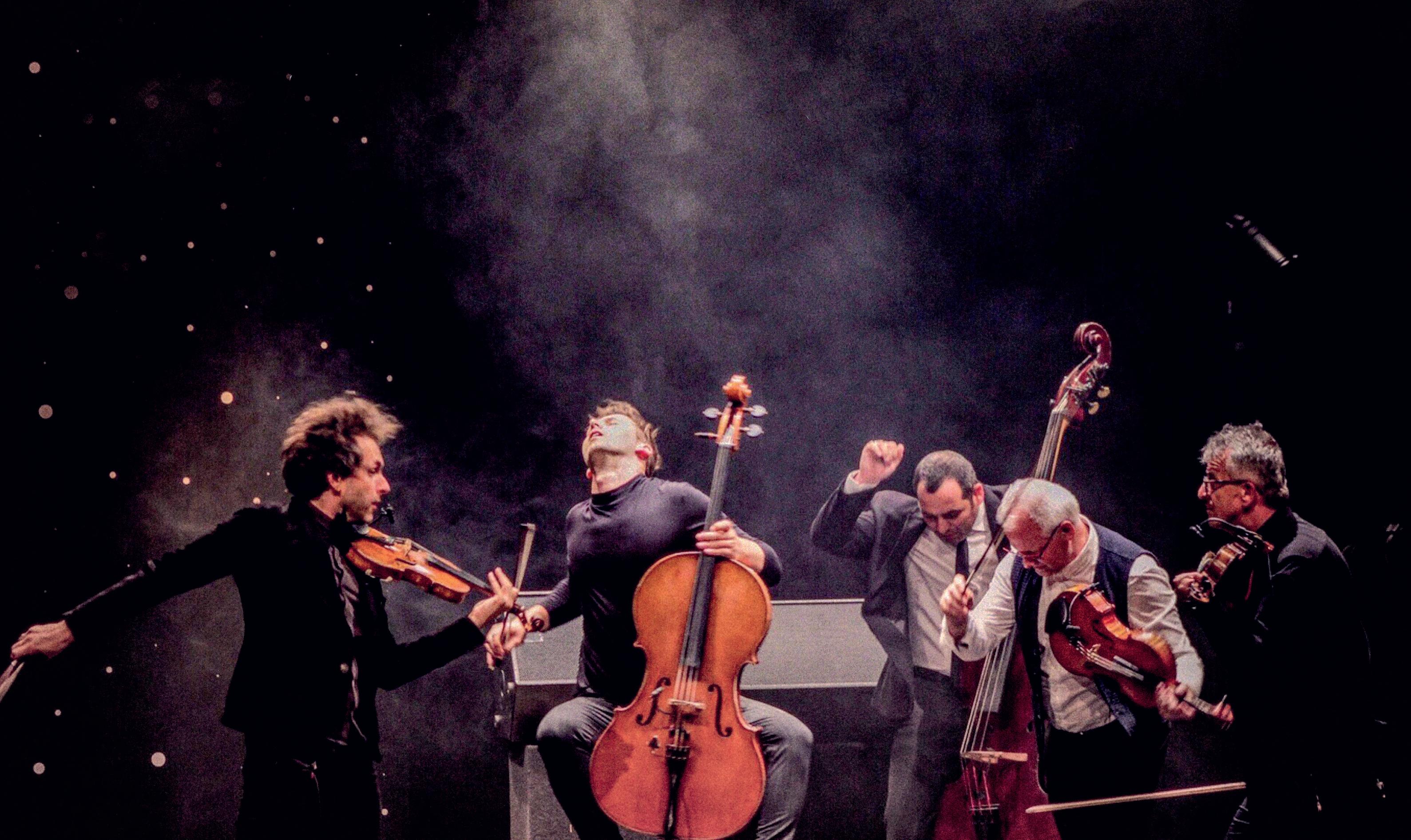

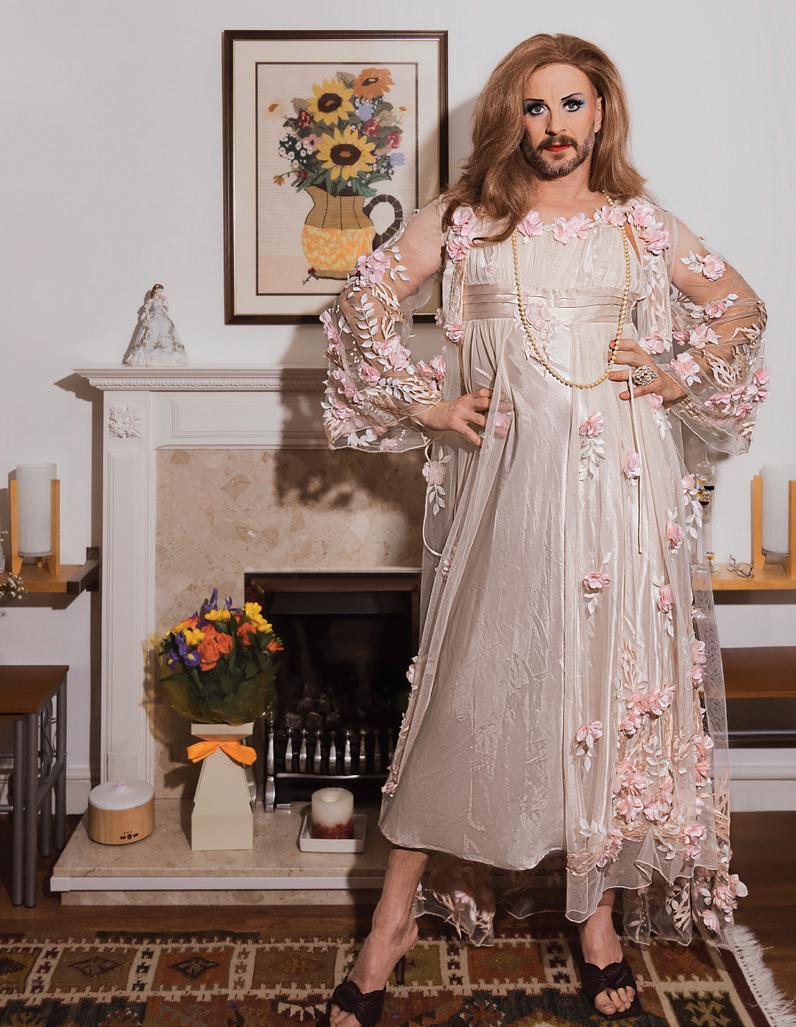
When violinist Krzysztof Lasoń was looking for a band to play at his wedding, he hired a bunch of guys under the umbrella of Wałasi. They must have impressed him as they kept in touch and formed what is now known as Vołosi (The Hub, 9 August), bringing a sound that is eclectic, but always linked to Polish folk traditions, to the International Festival.
She may have just celebrated her 80th birthday, but there’s no sign of Victoria Crowe slowing up with fans of the figurative painter having two very different exhibitions to enjoy. The Scottish Gallery (until 30 August) hosts a retrospective of work from the 60s onwards while Dovecot Studios (until 11 October) explores her textile collaborations (pictured).
Cabaret star Jonny Woo is in town with Suburbia (Summerhall, until 25 August). Dubbed as his most personal and honest show to date, he returns to his spoken word and performance art roots. Woo also reflects on his past and covers everything from Eurovision to AIDS, while comparing the different lives he led in London and New York. 1 2 3






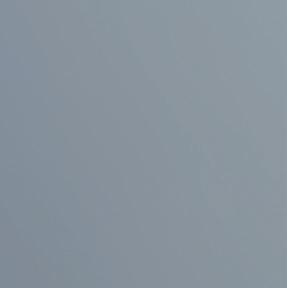



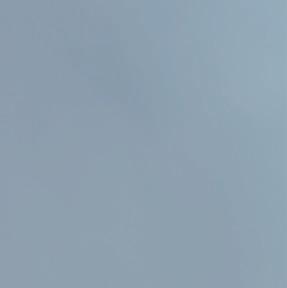




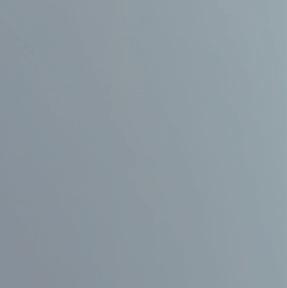


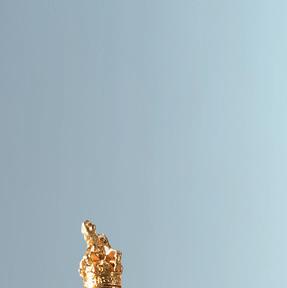
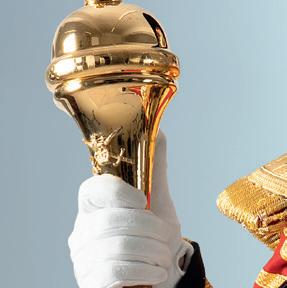
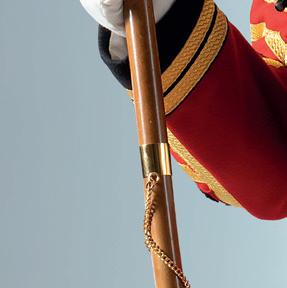
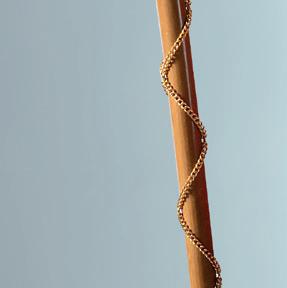
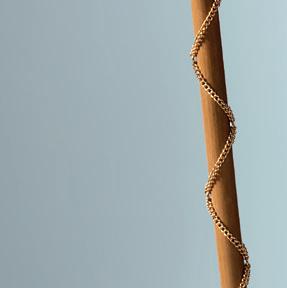
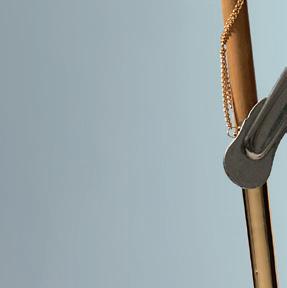
Join us in August as the Tattoo turns 75 and celebrates The Heroes Who Made Us, with a spectacular performance from pipers, drummers, dancers and musicians from around the world at Edinburgh Castle.



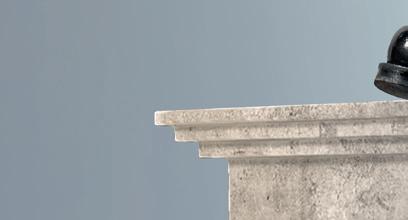

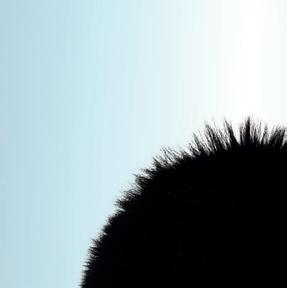
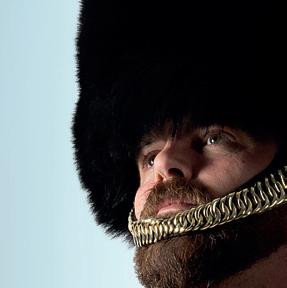
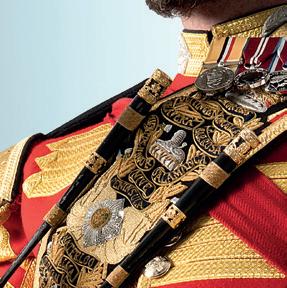
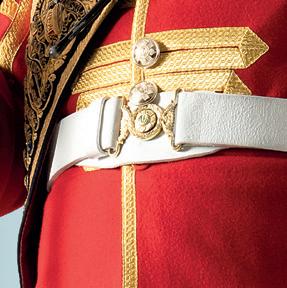
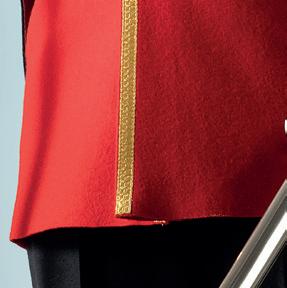
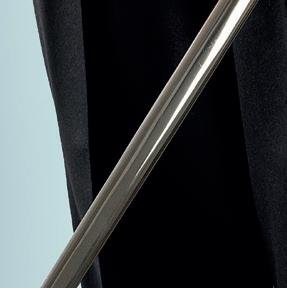
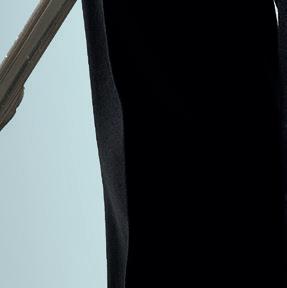
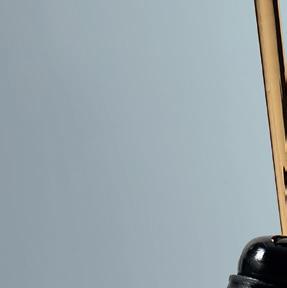

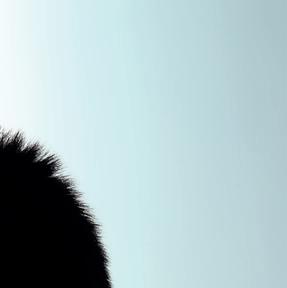
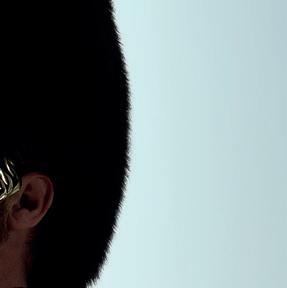
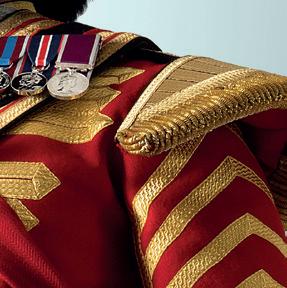
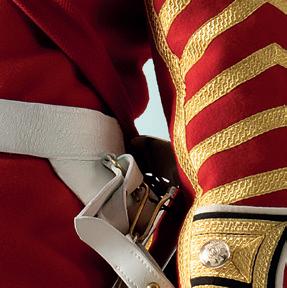
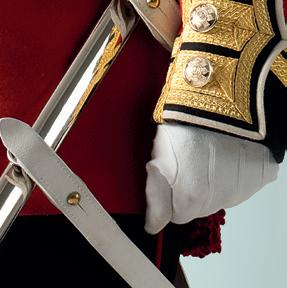
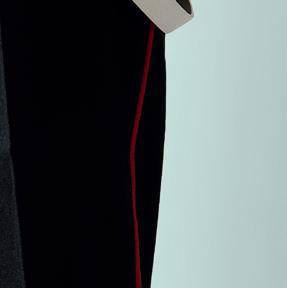
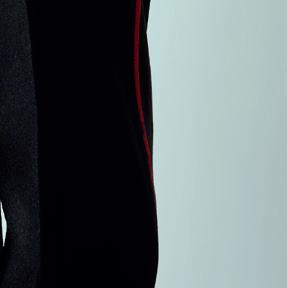
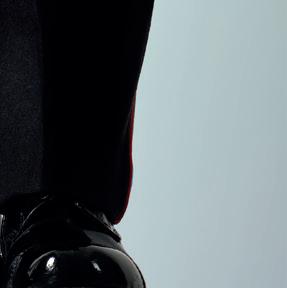
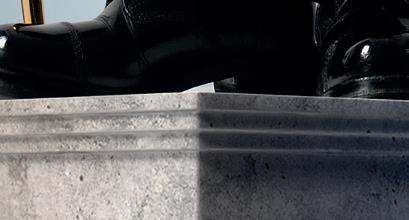
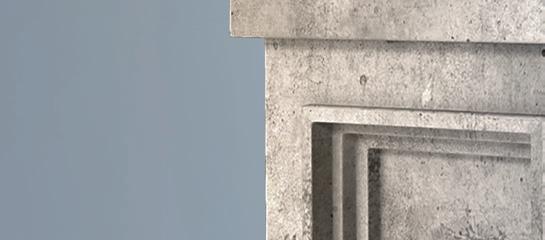


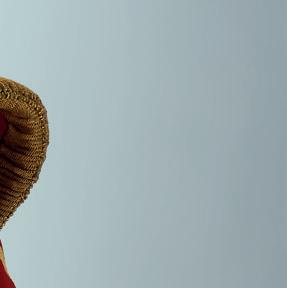
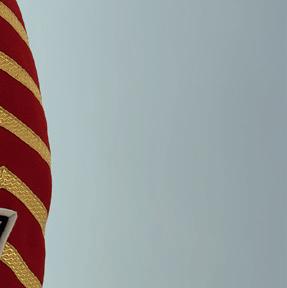
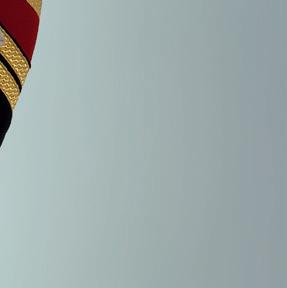



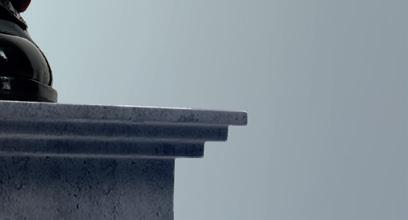
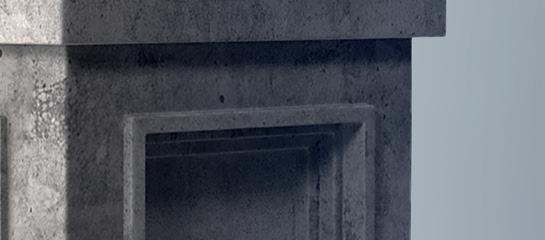

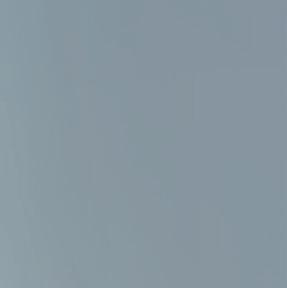















ON SALE NOW





